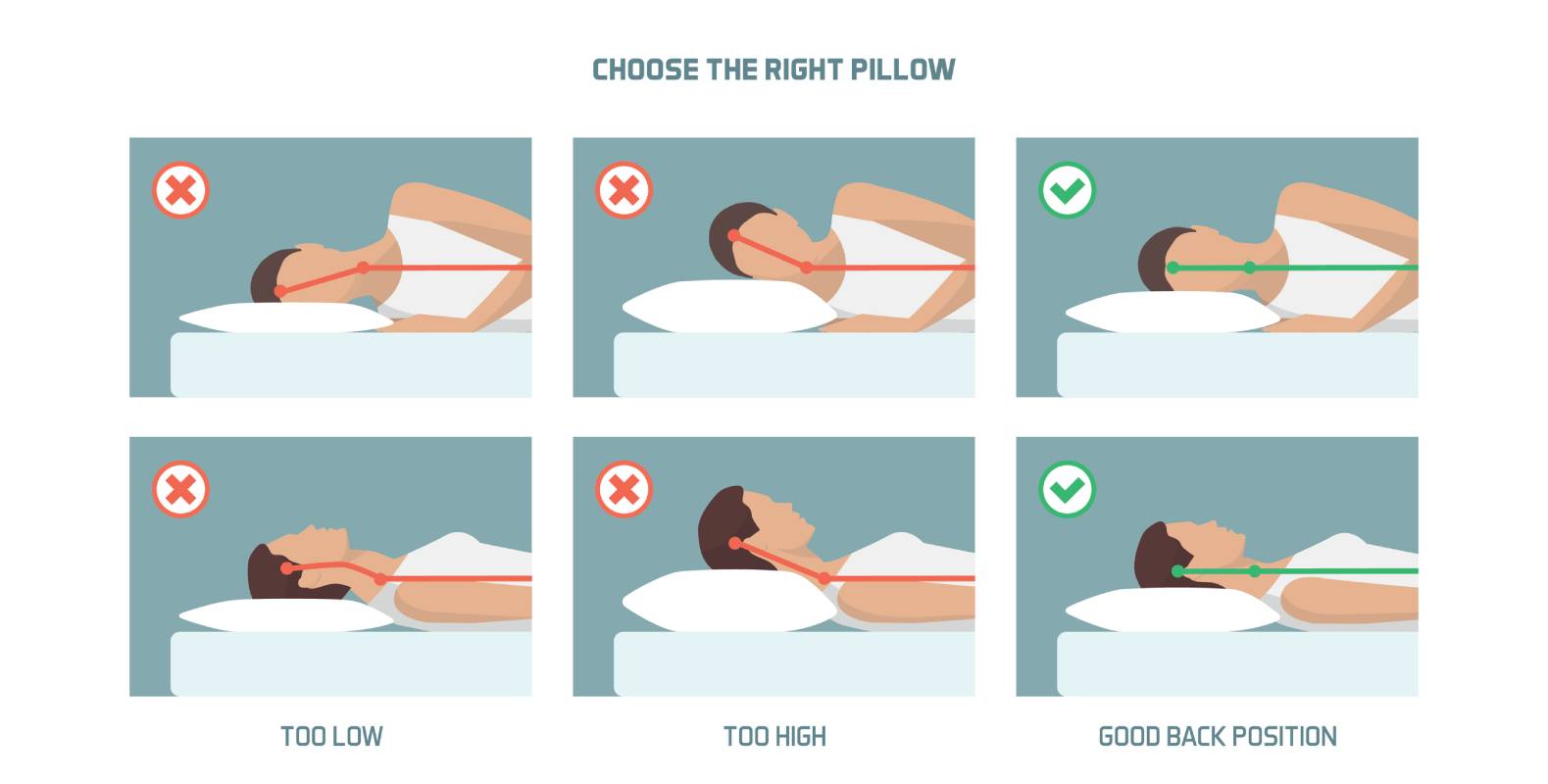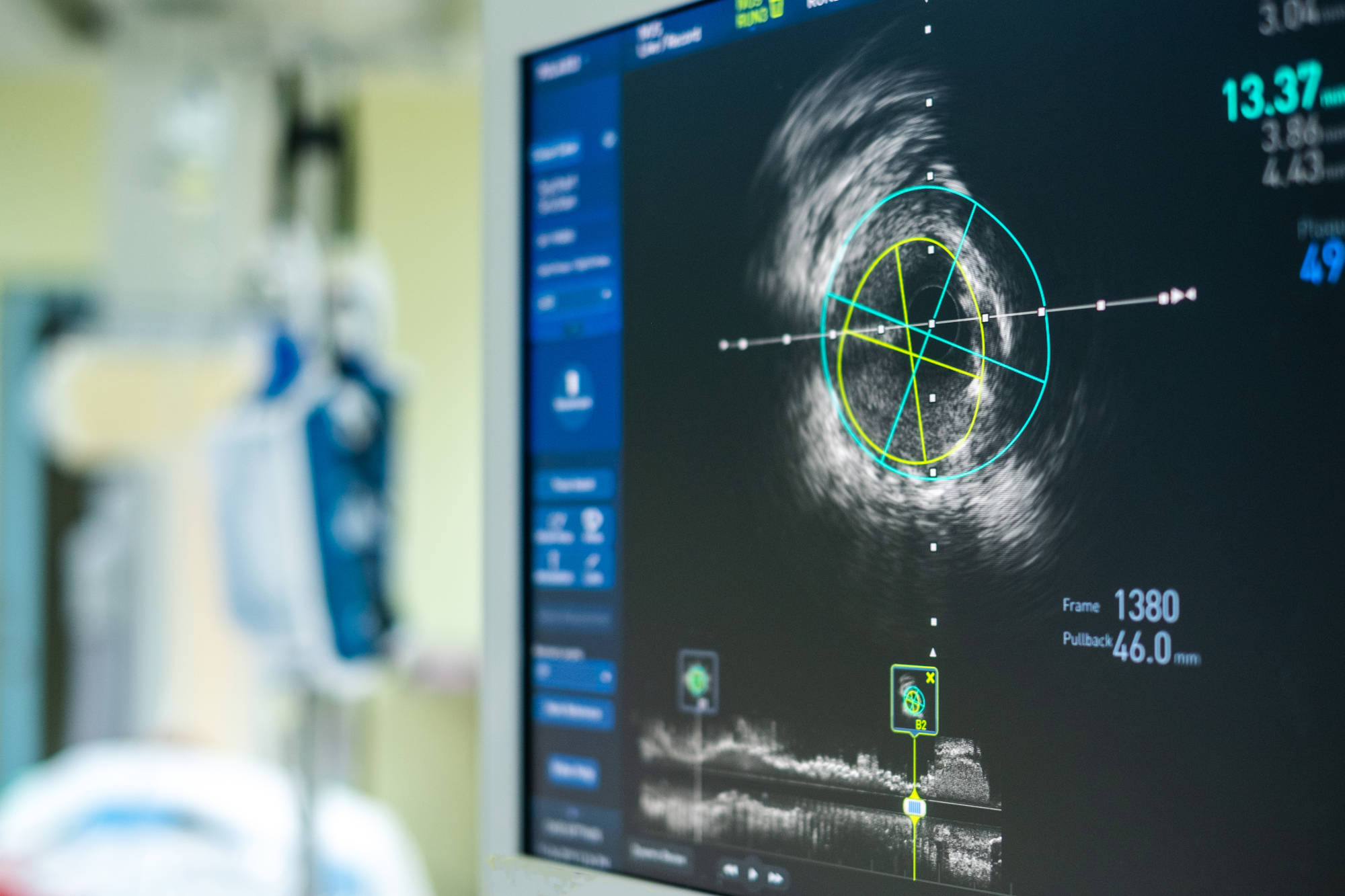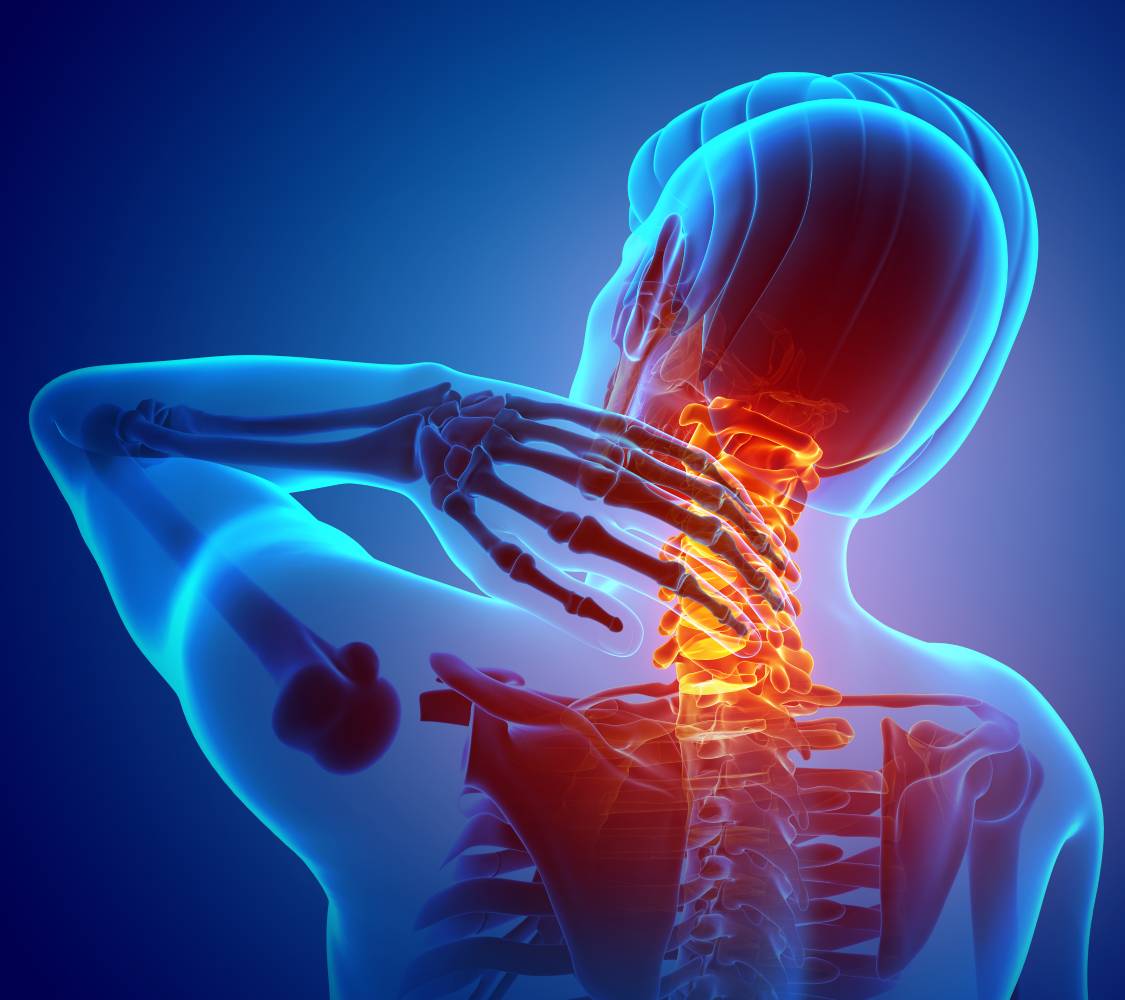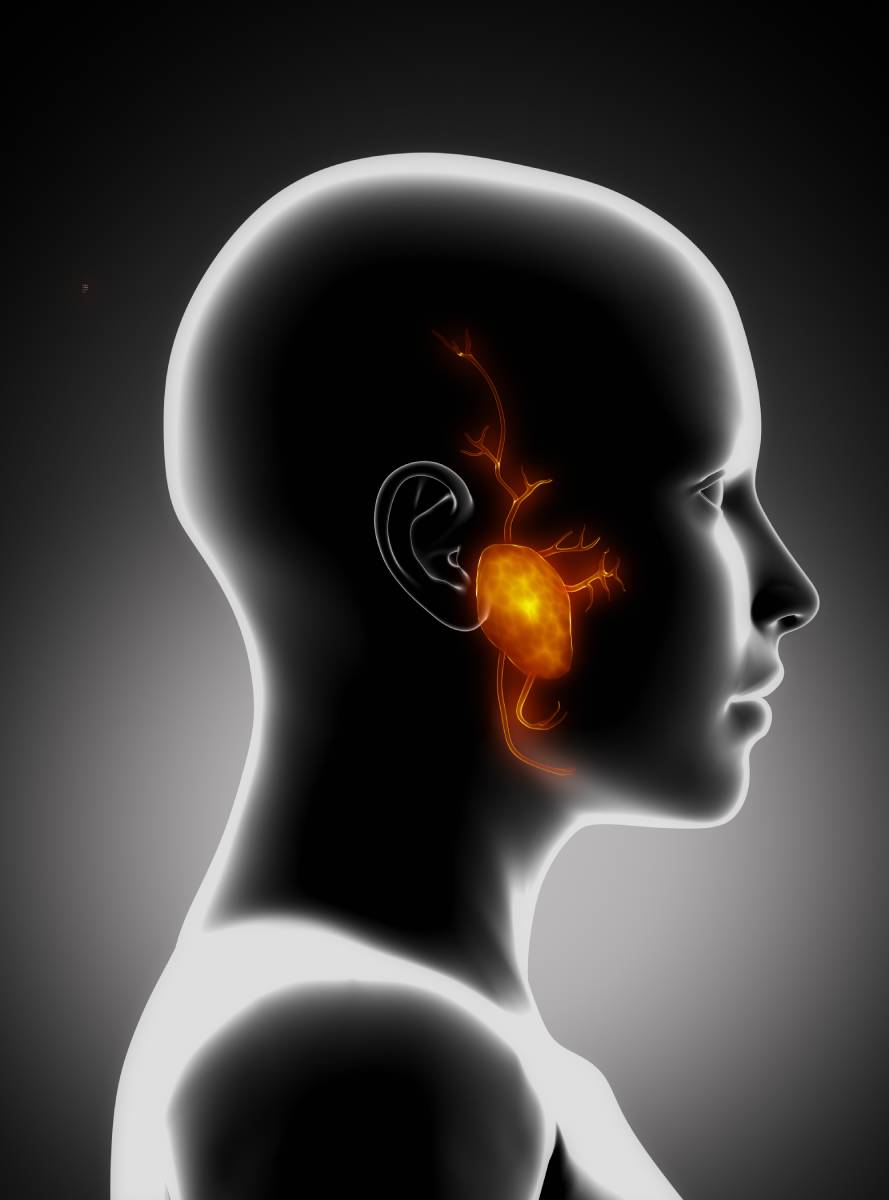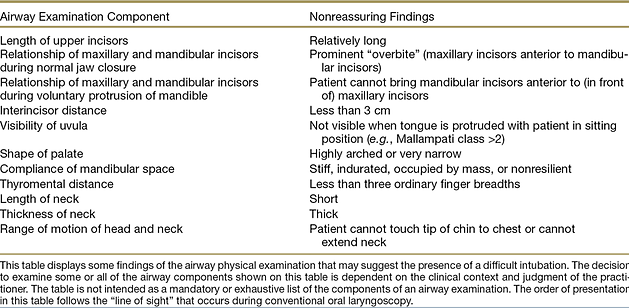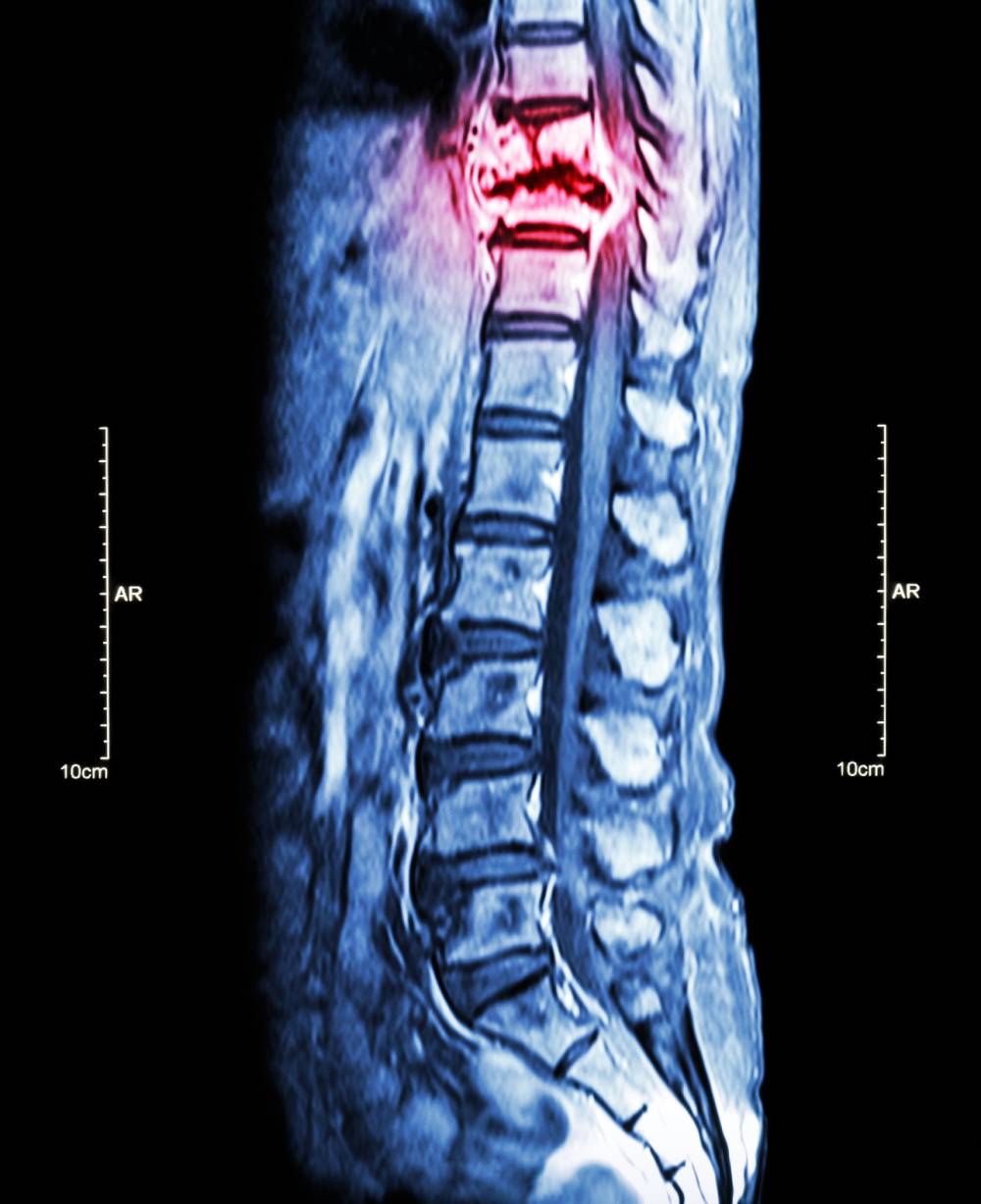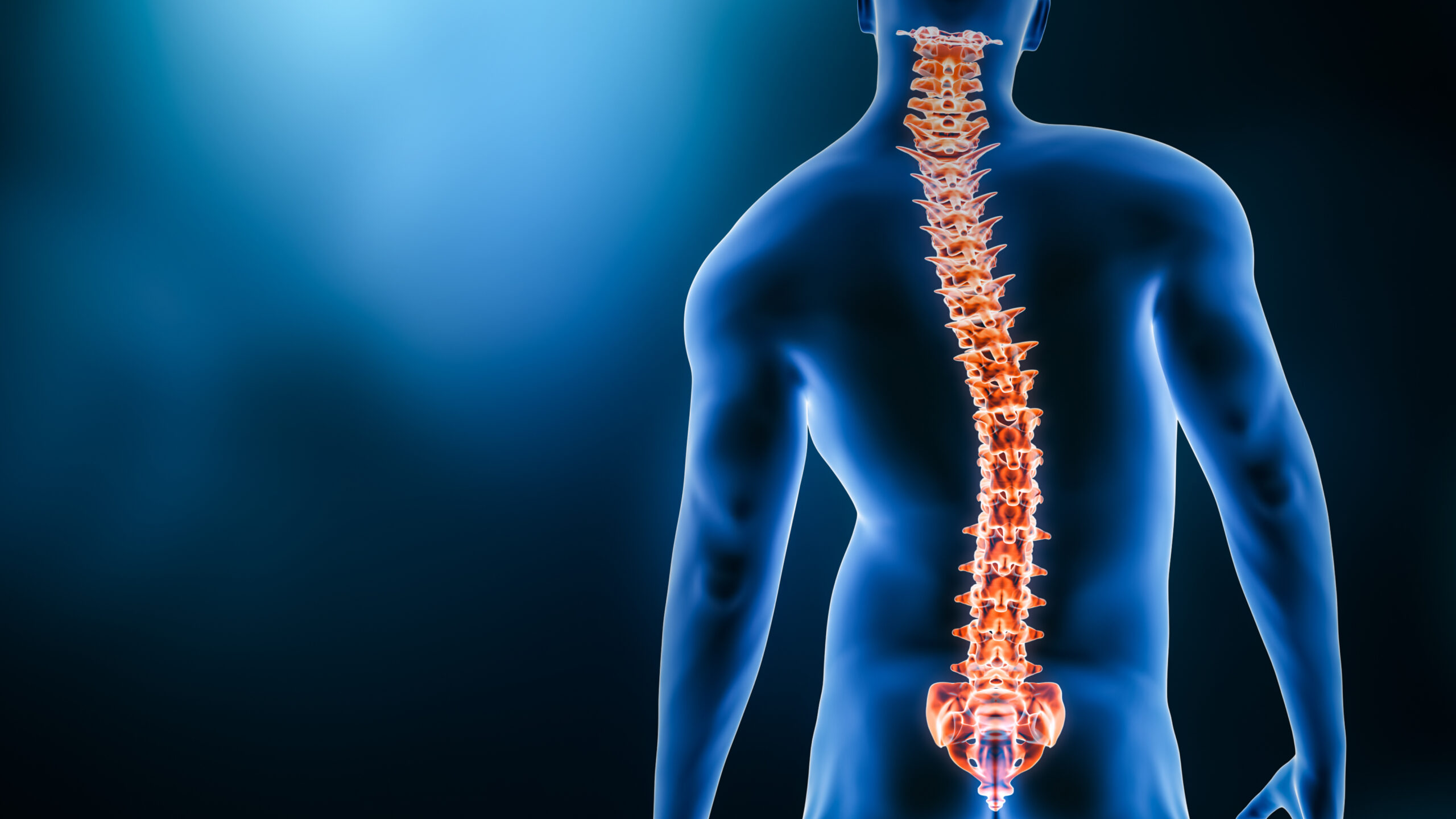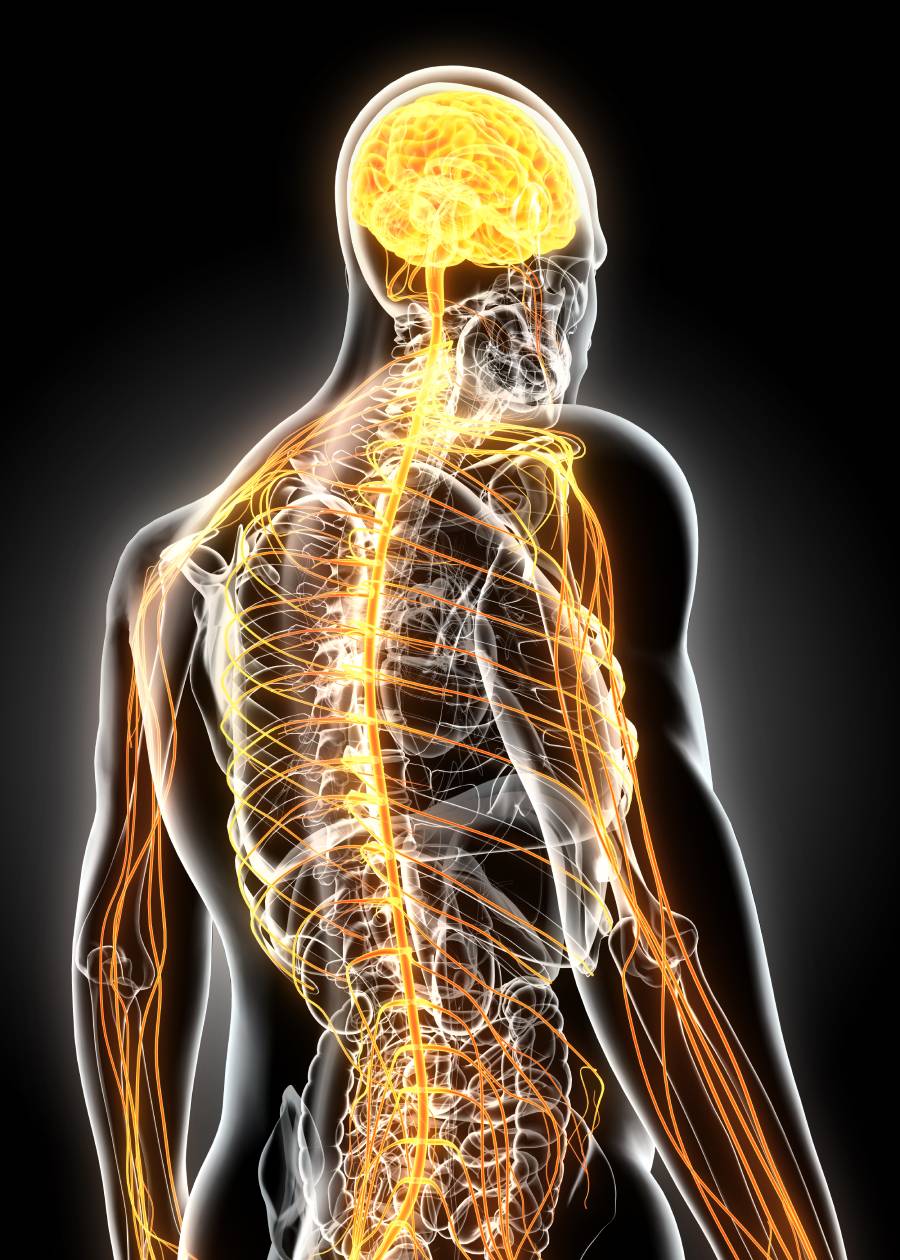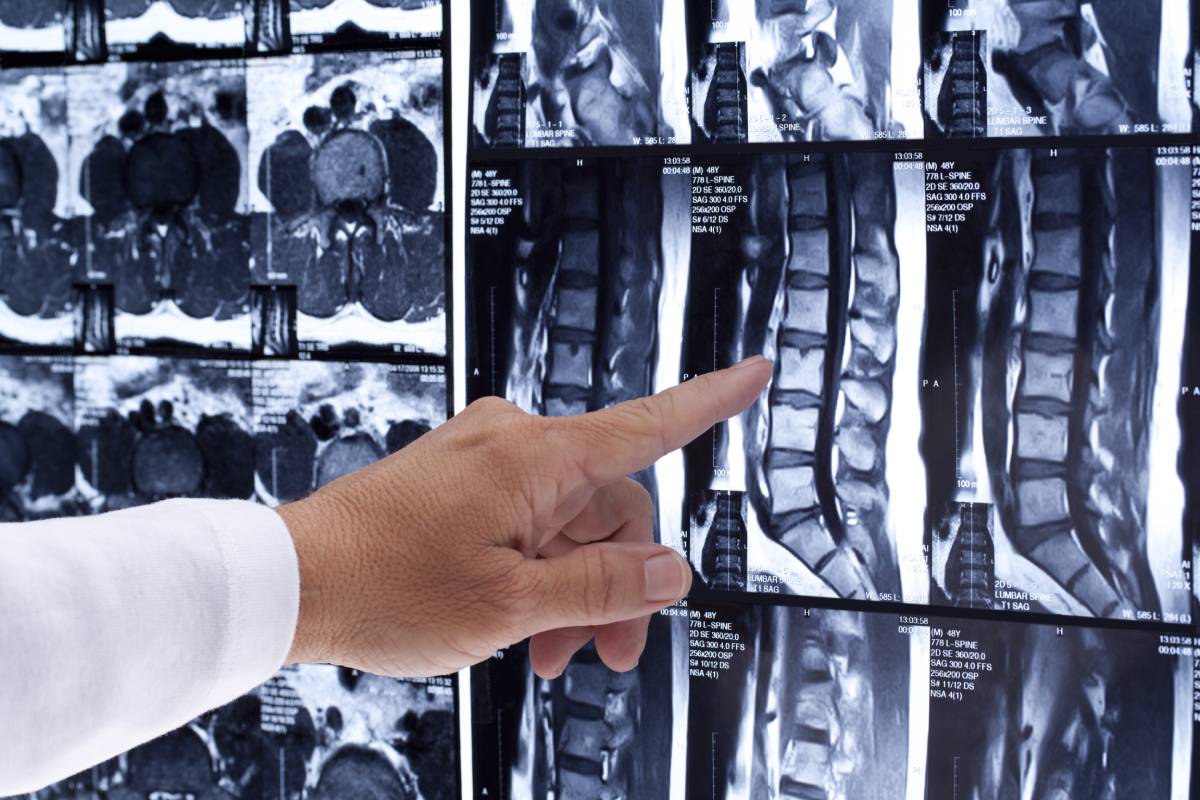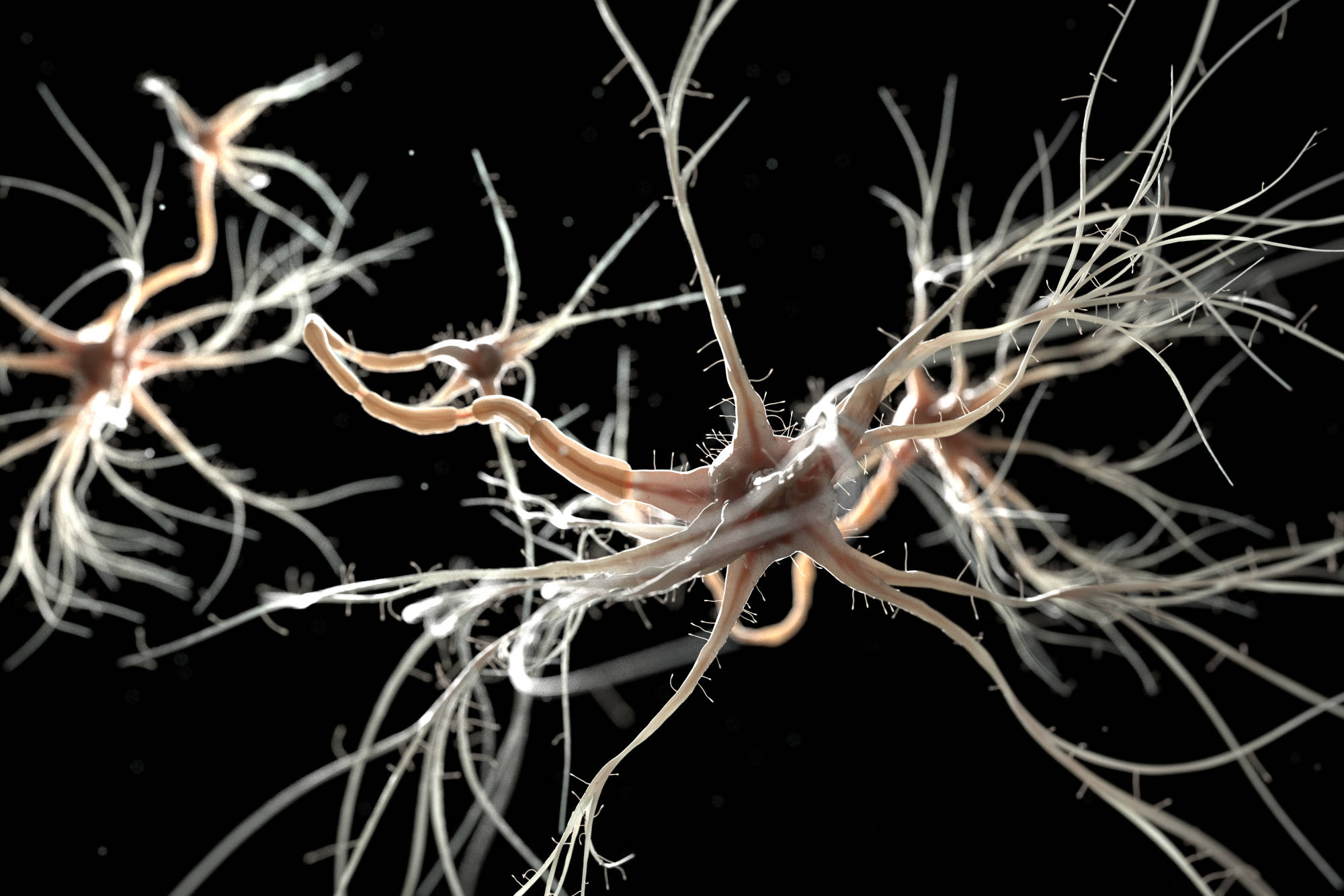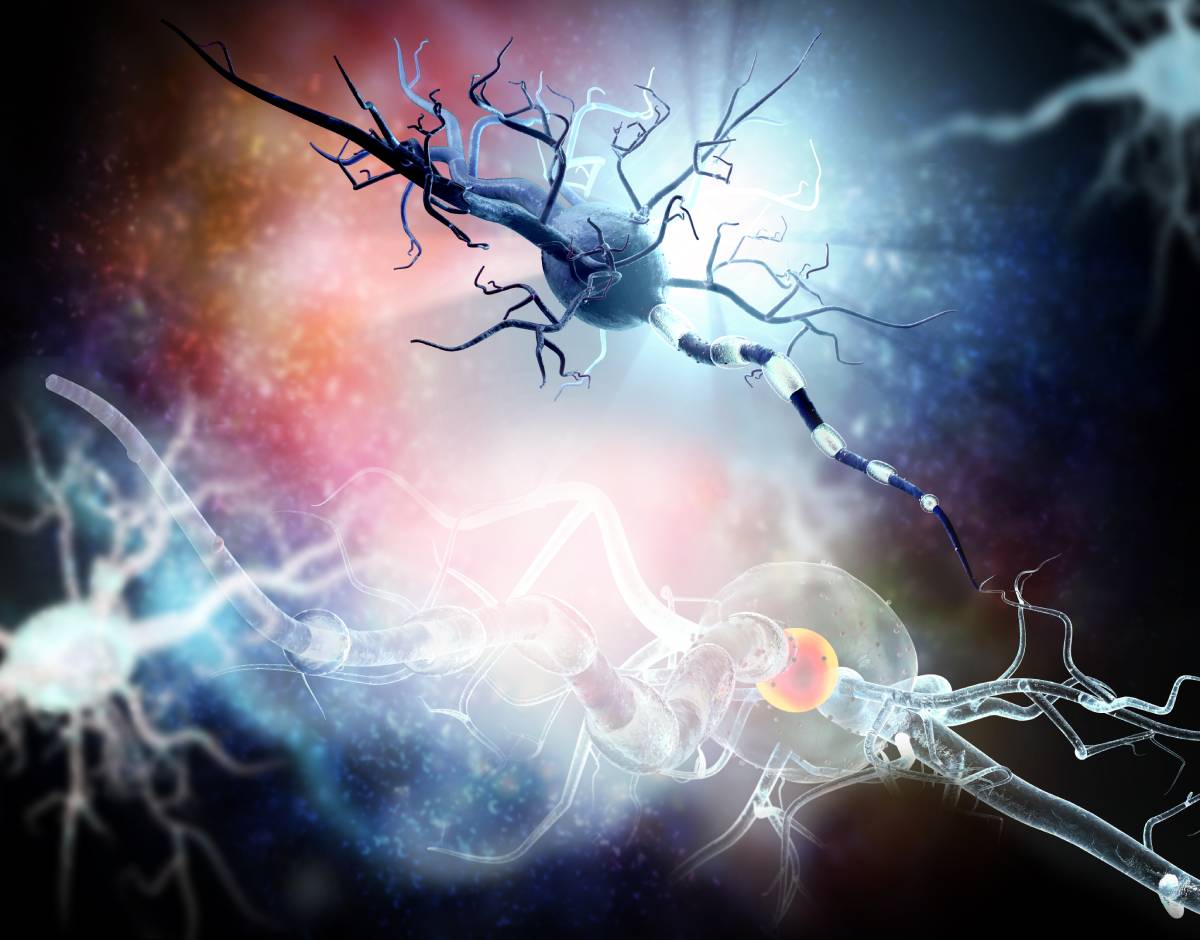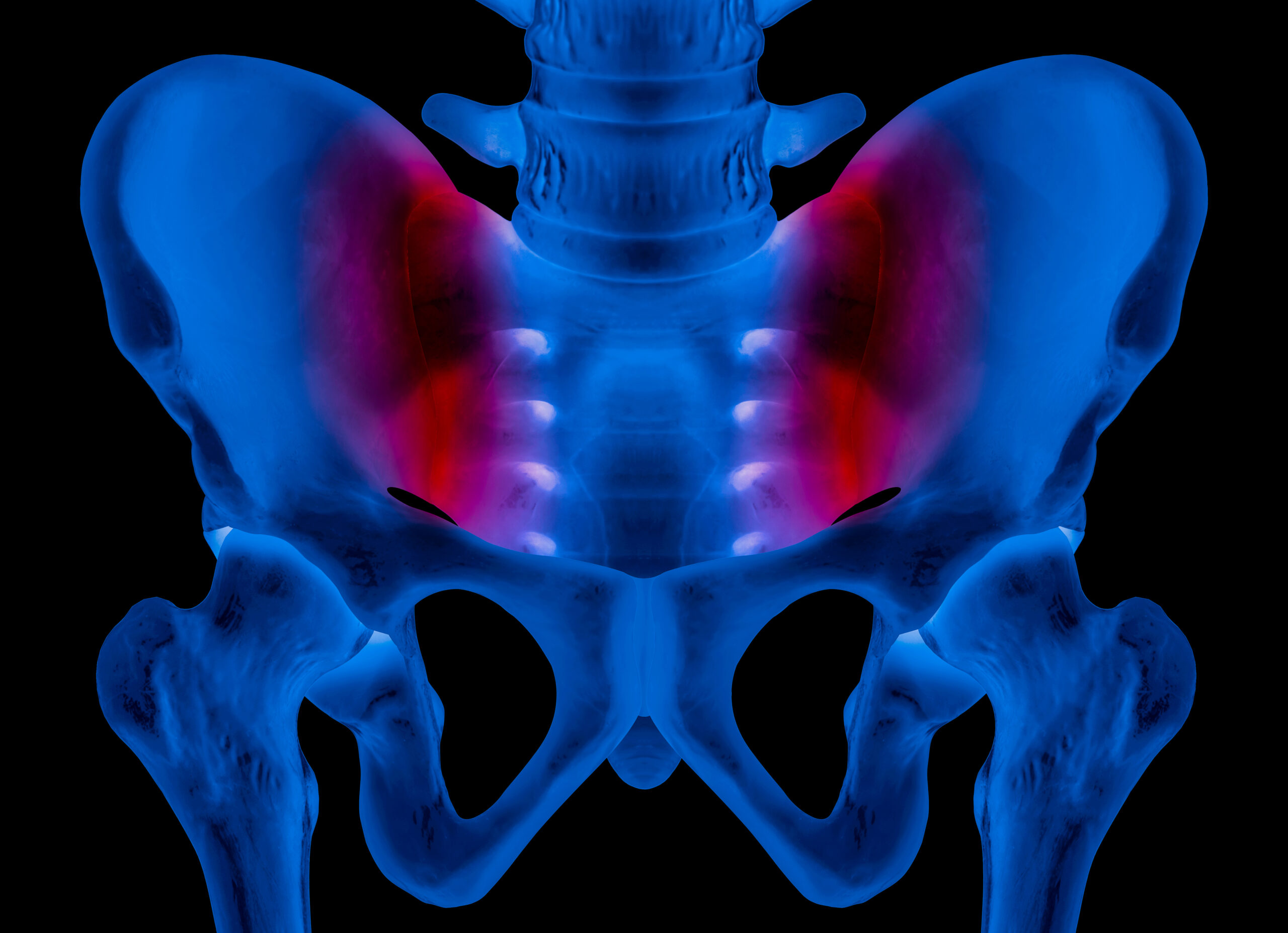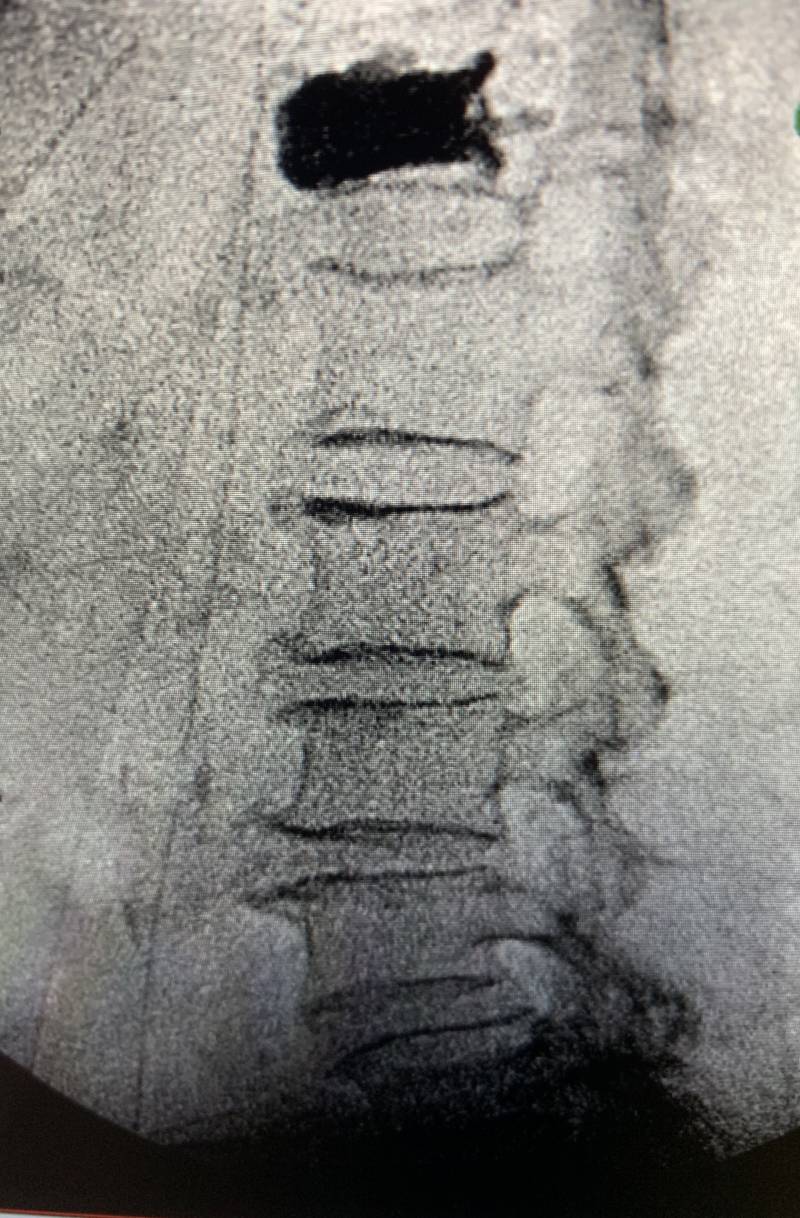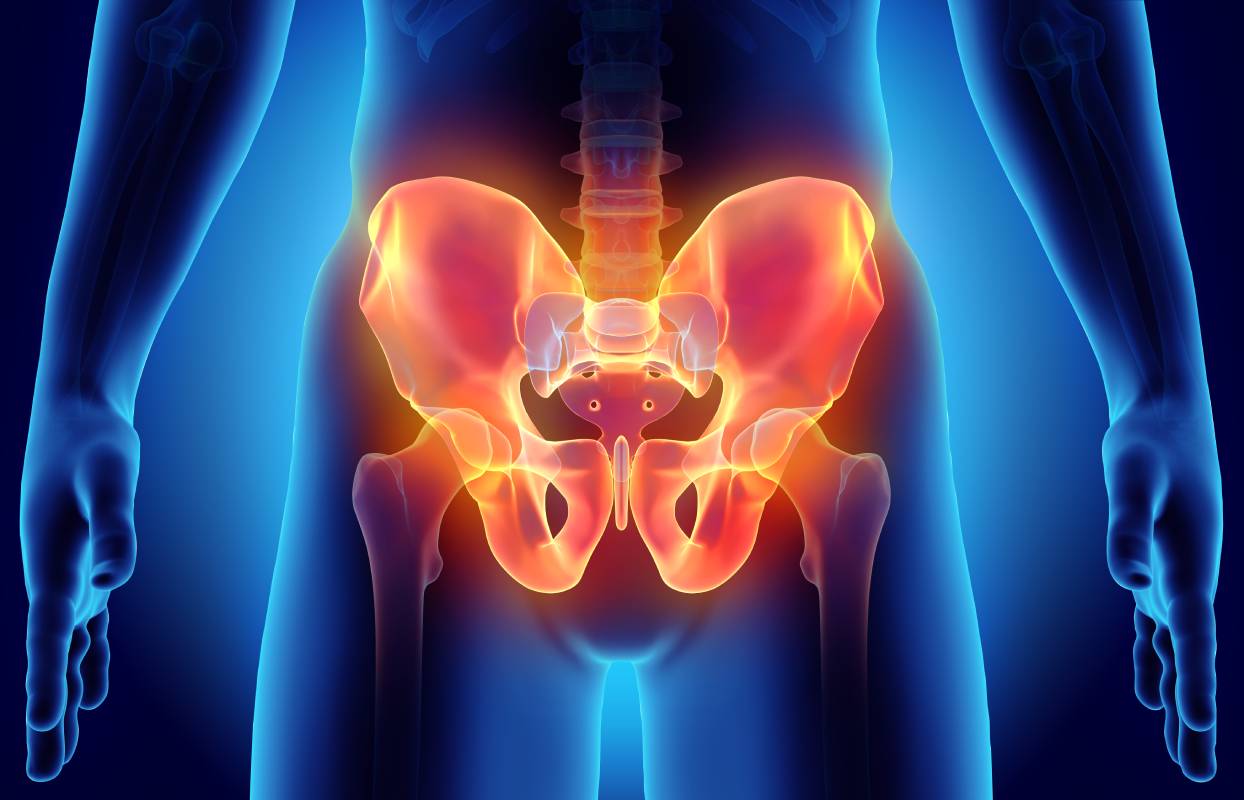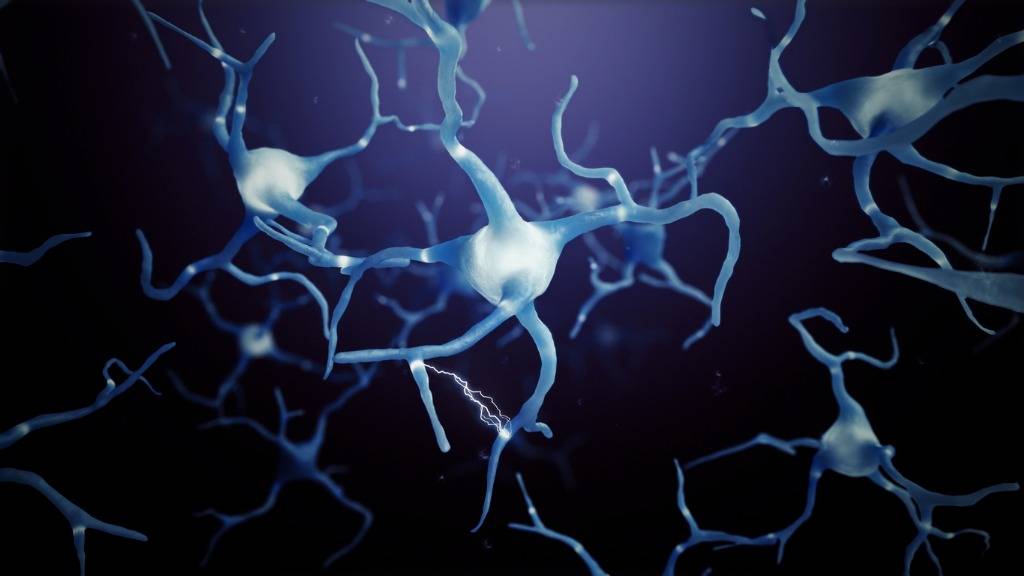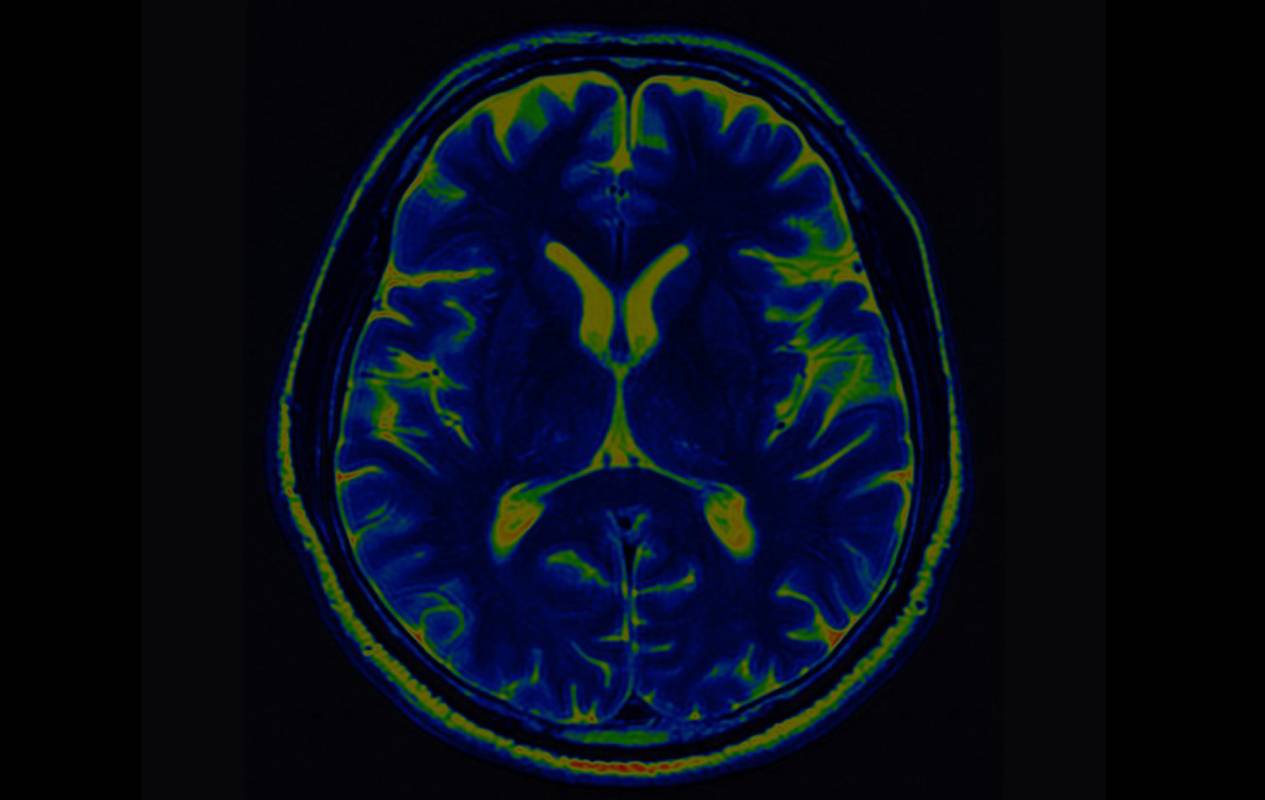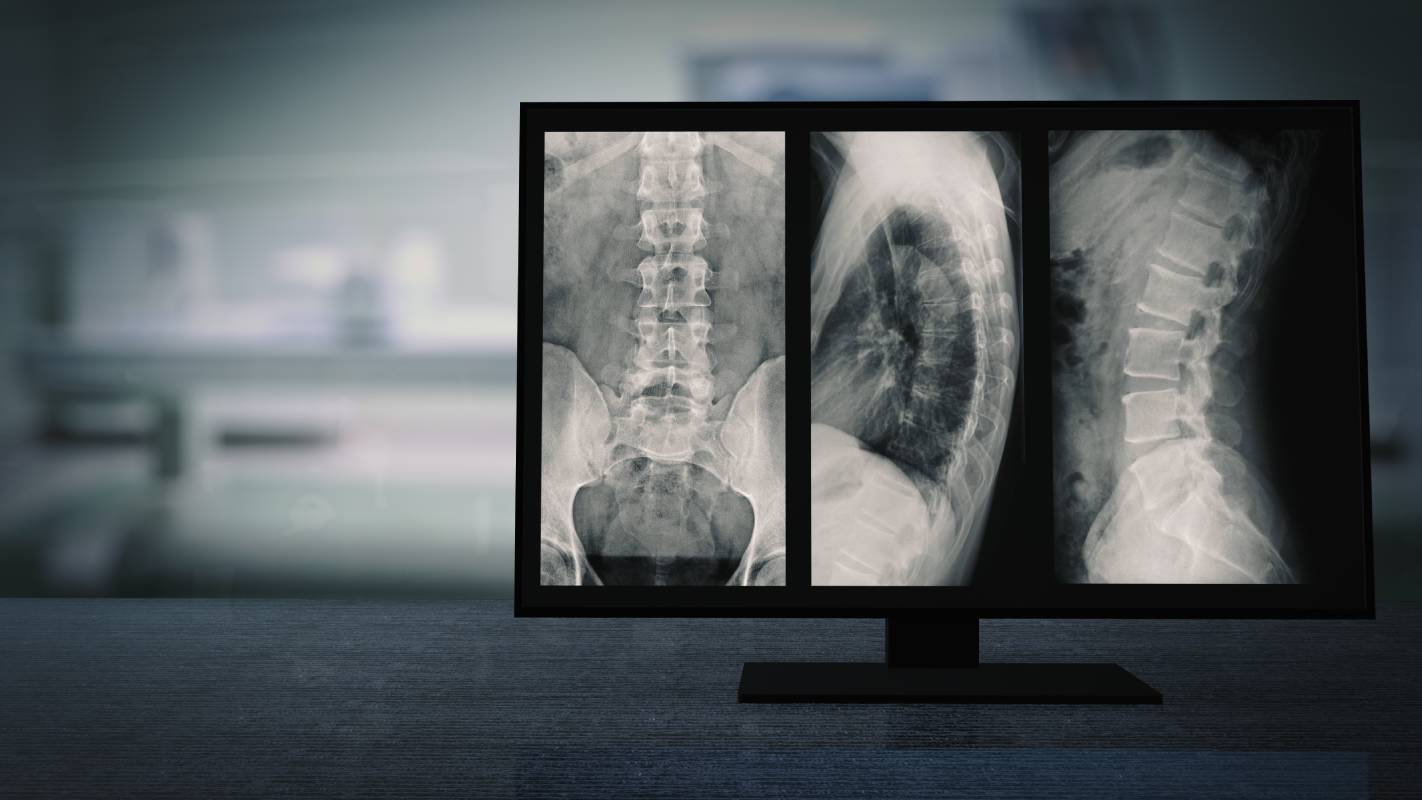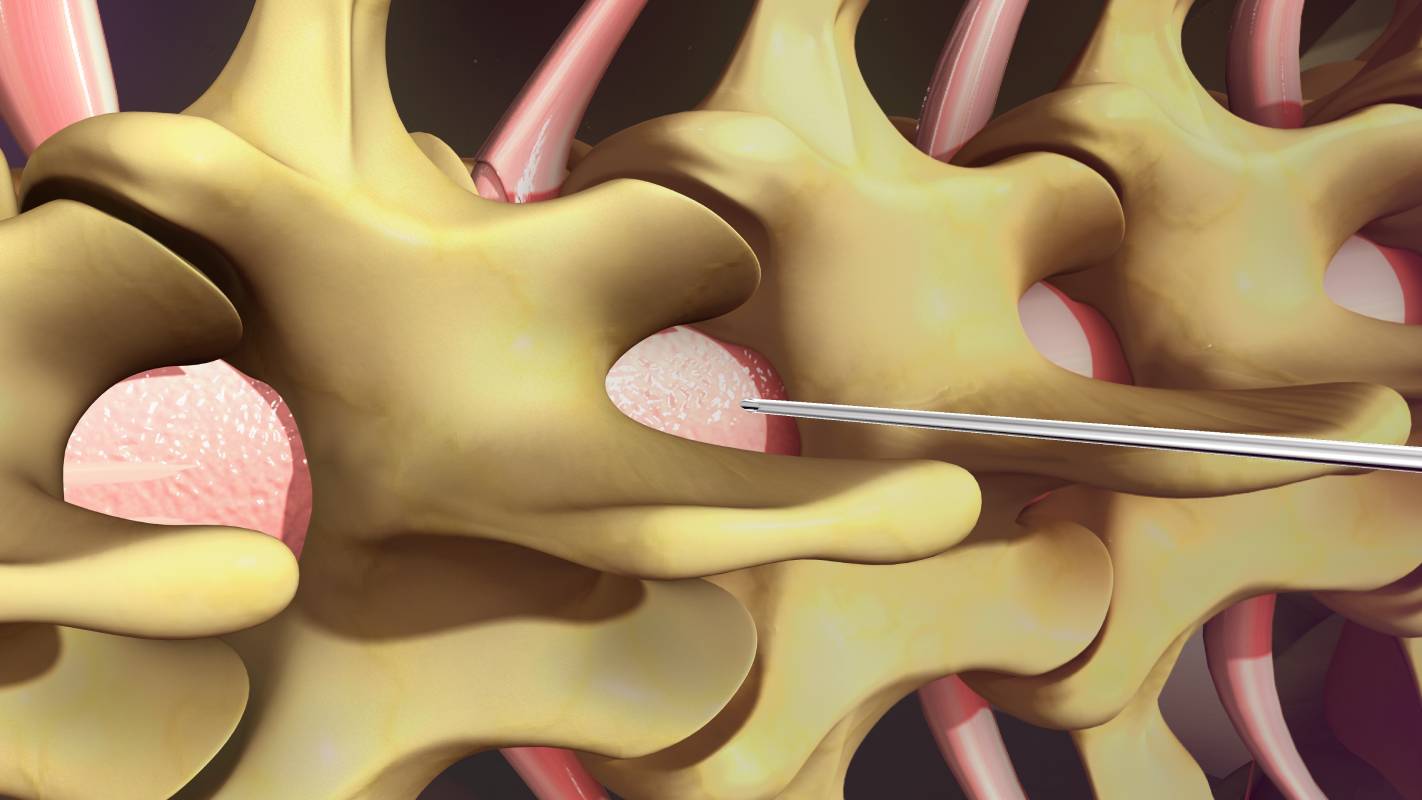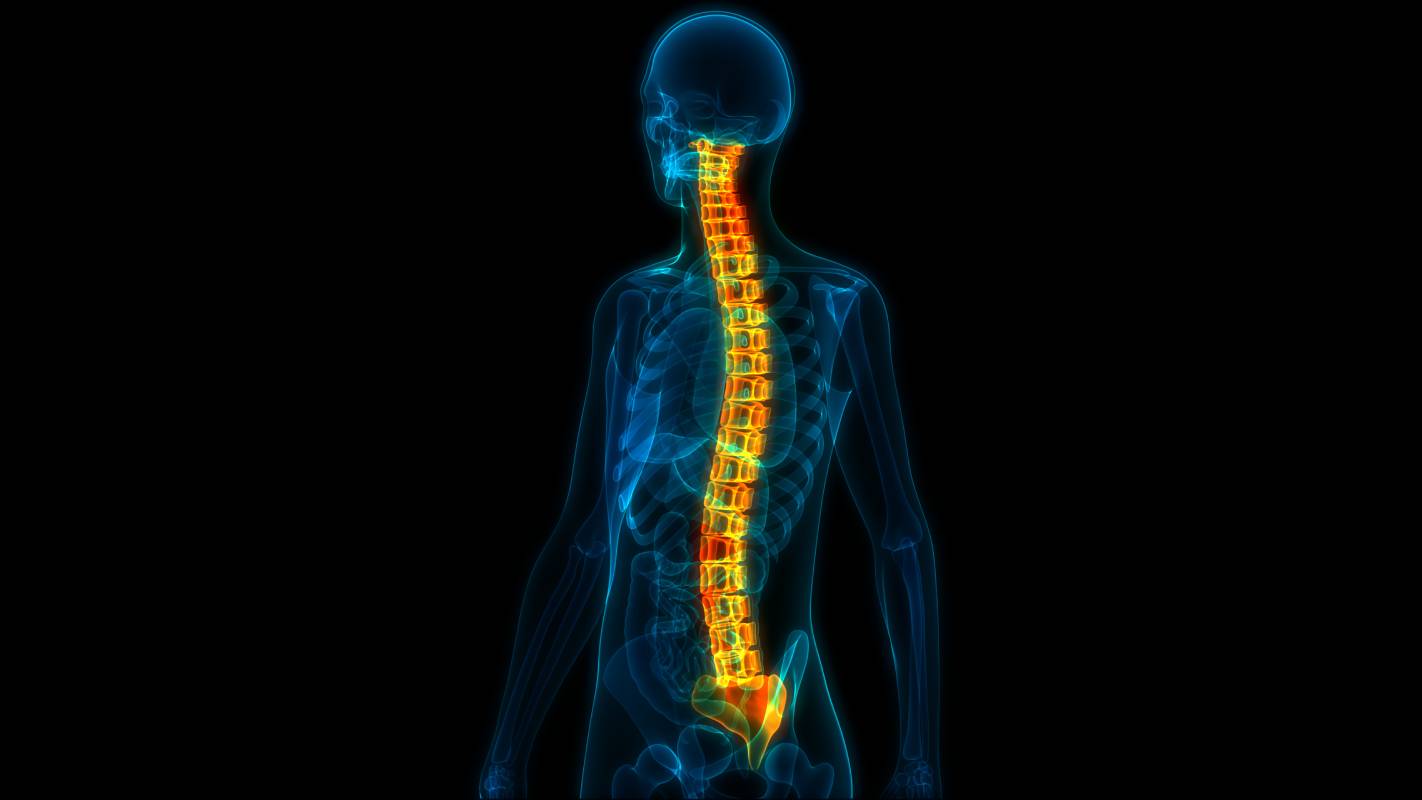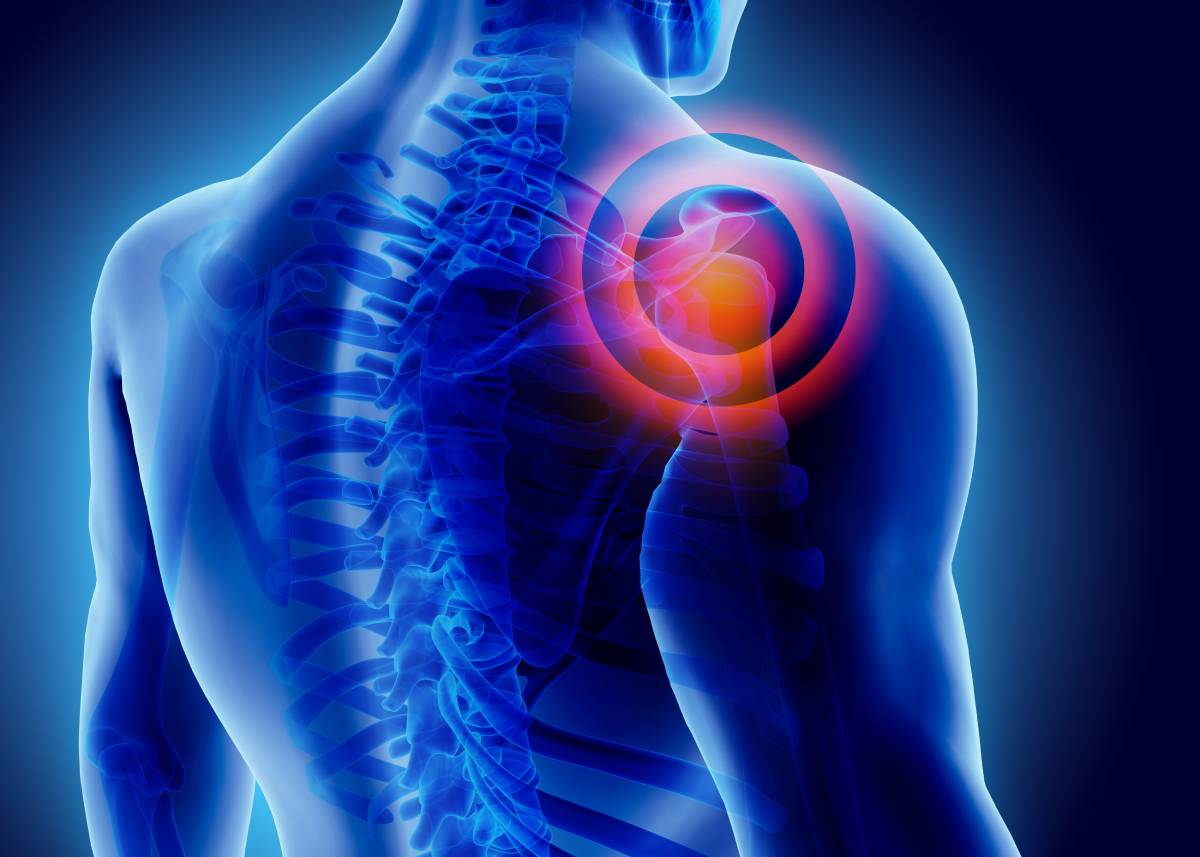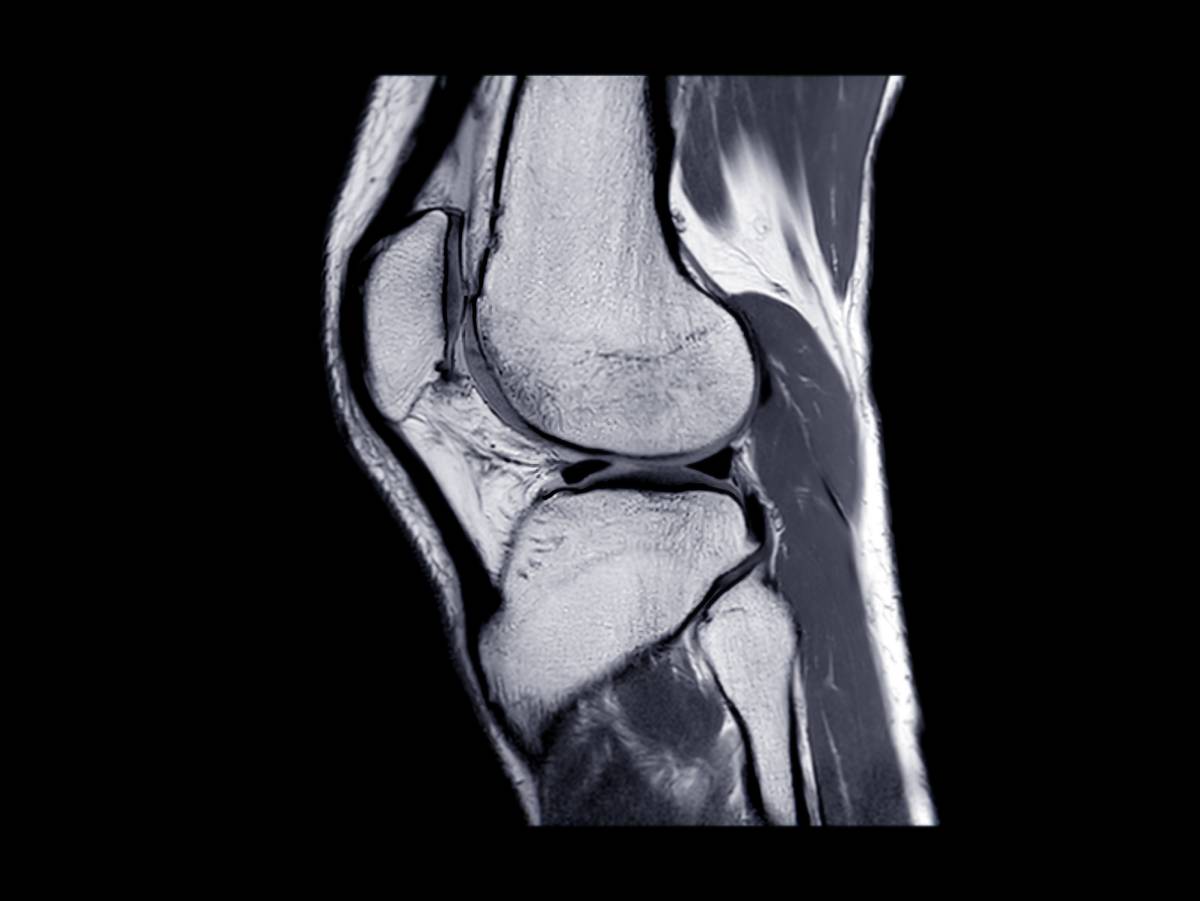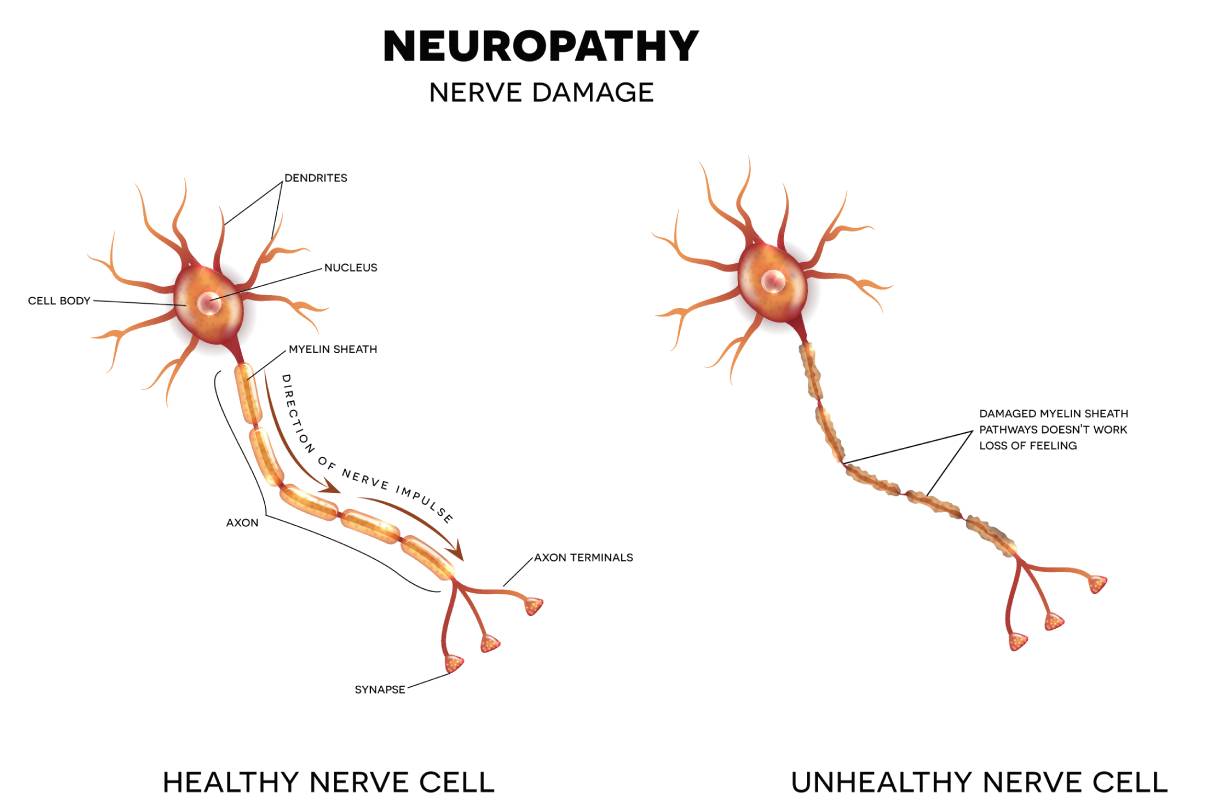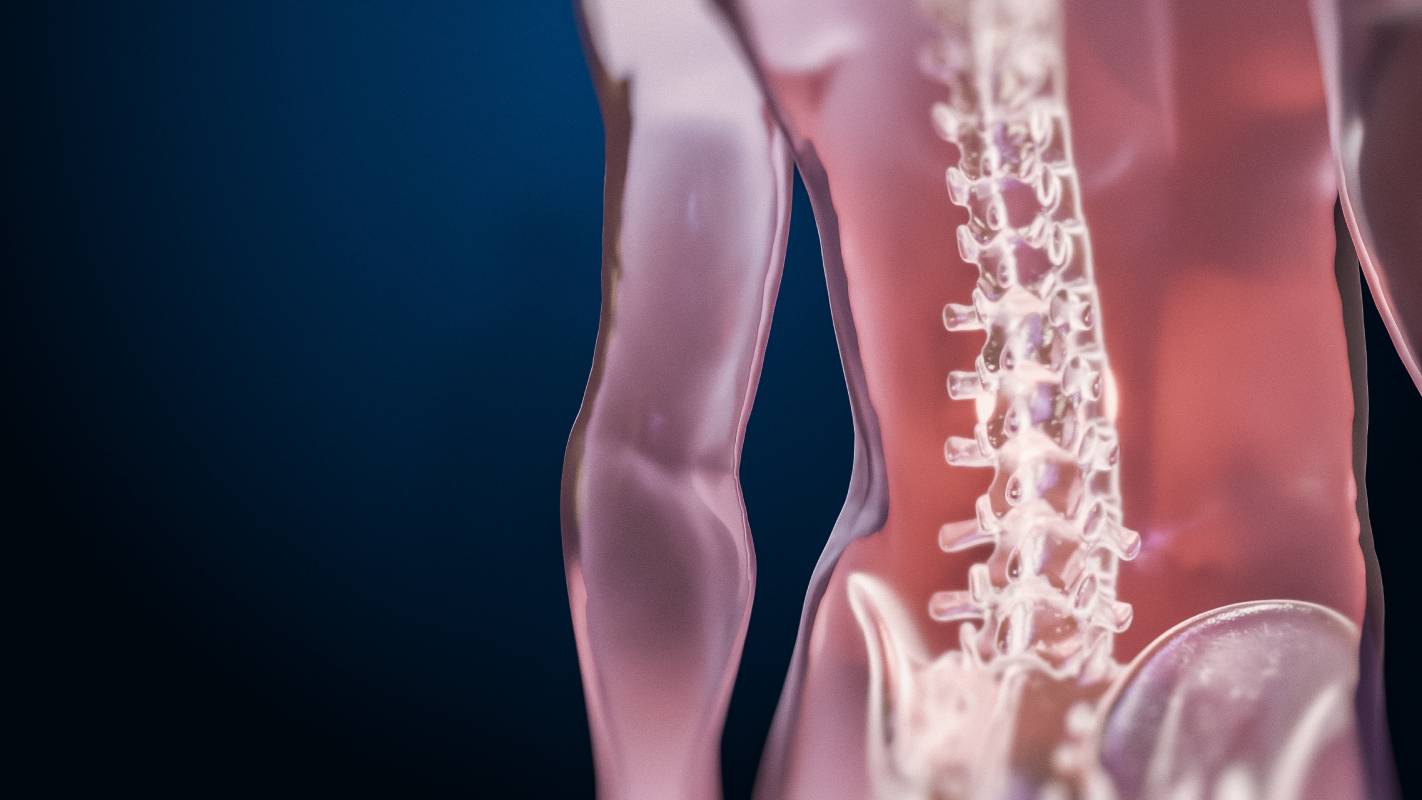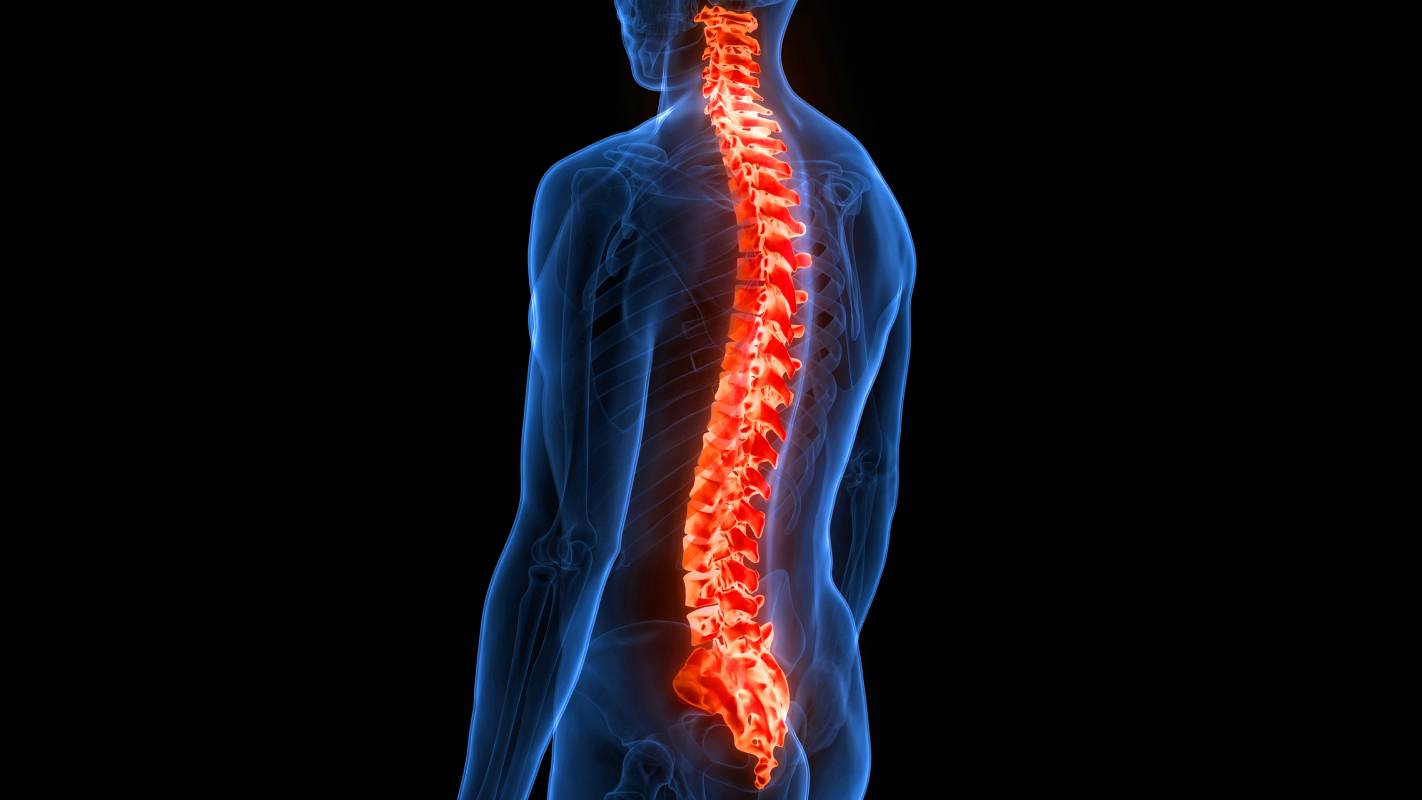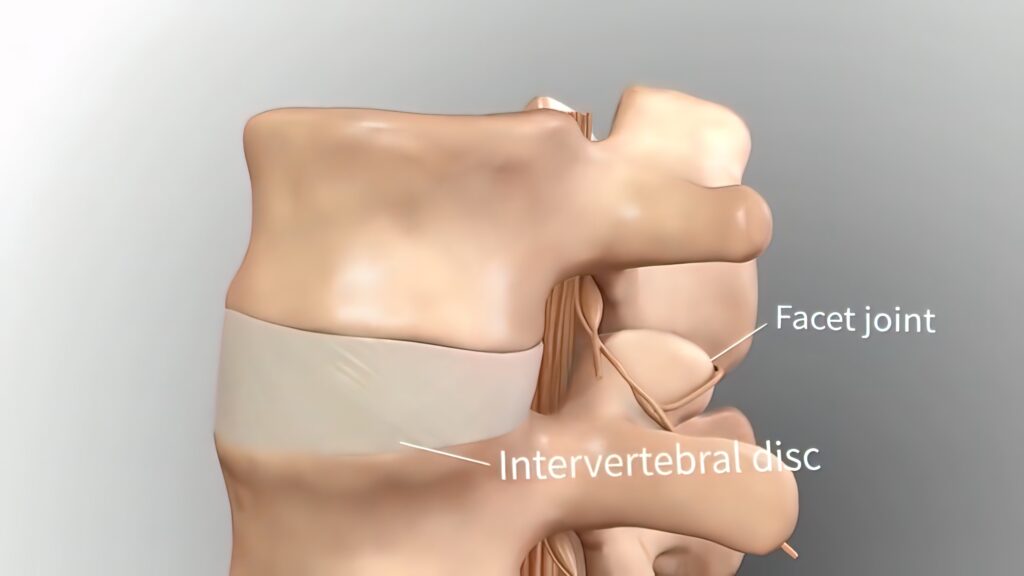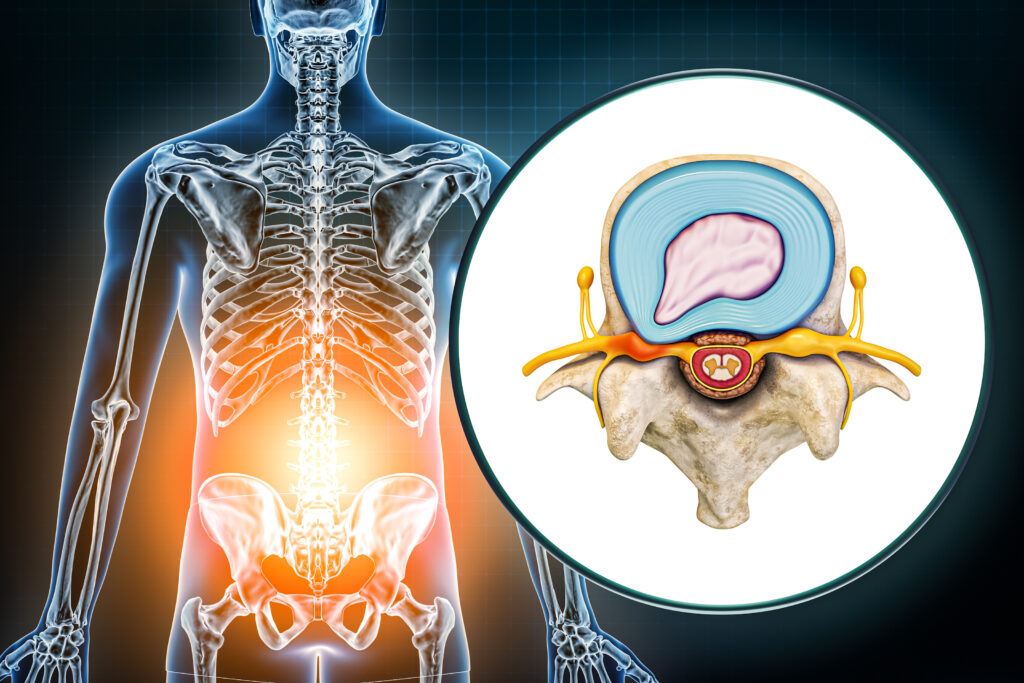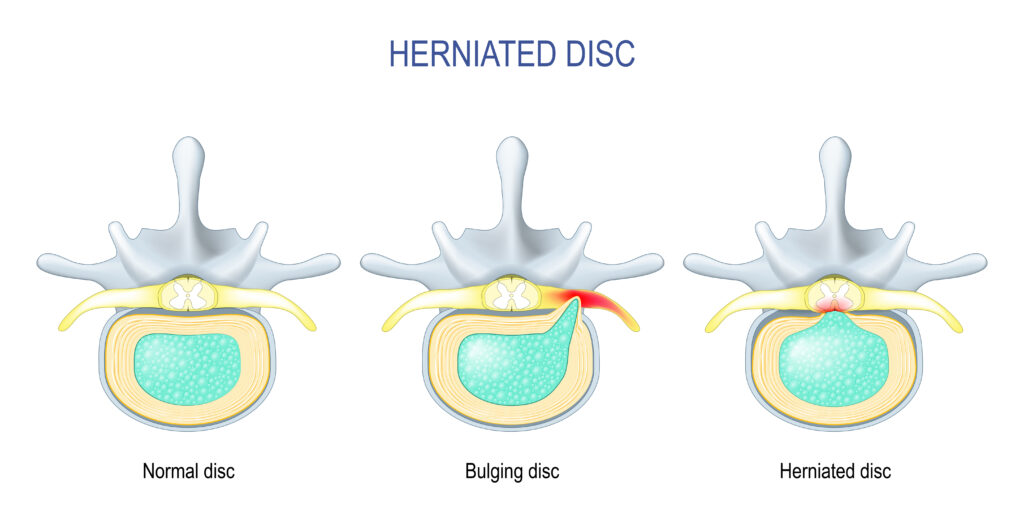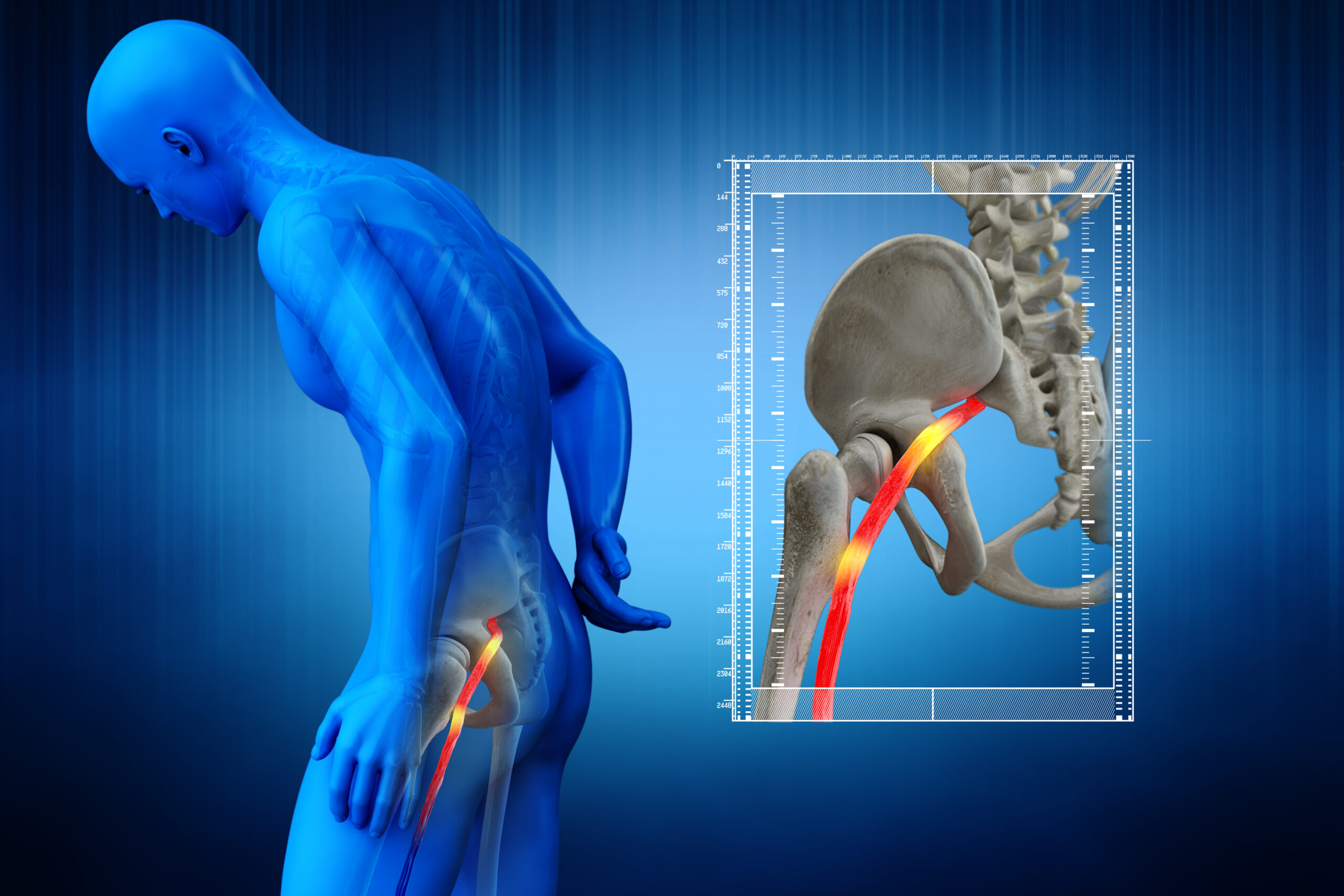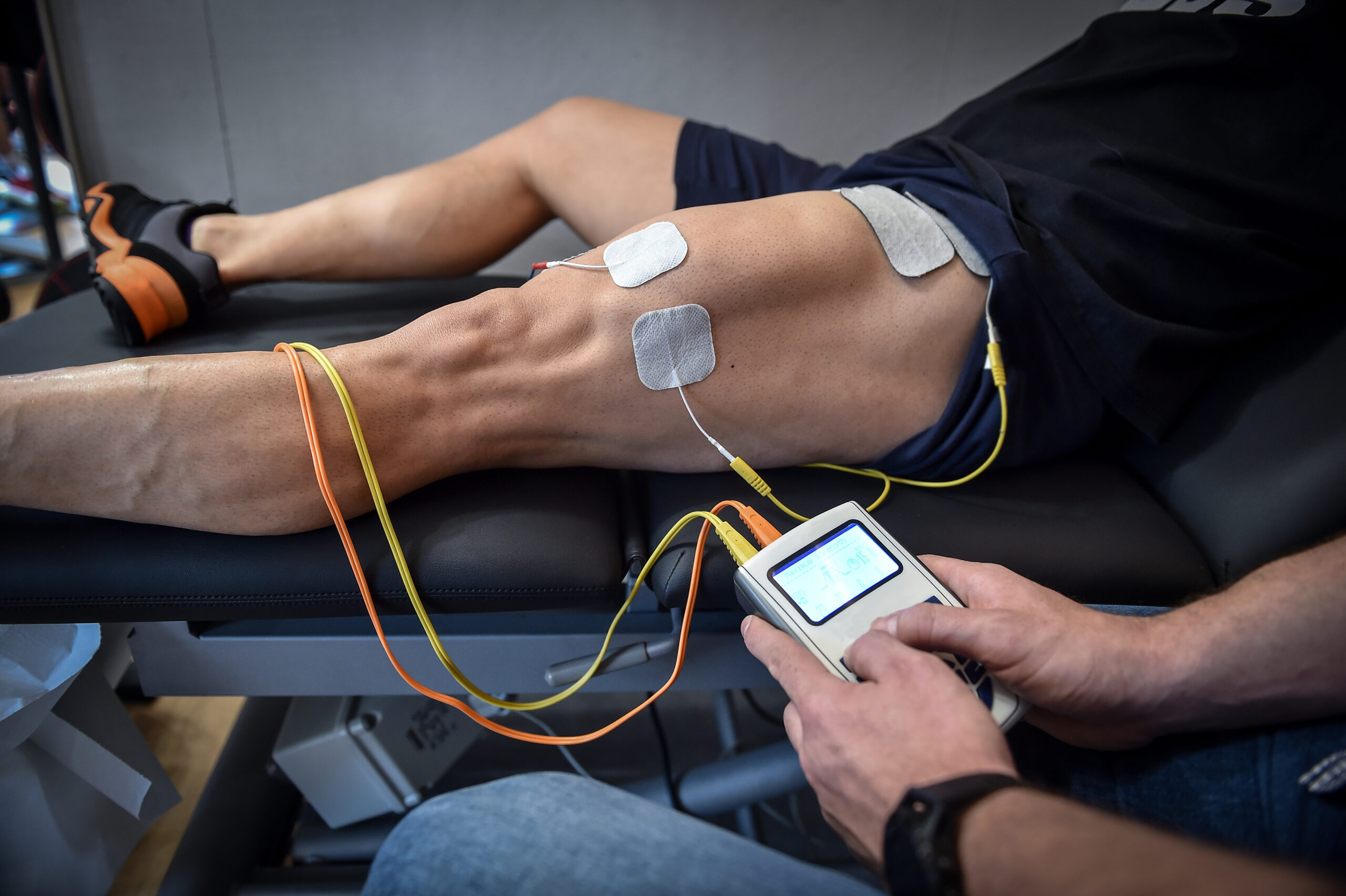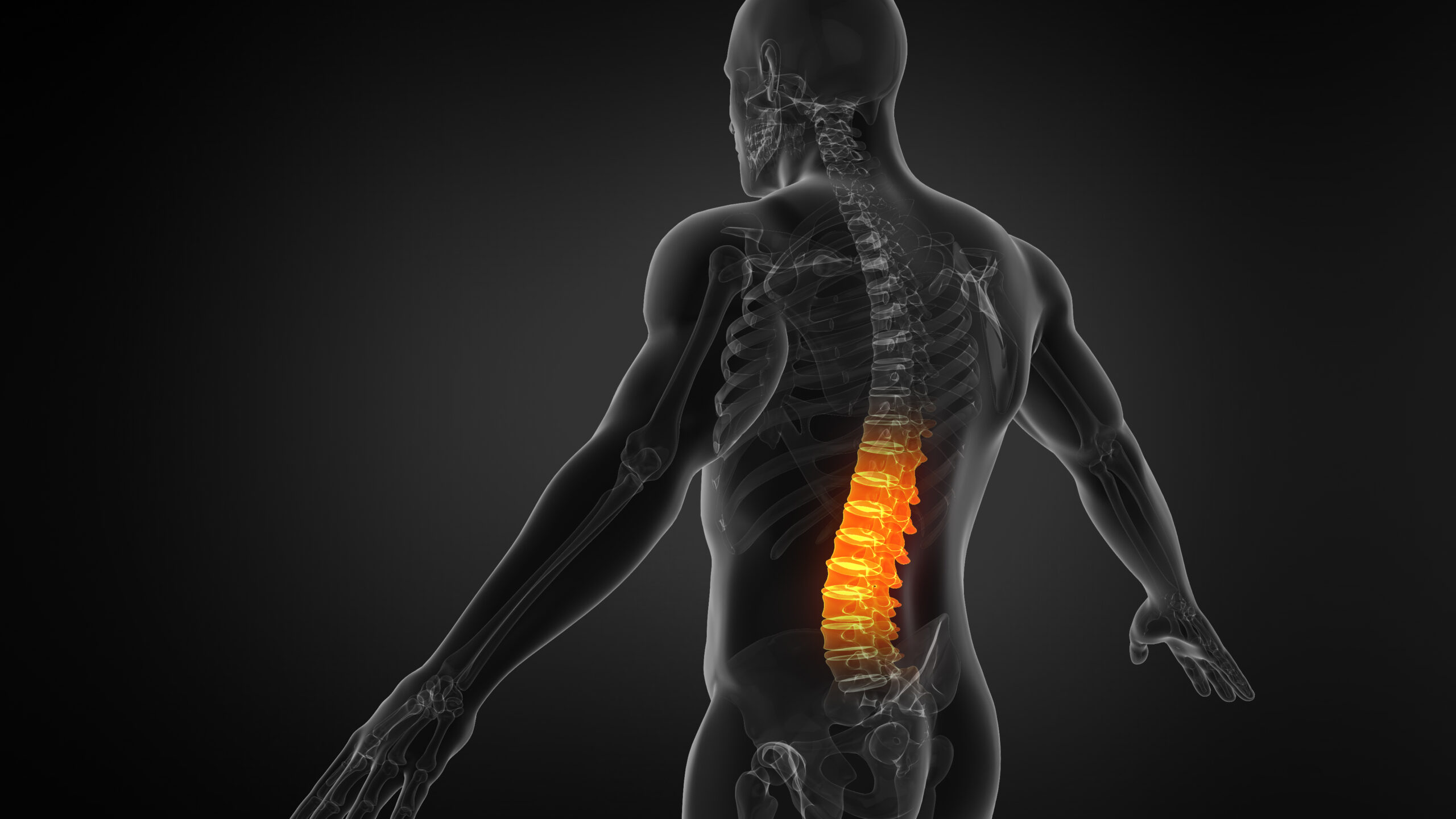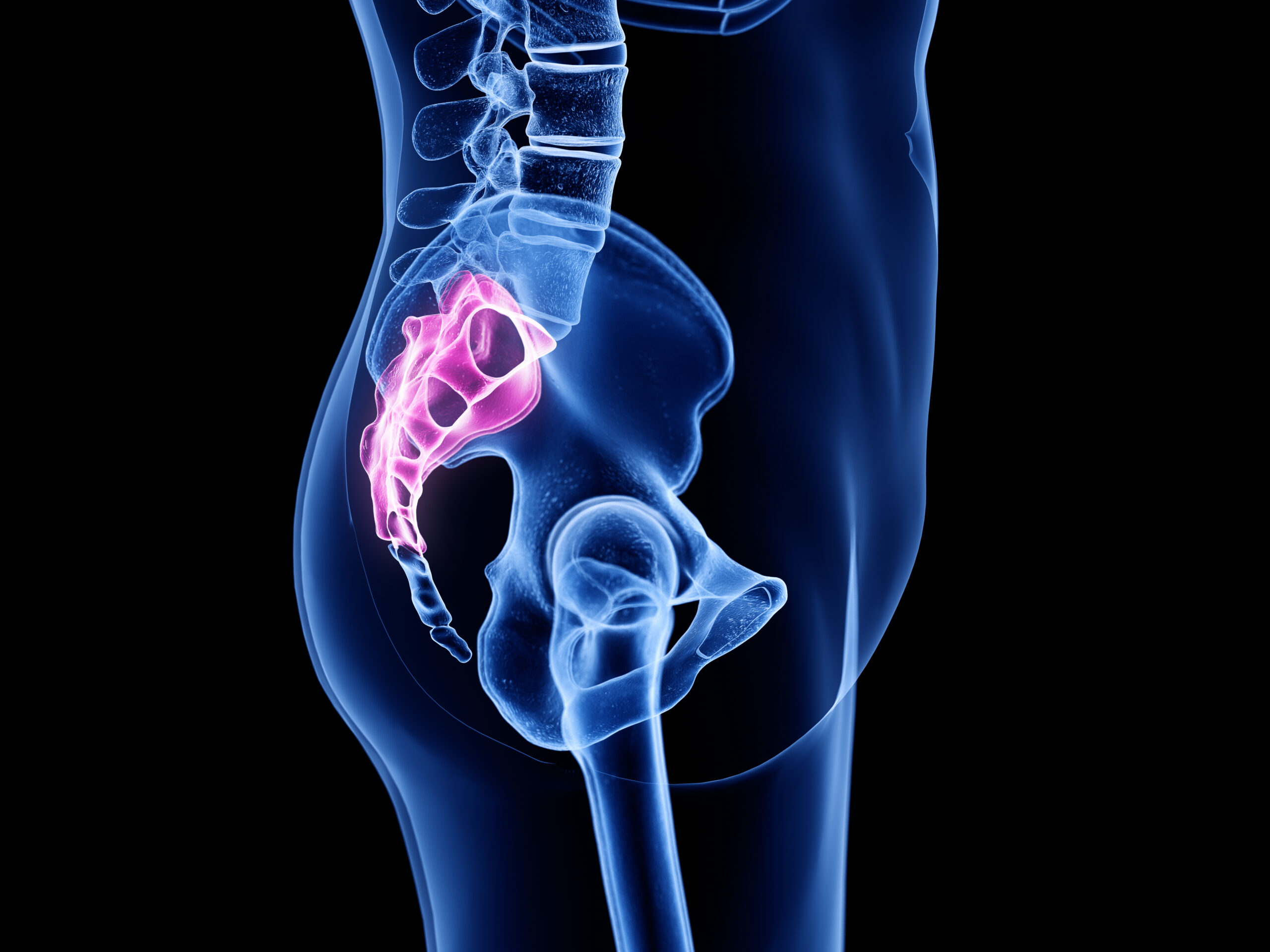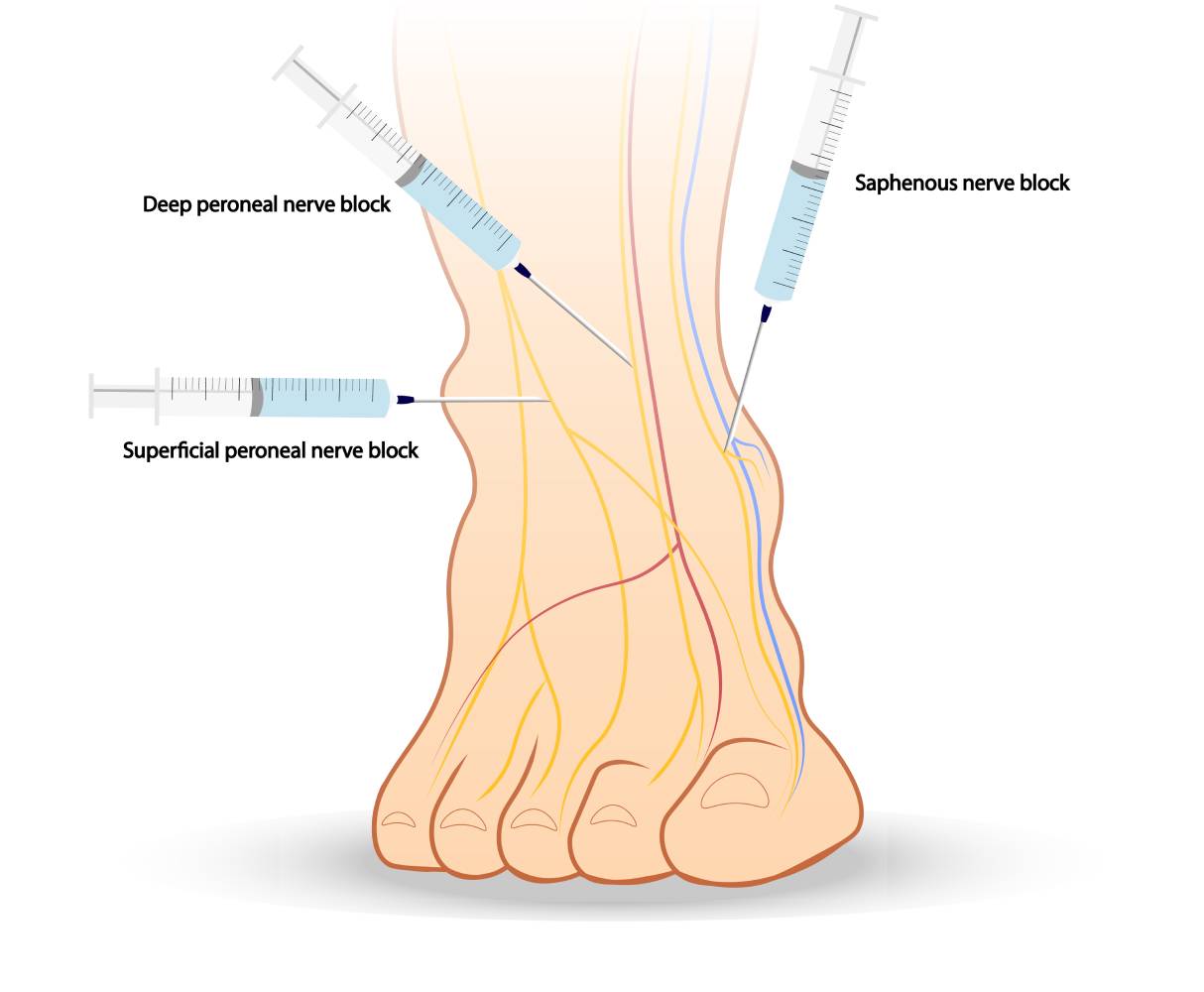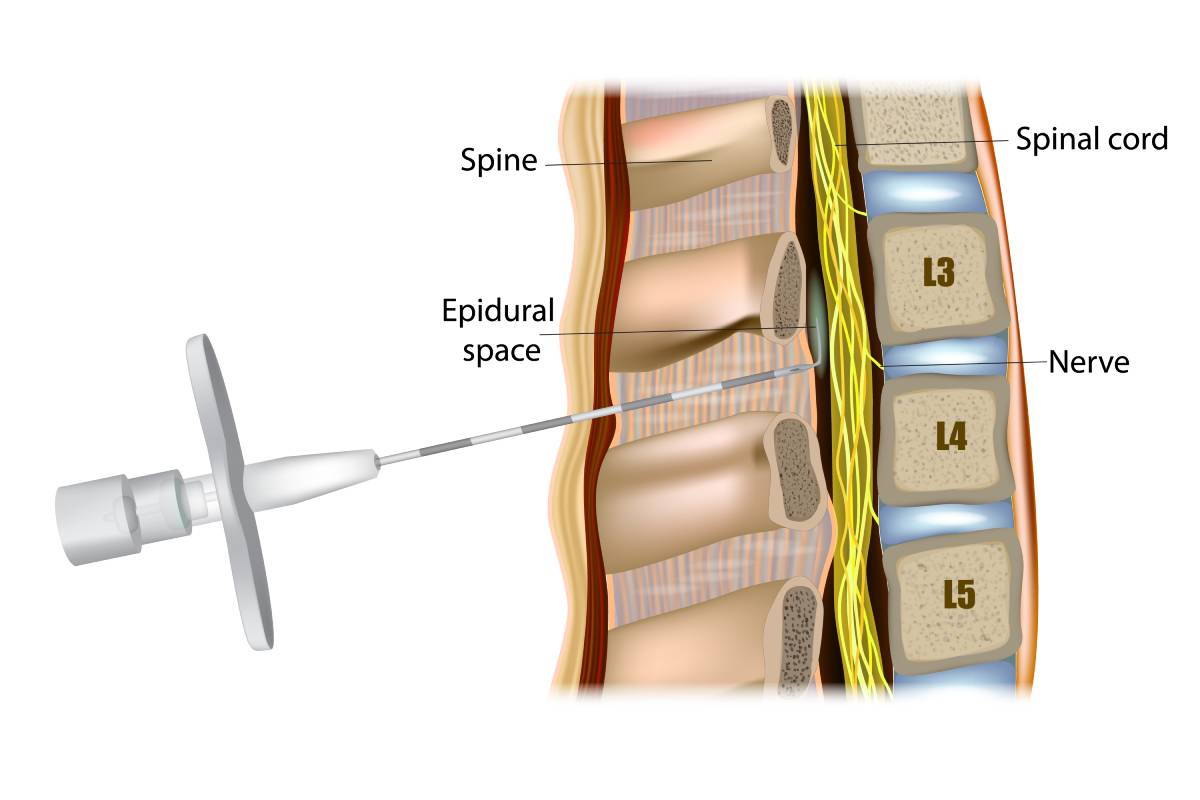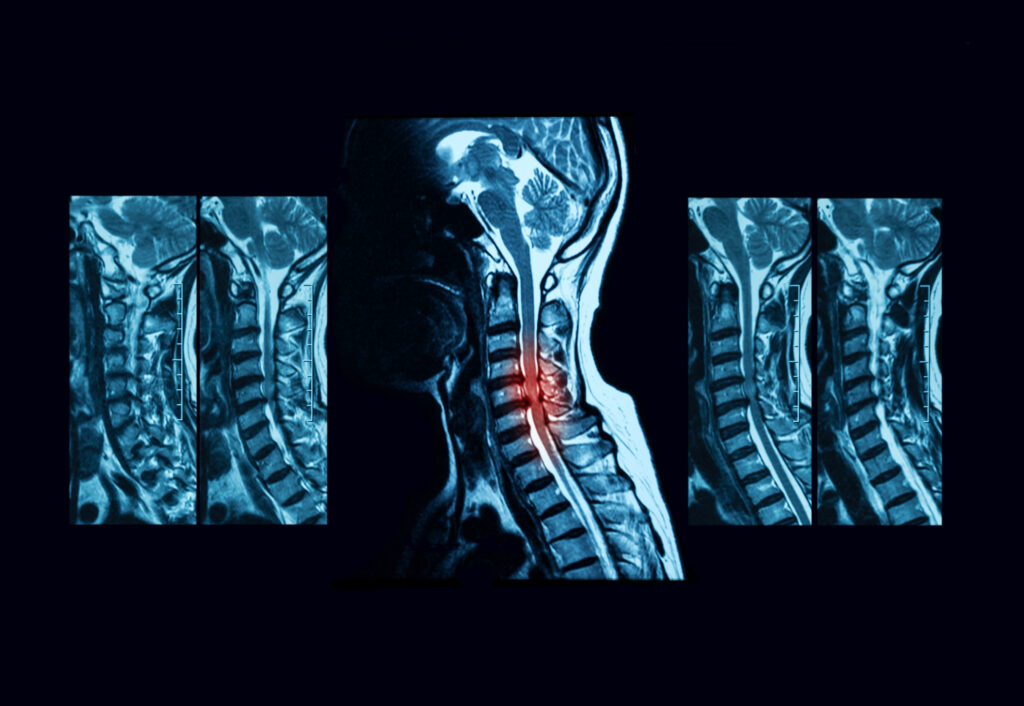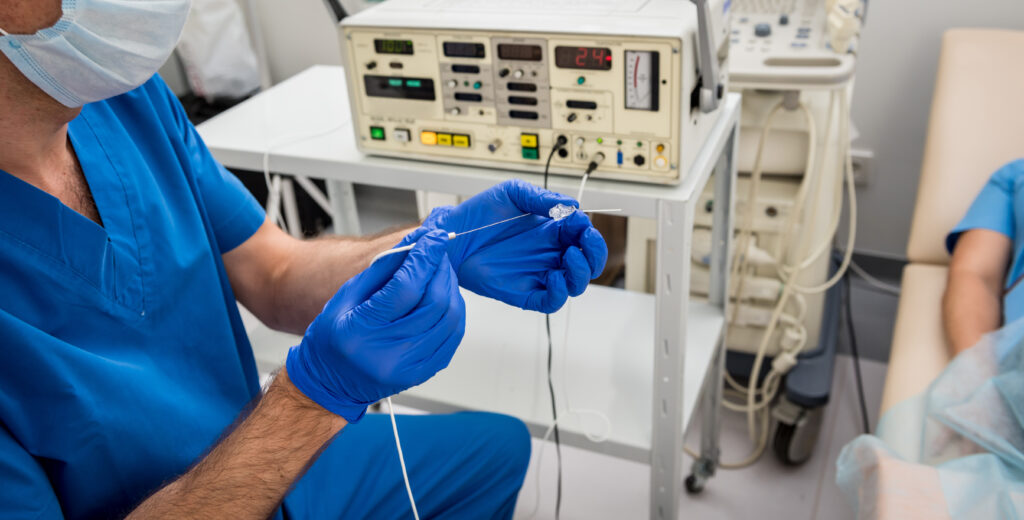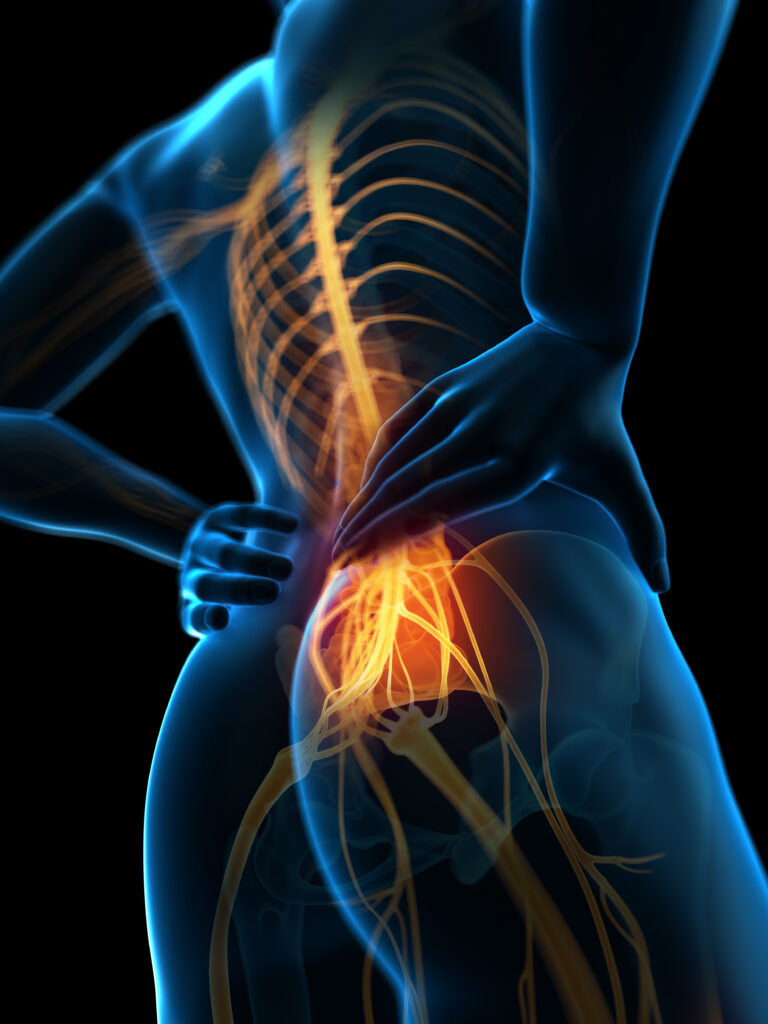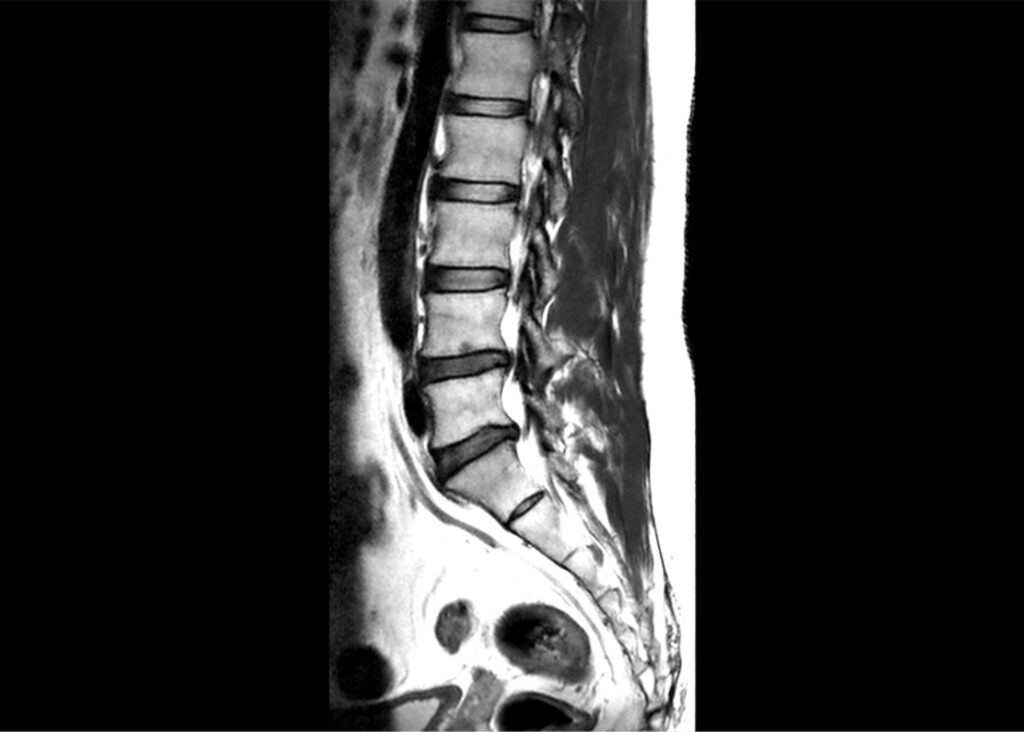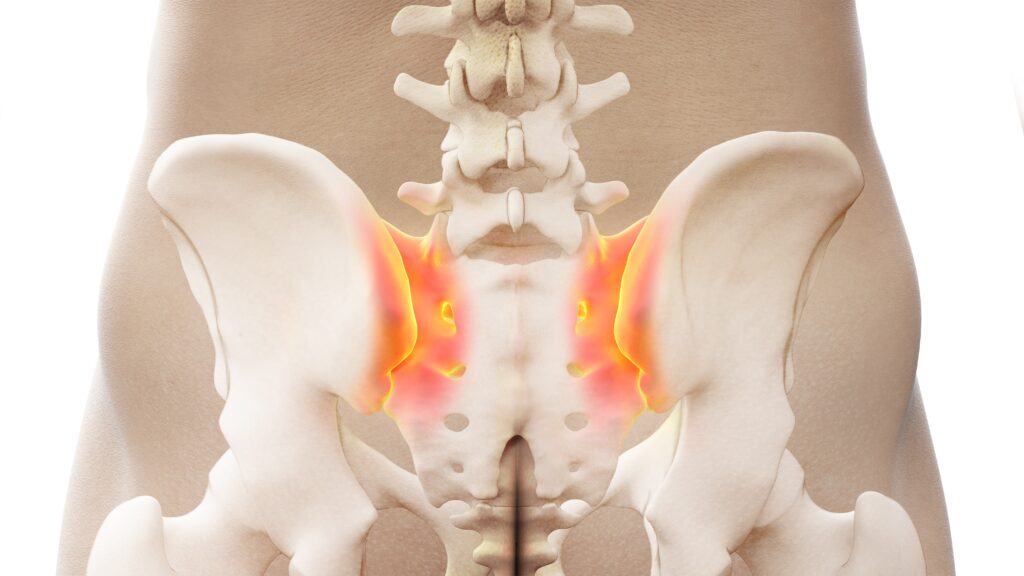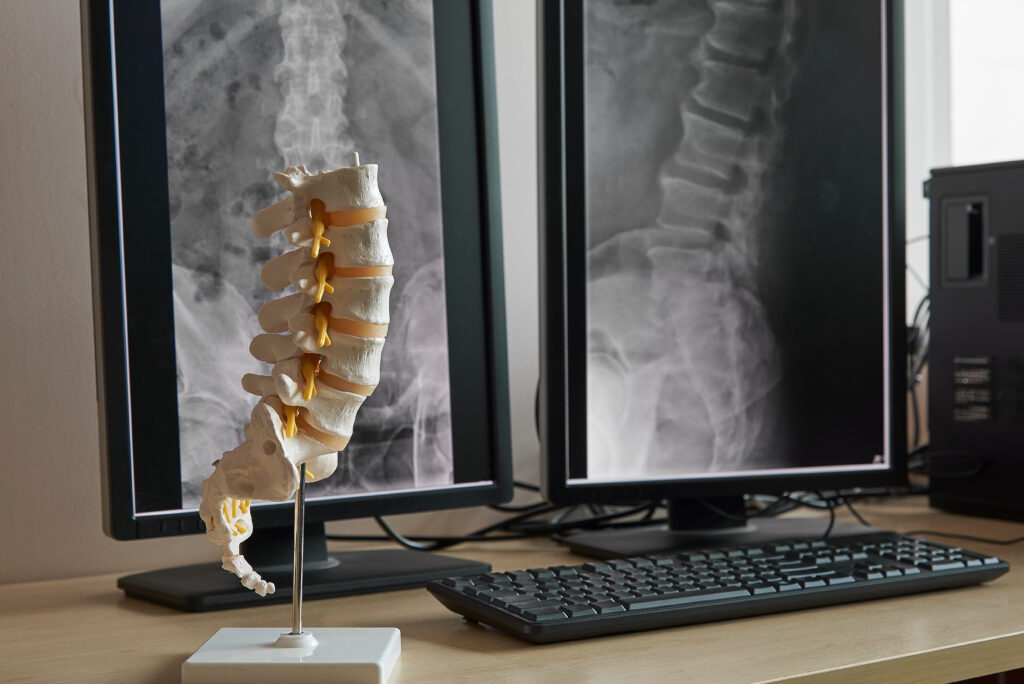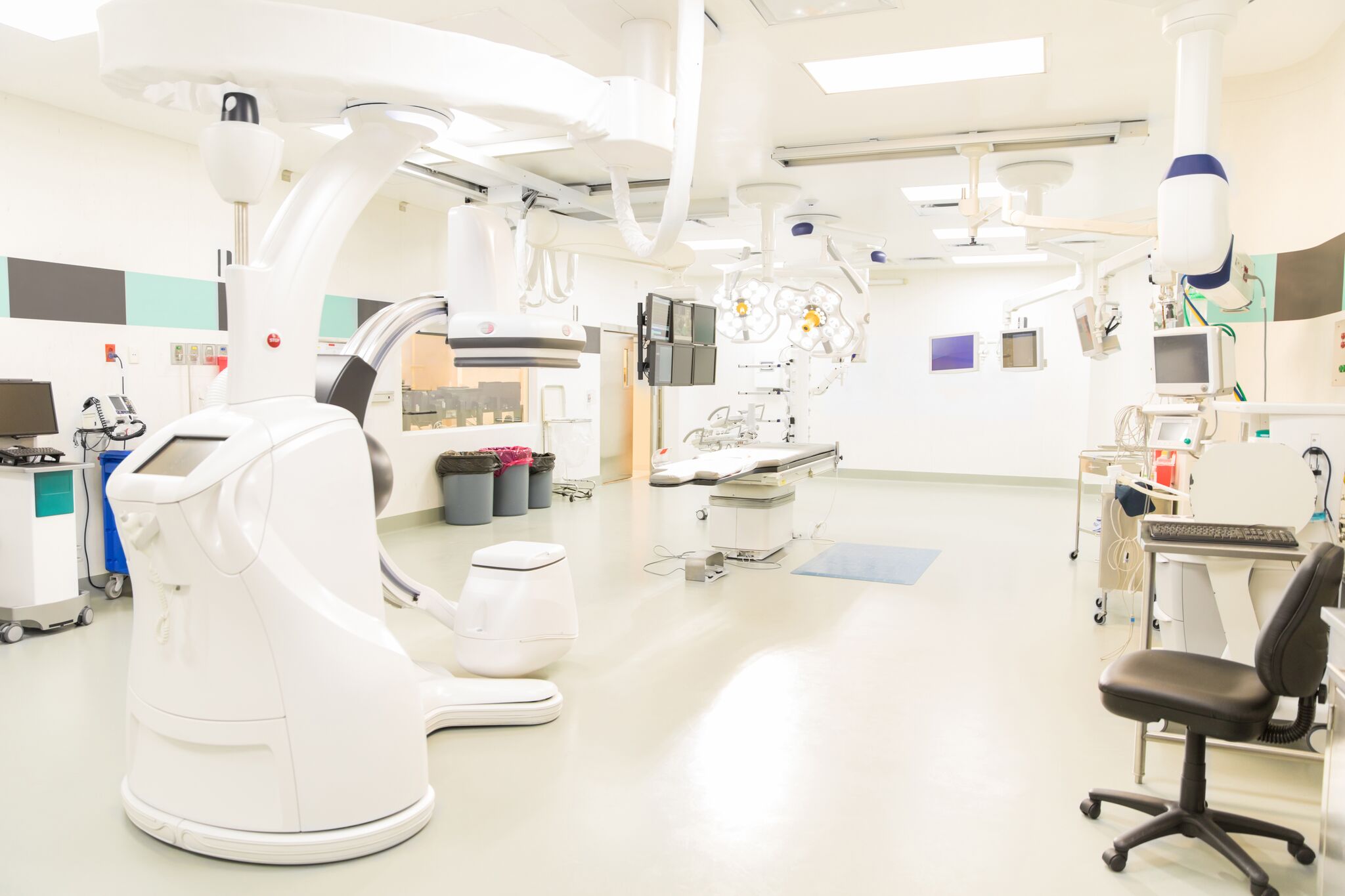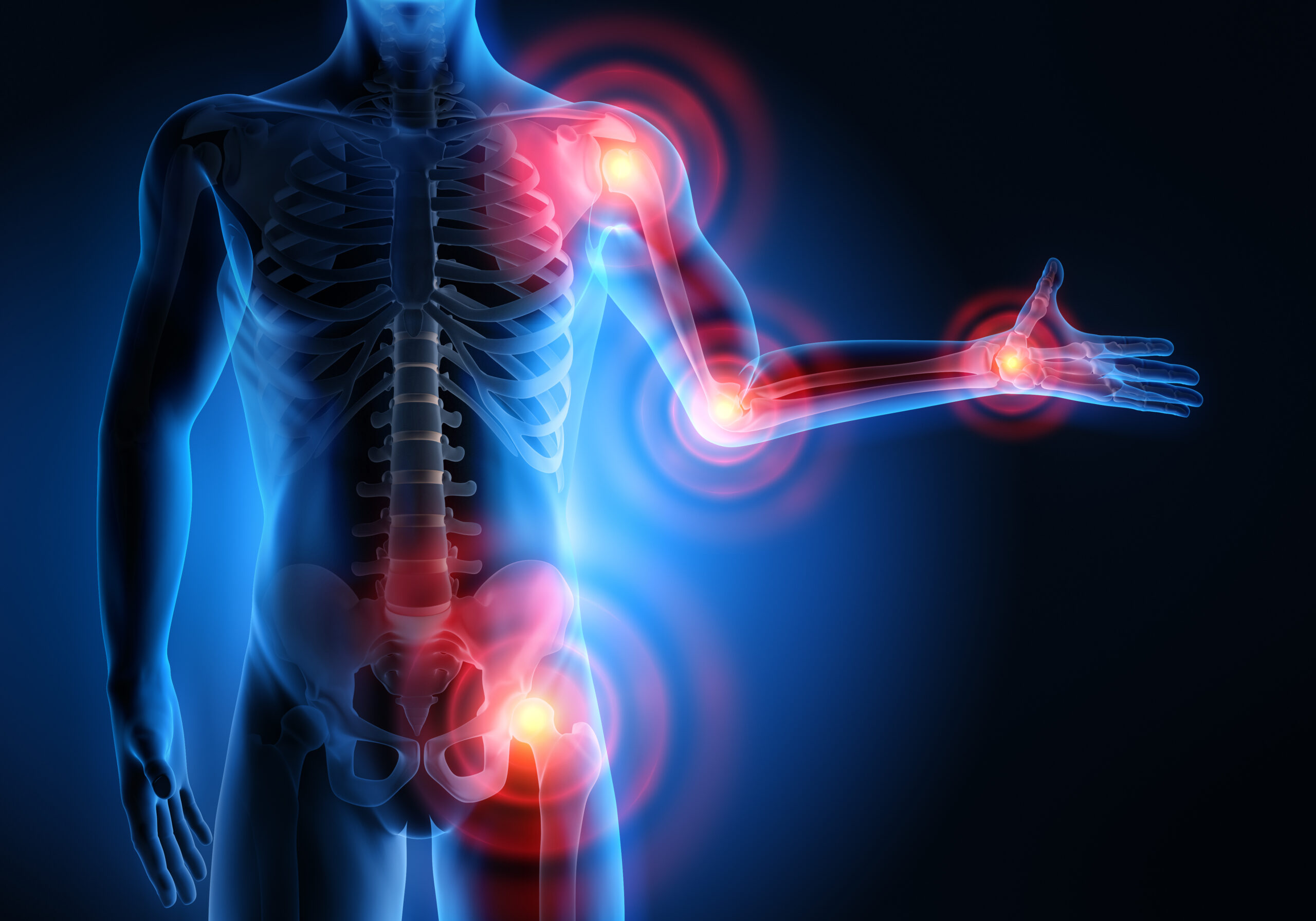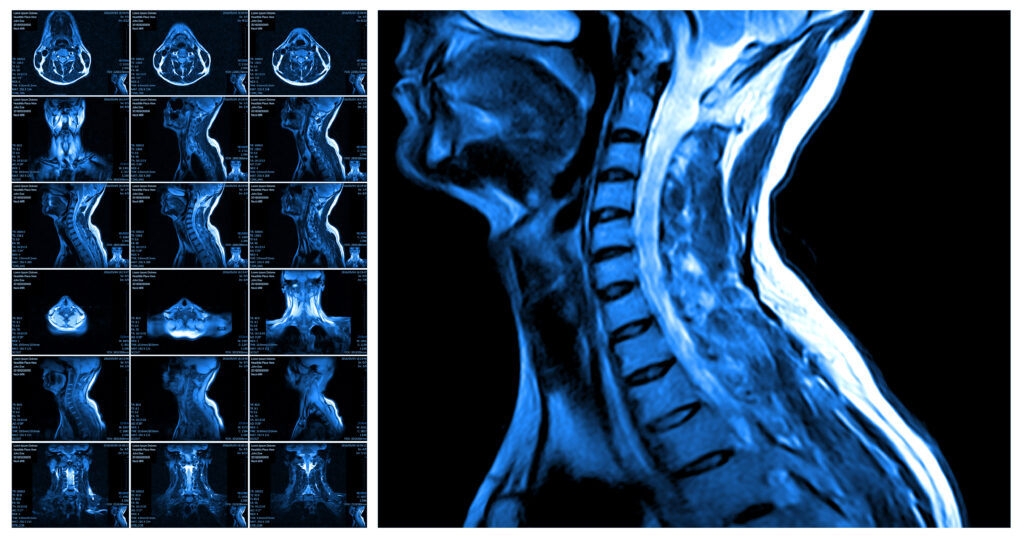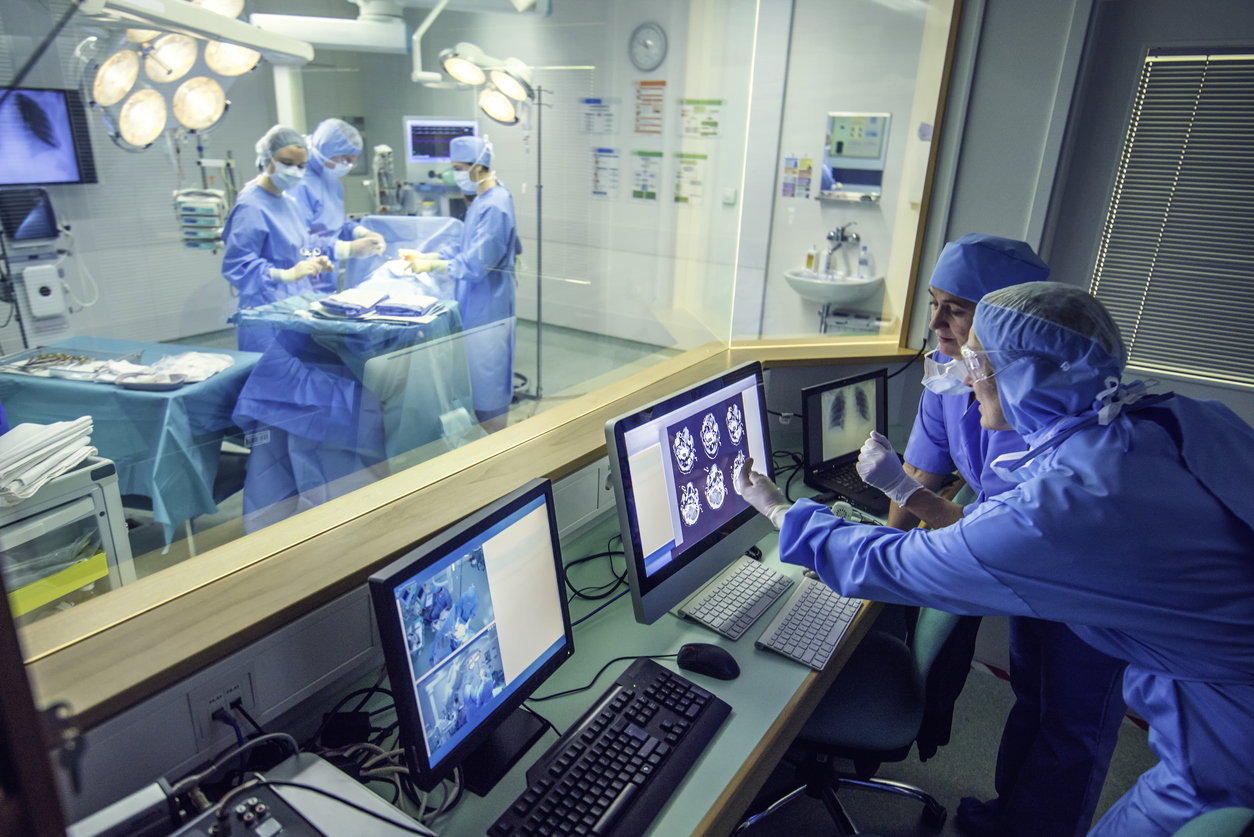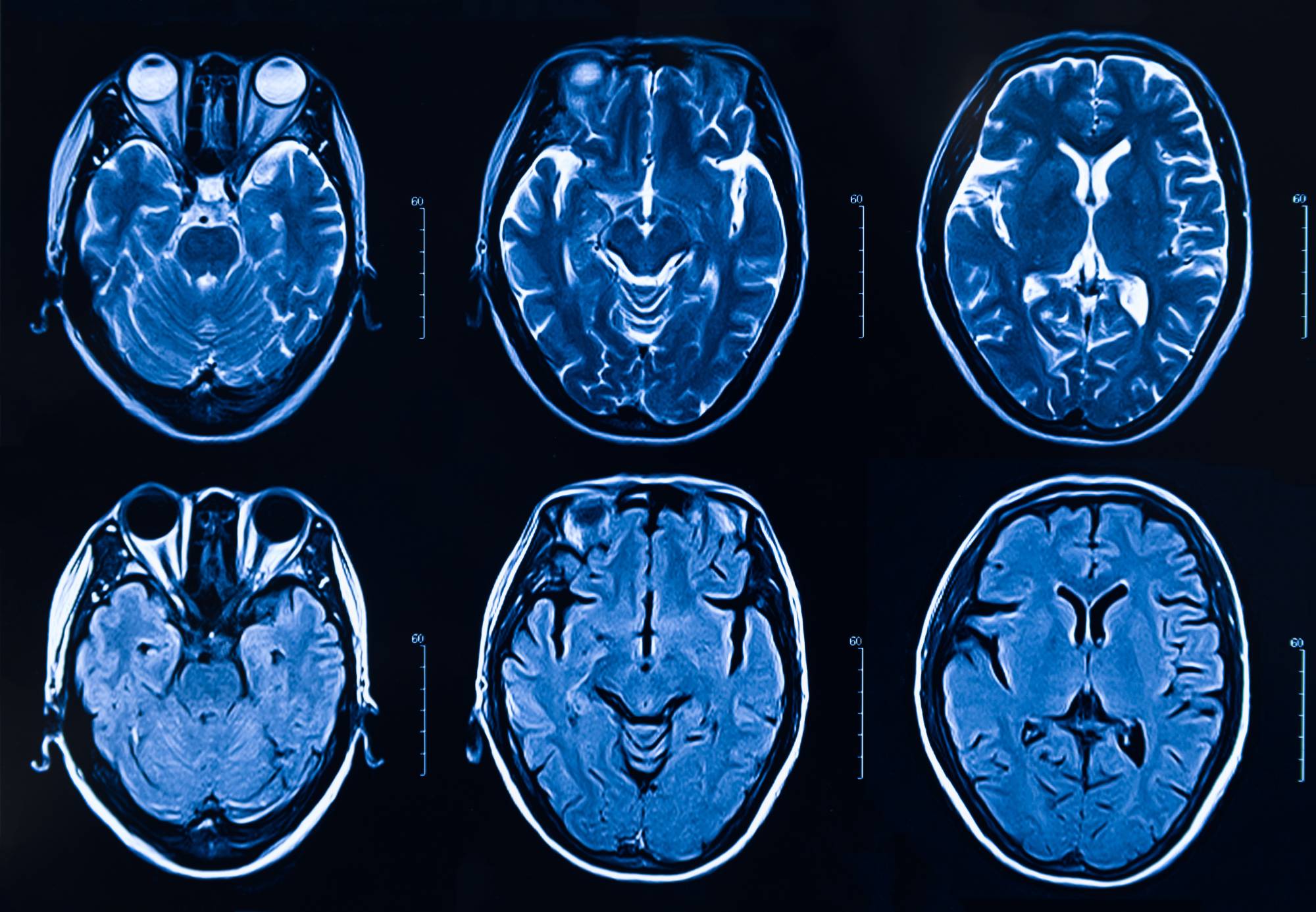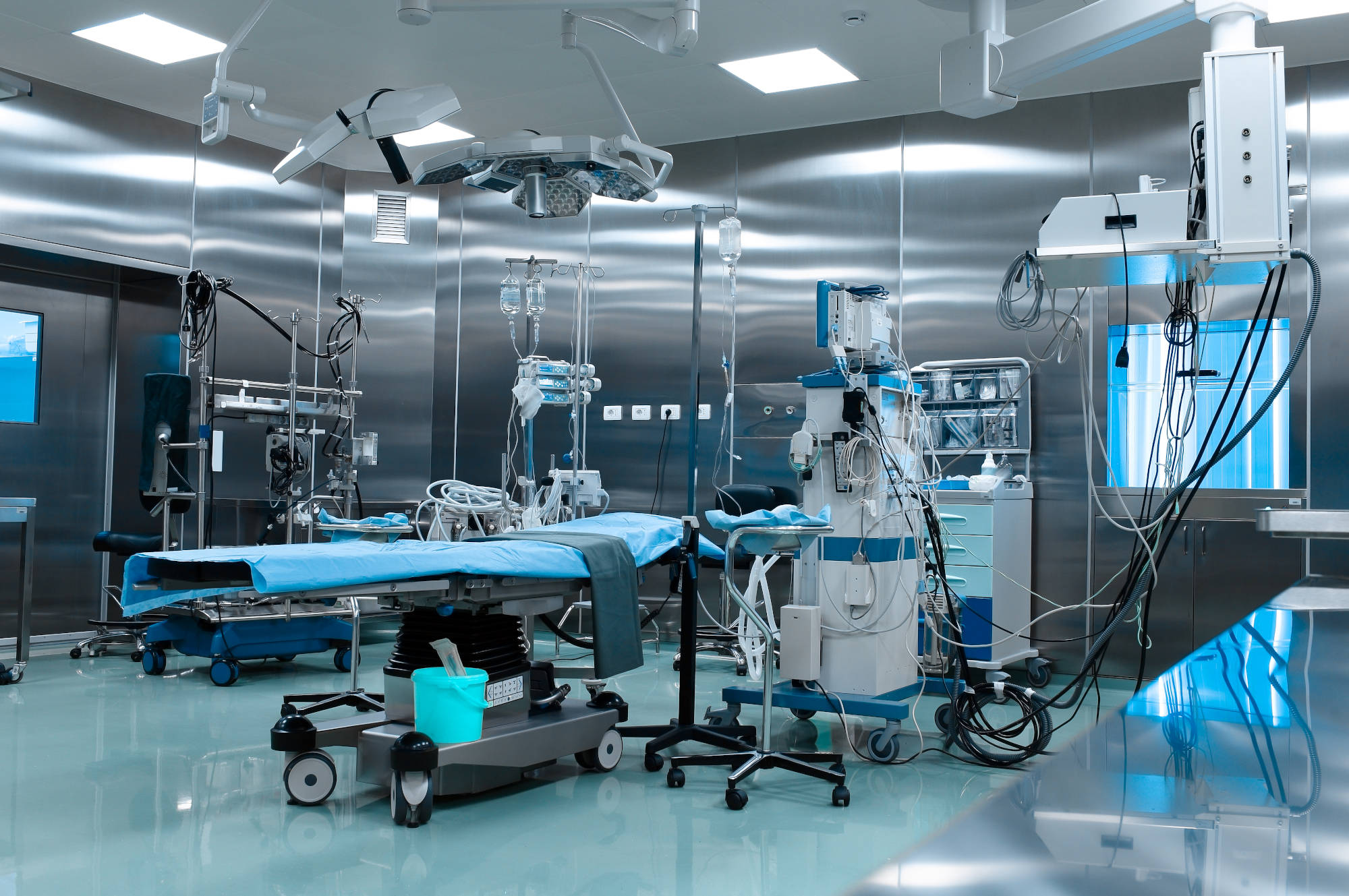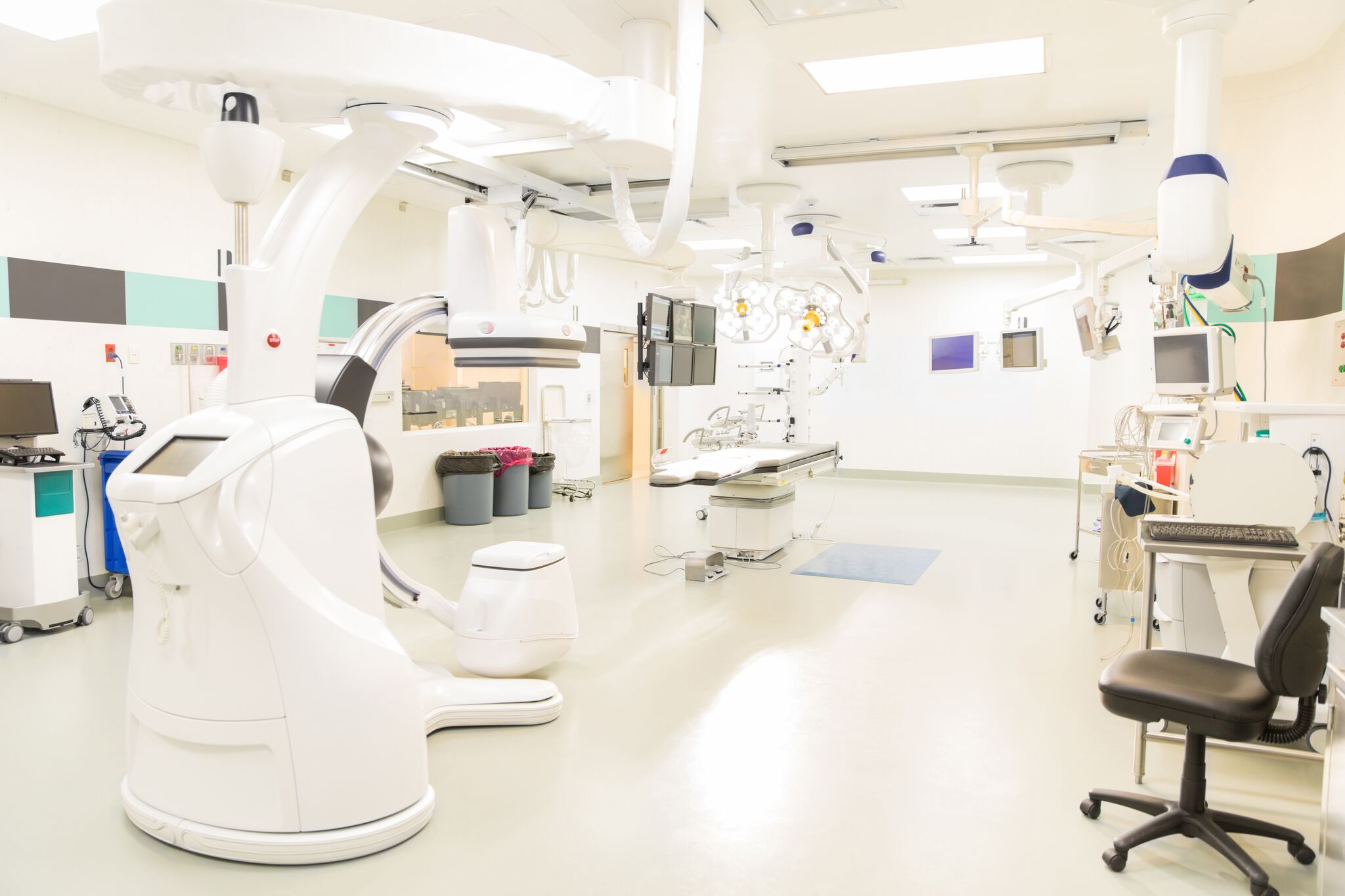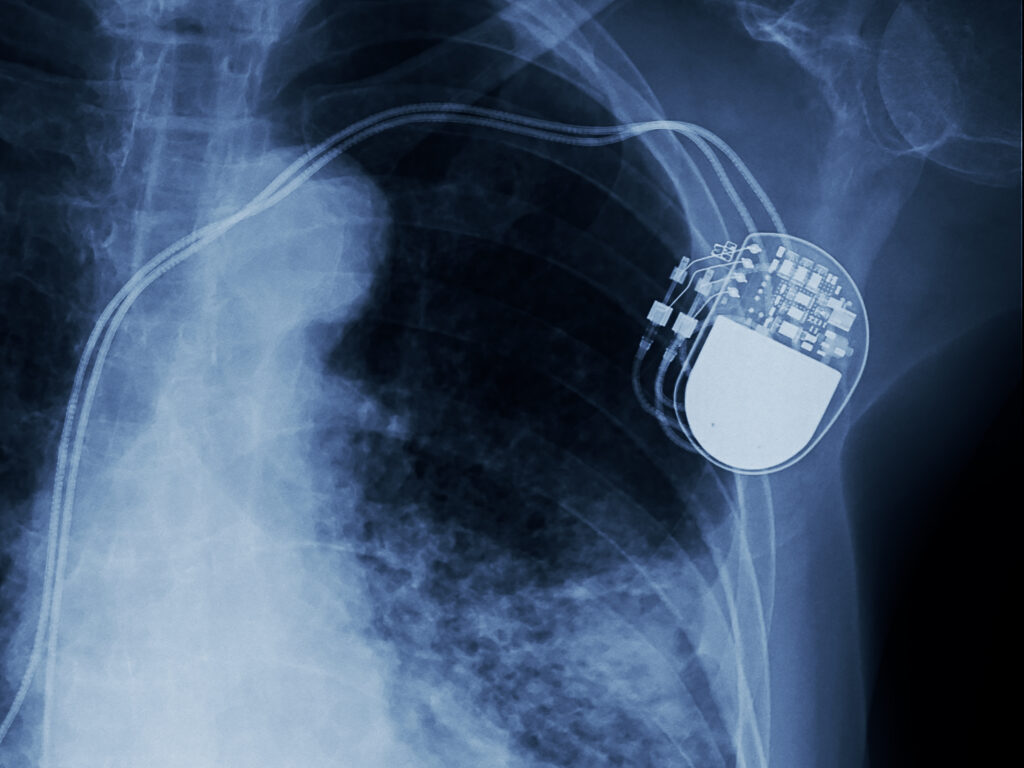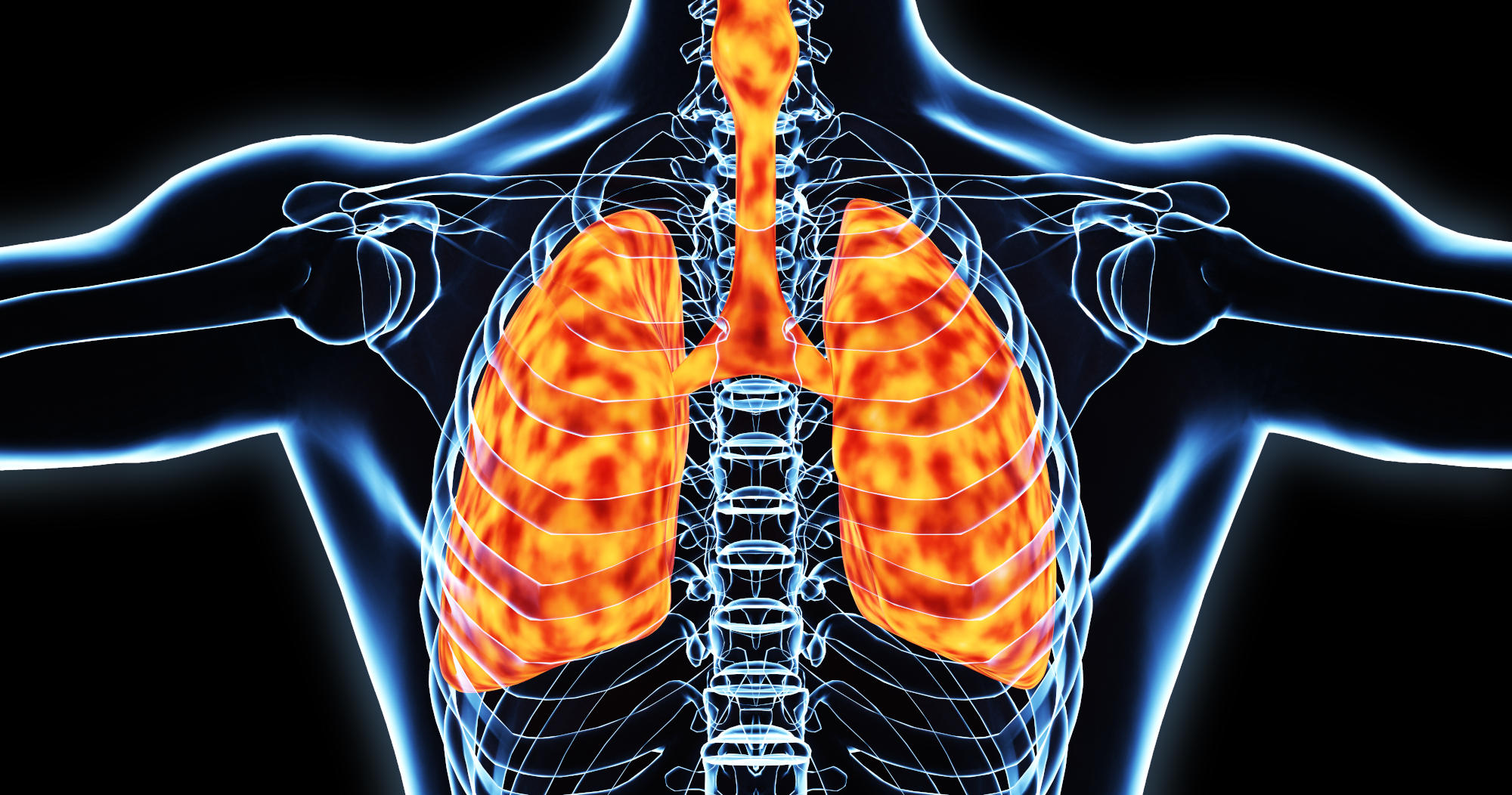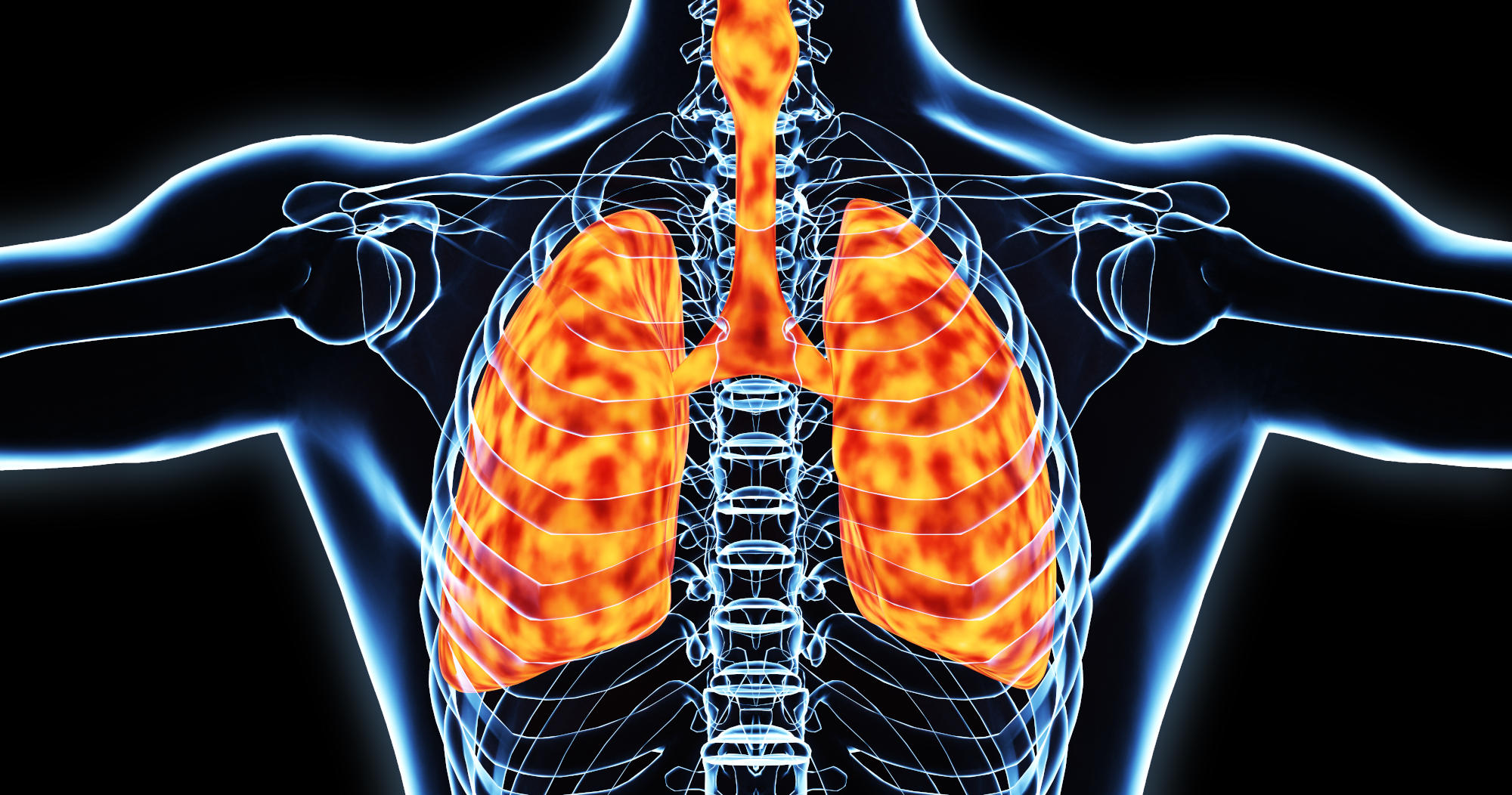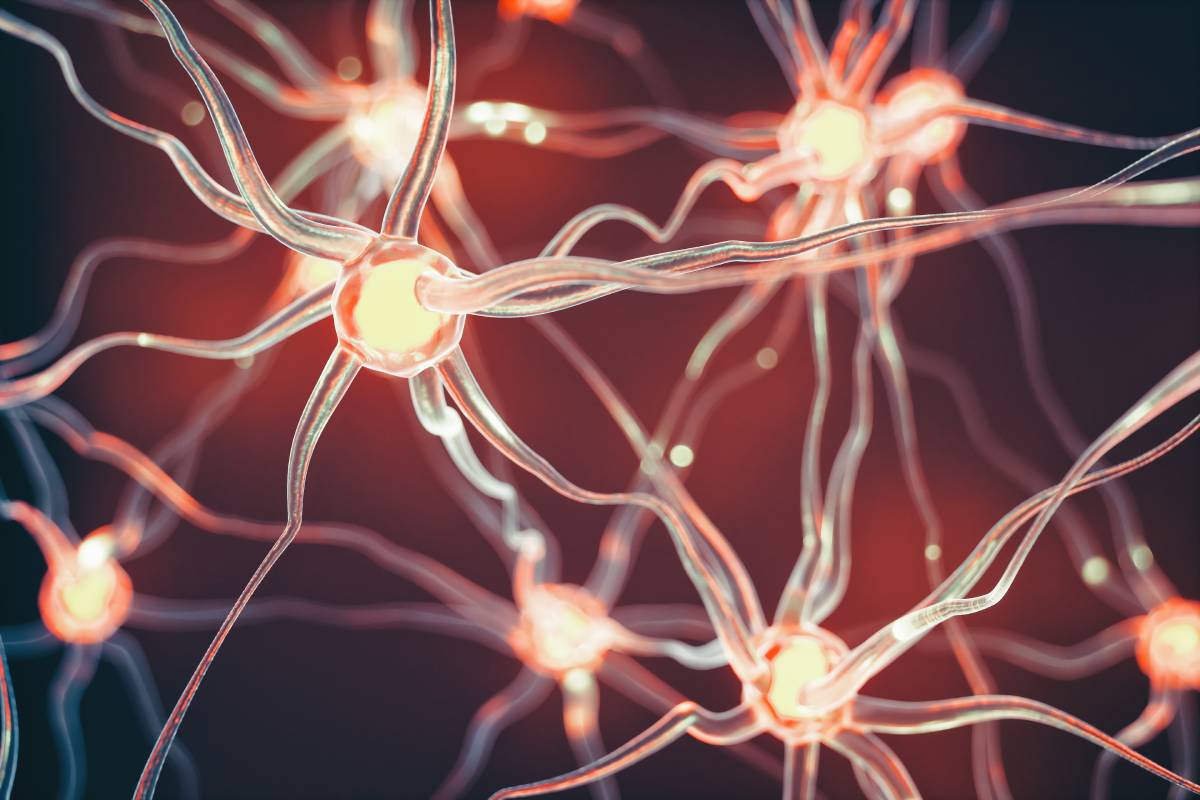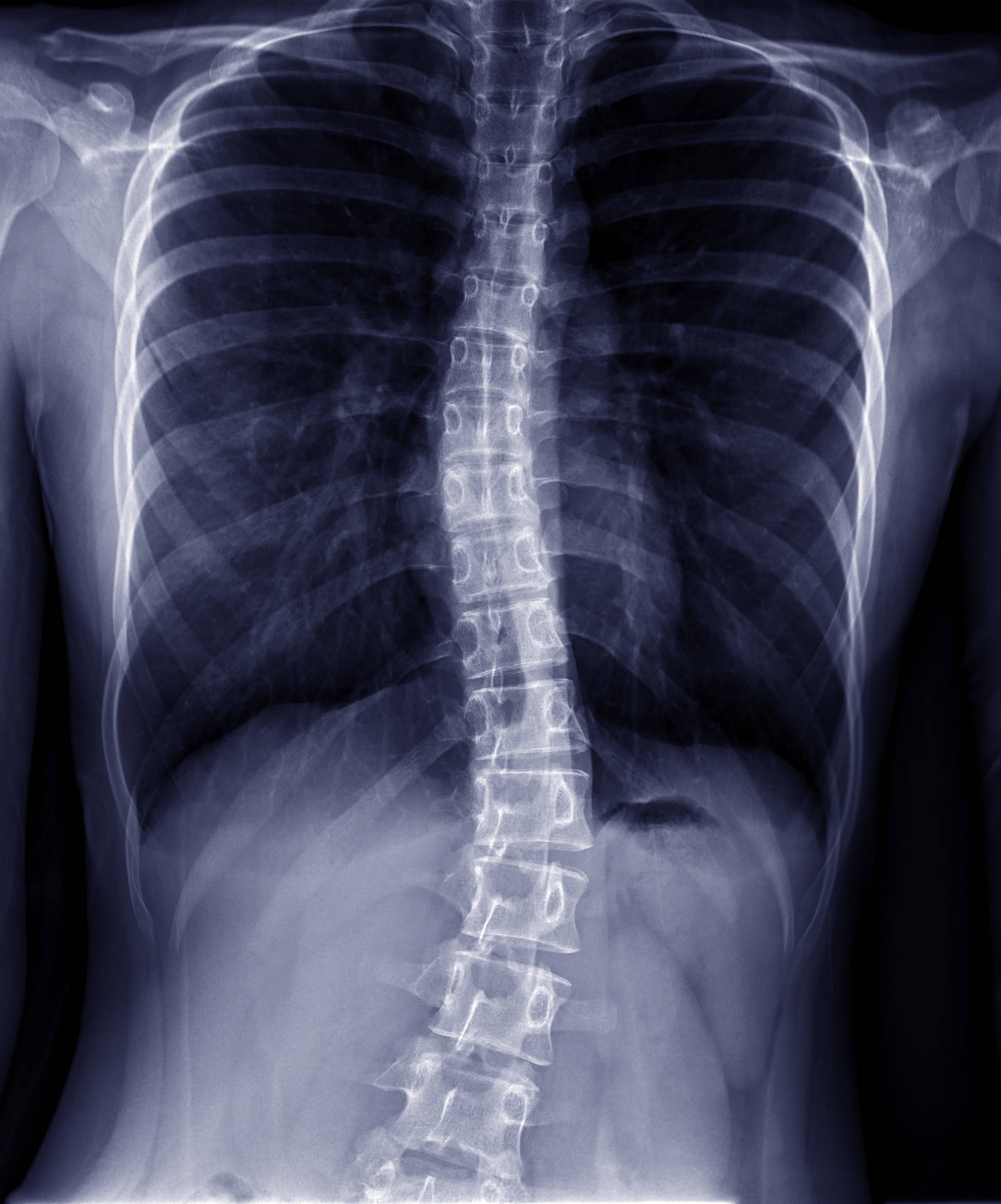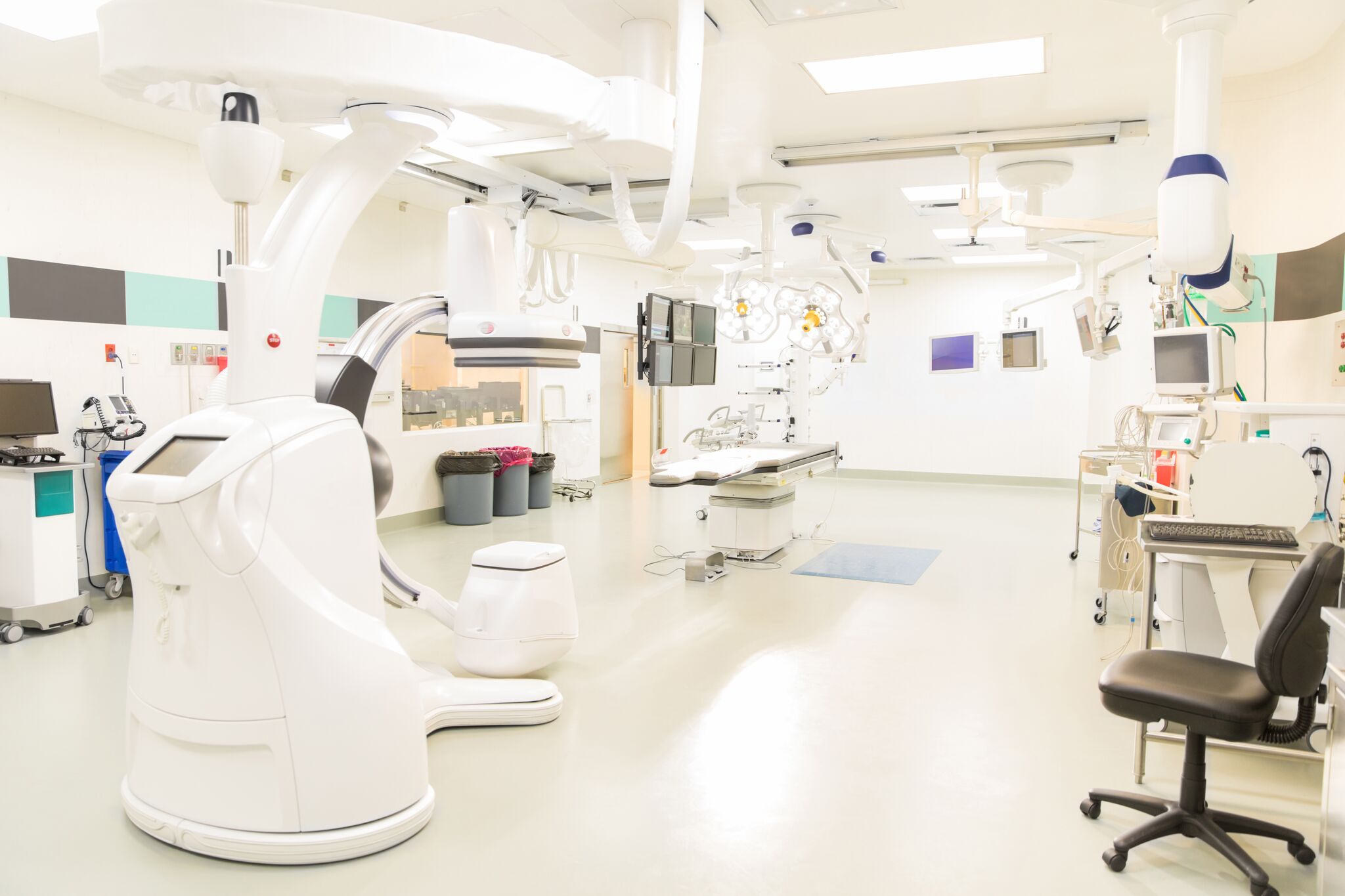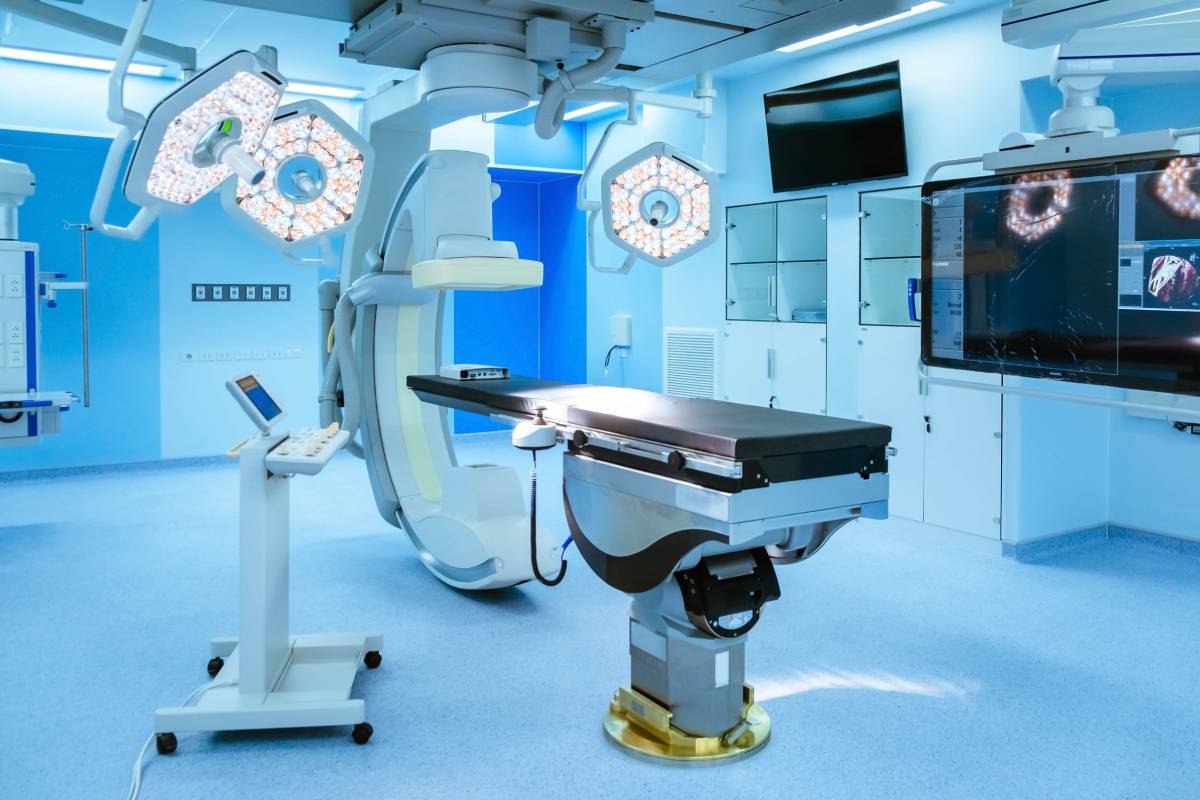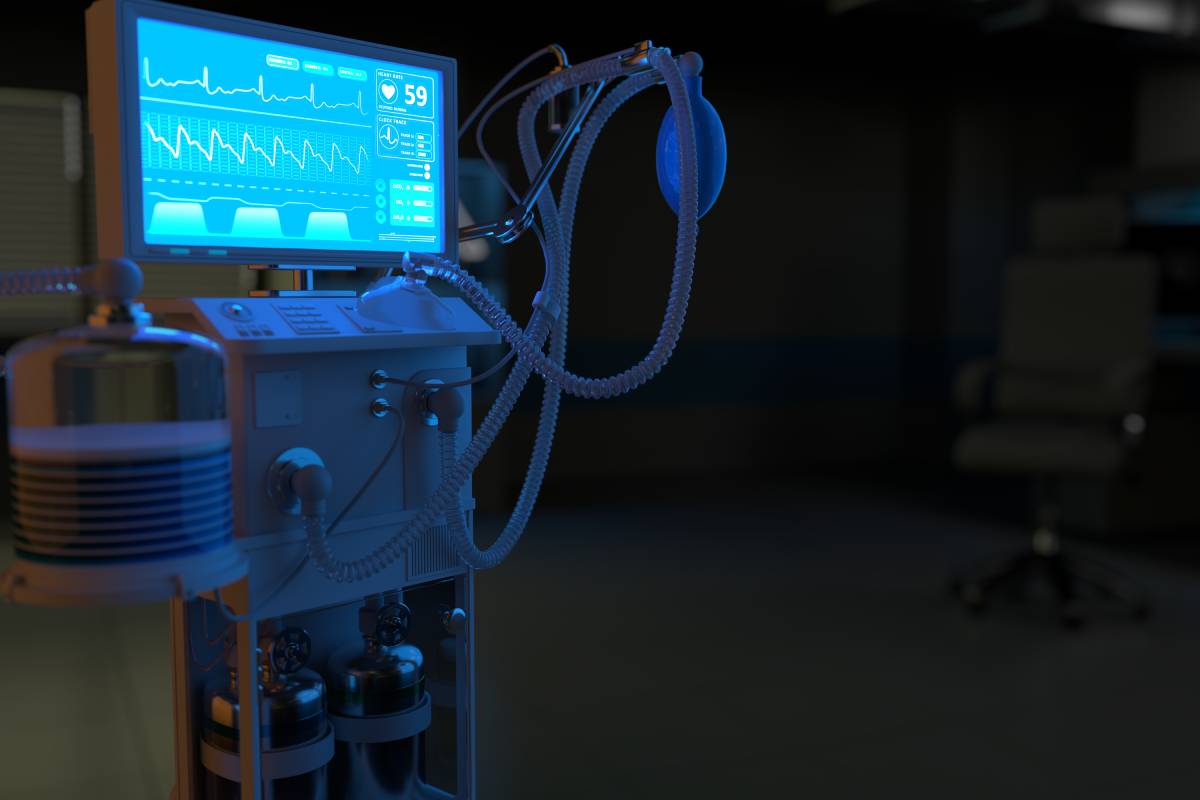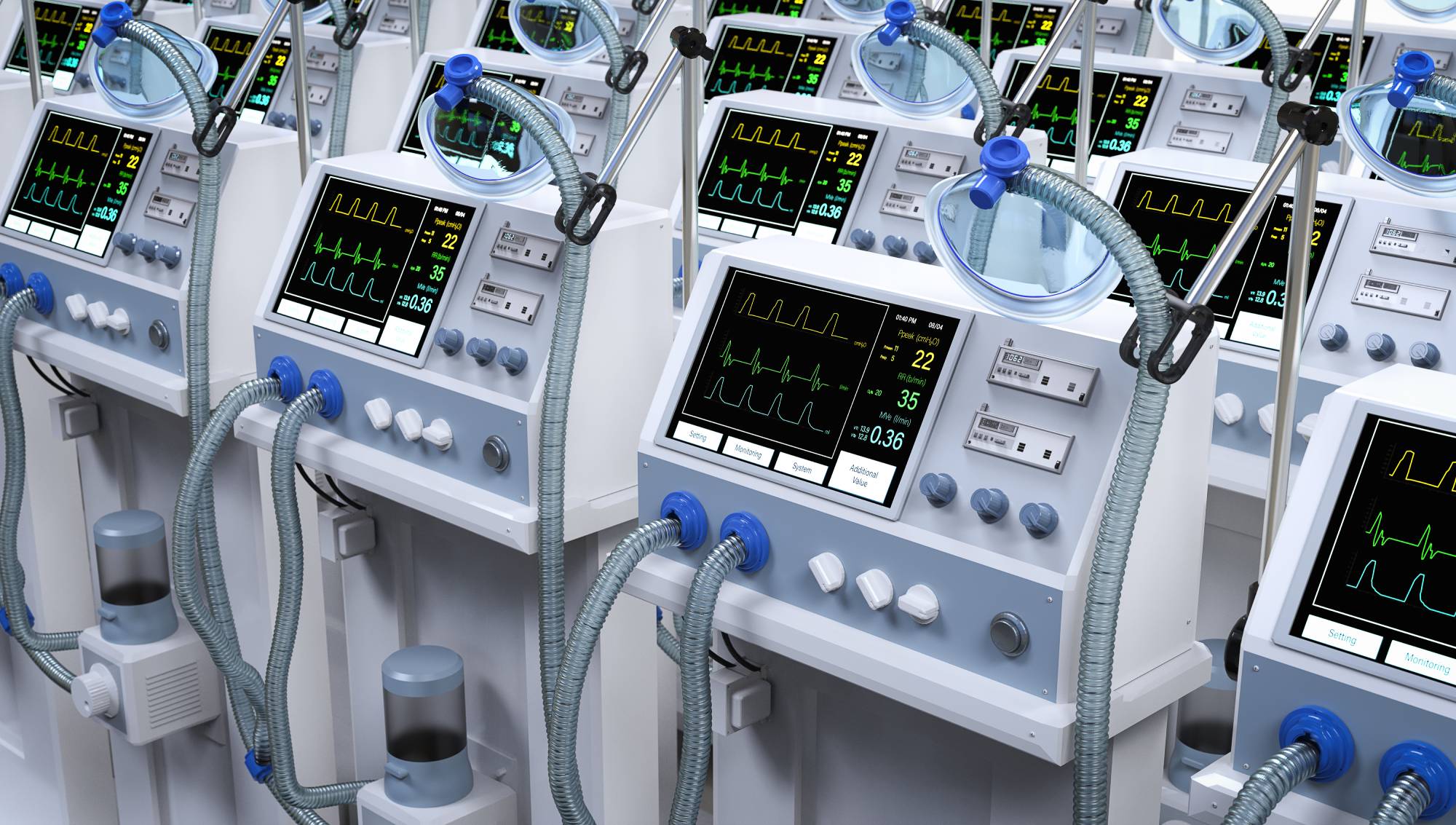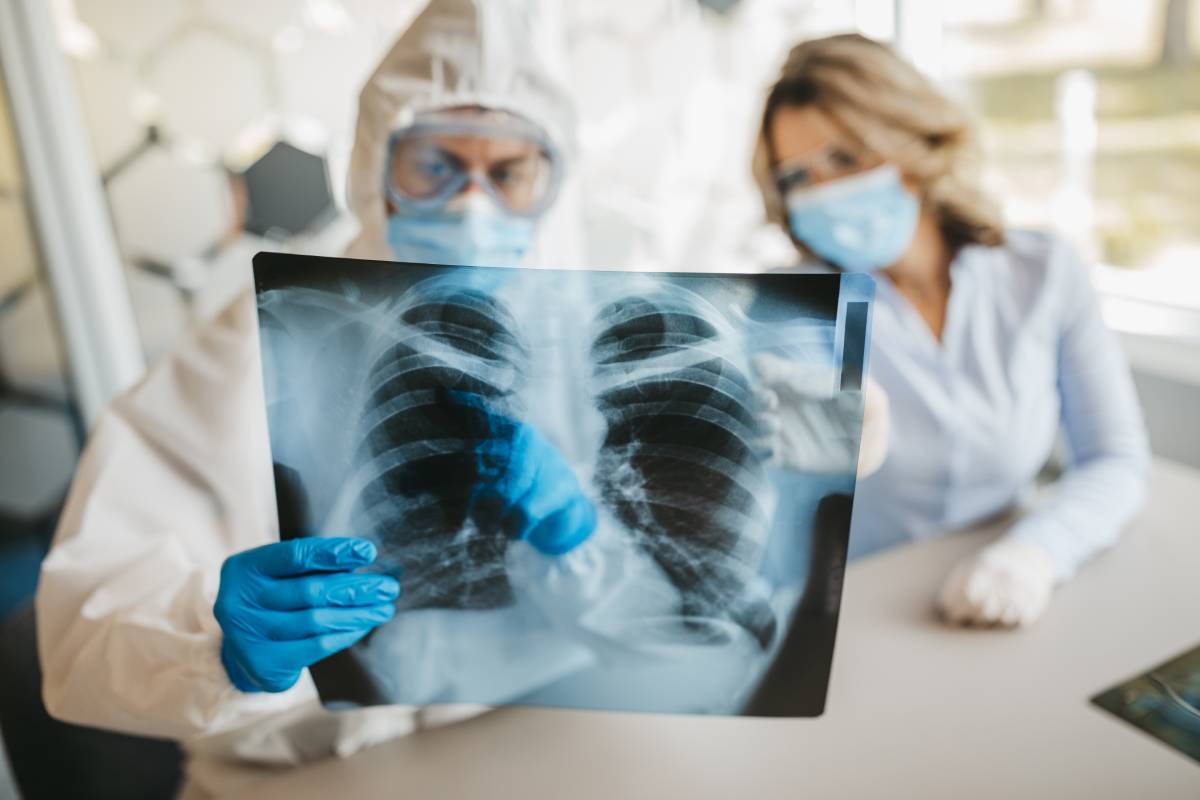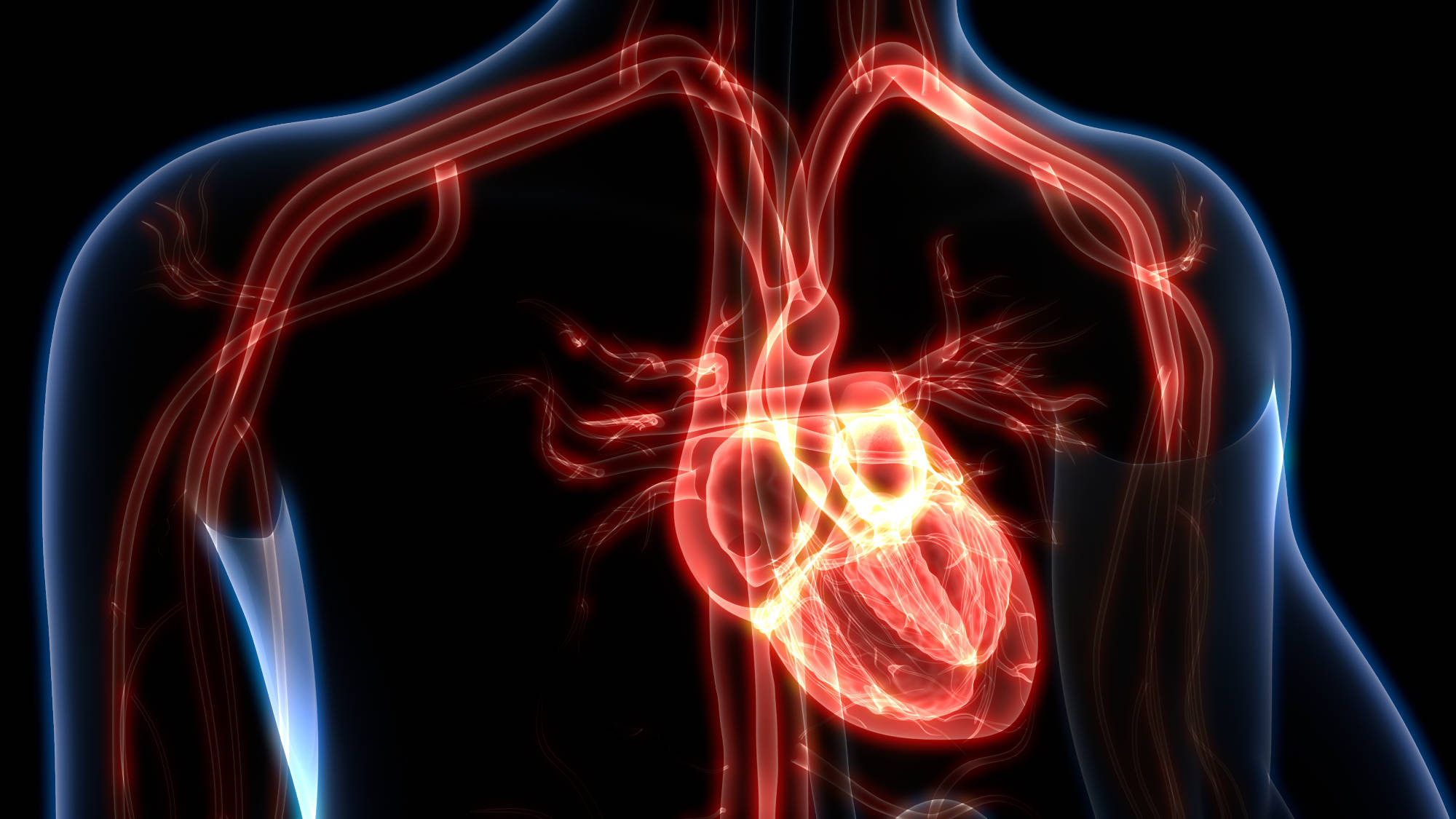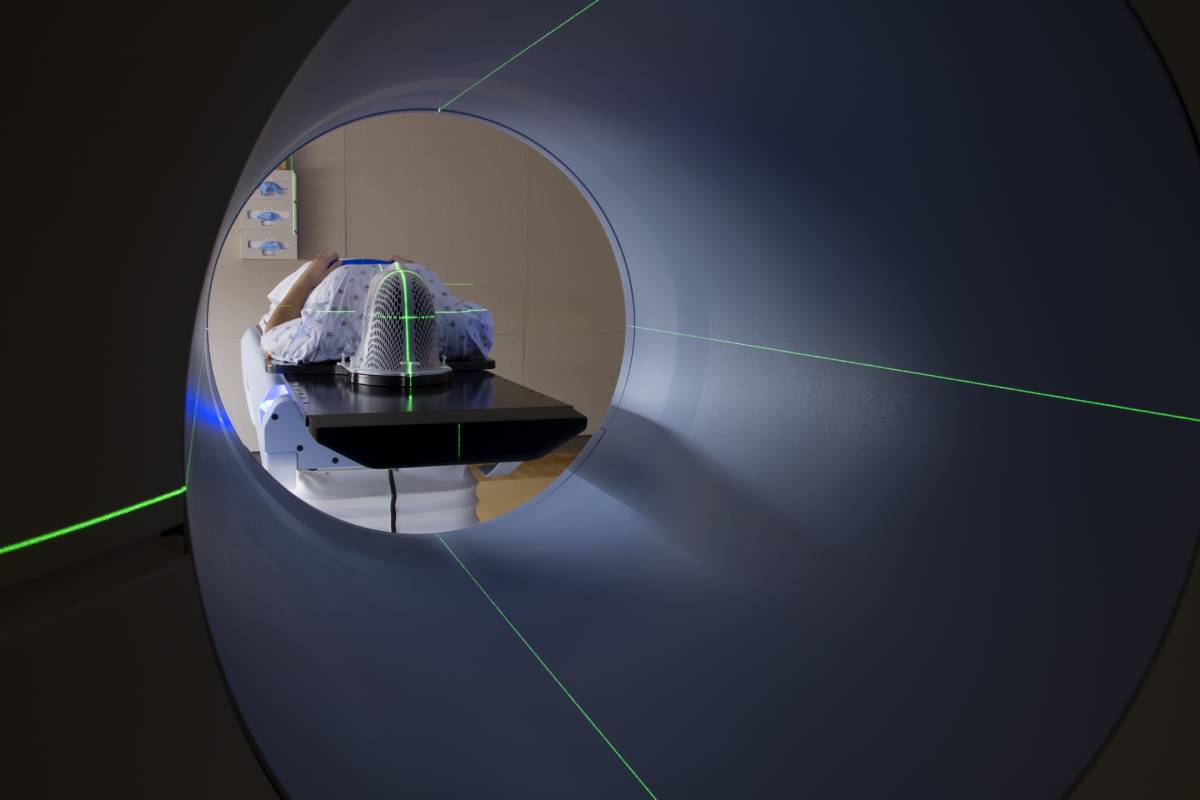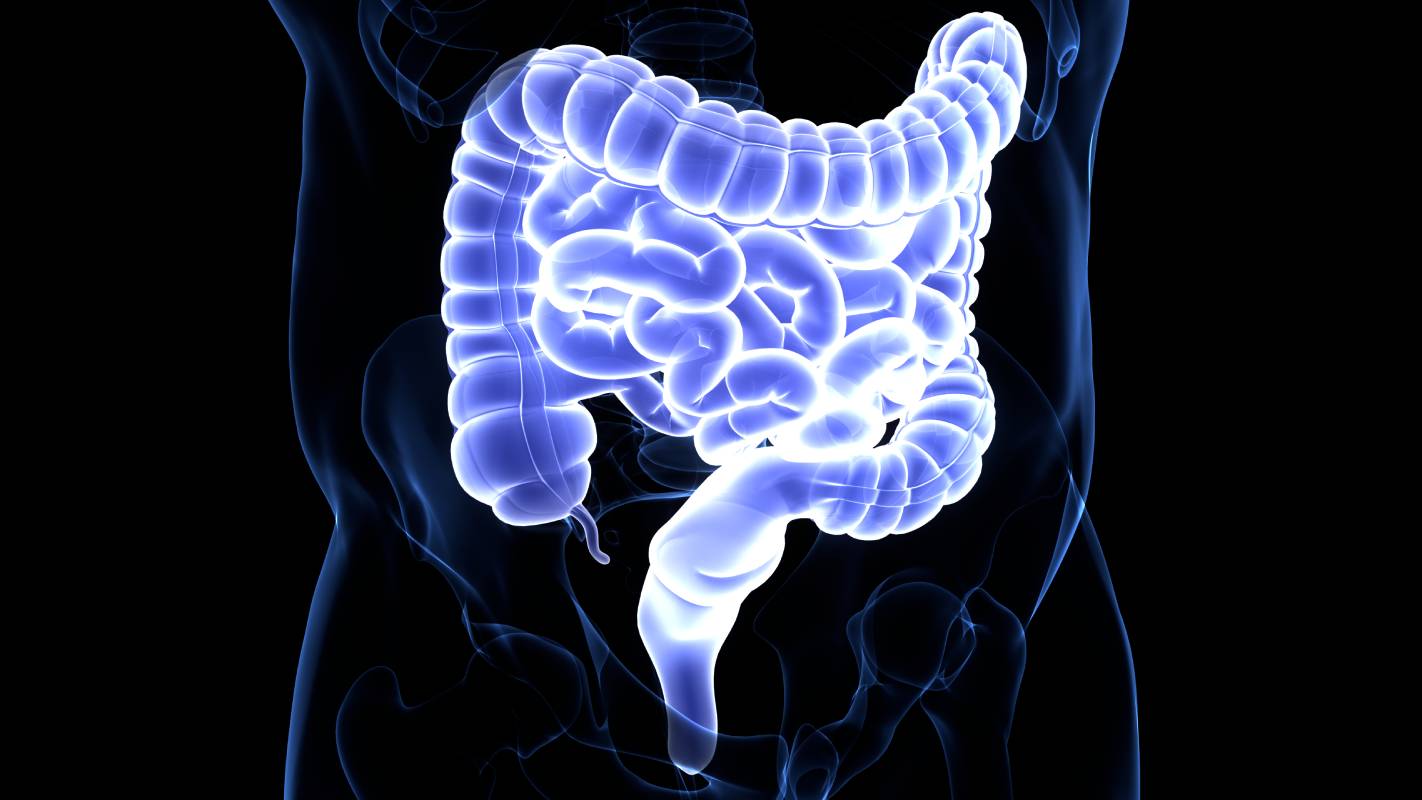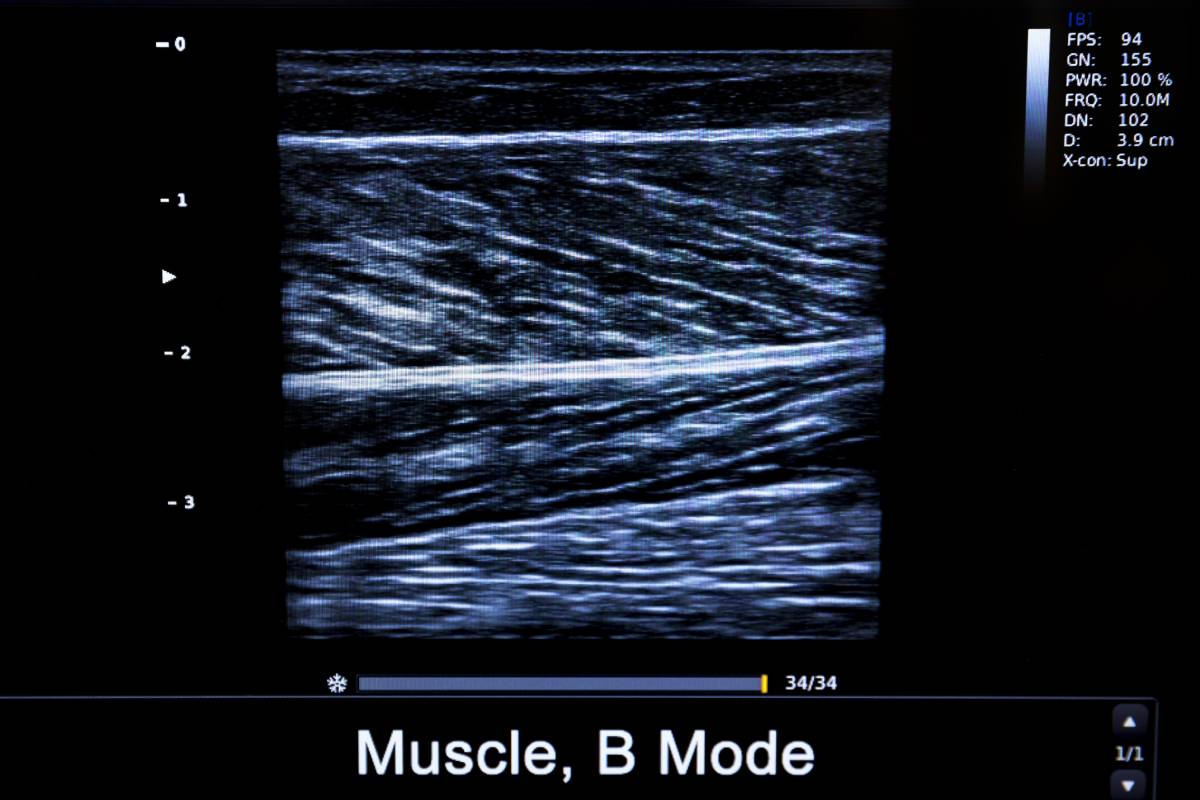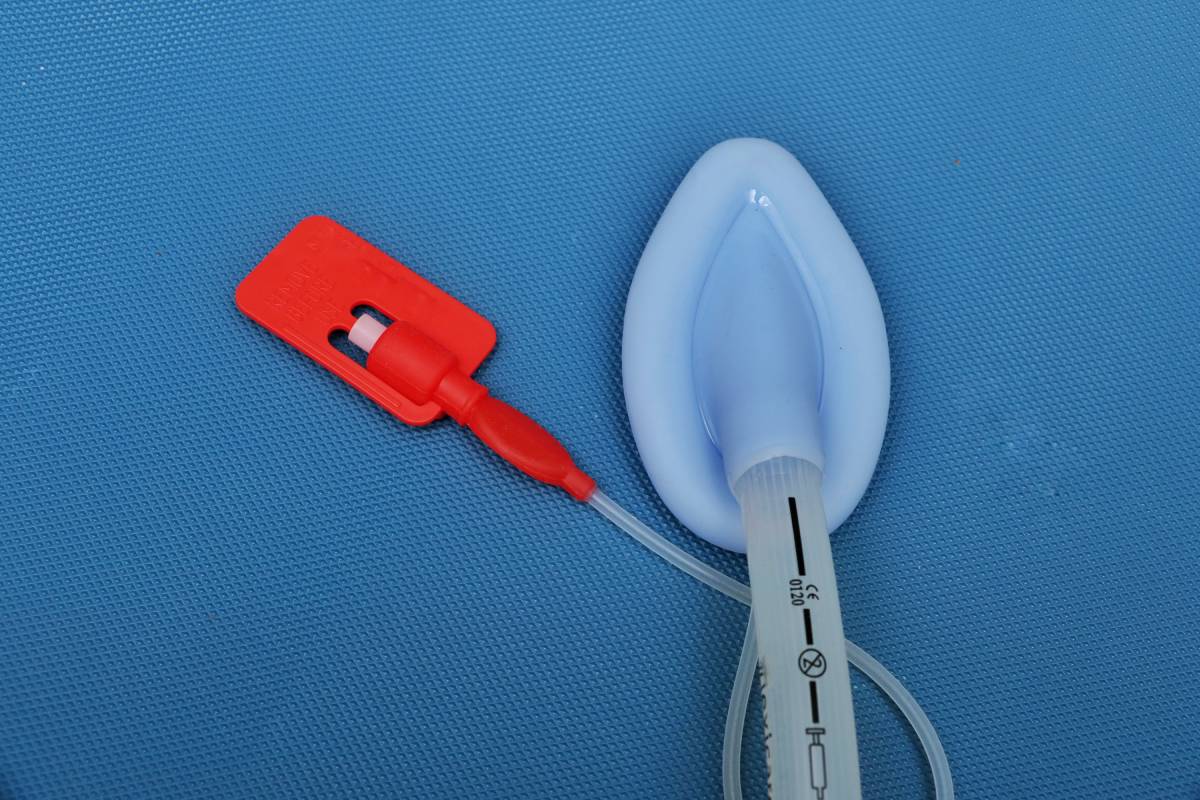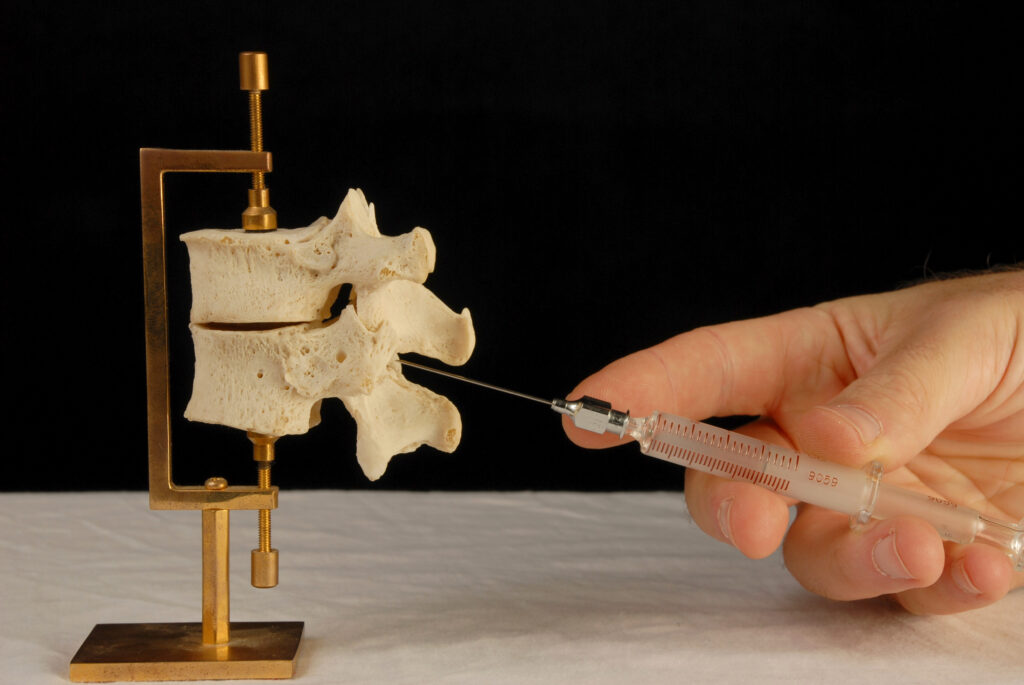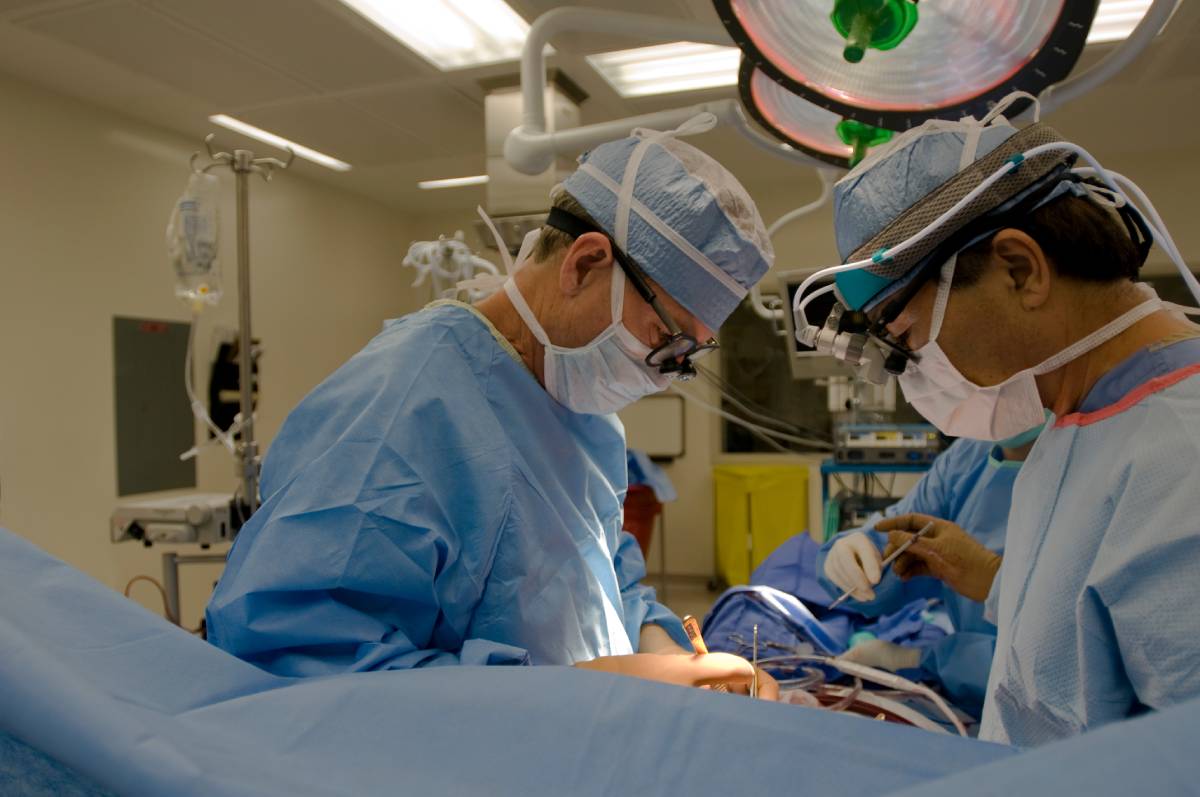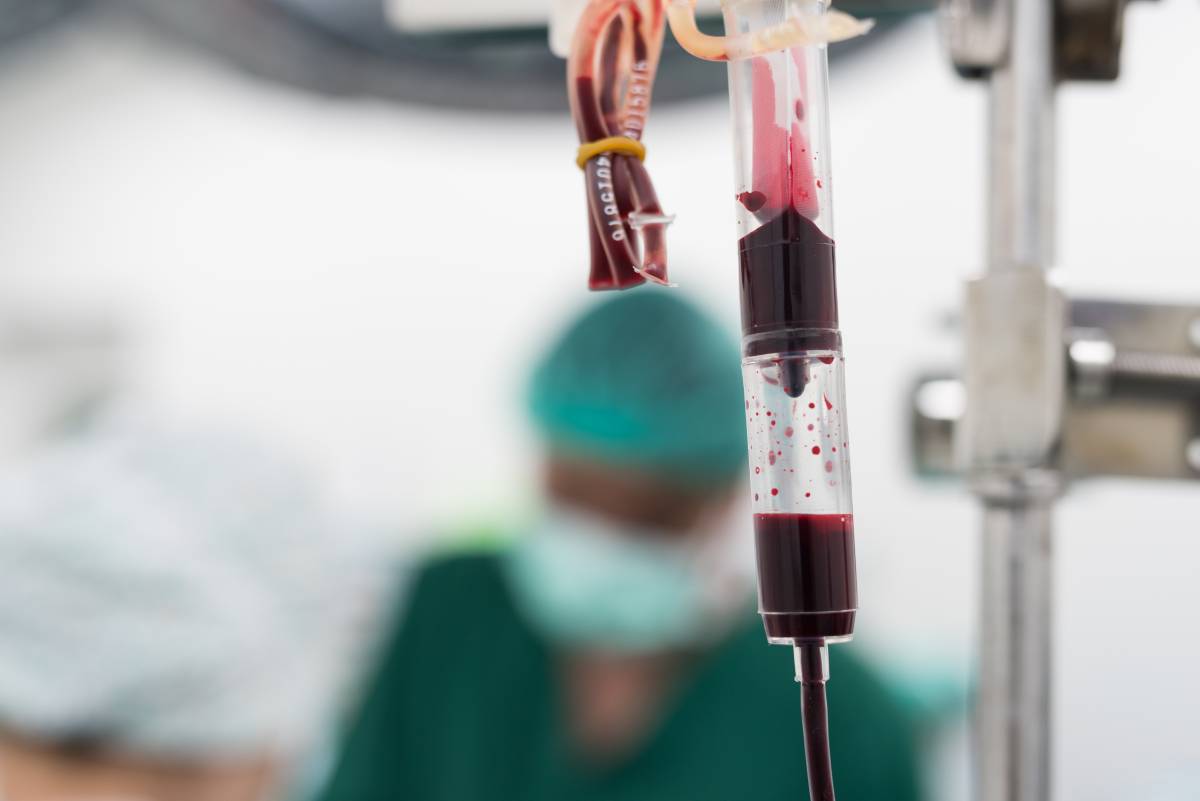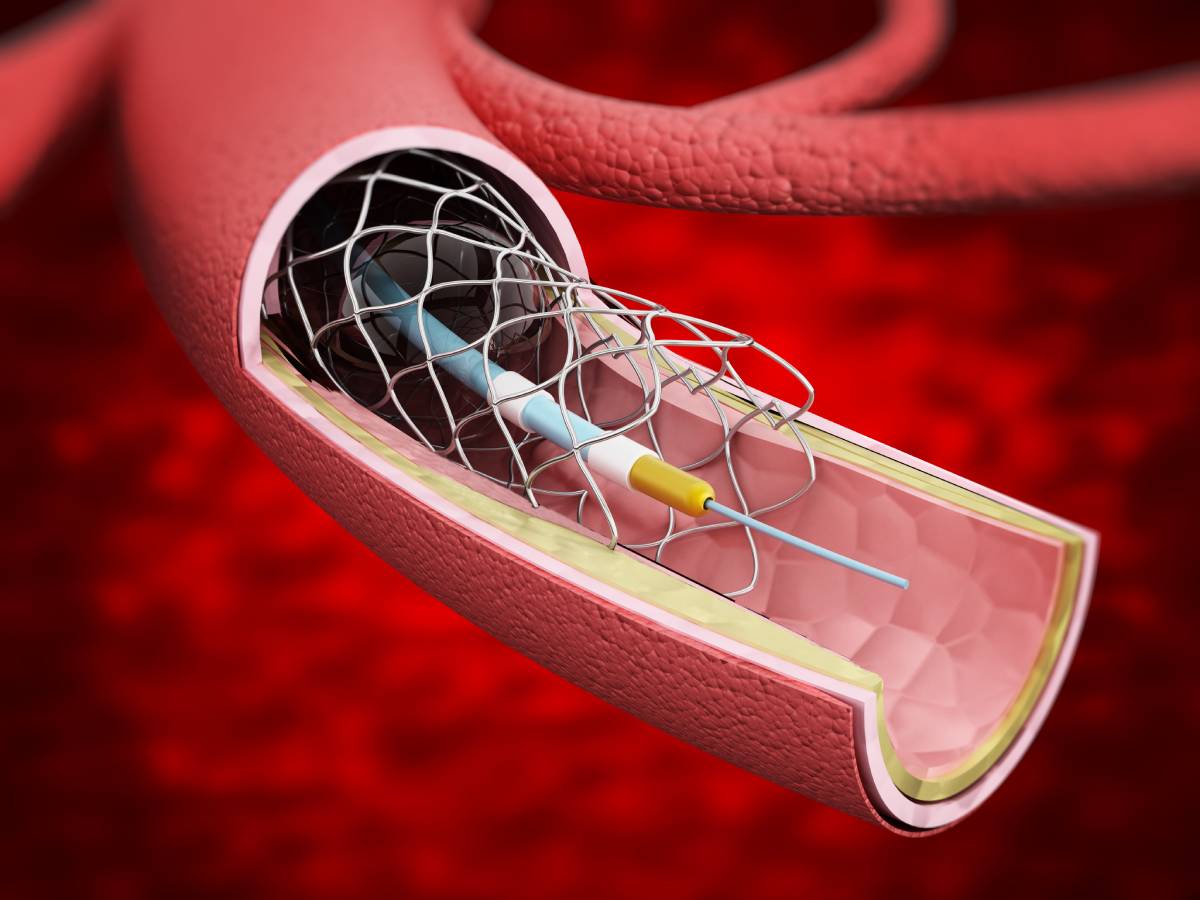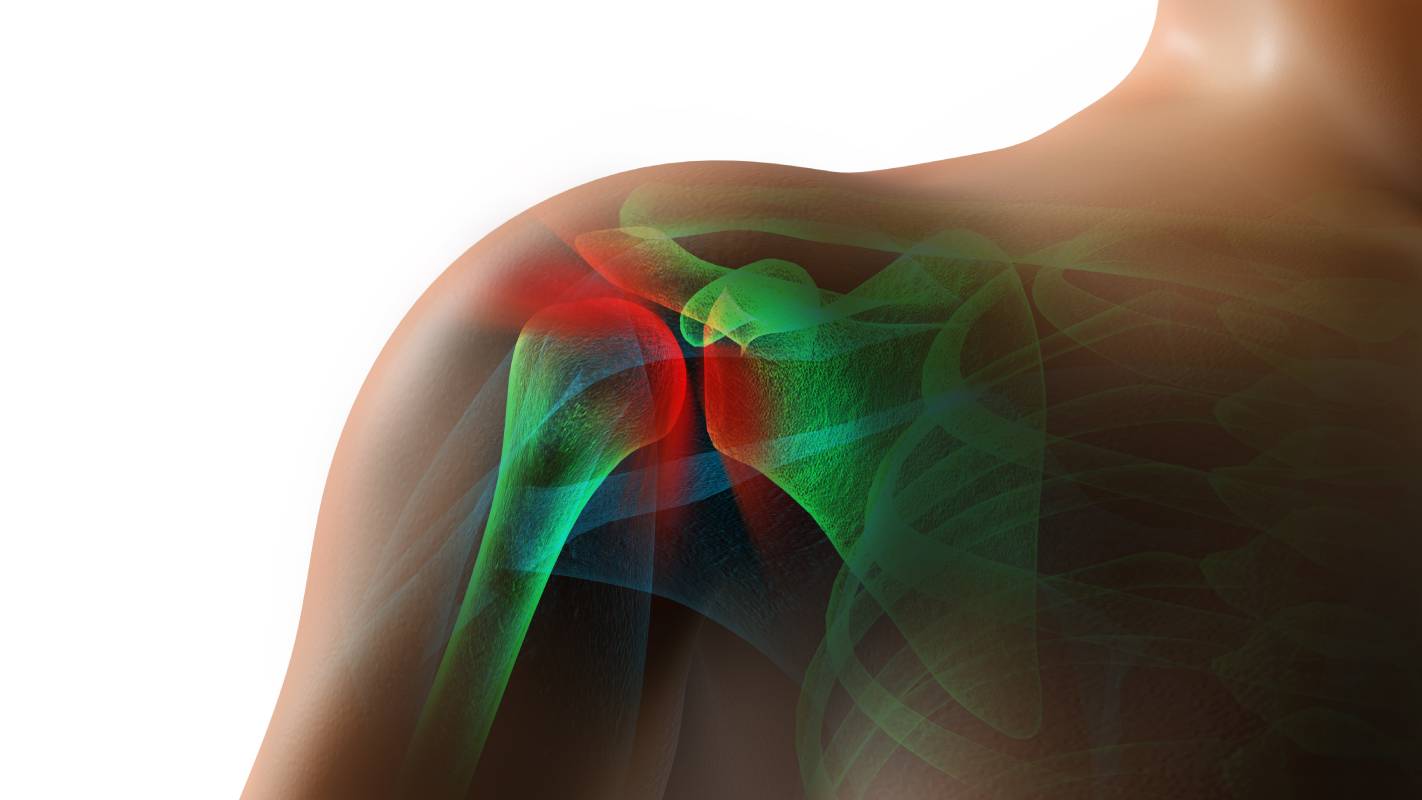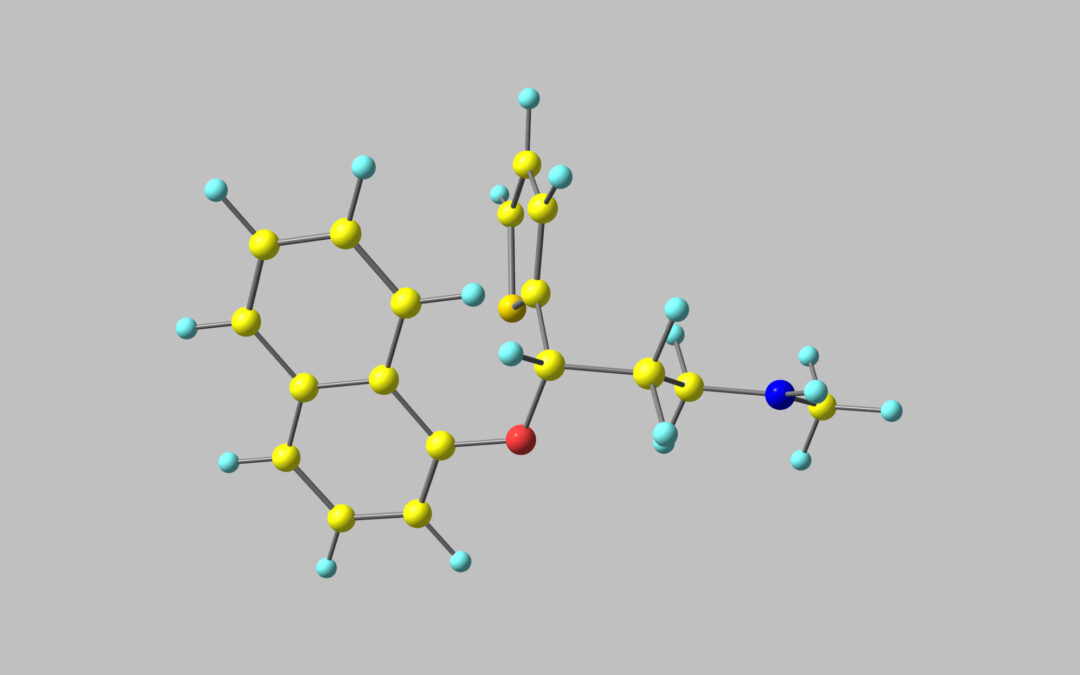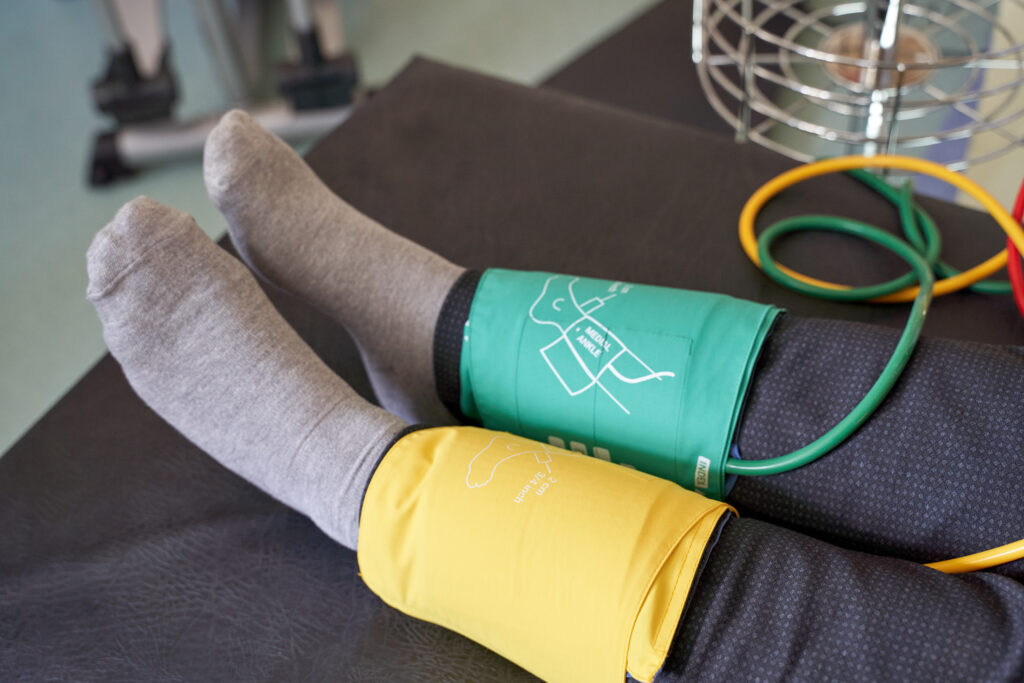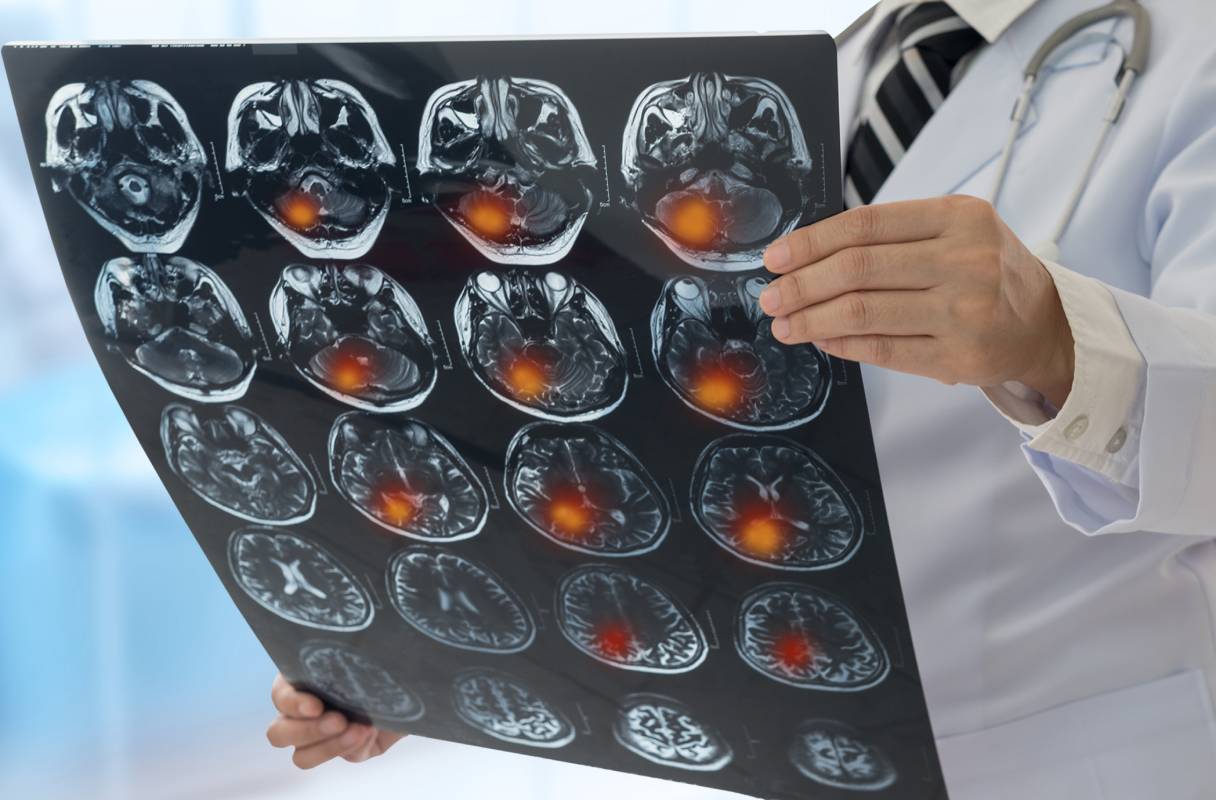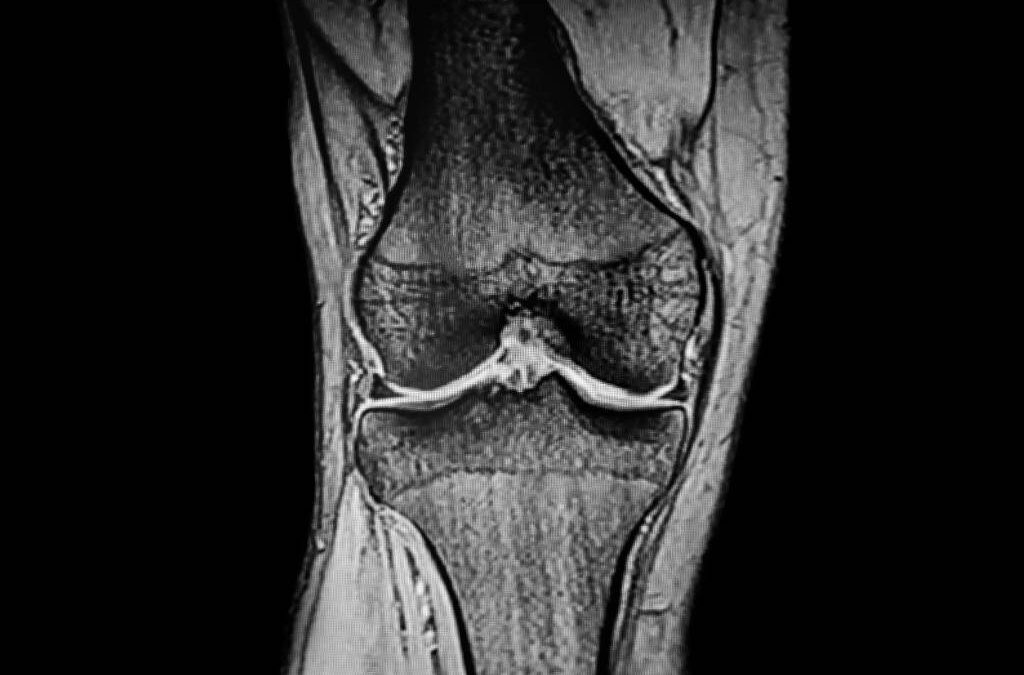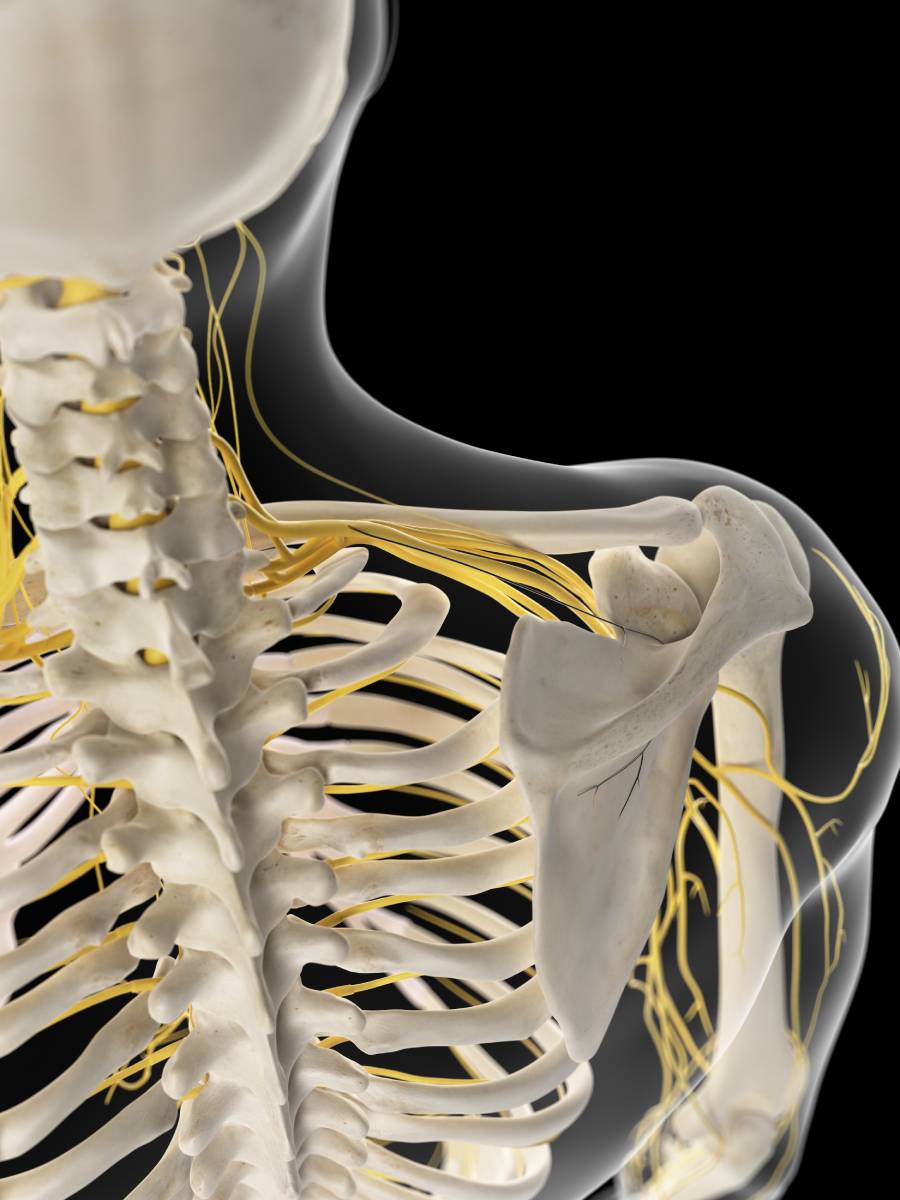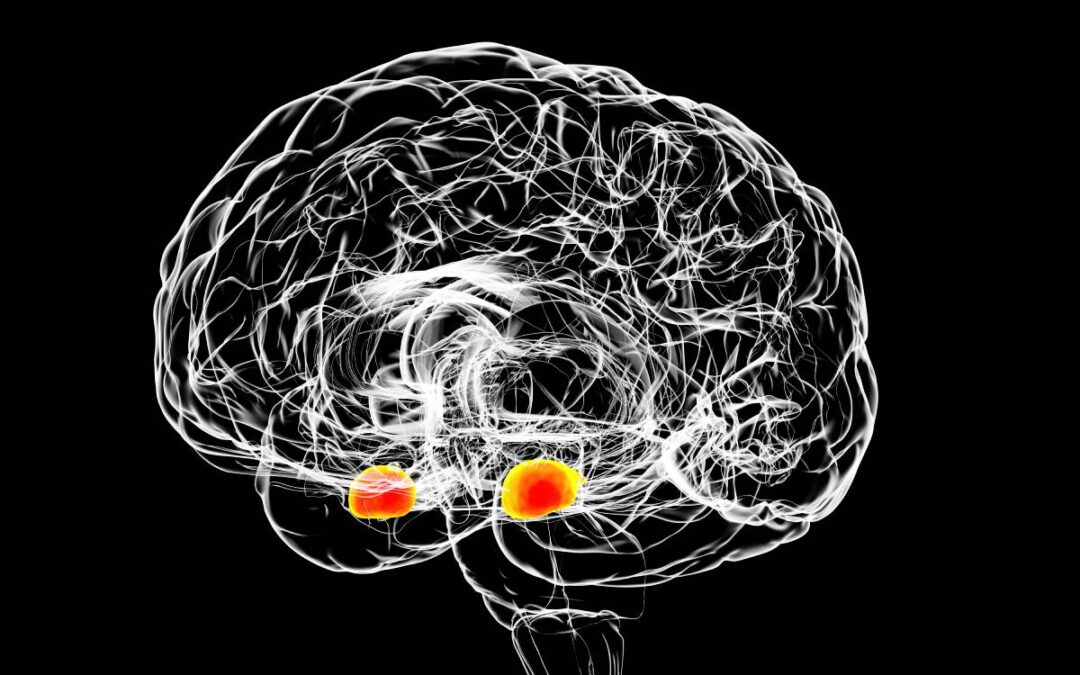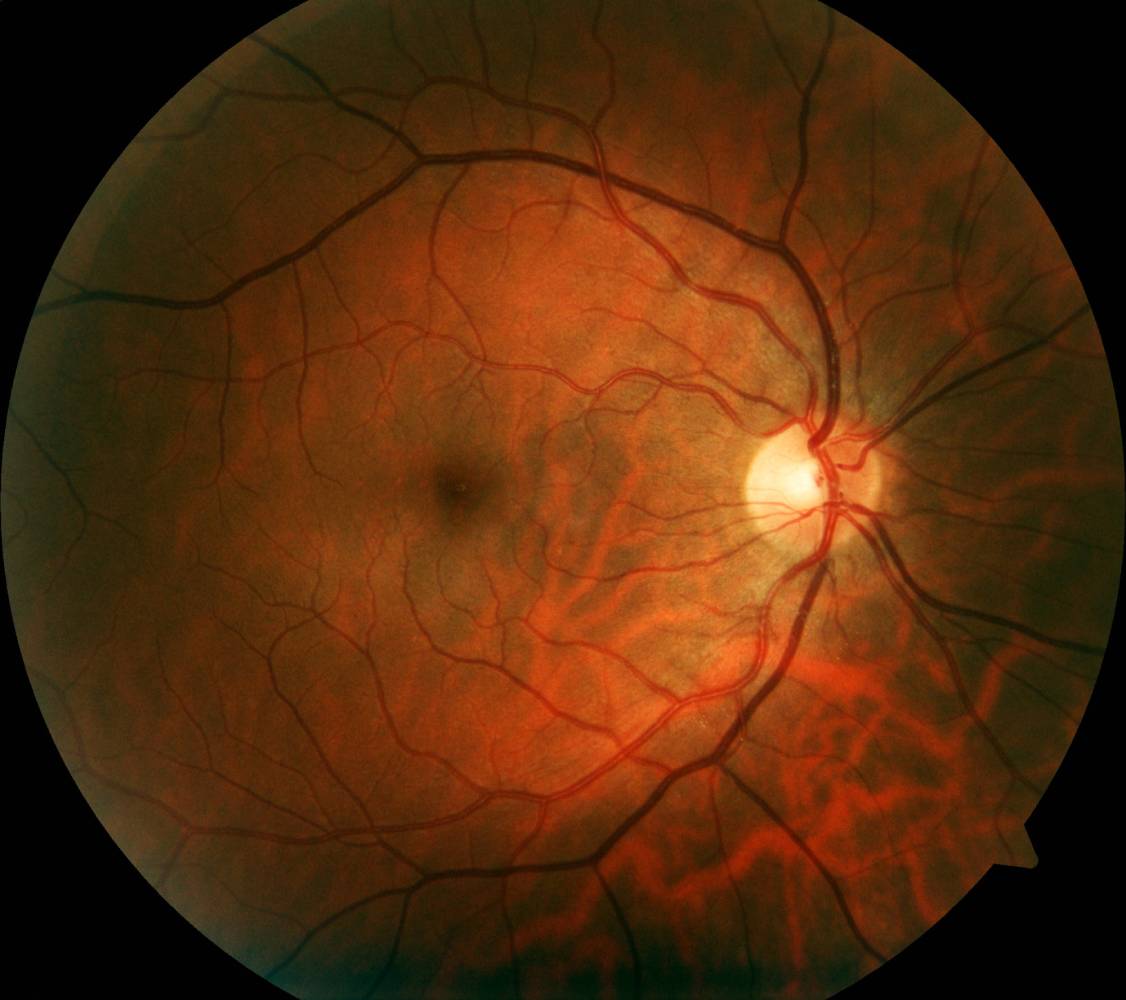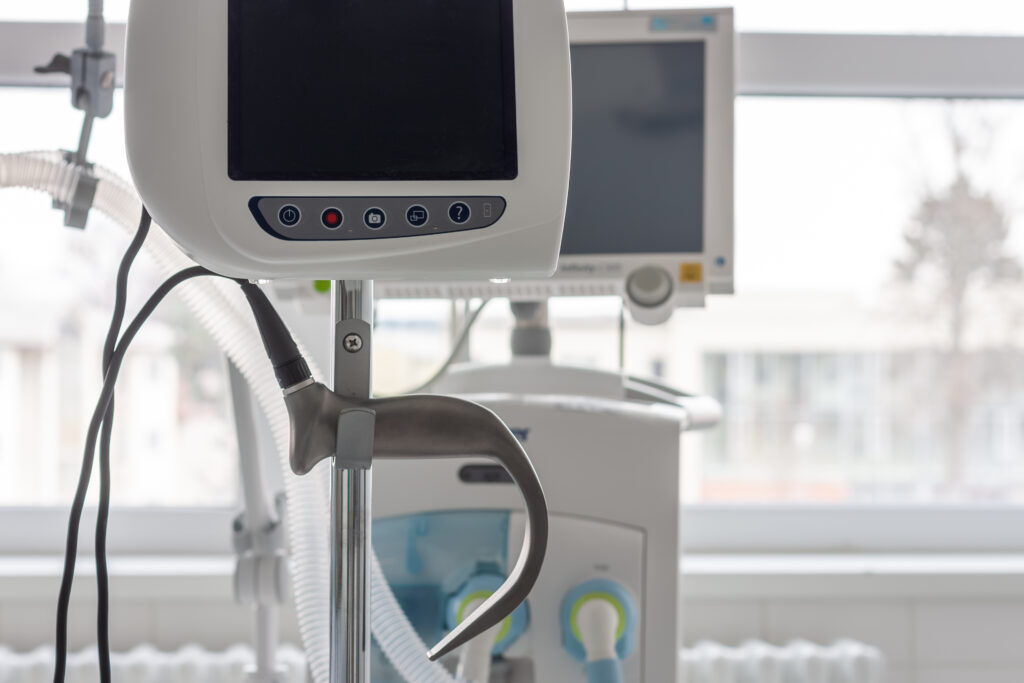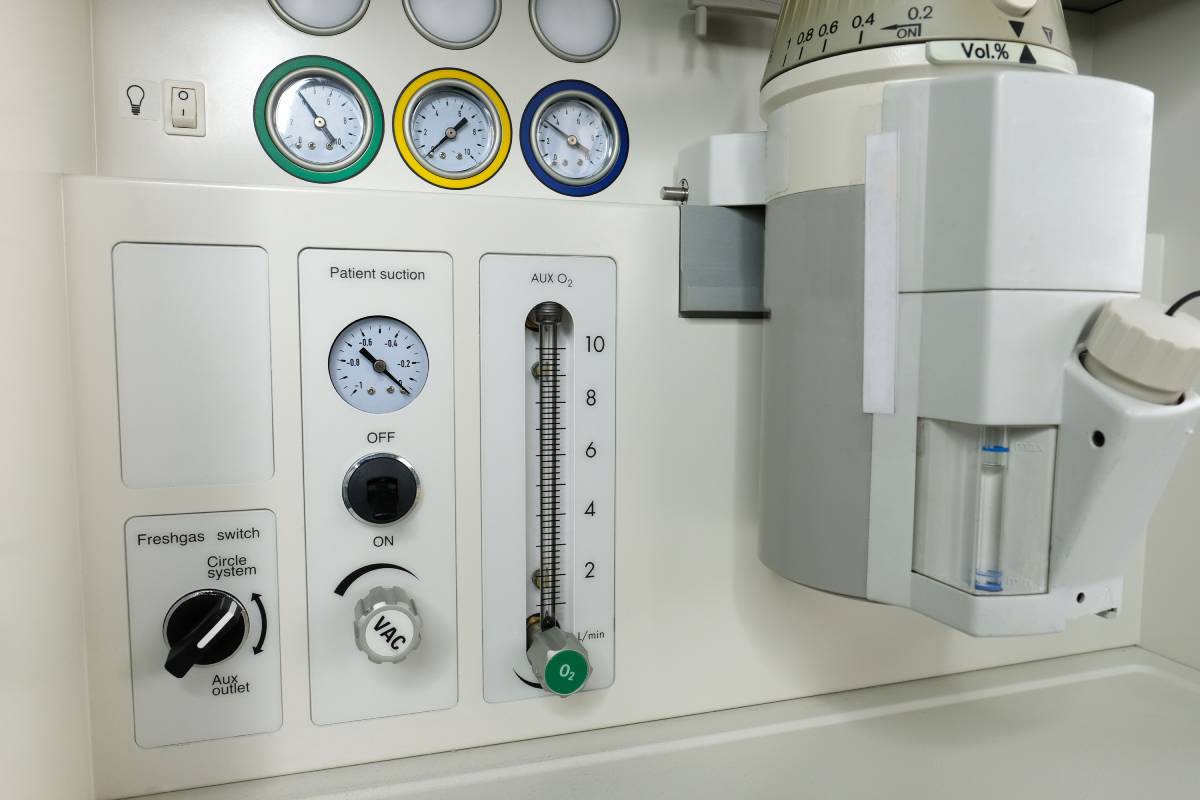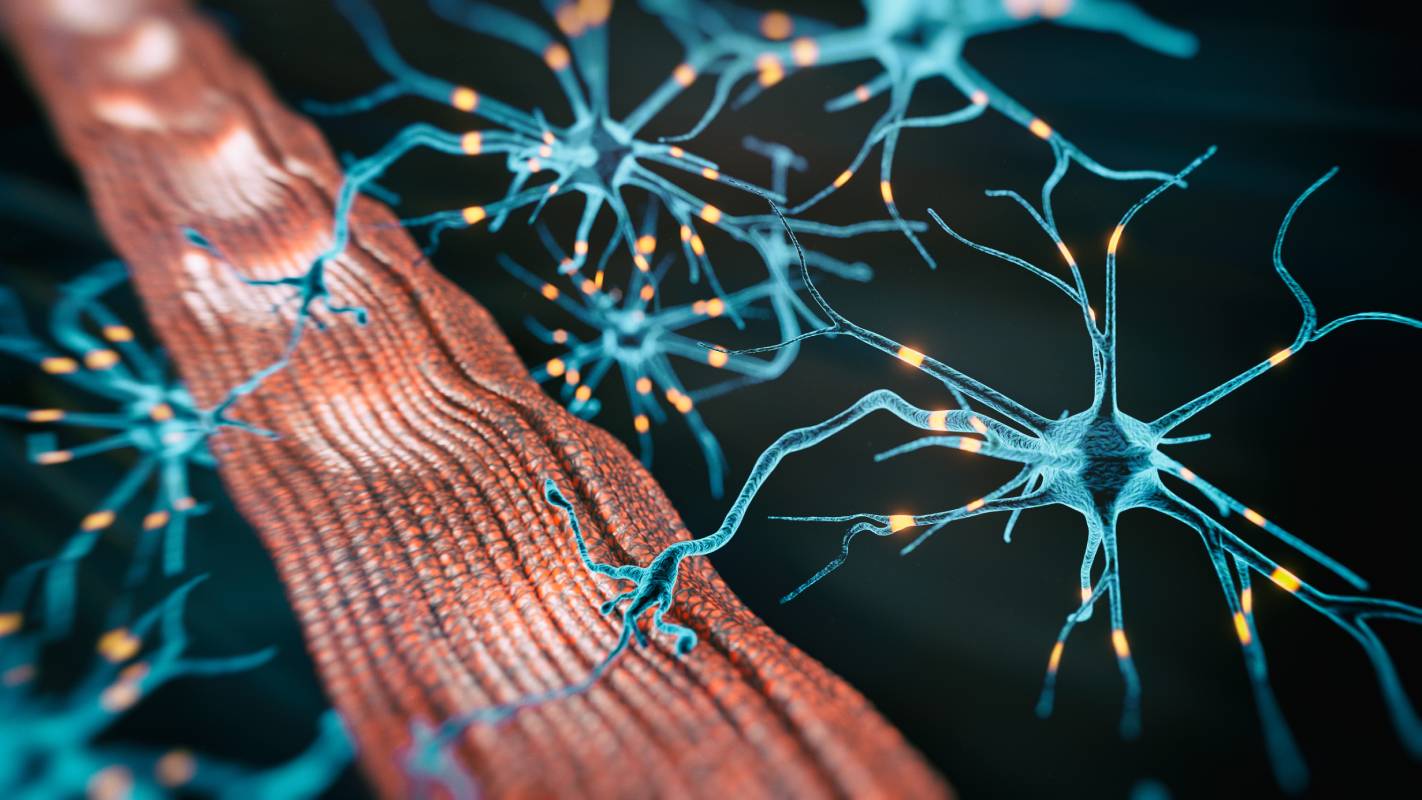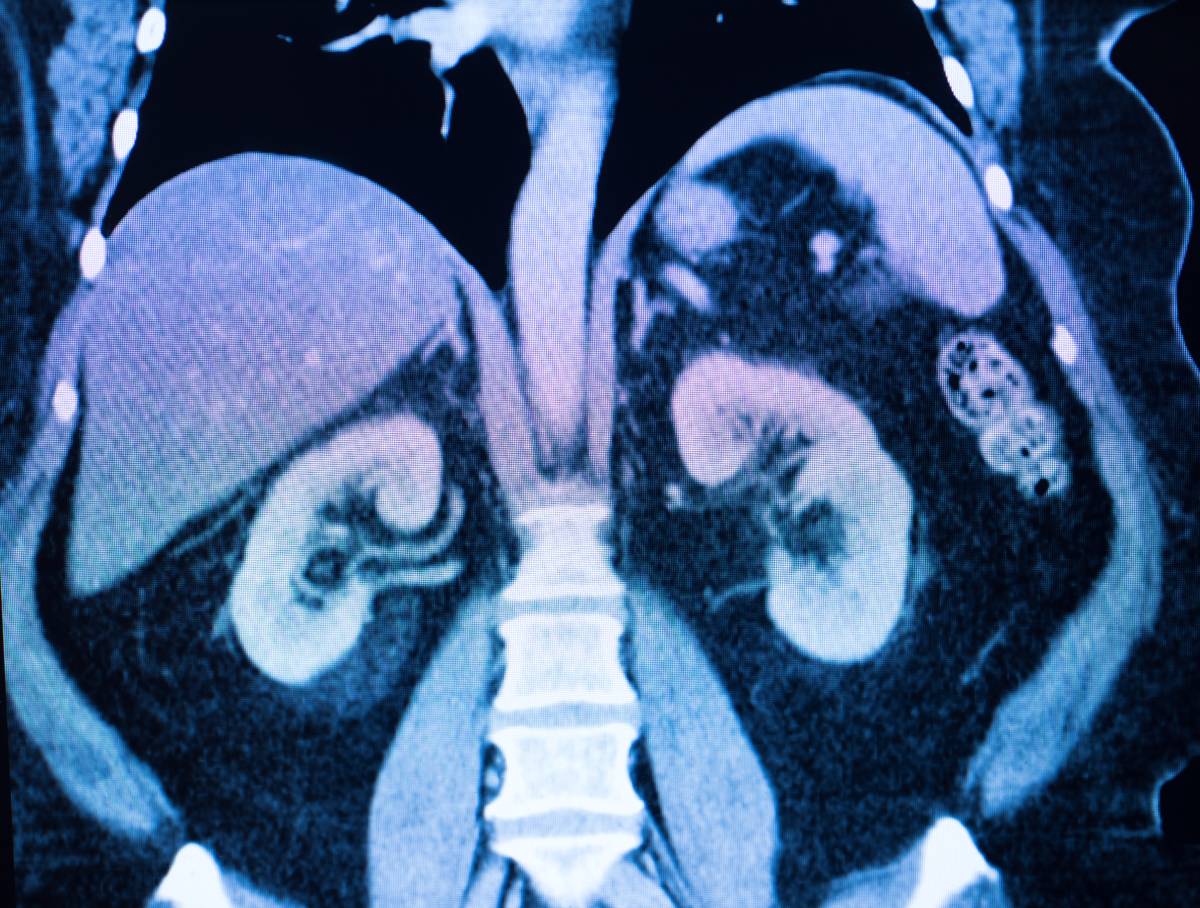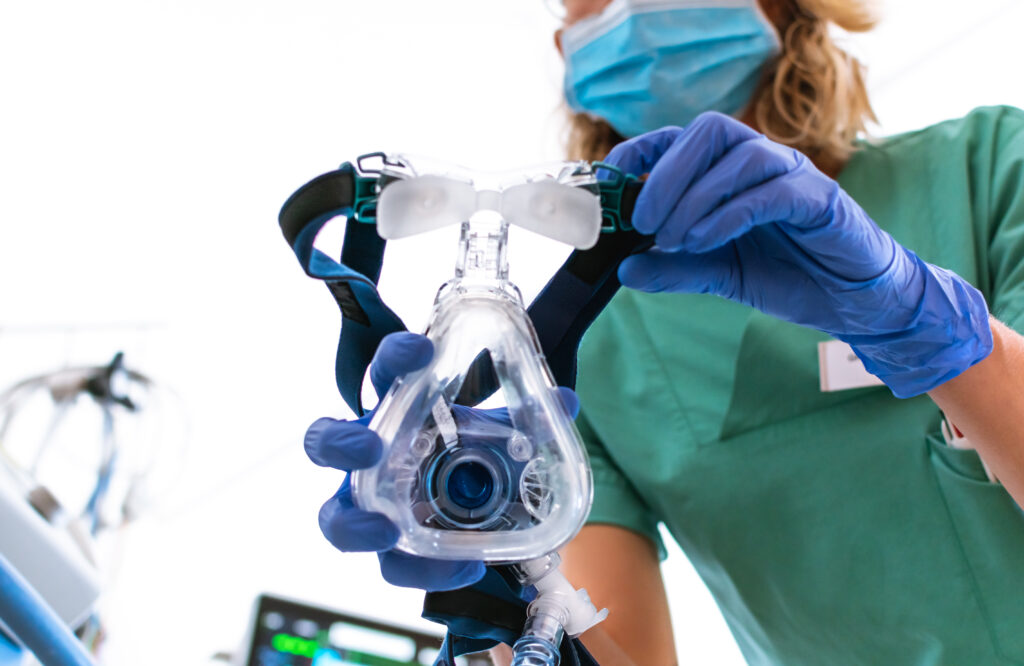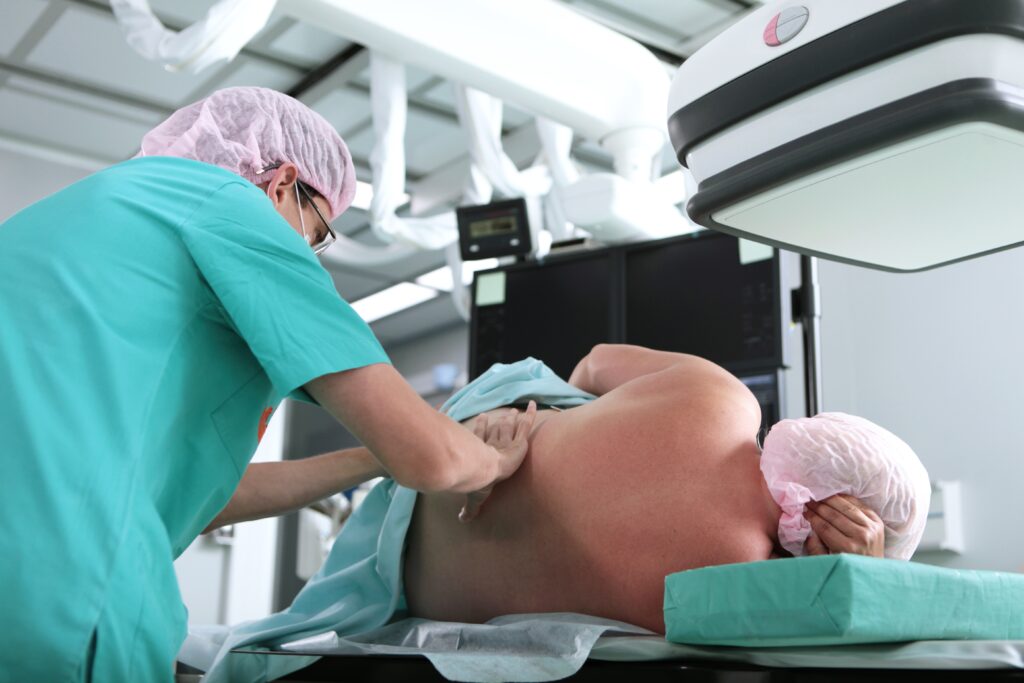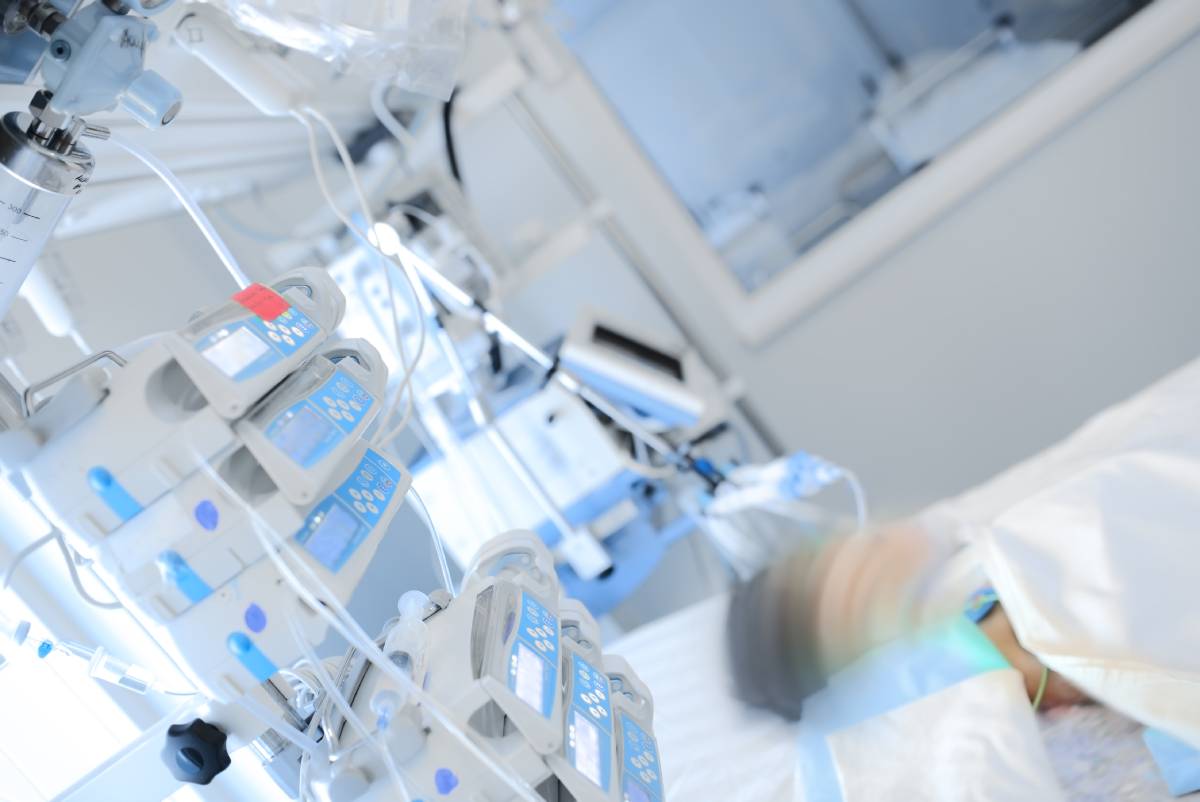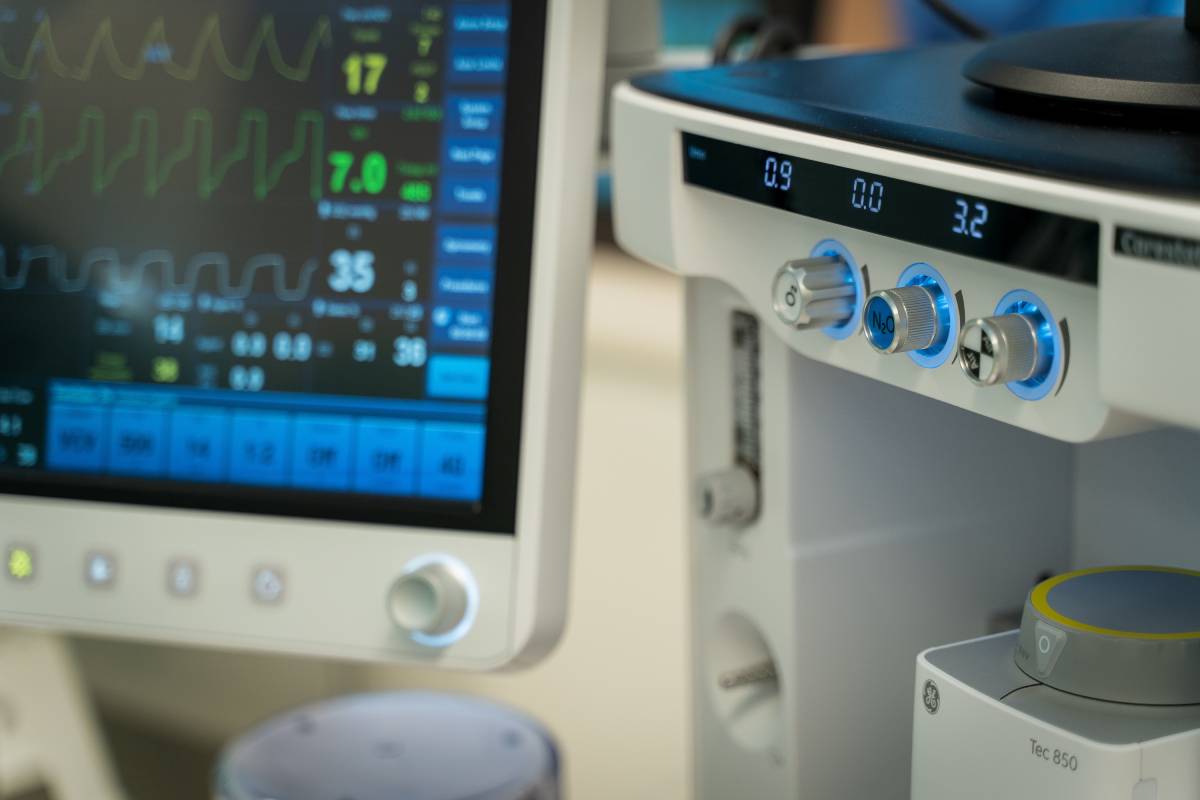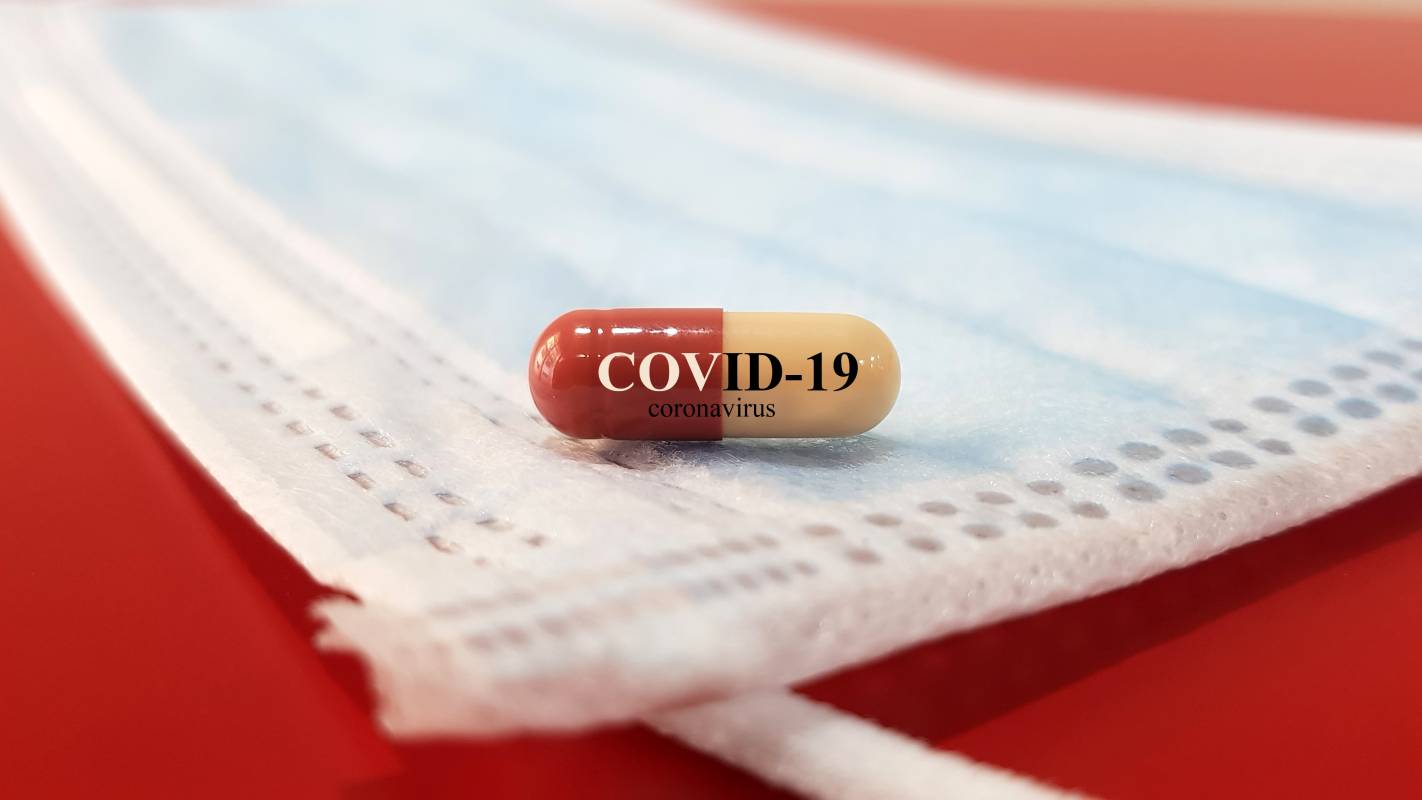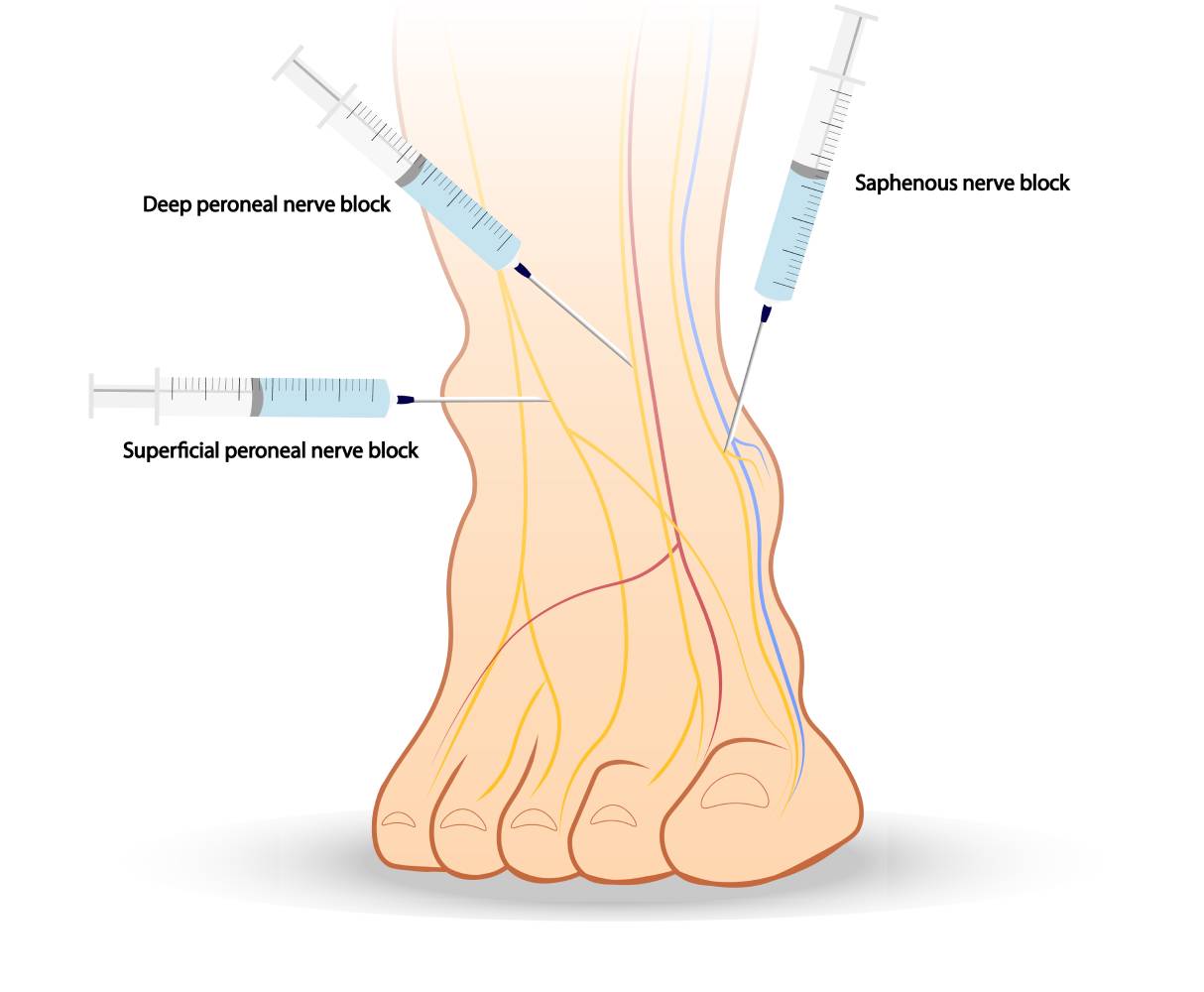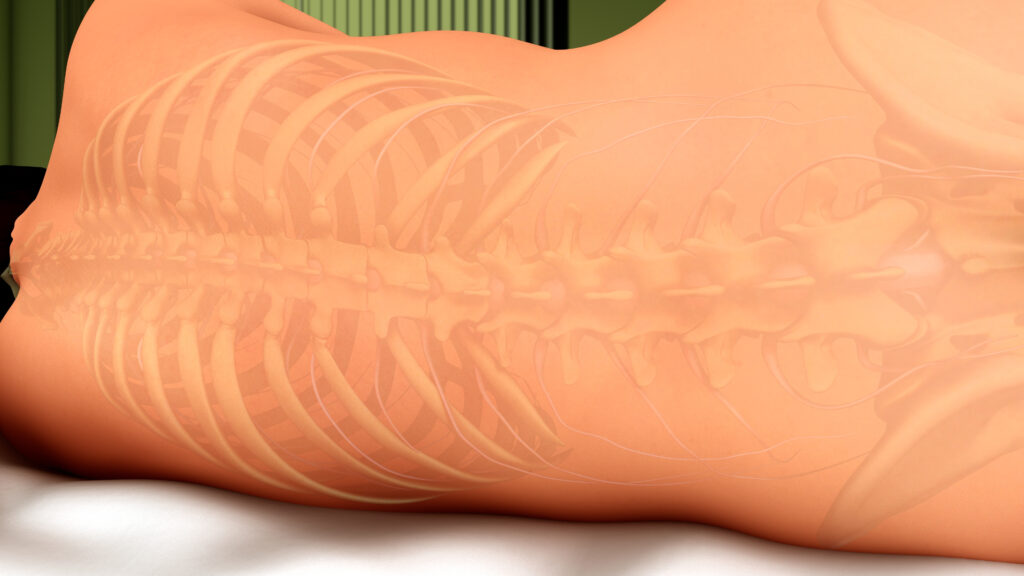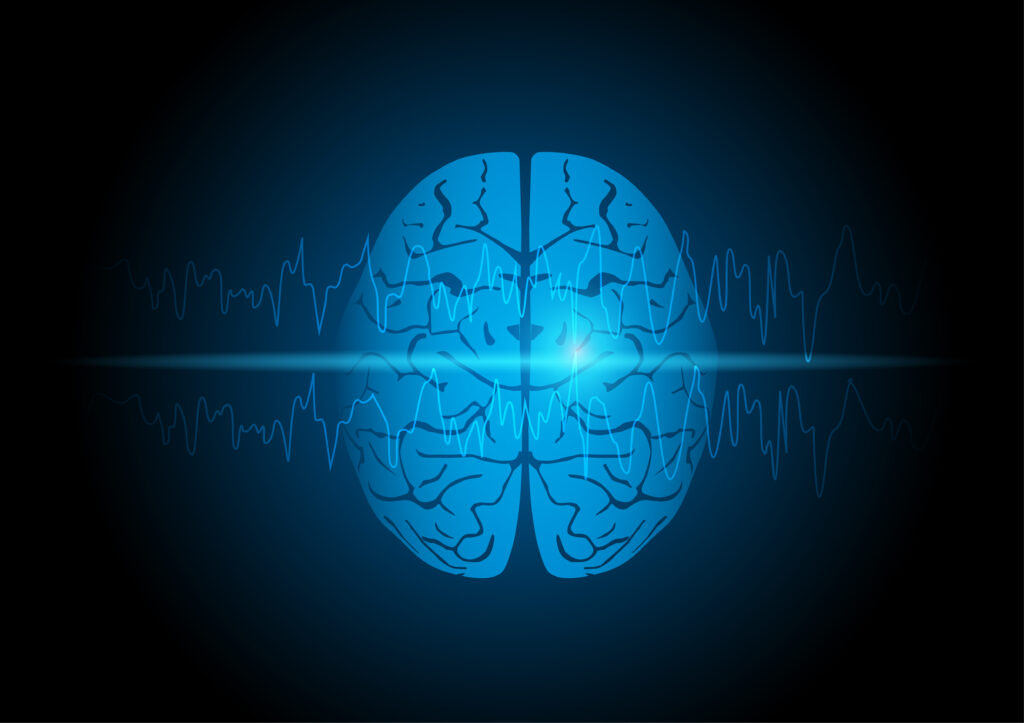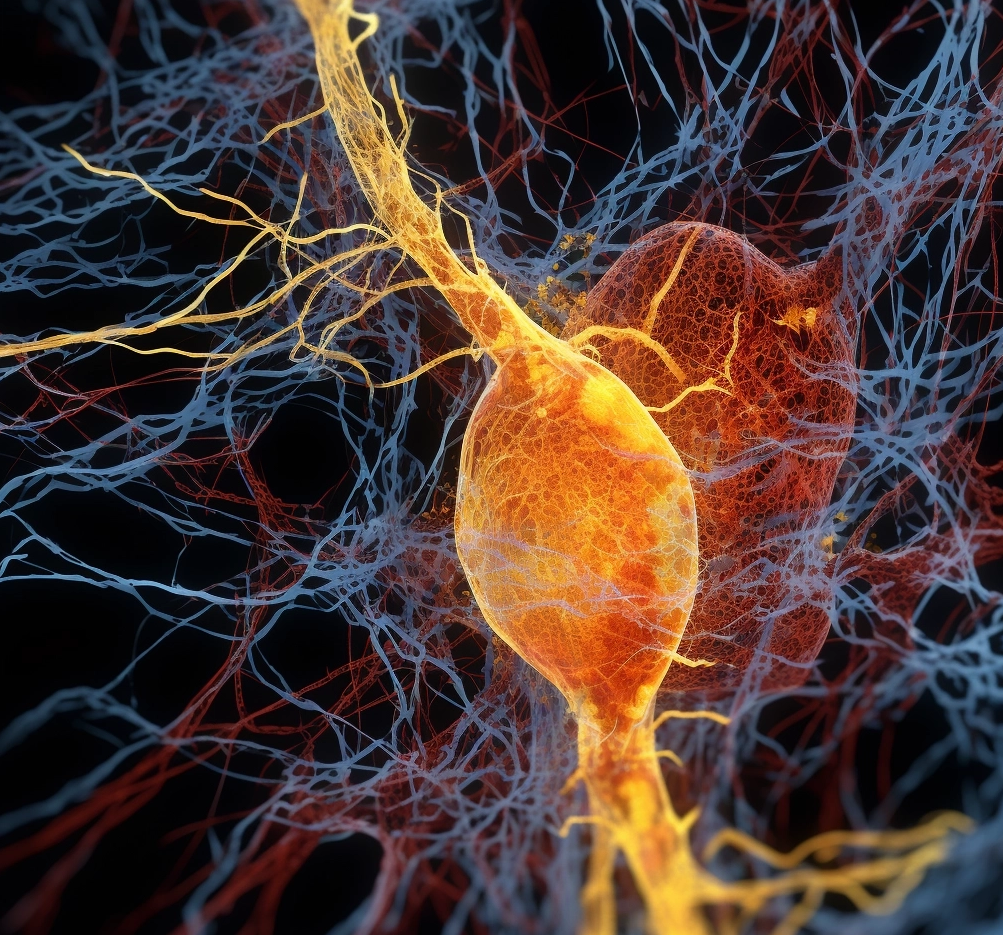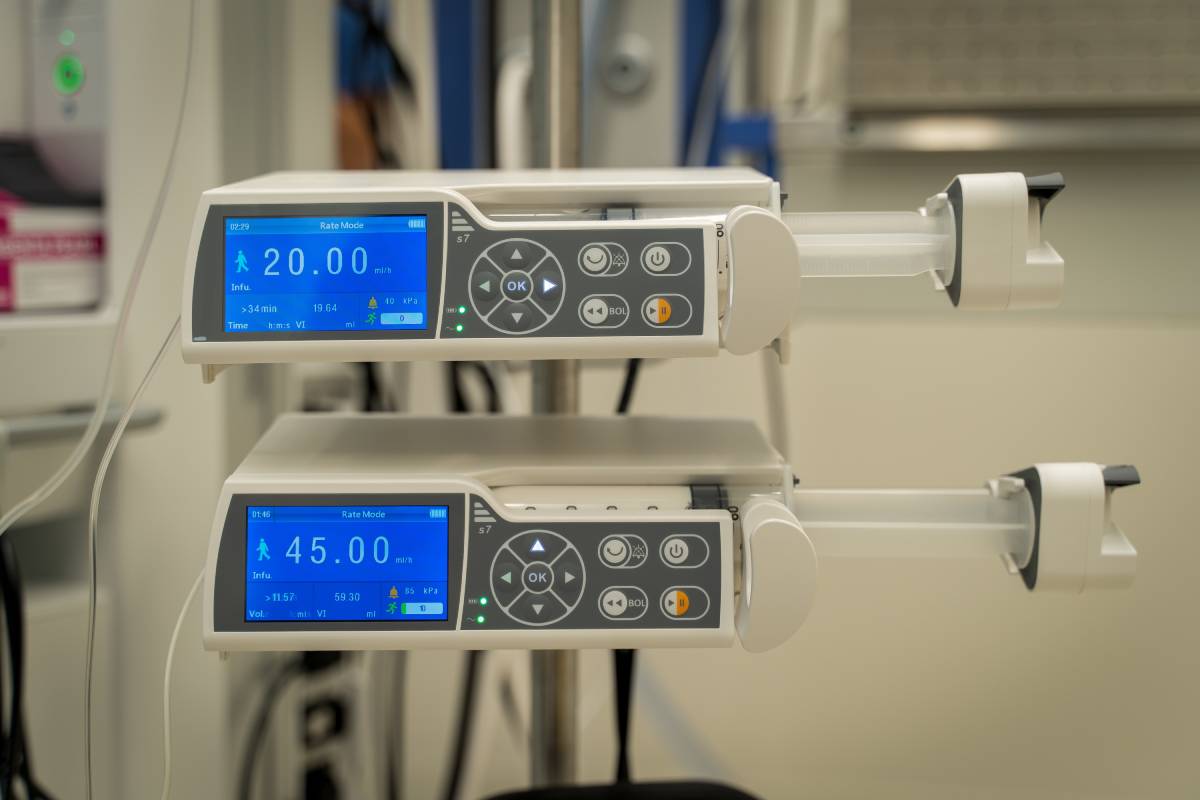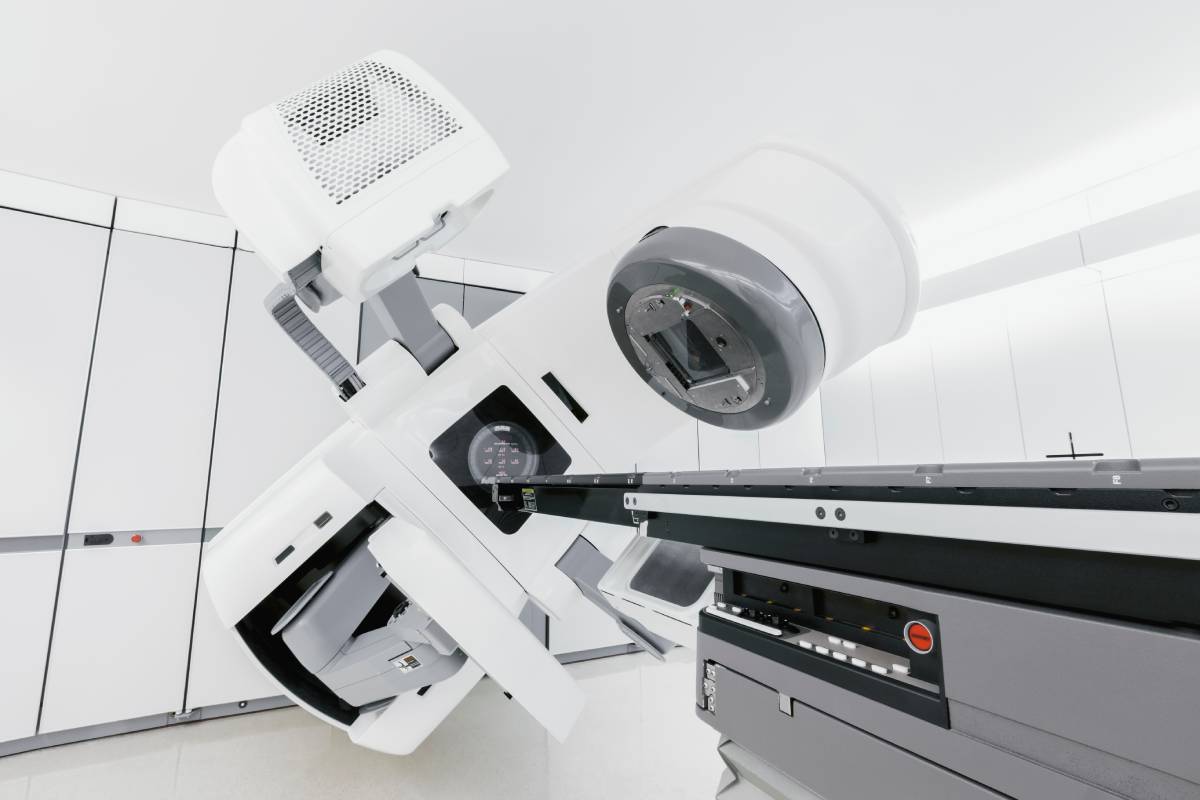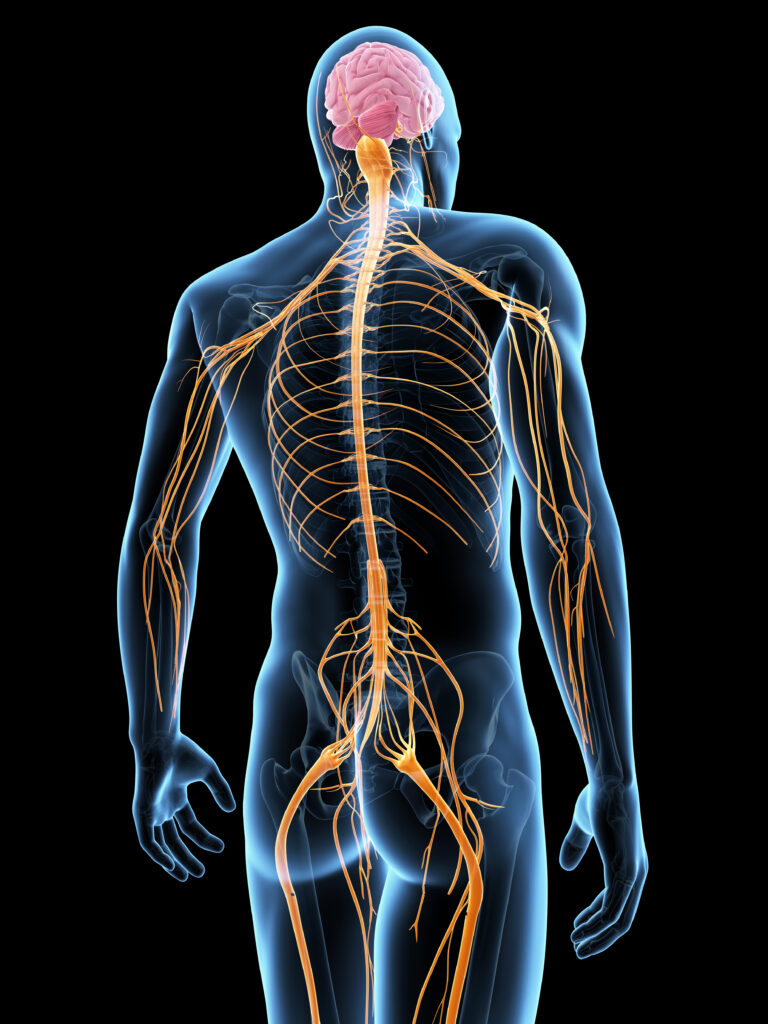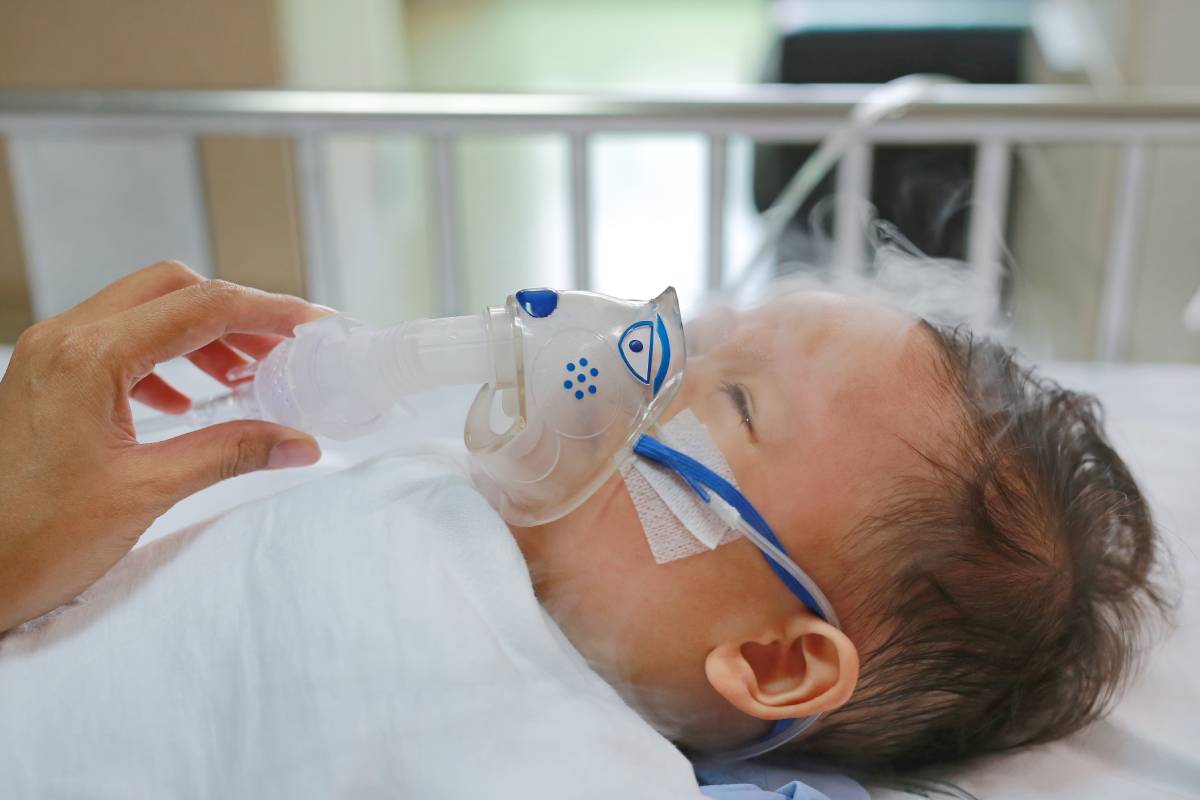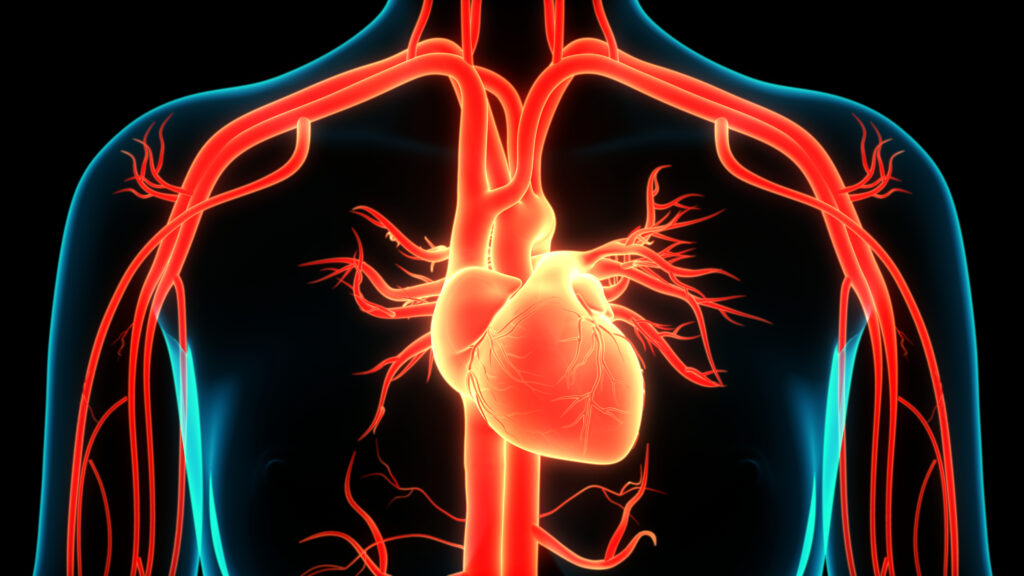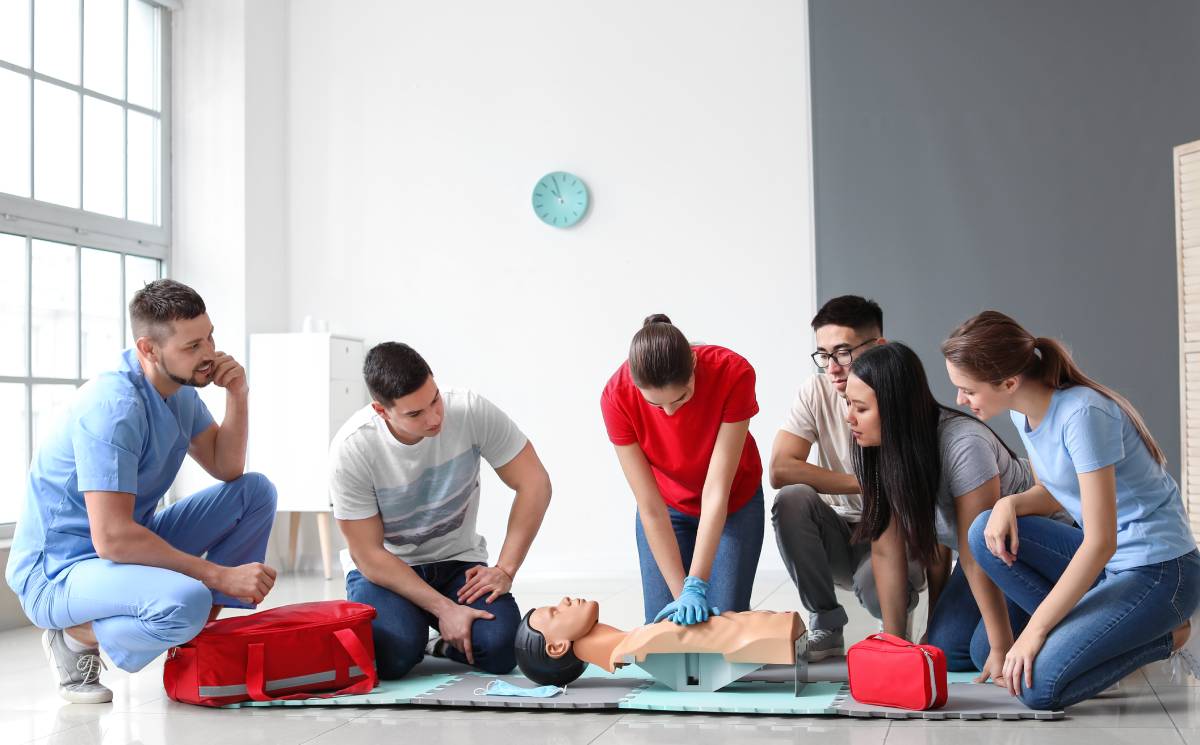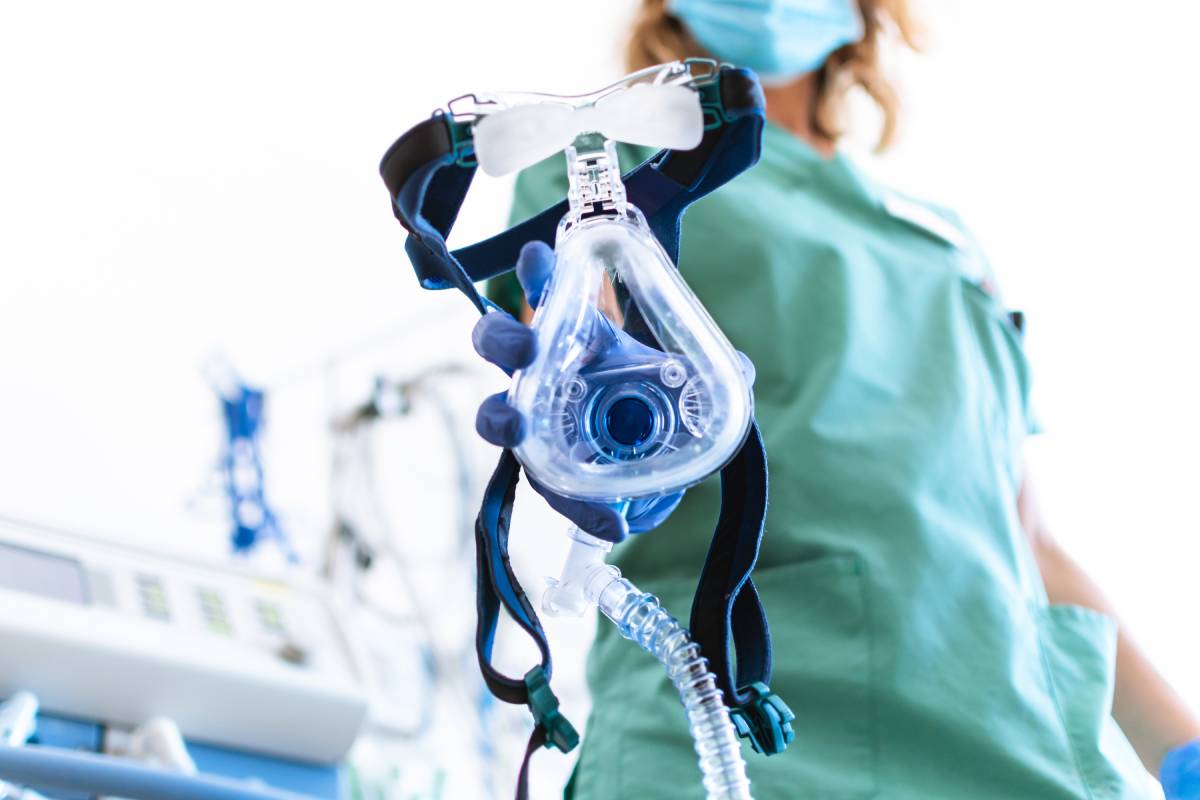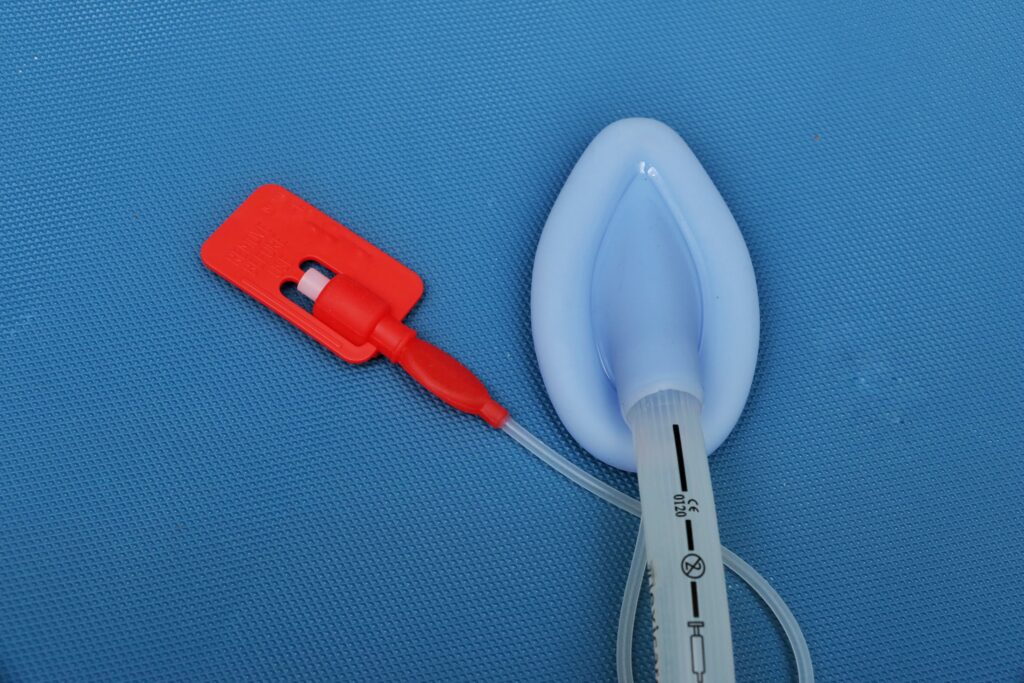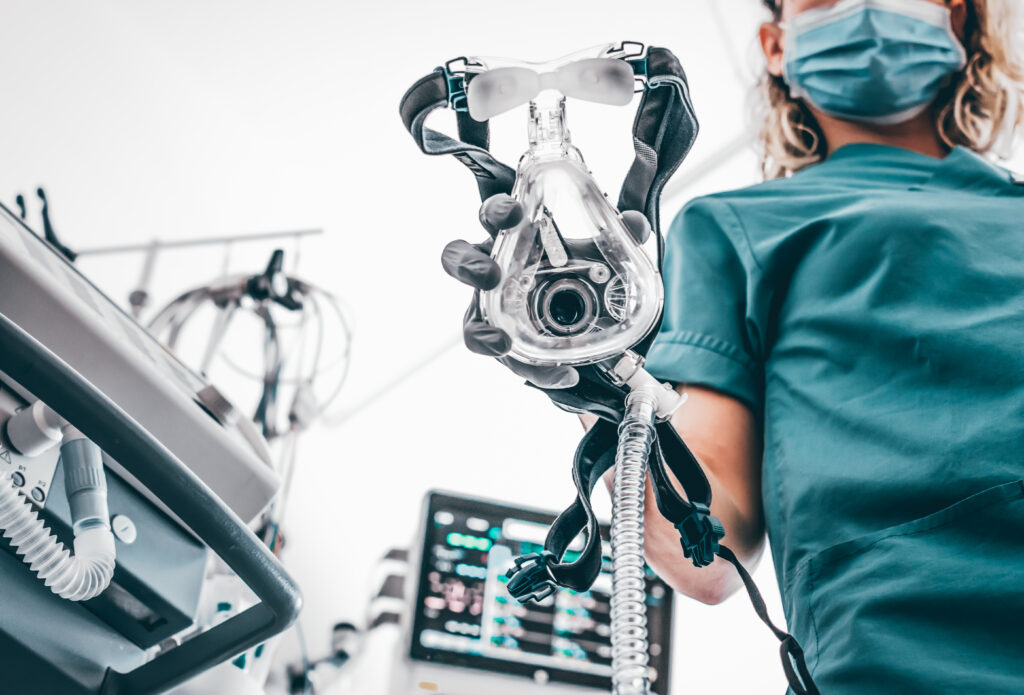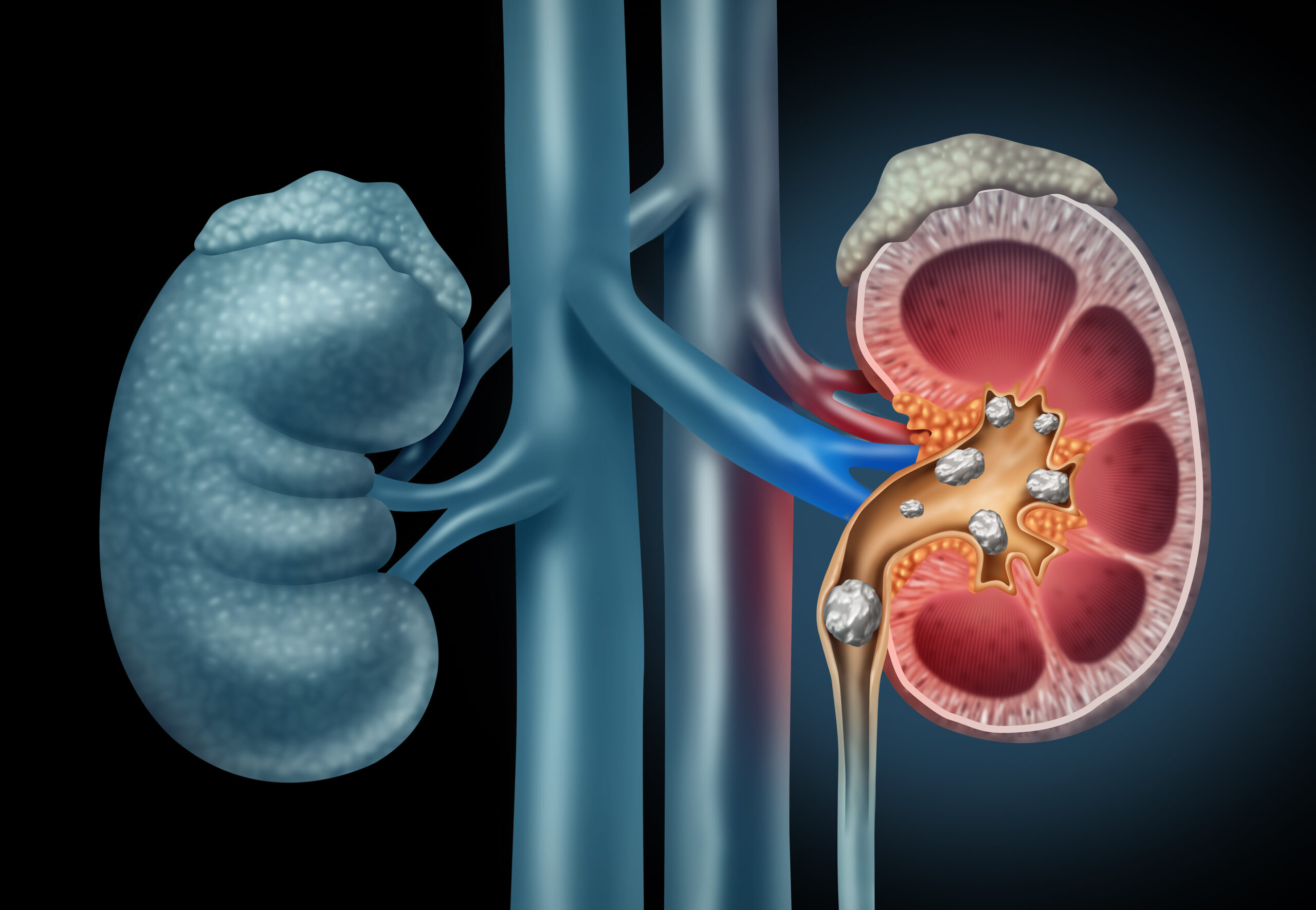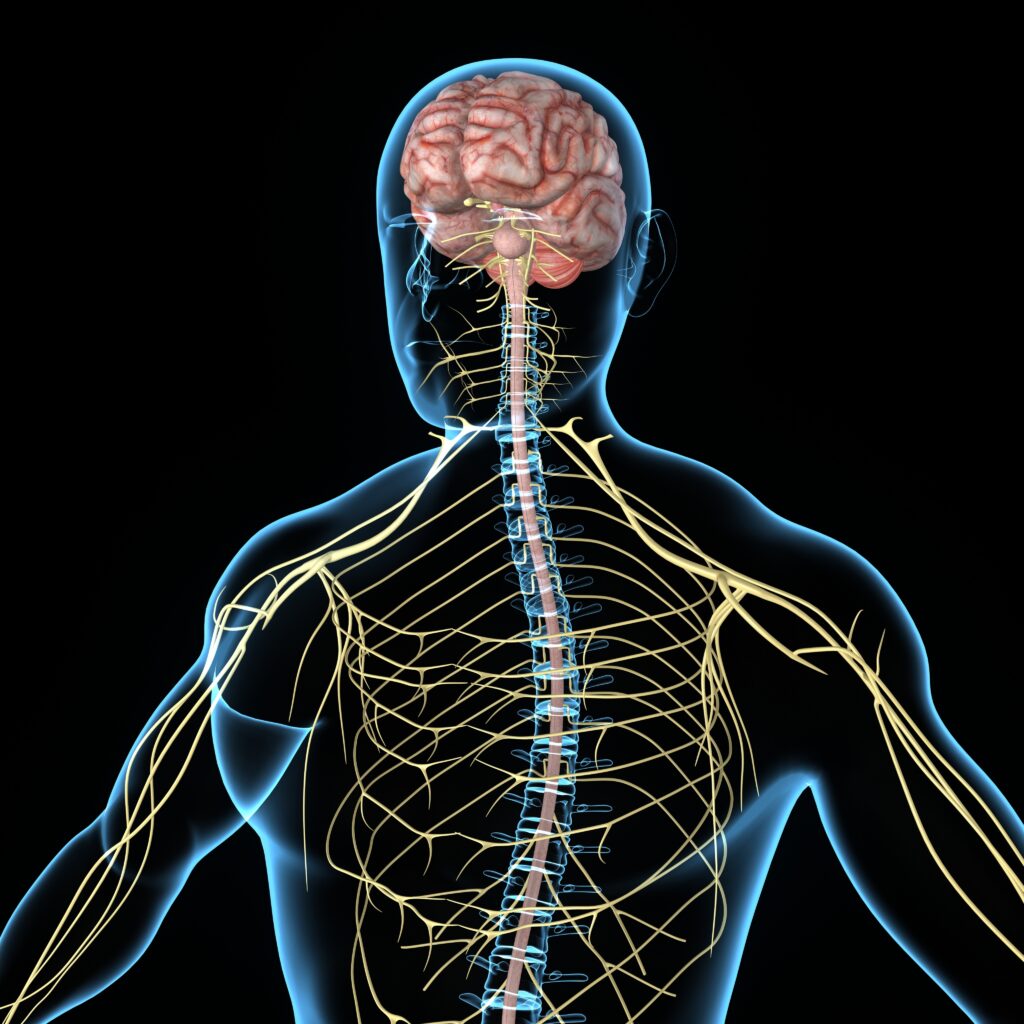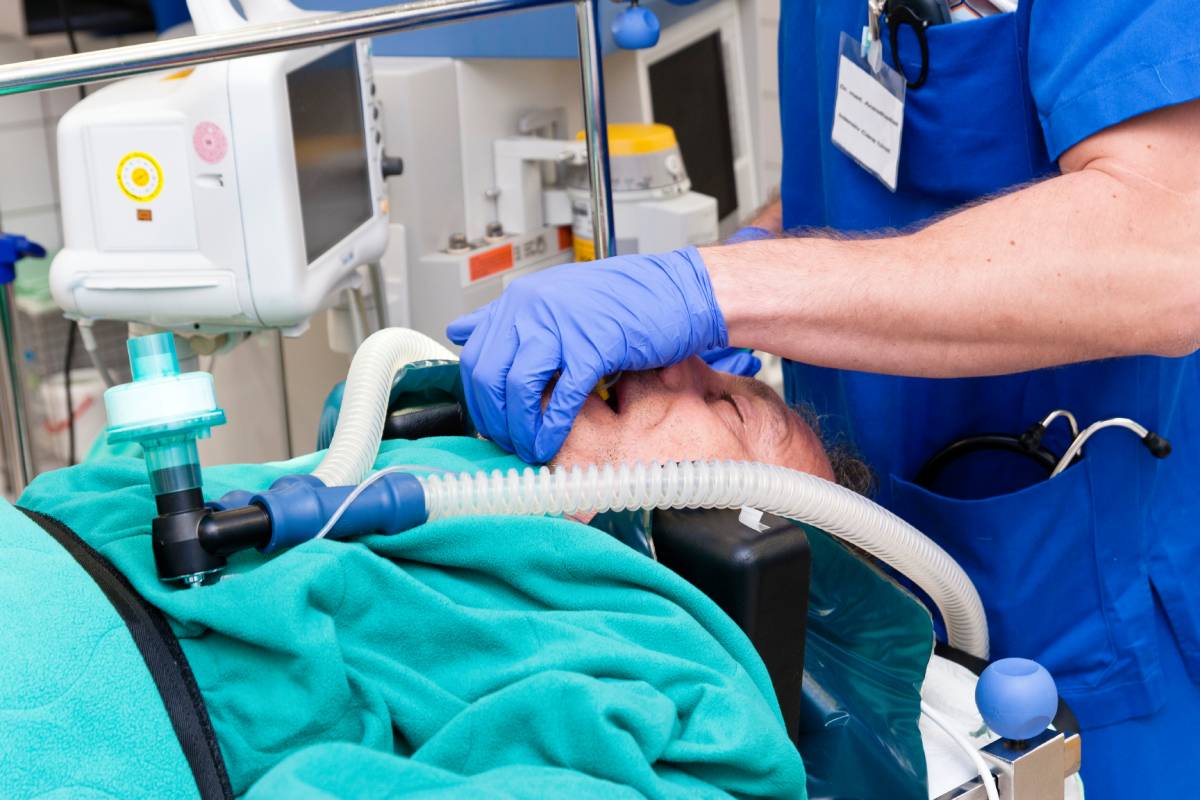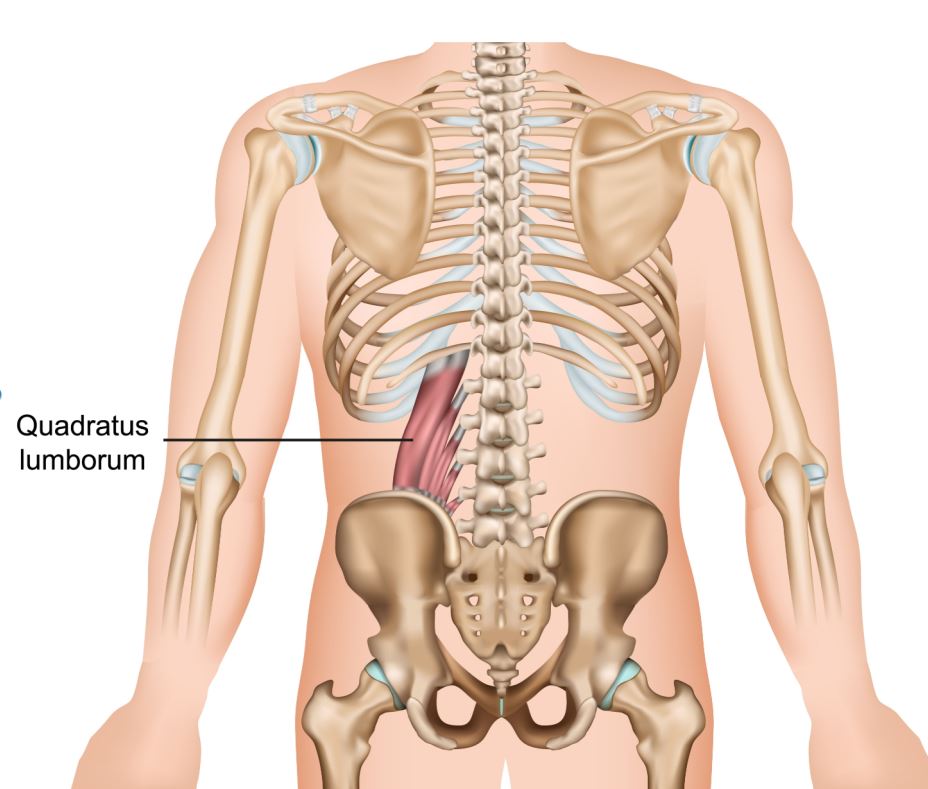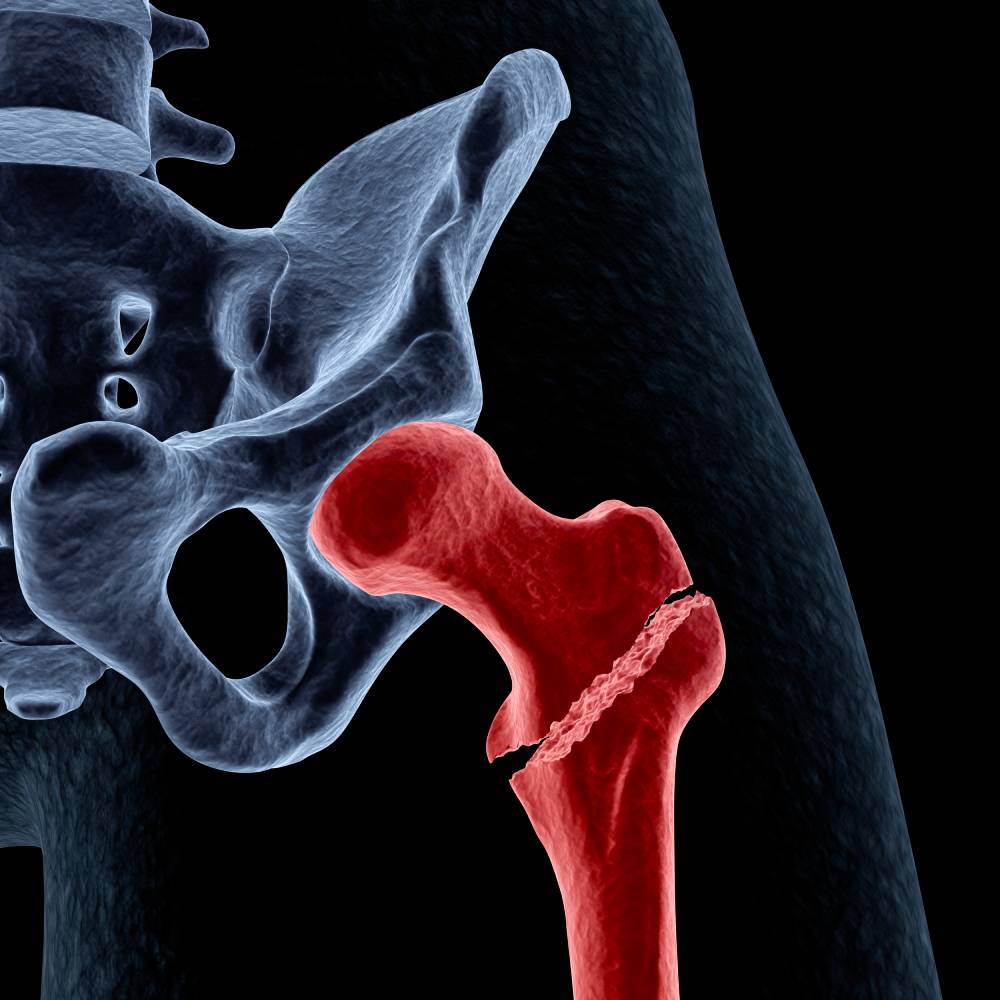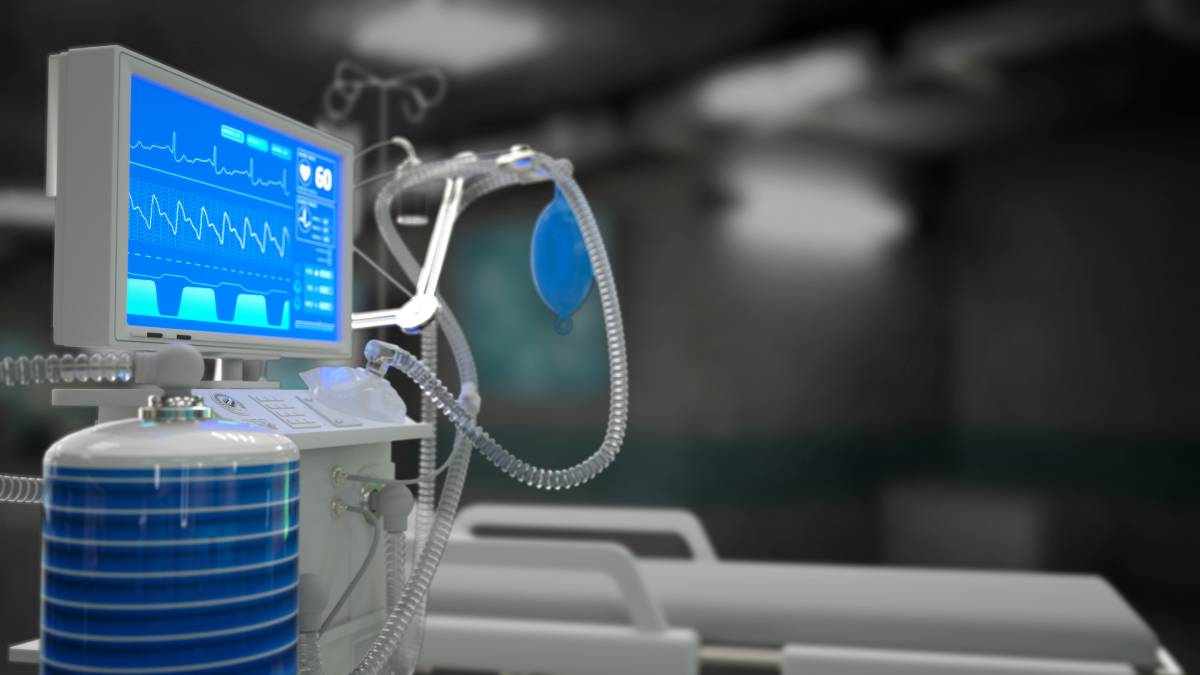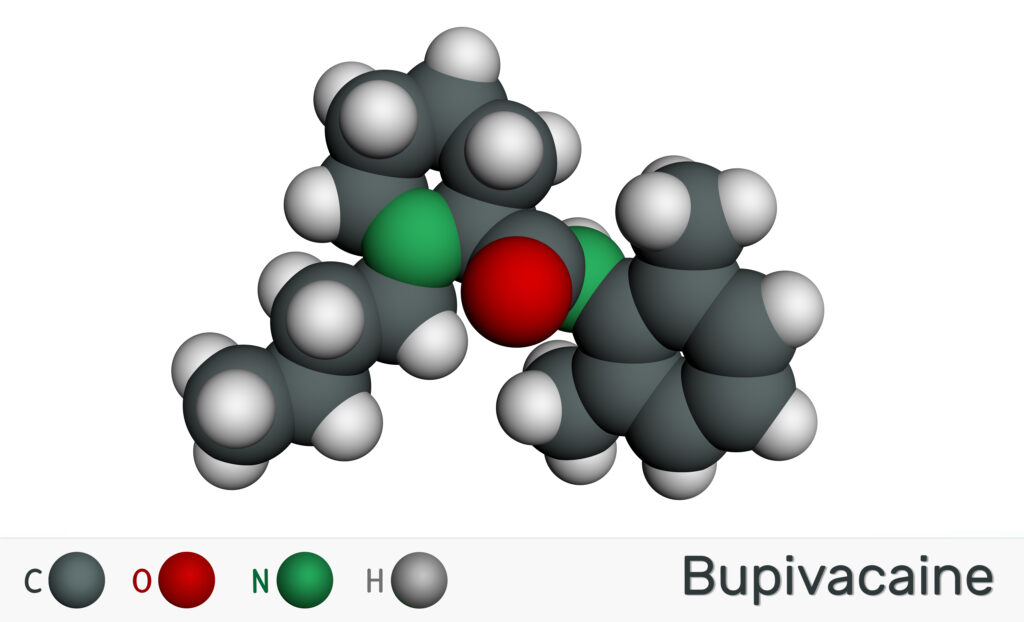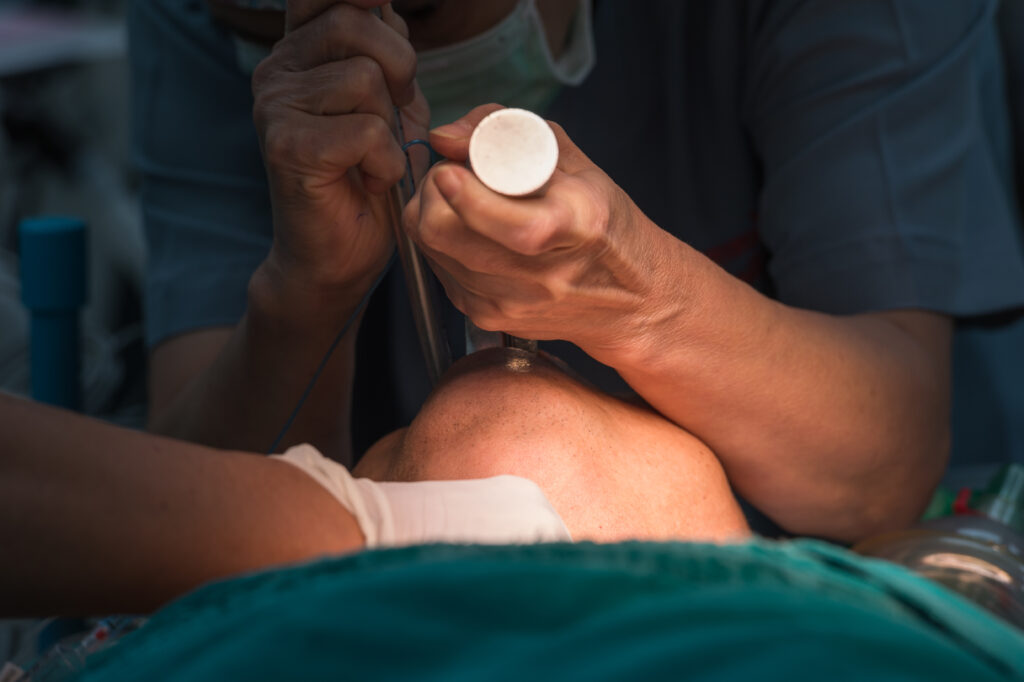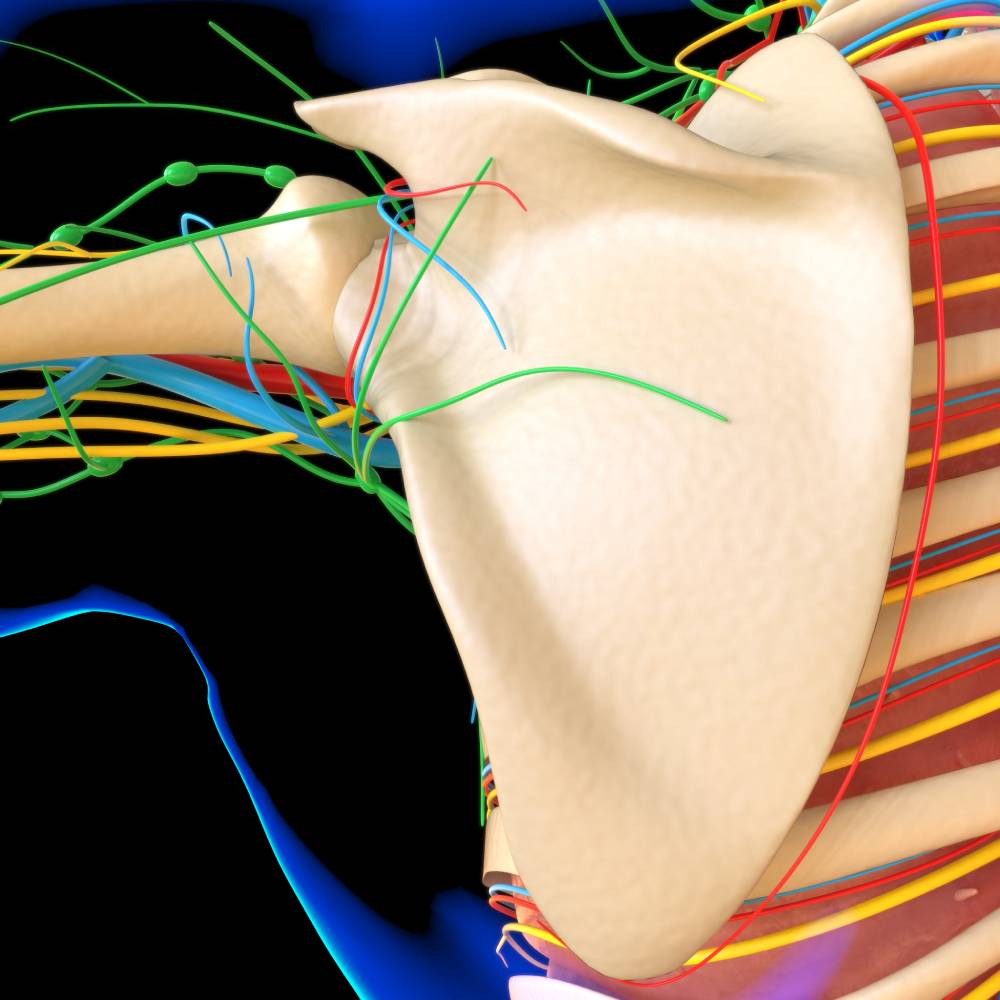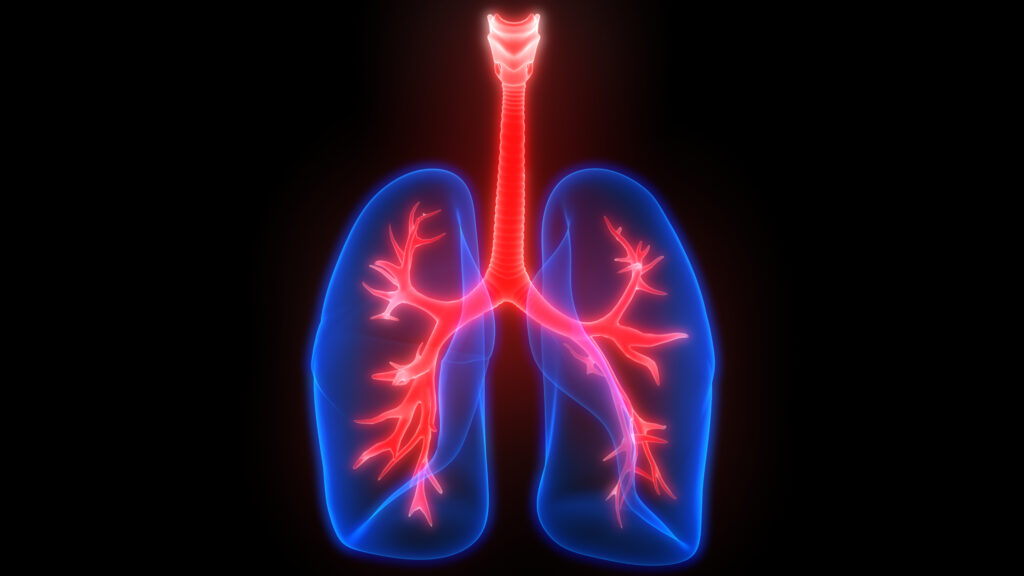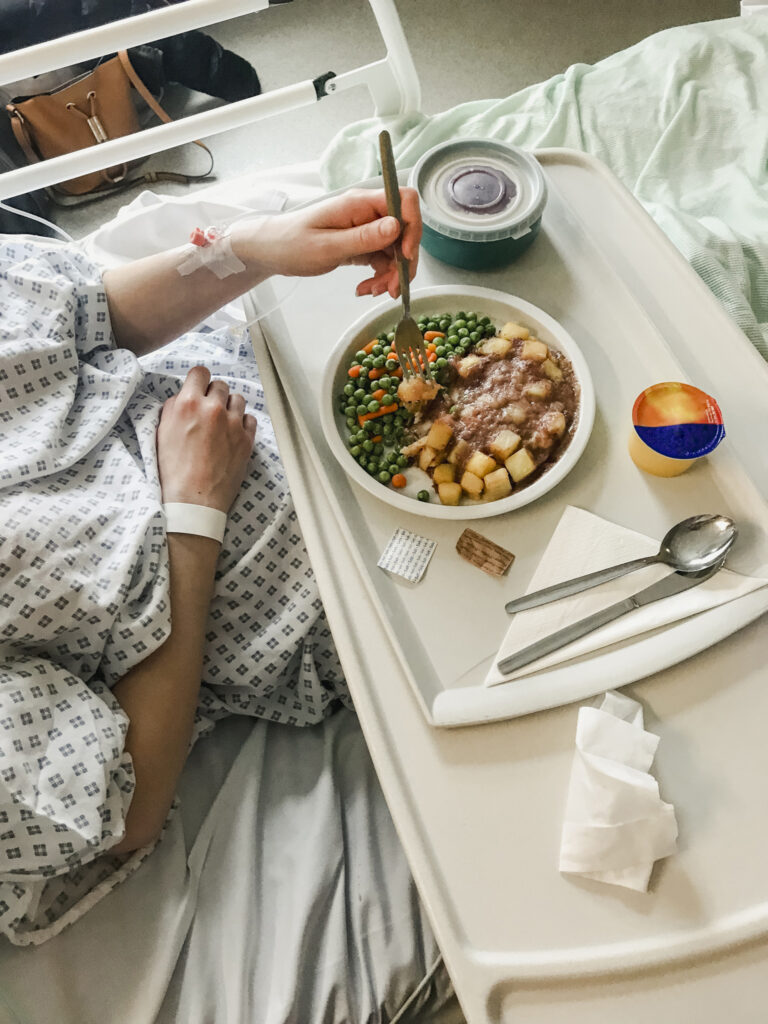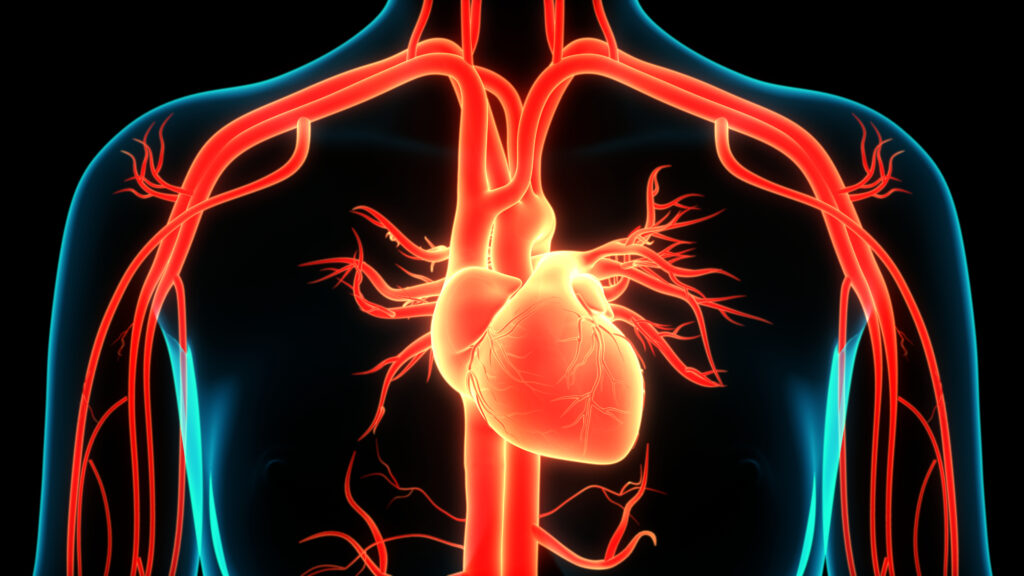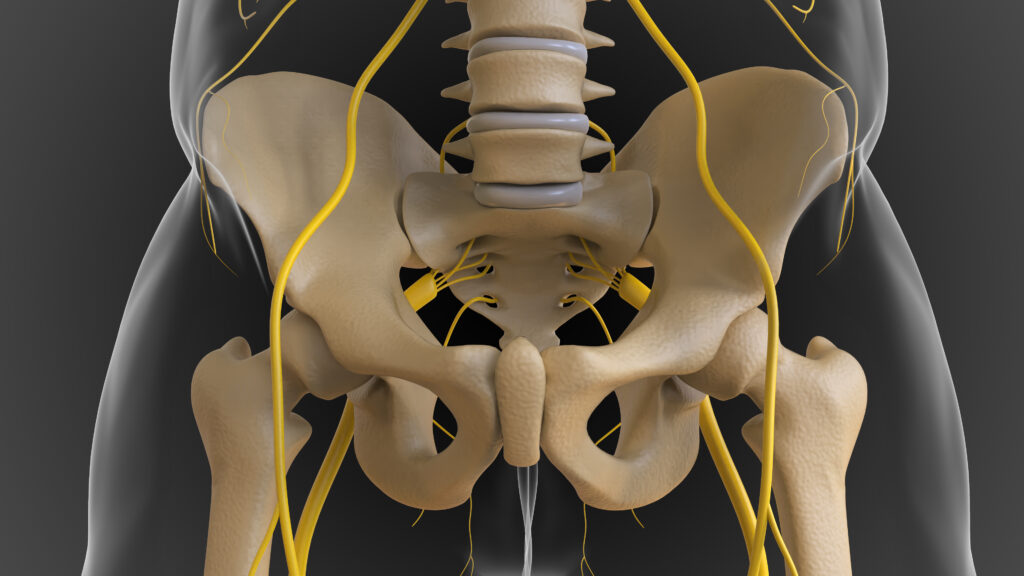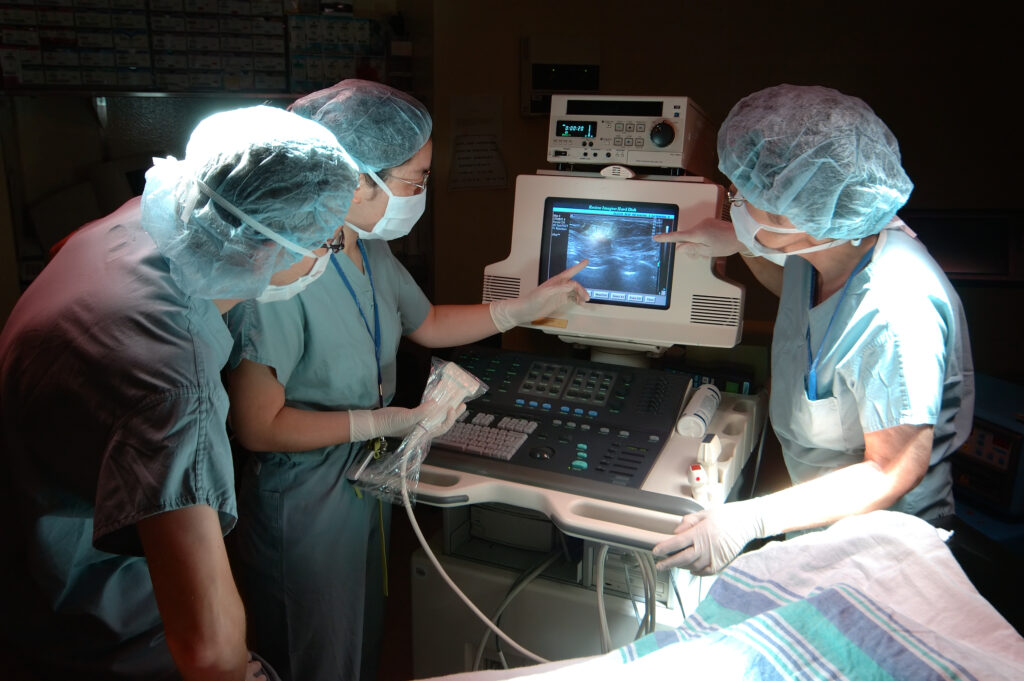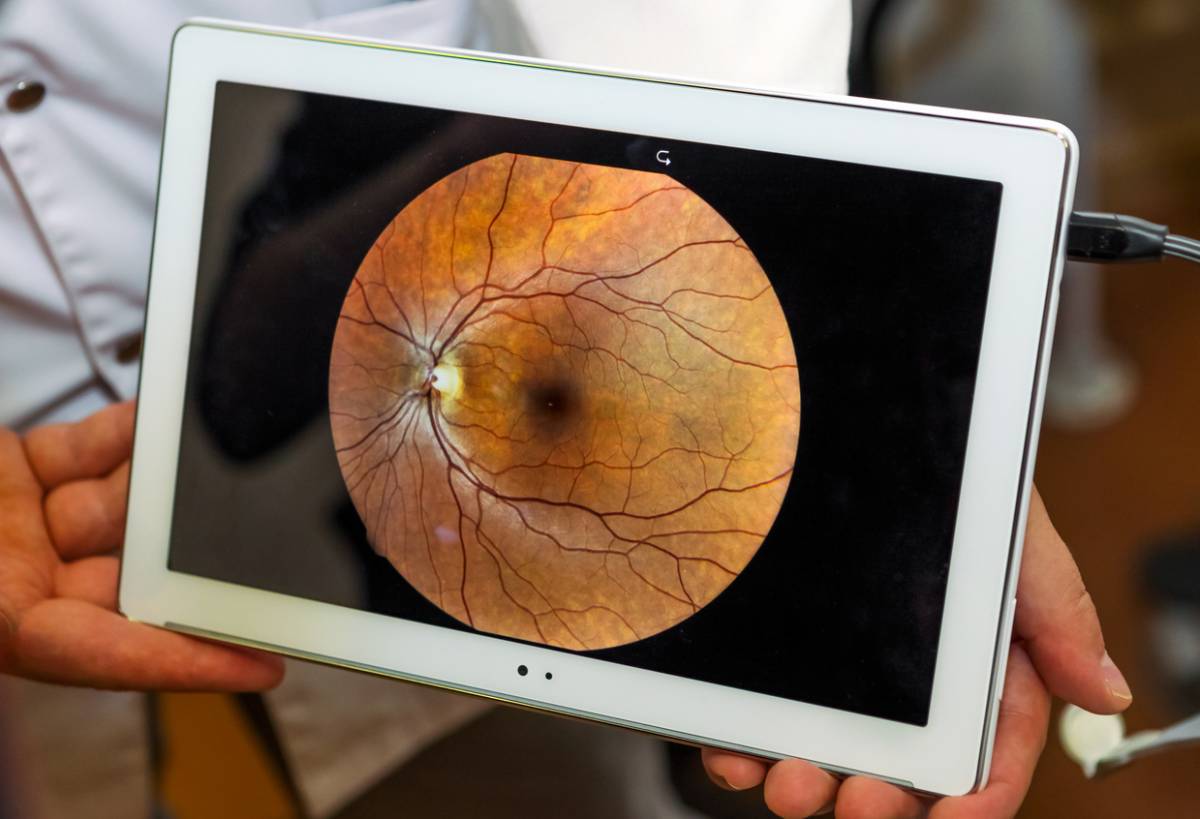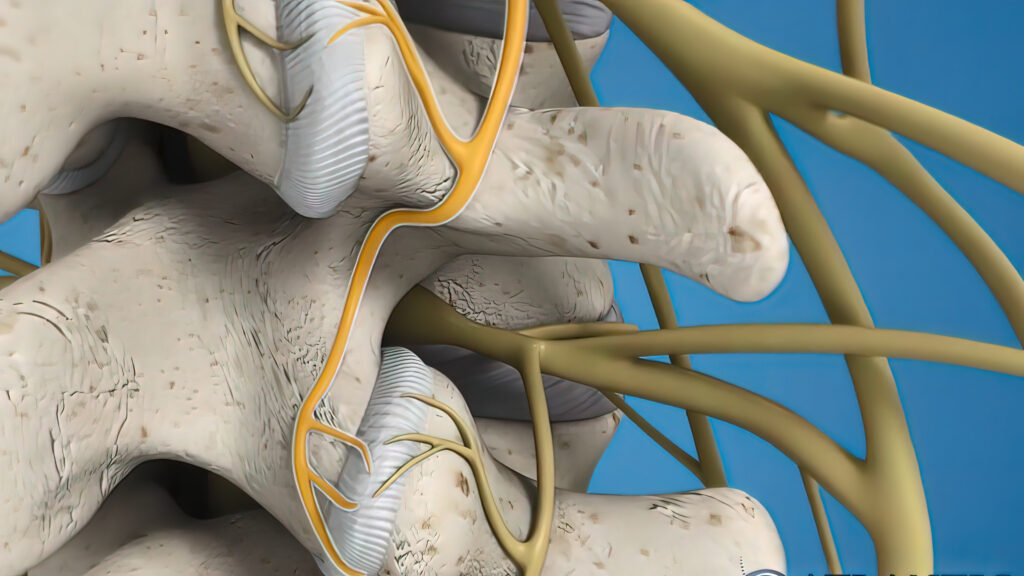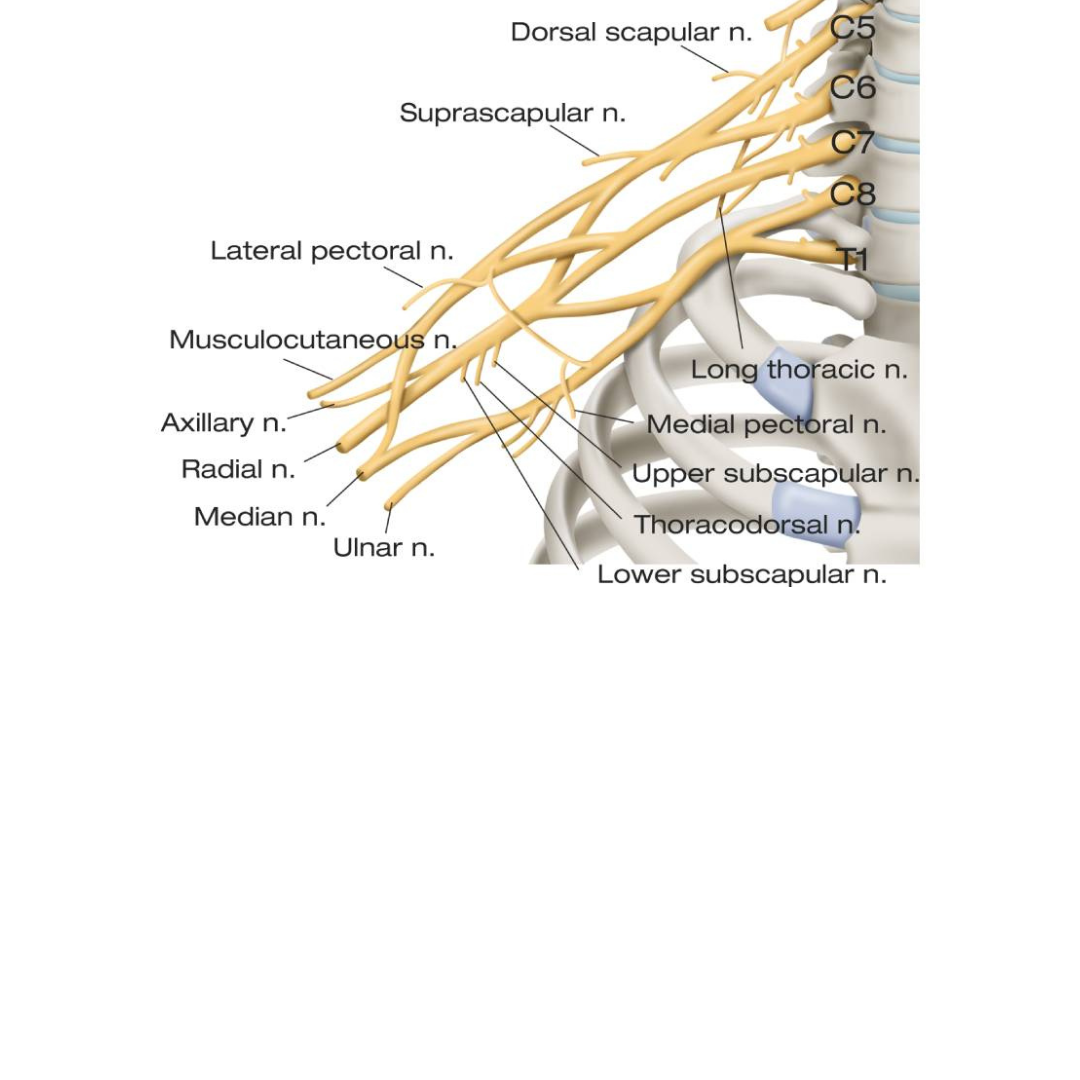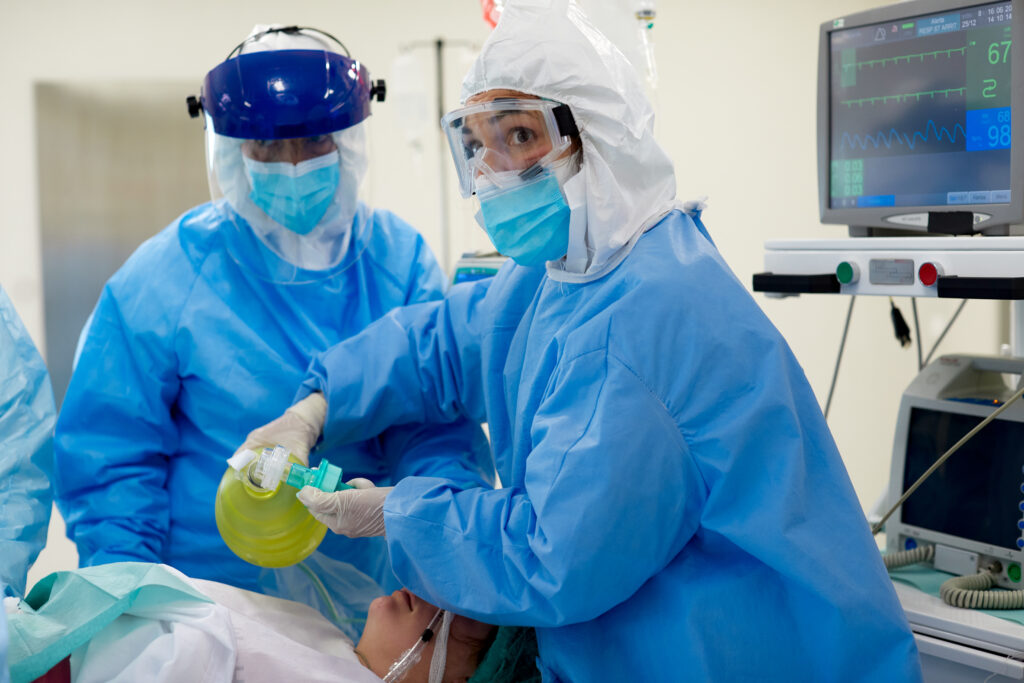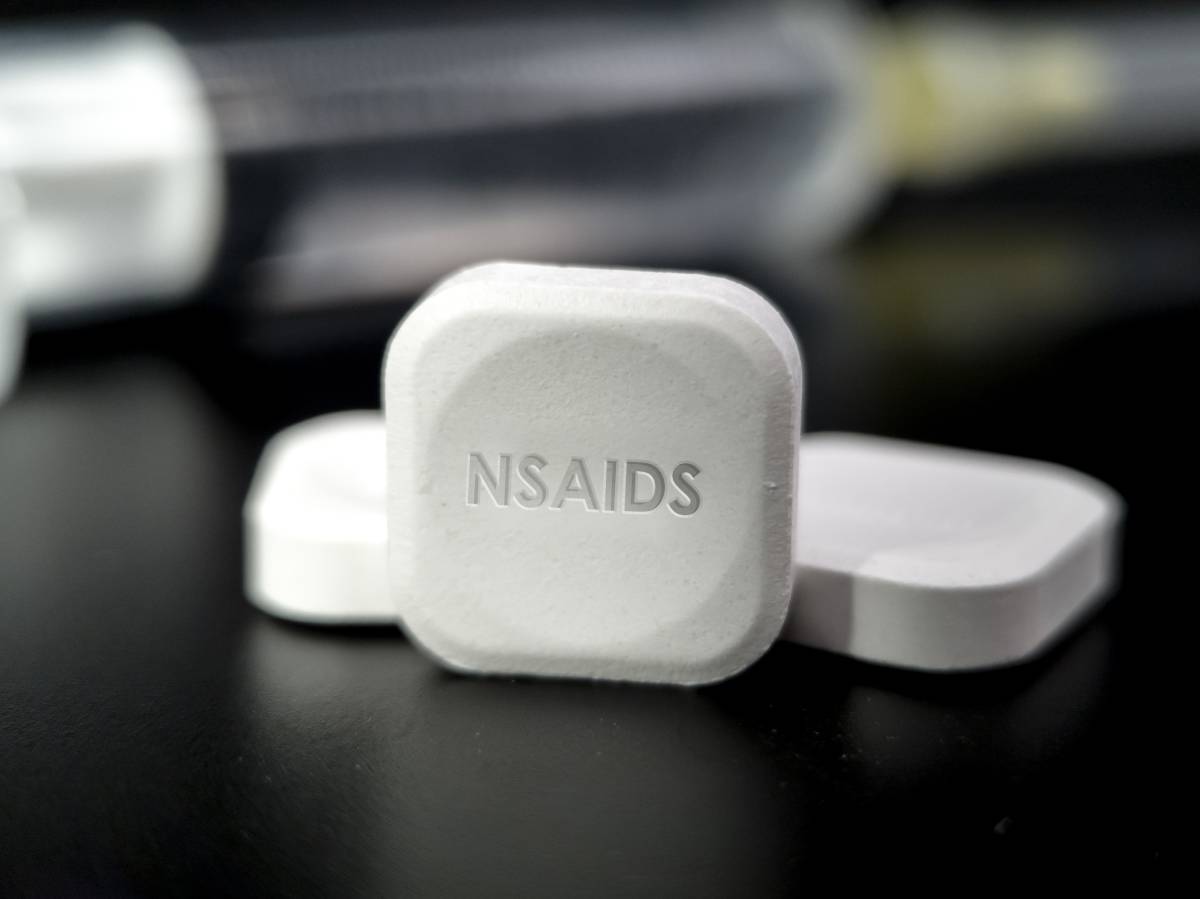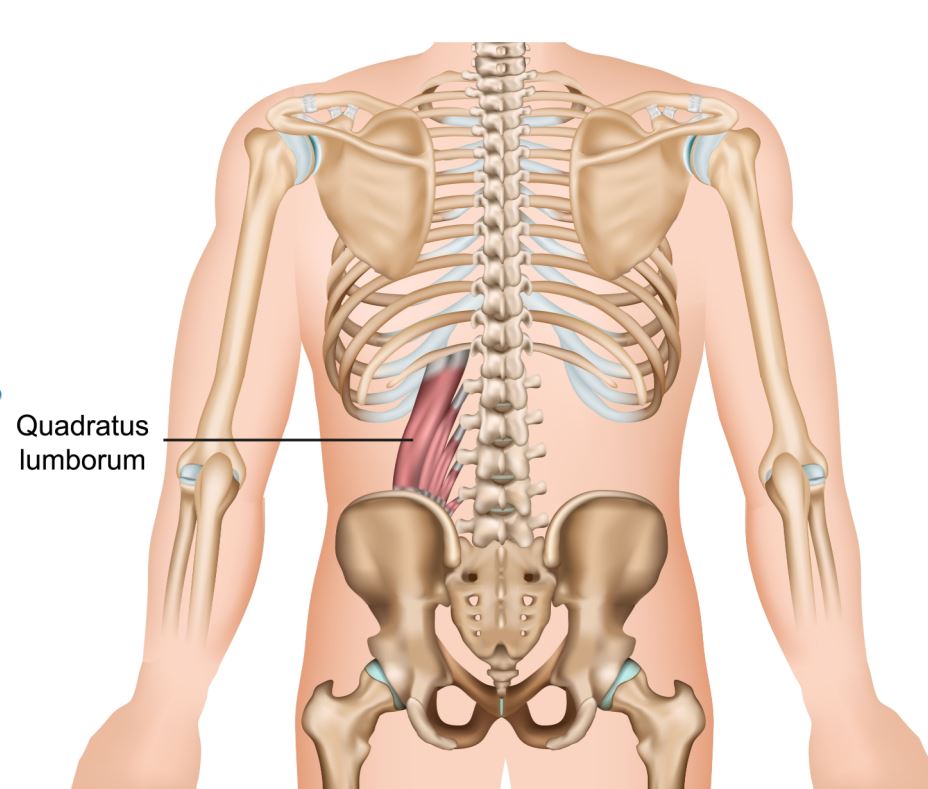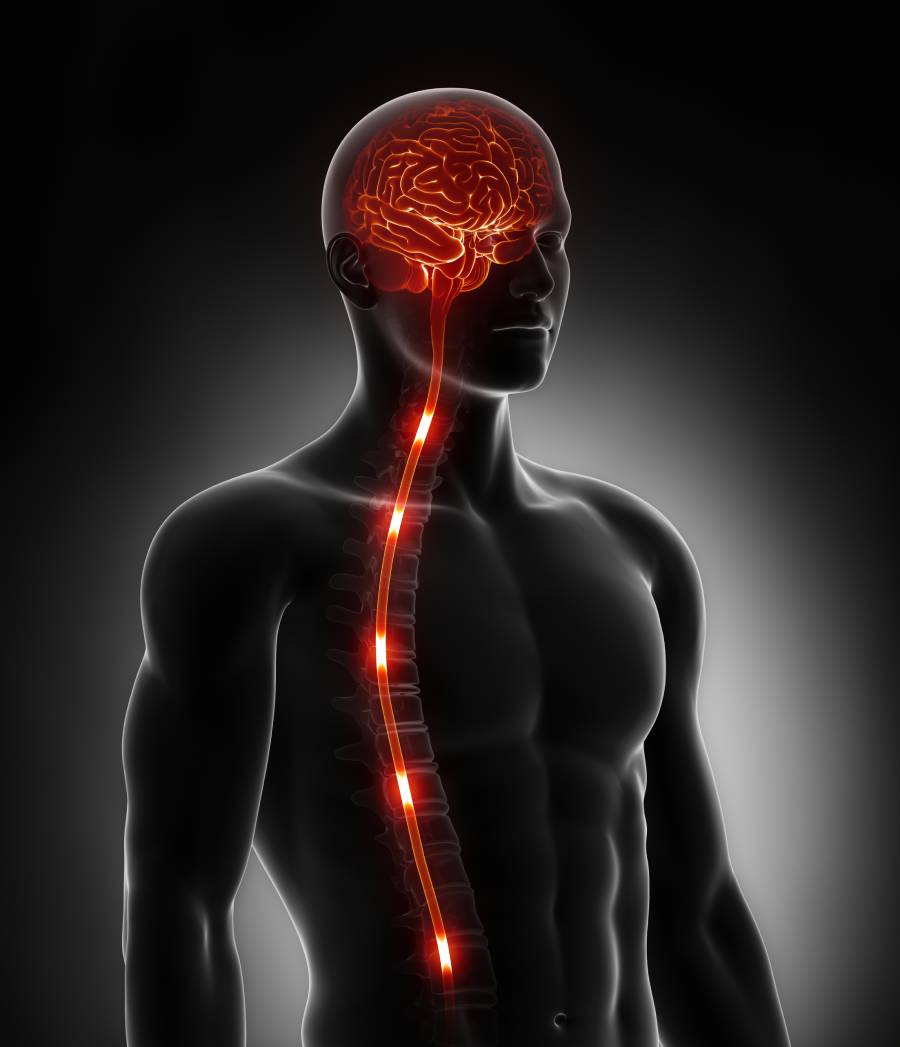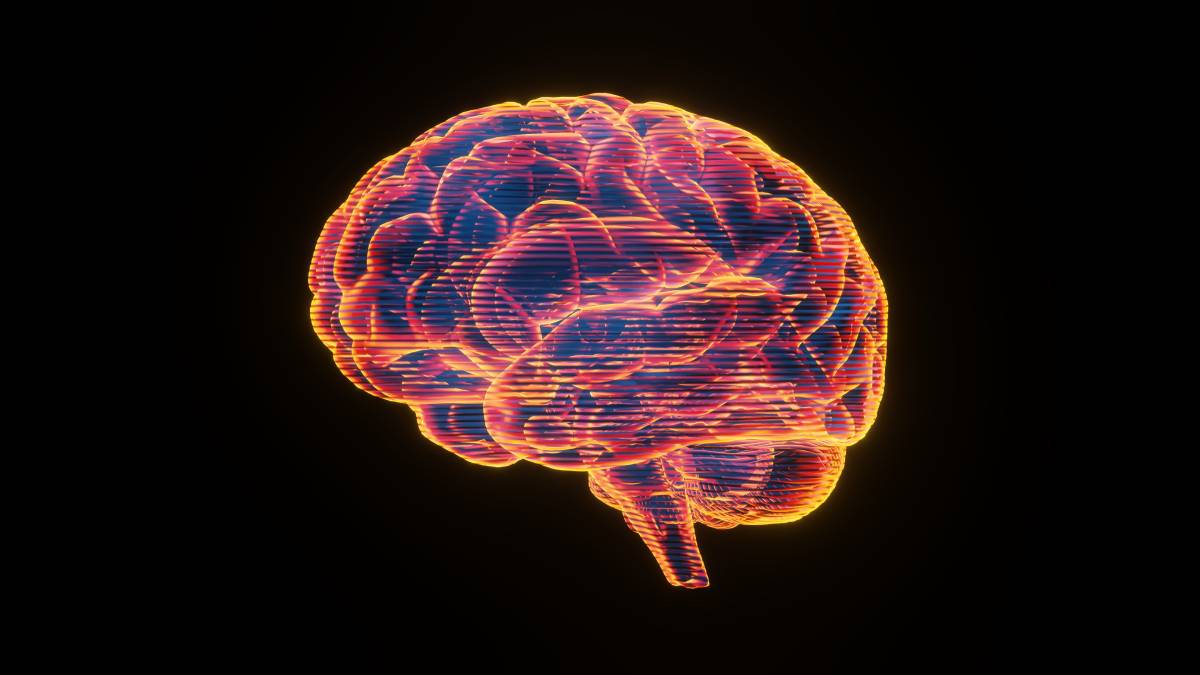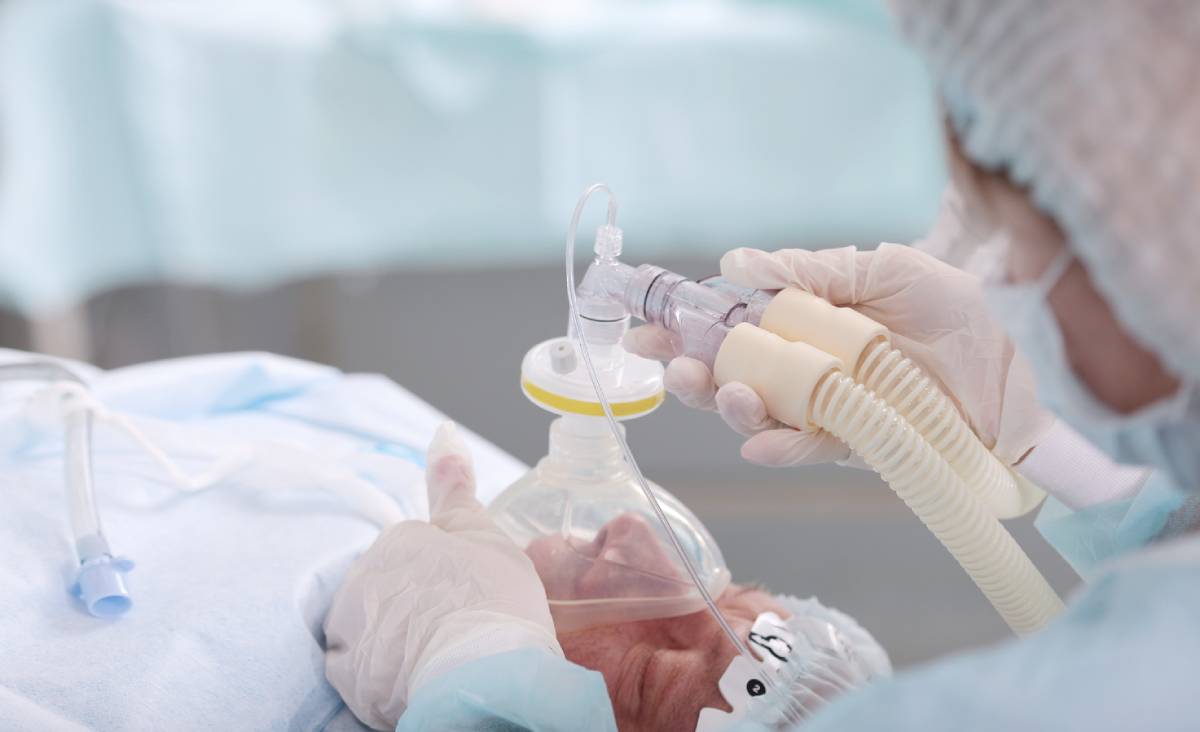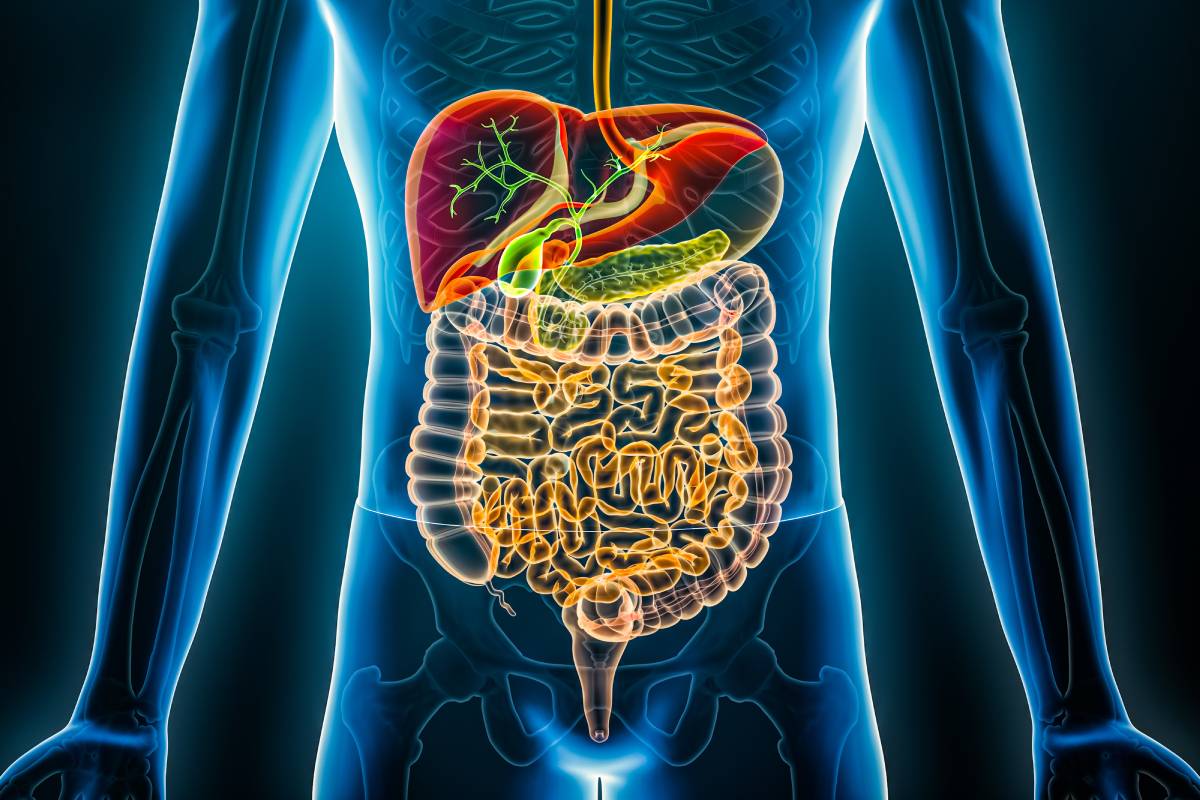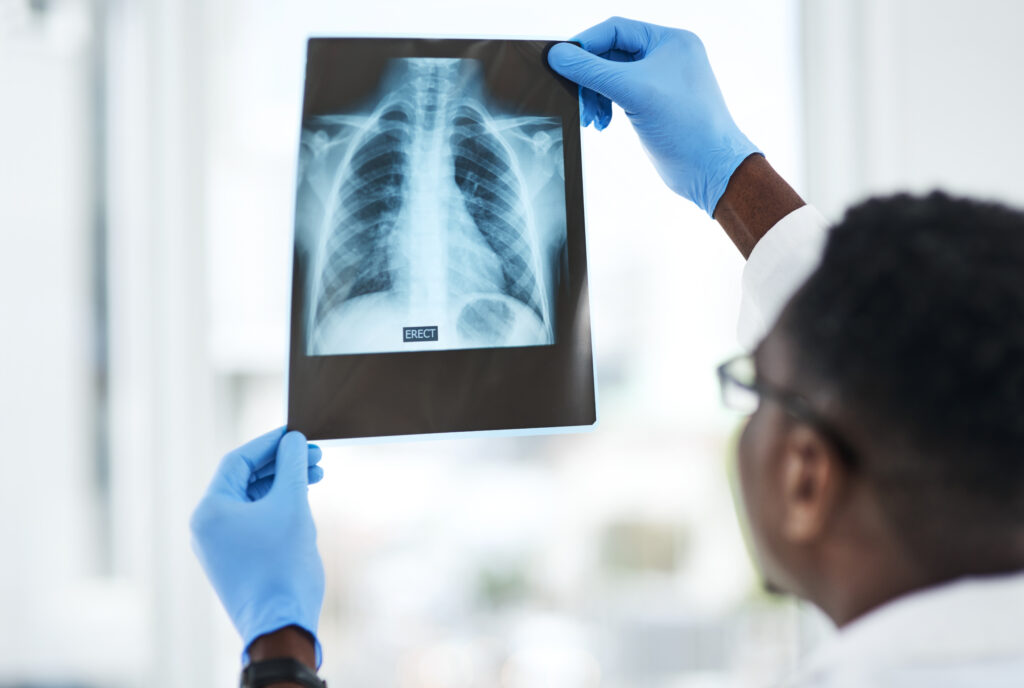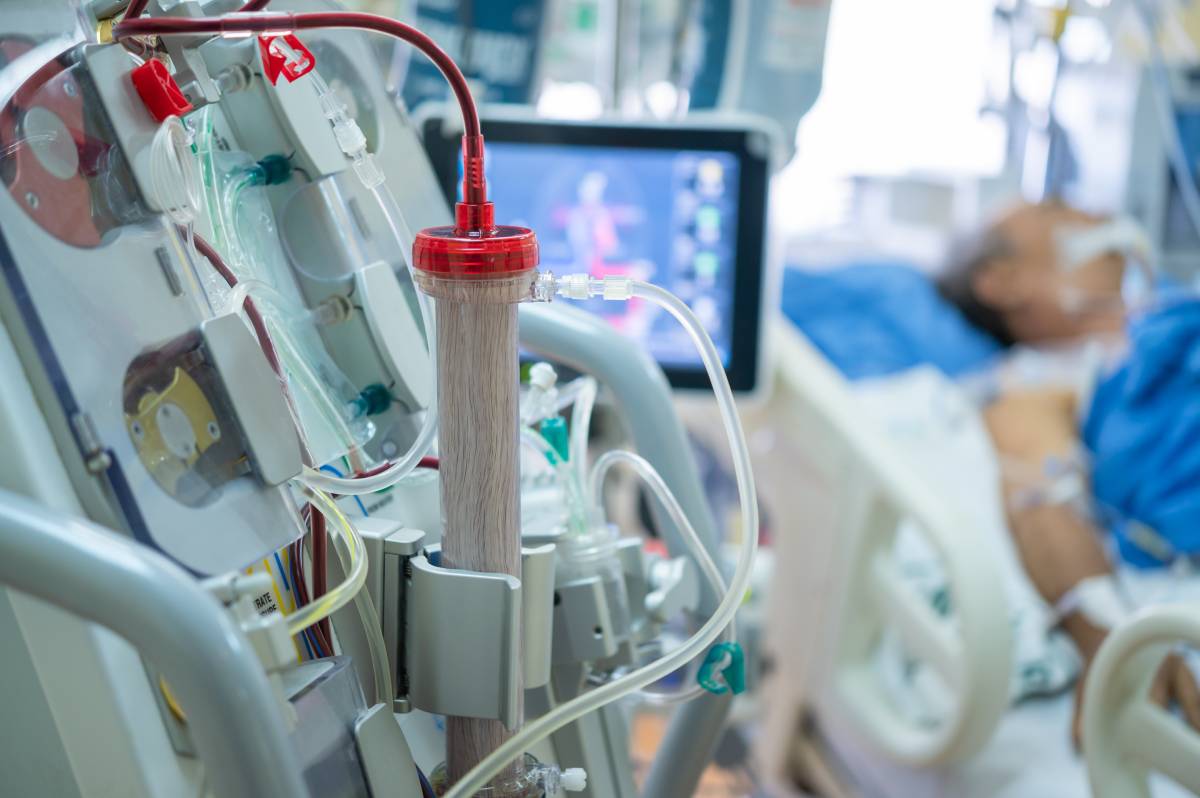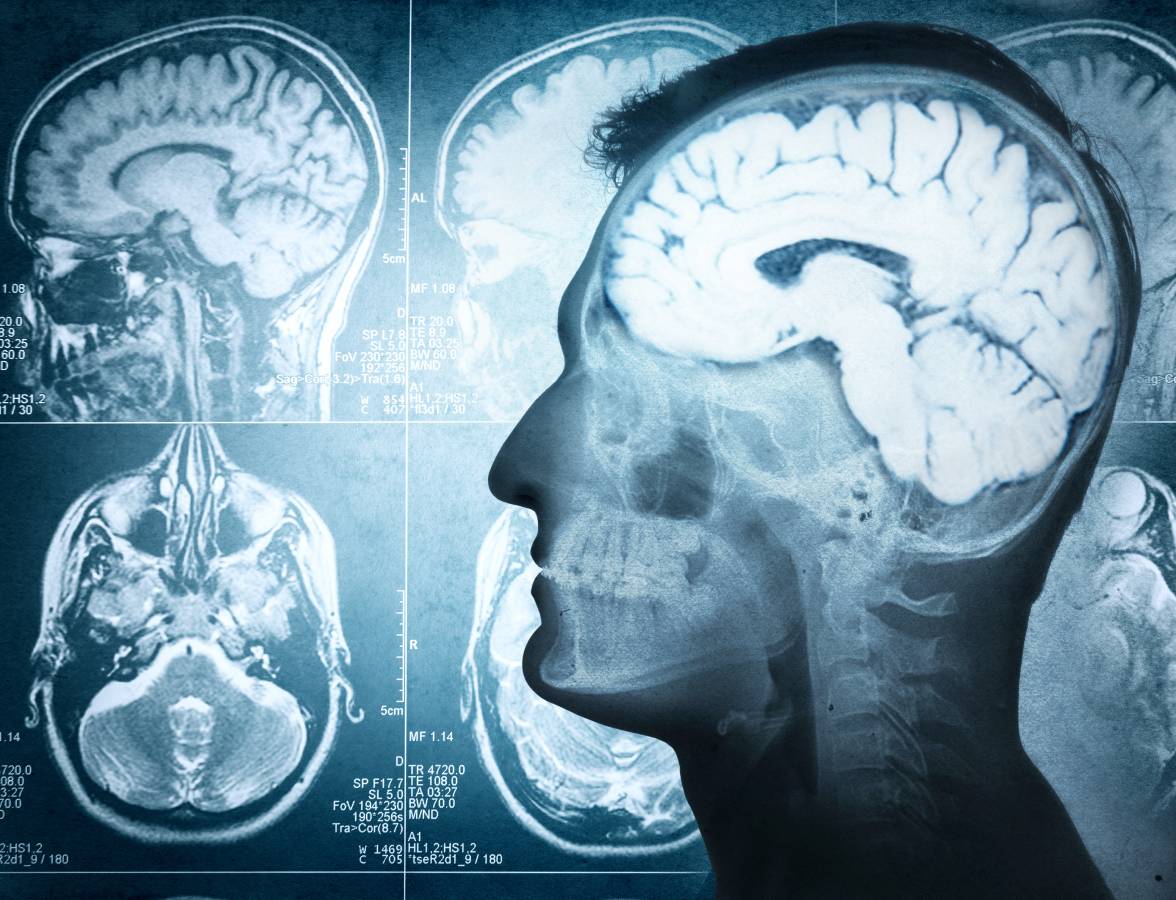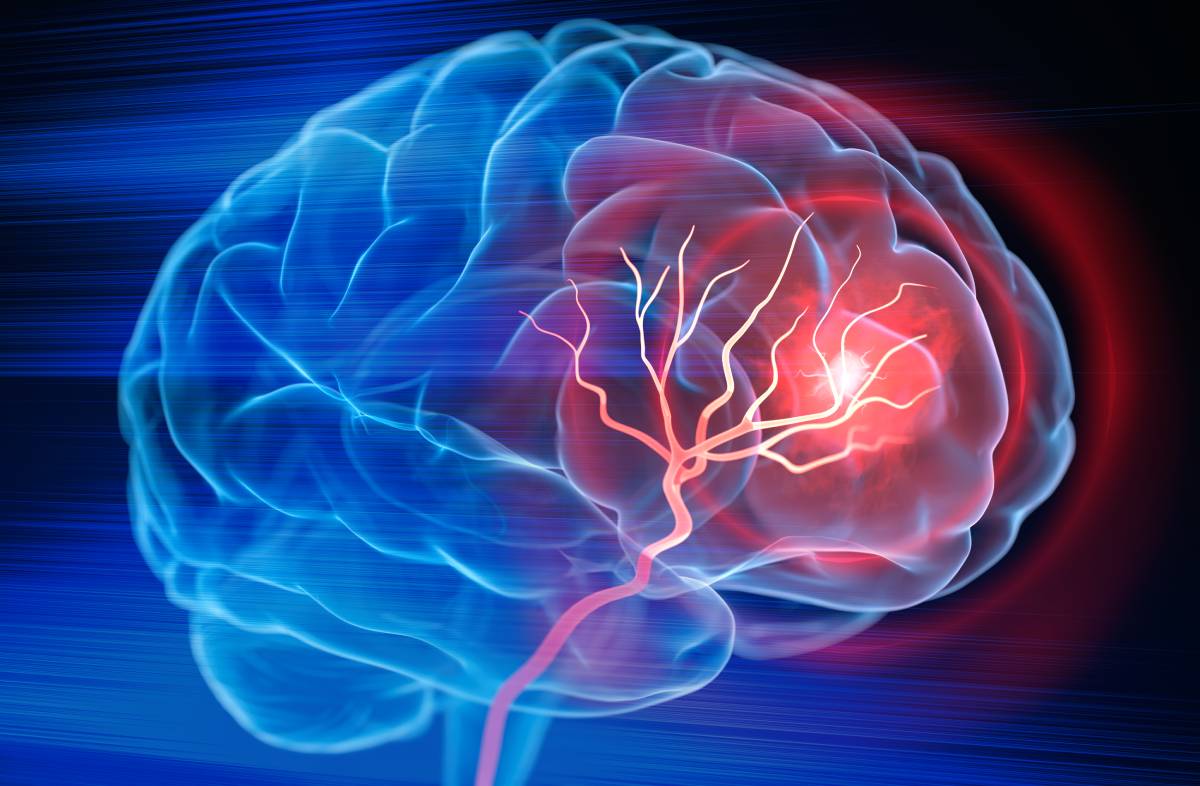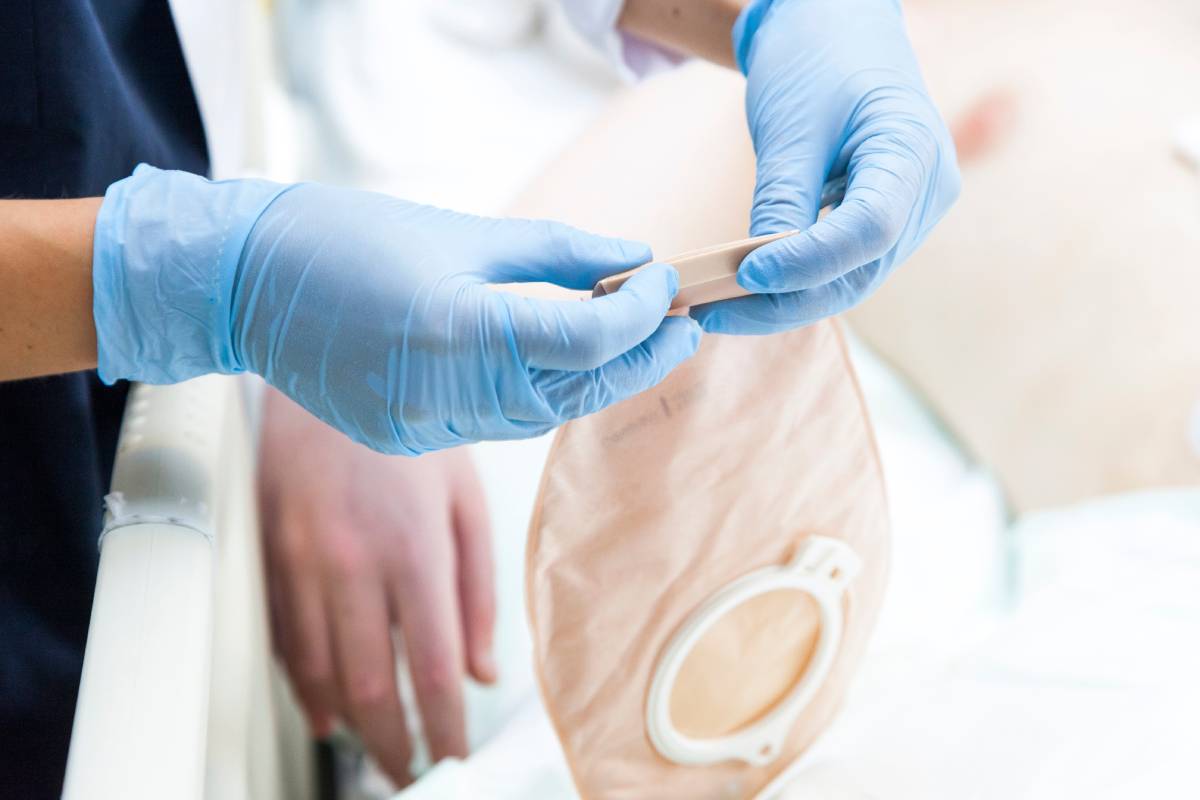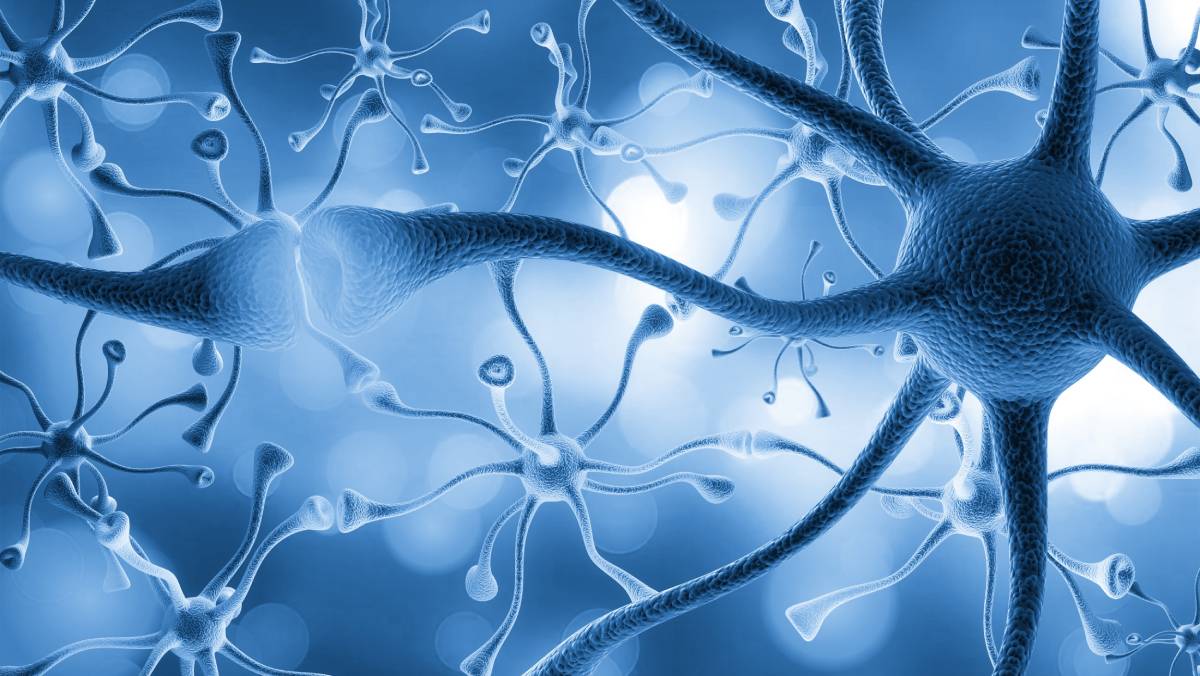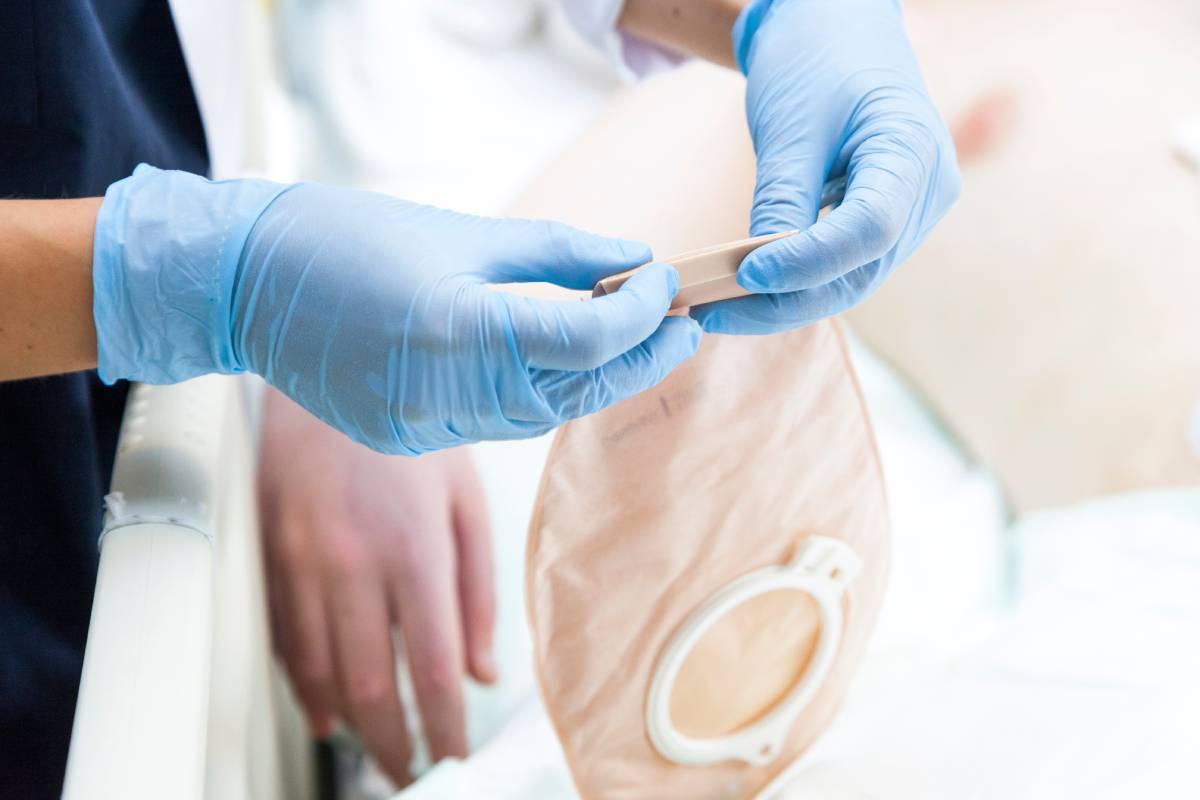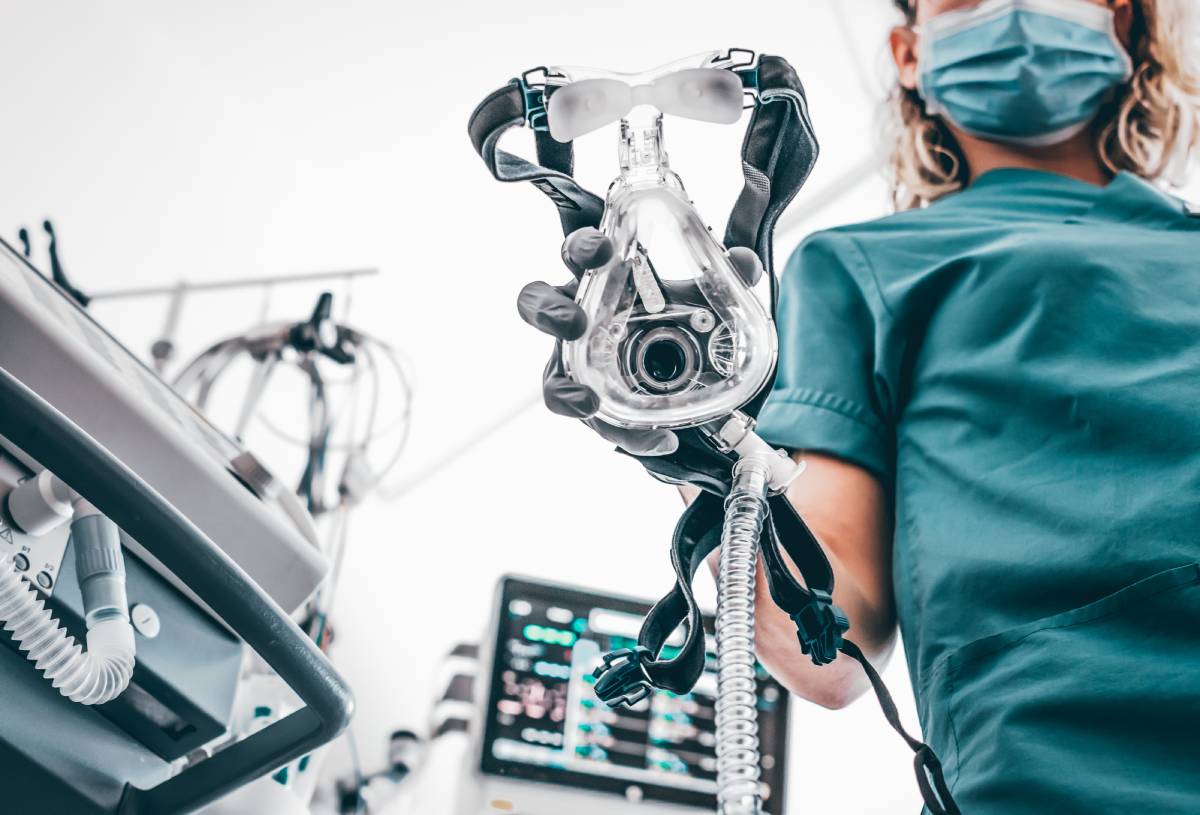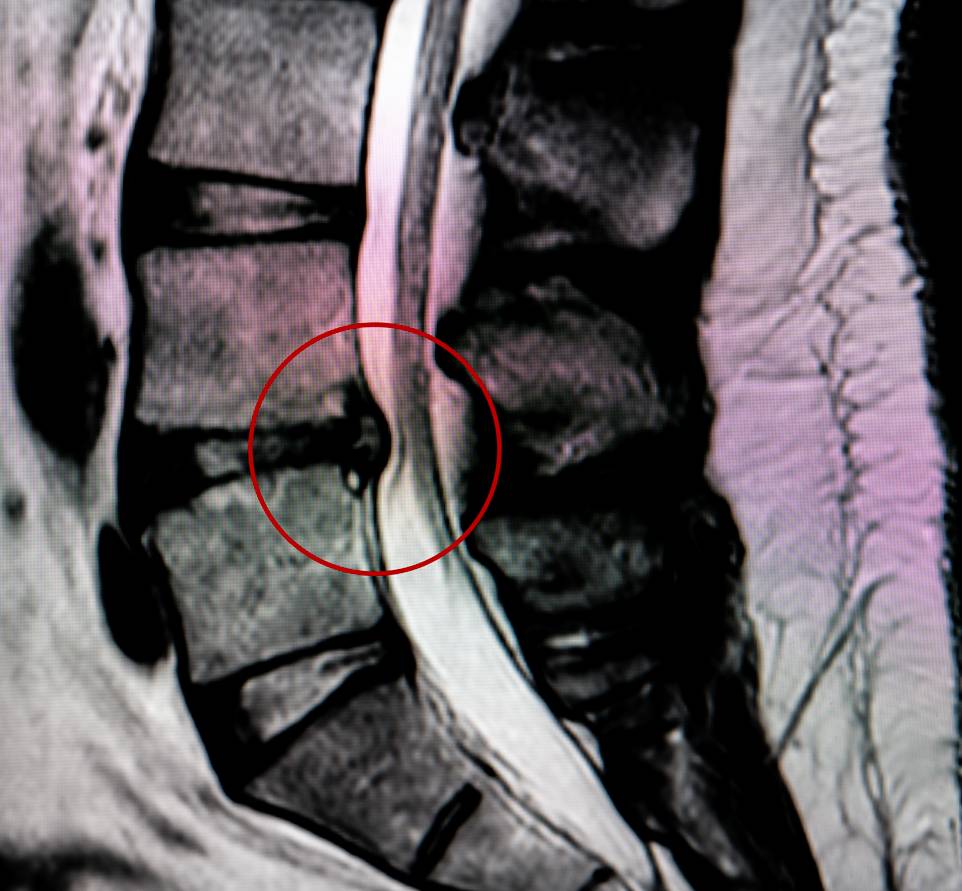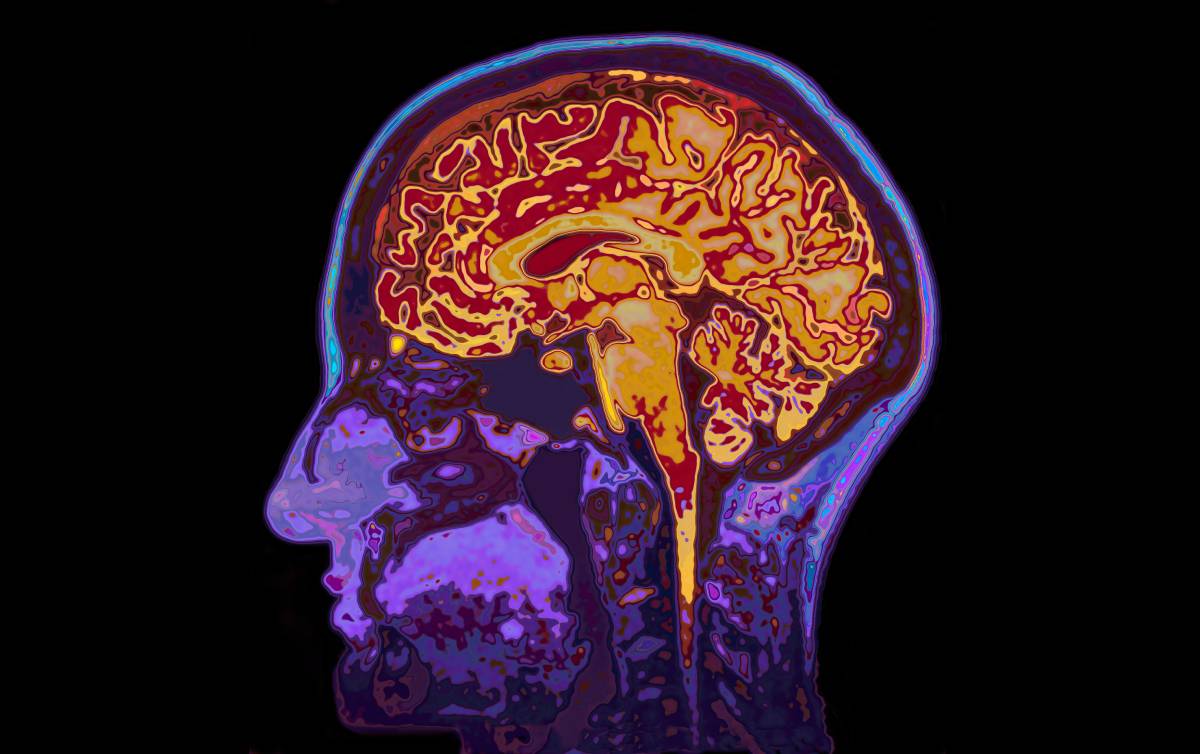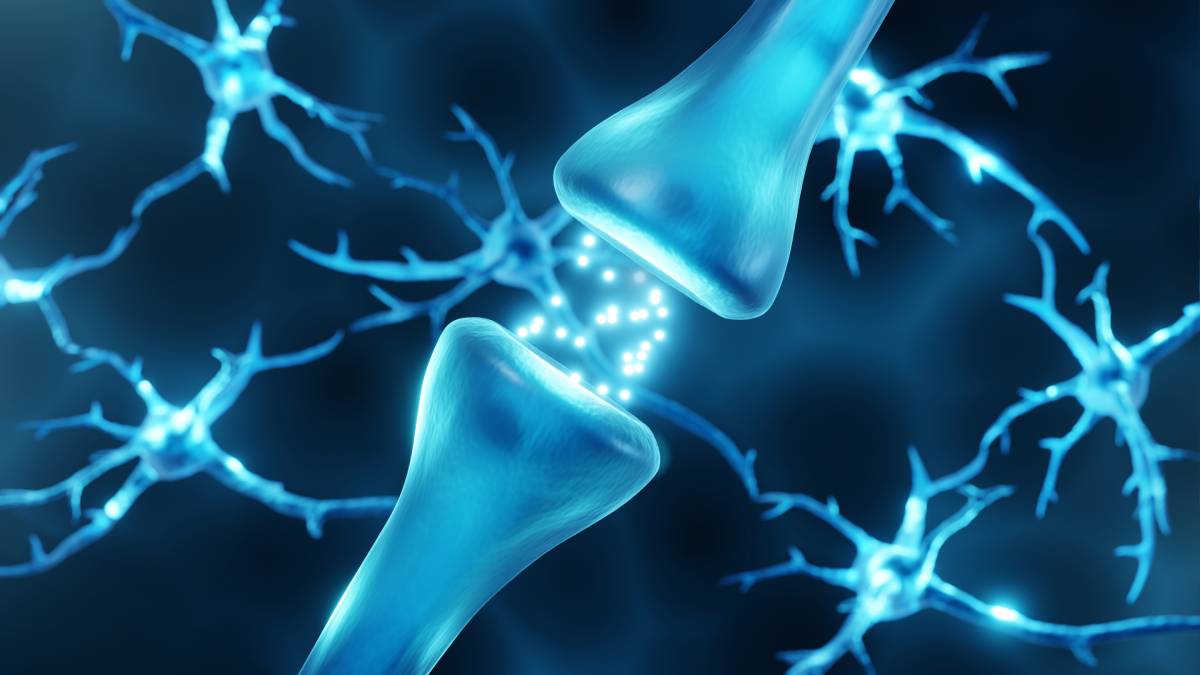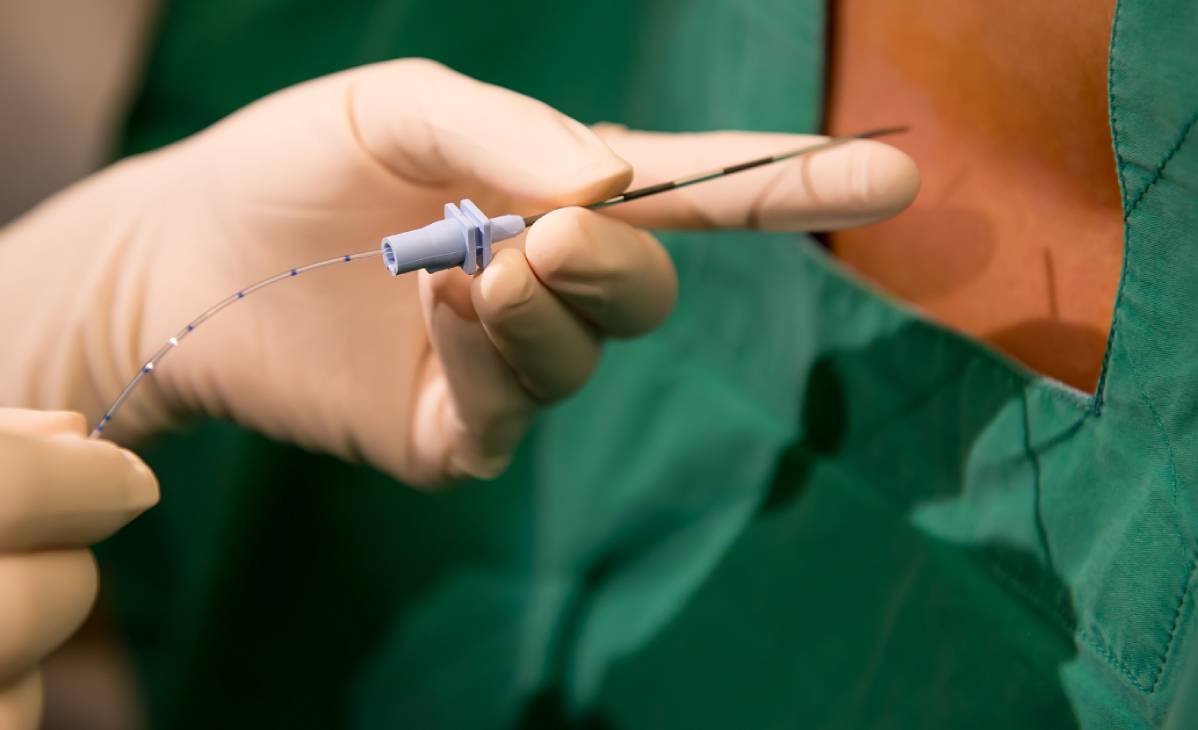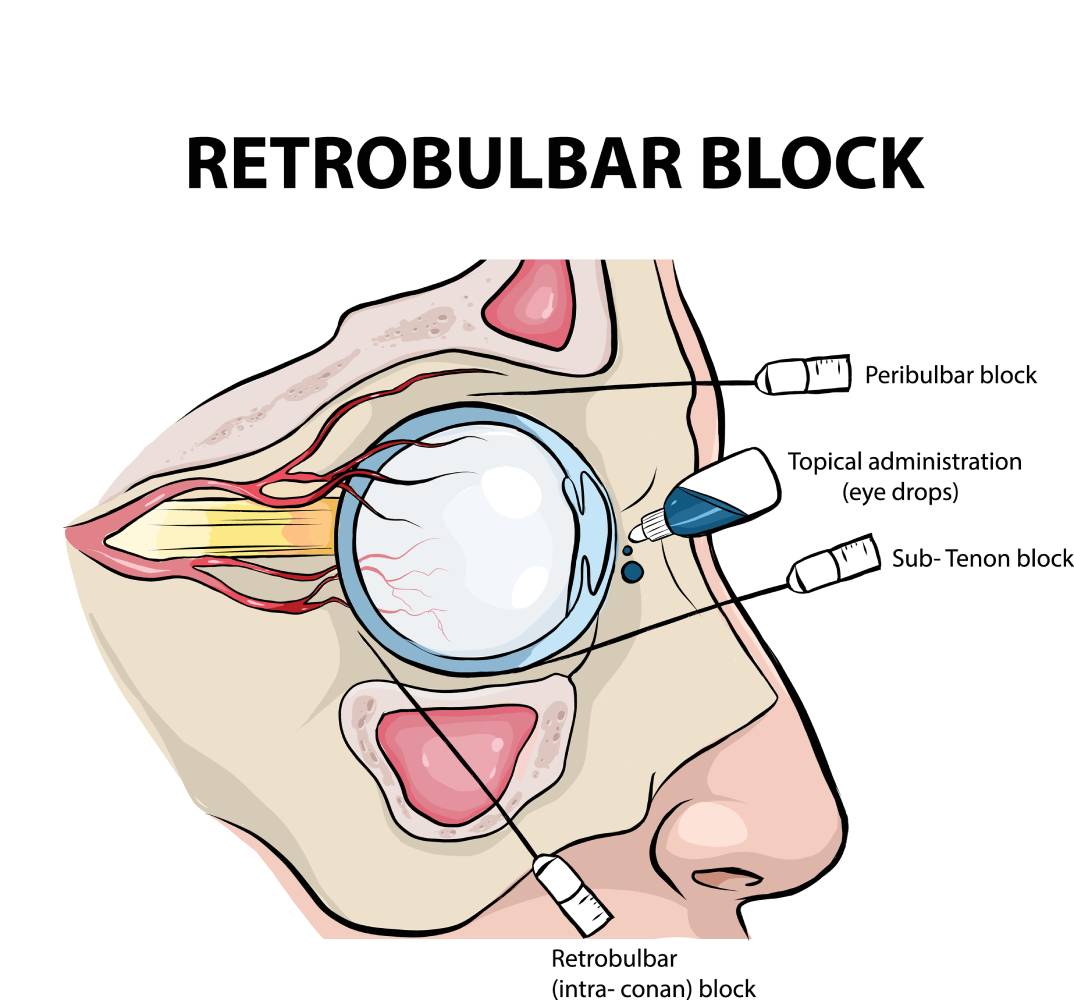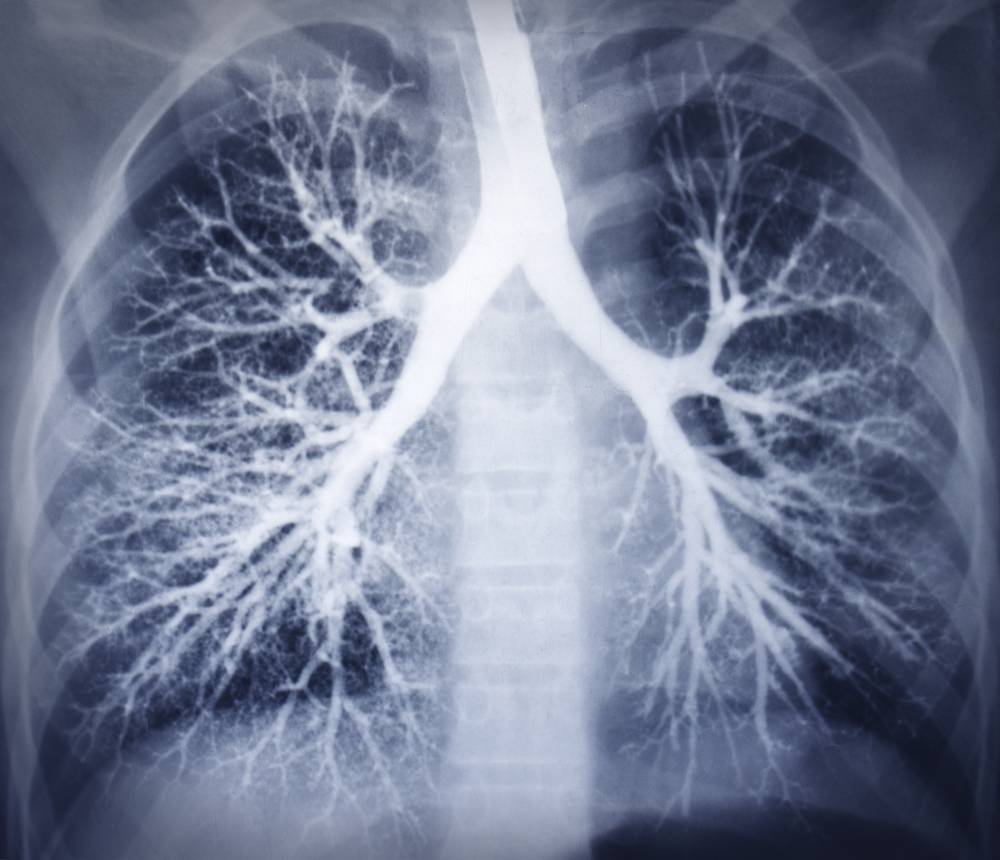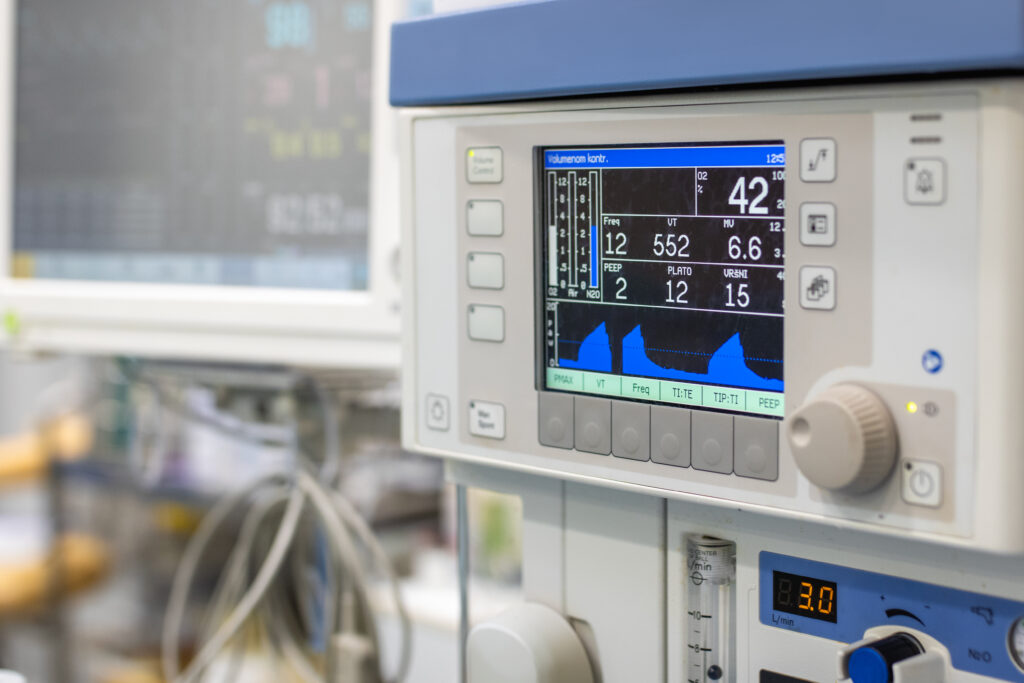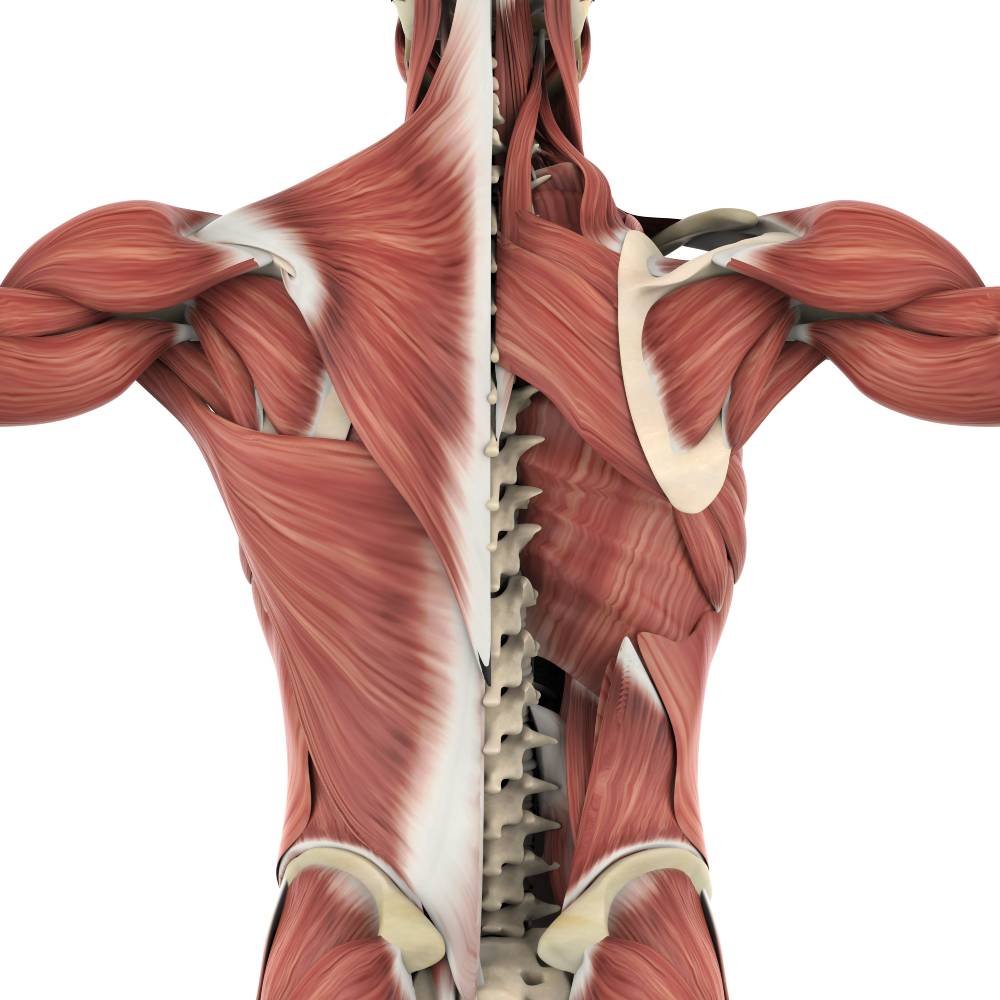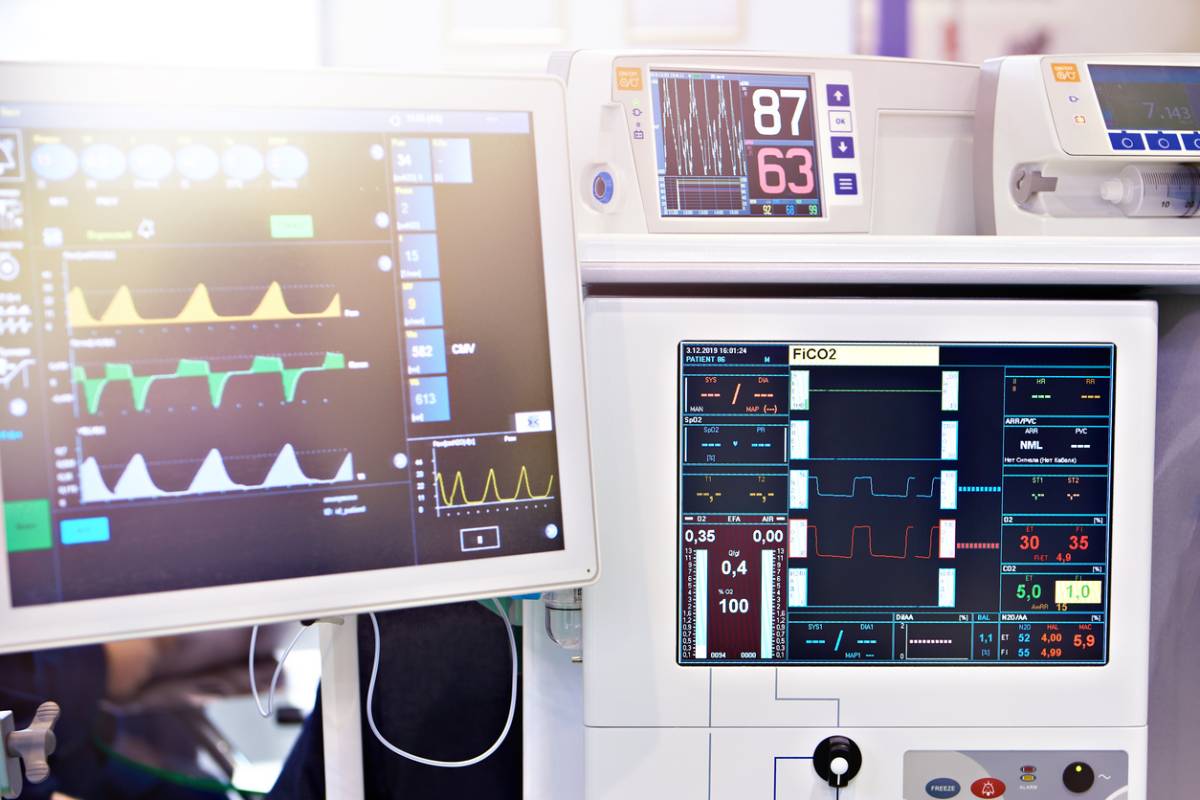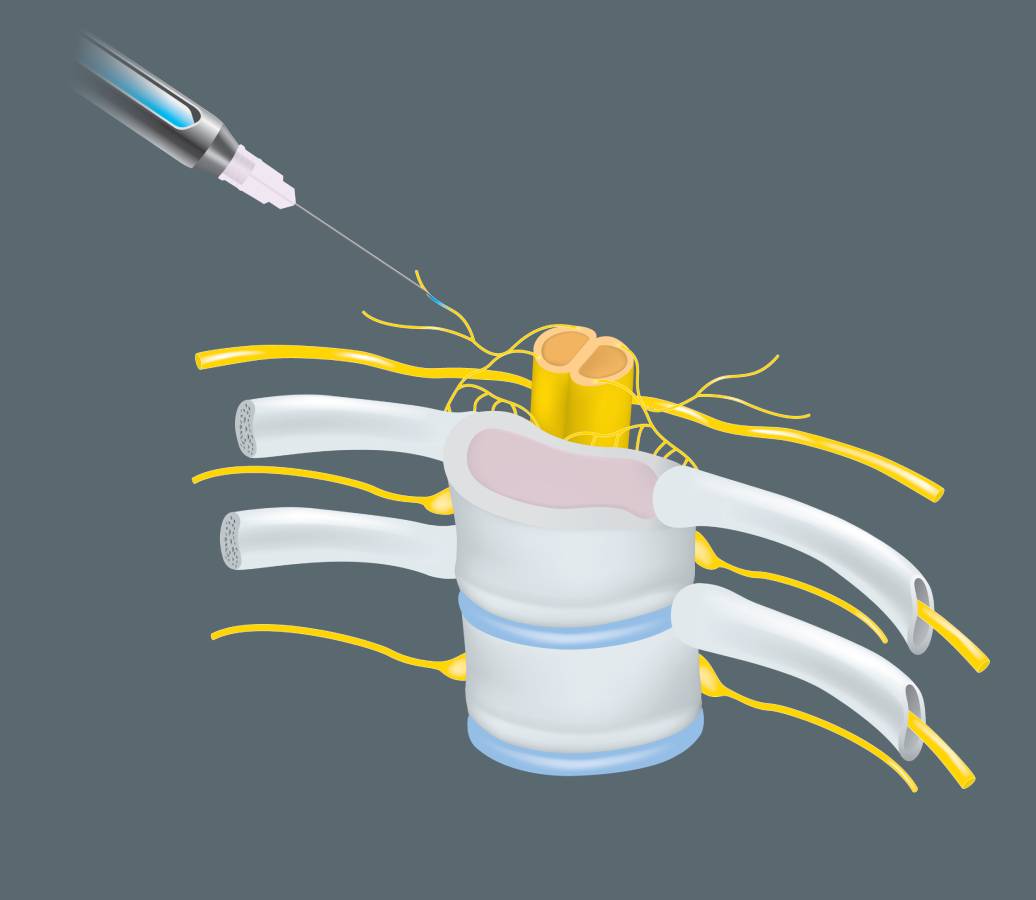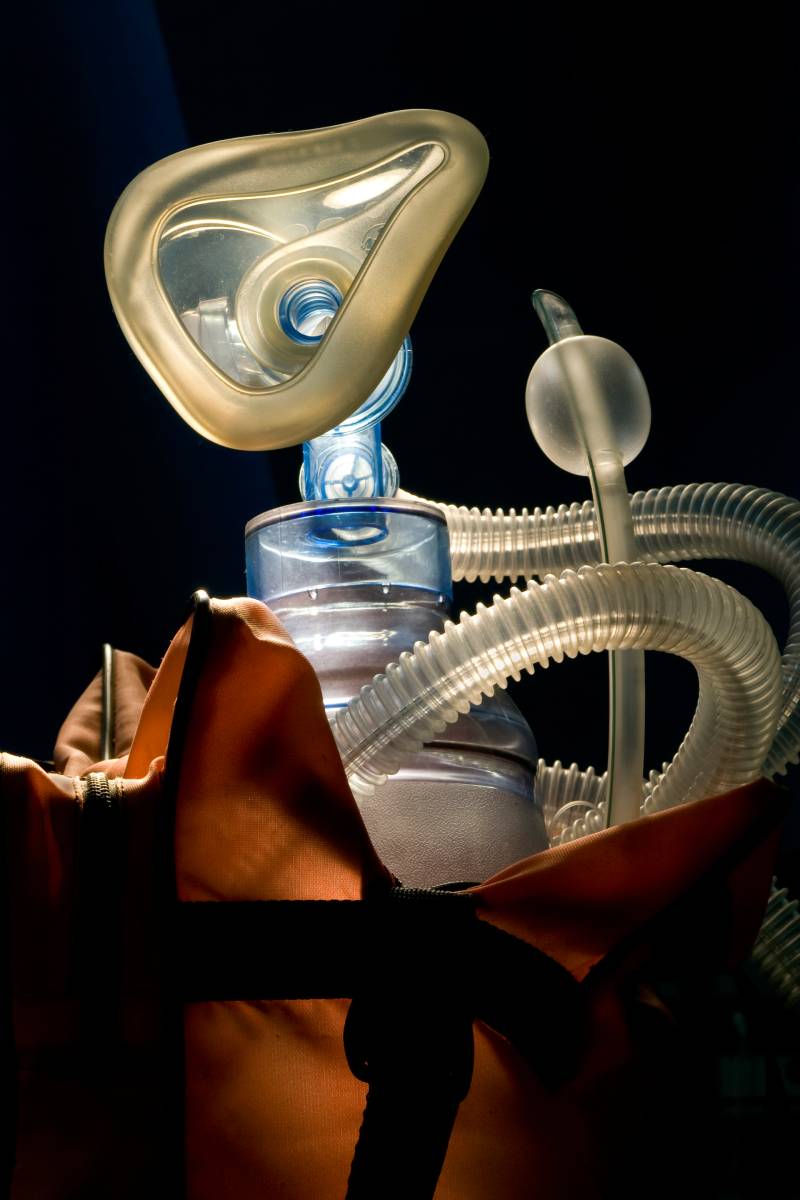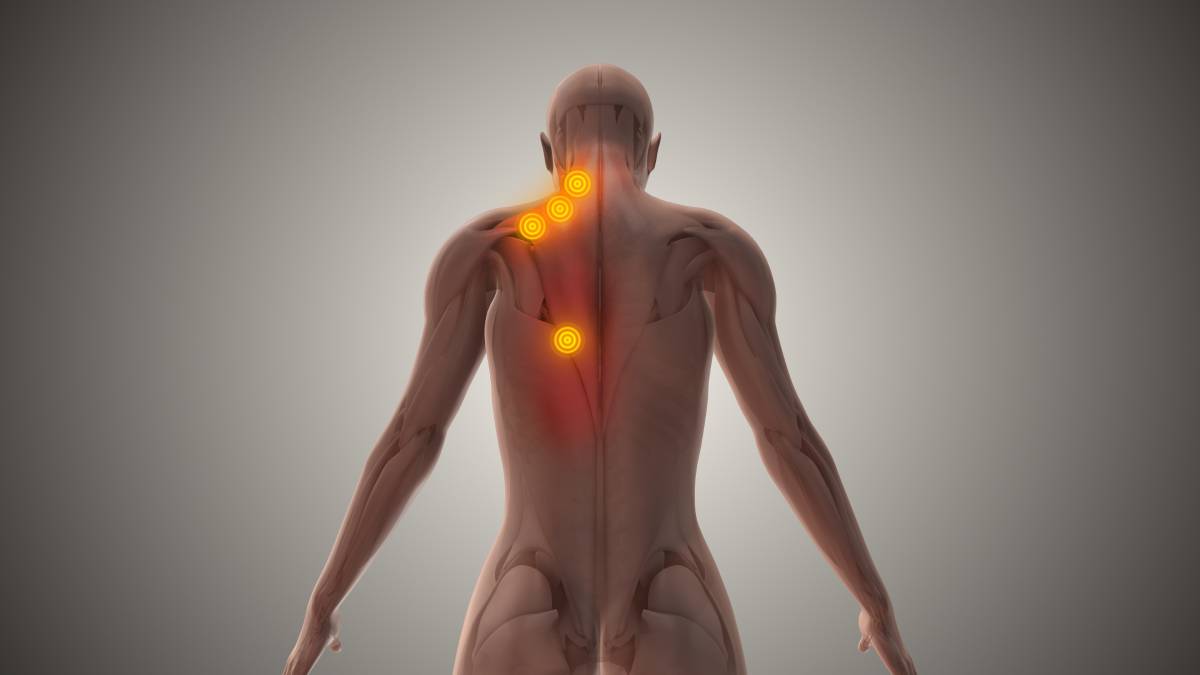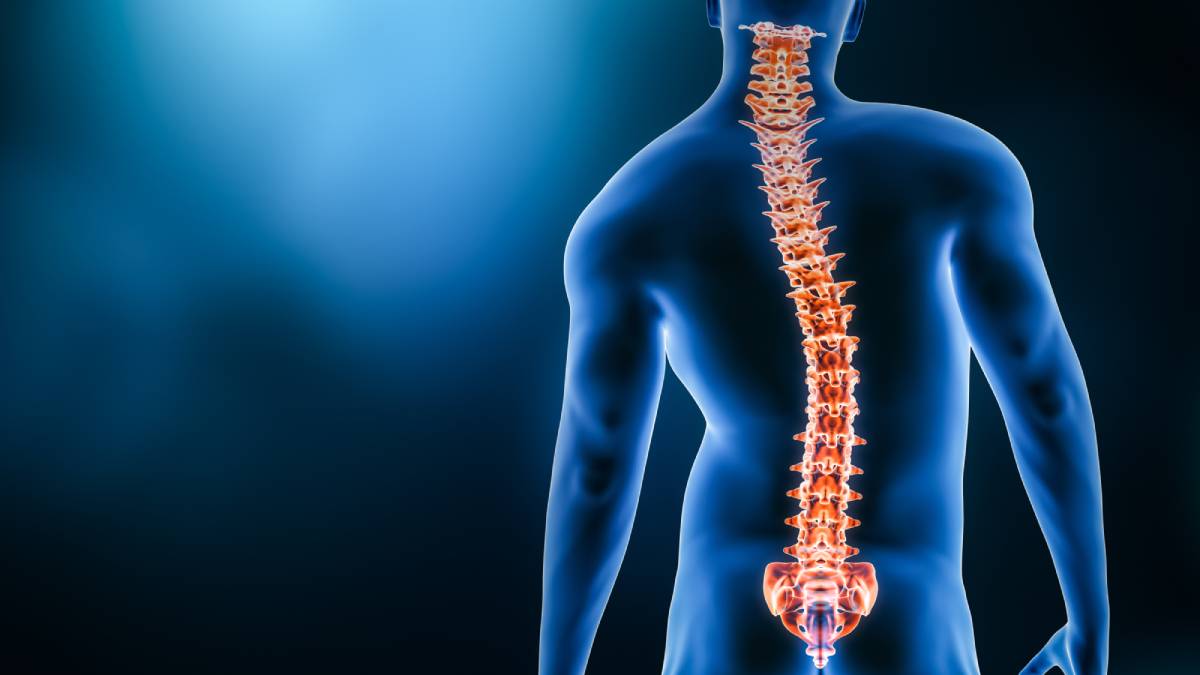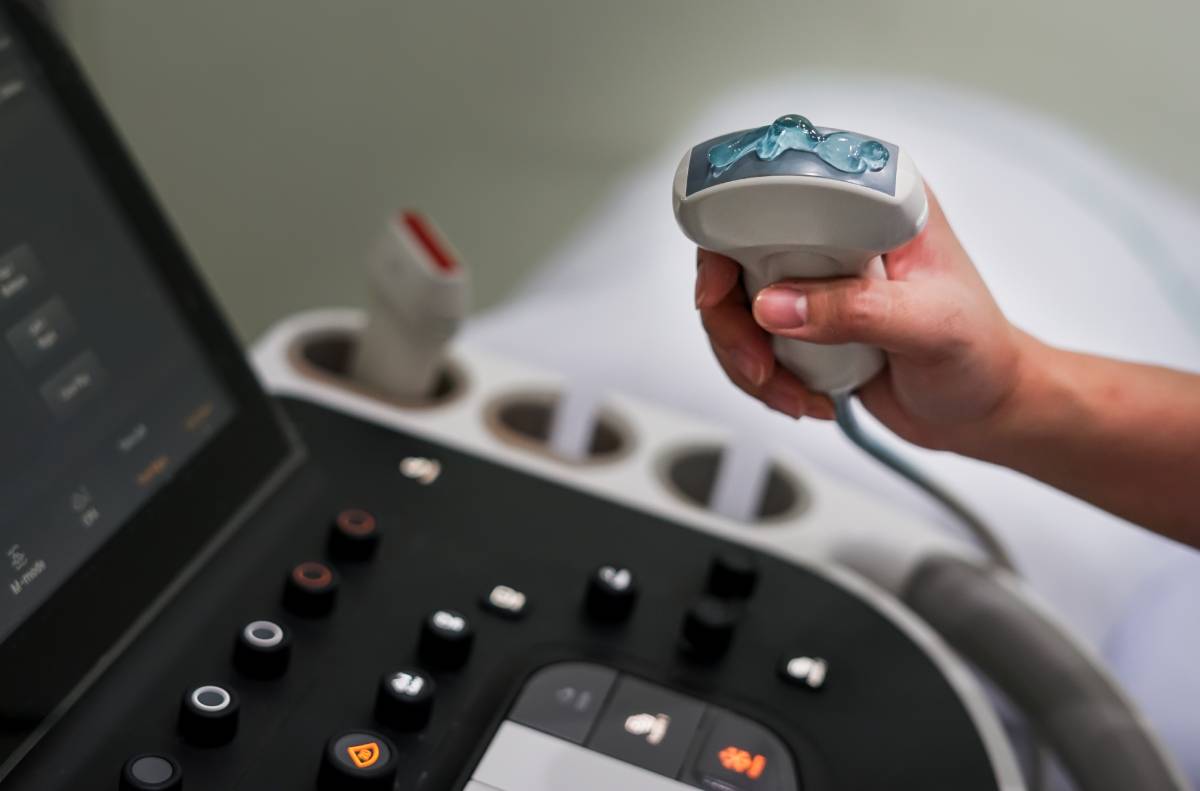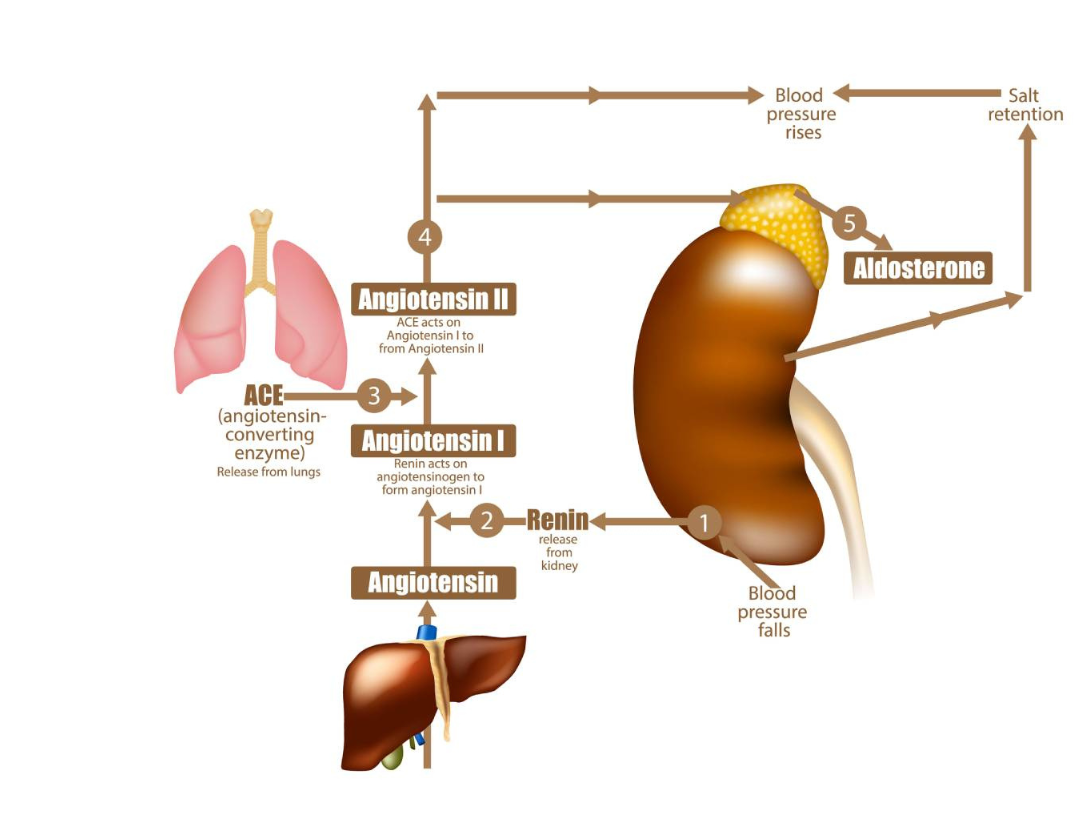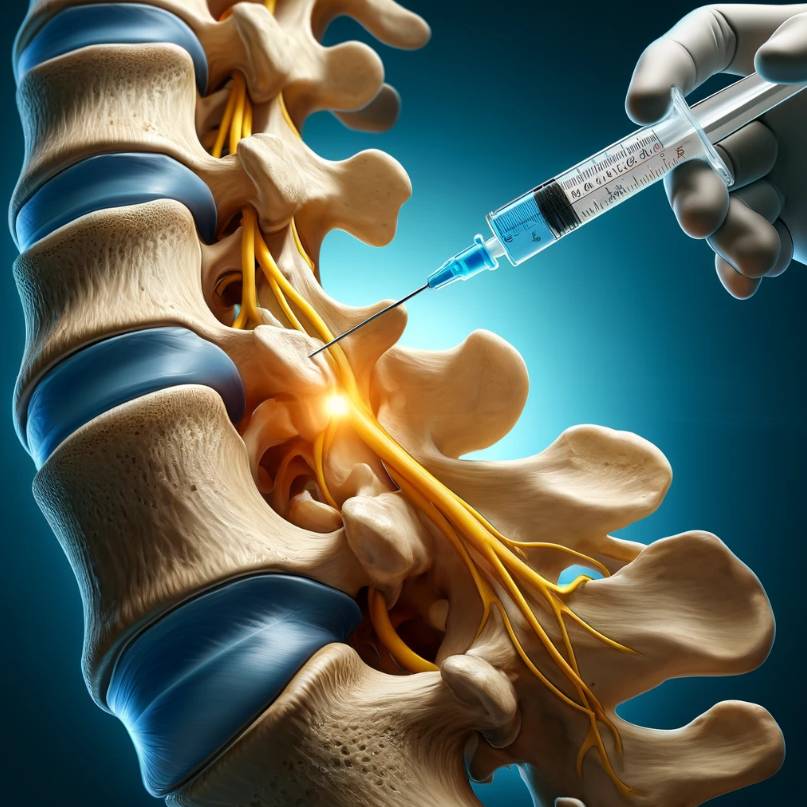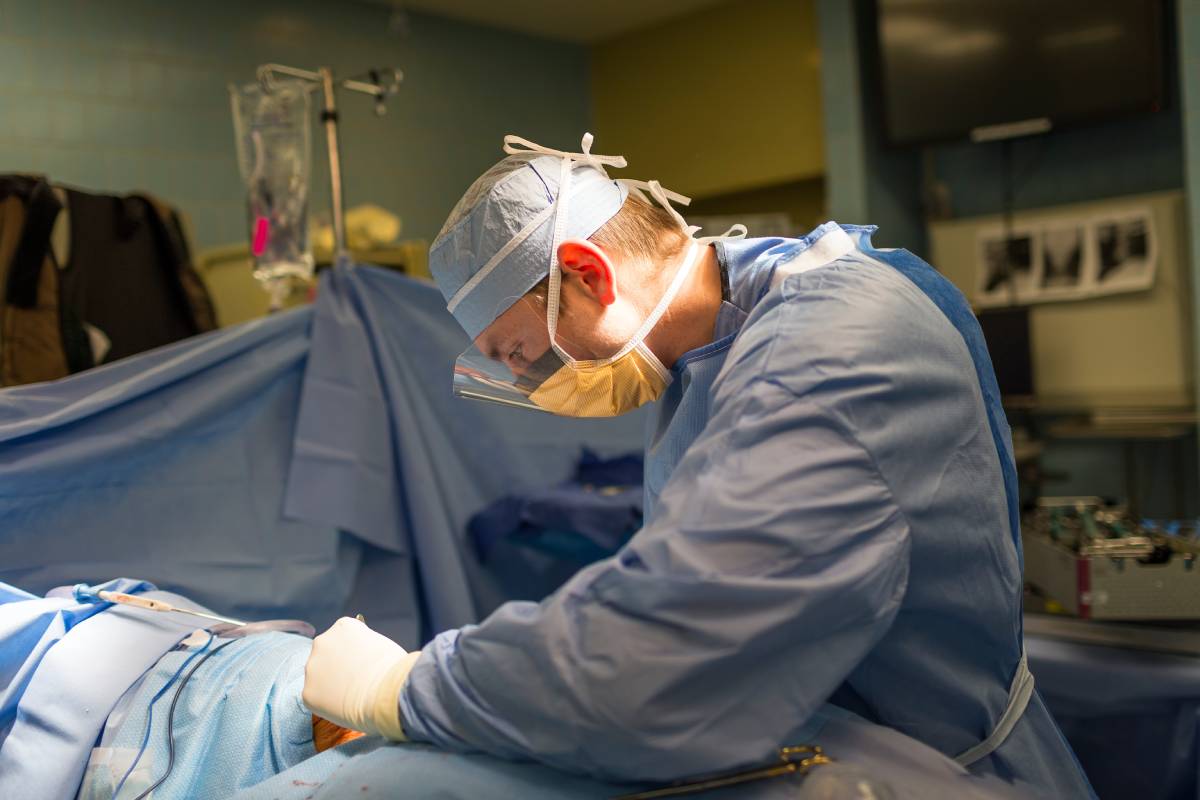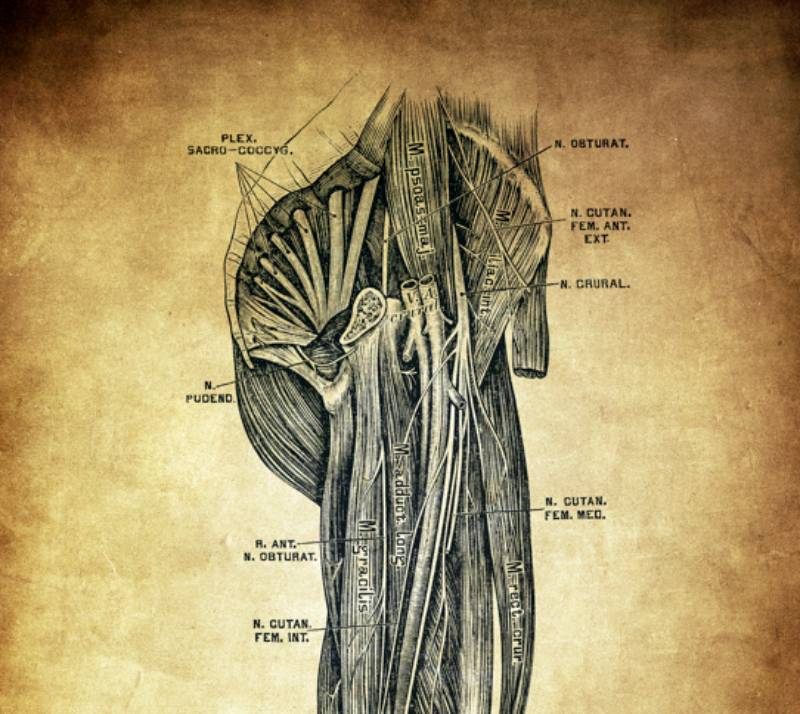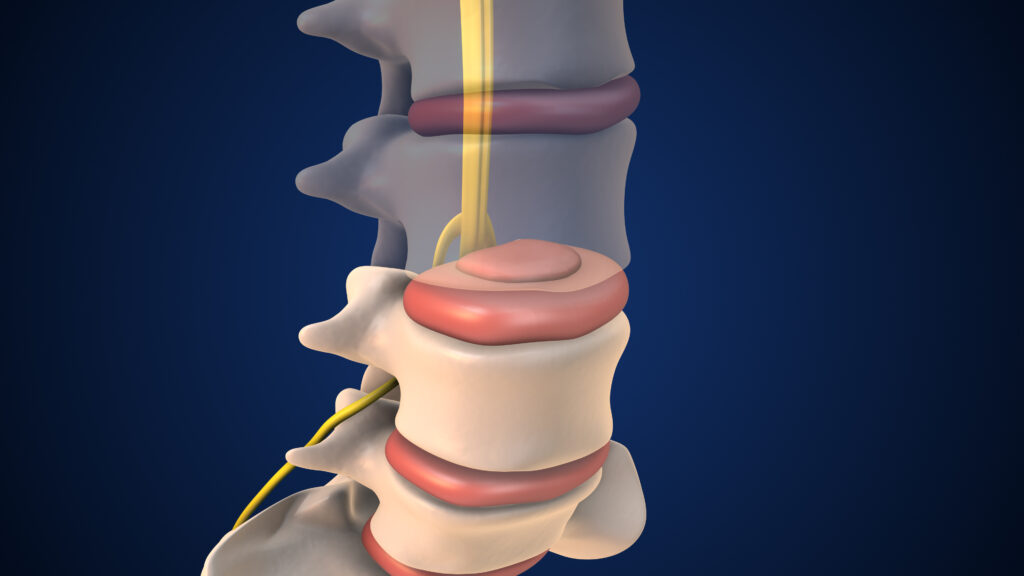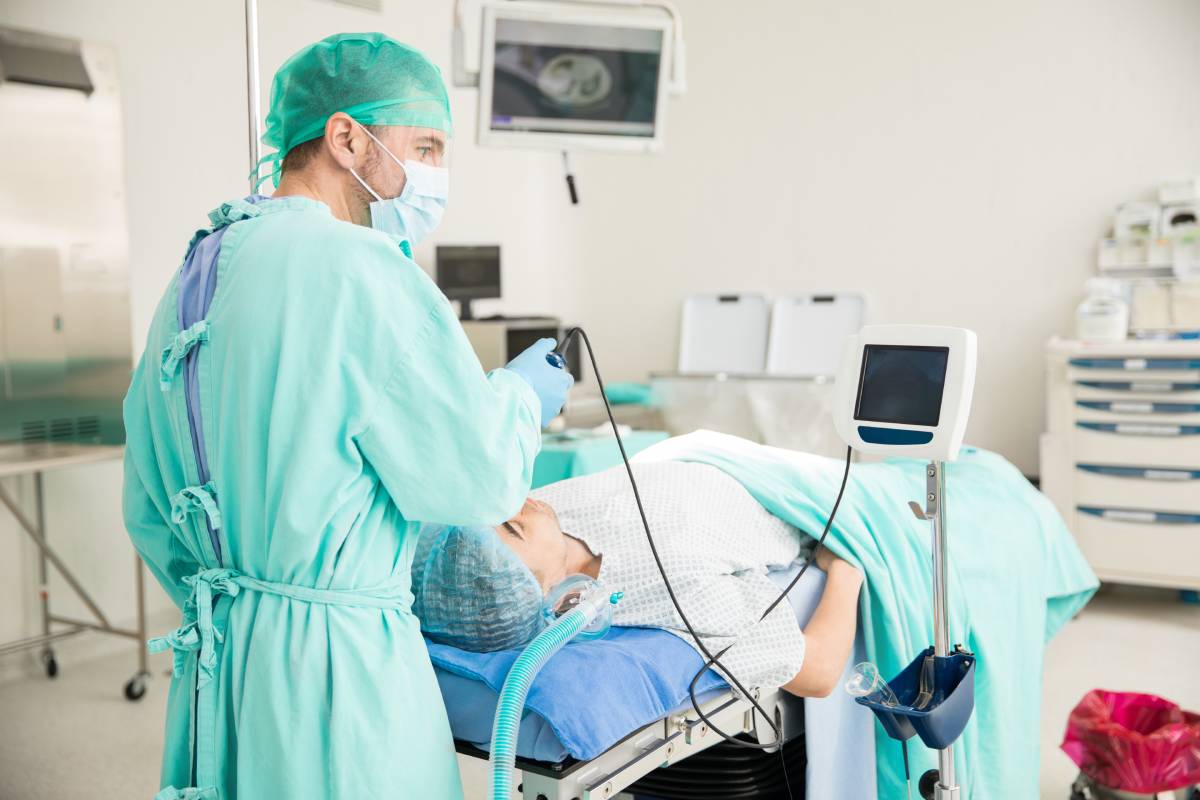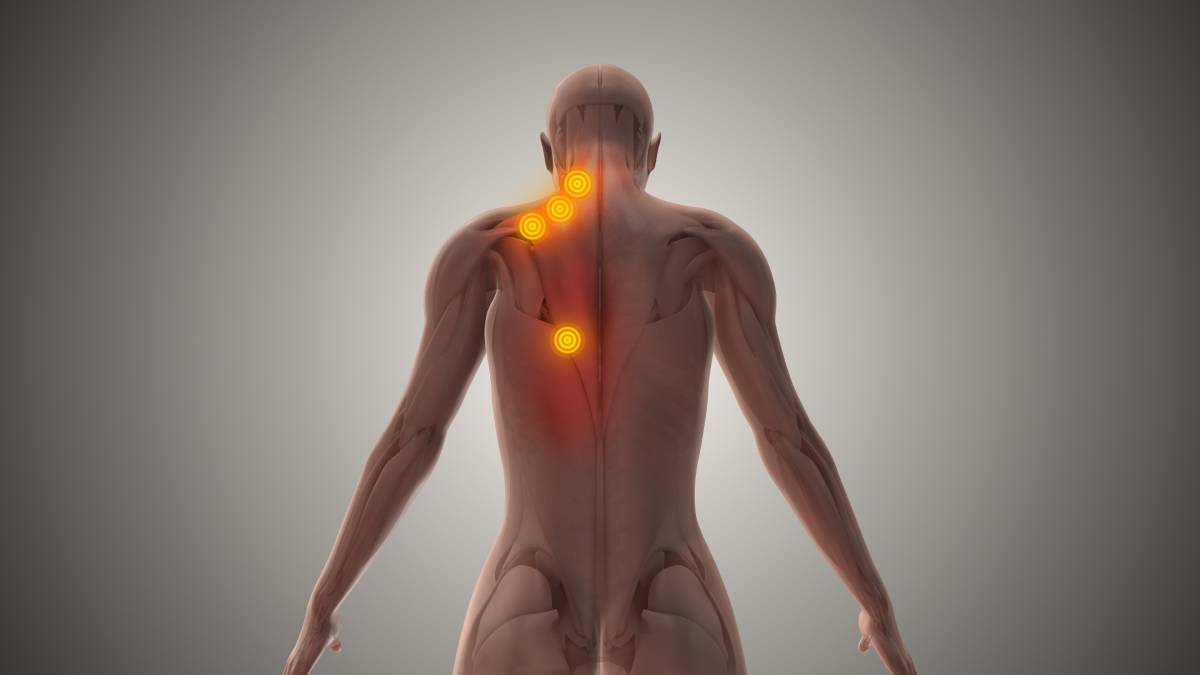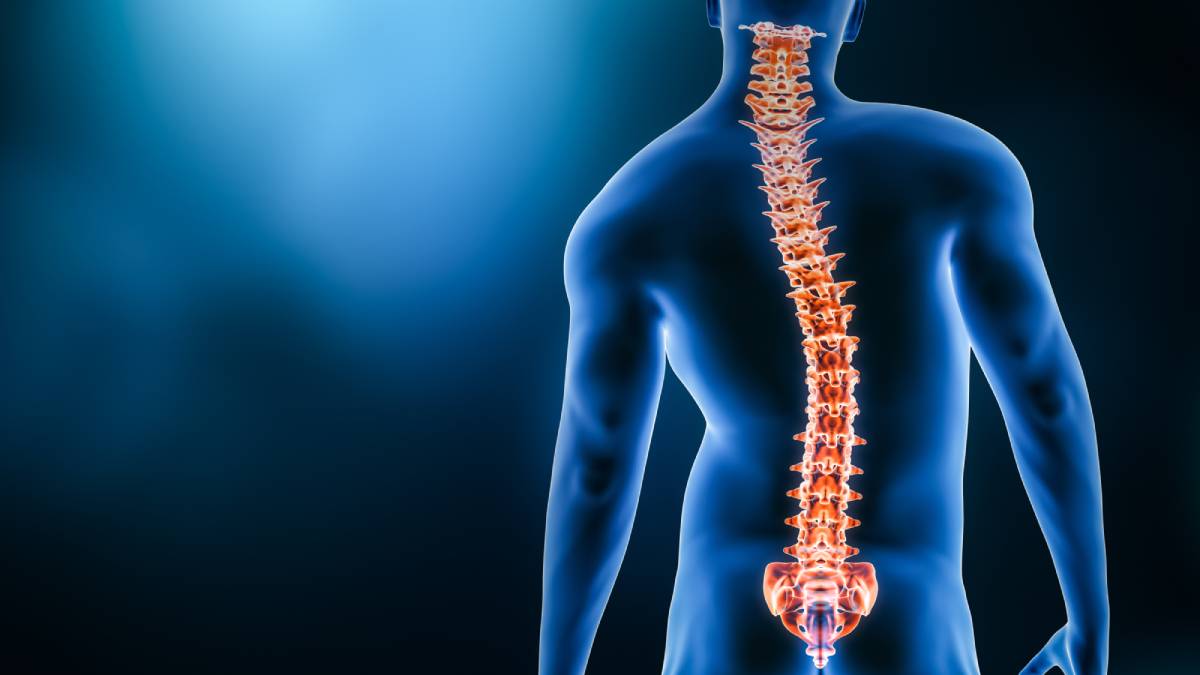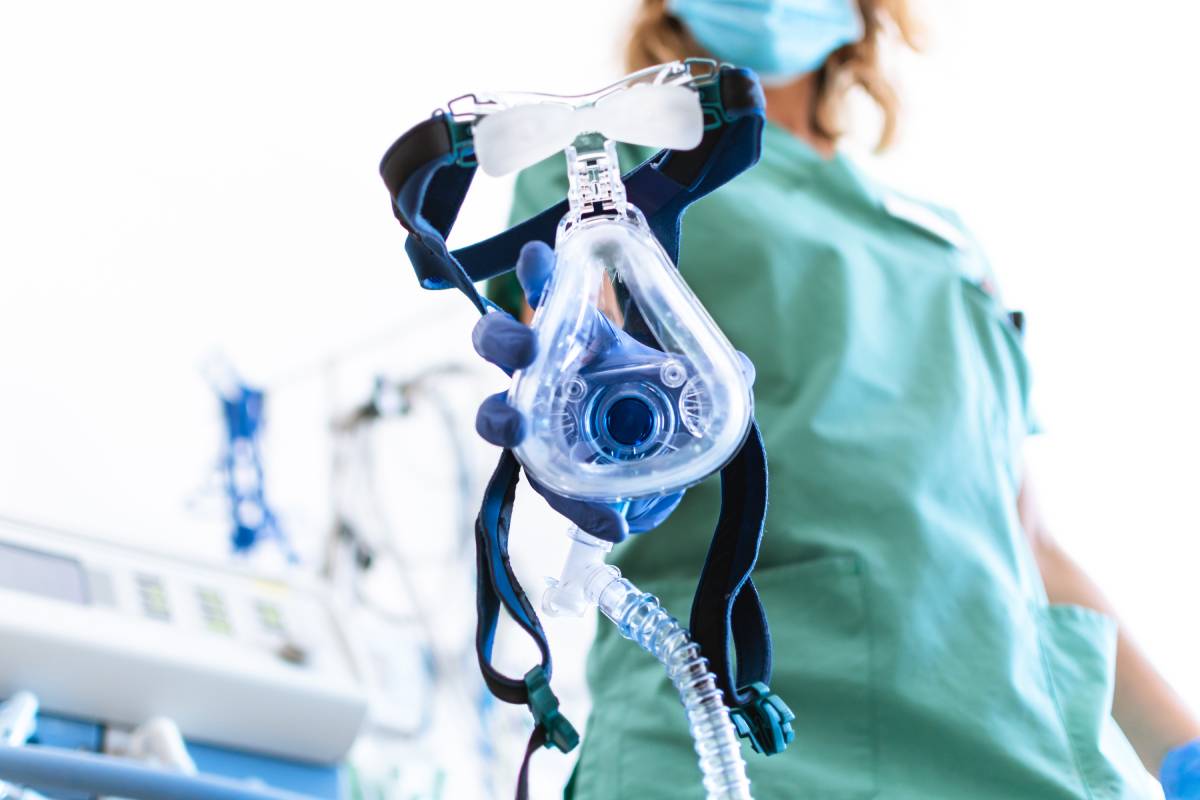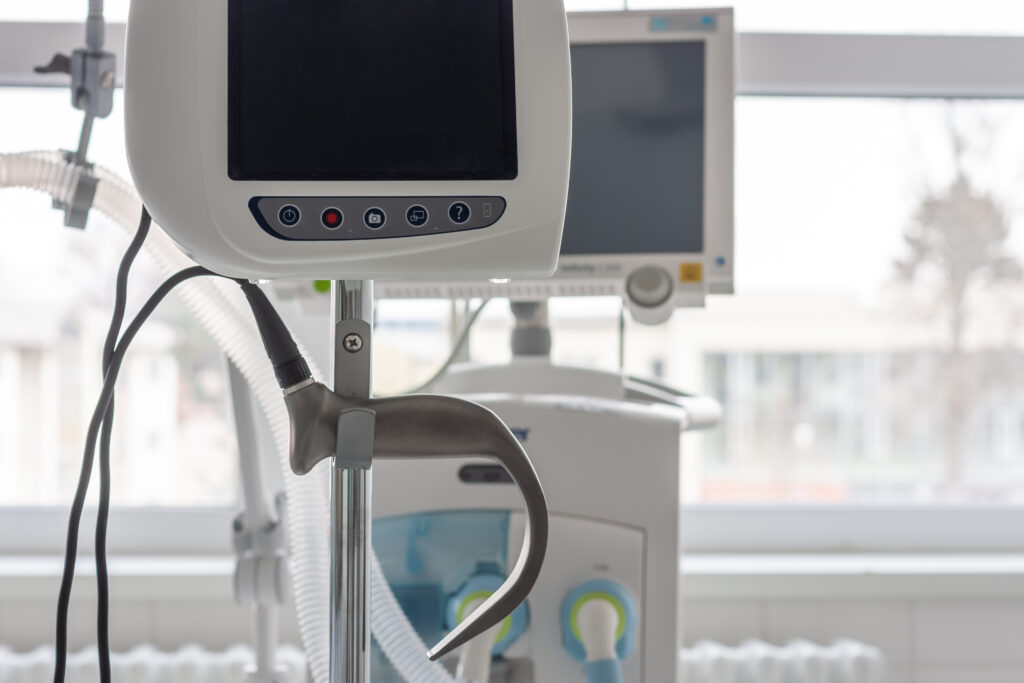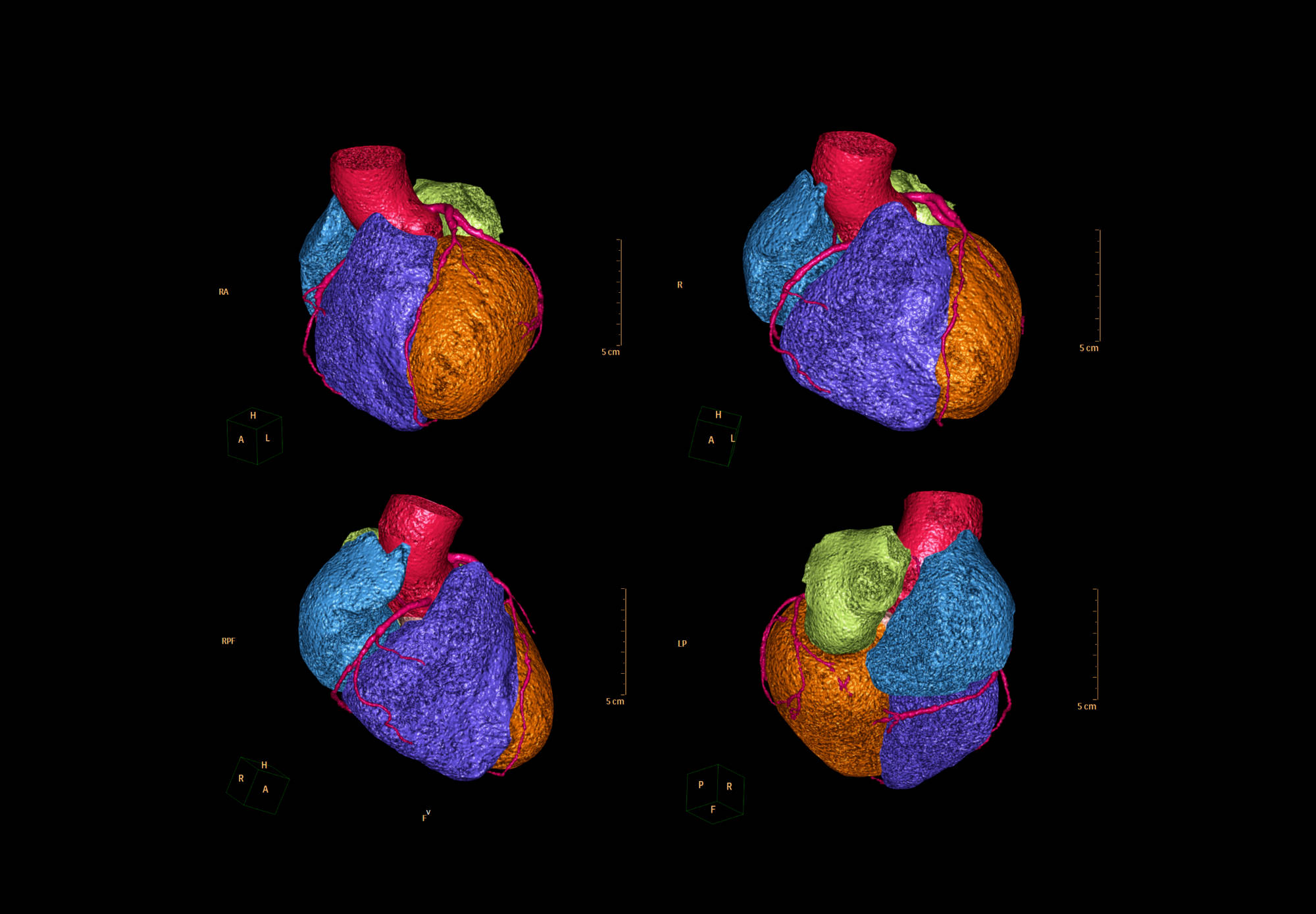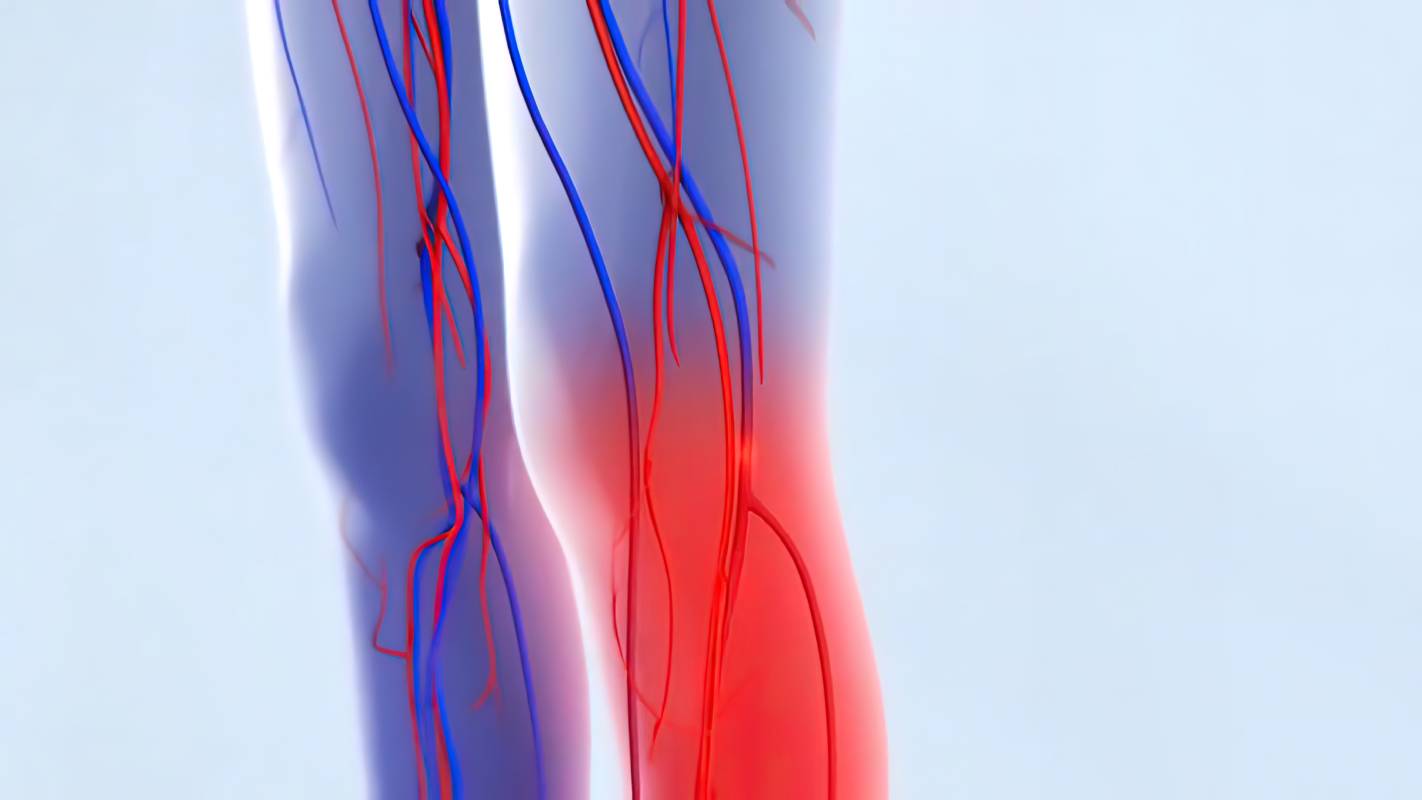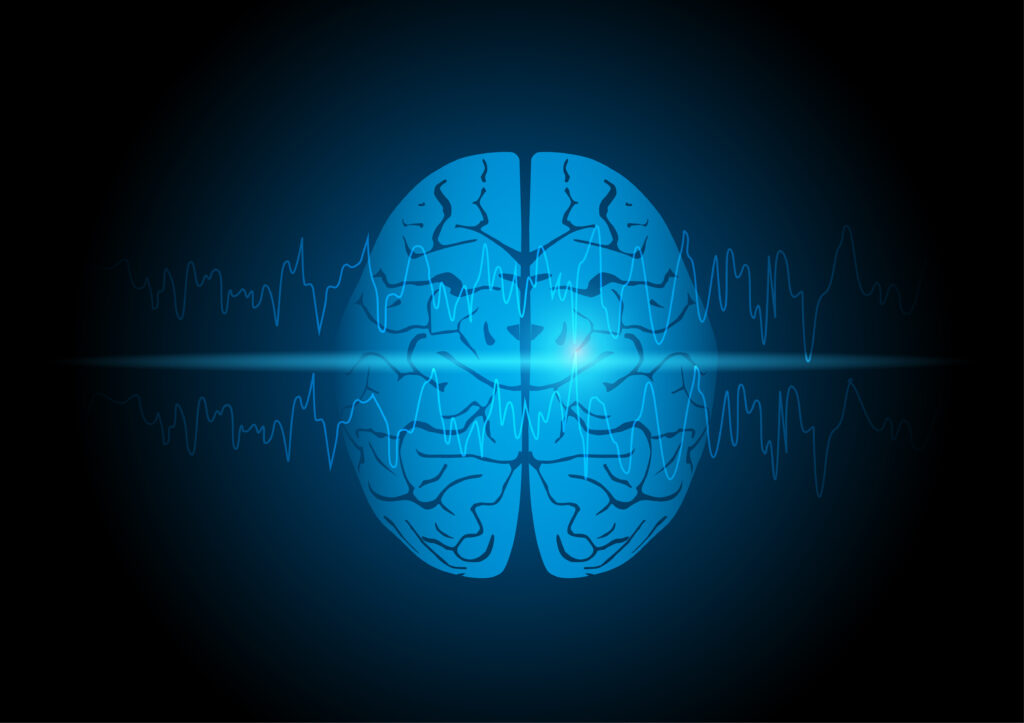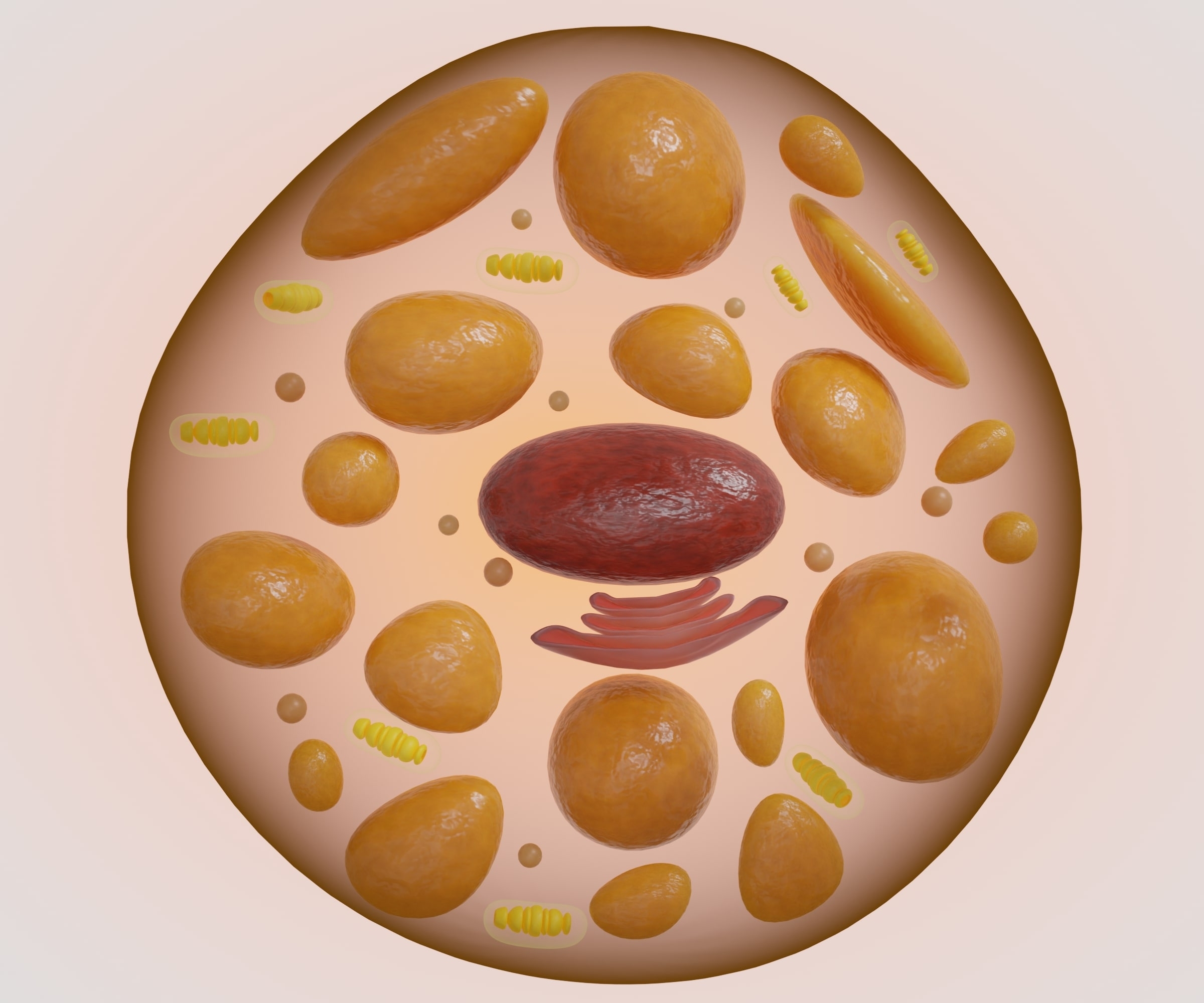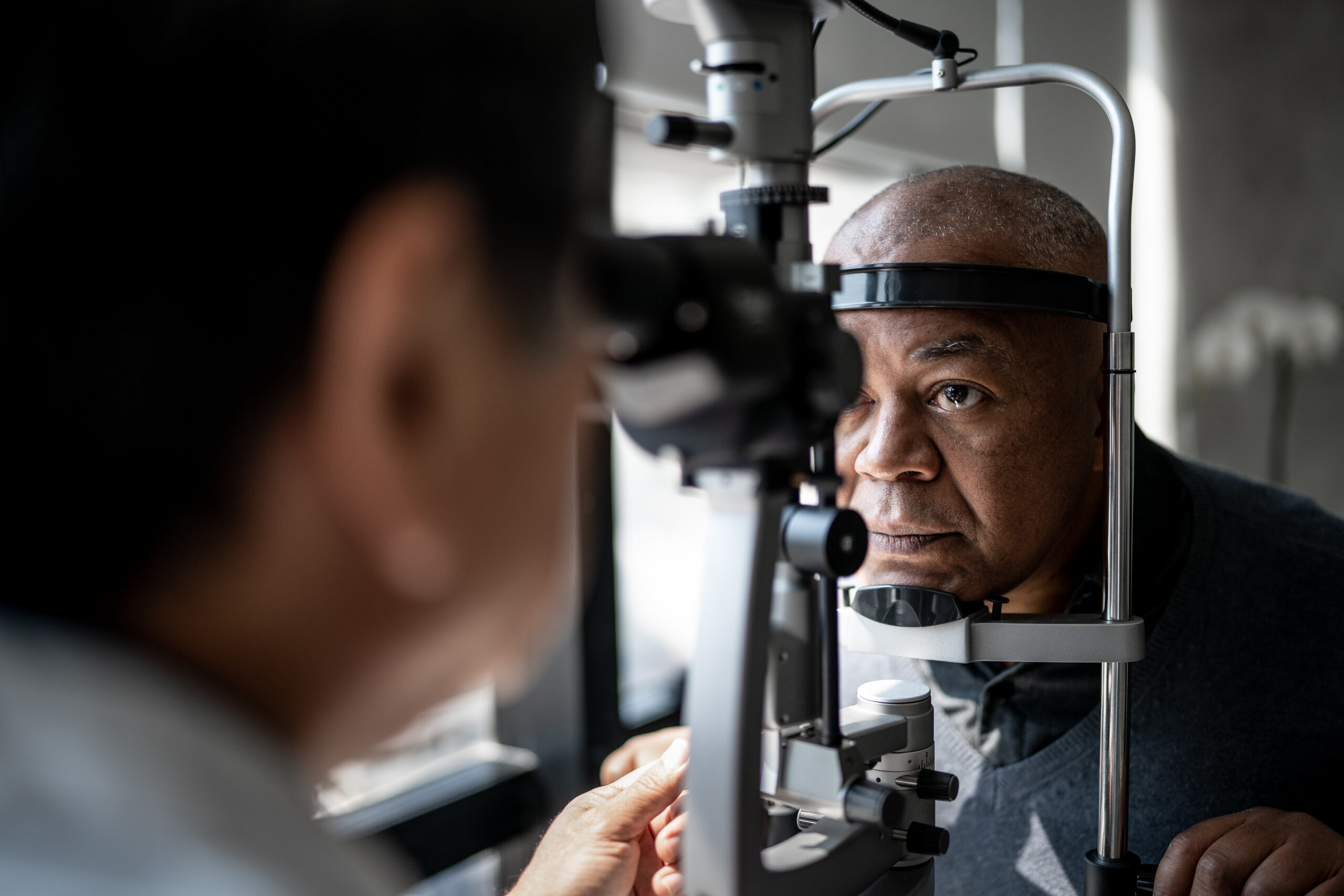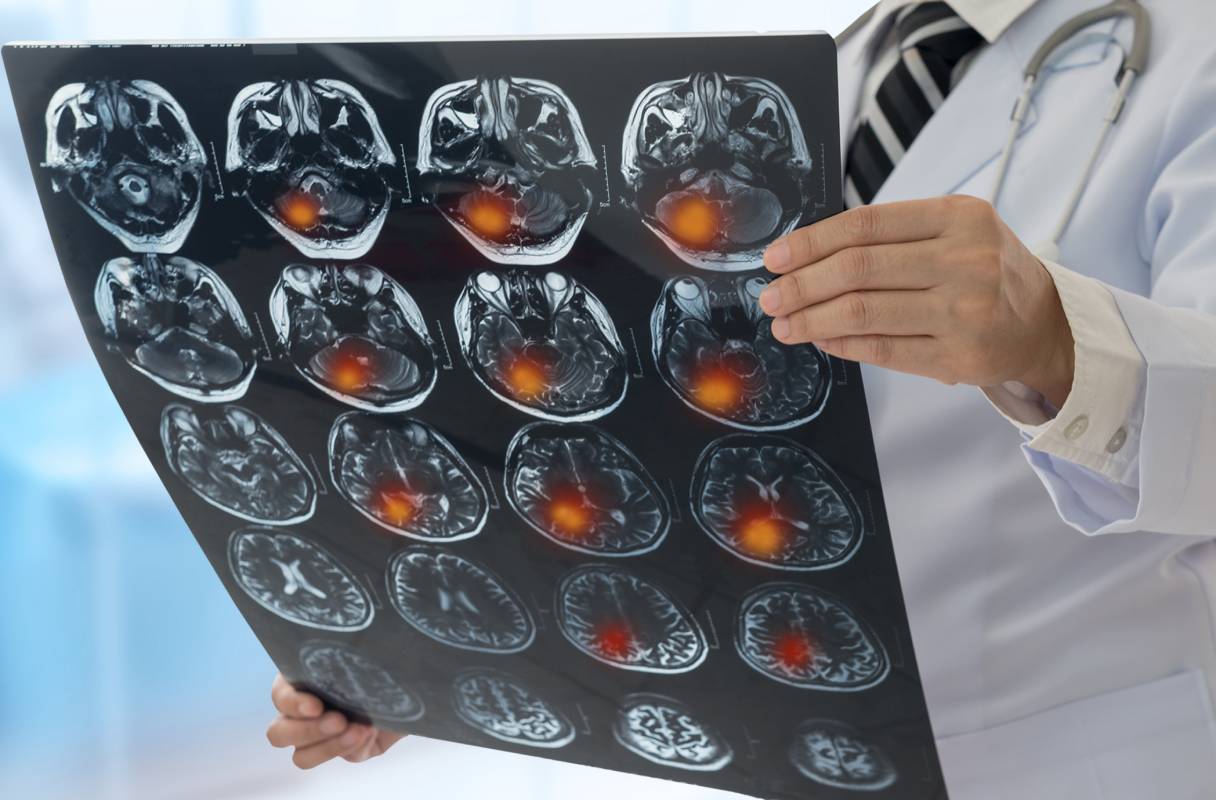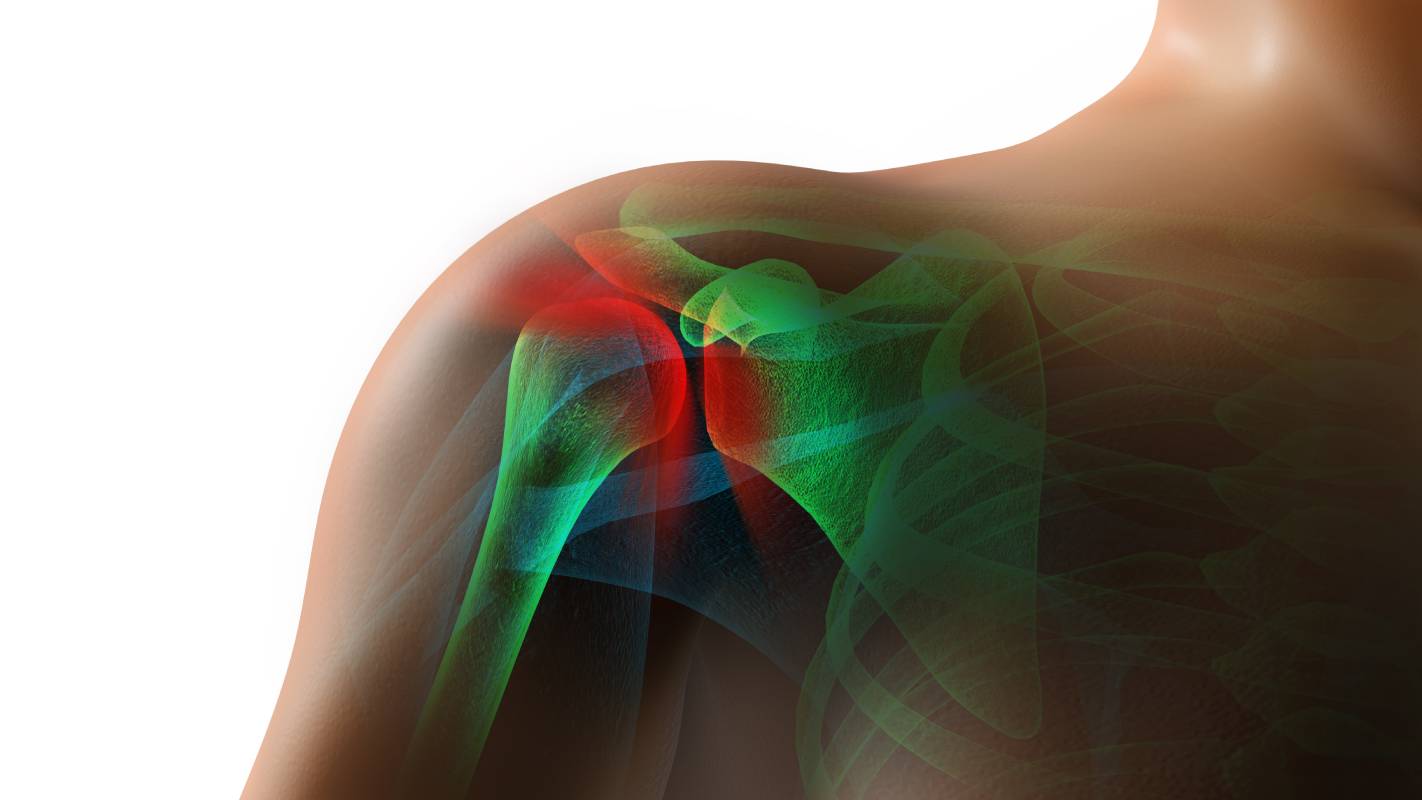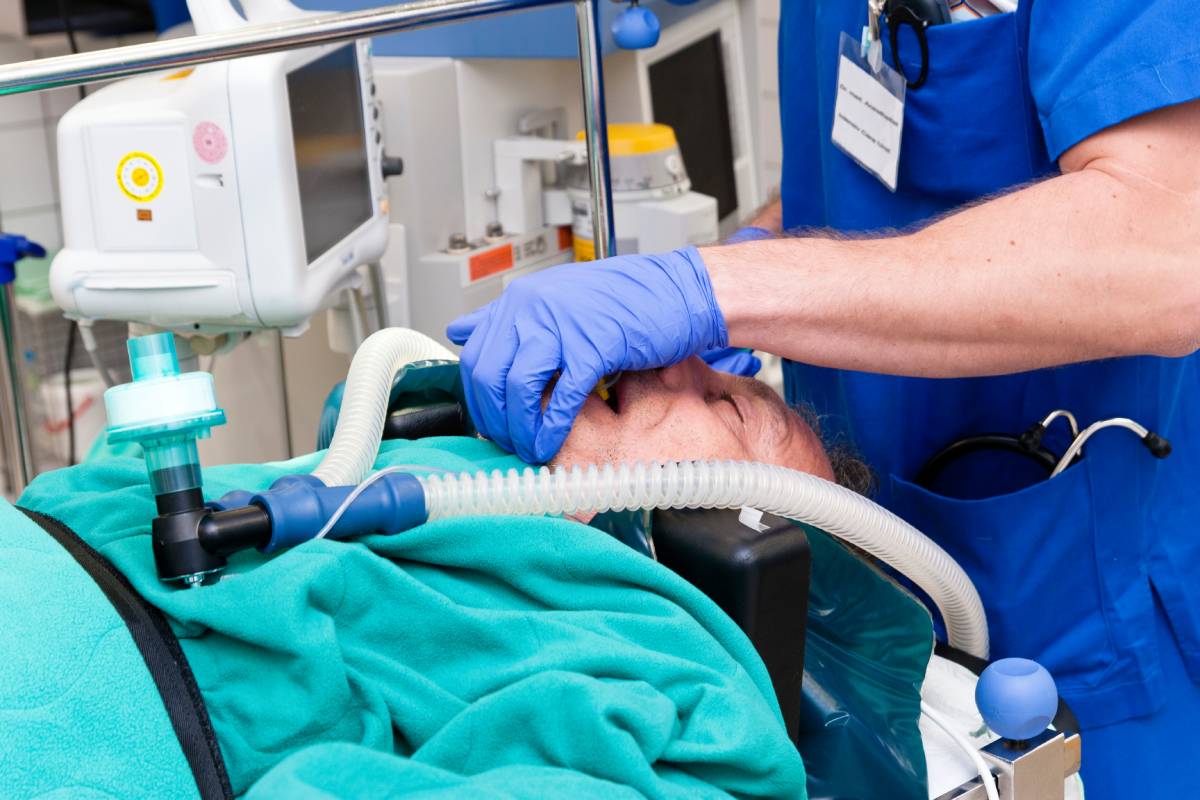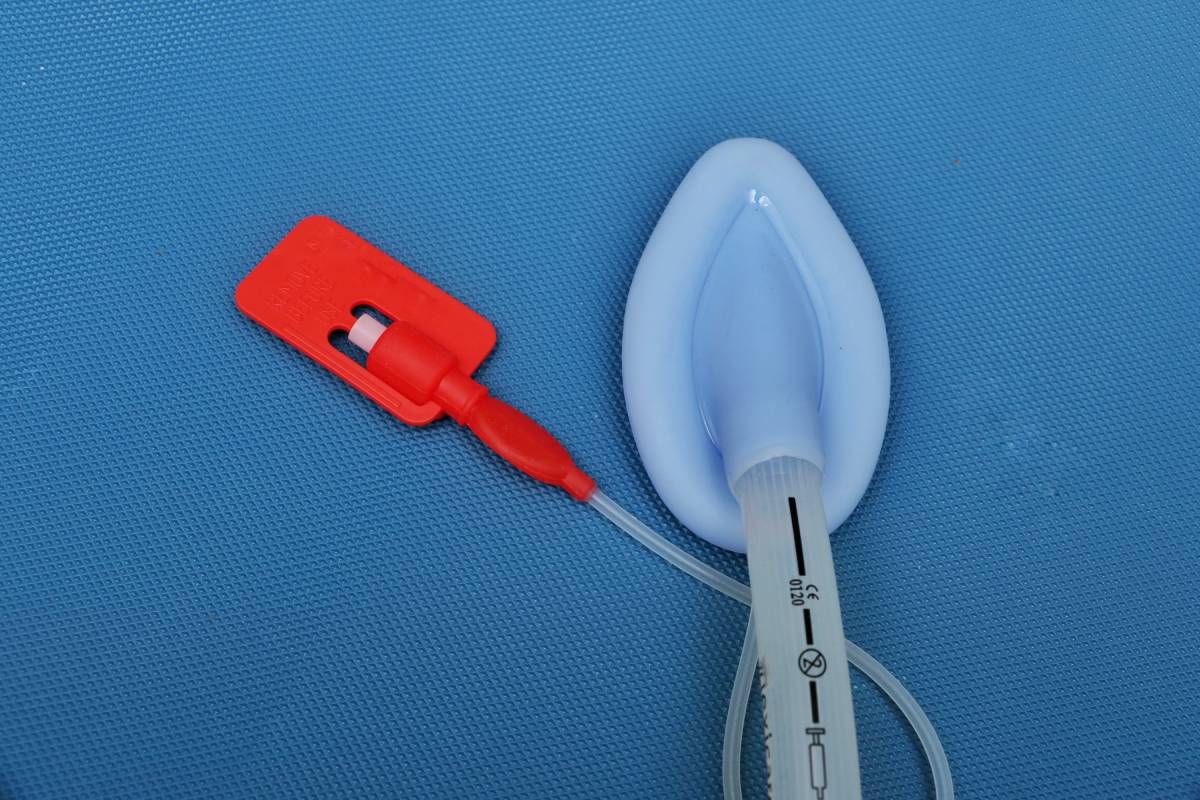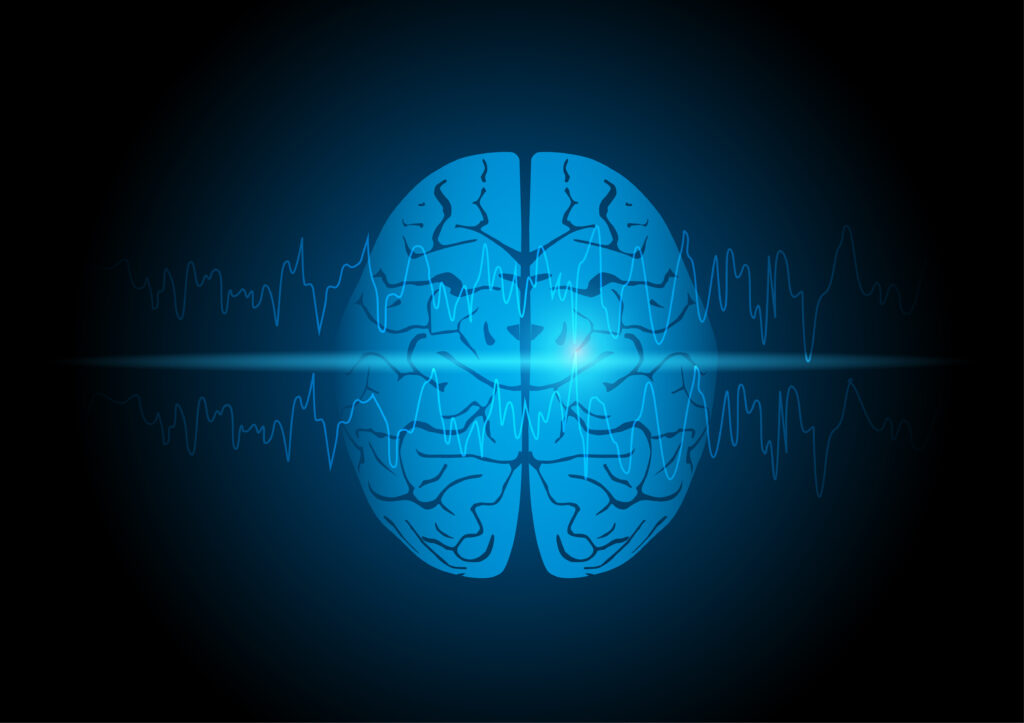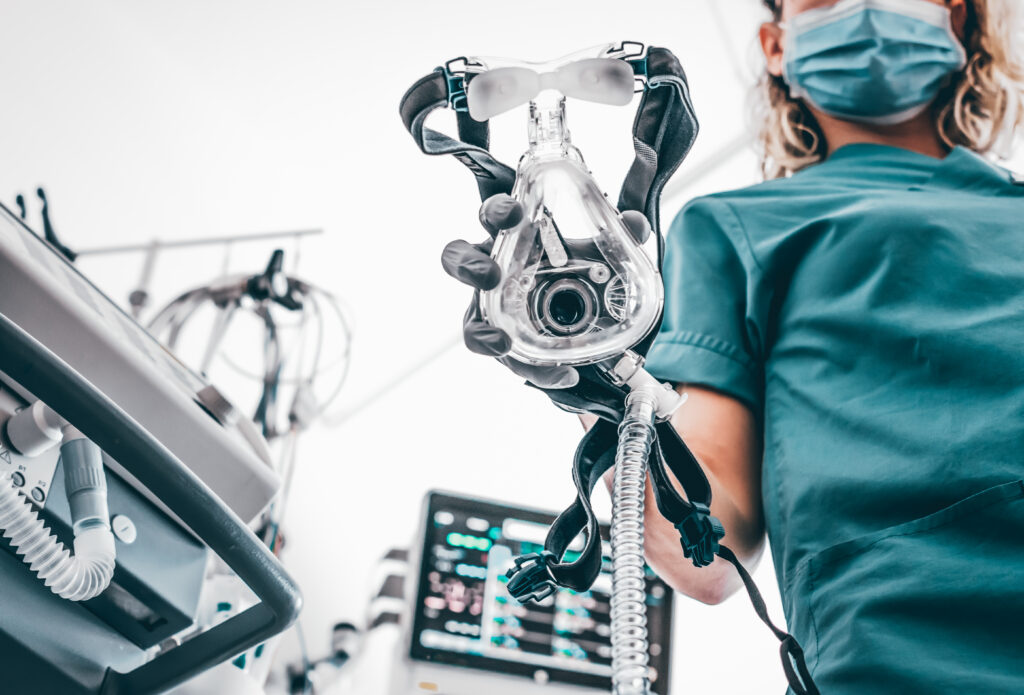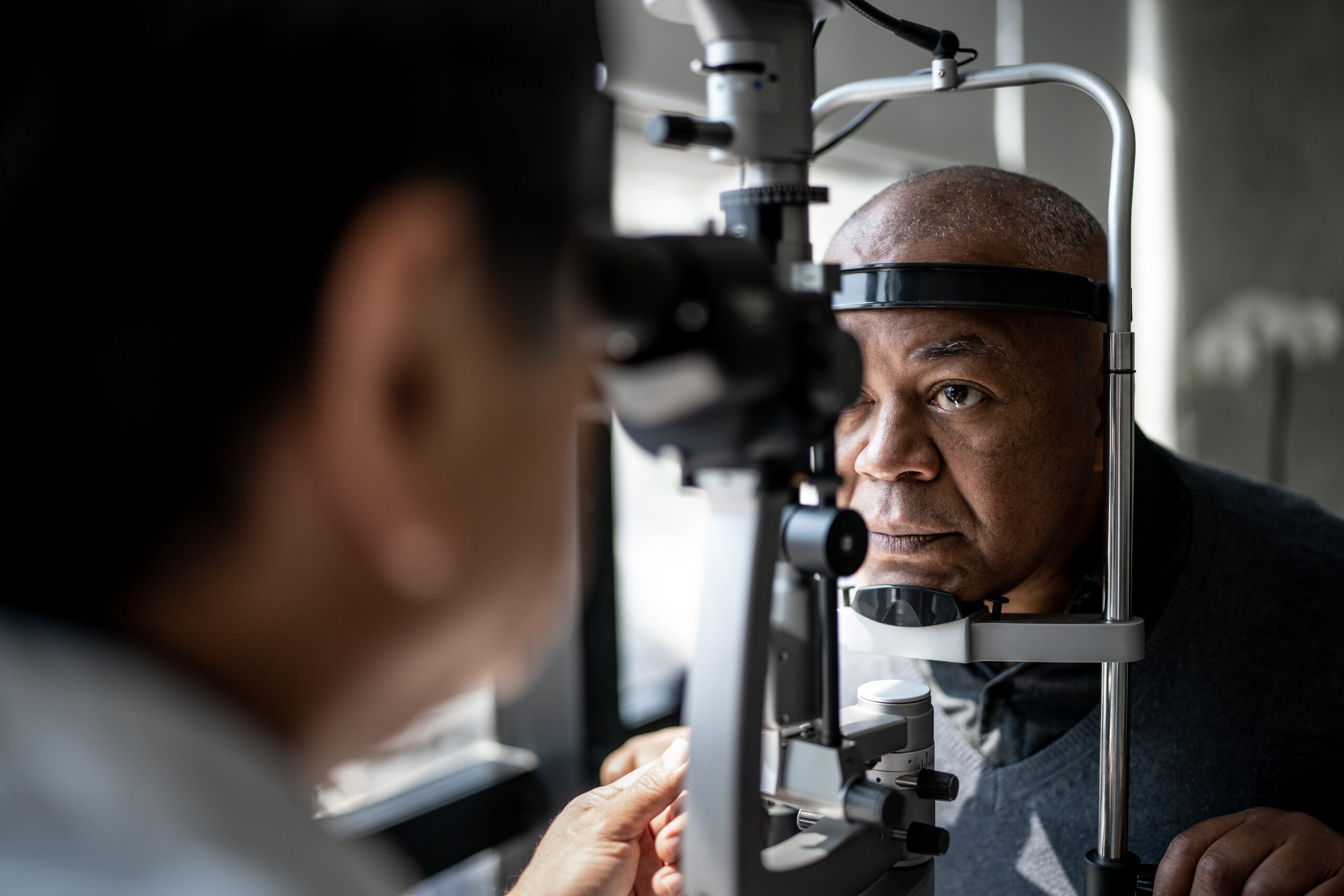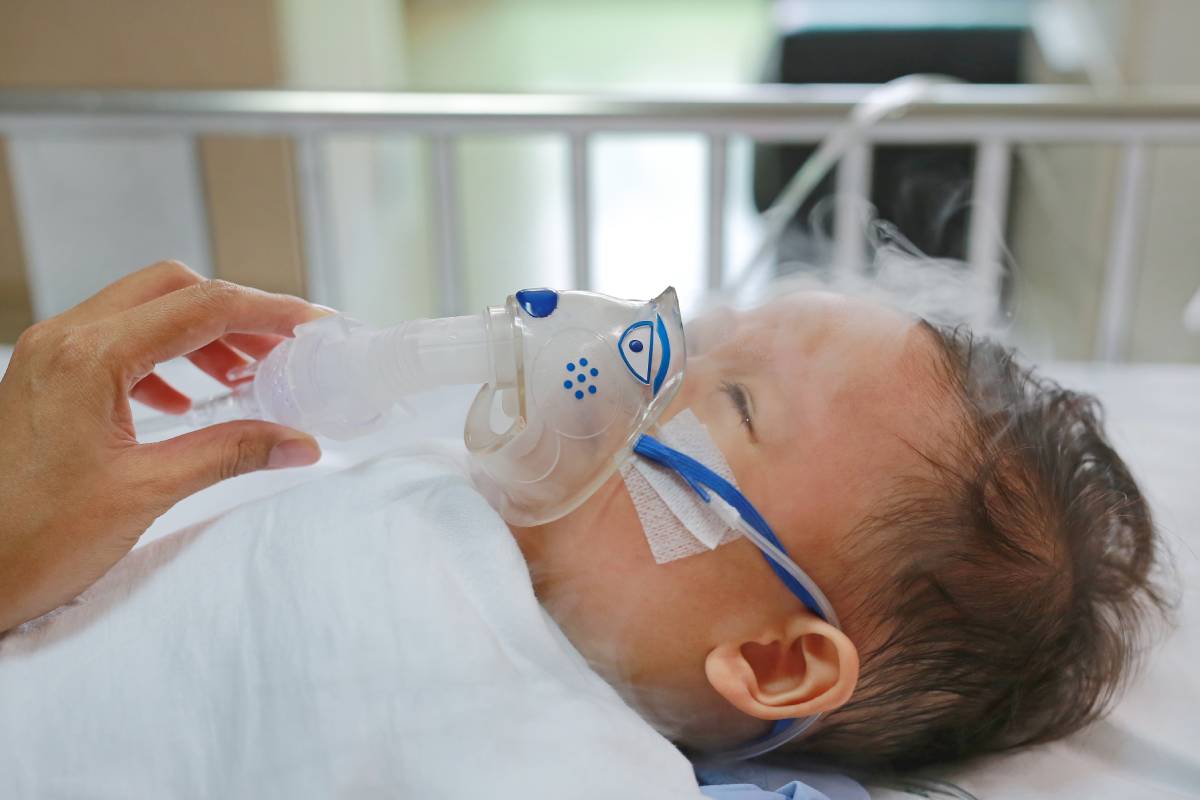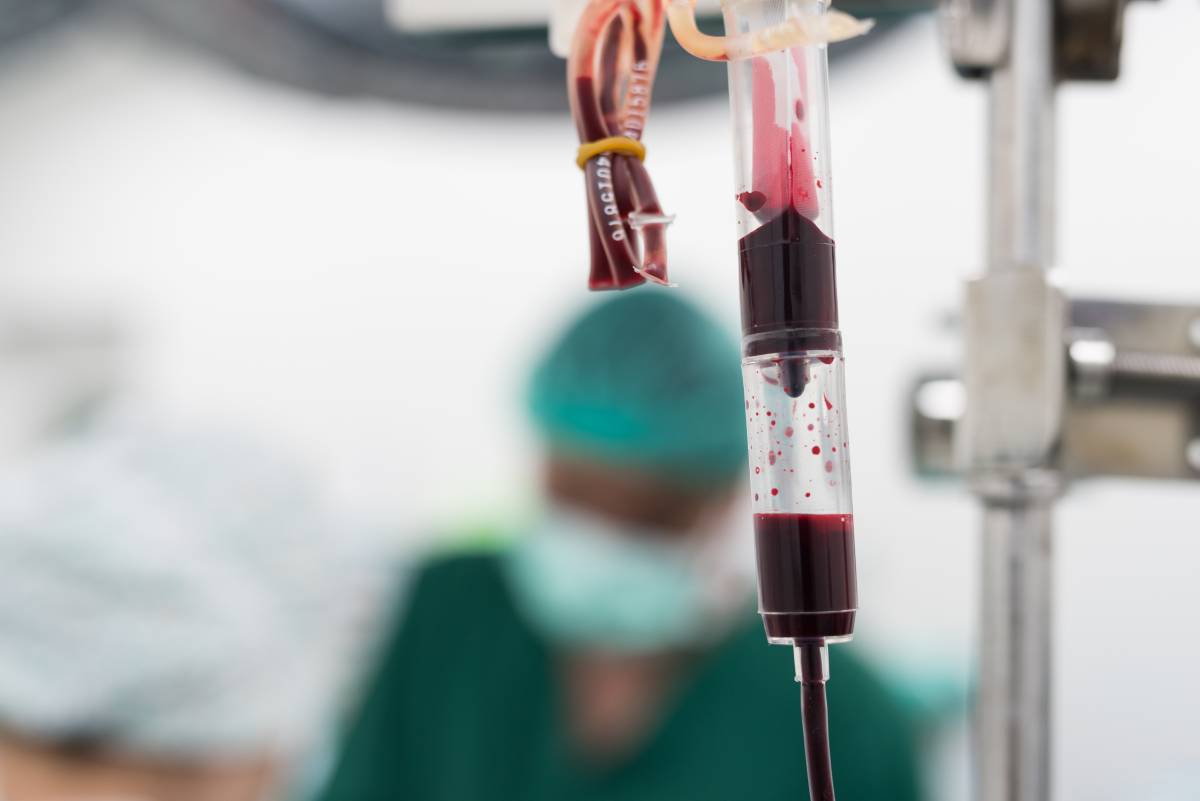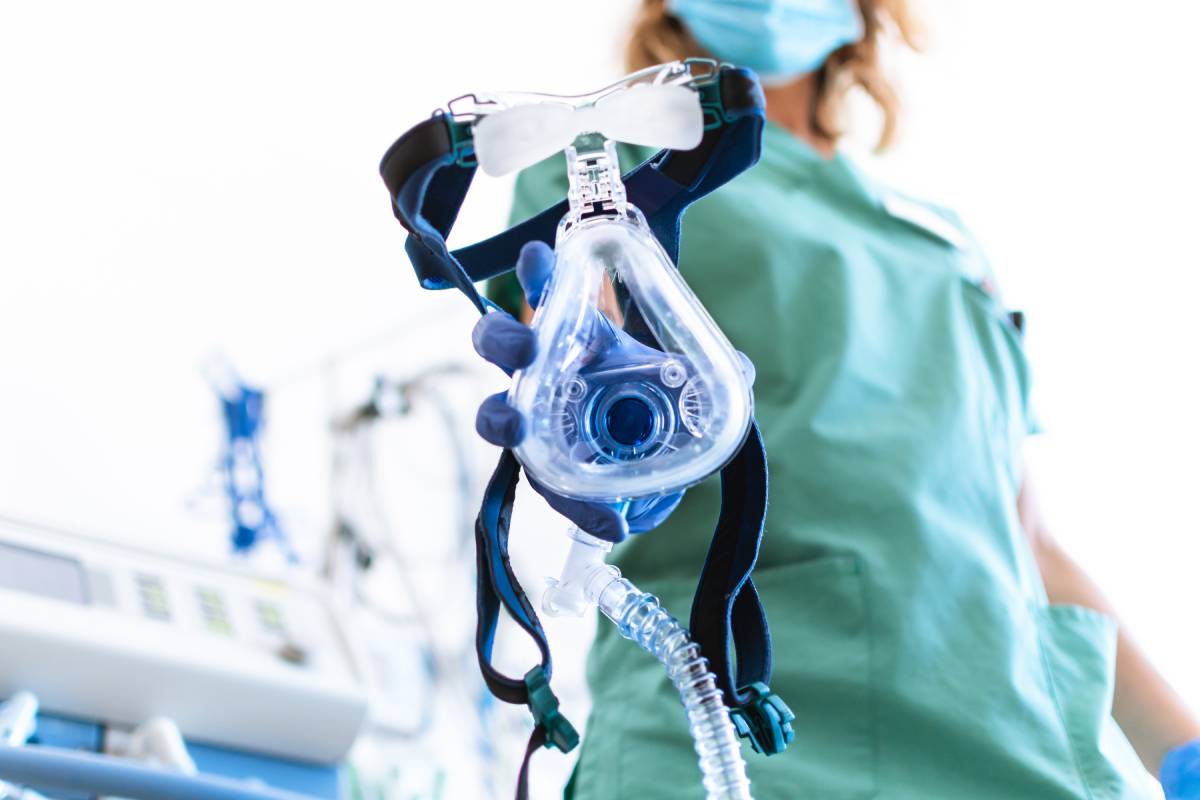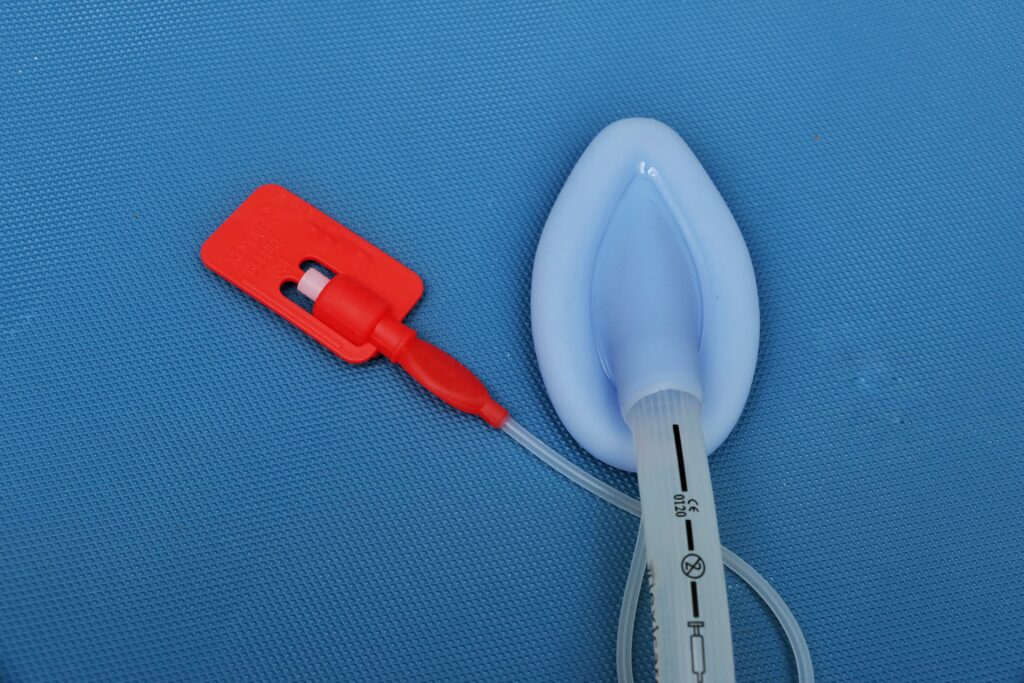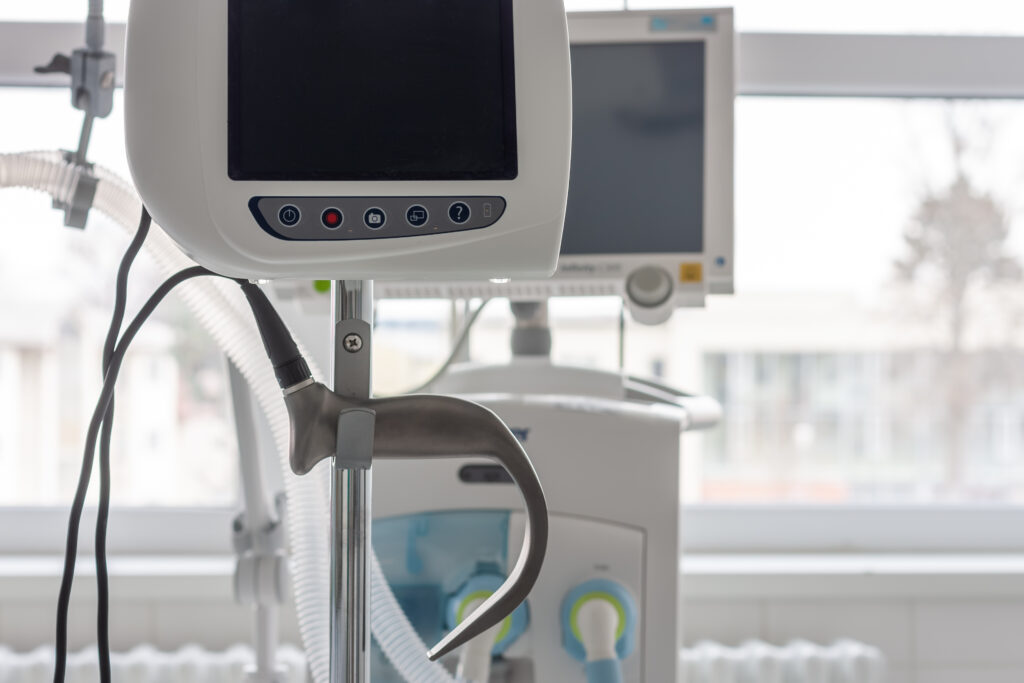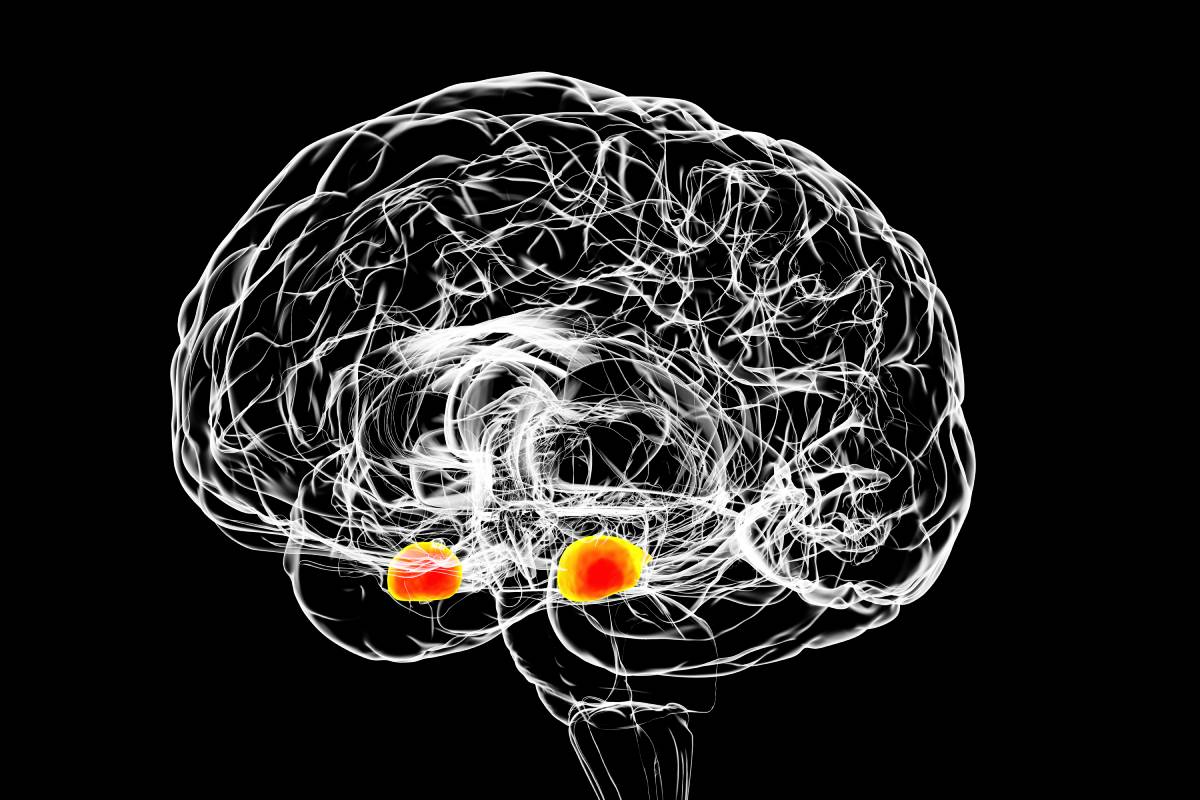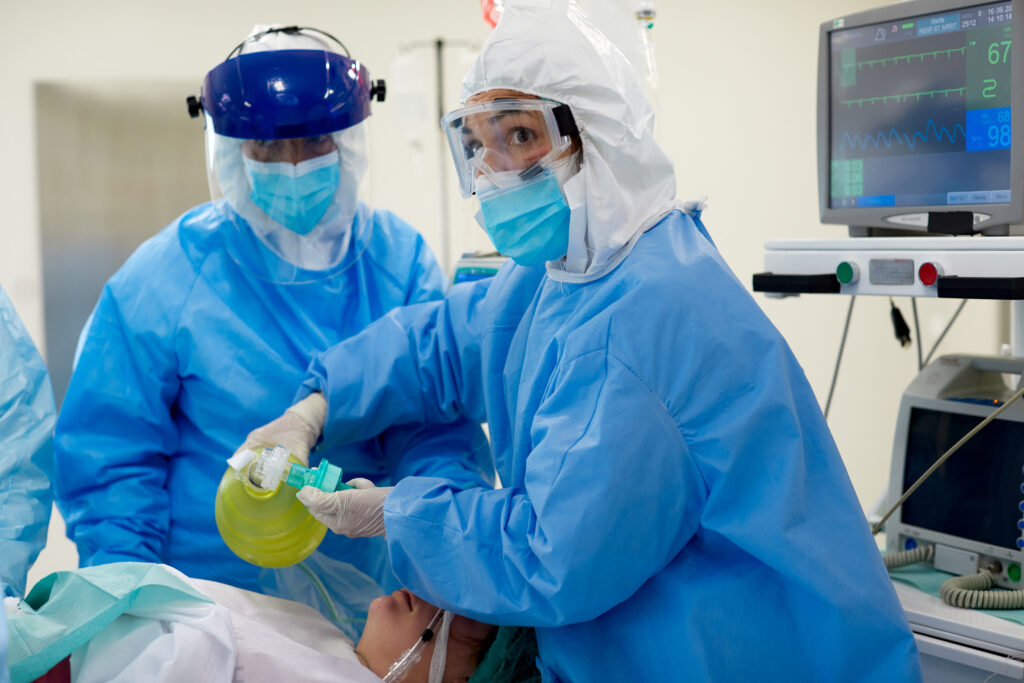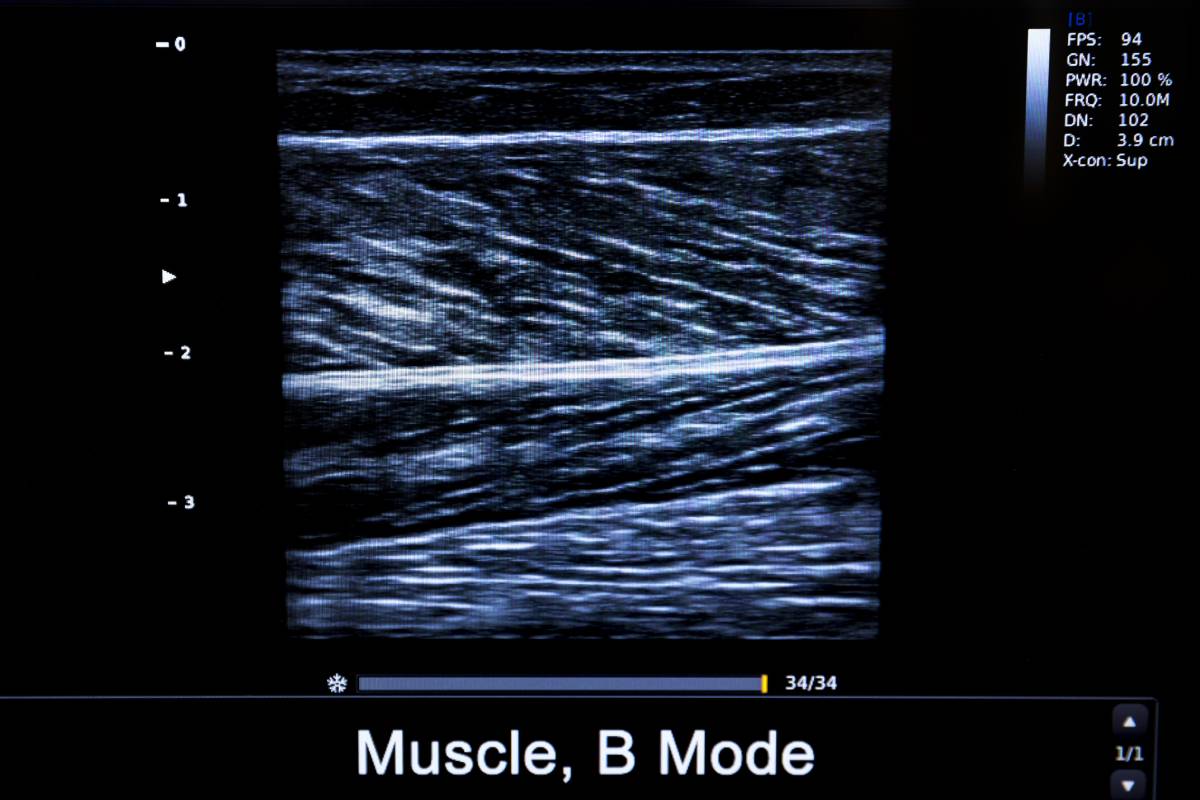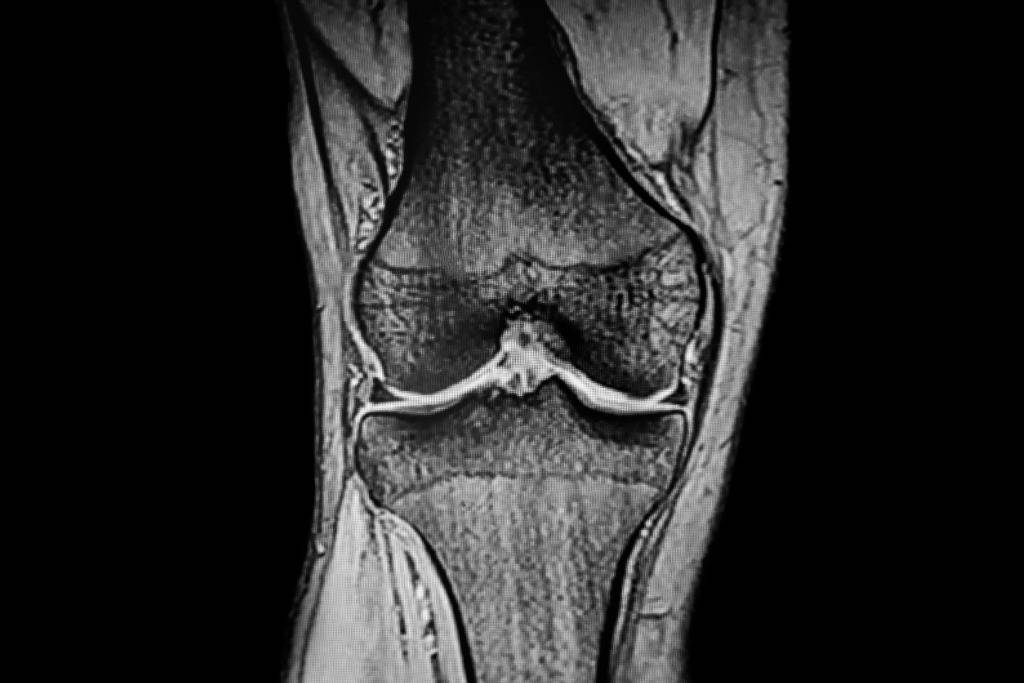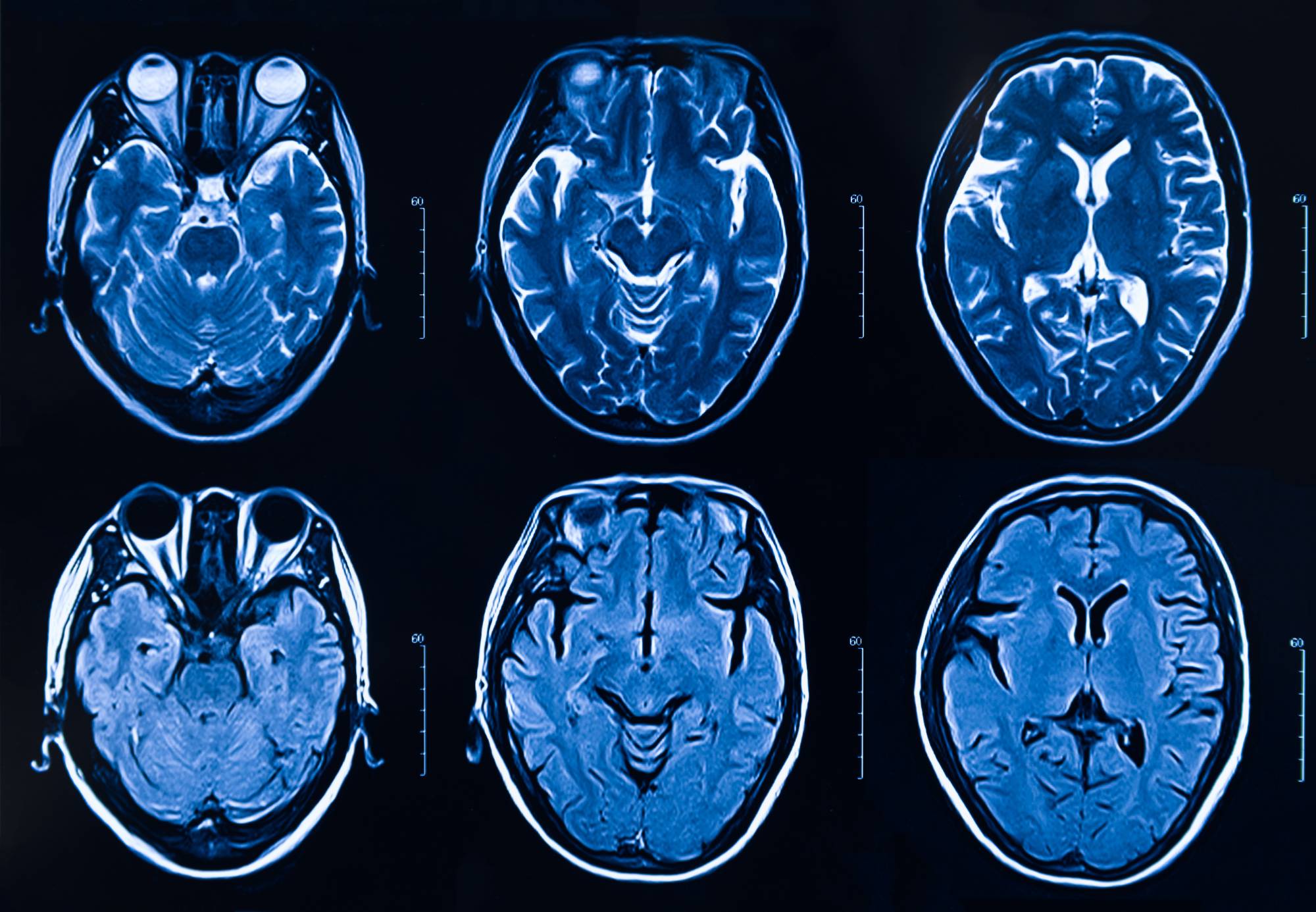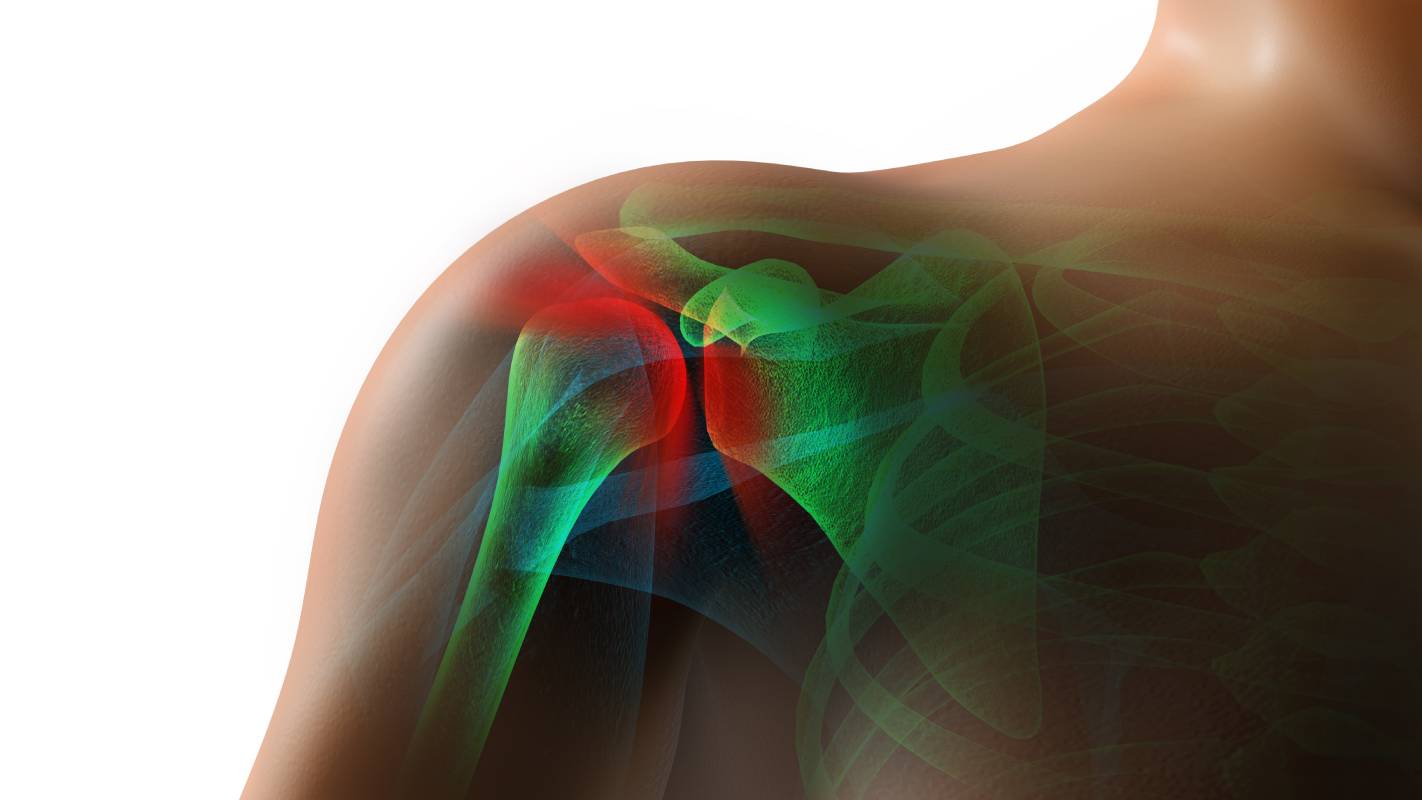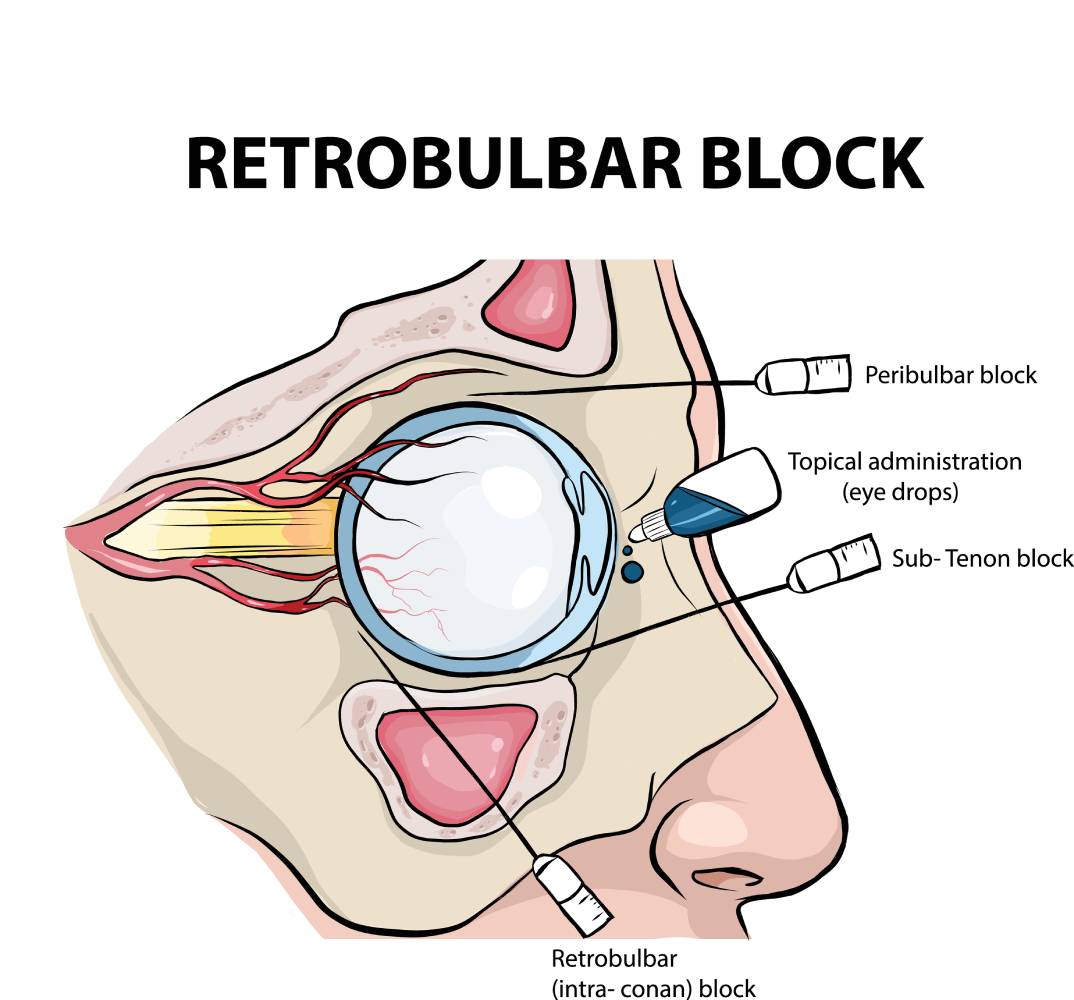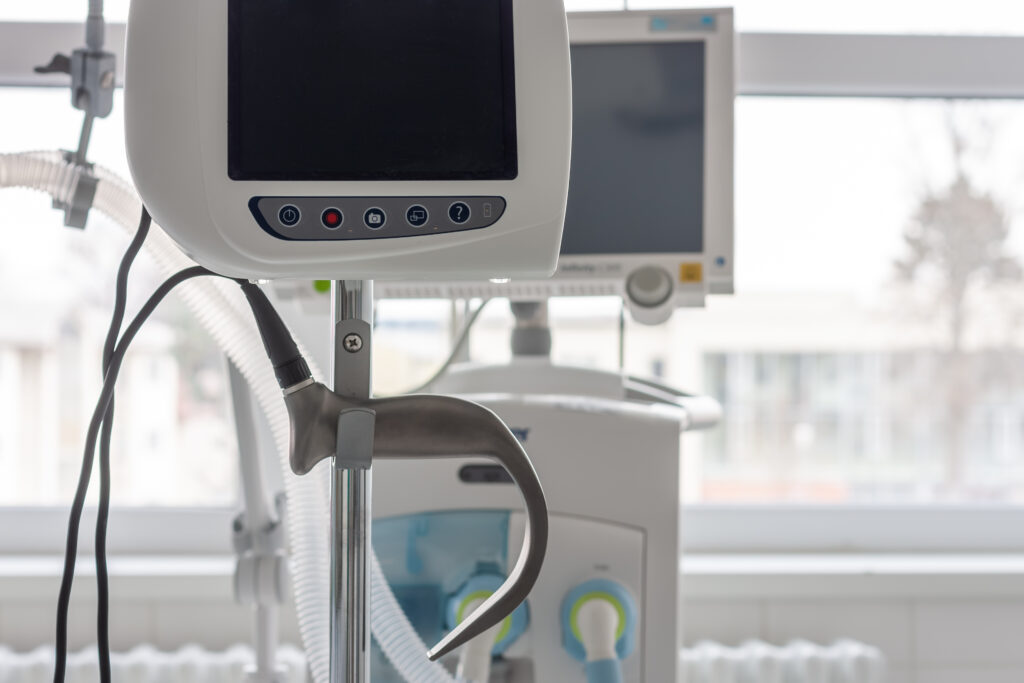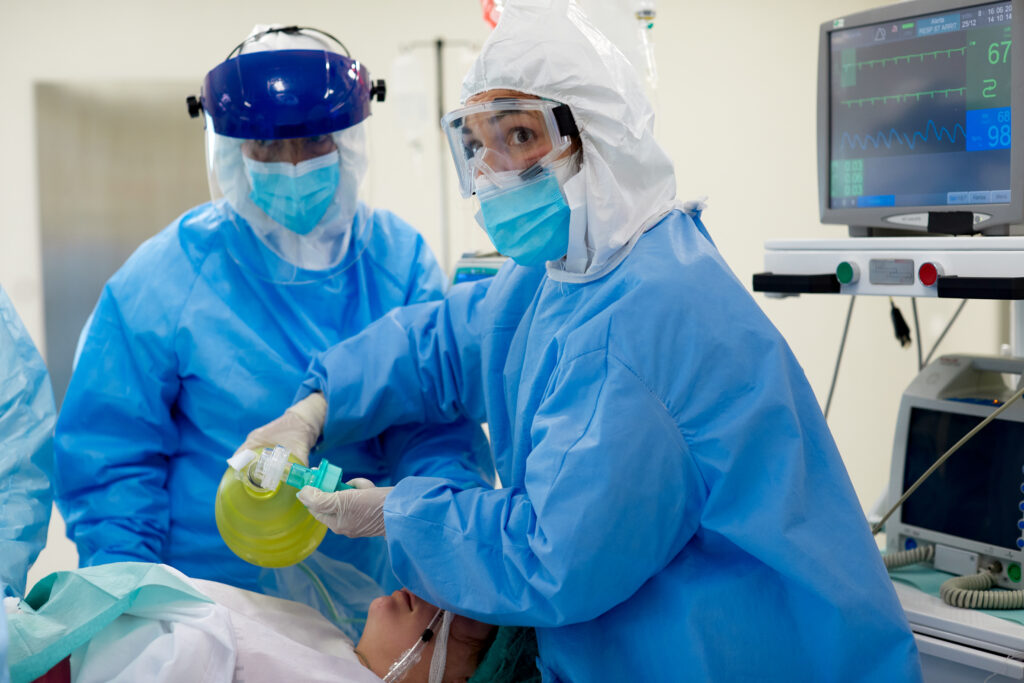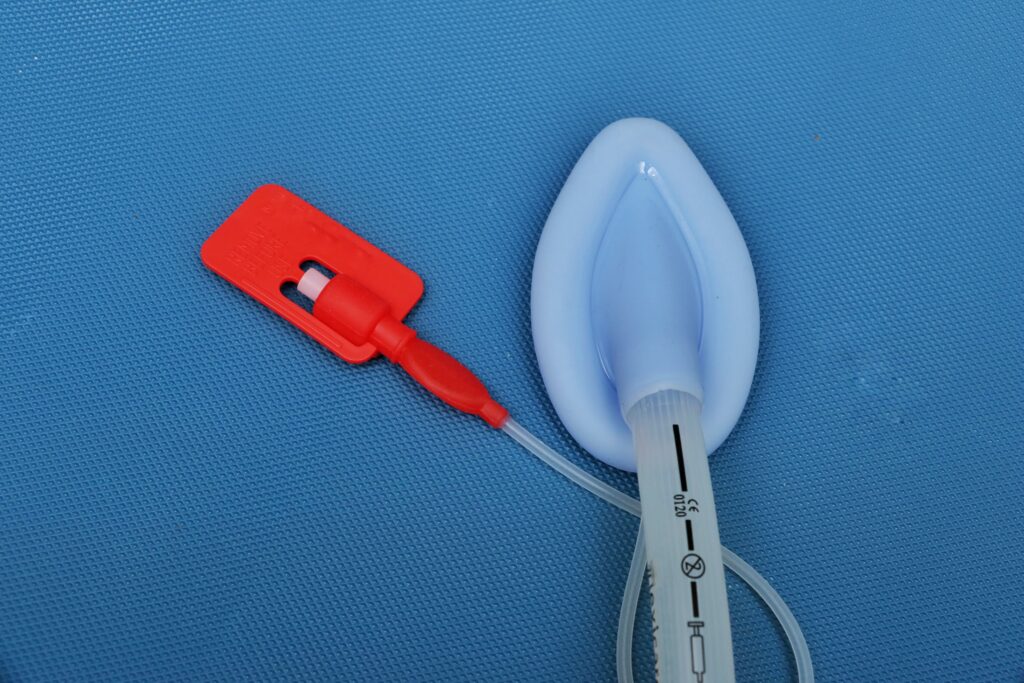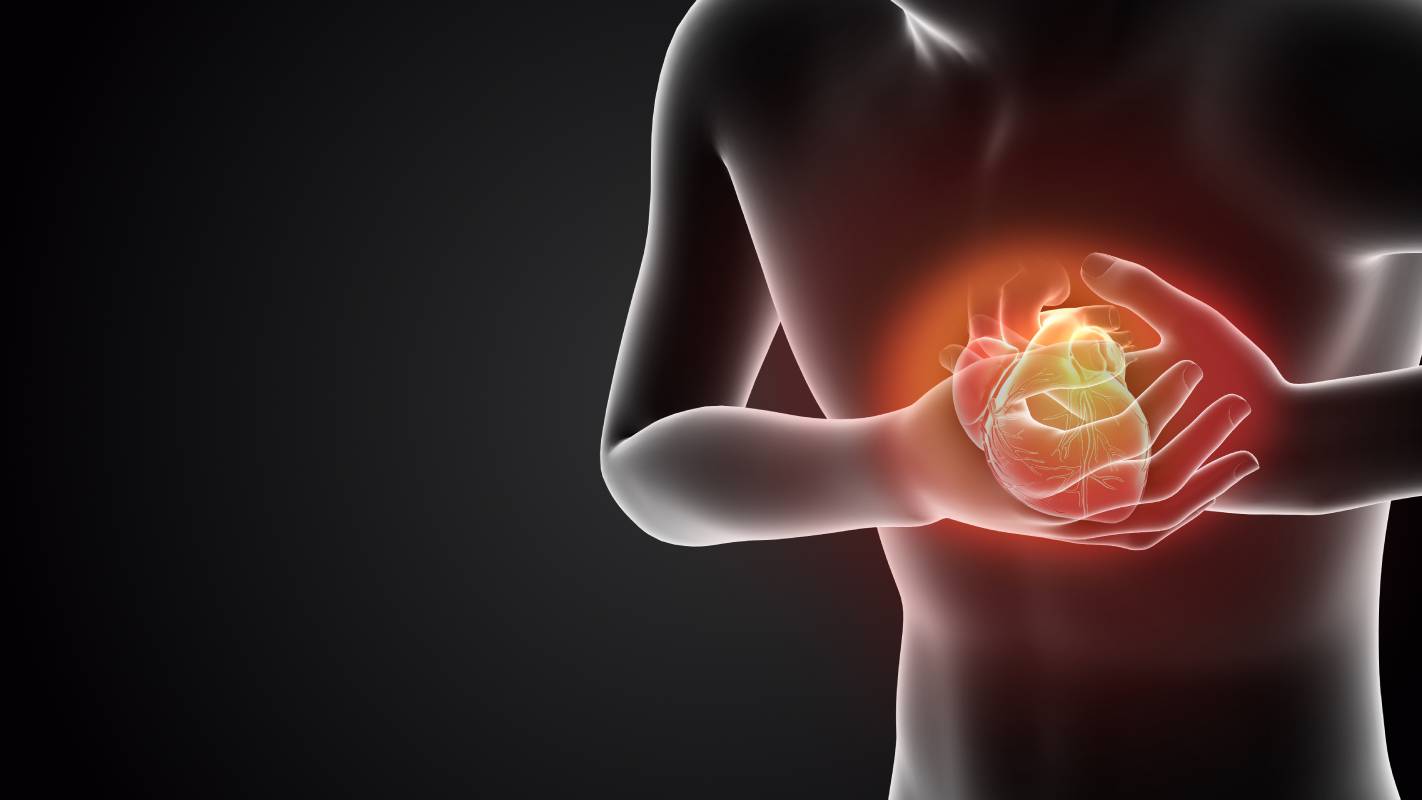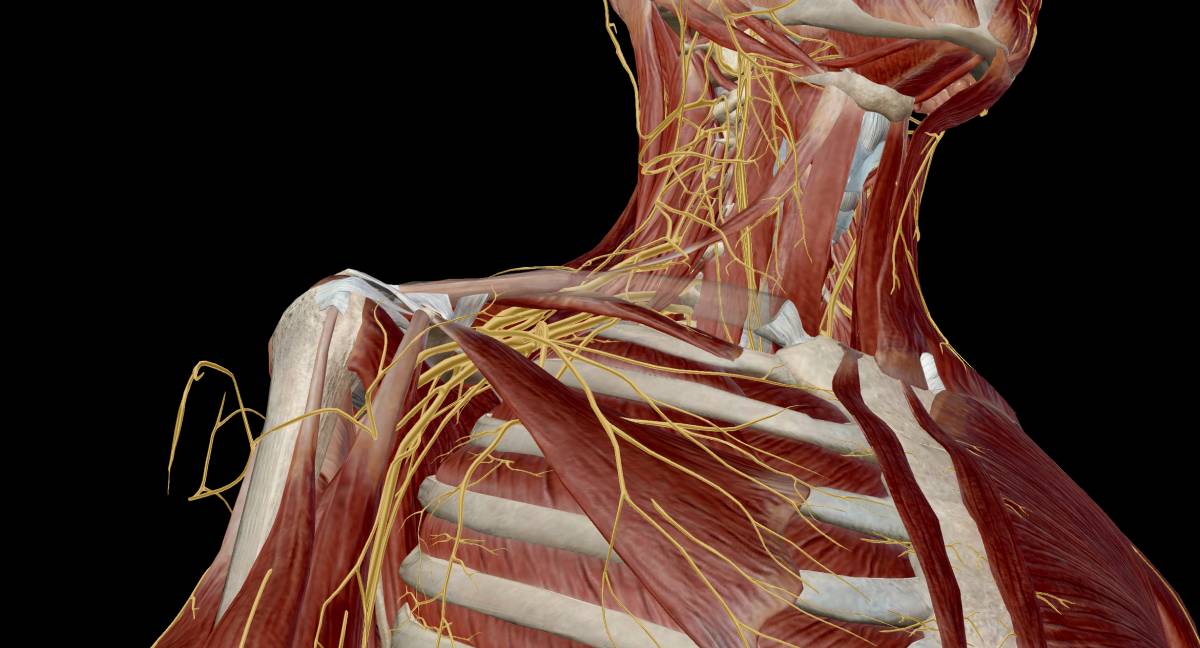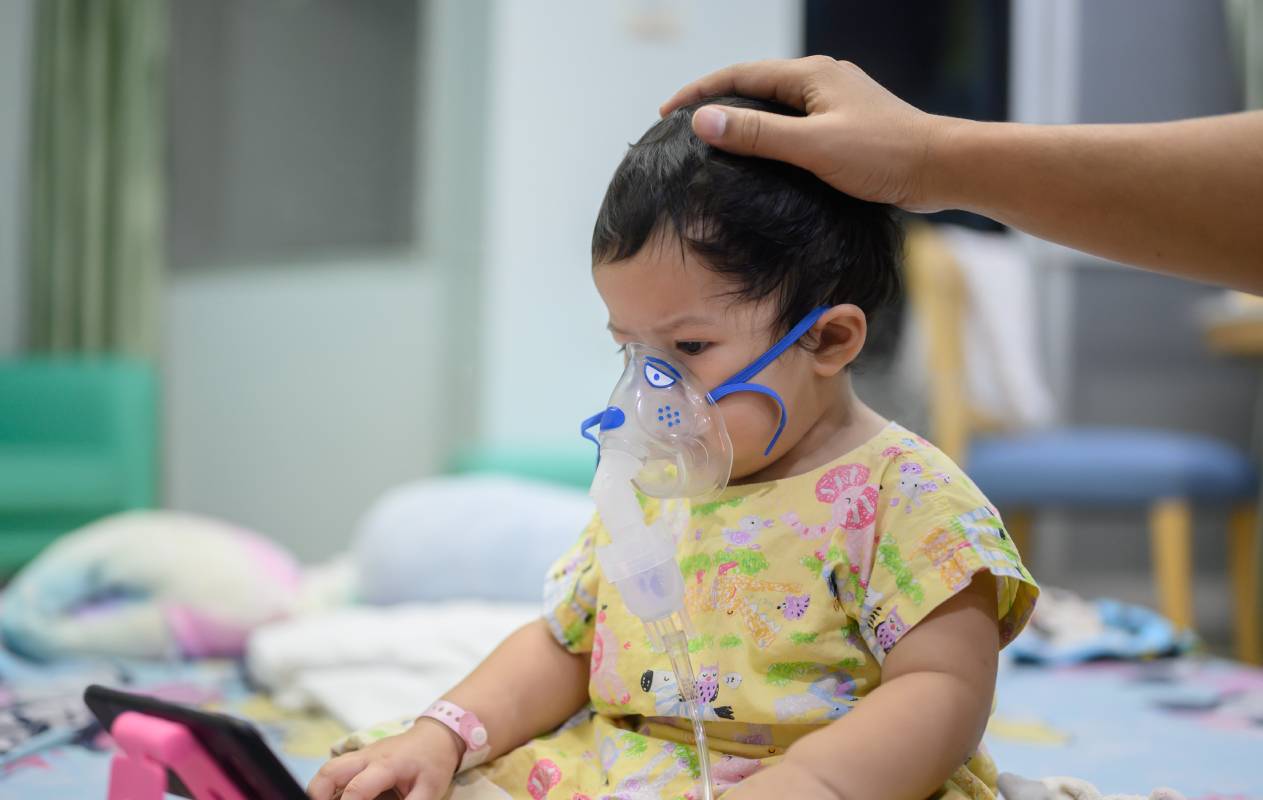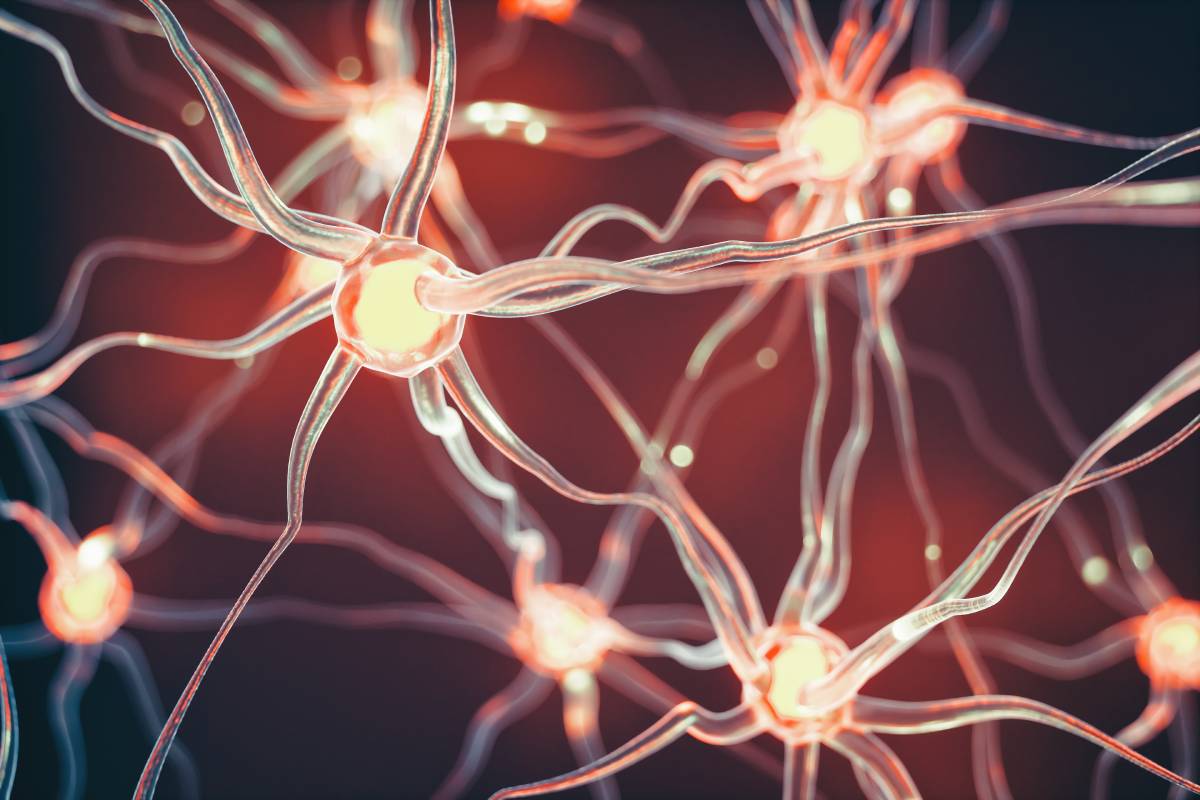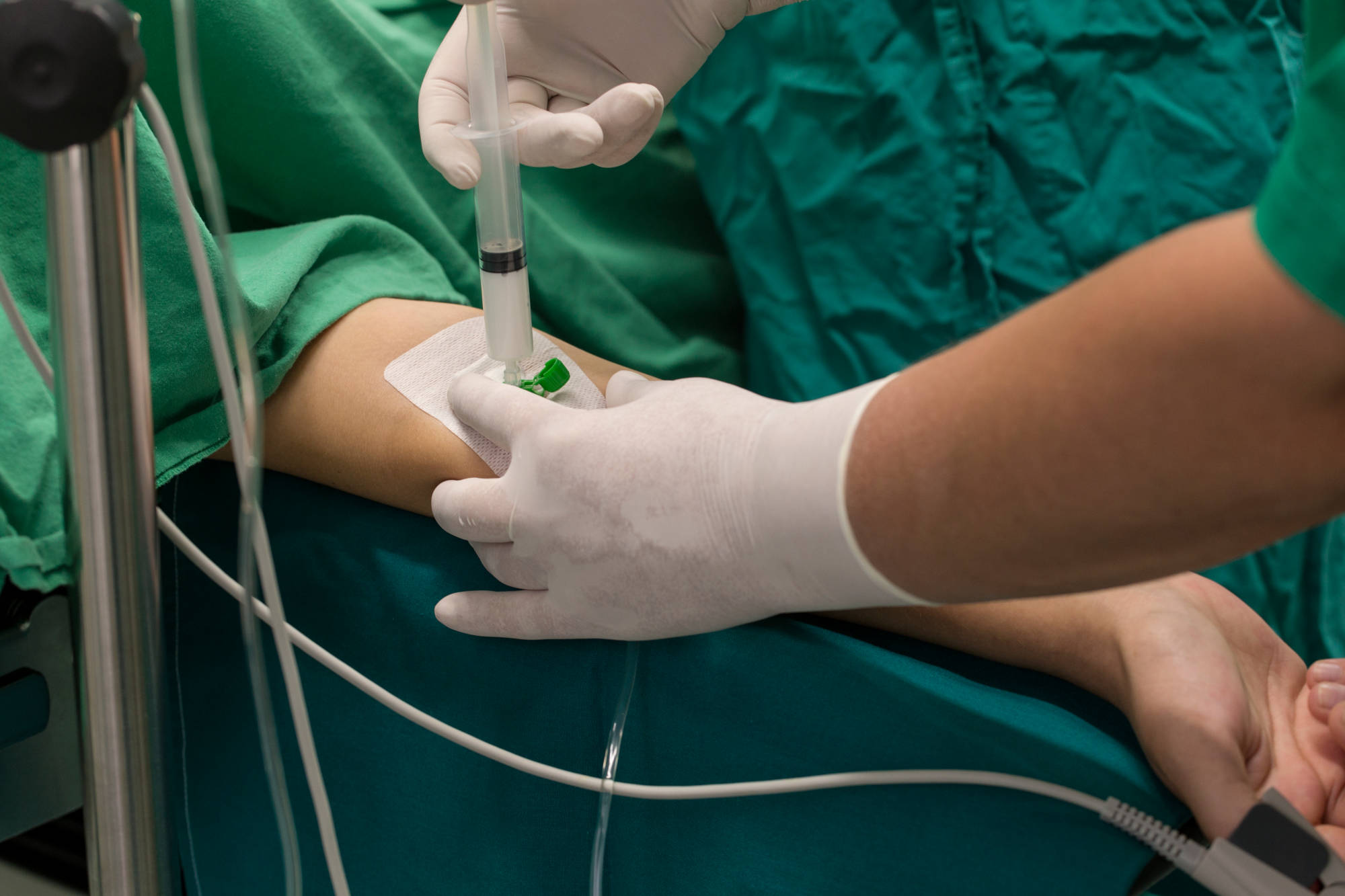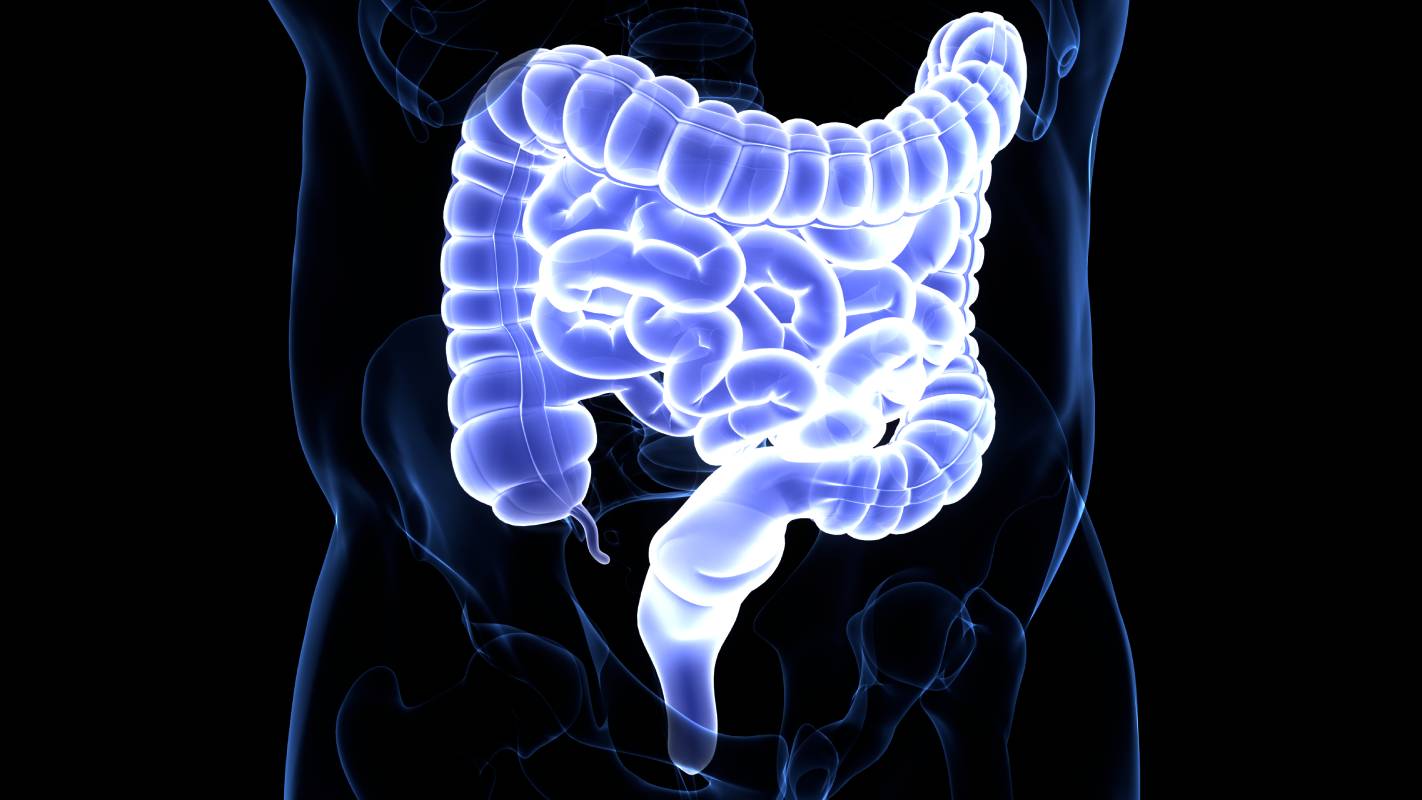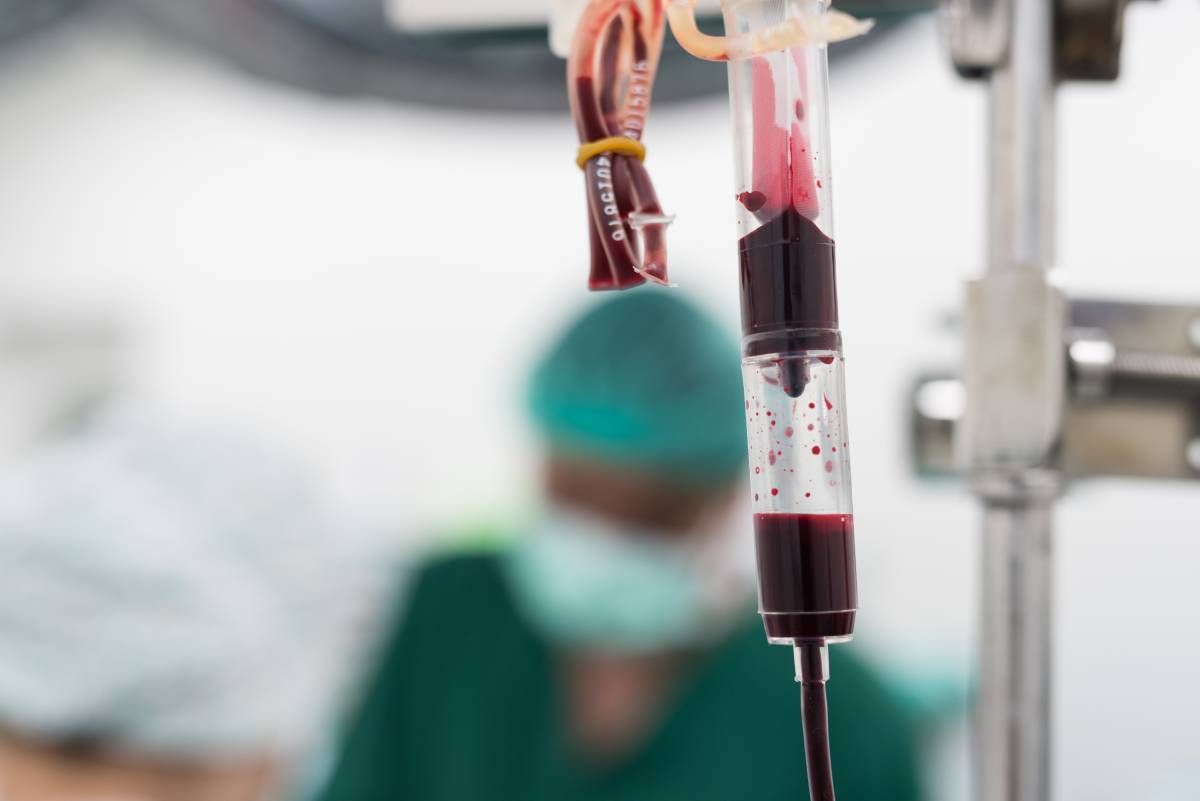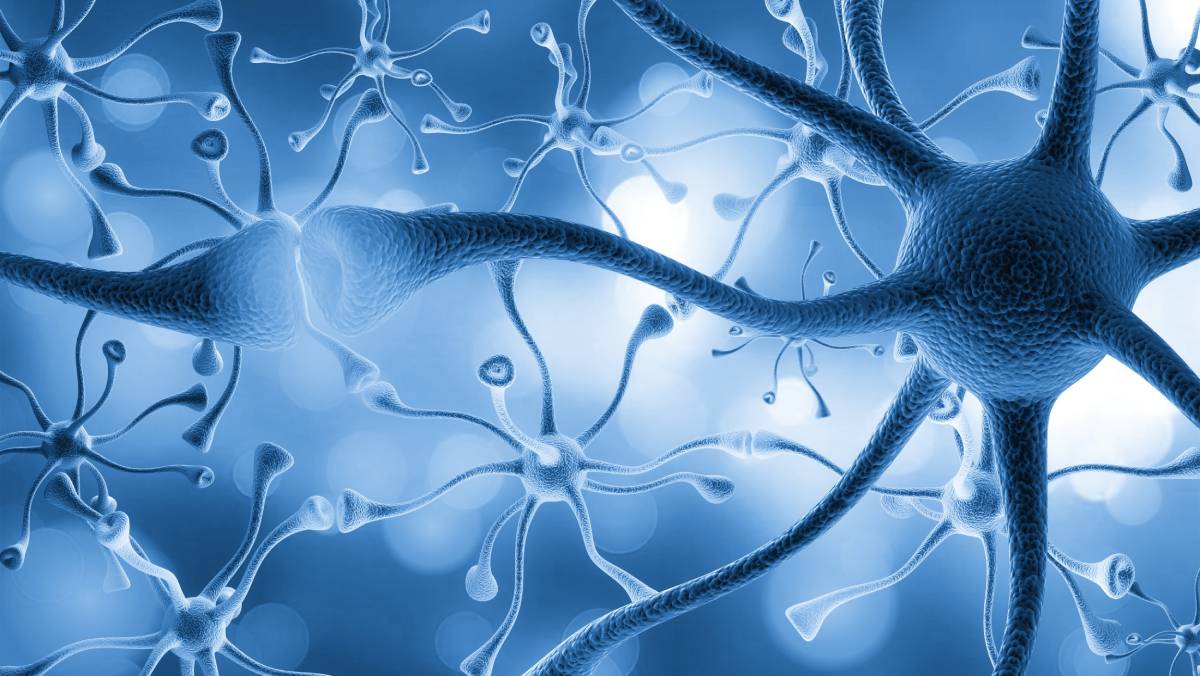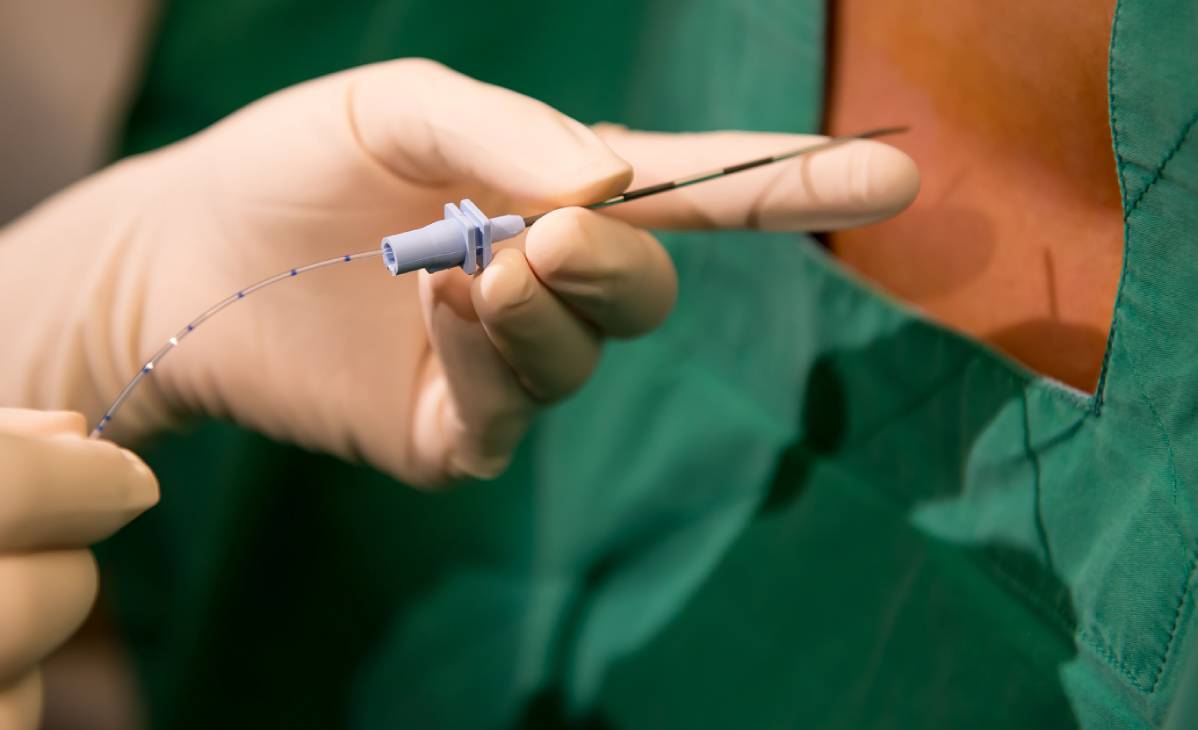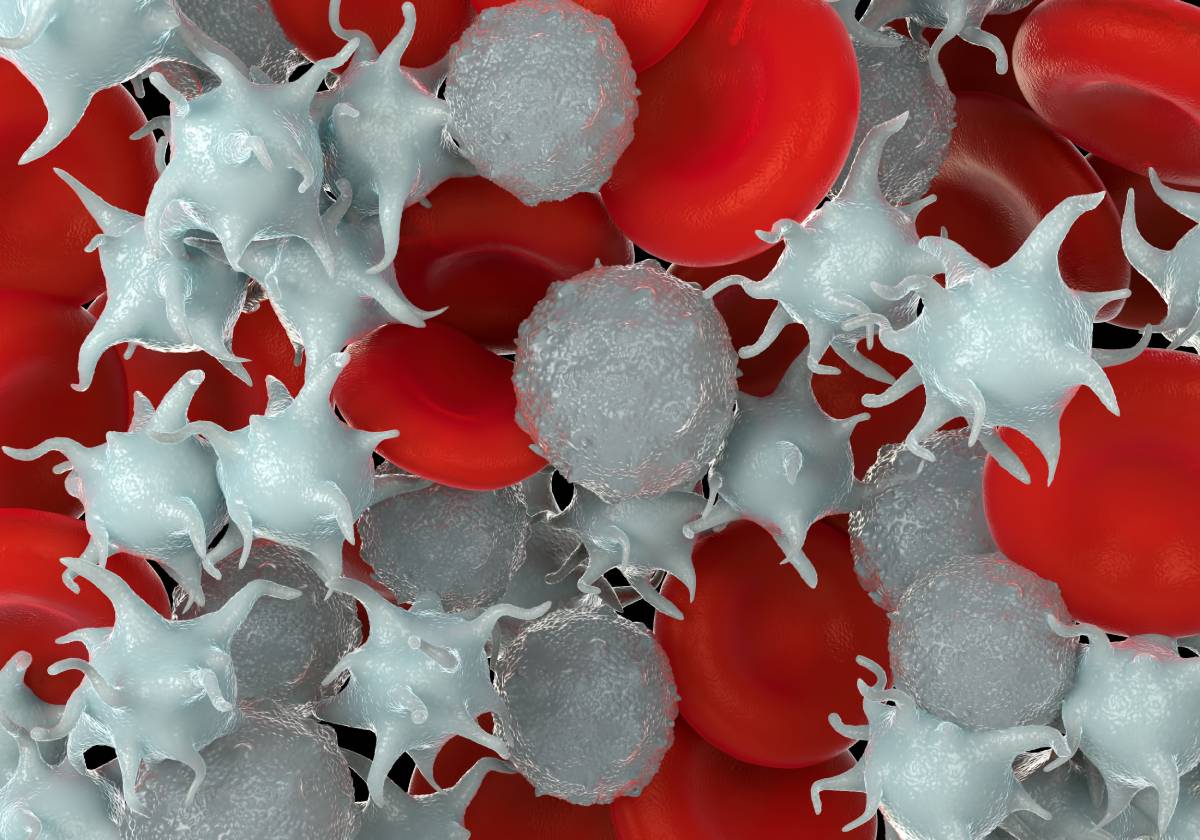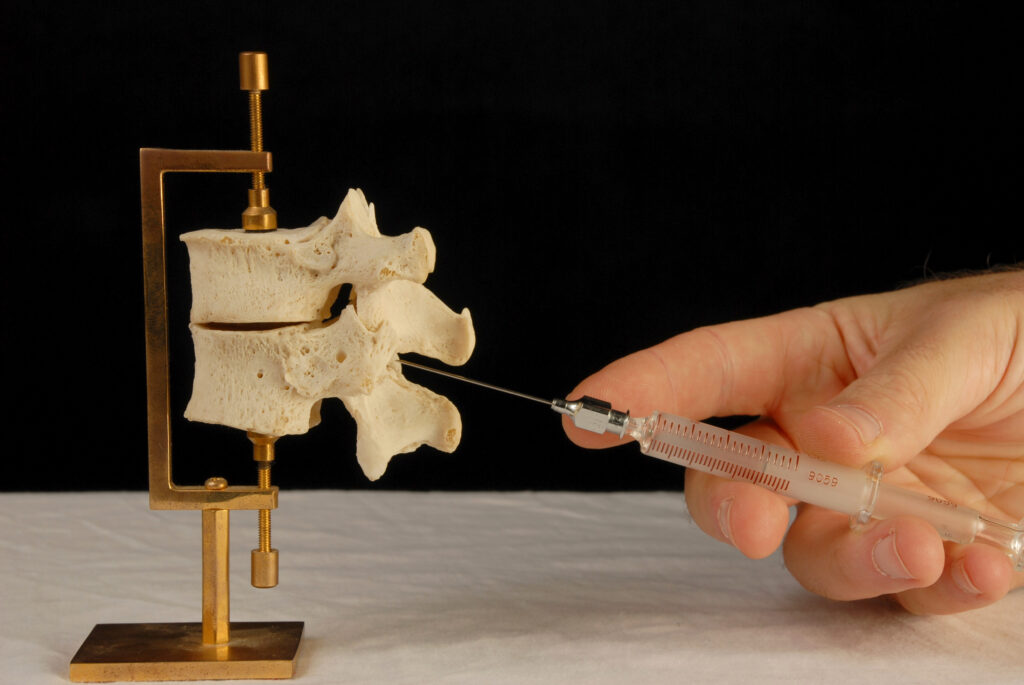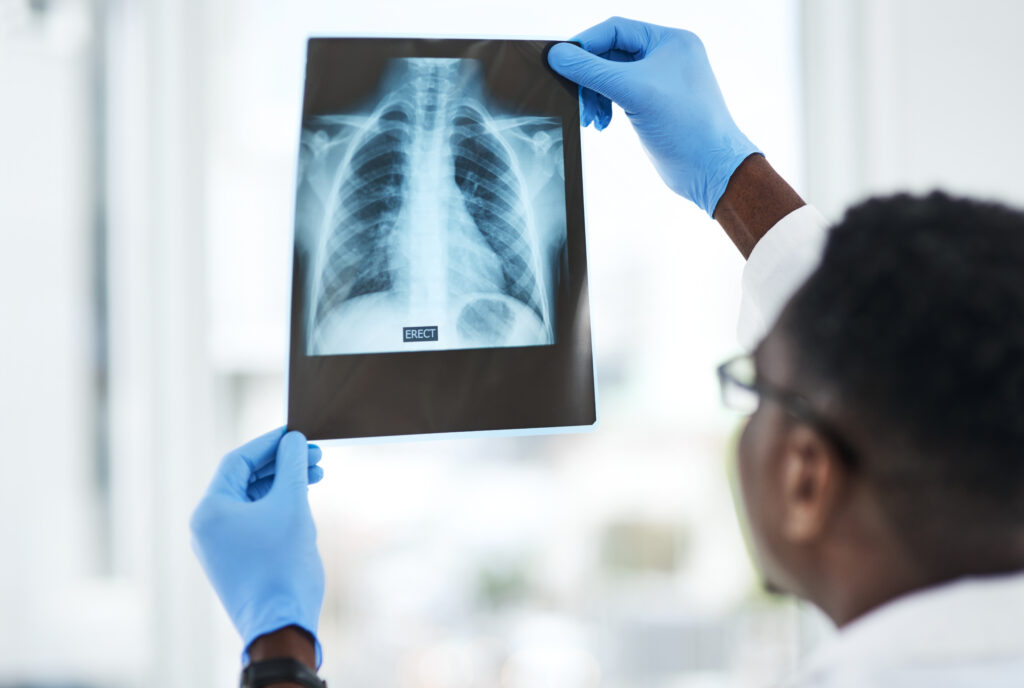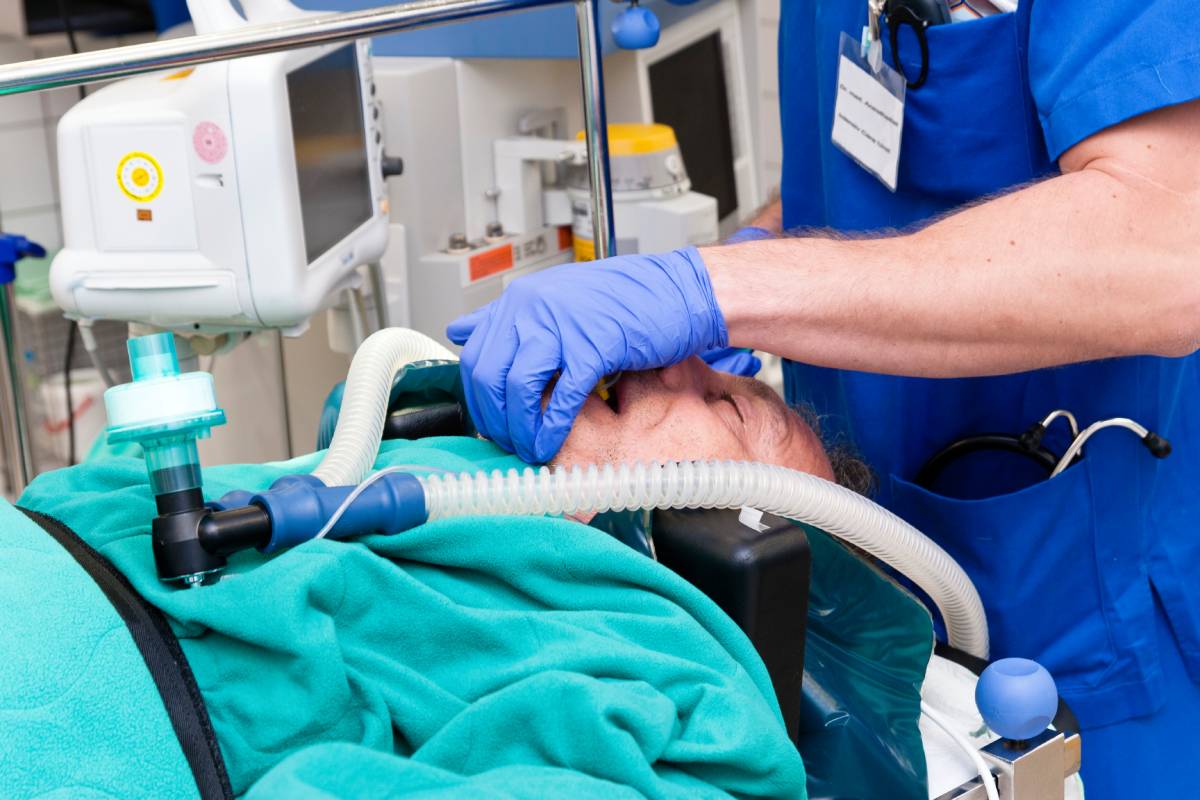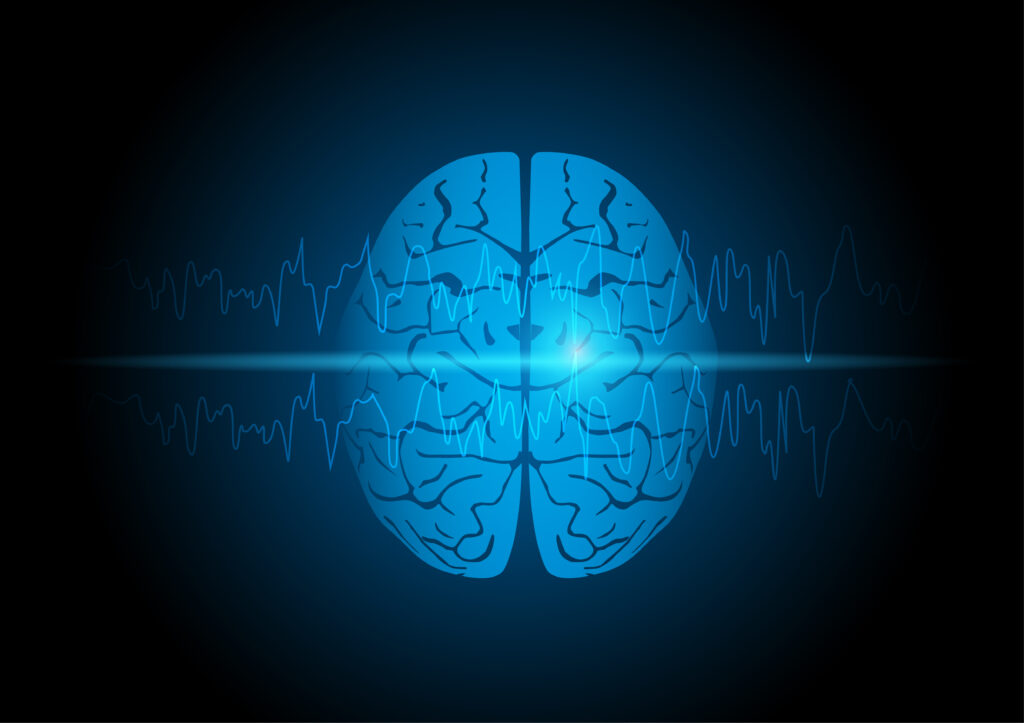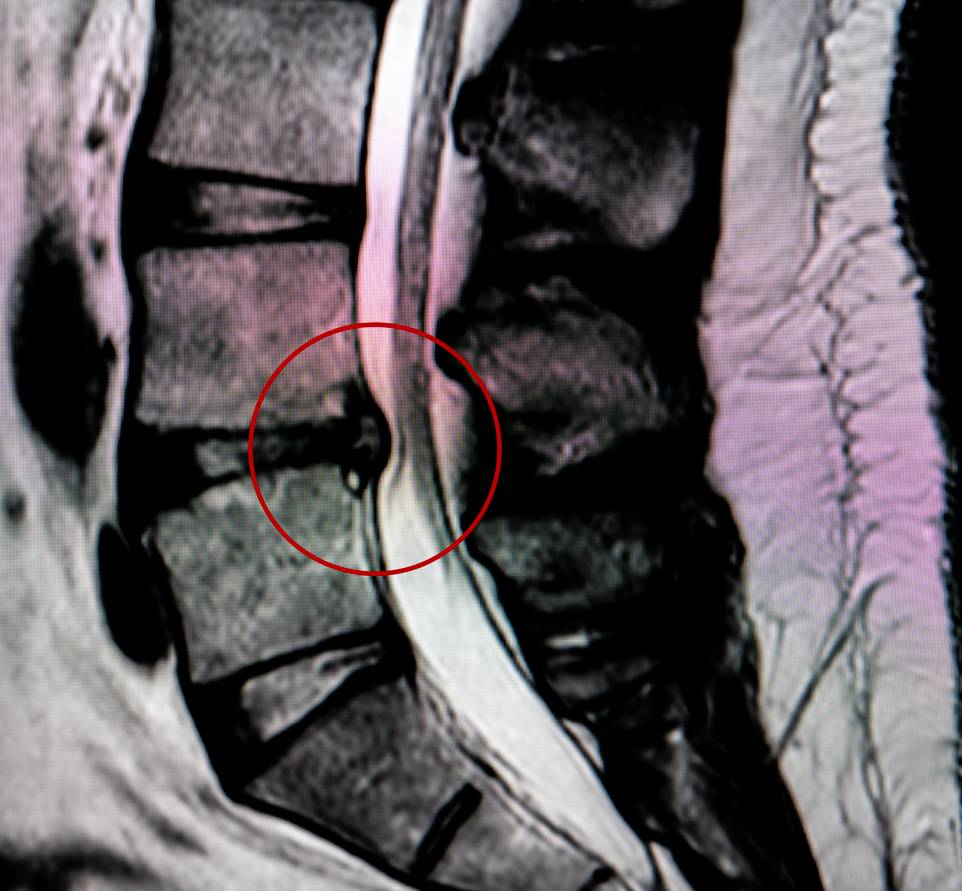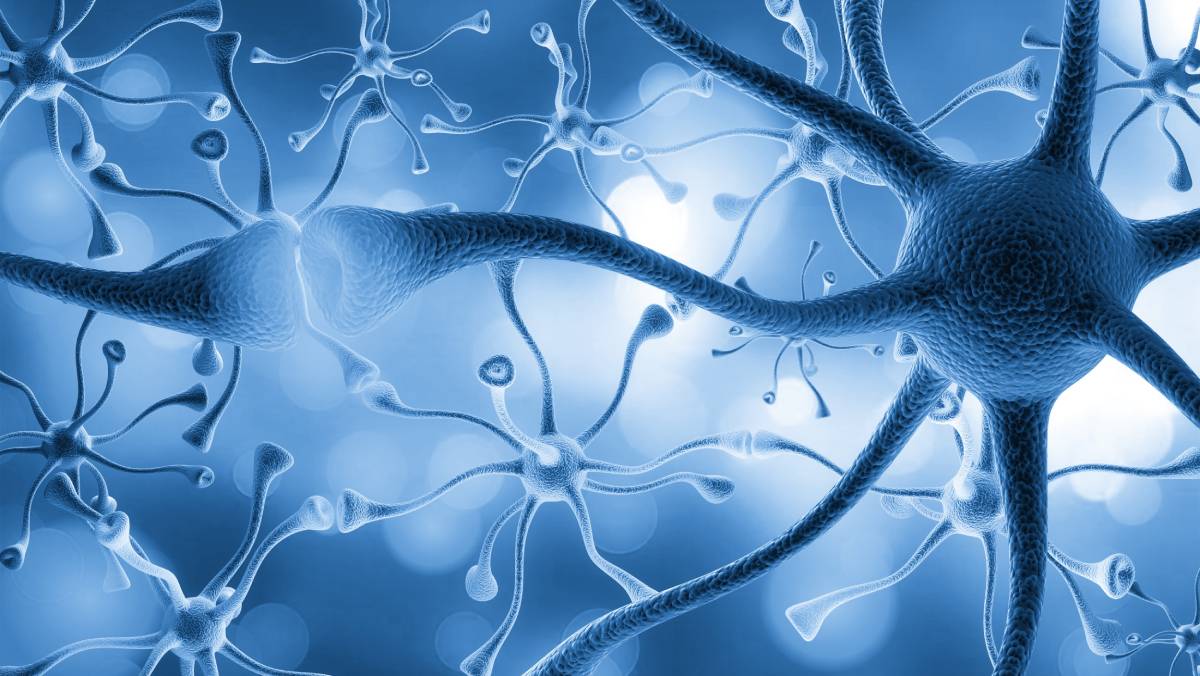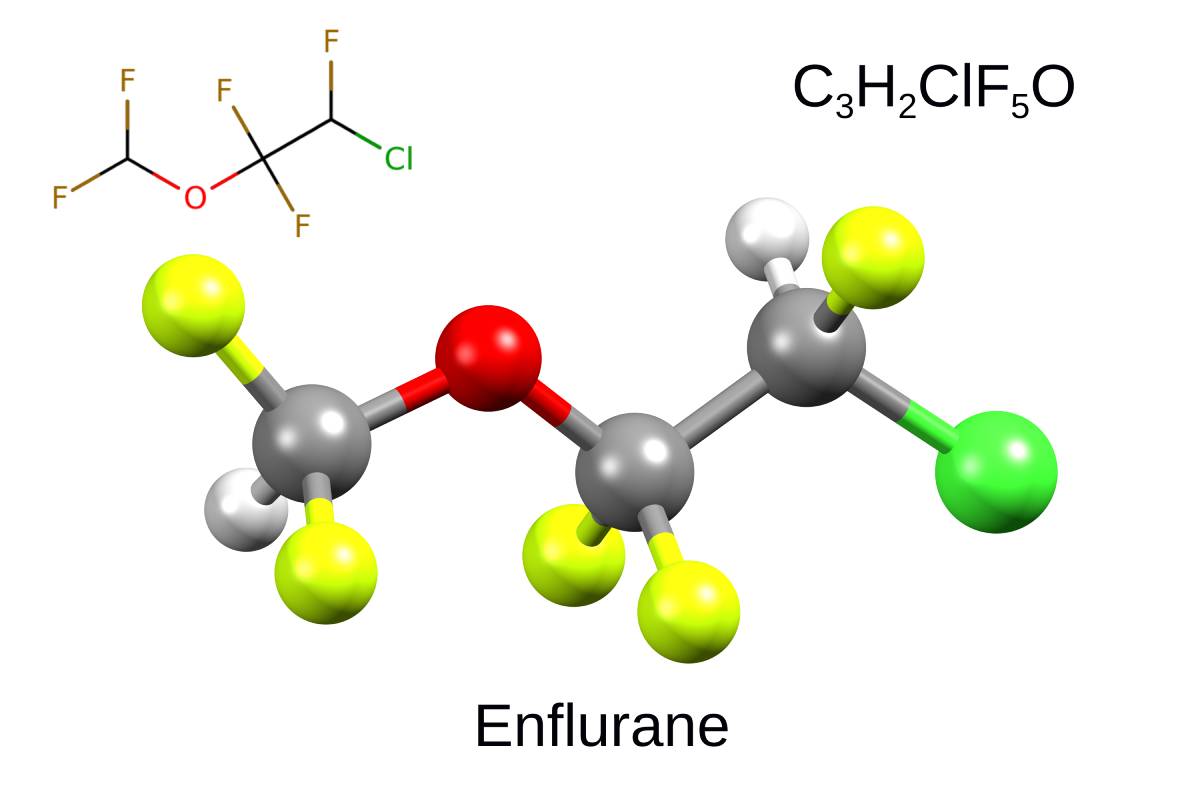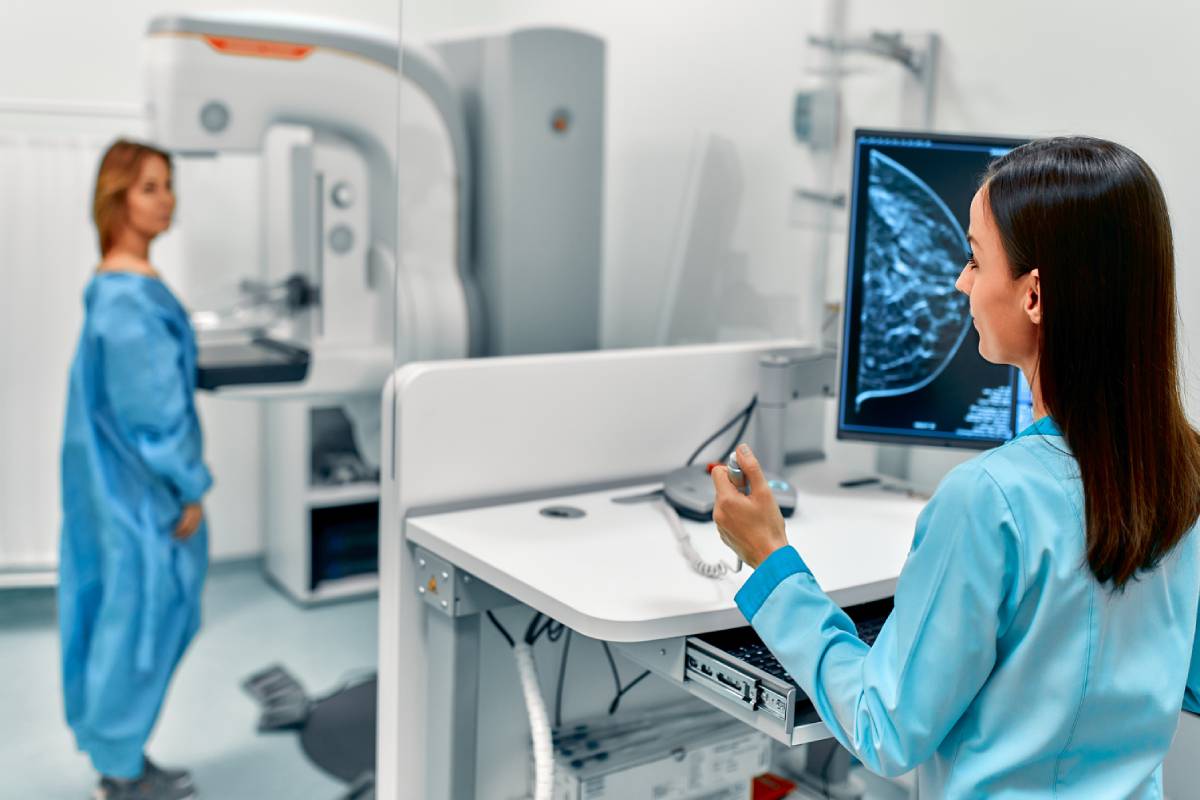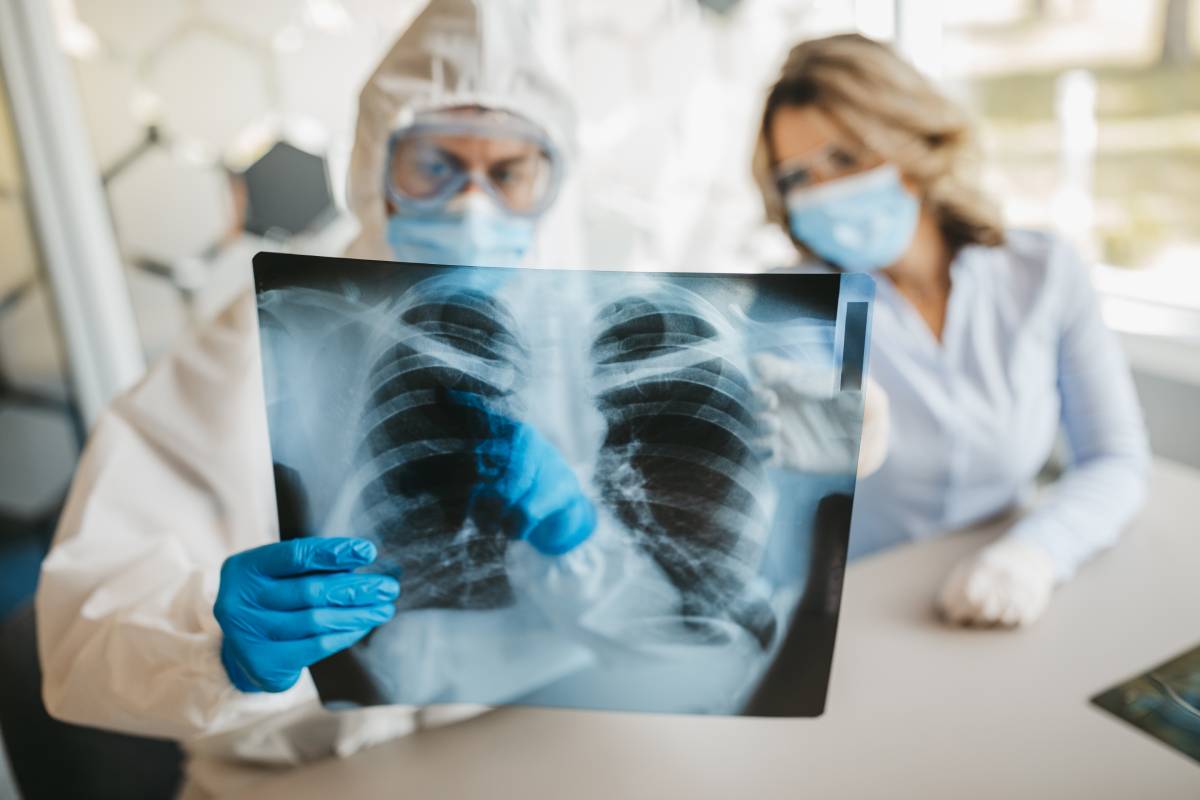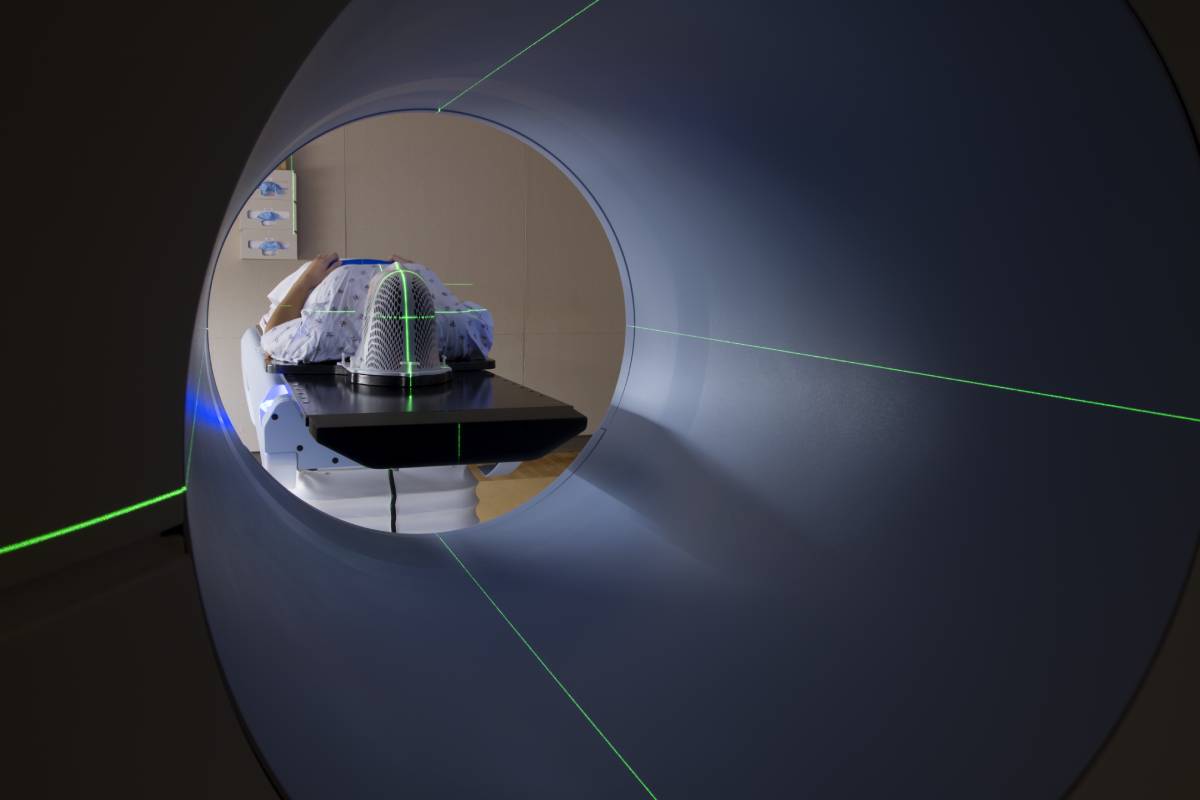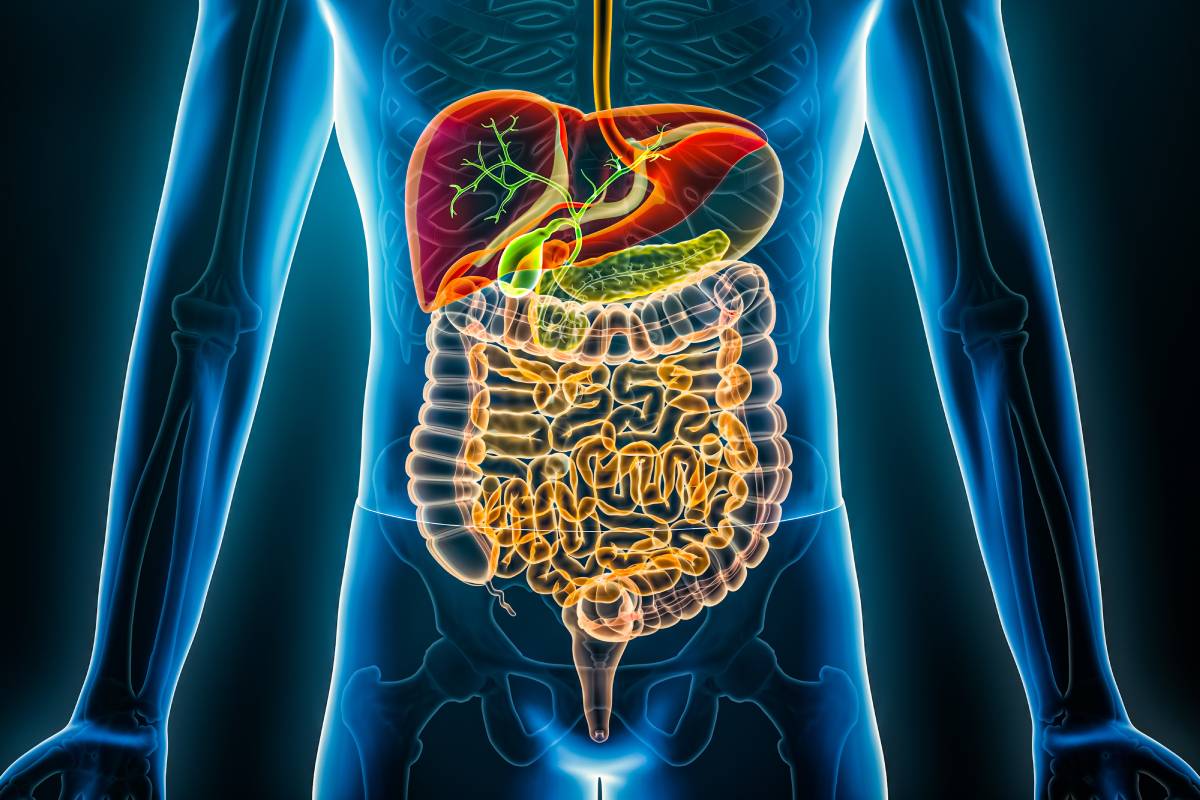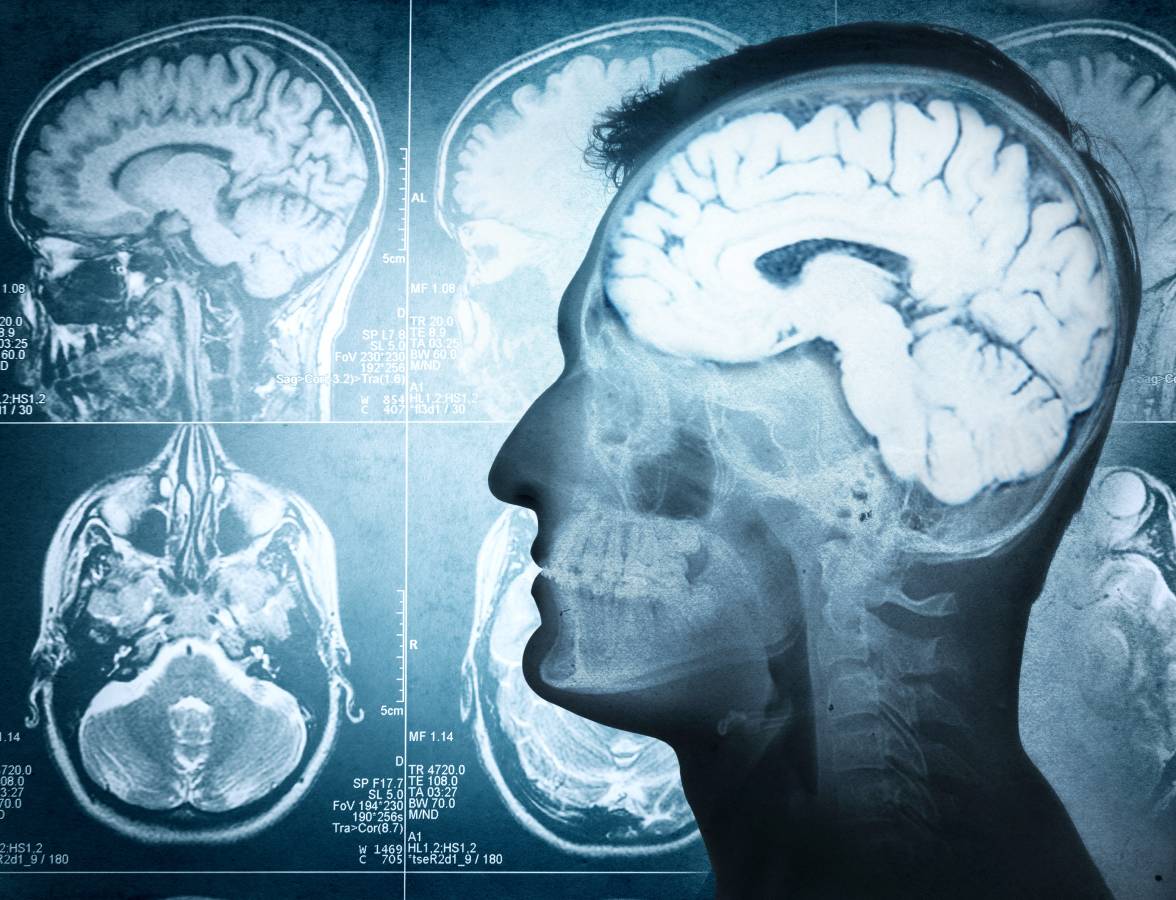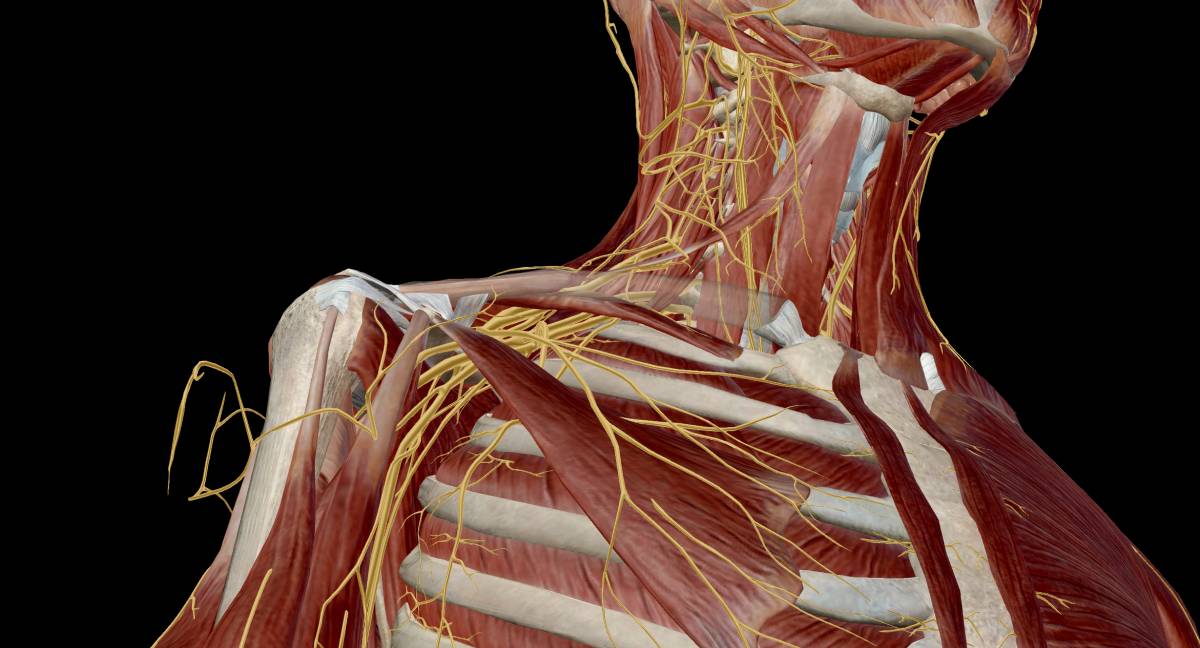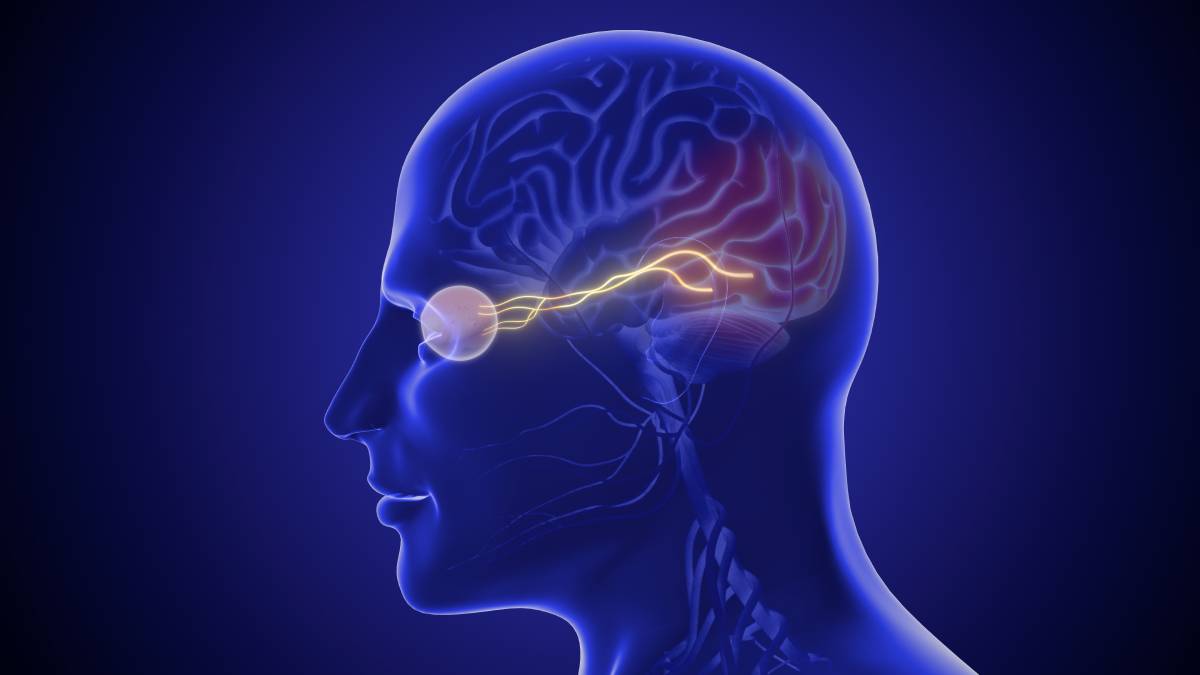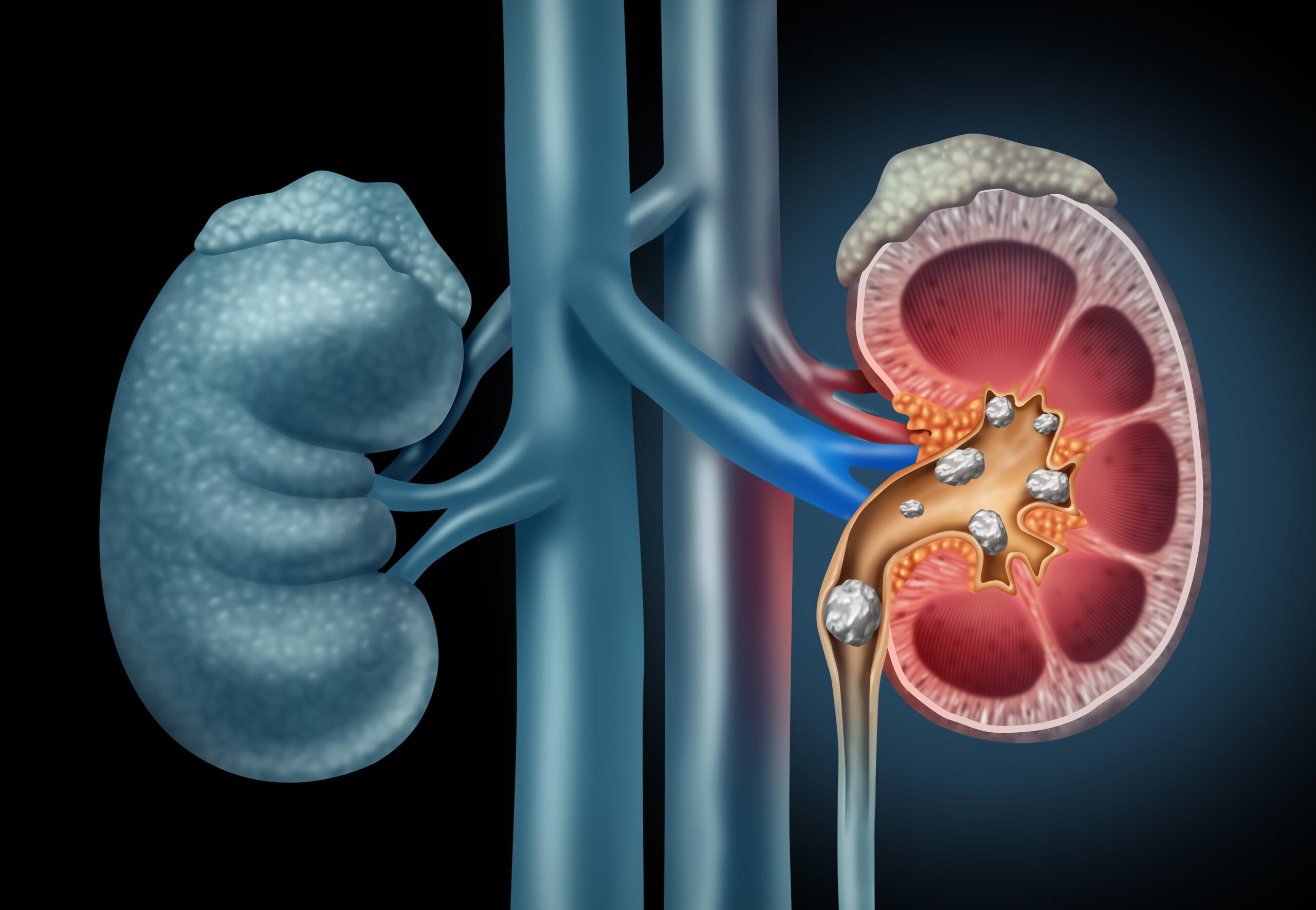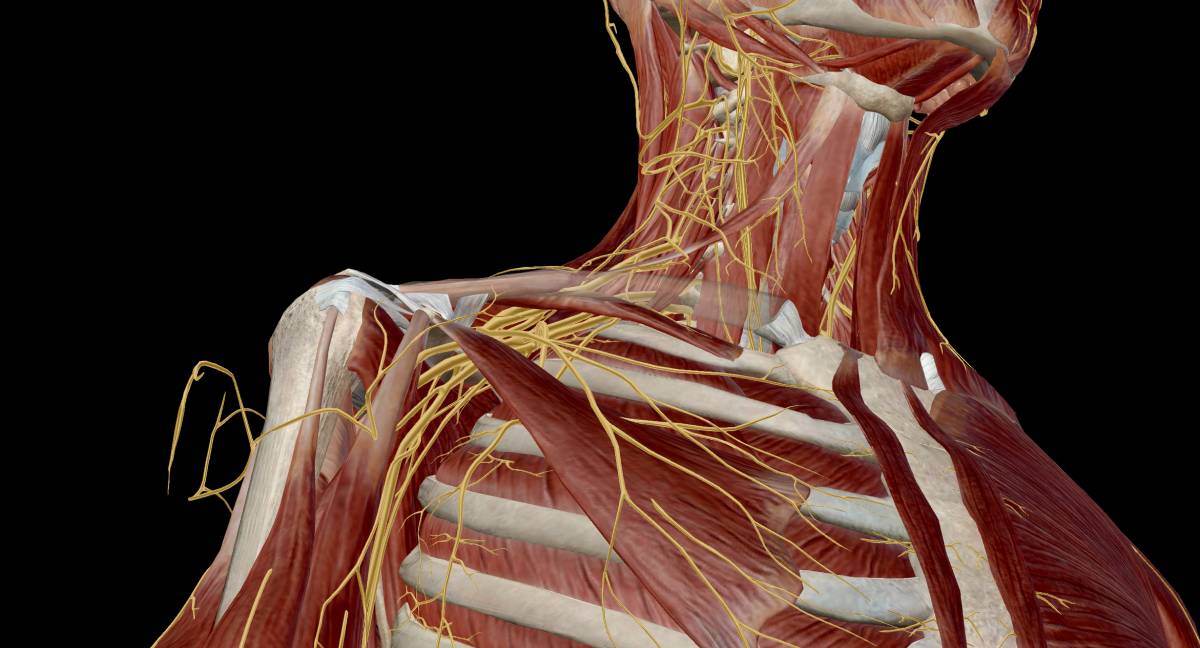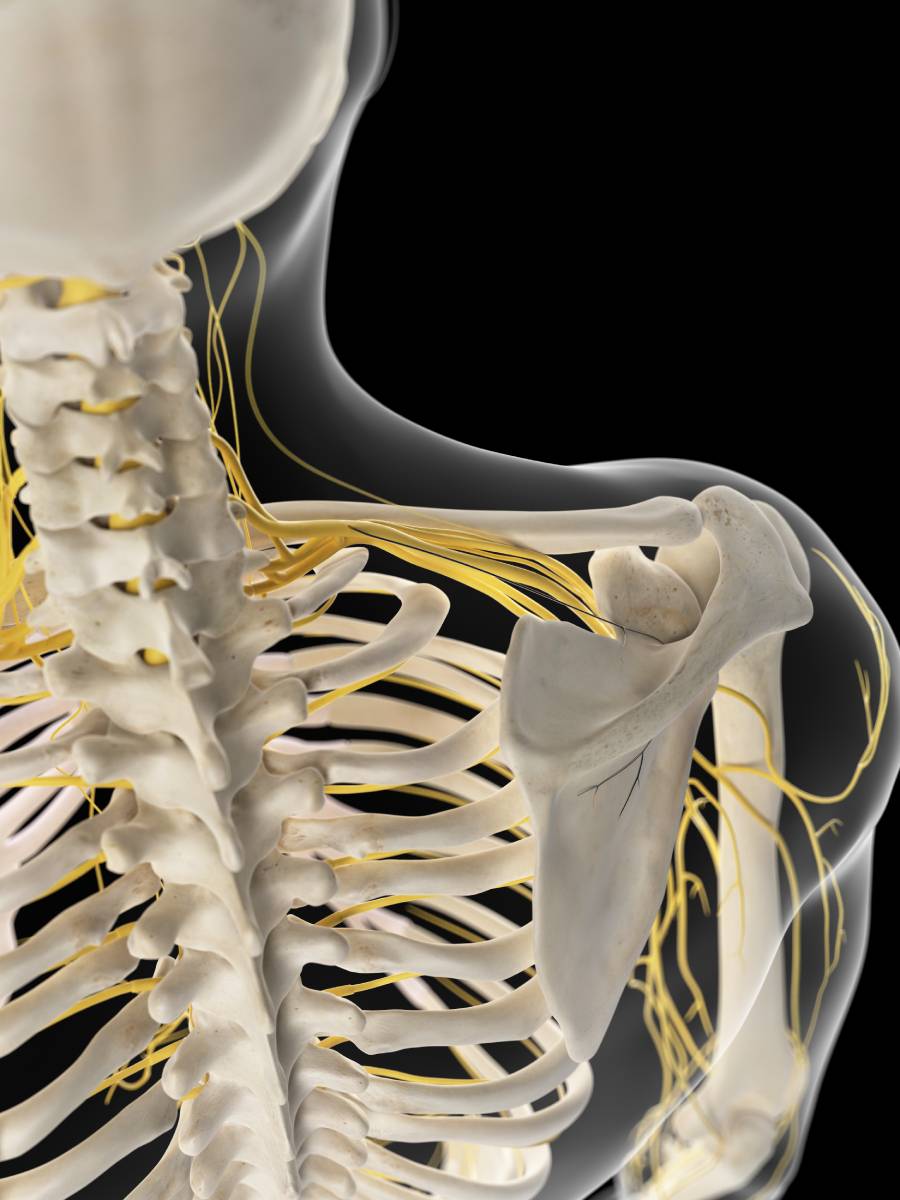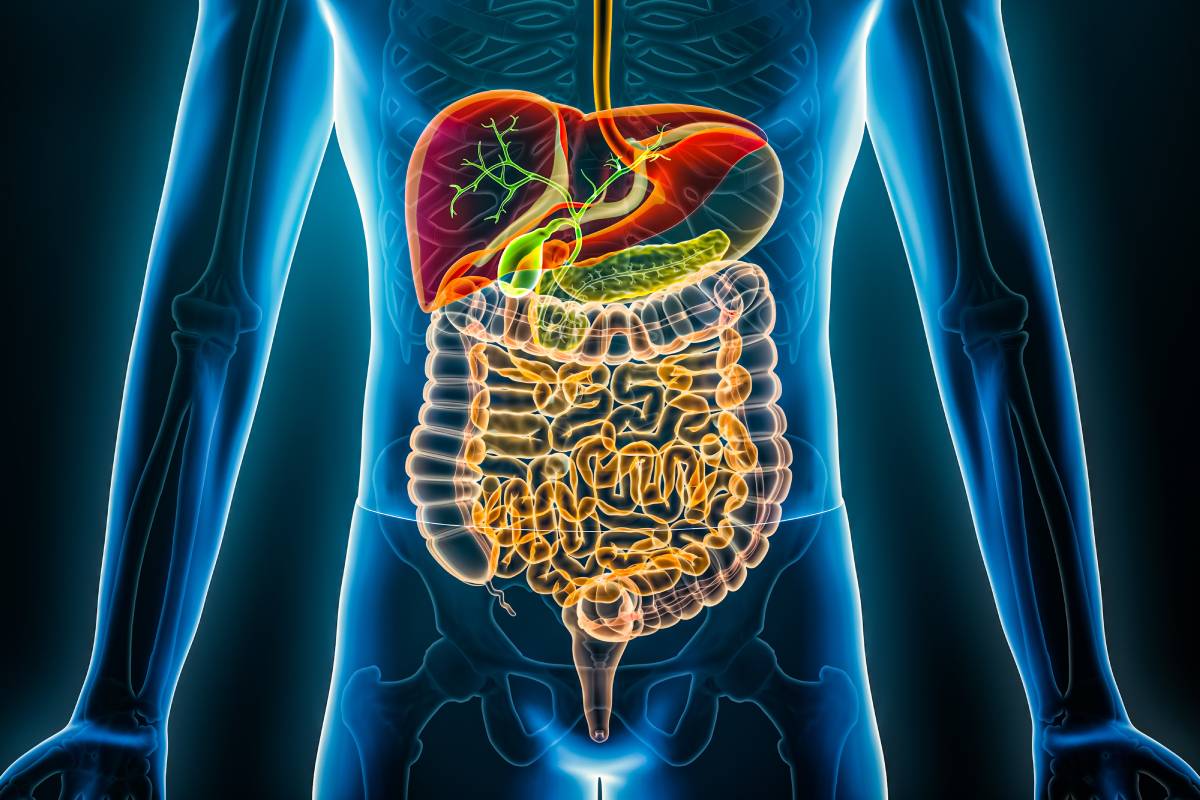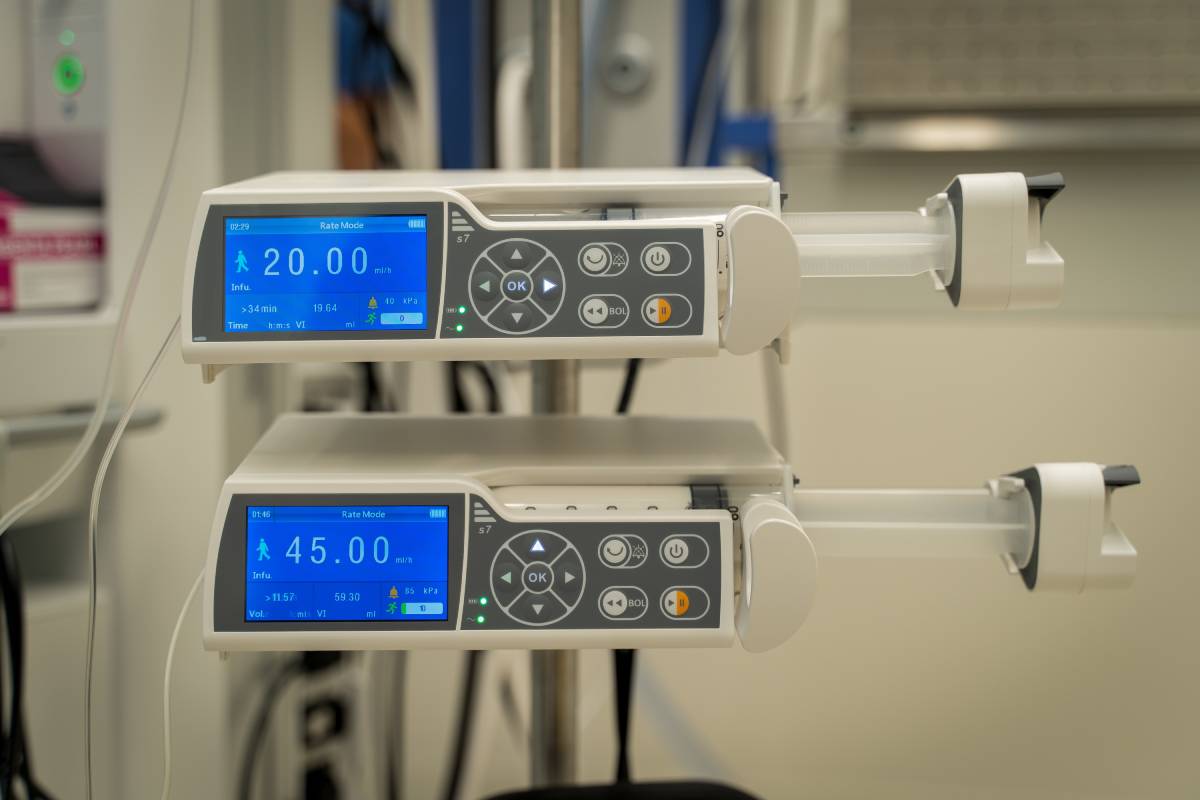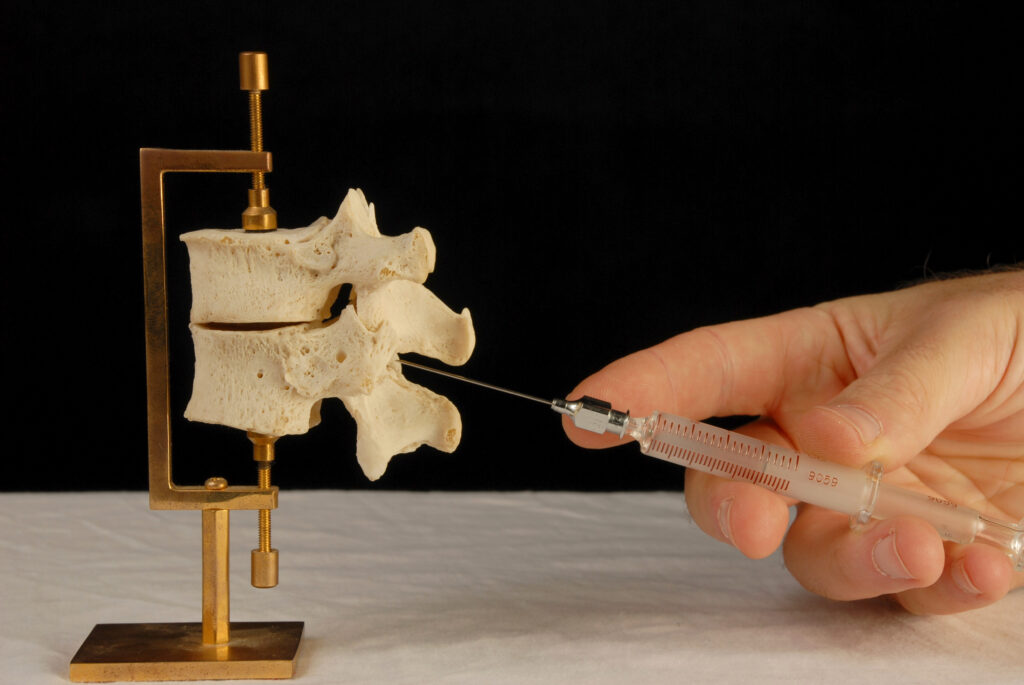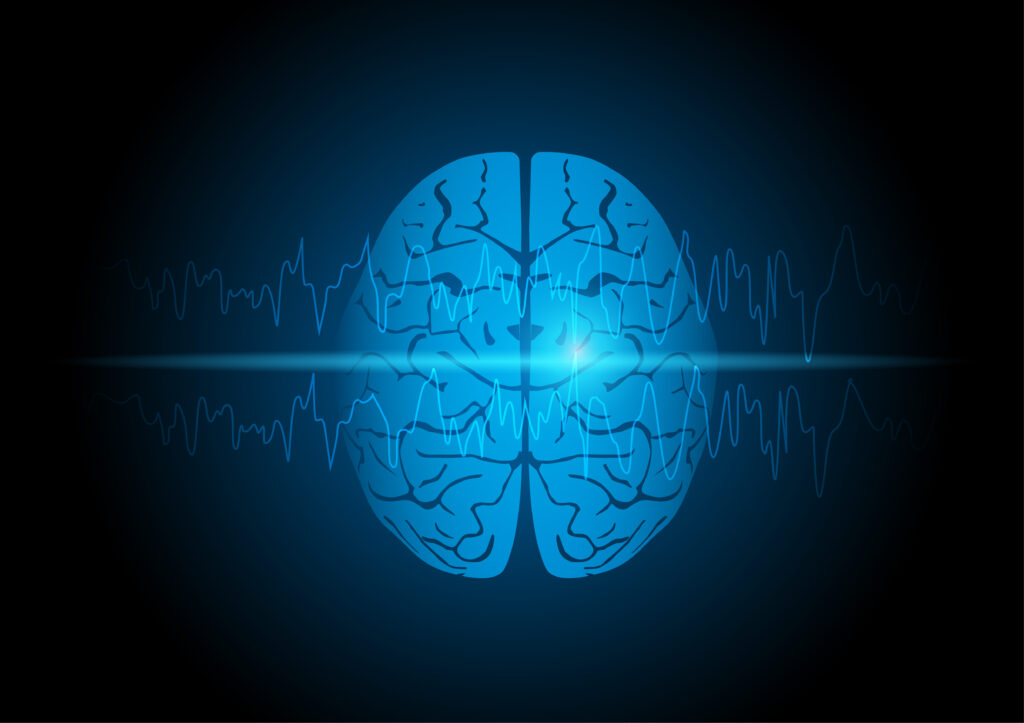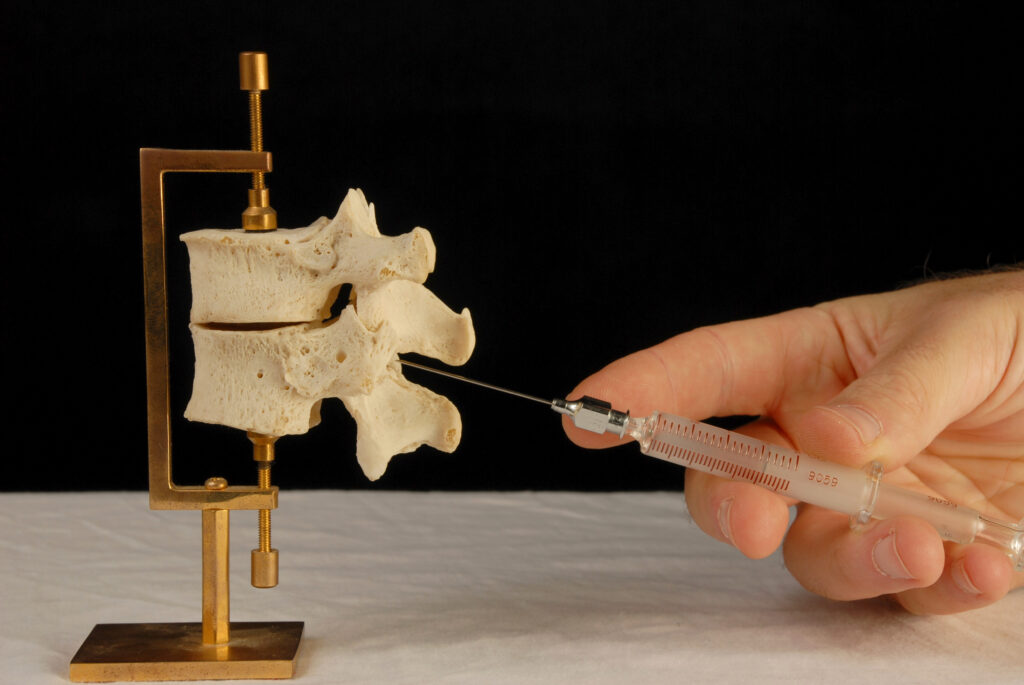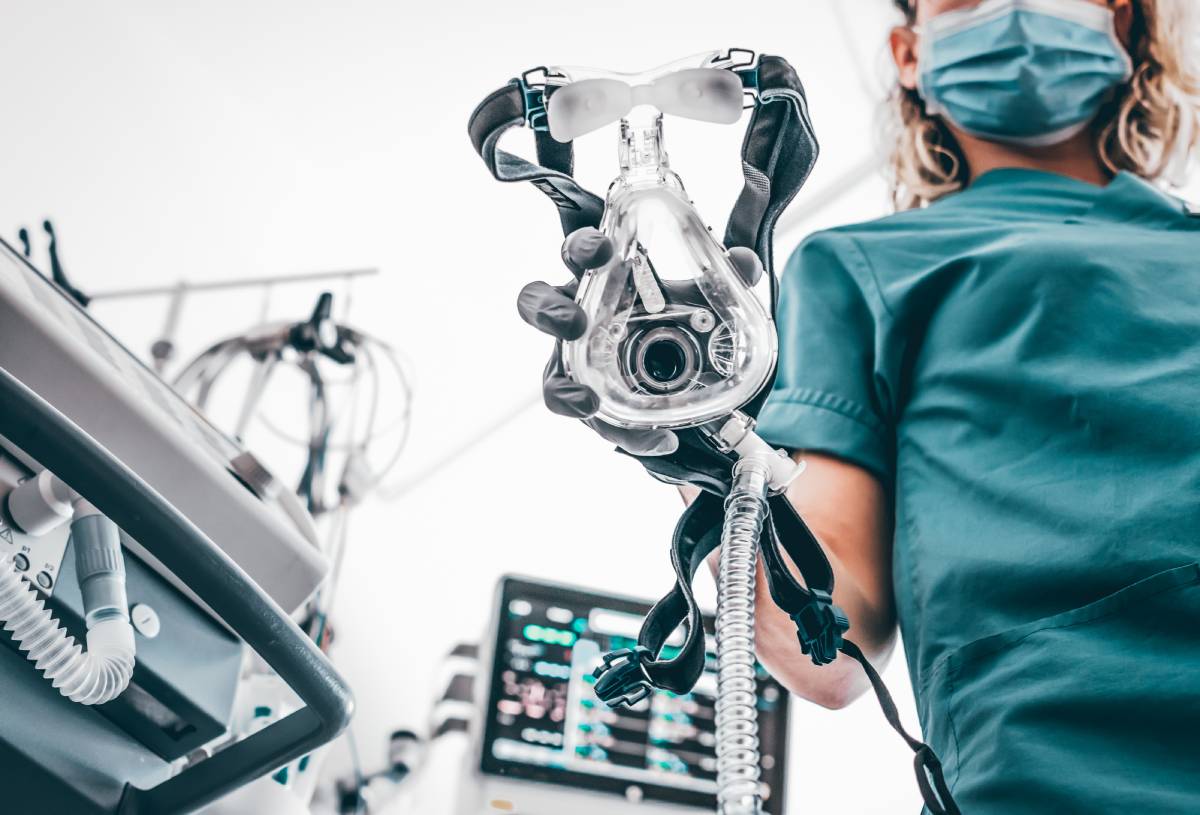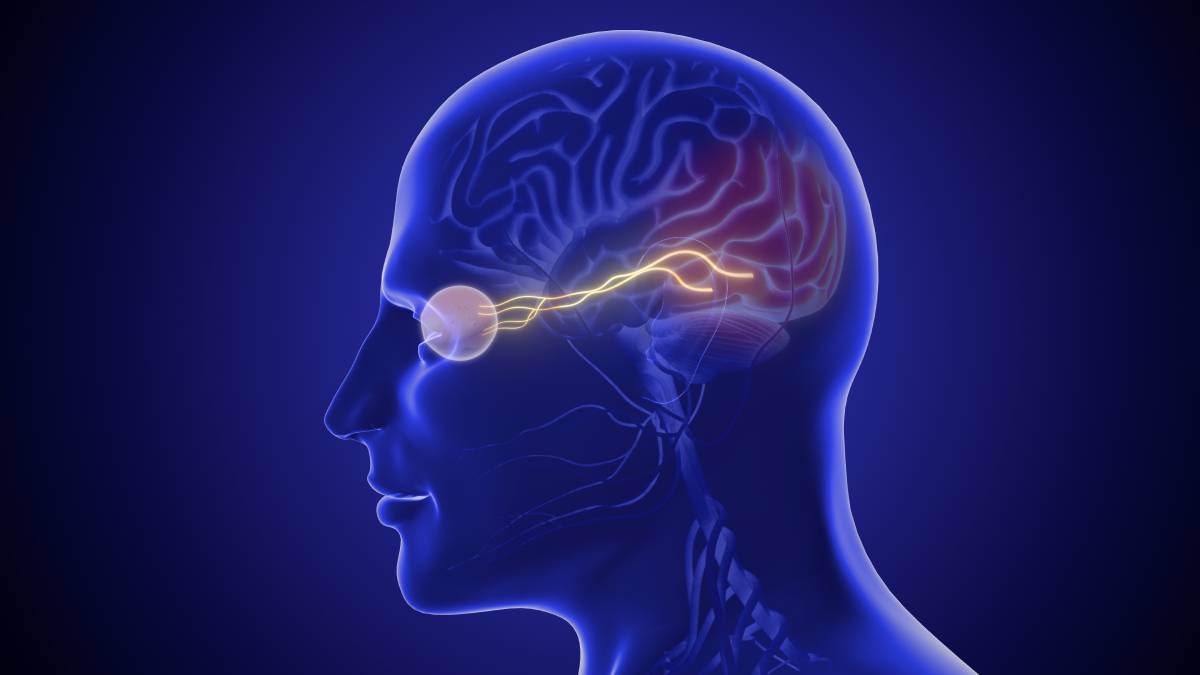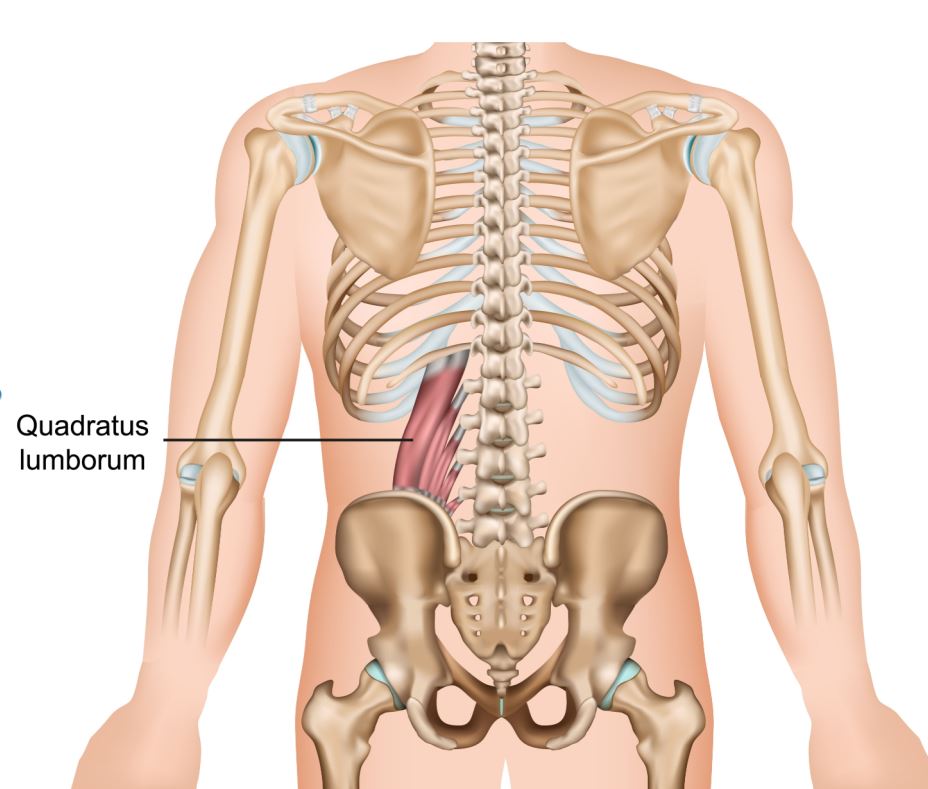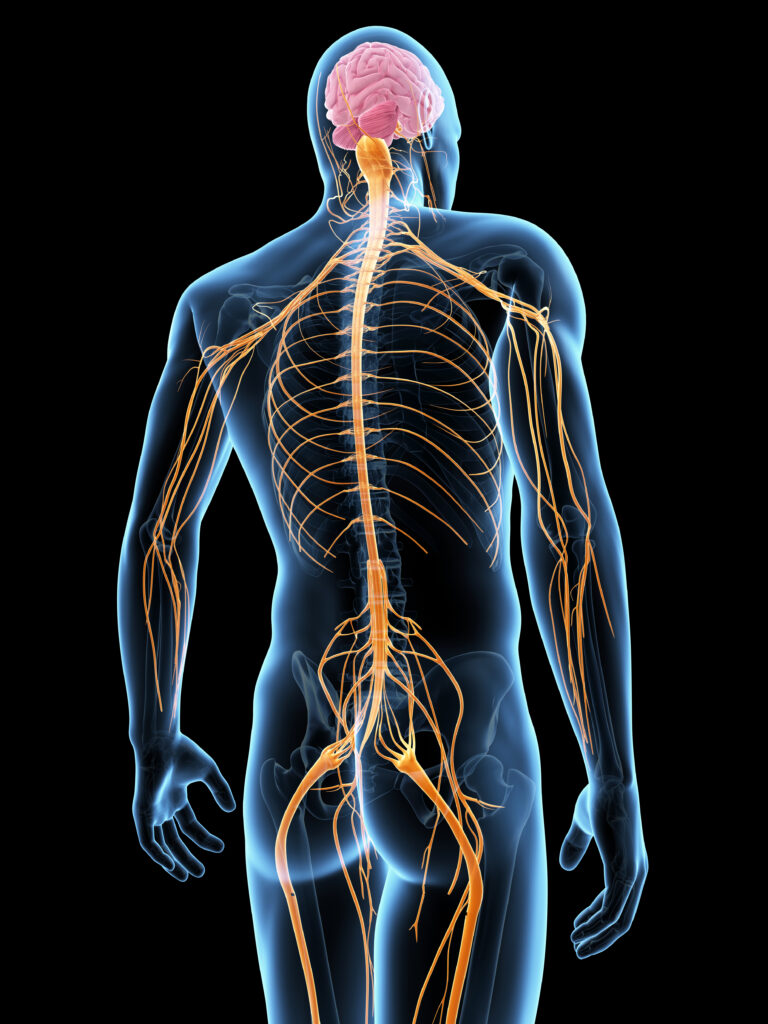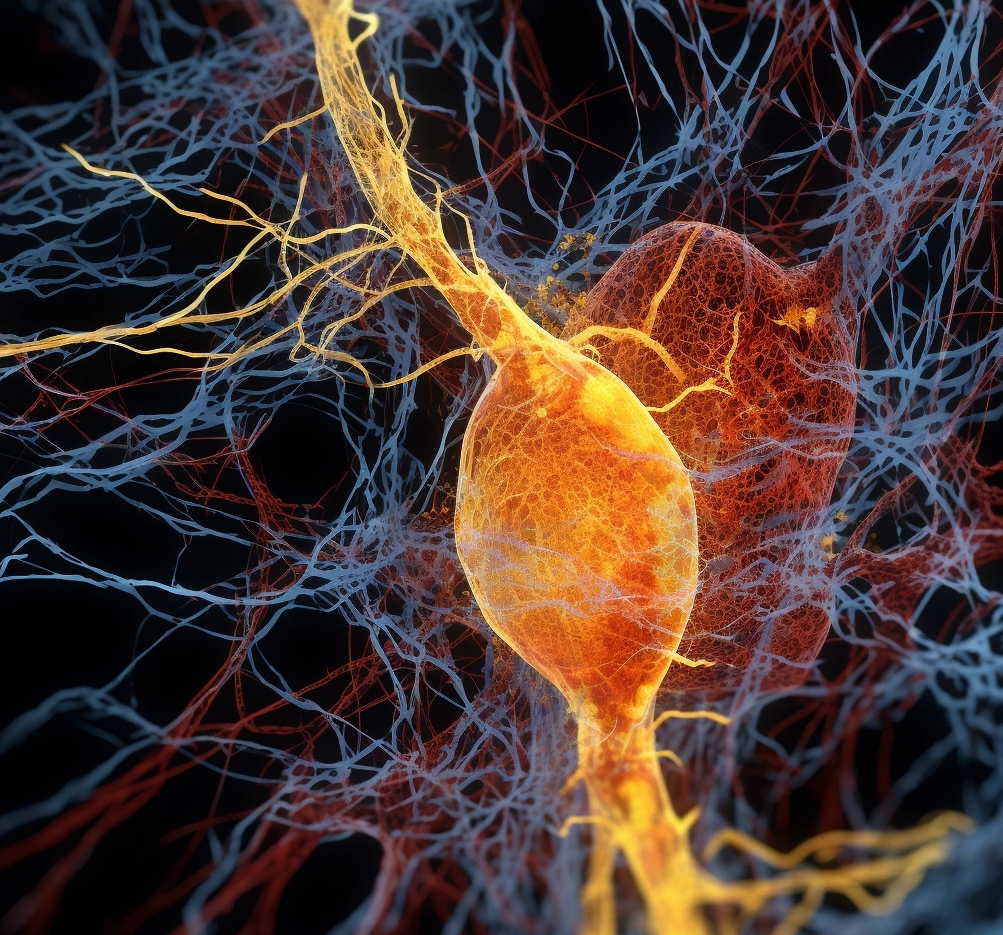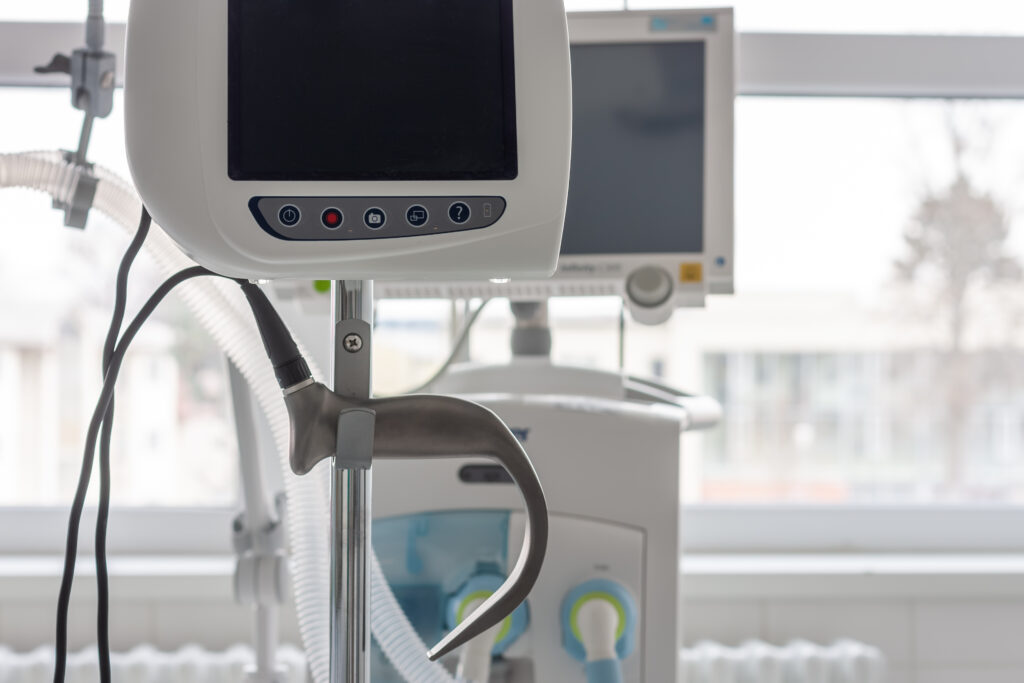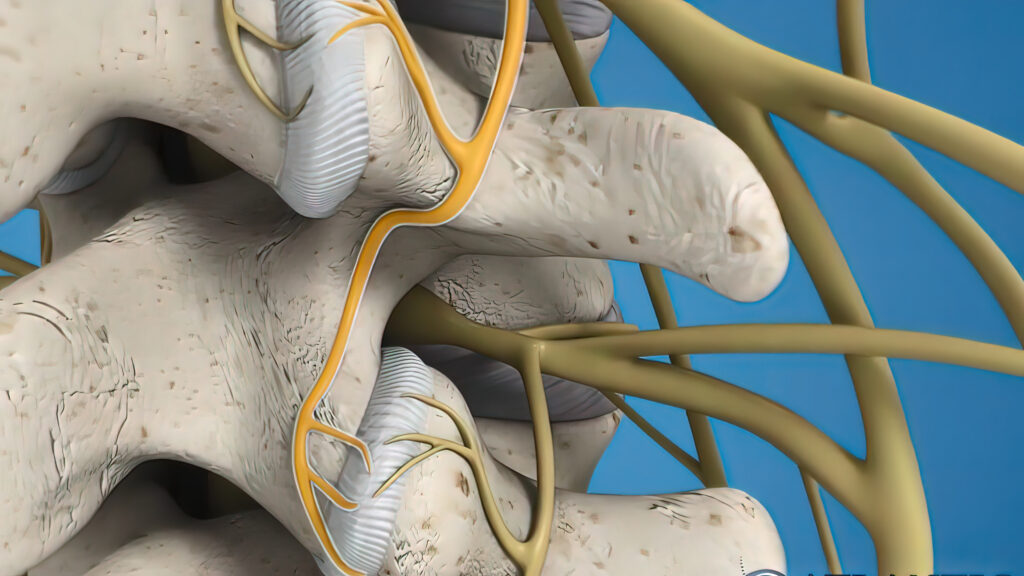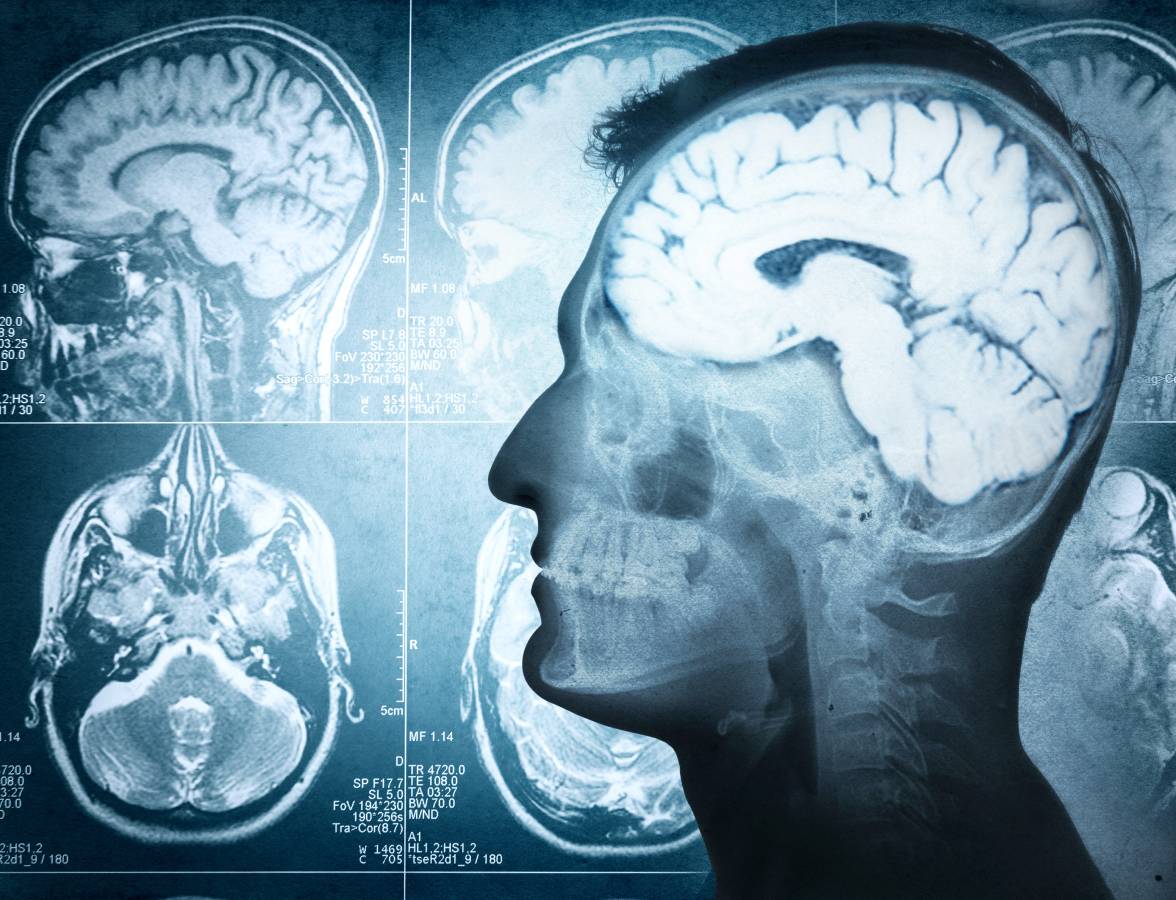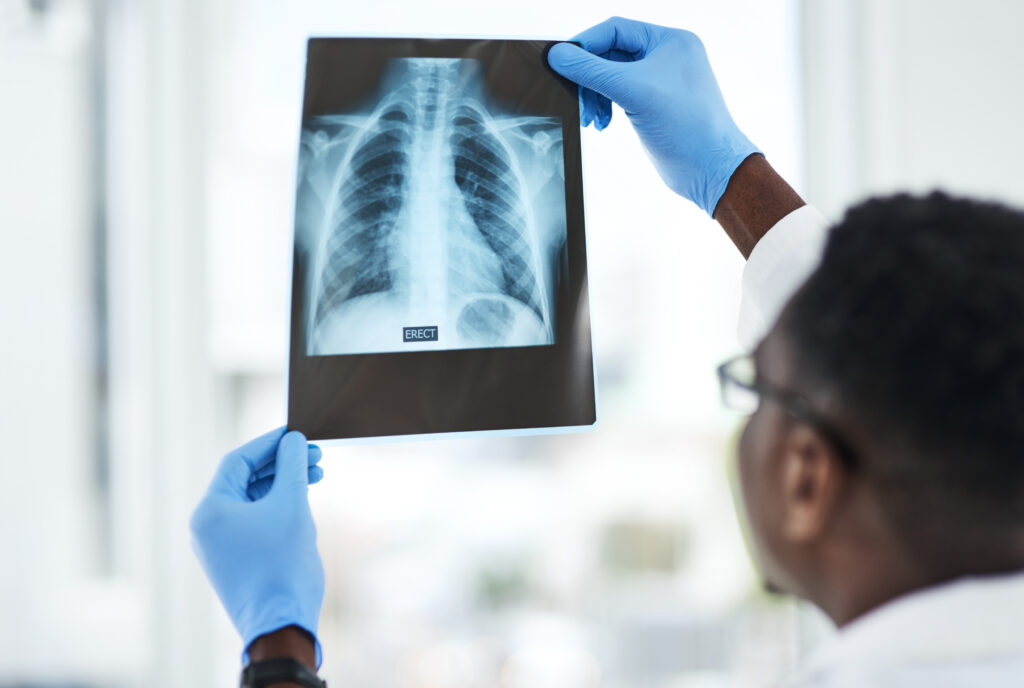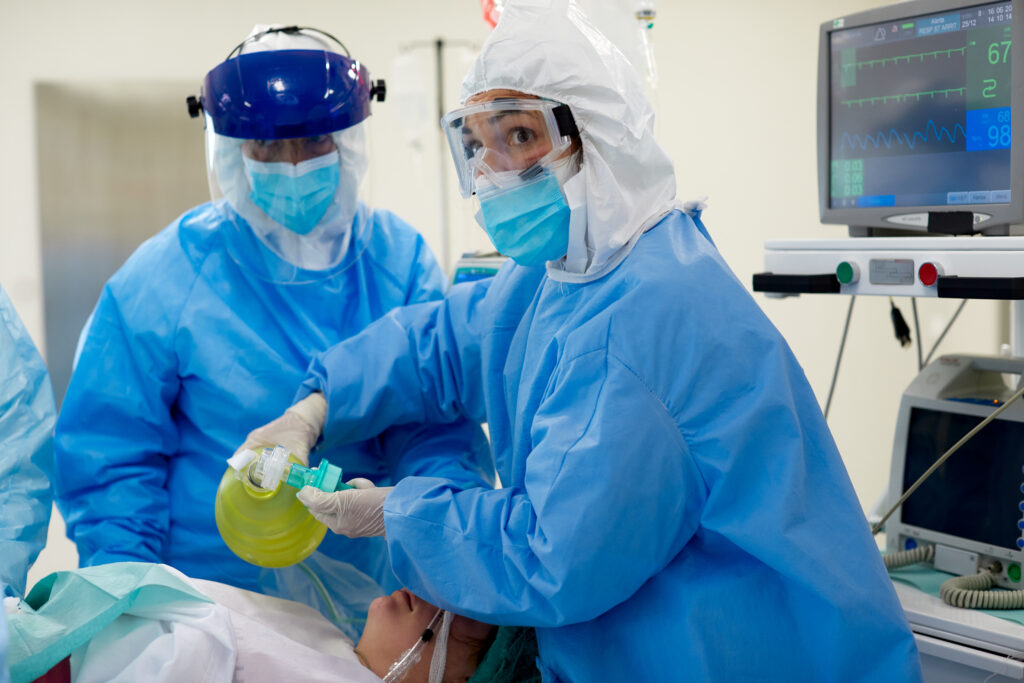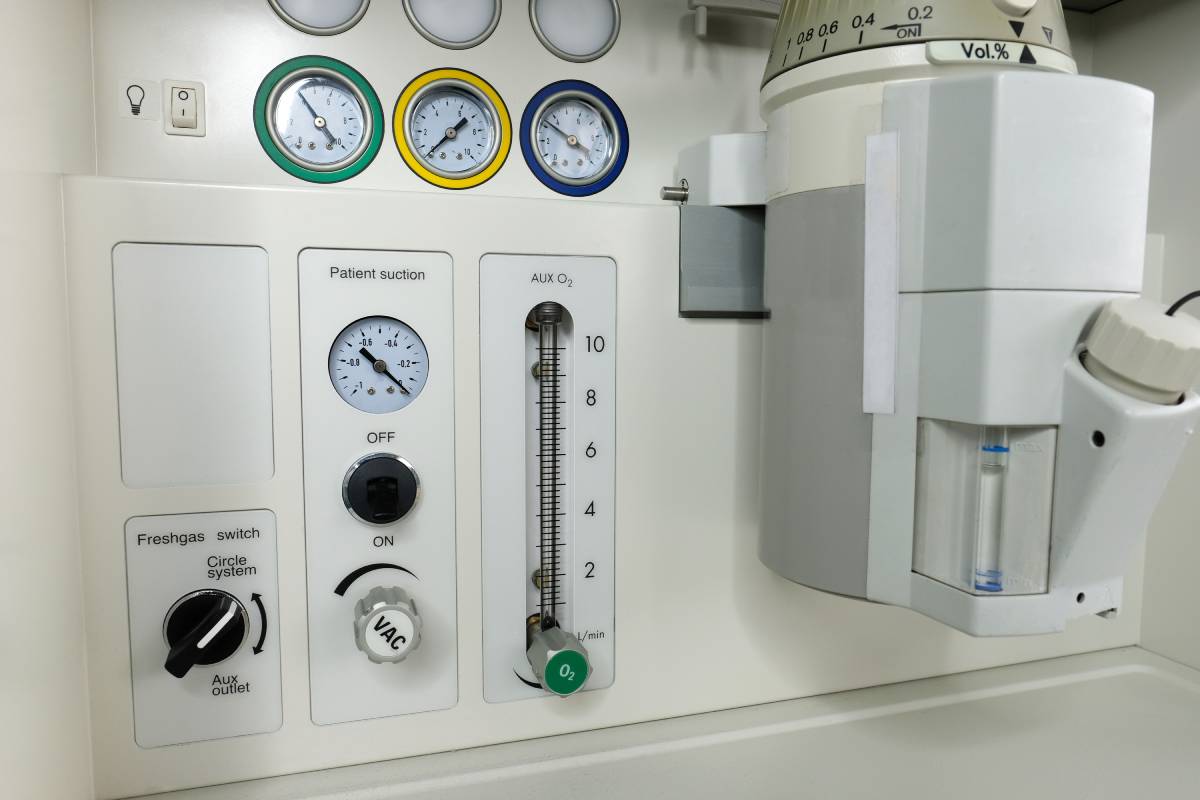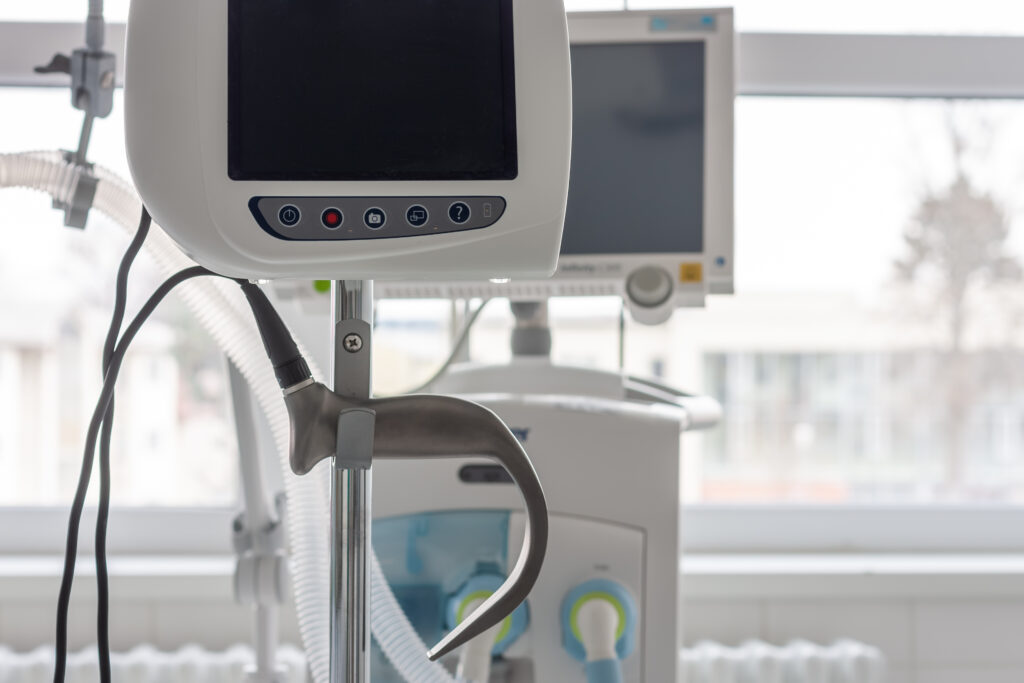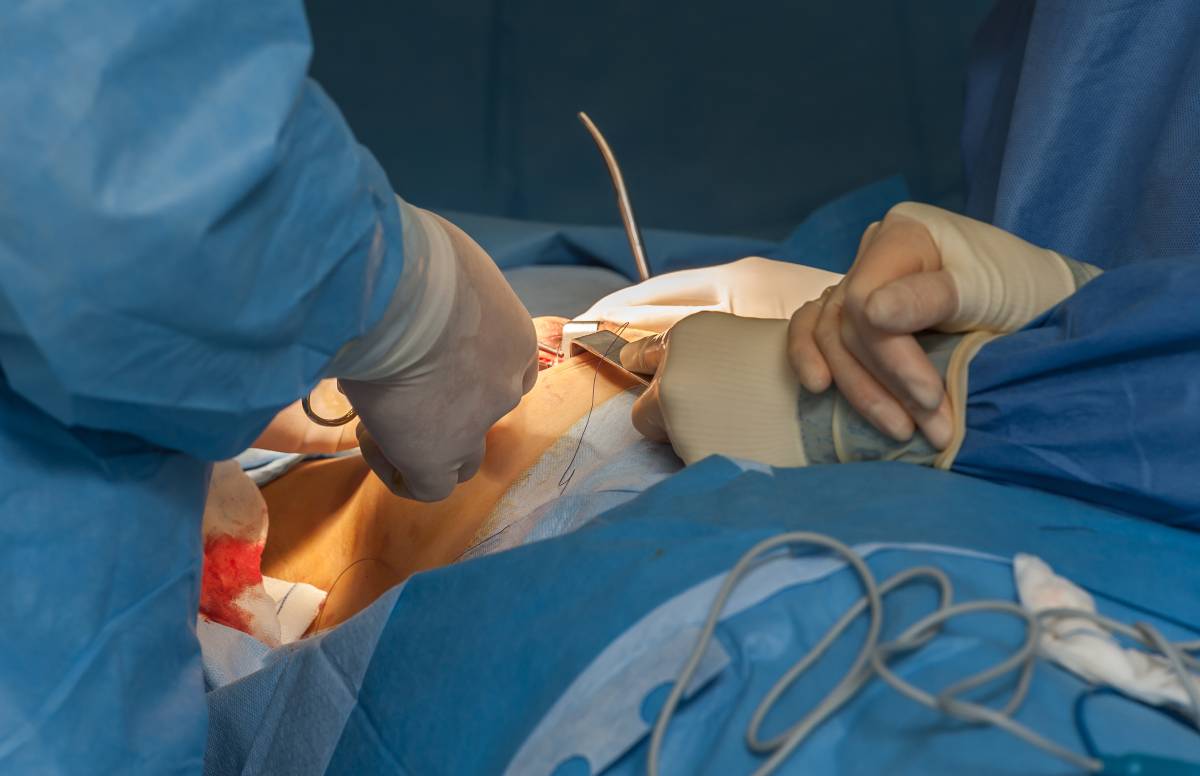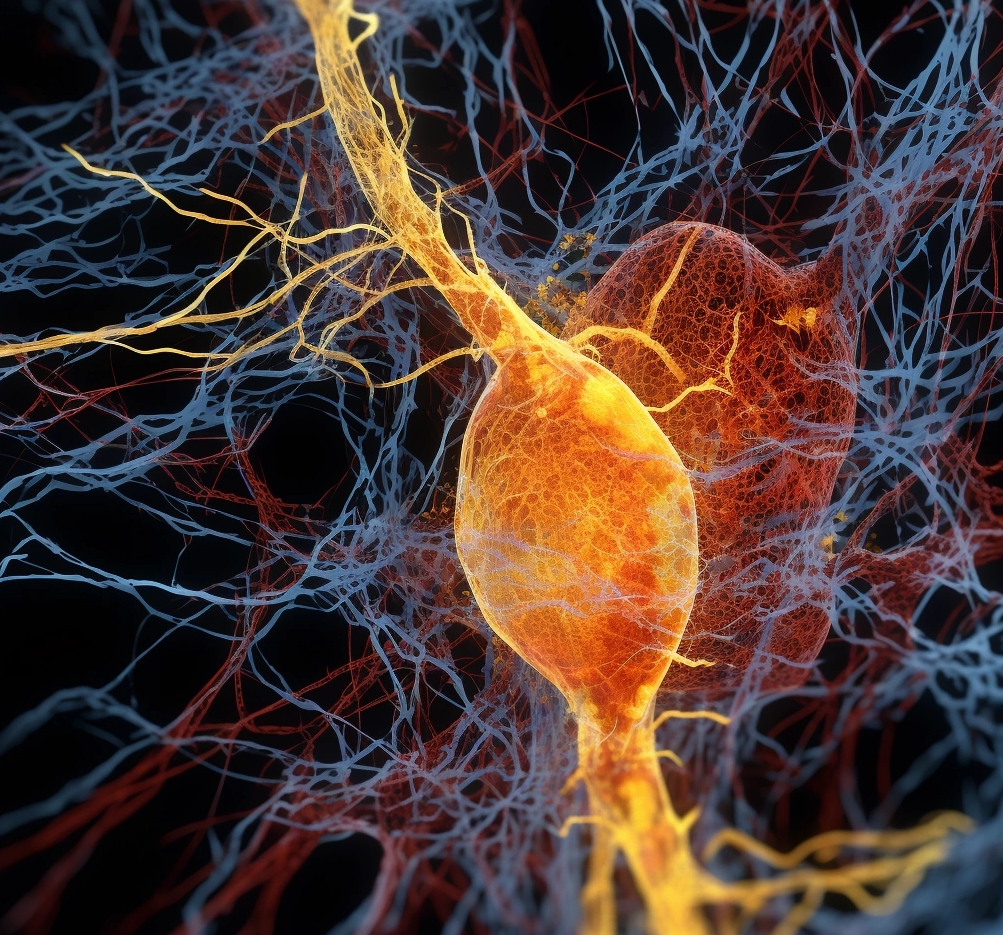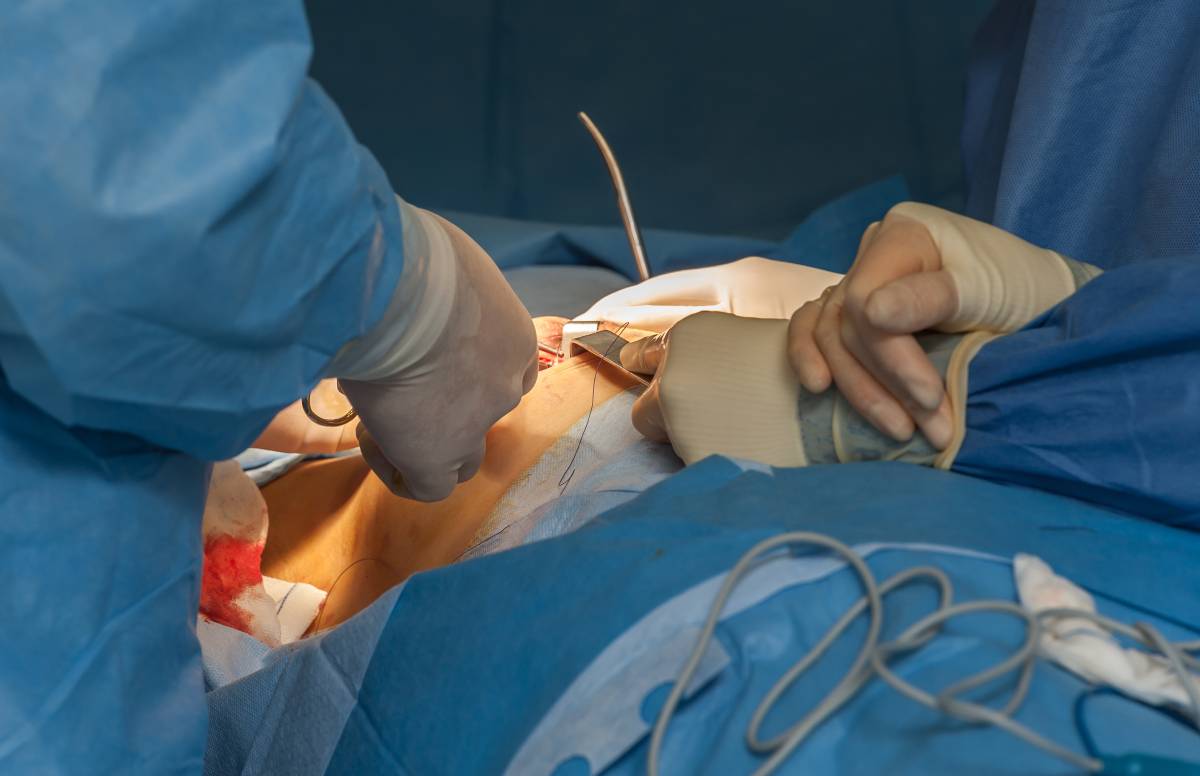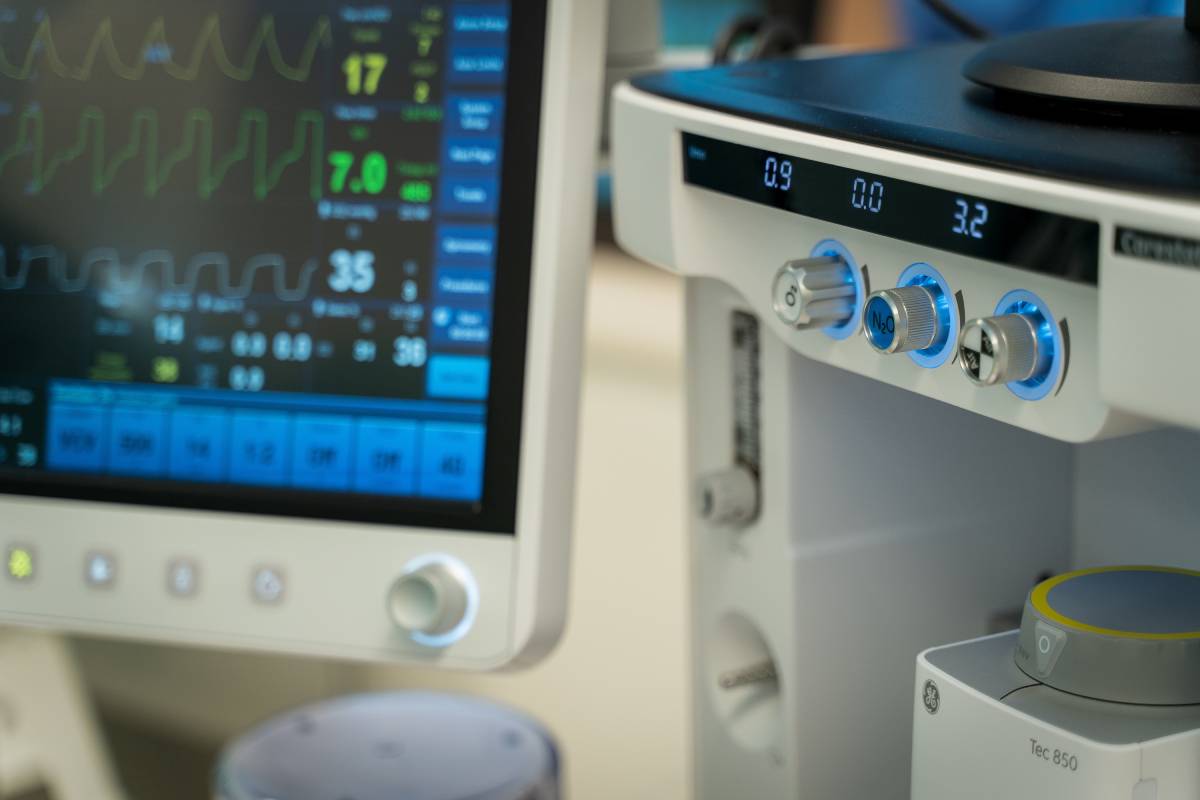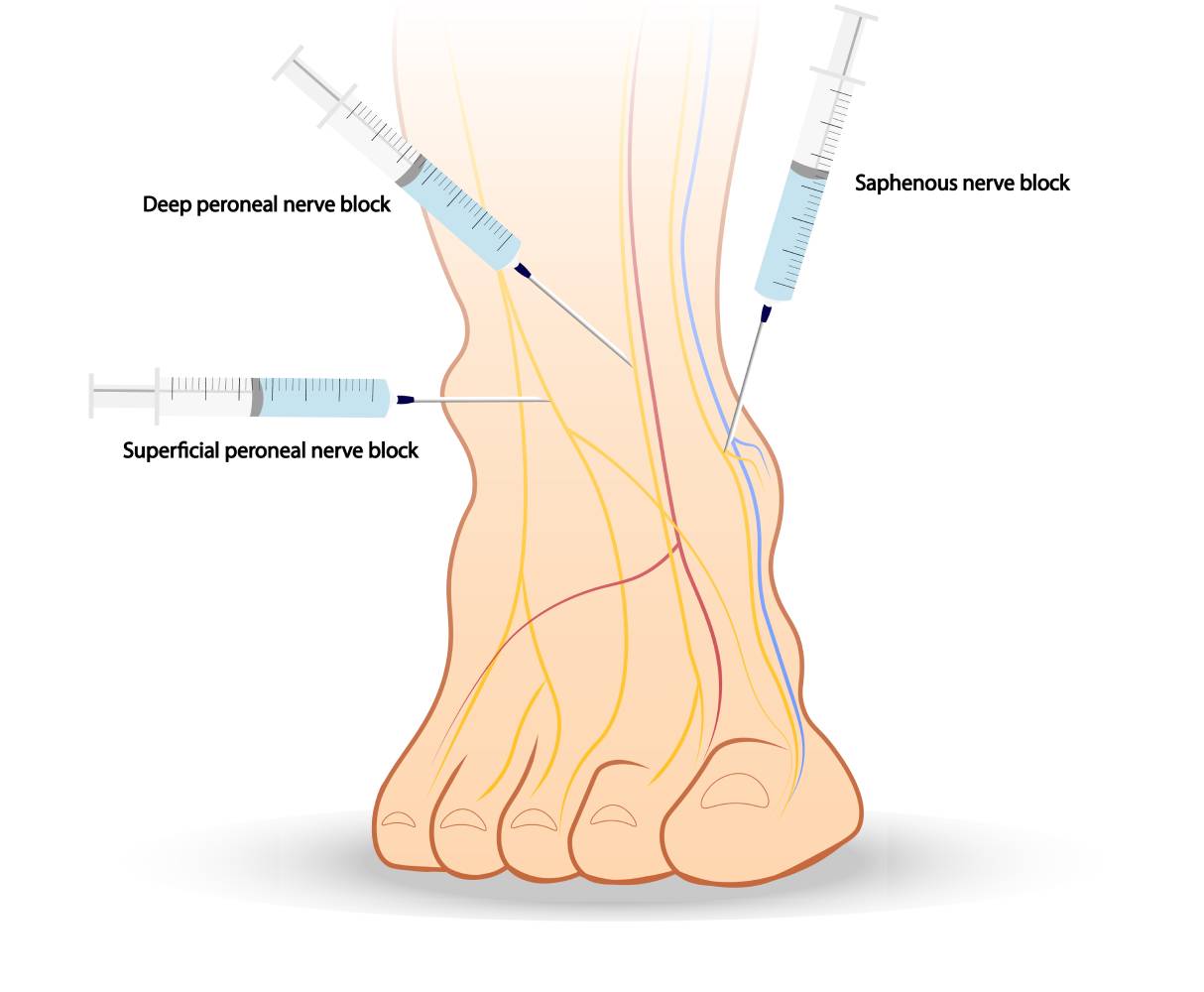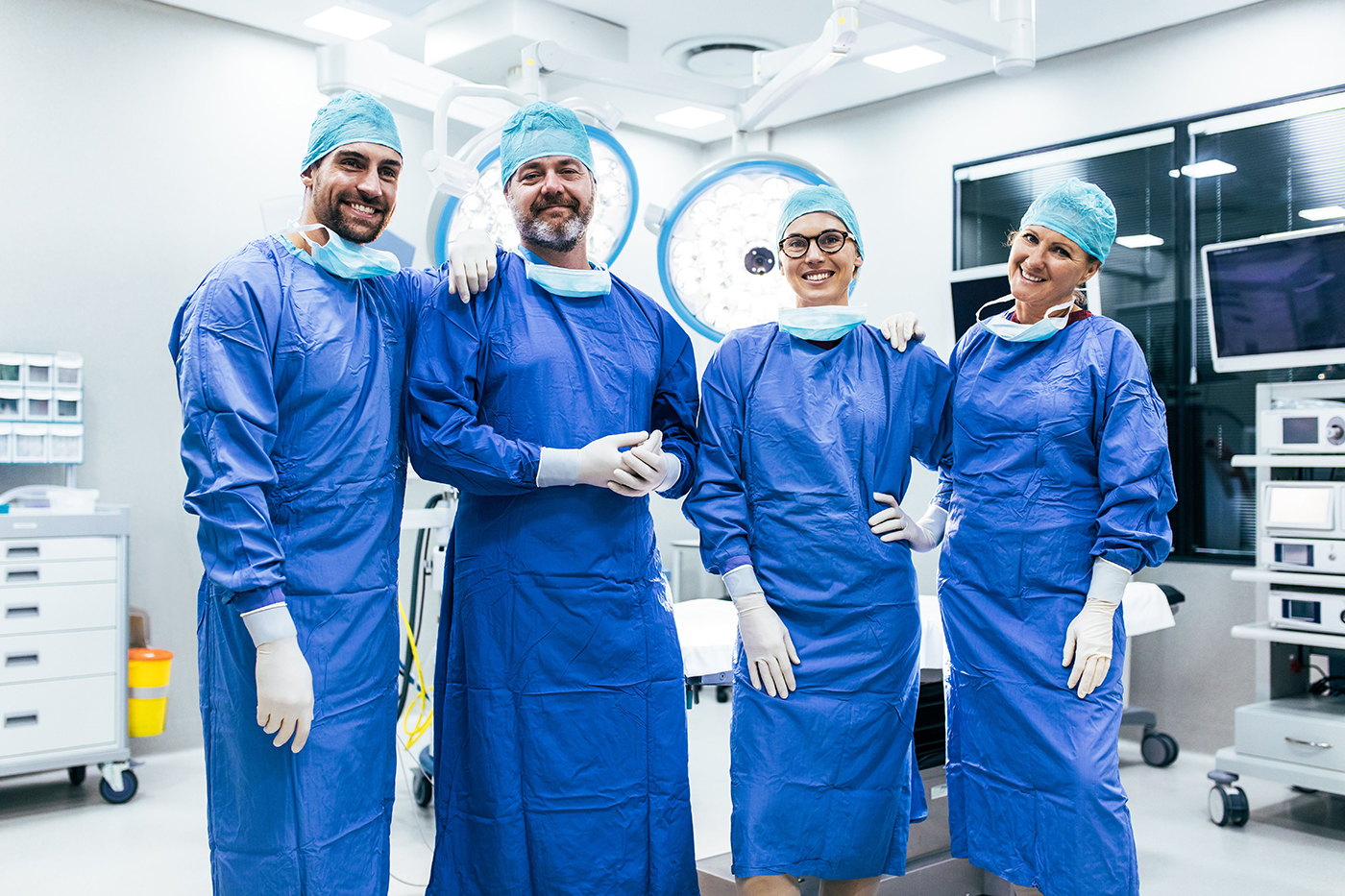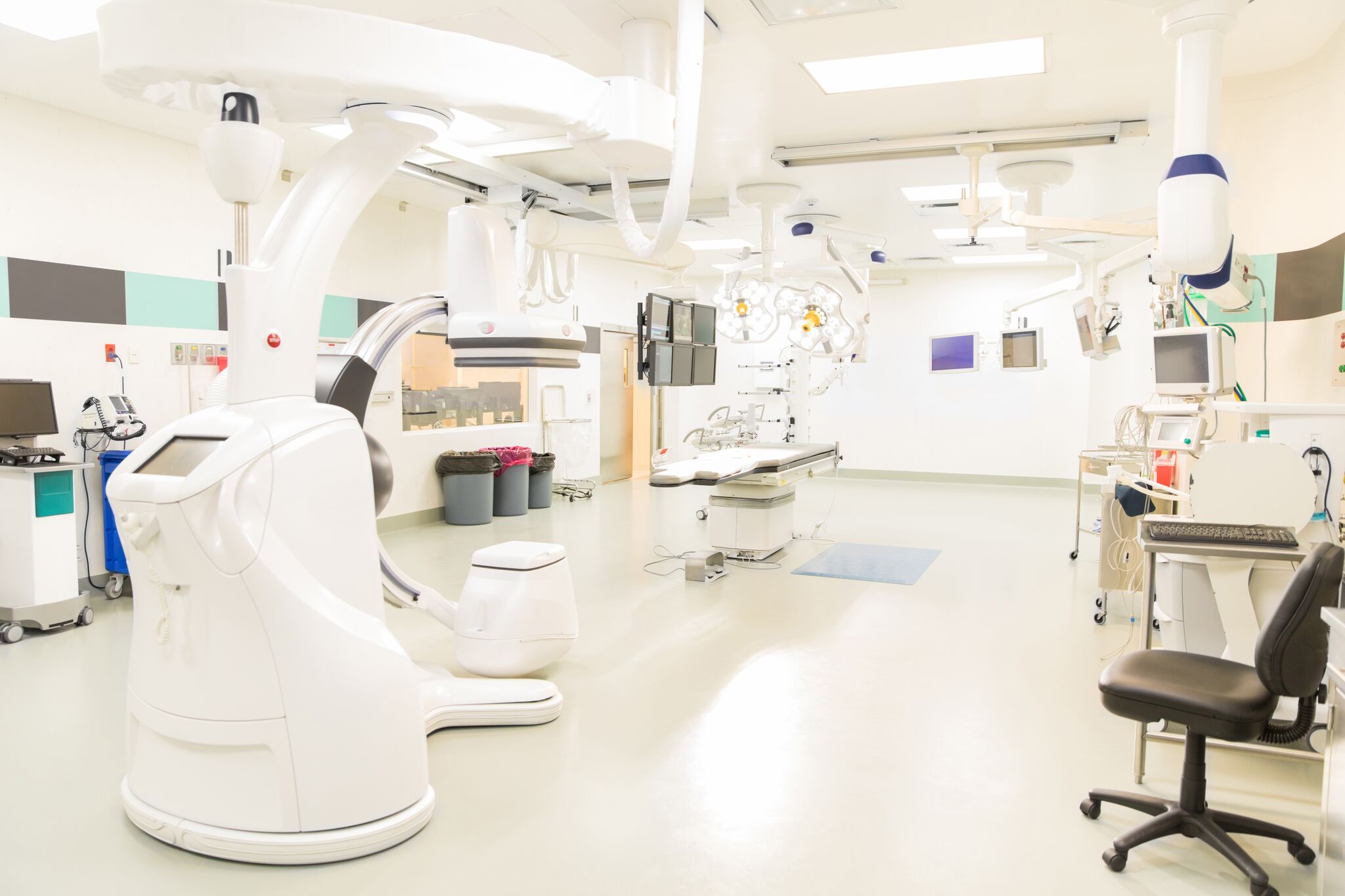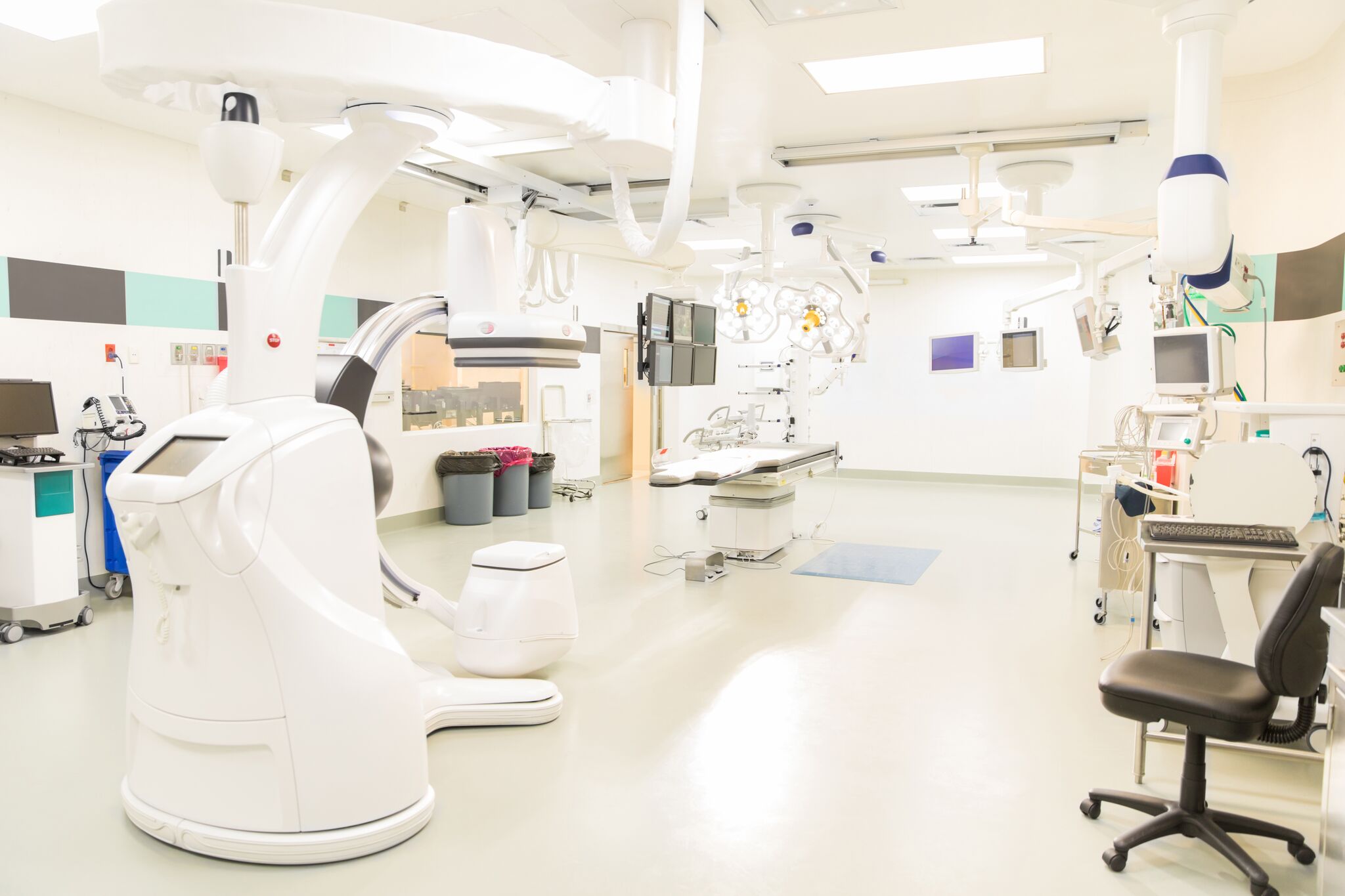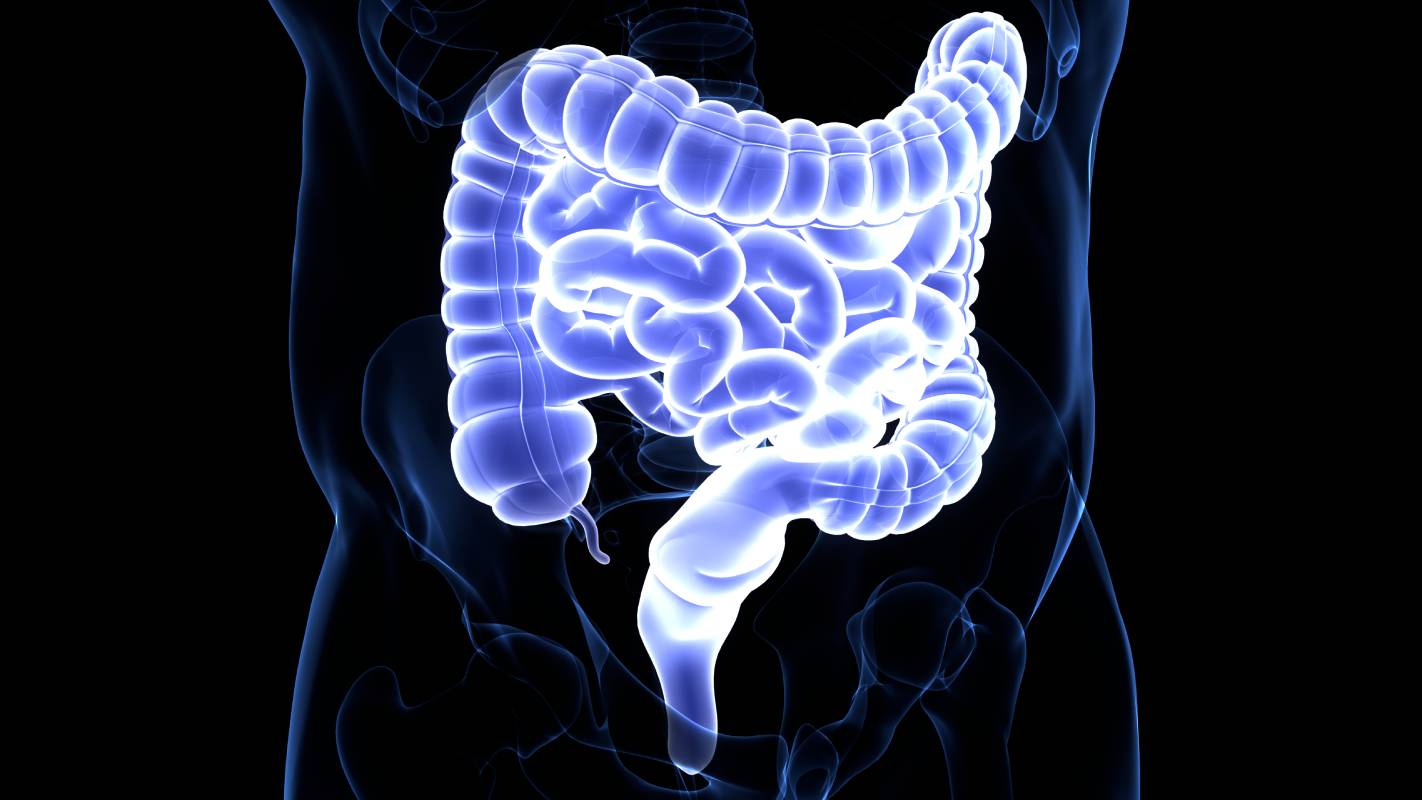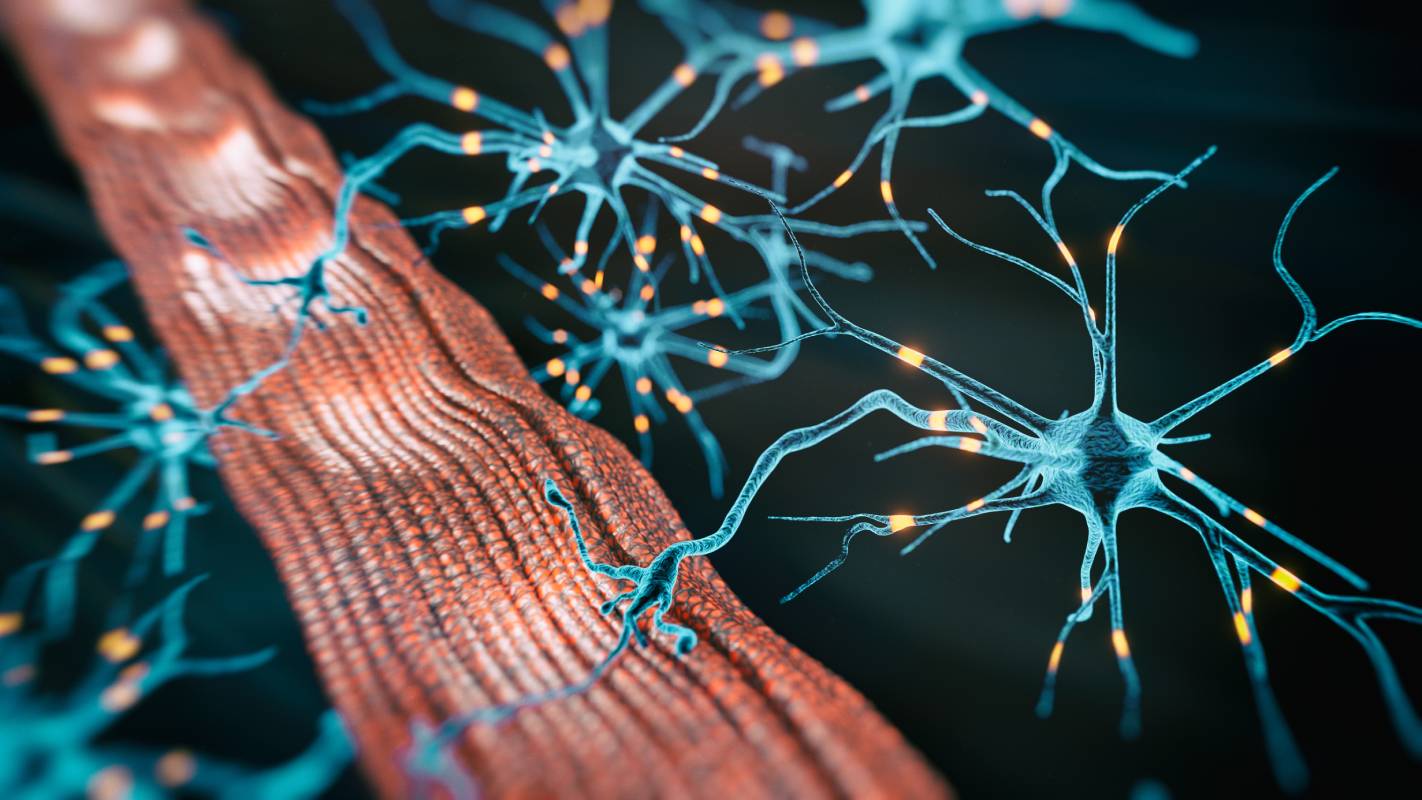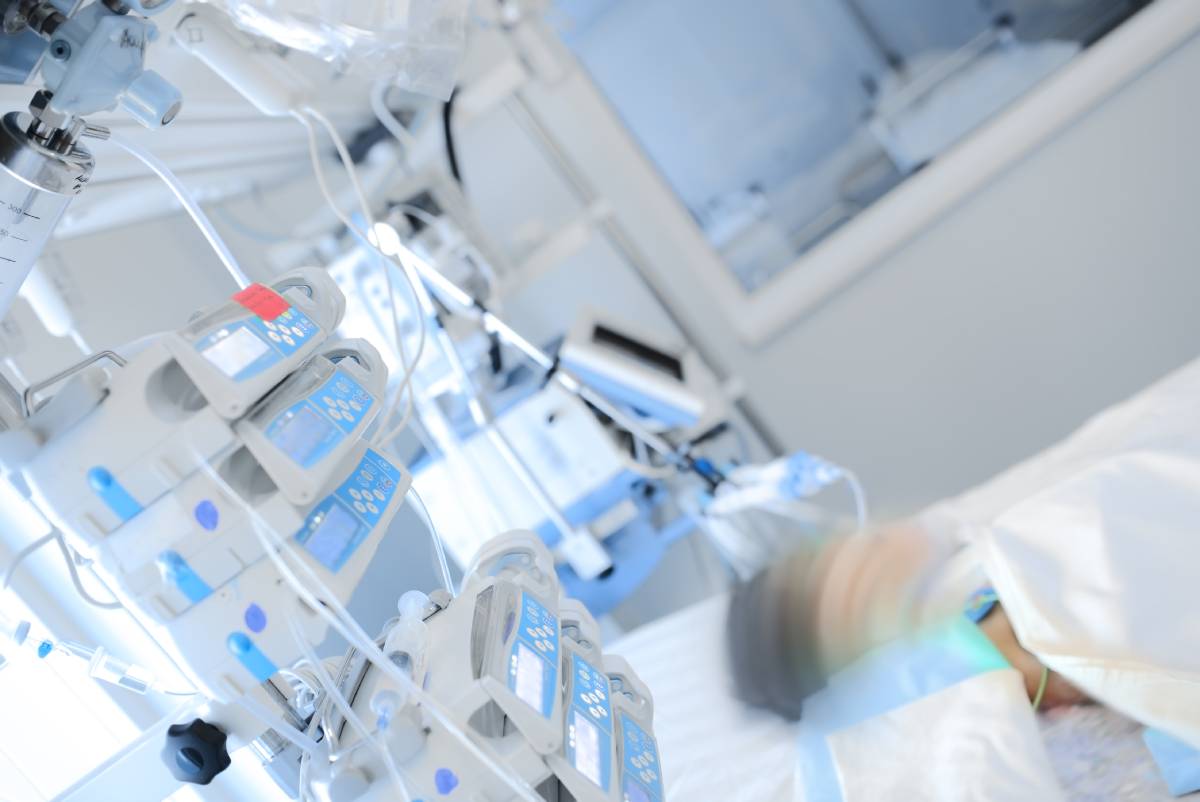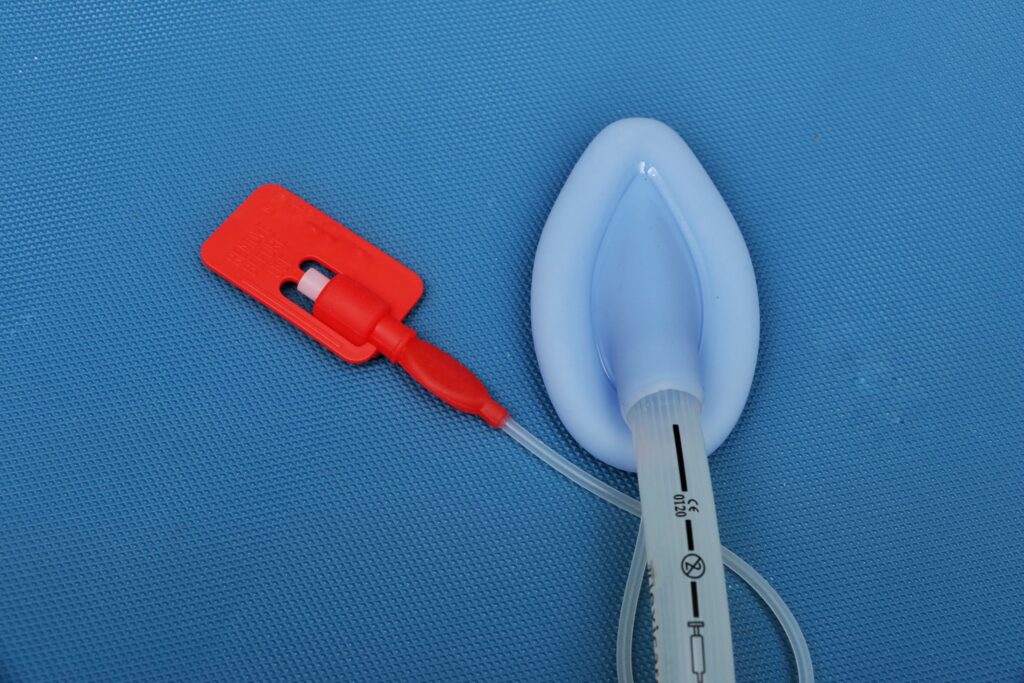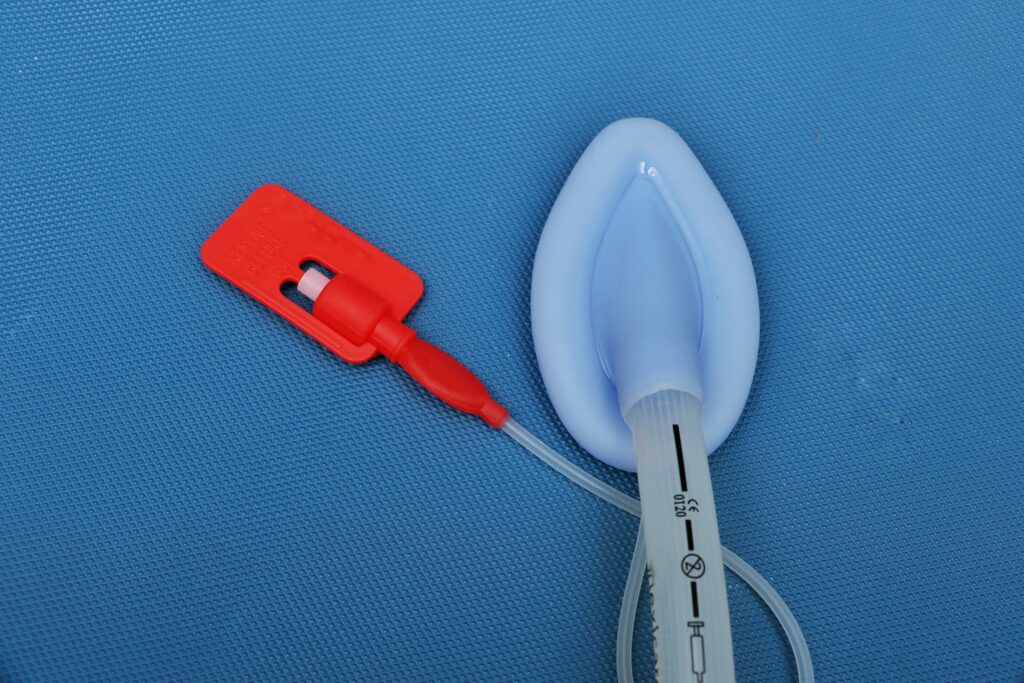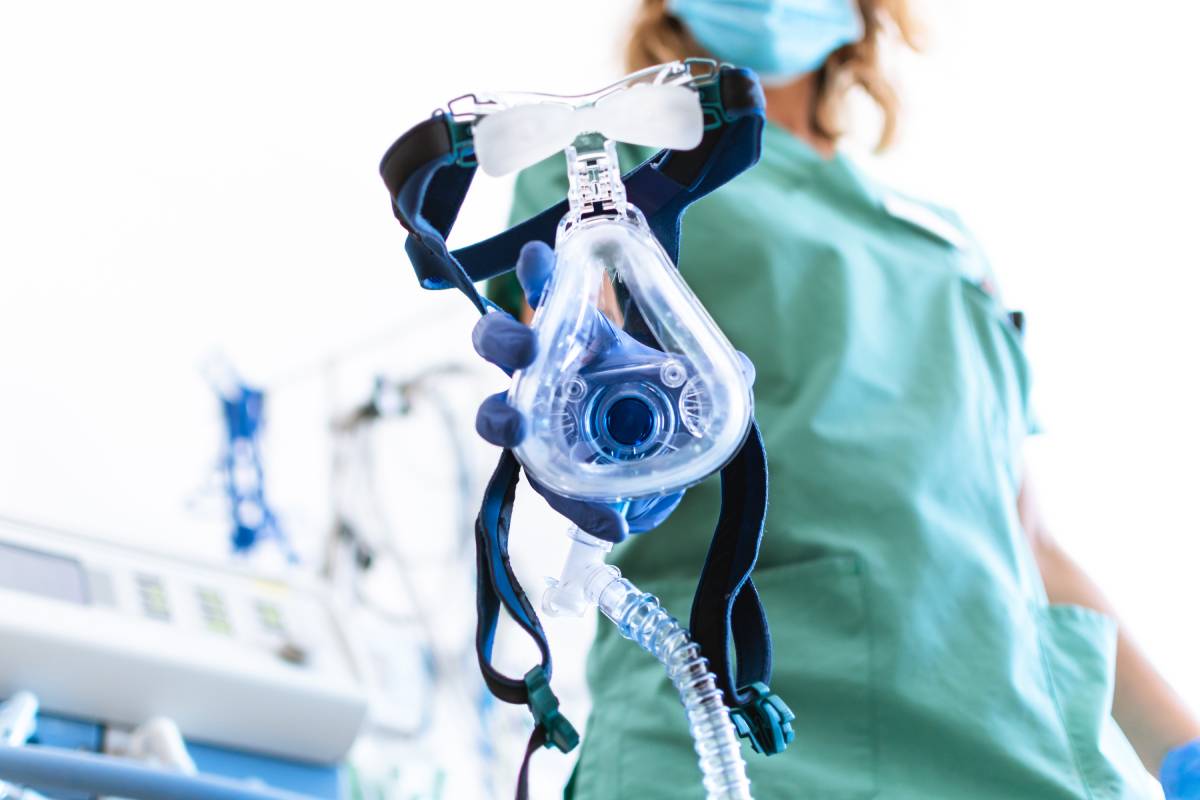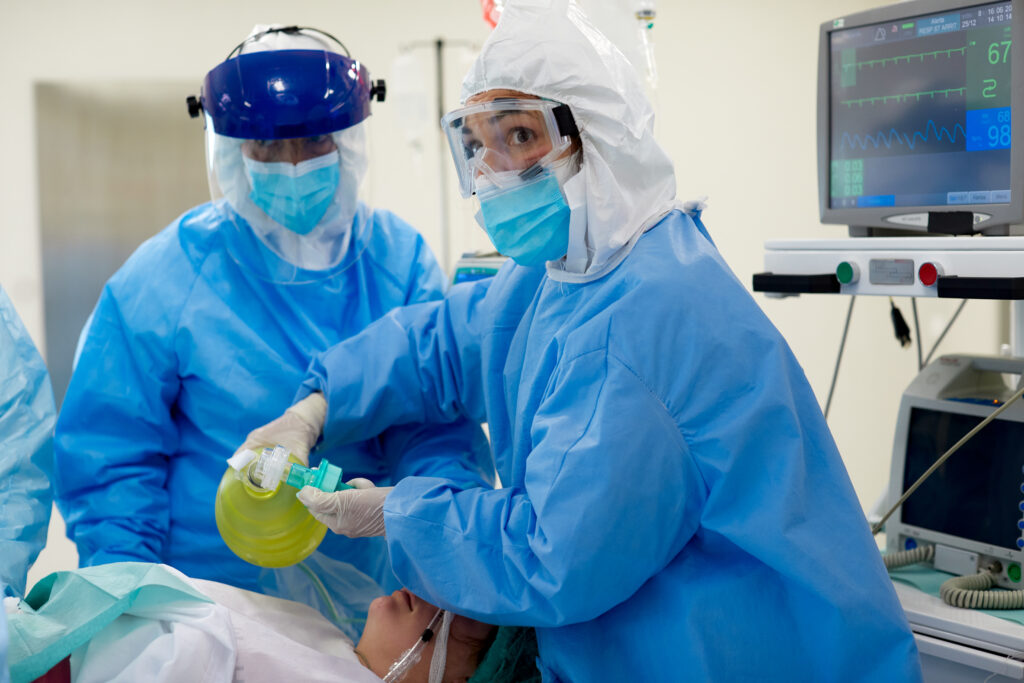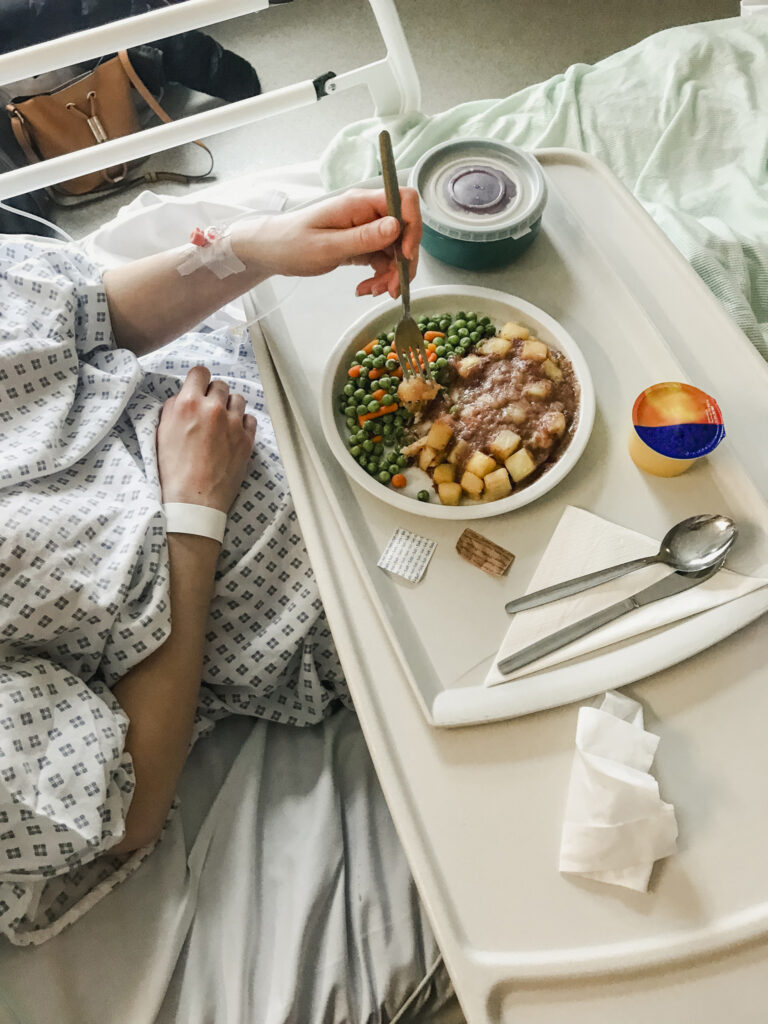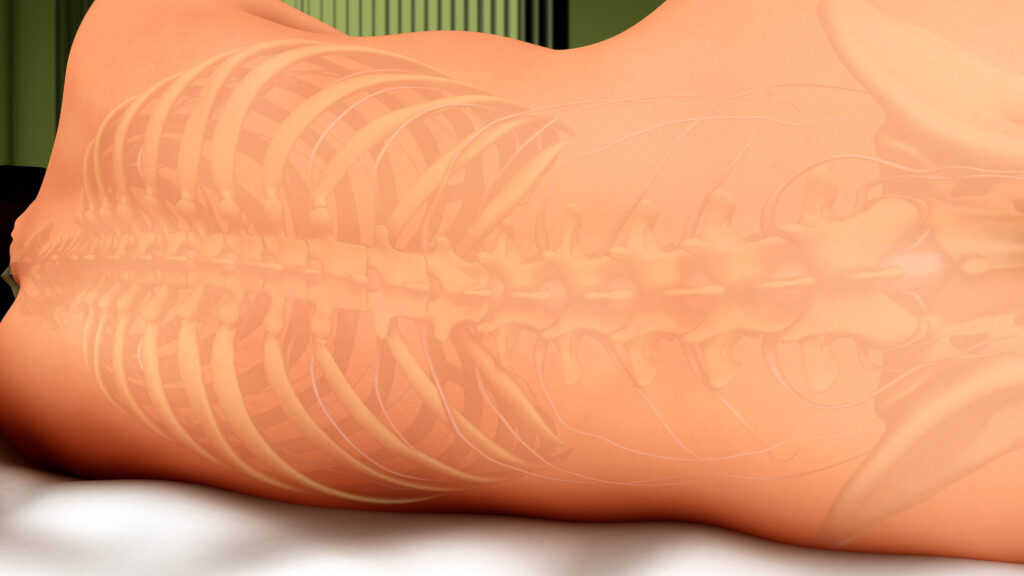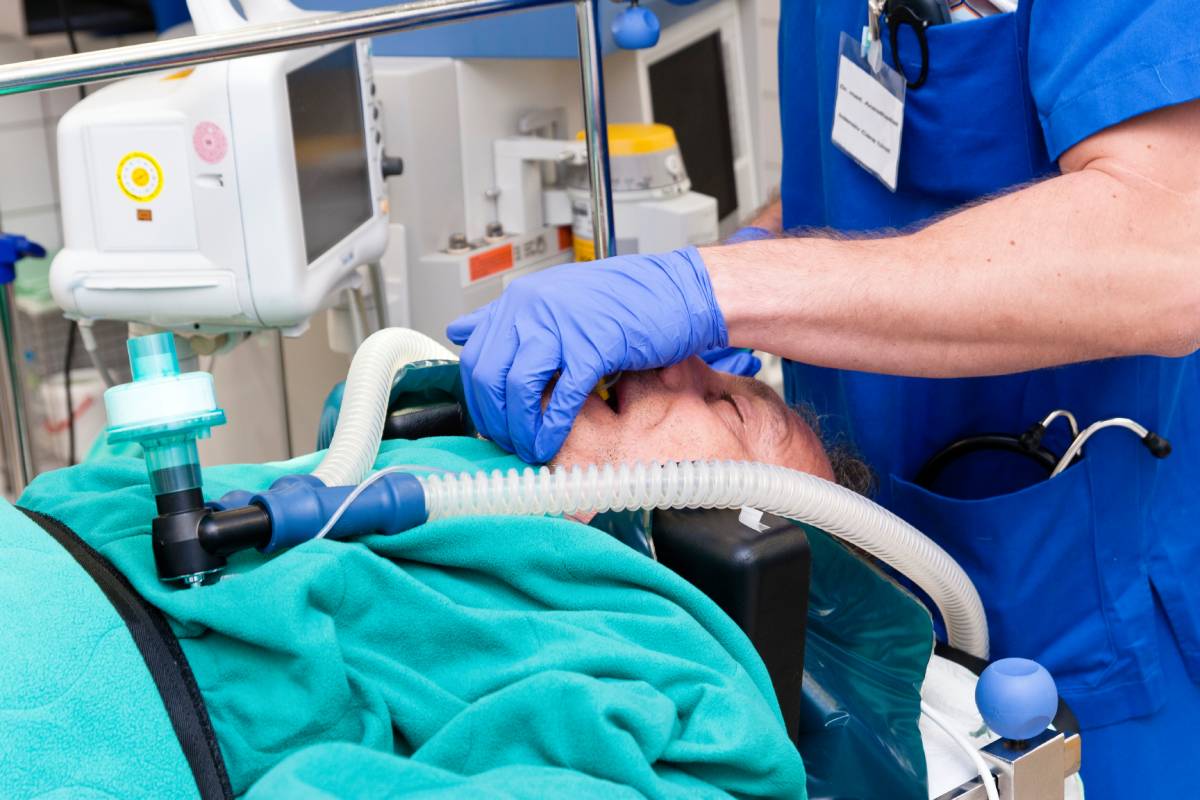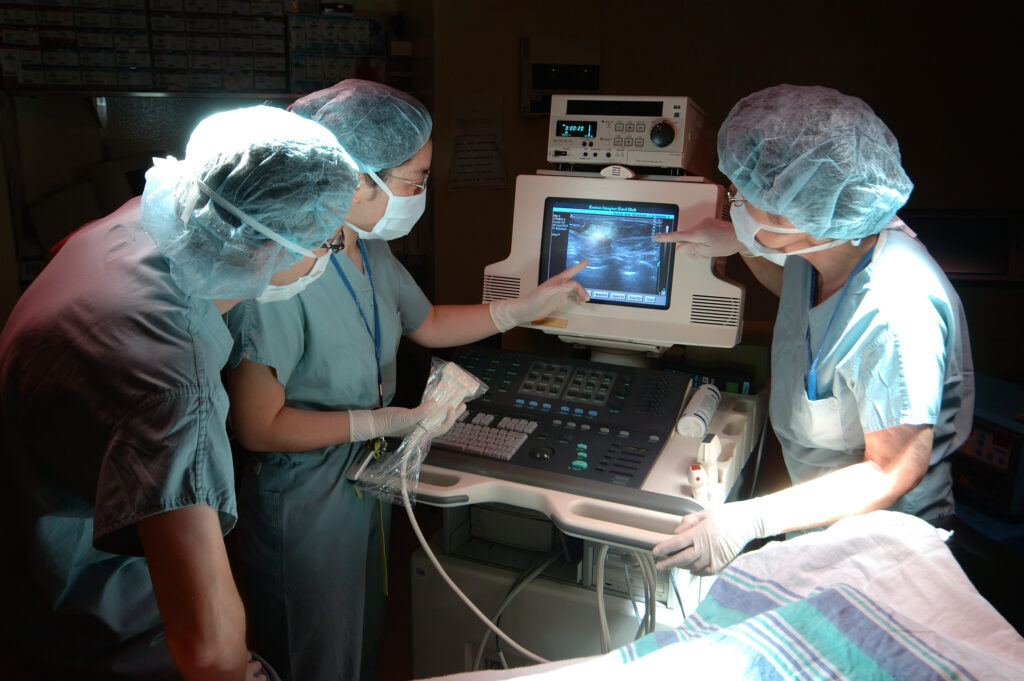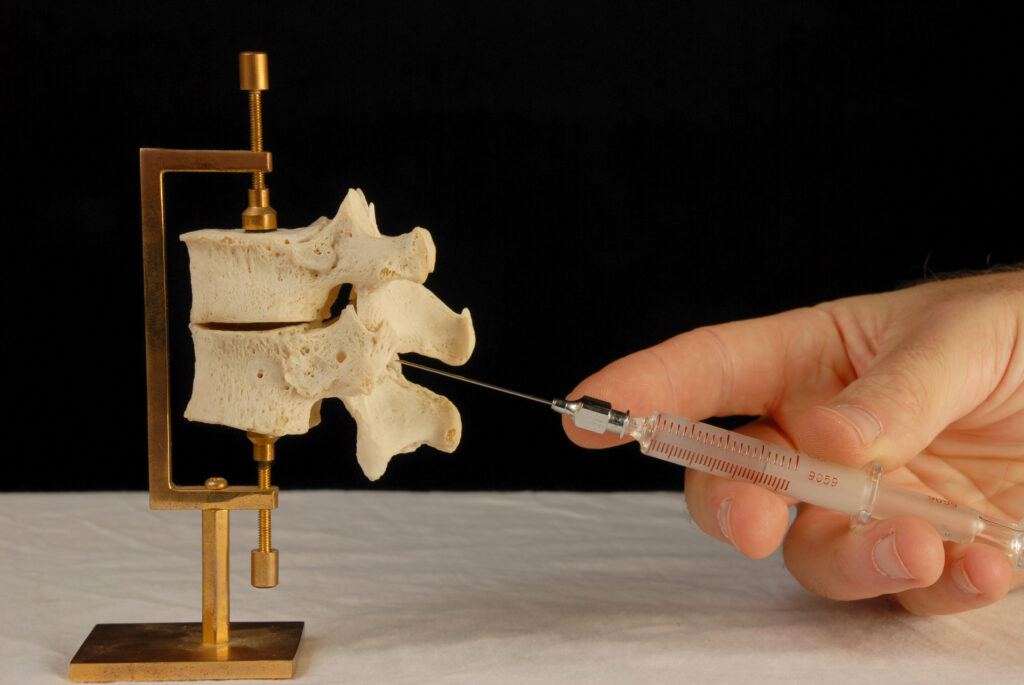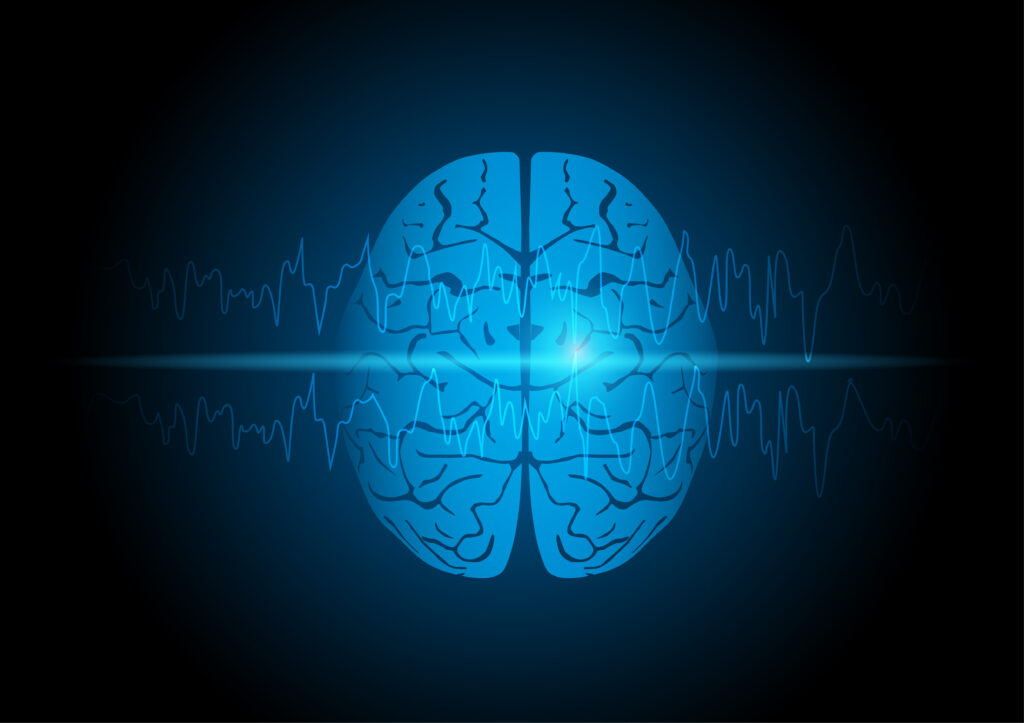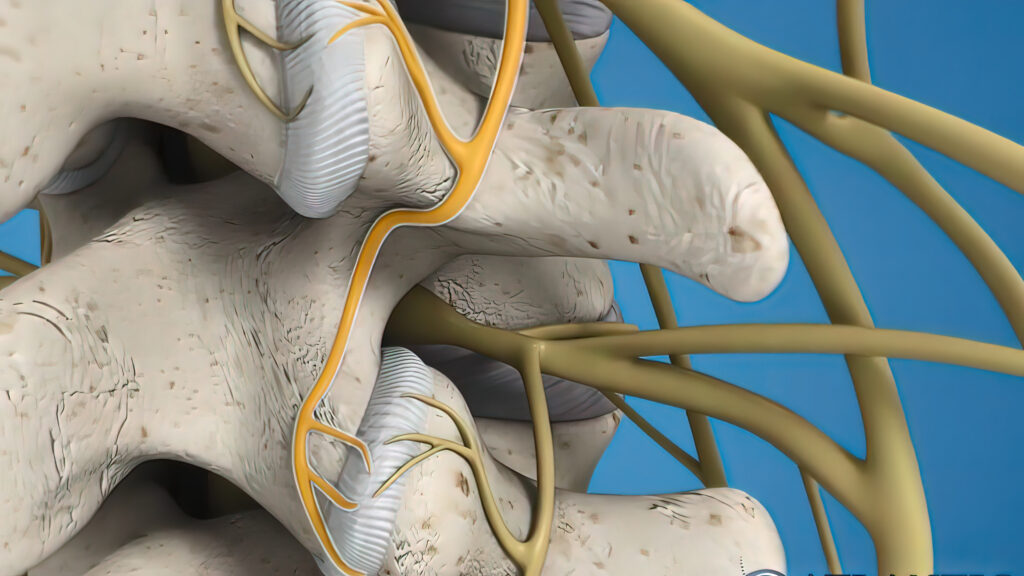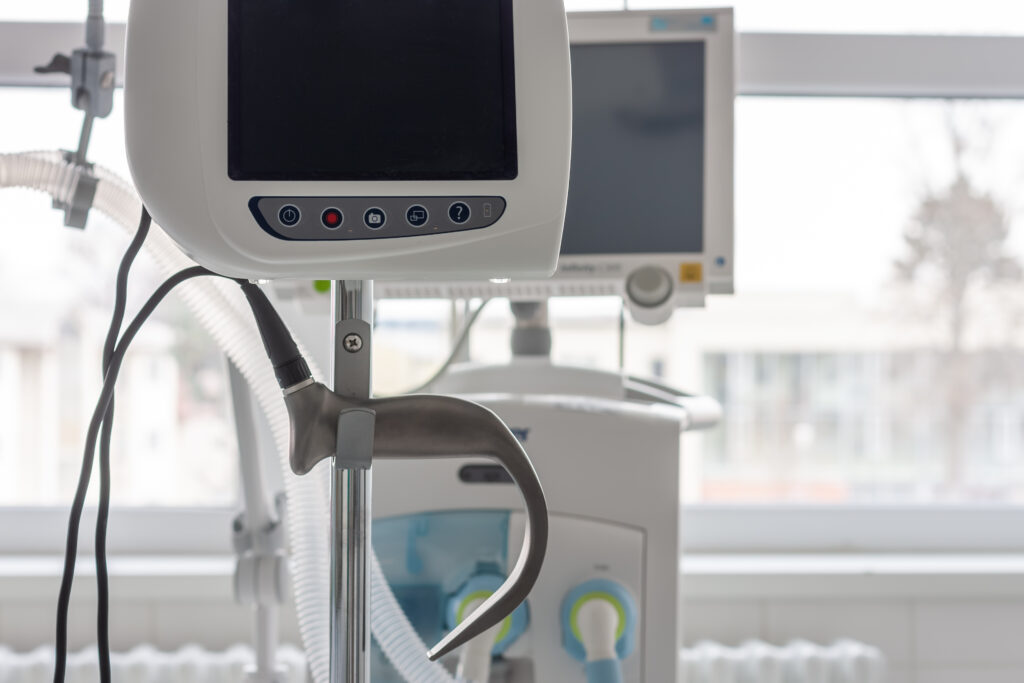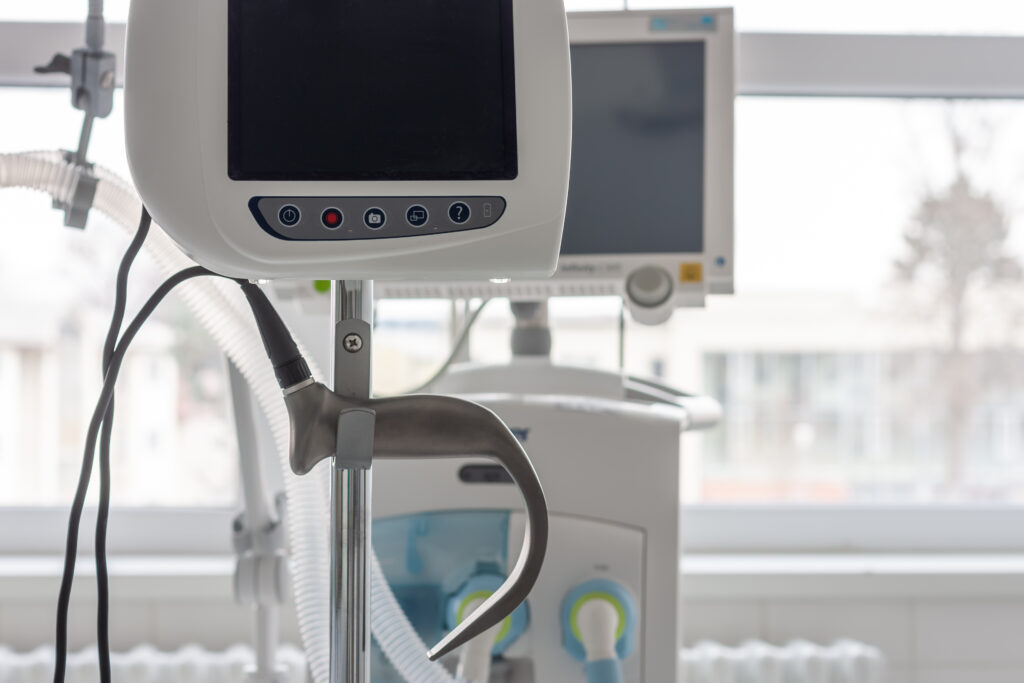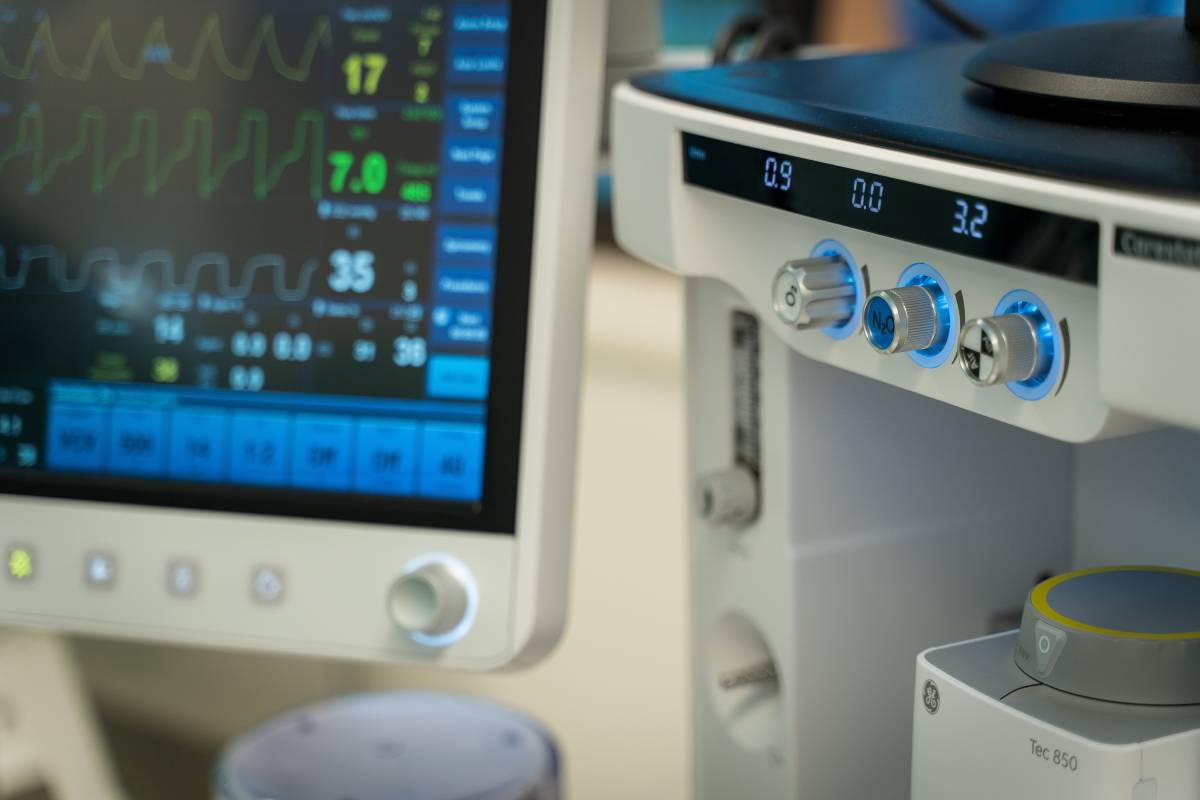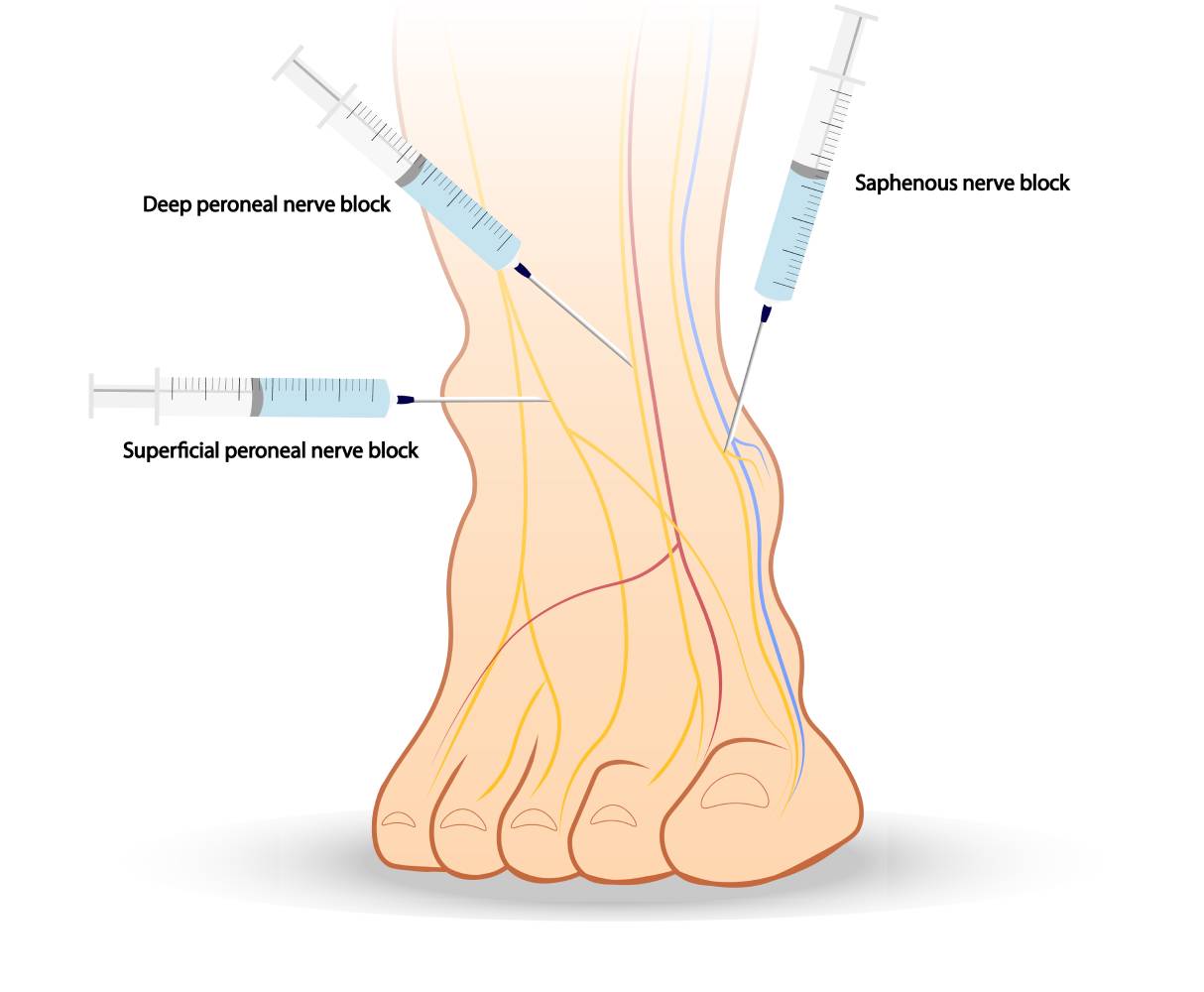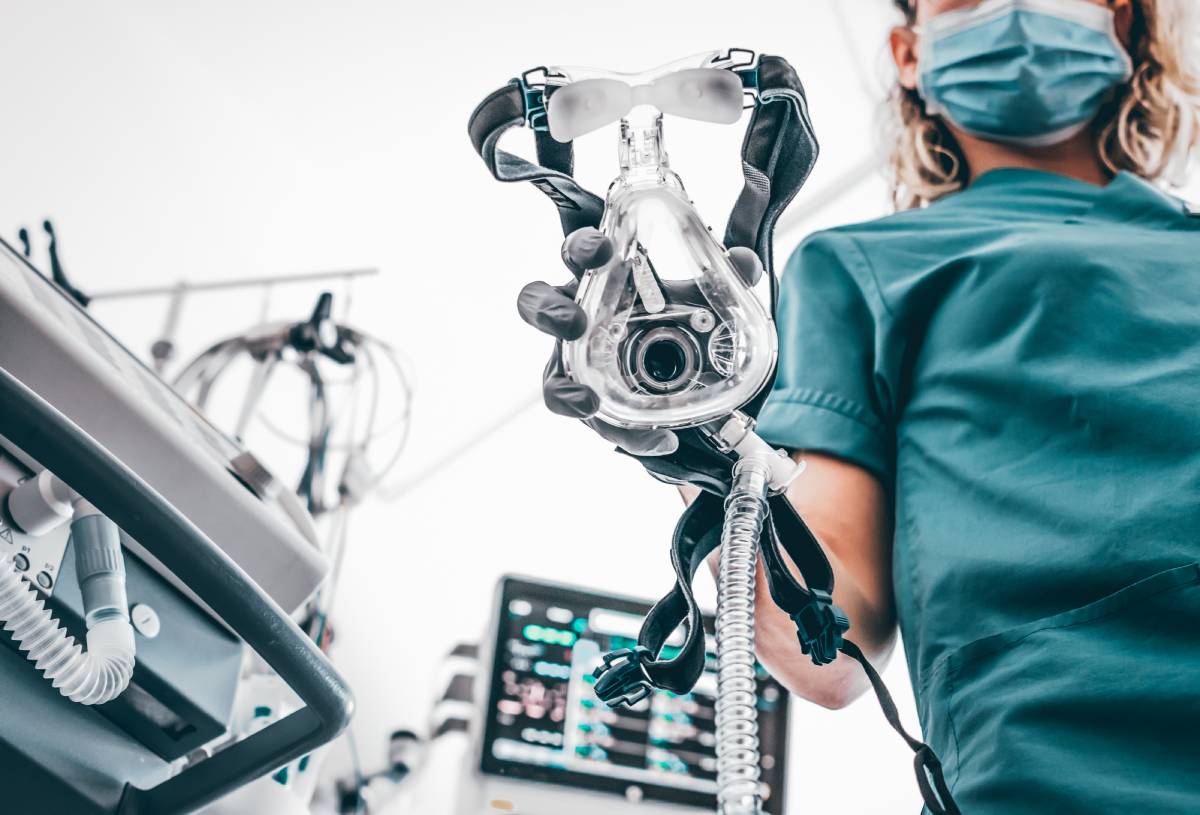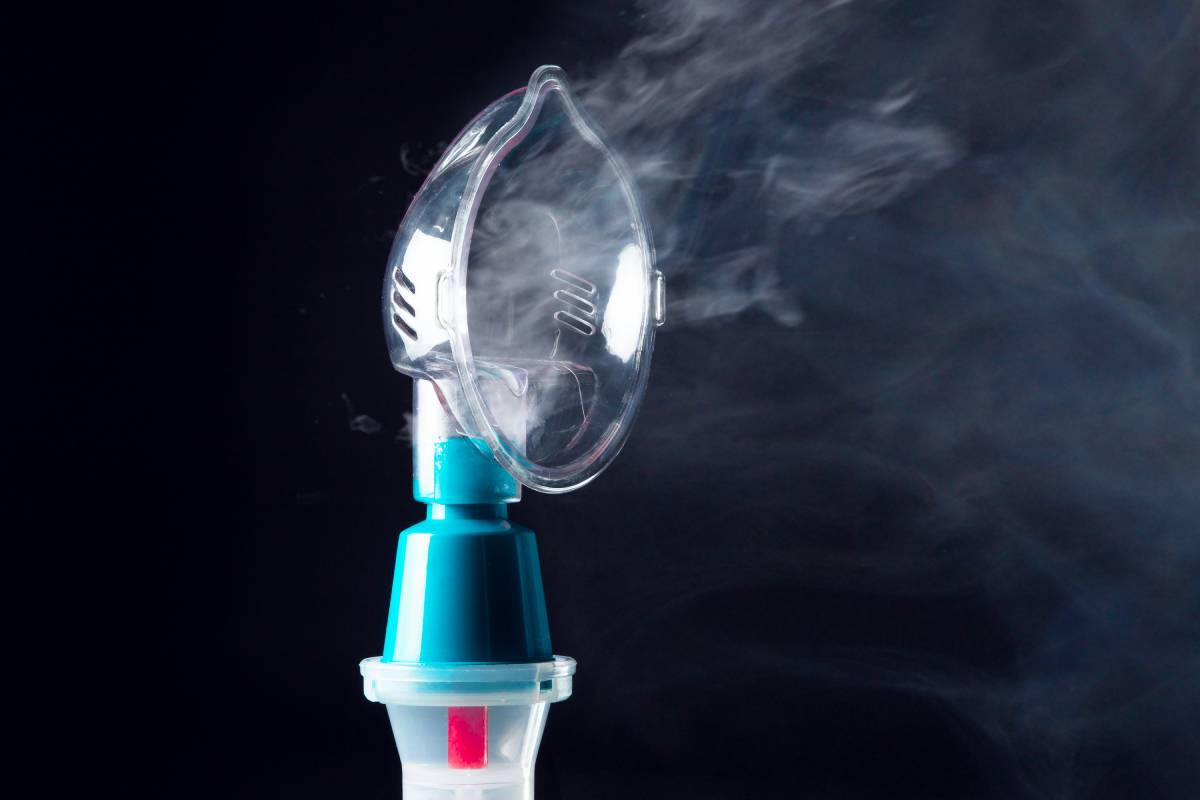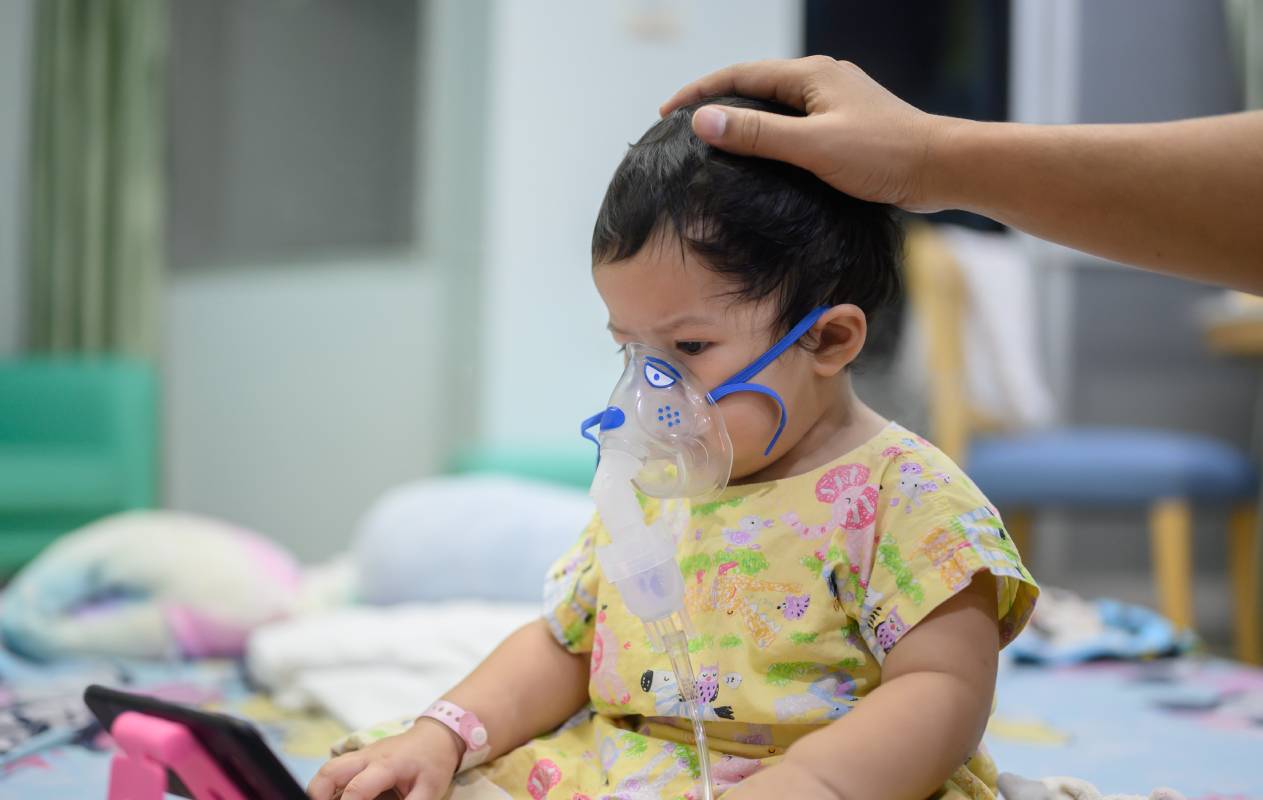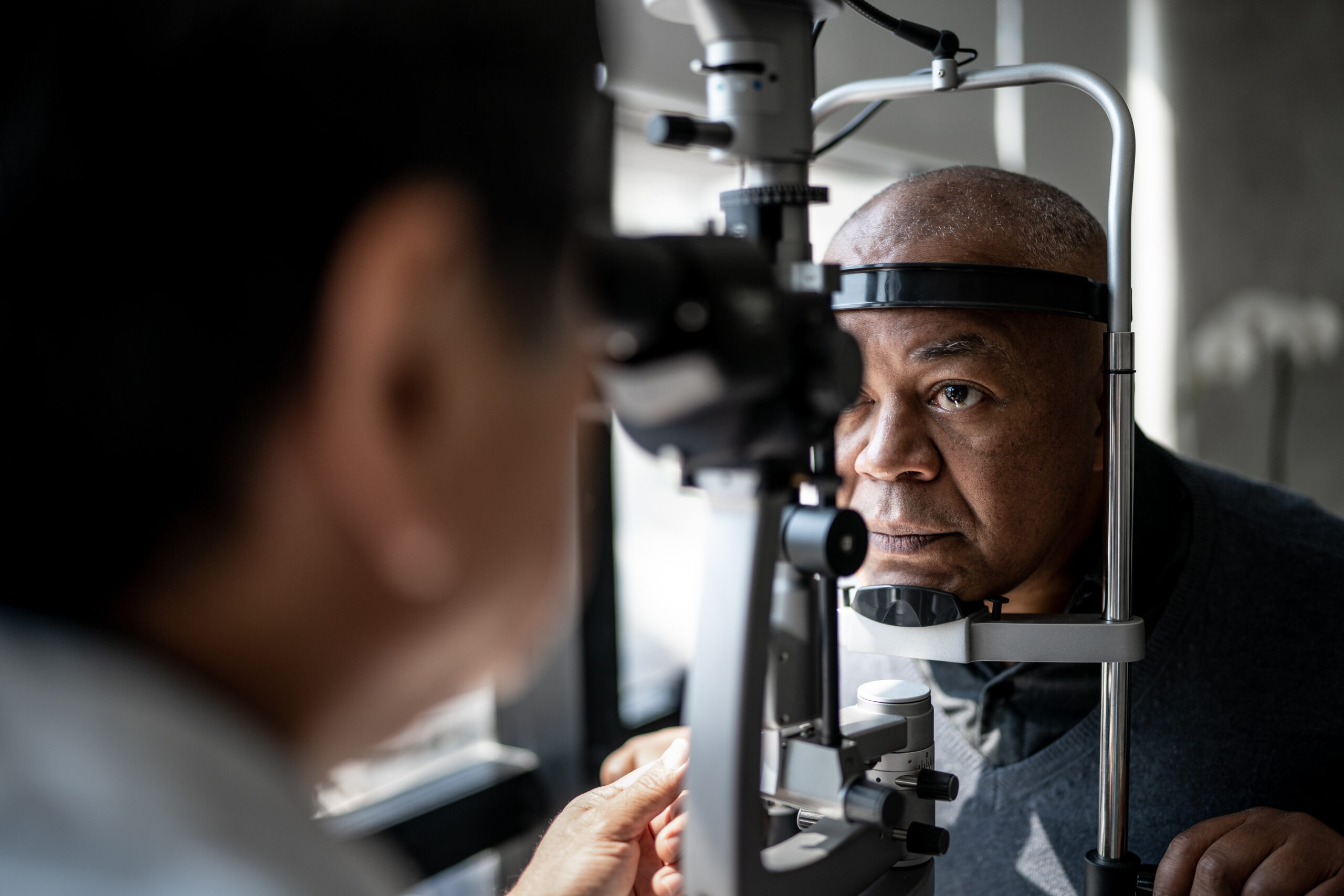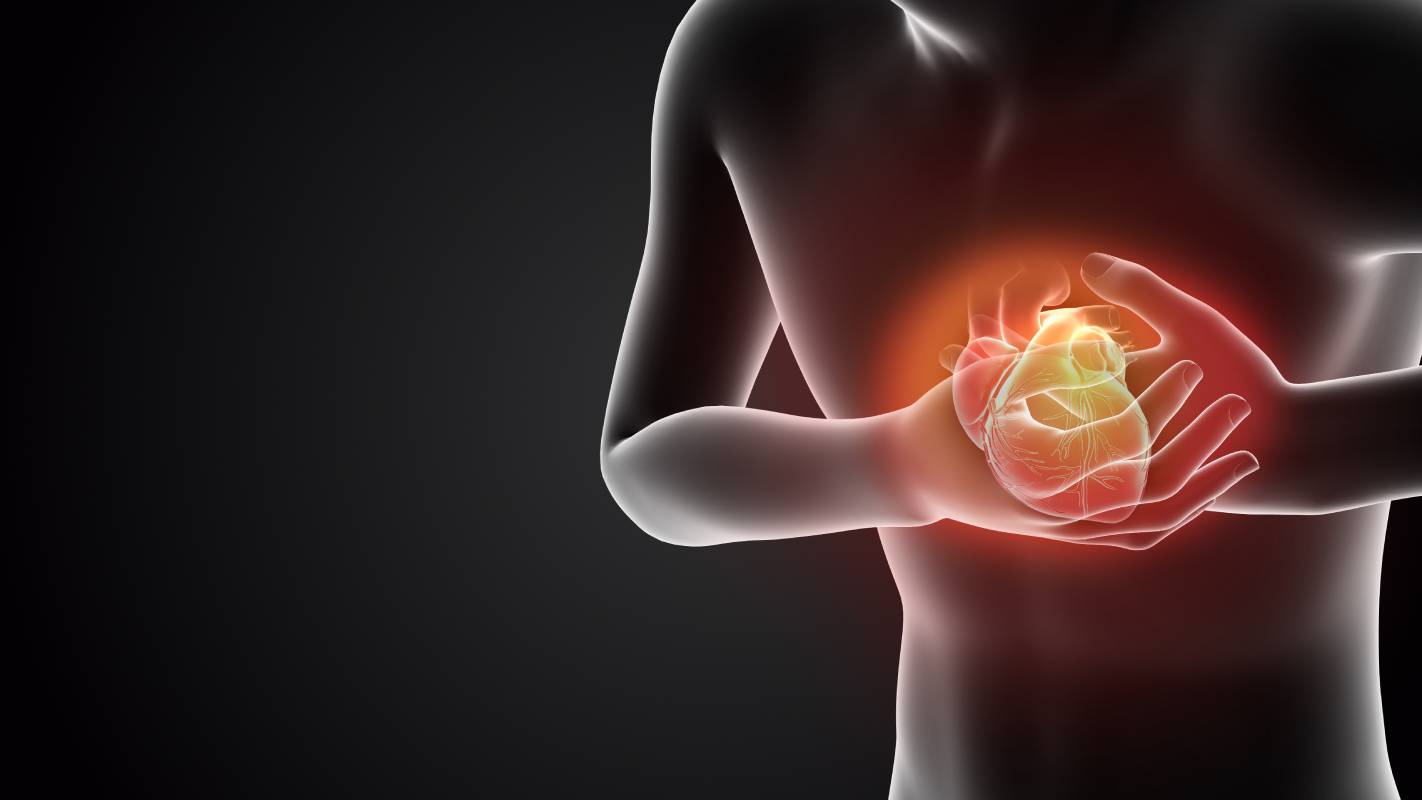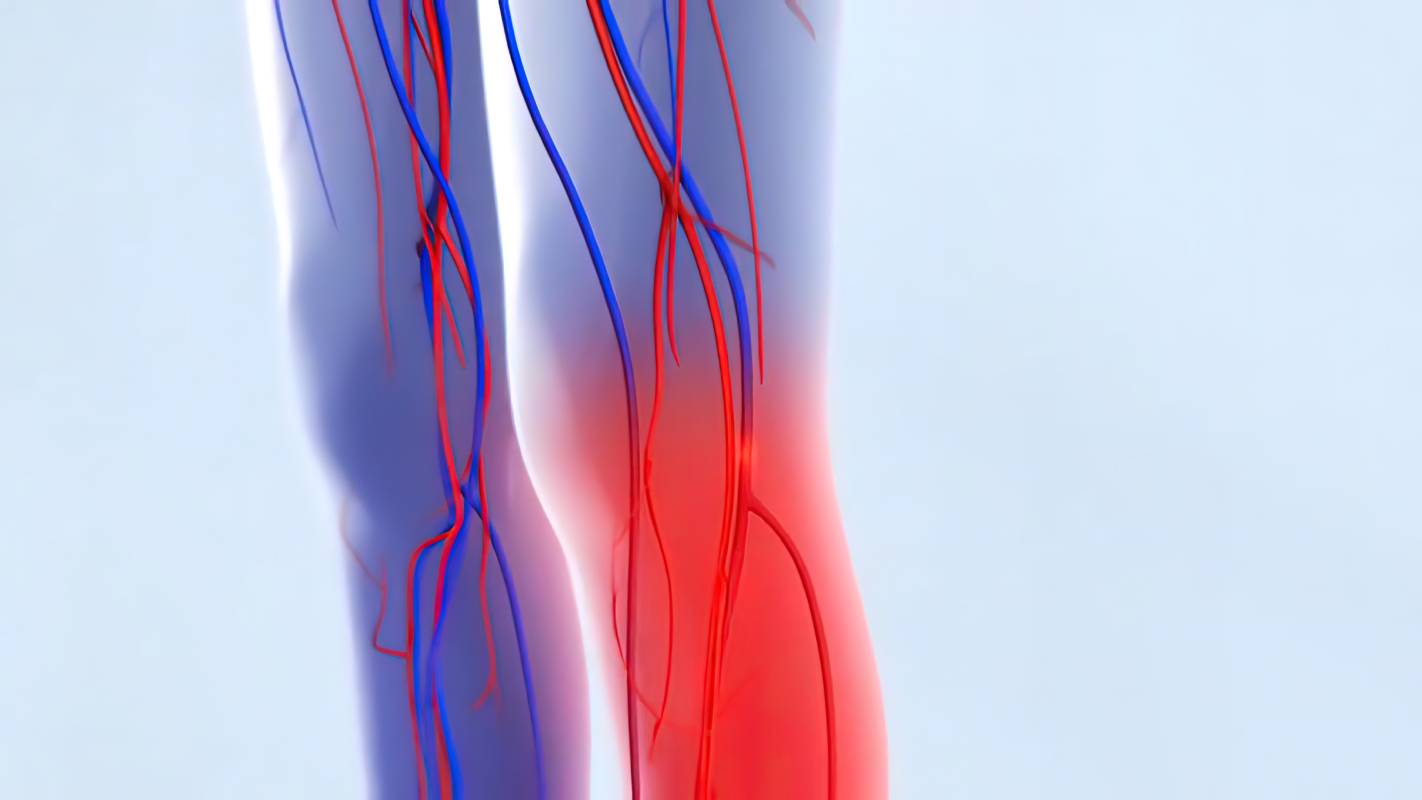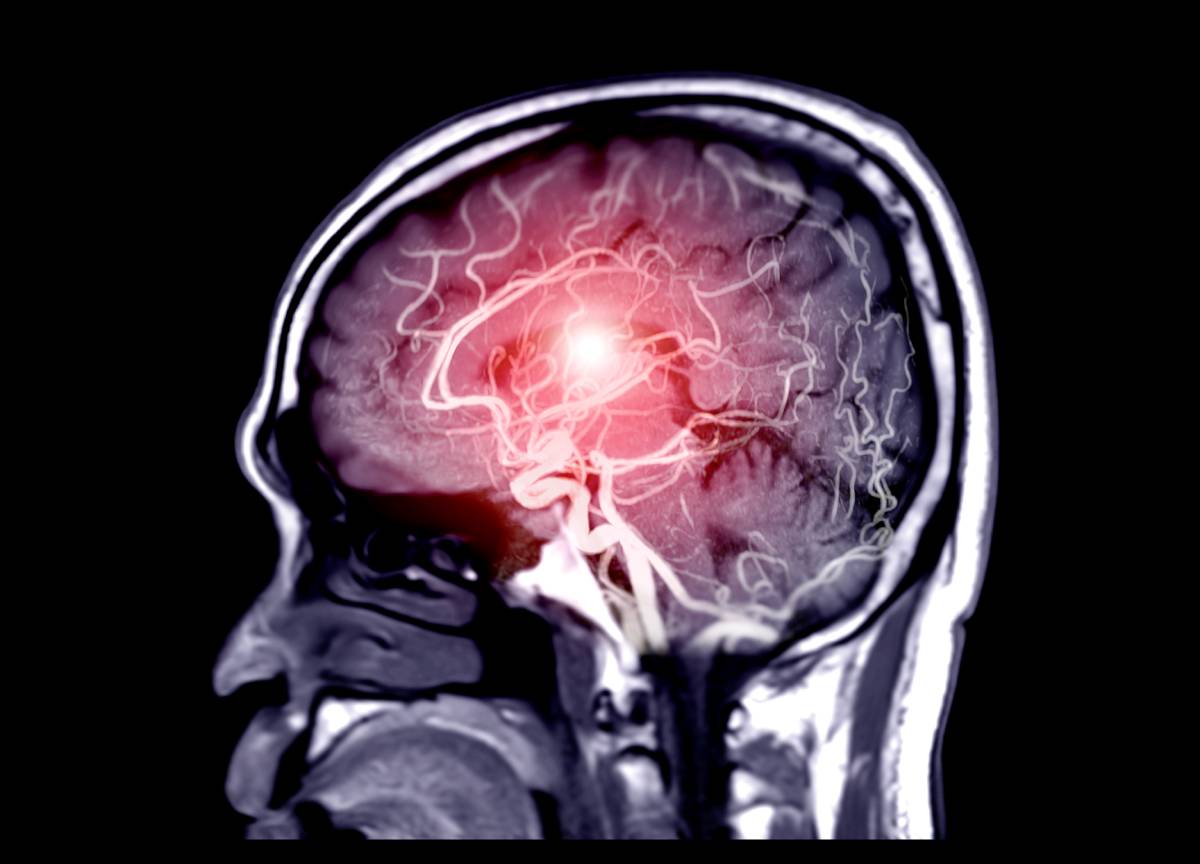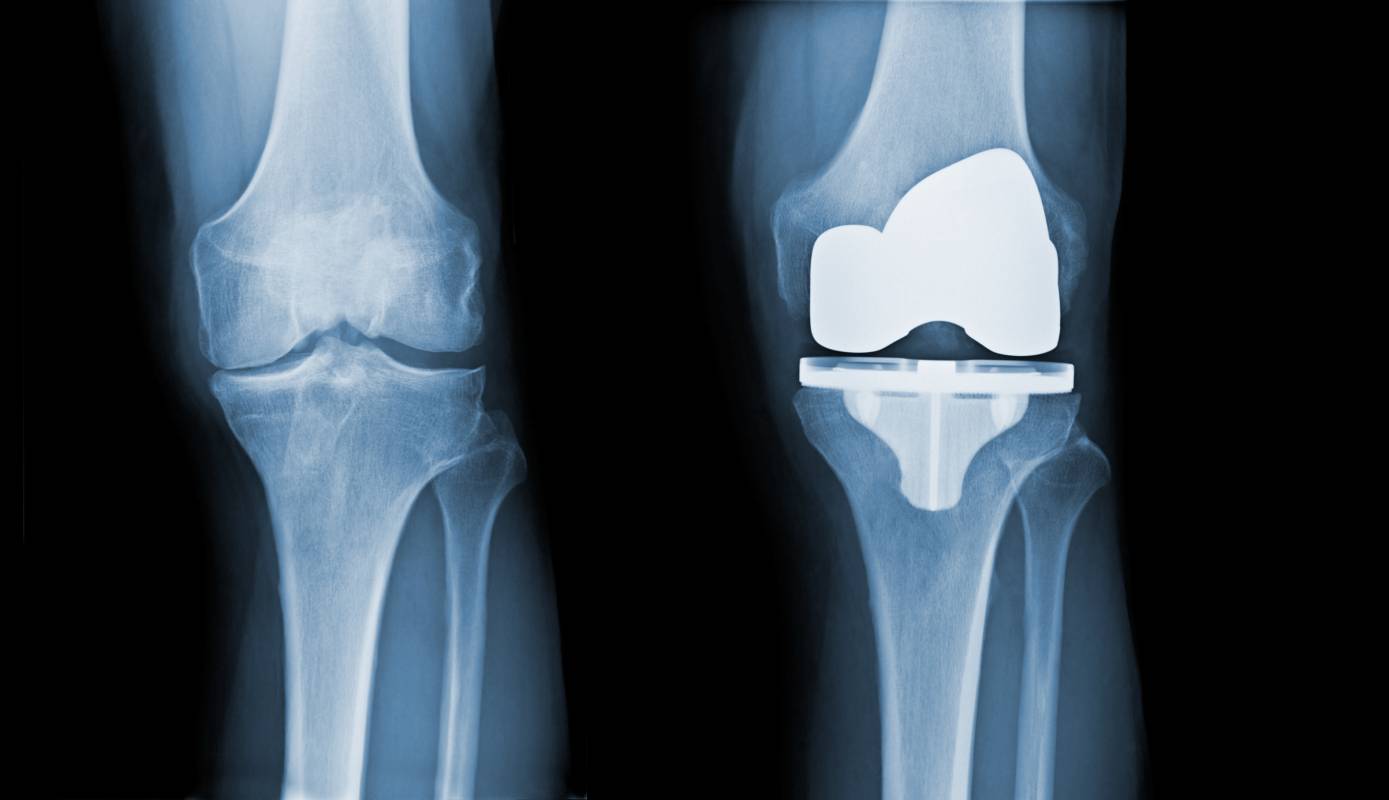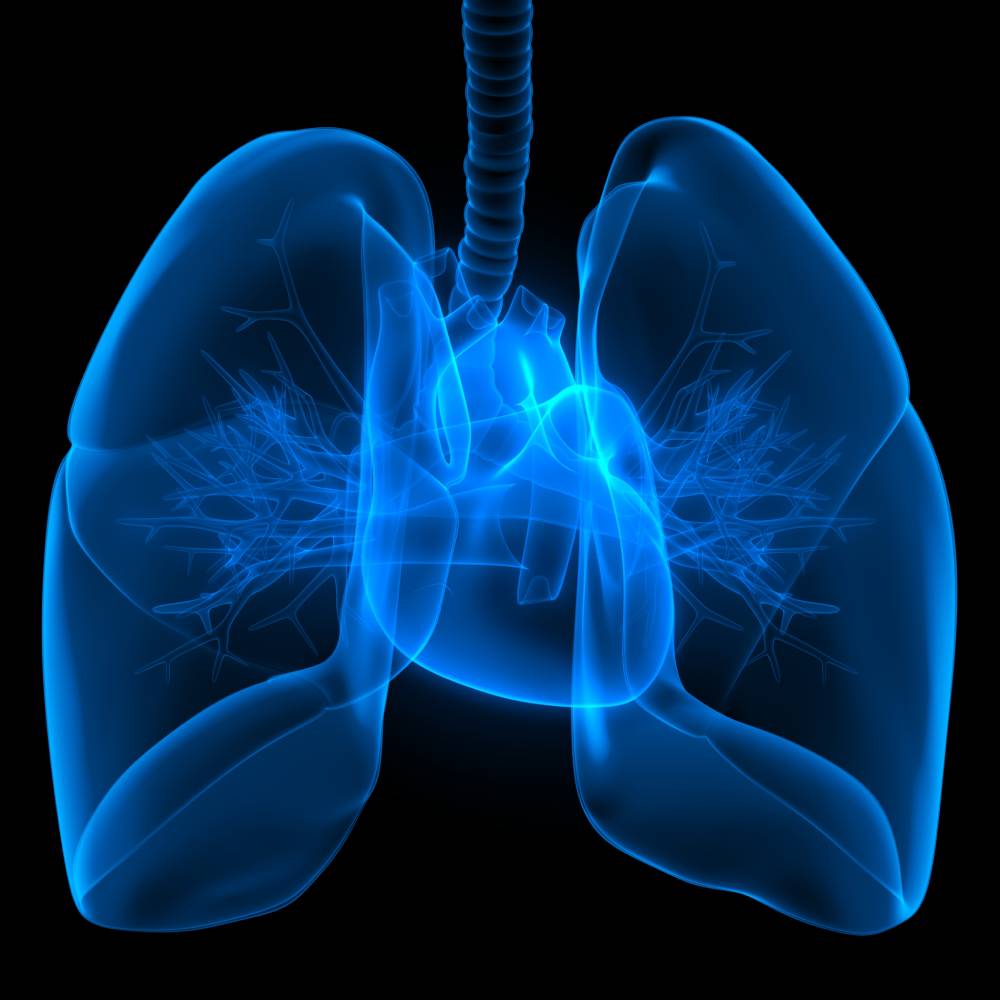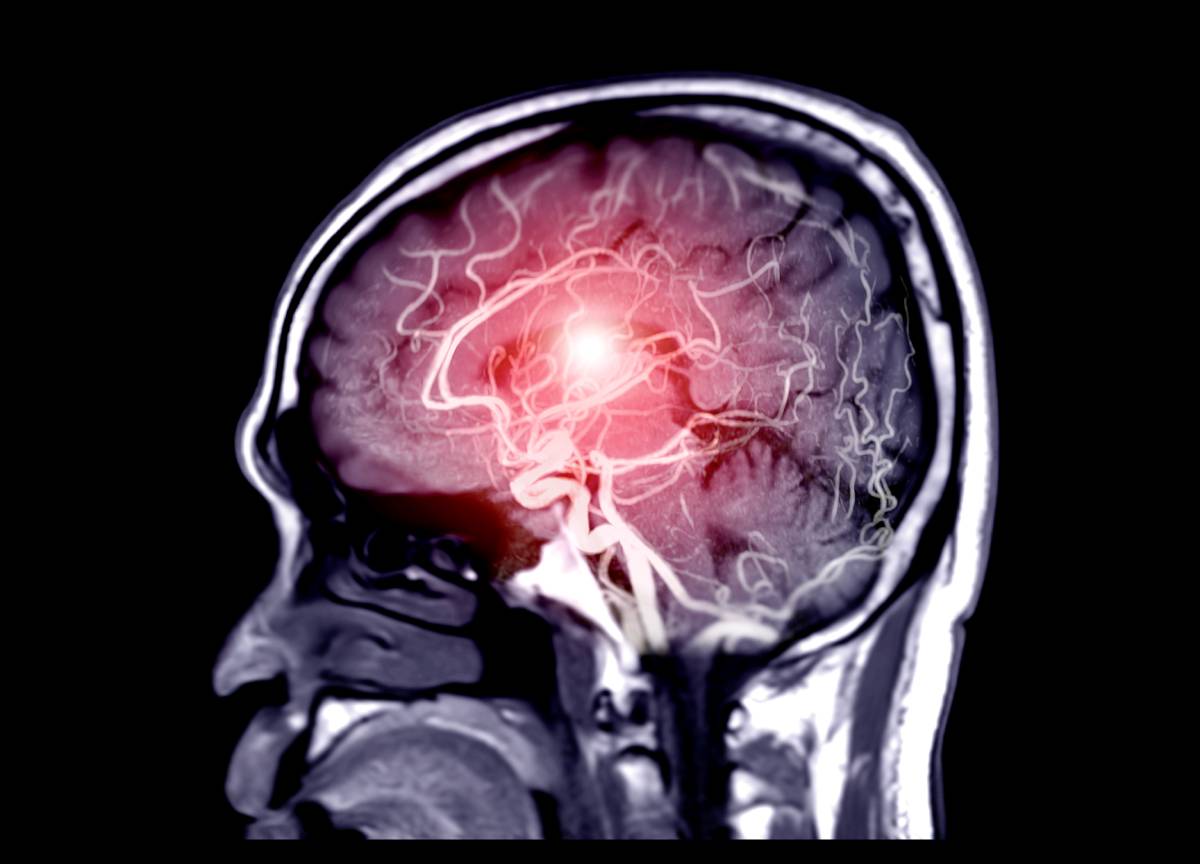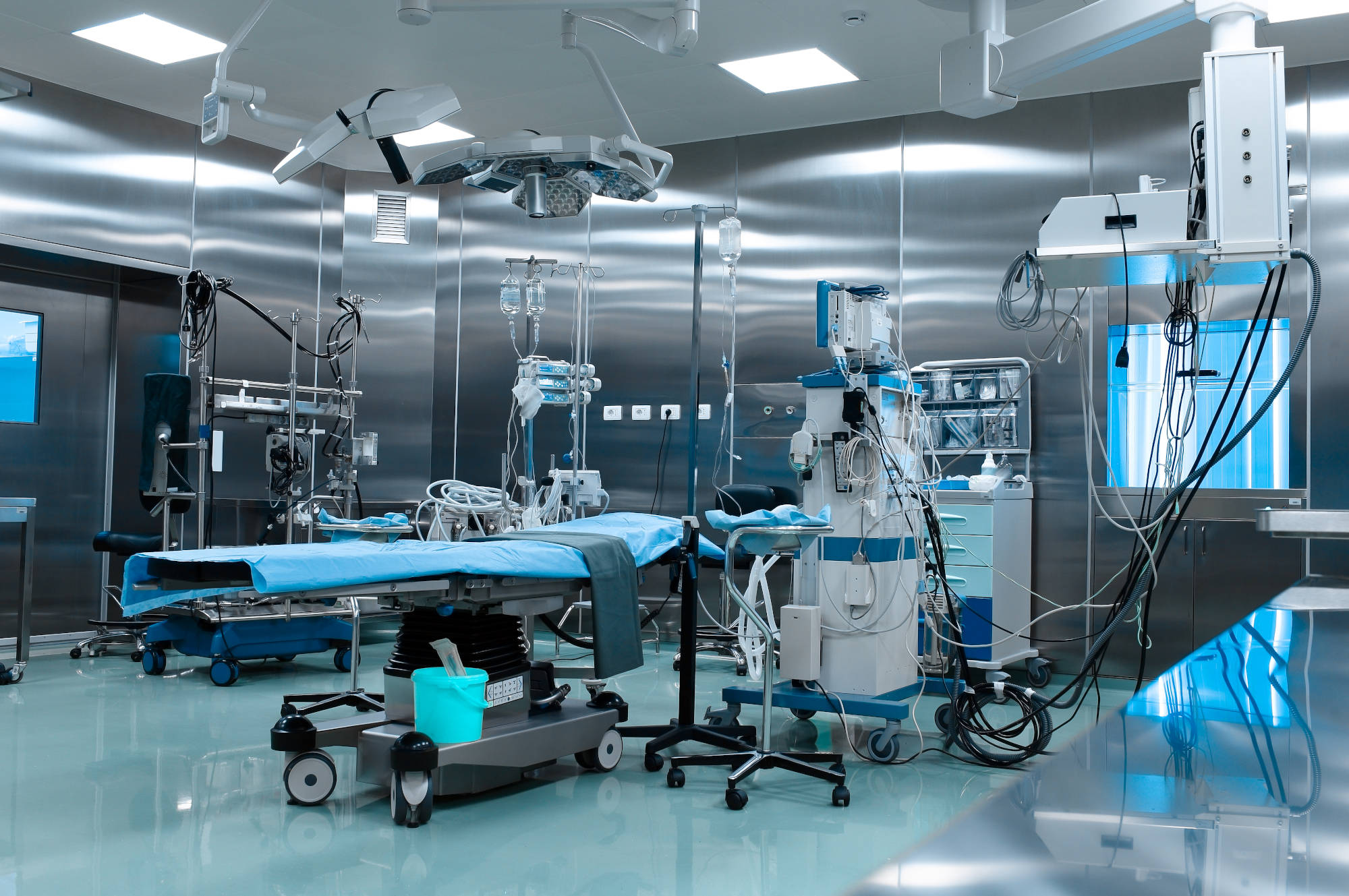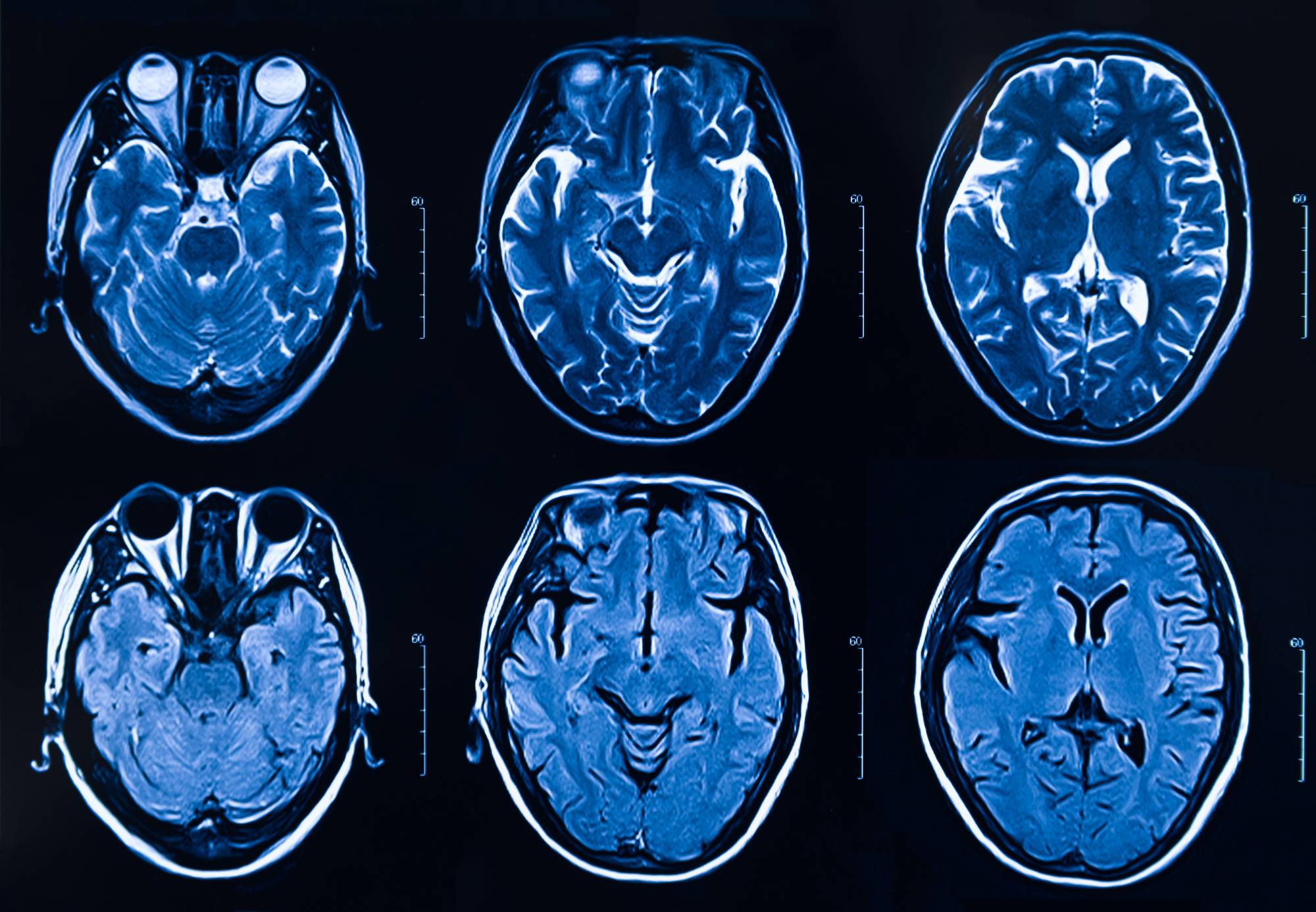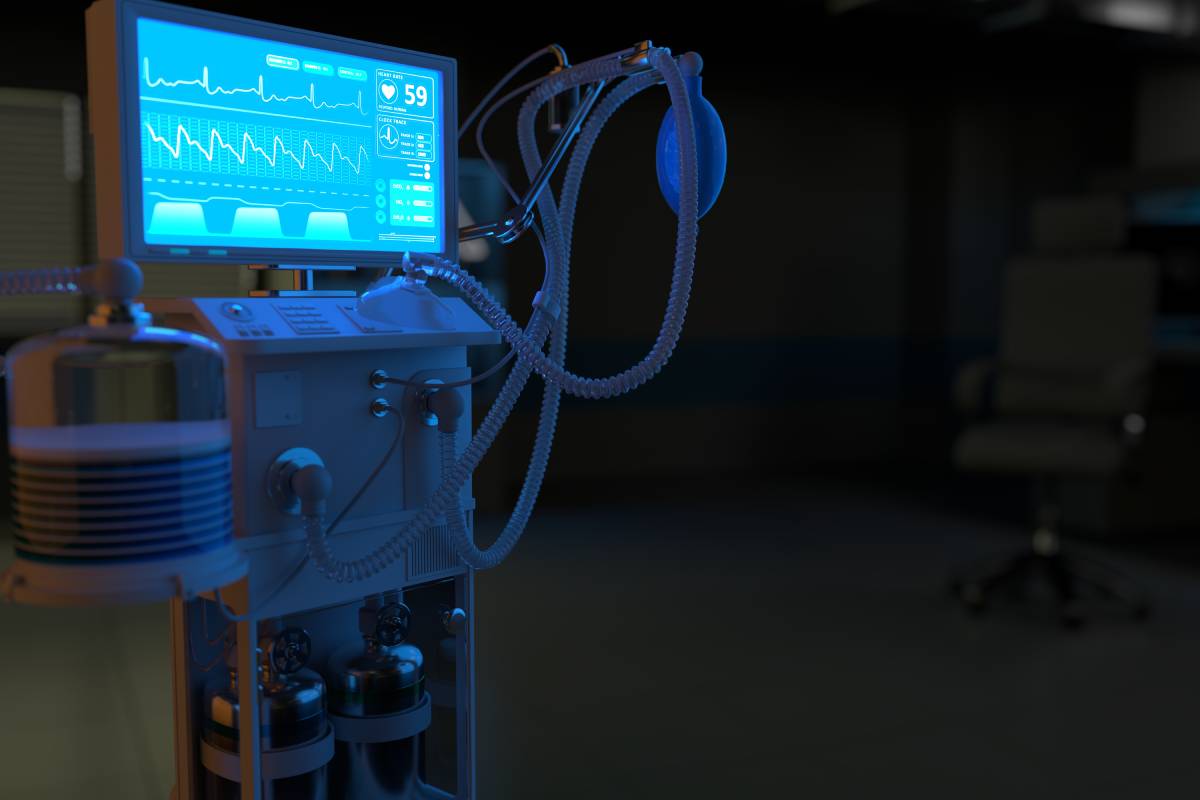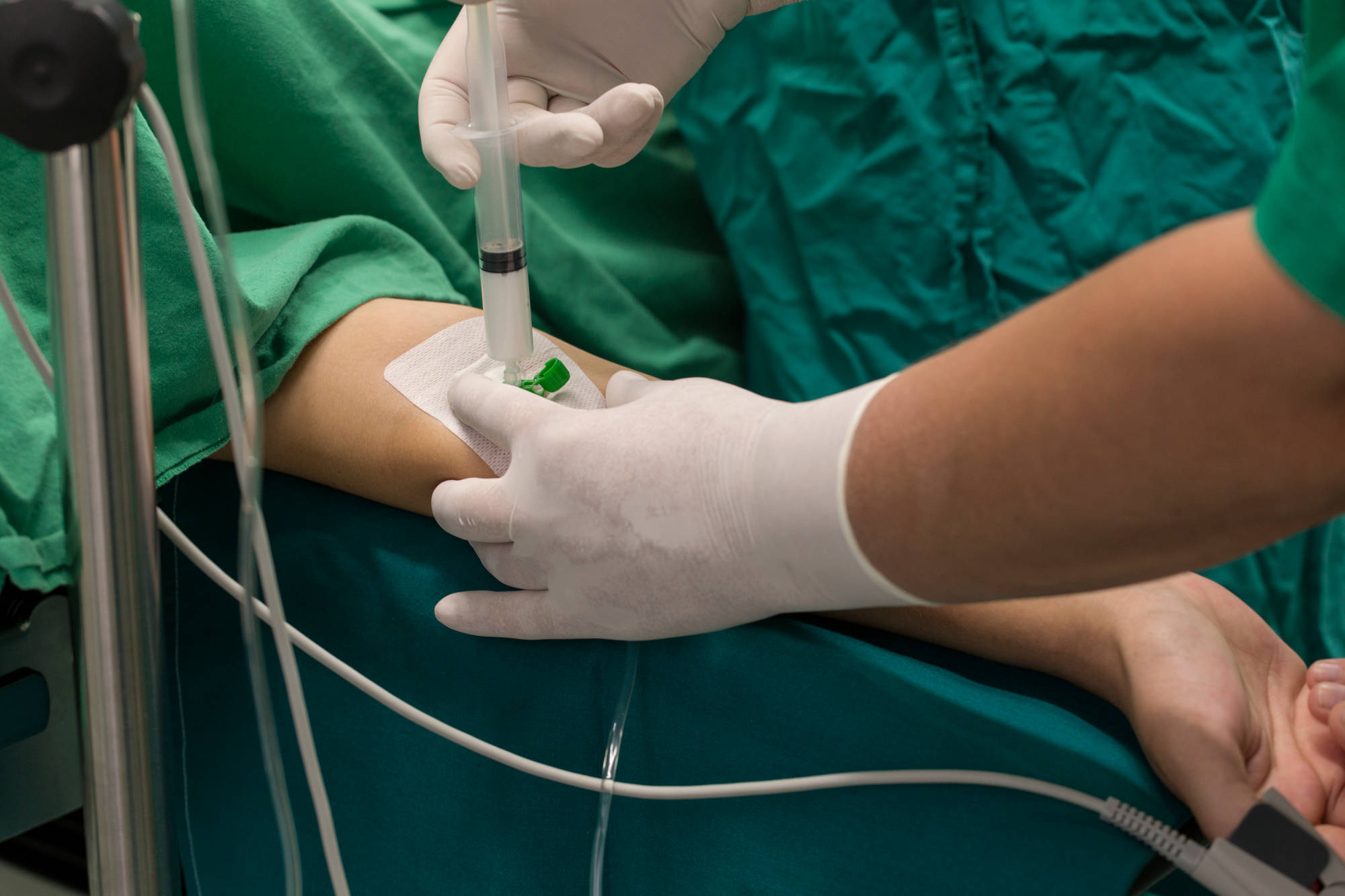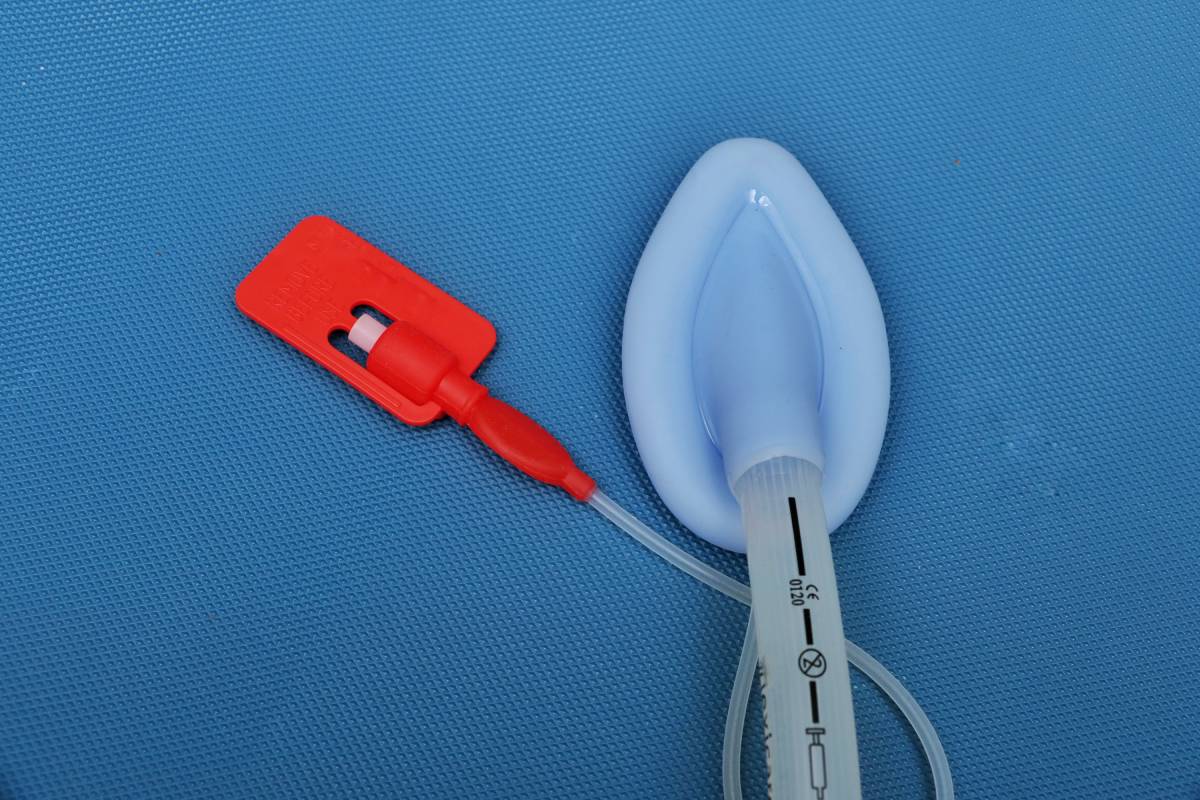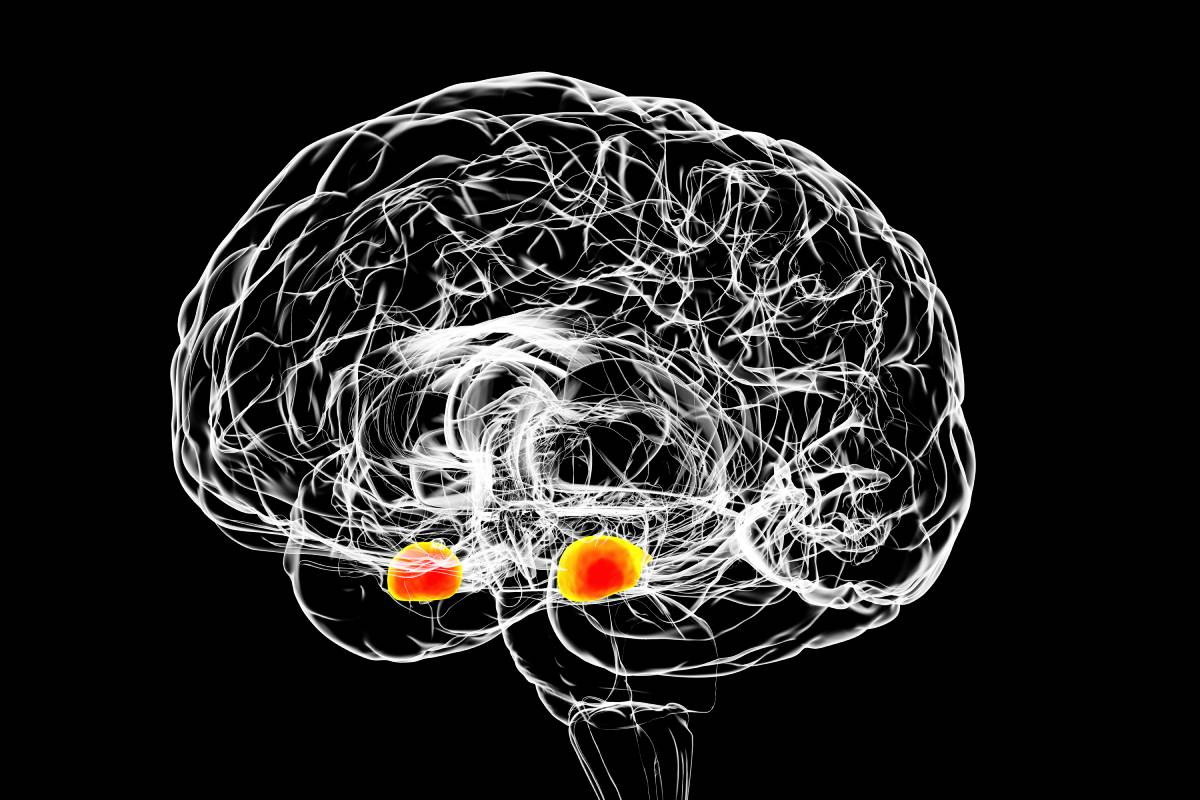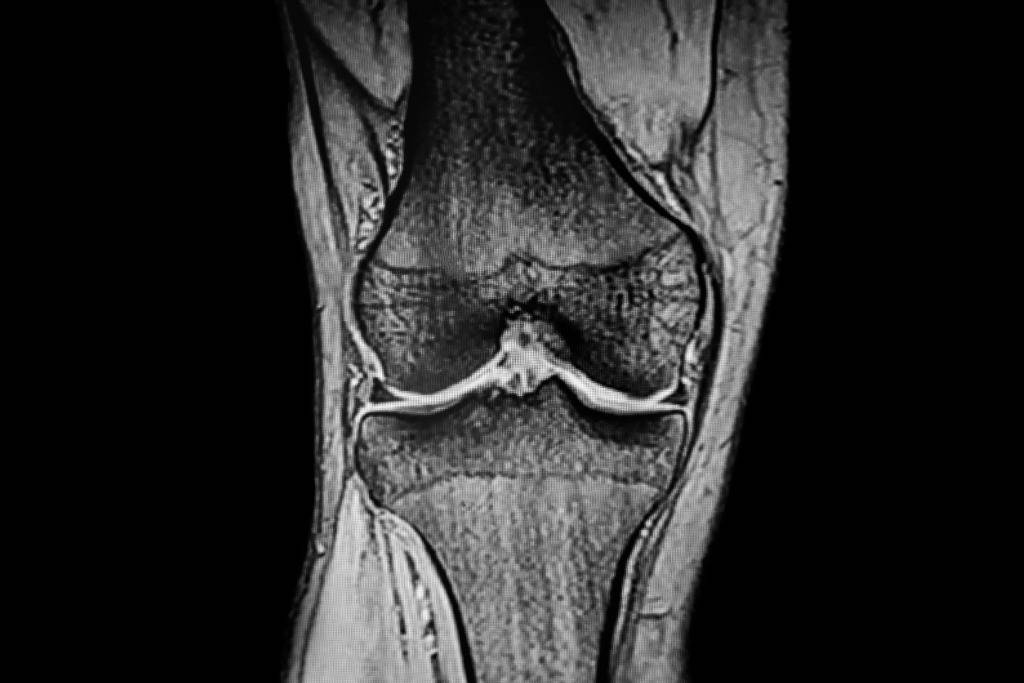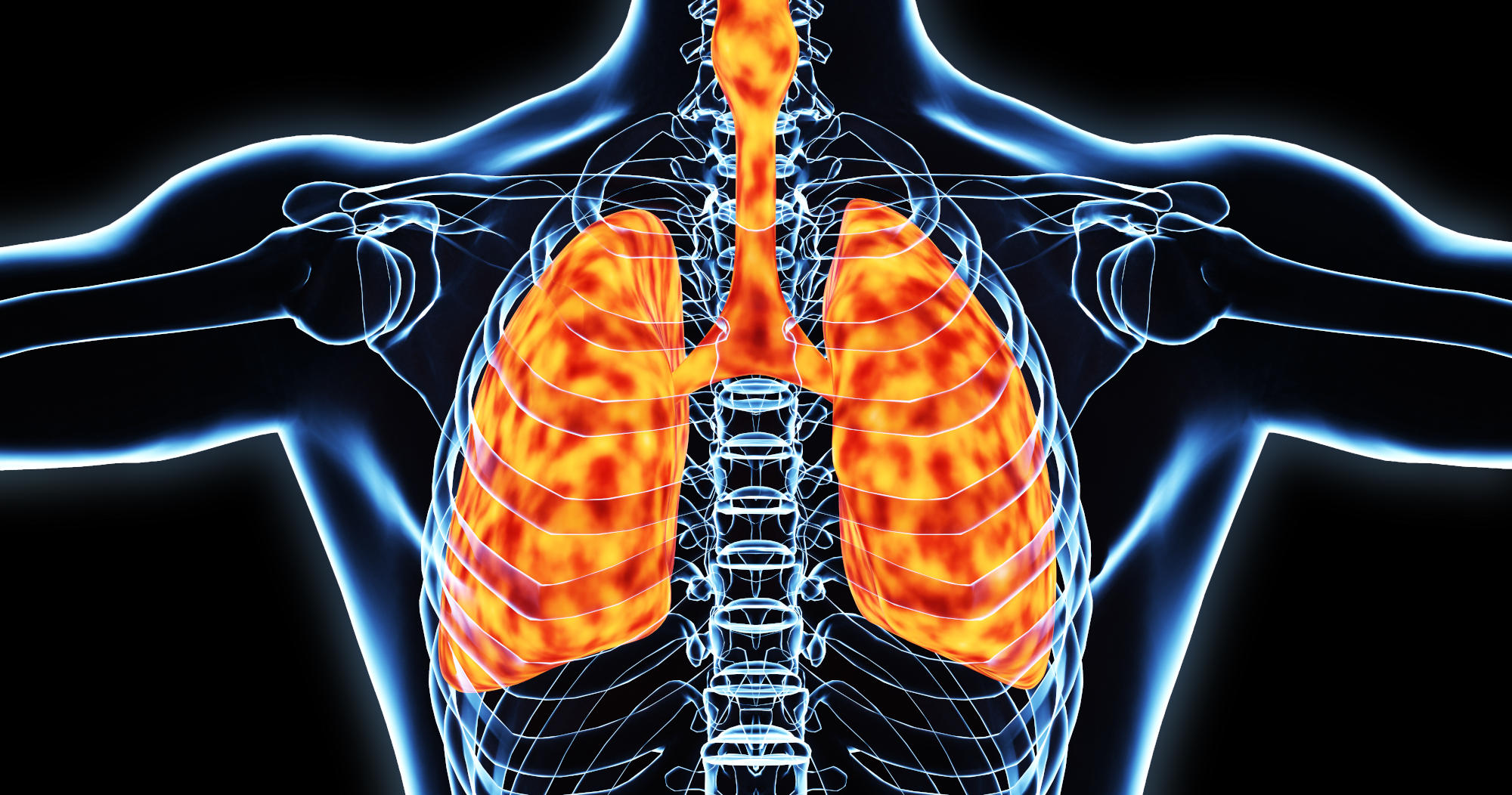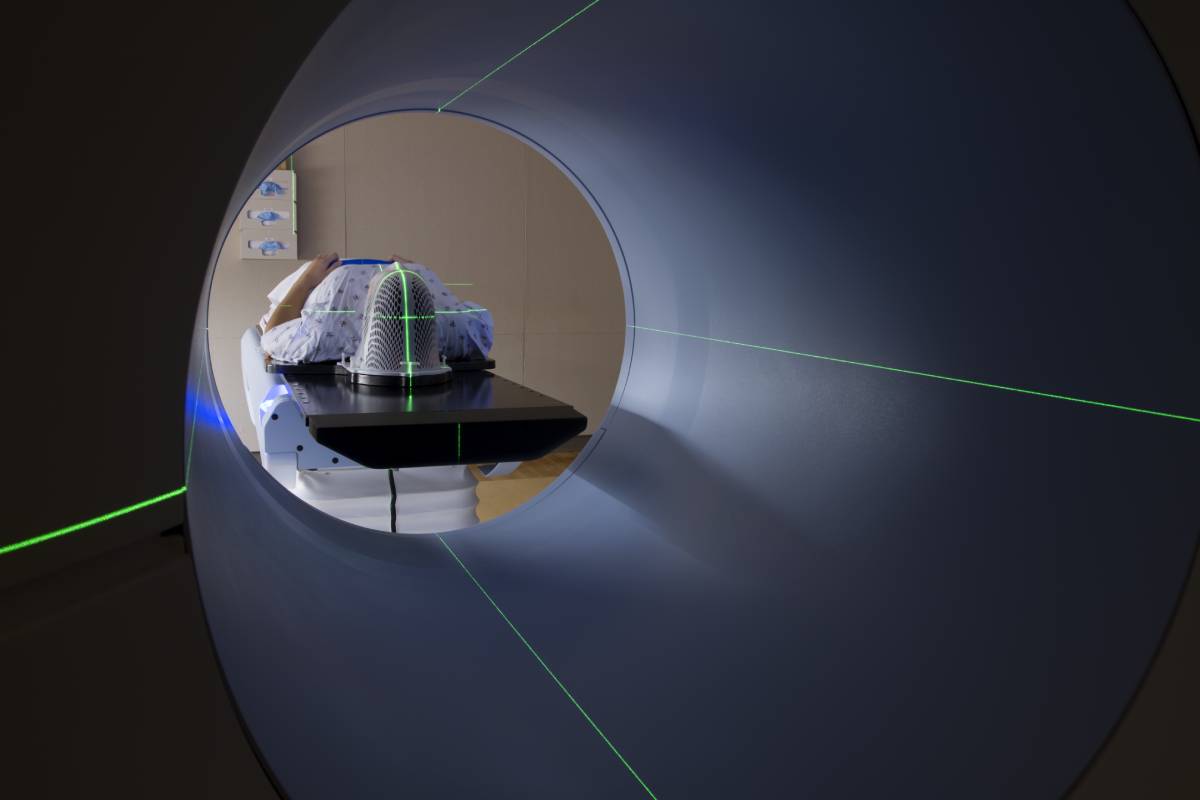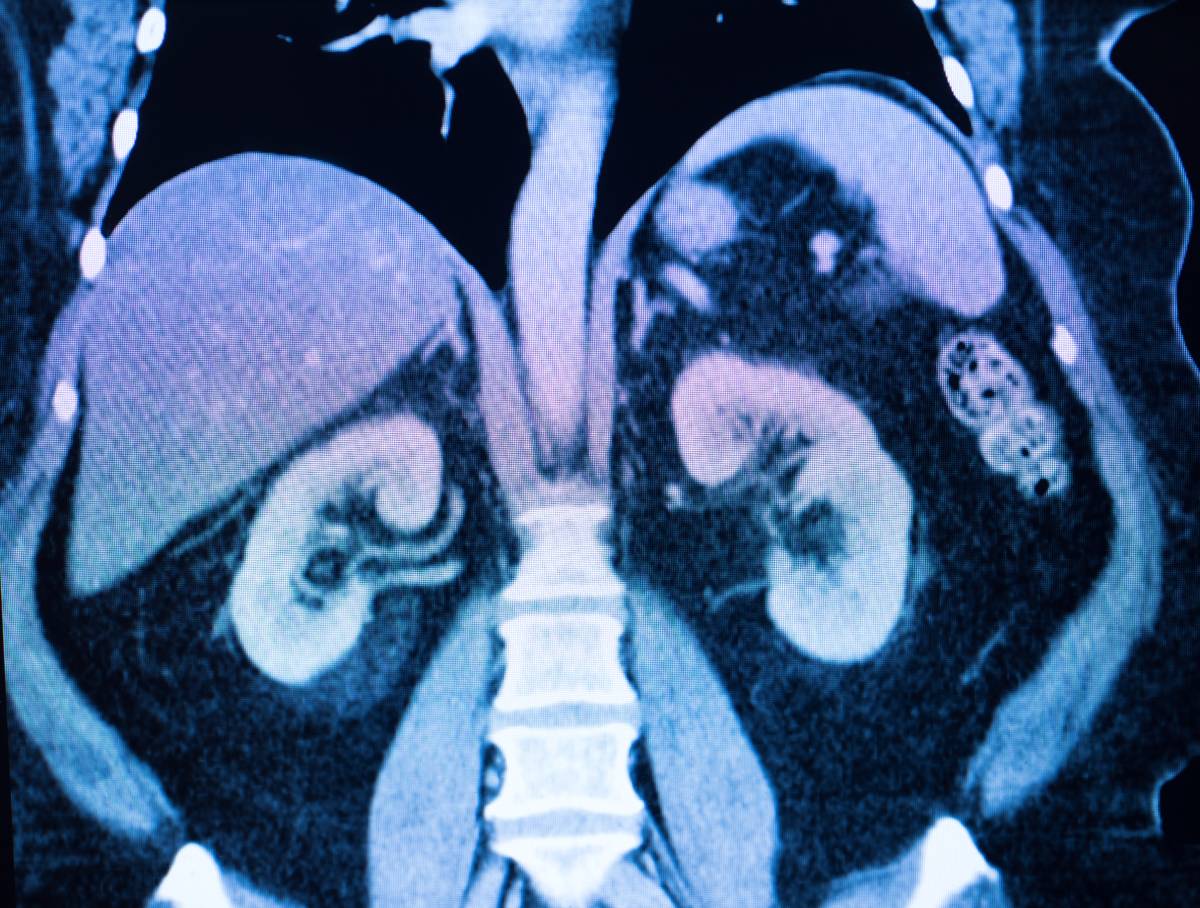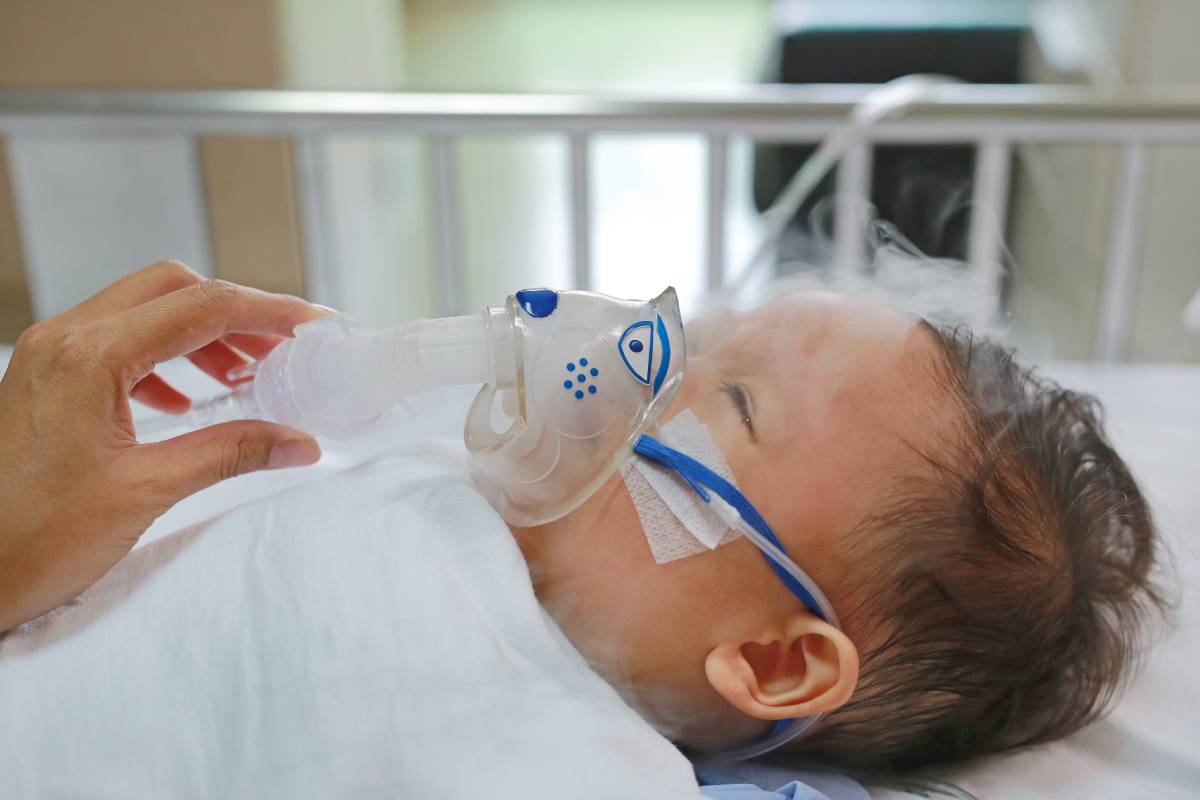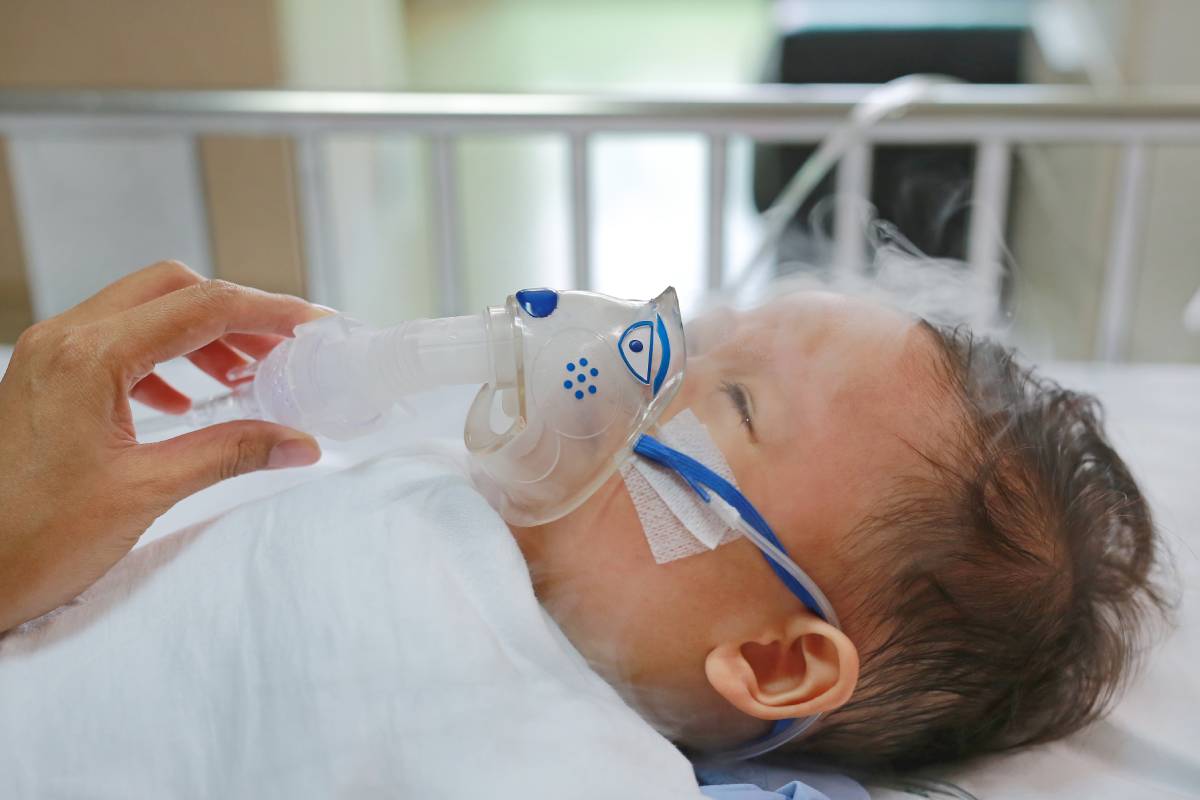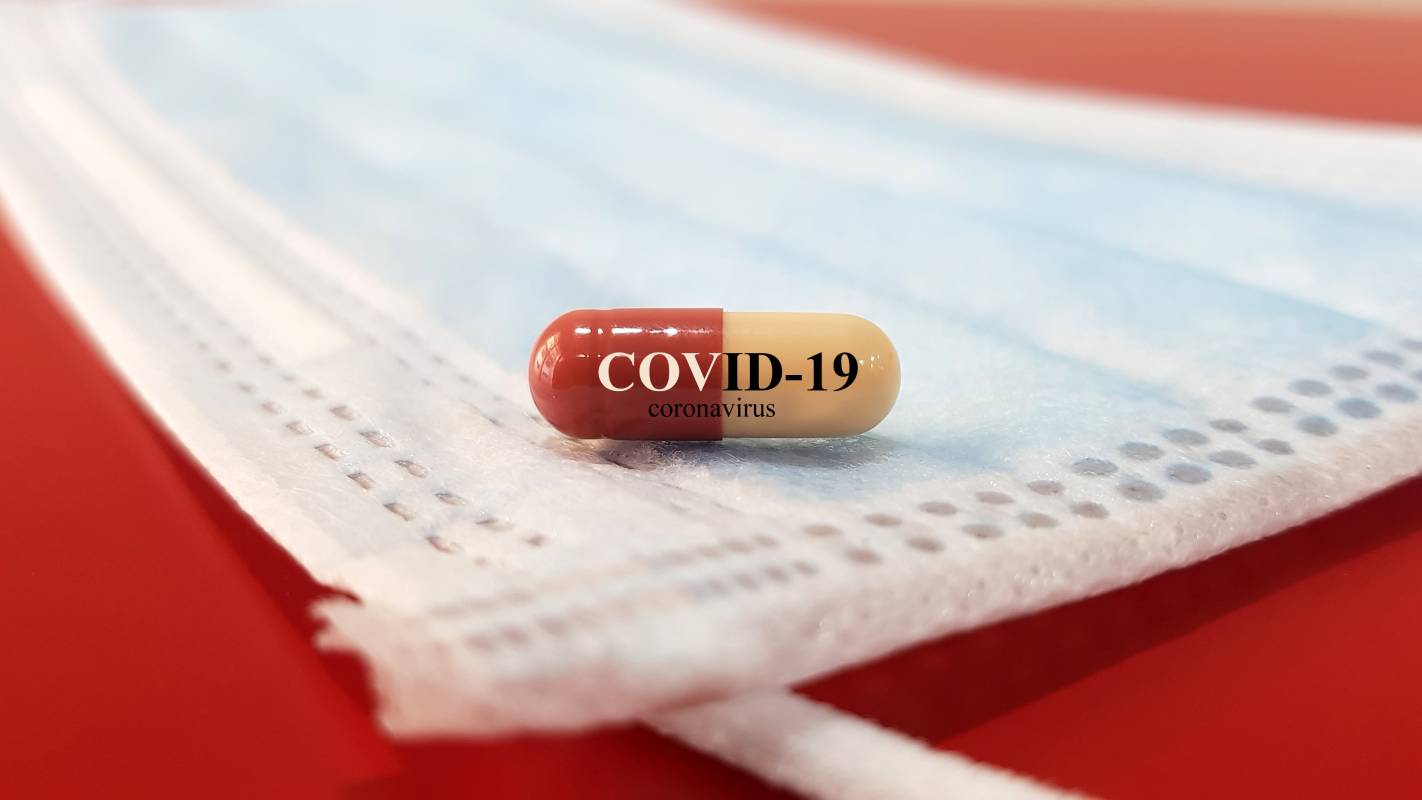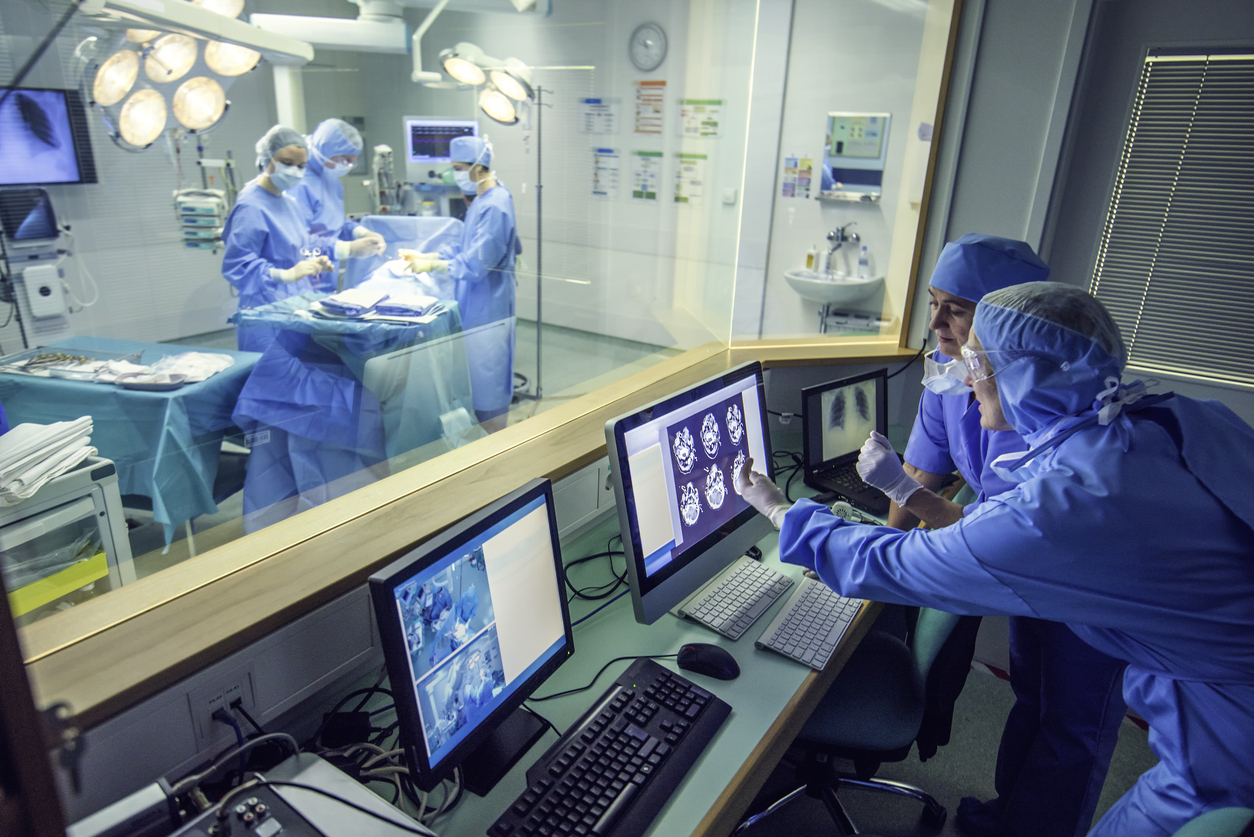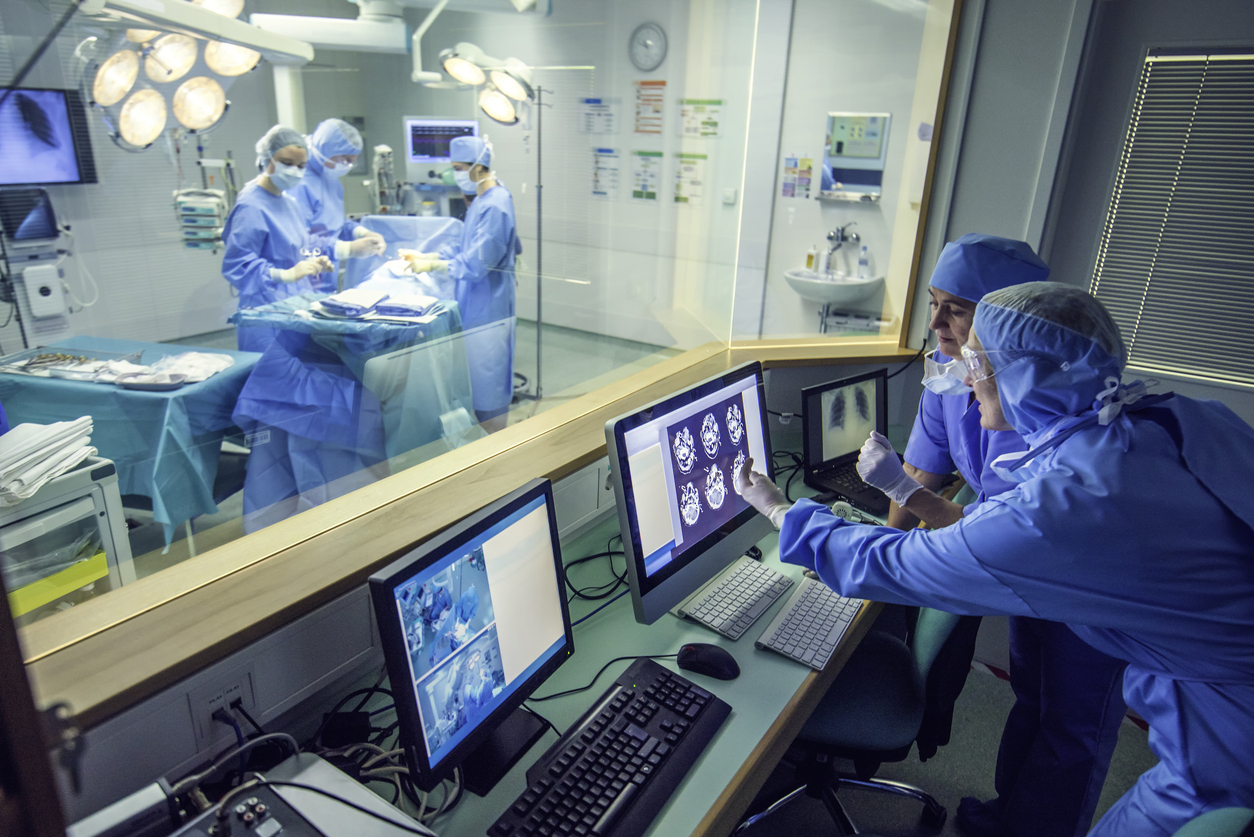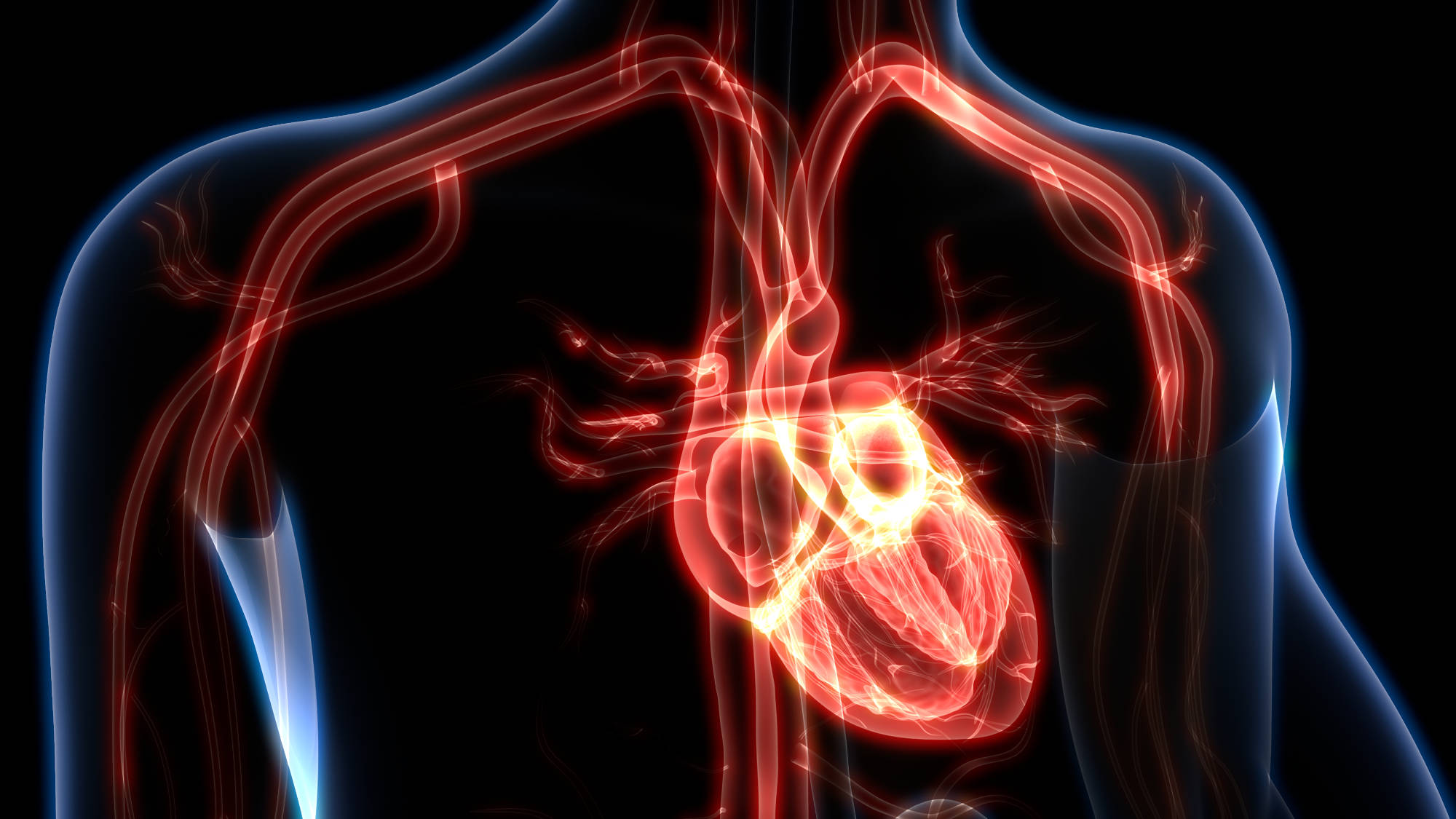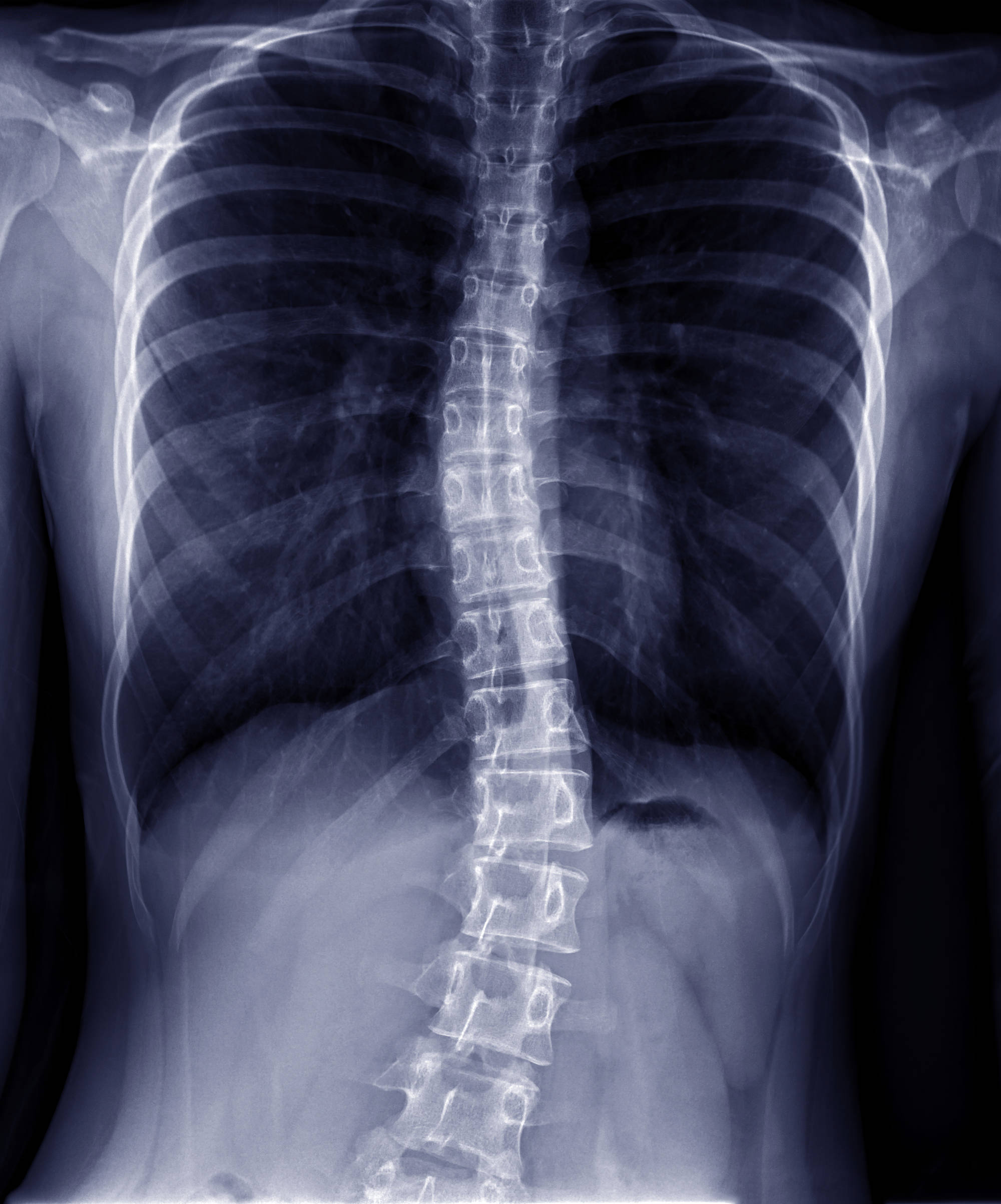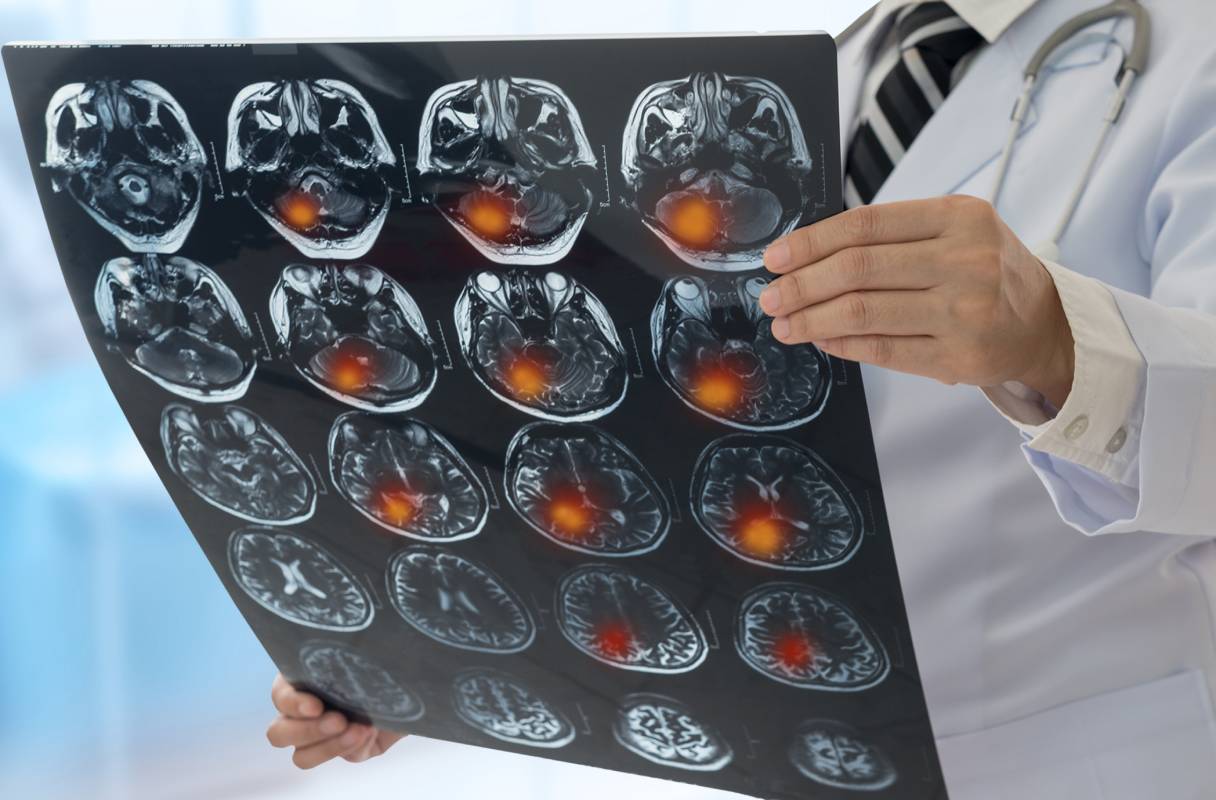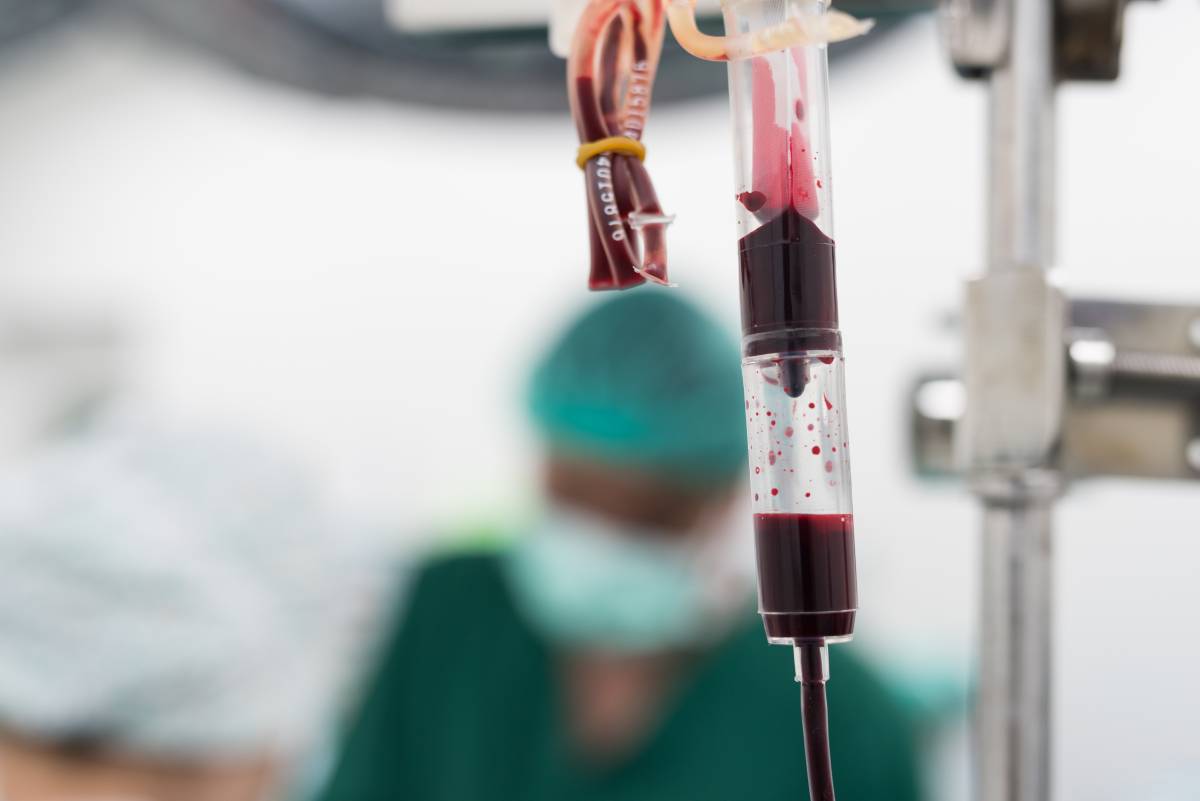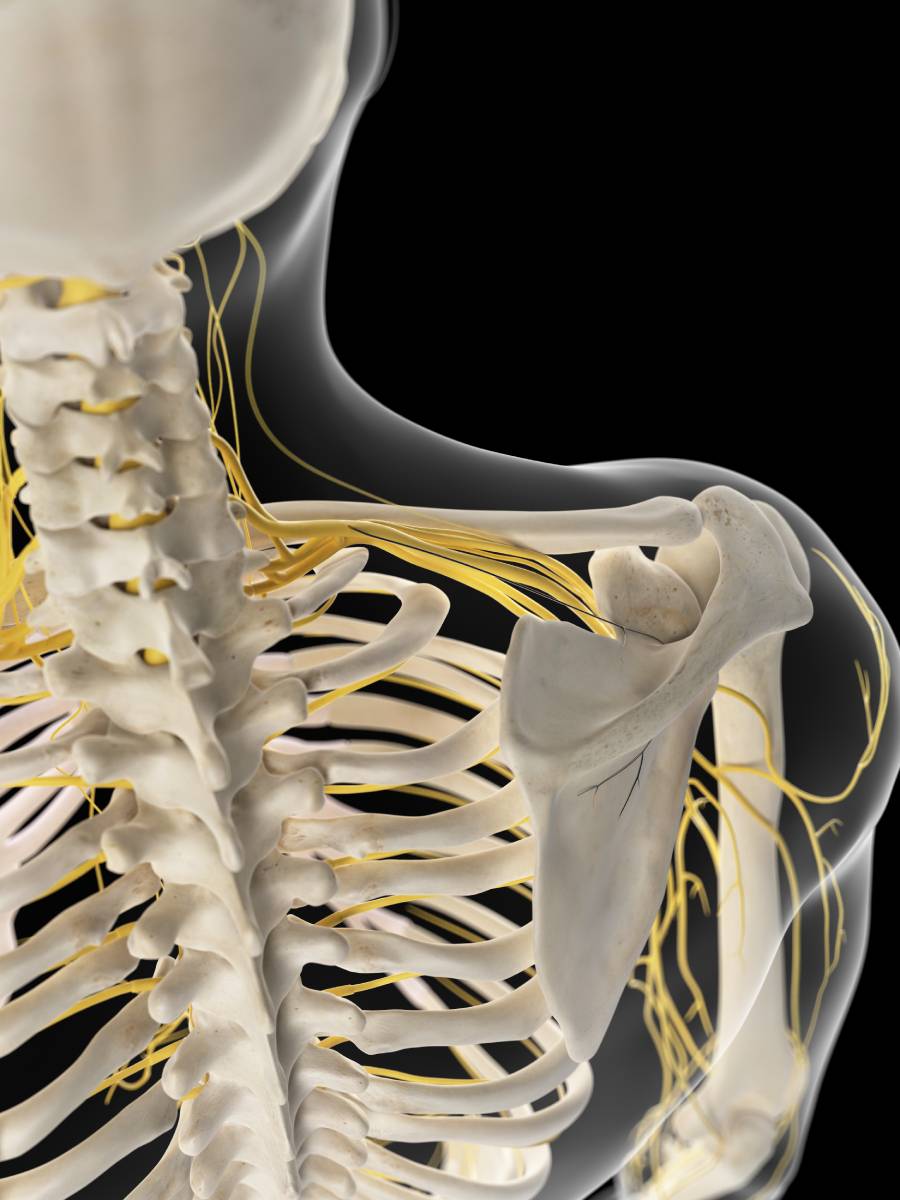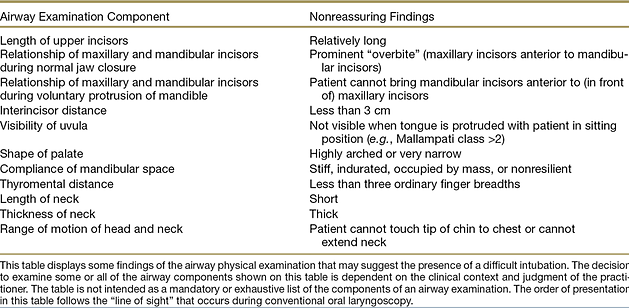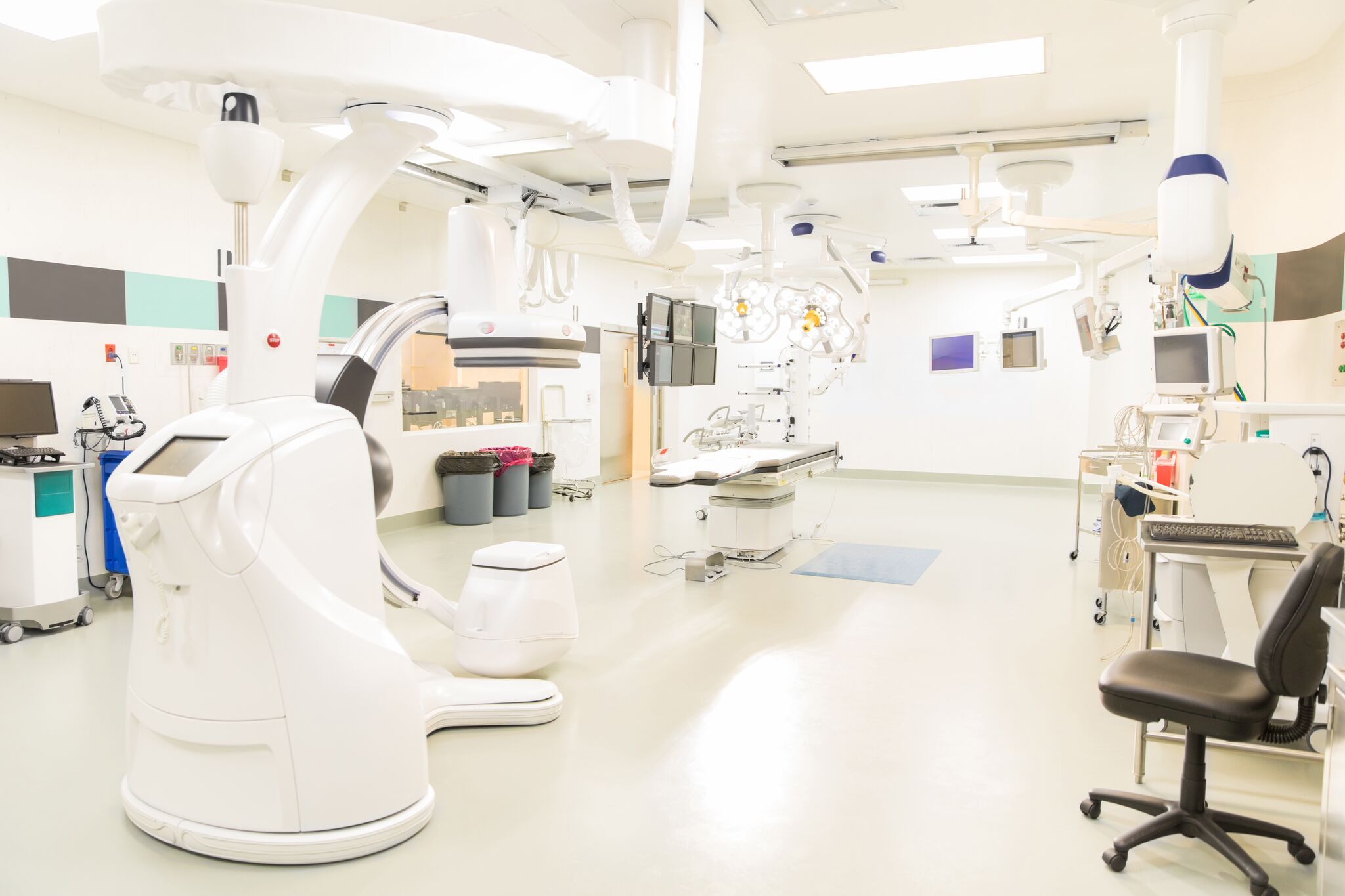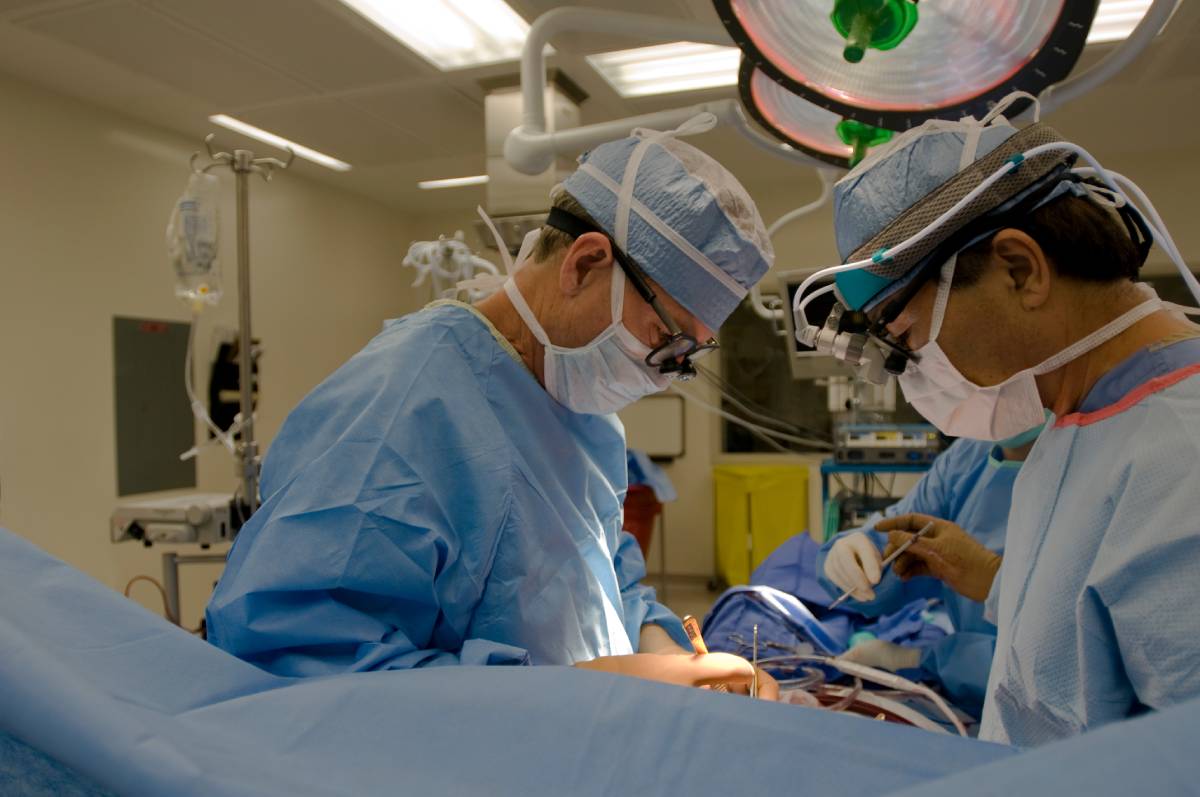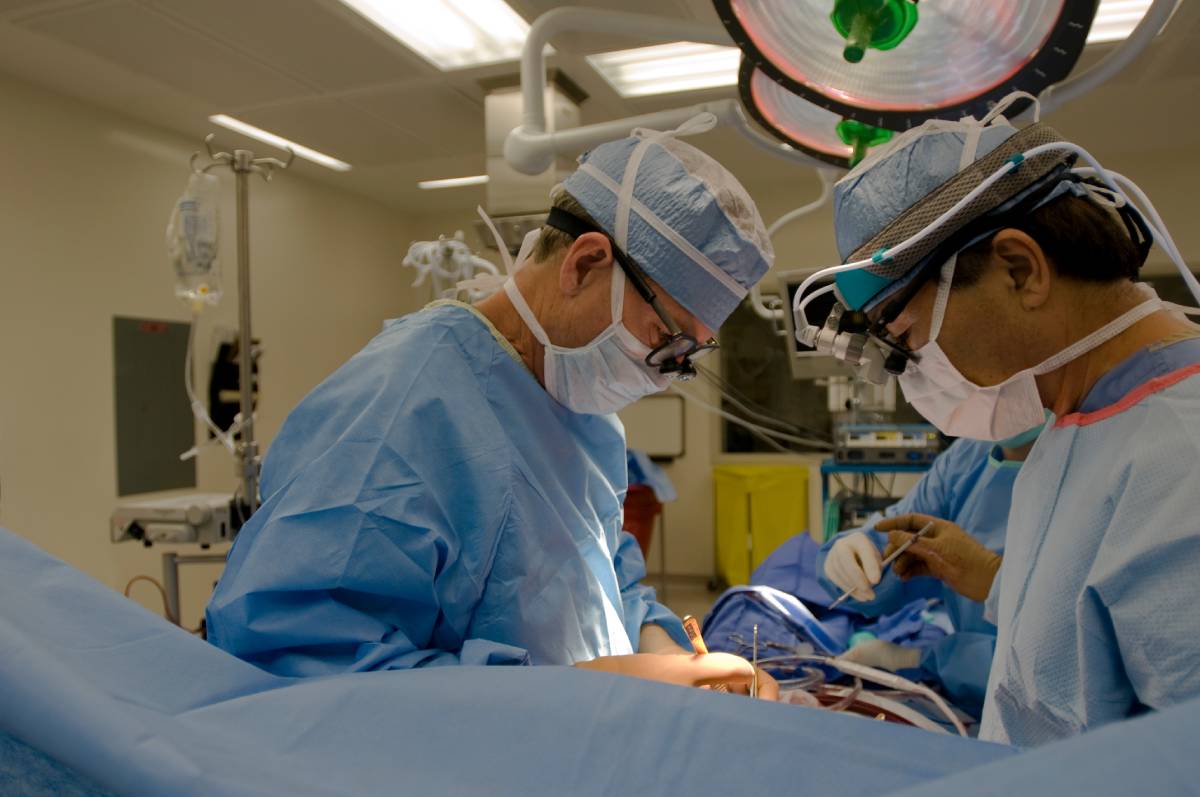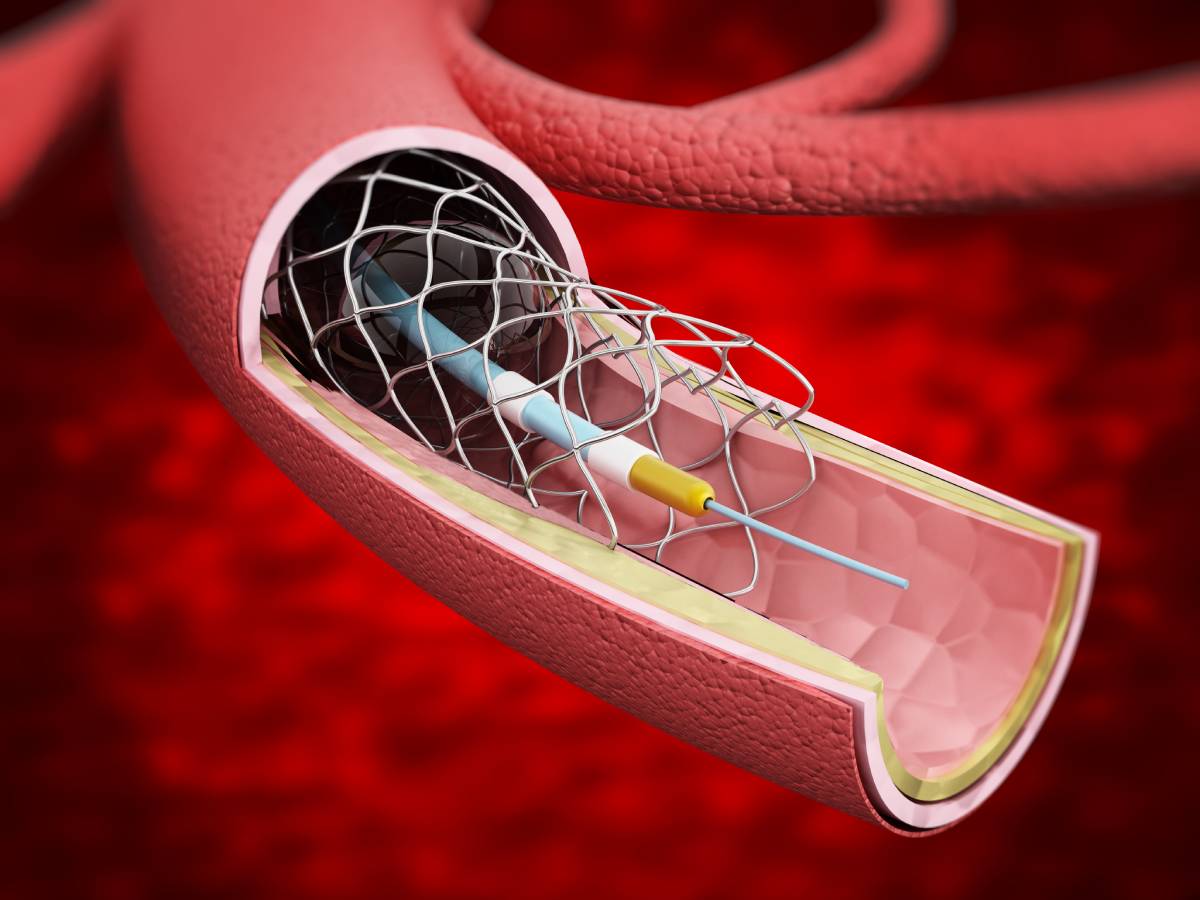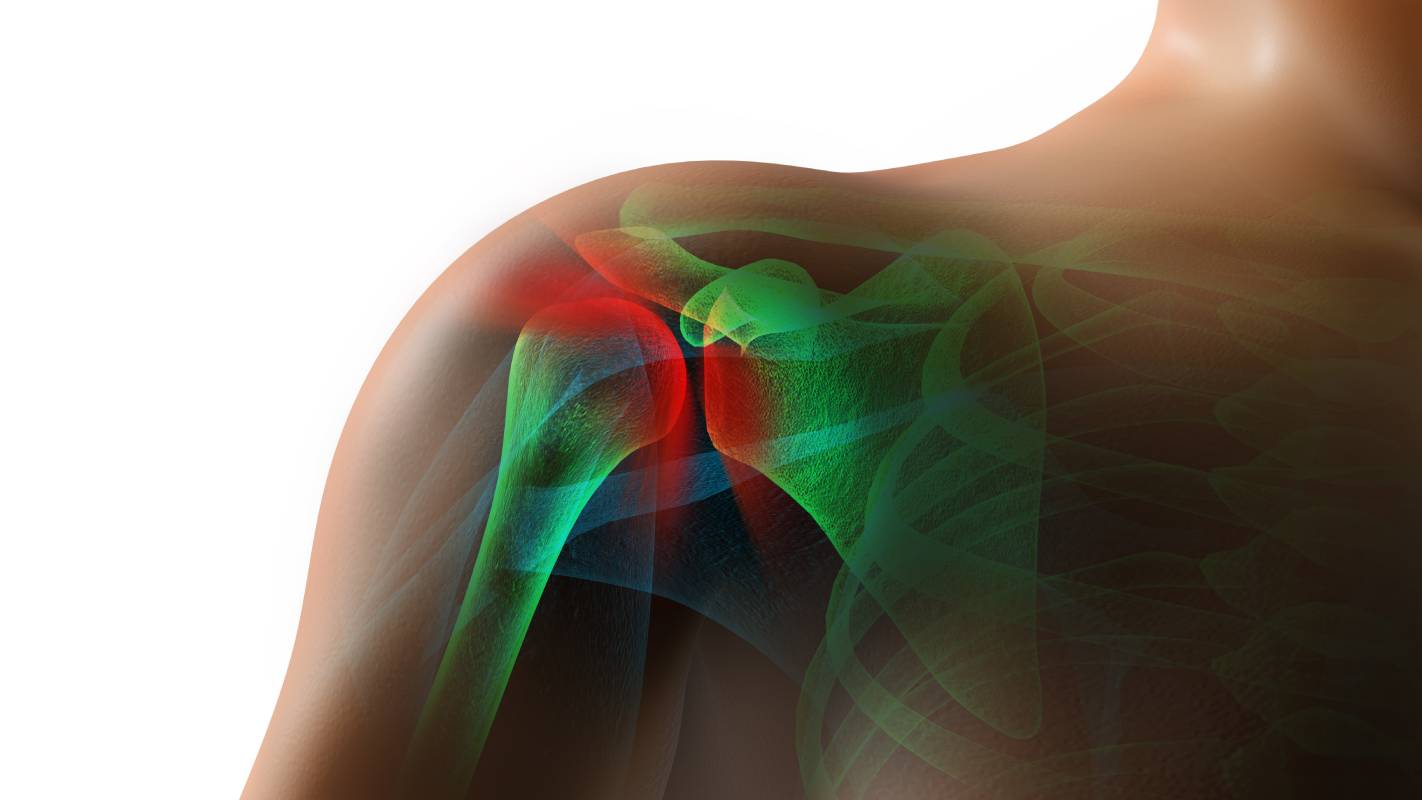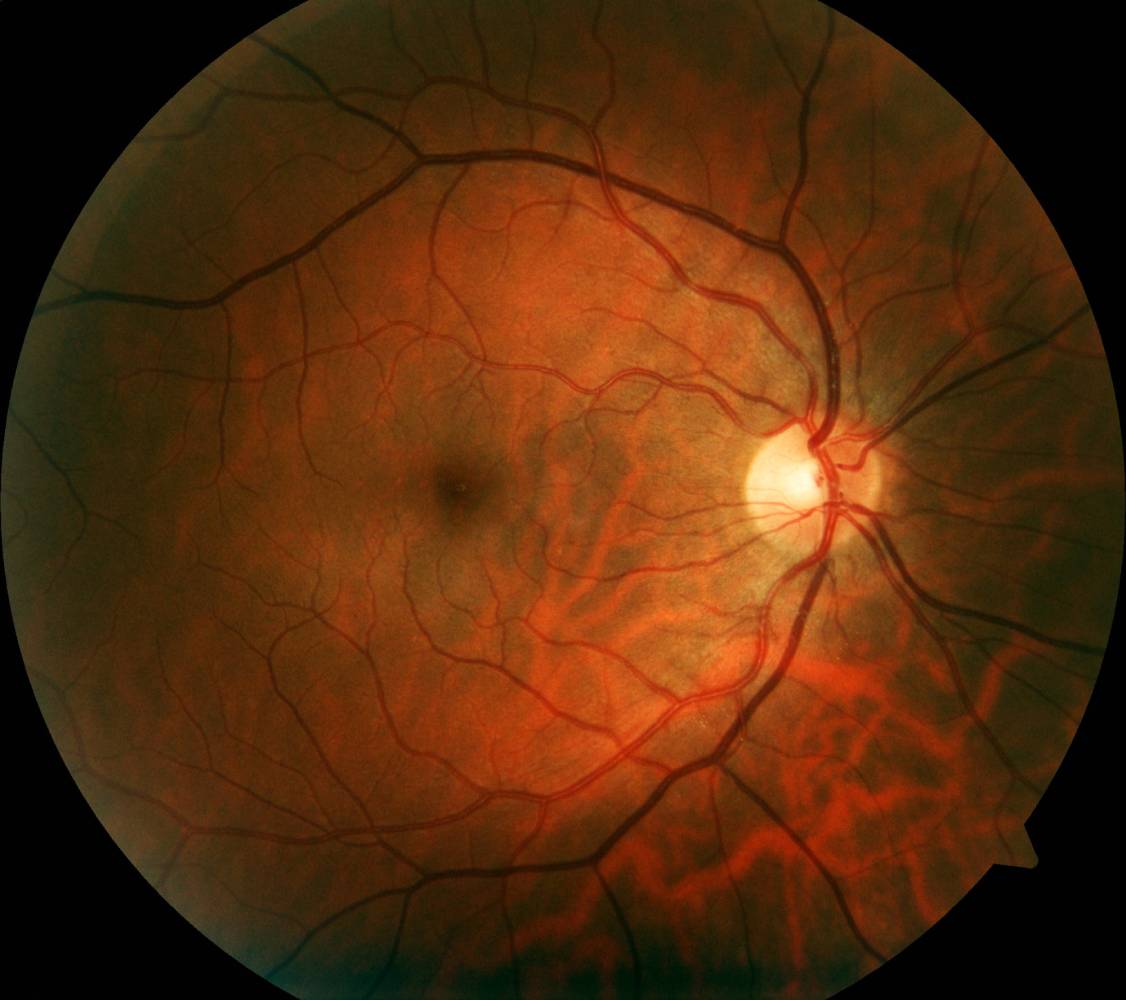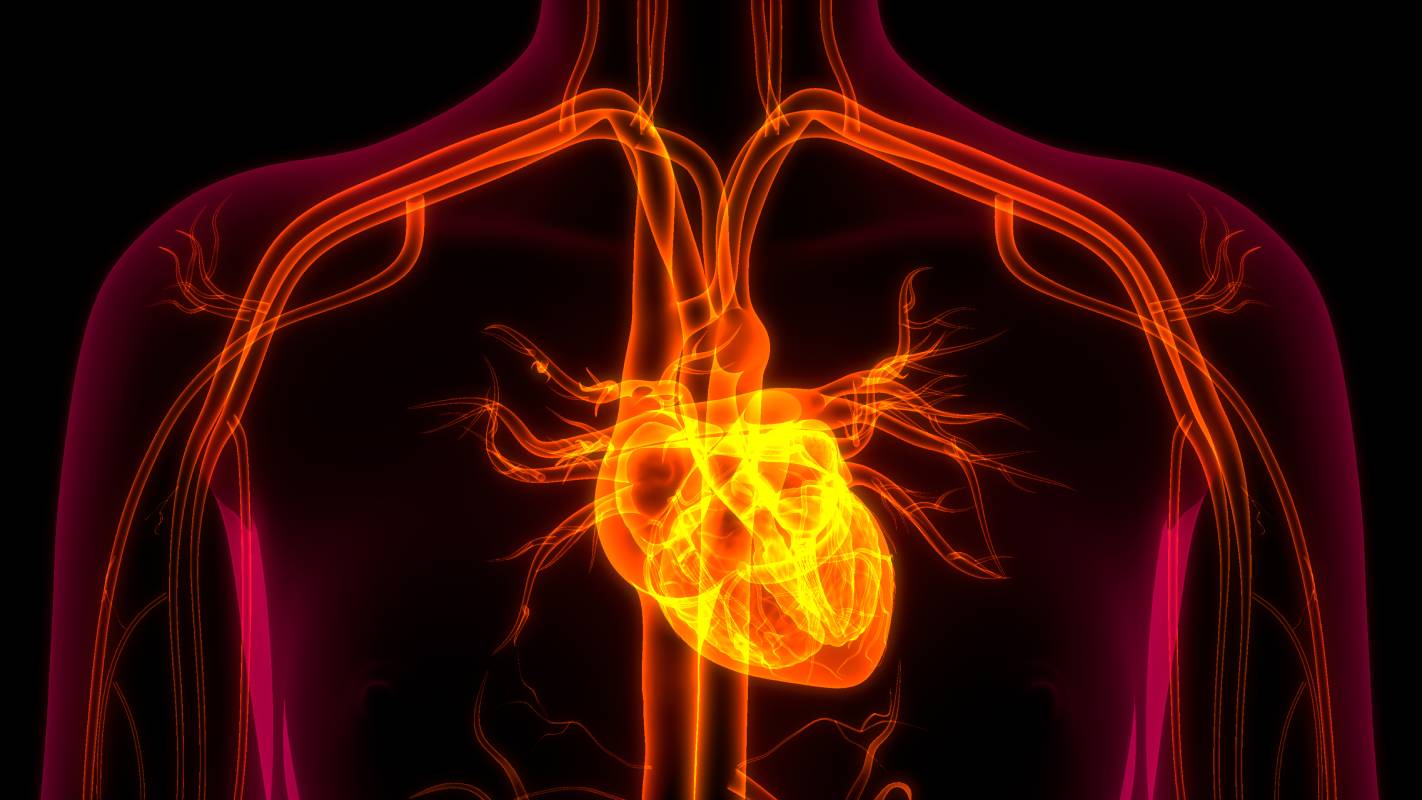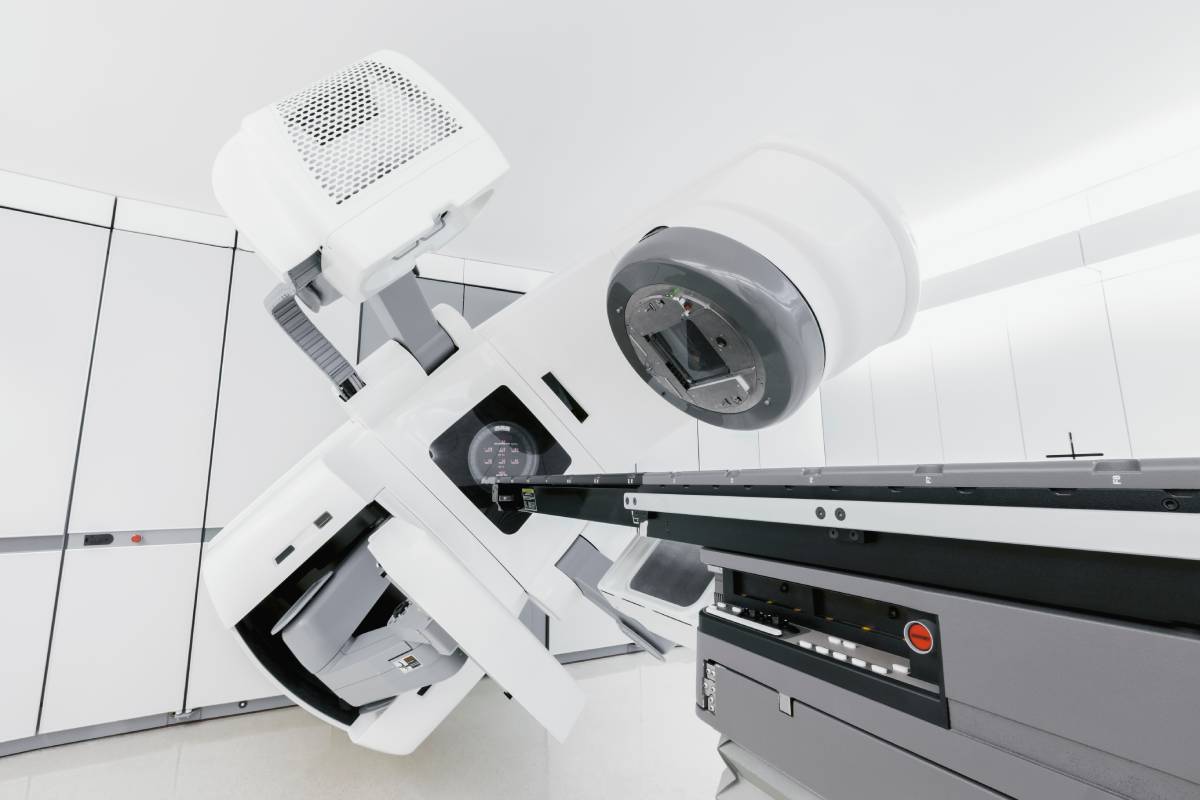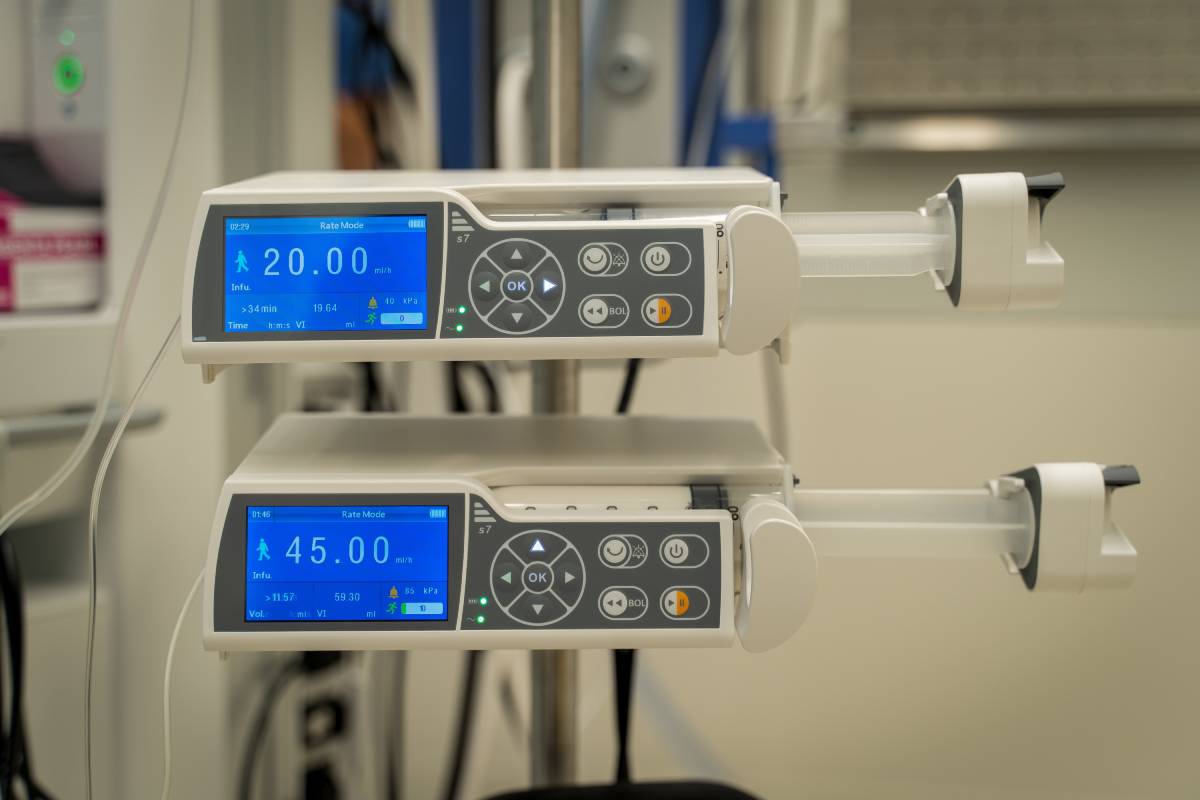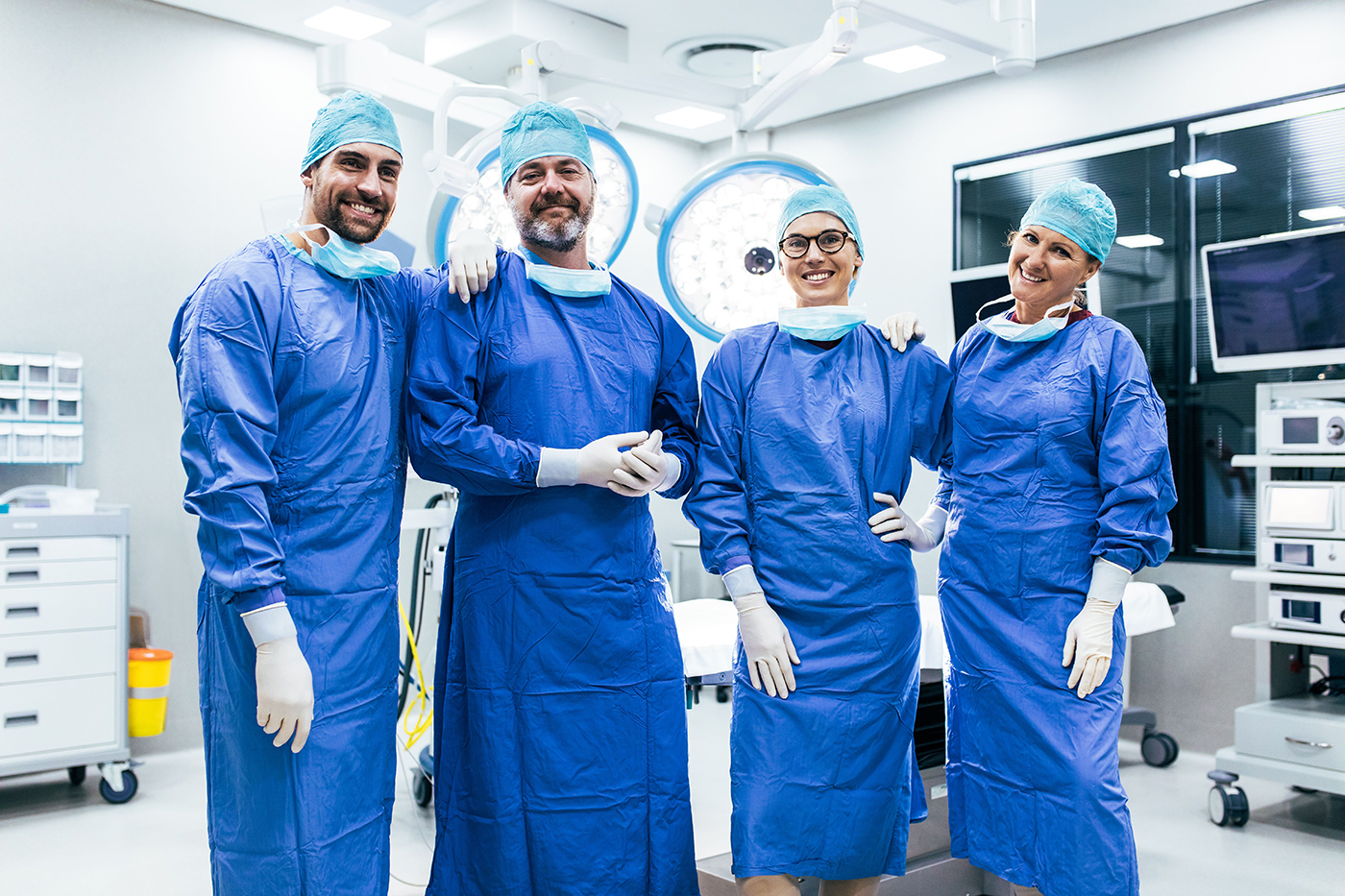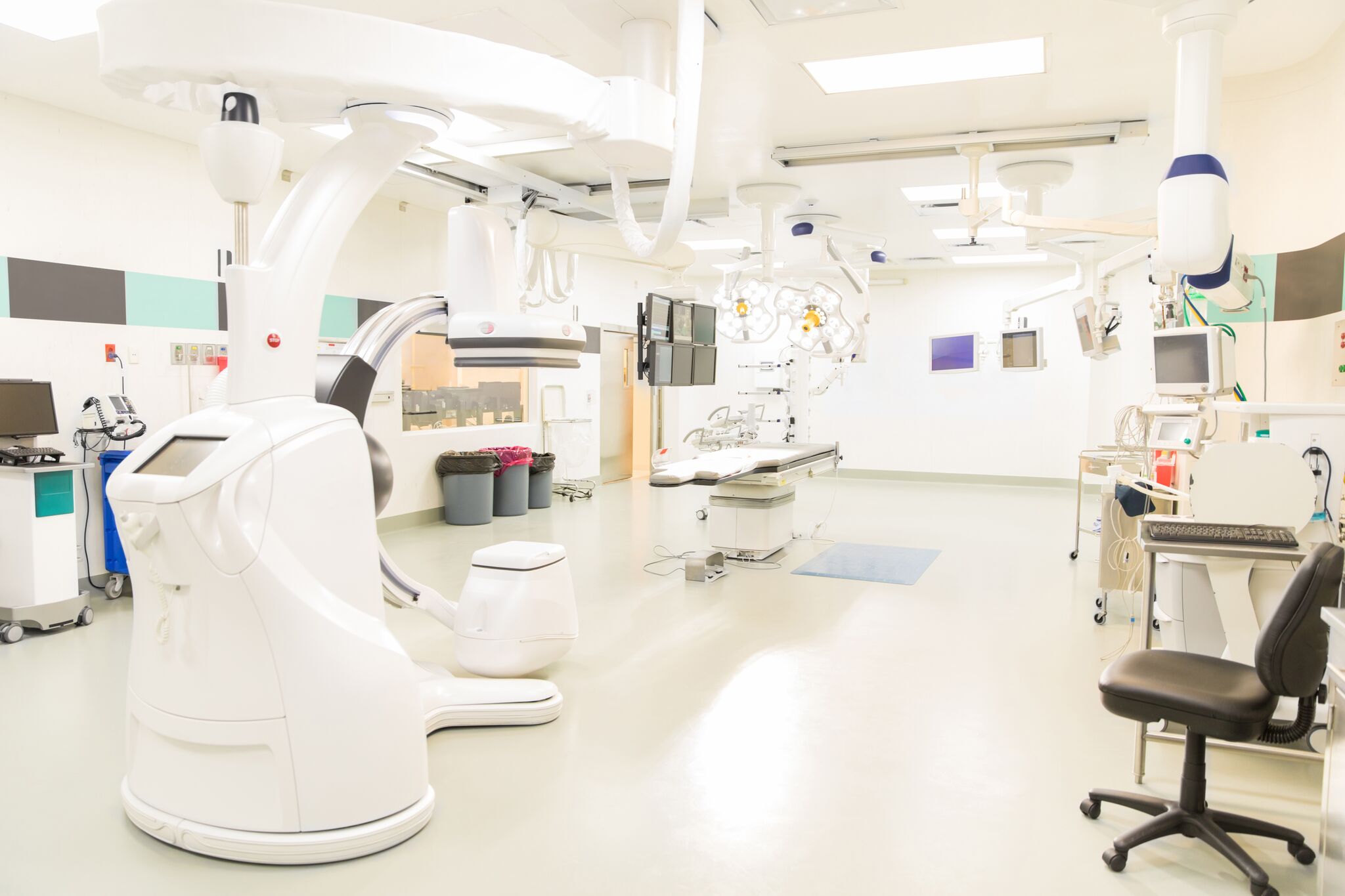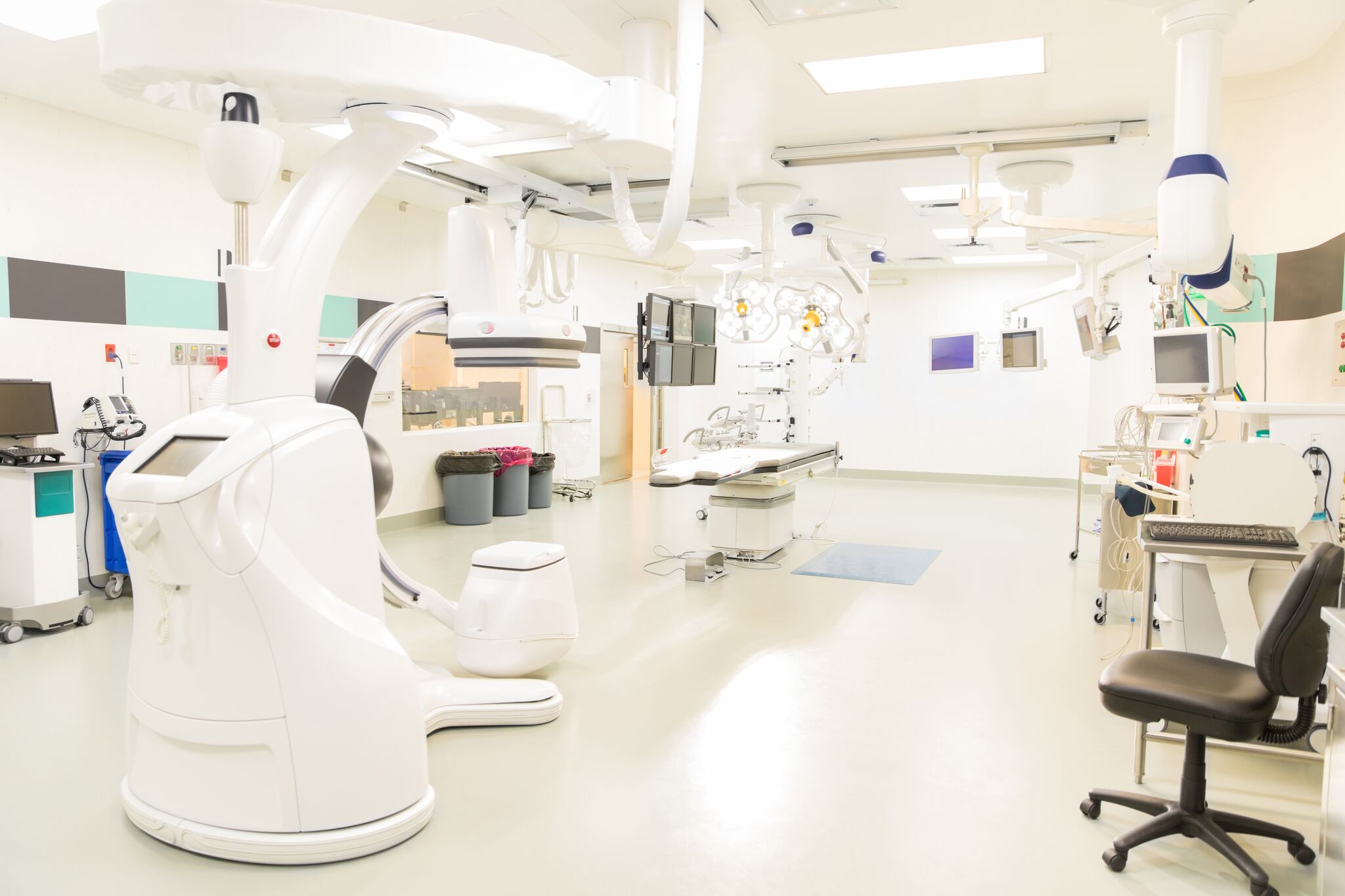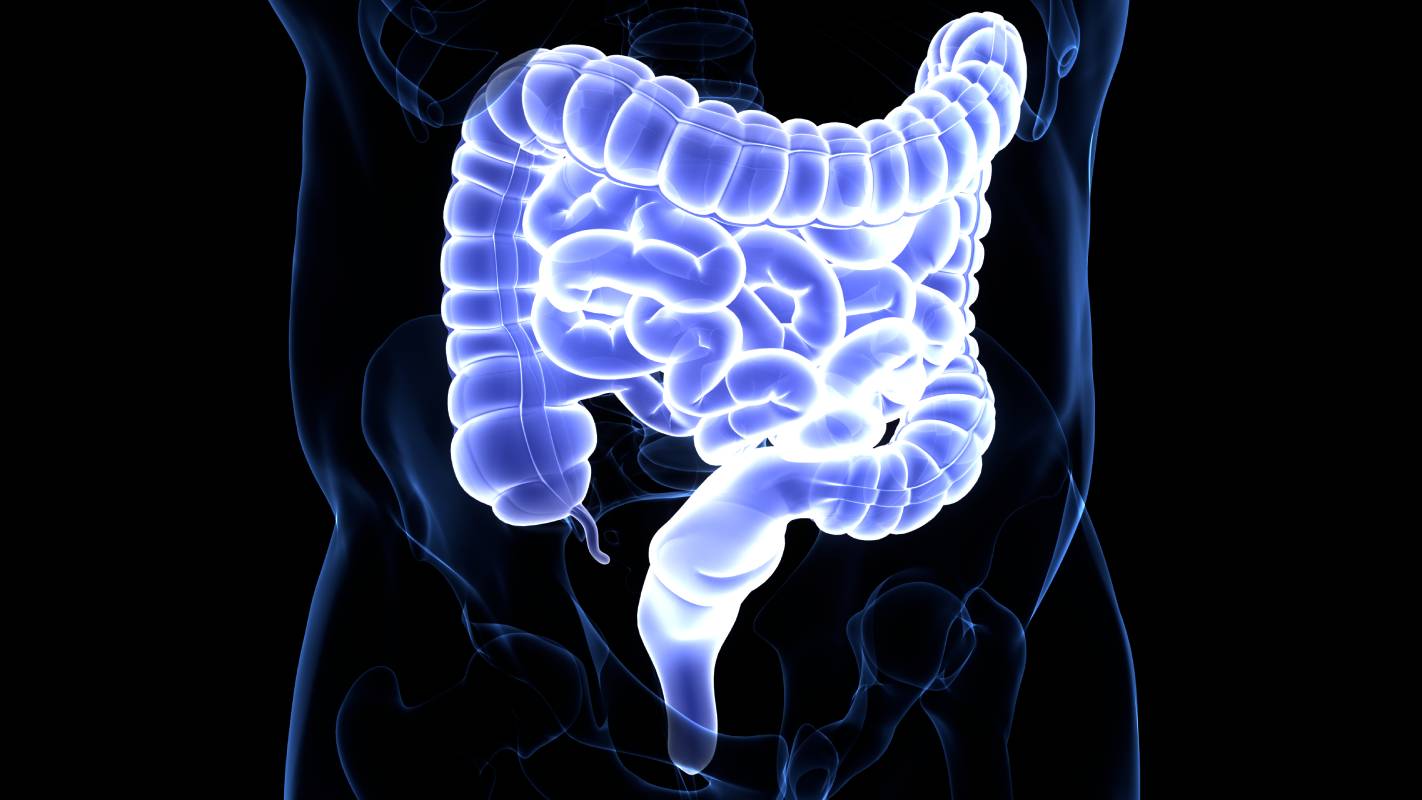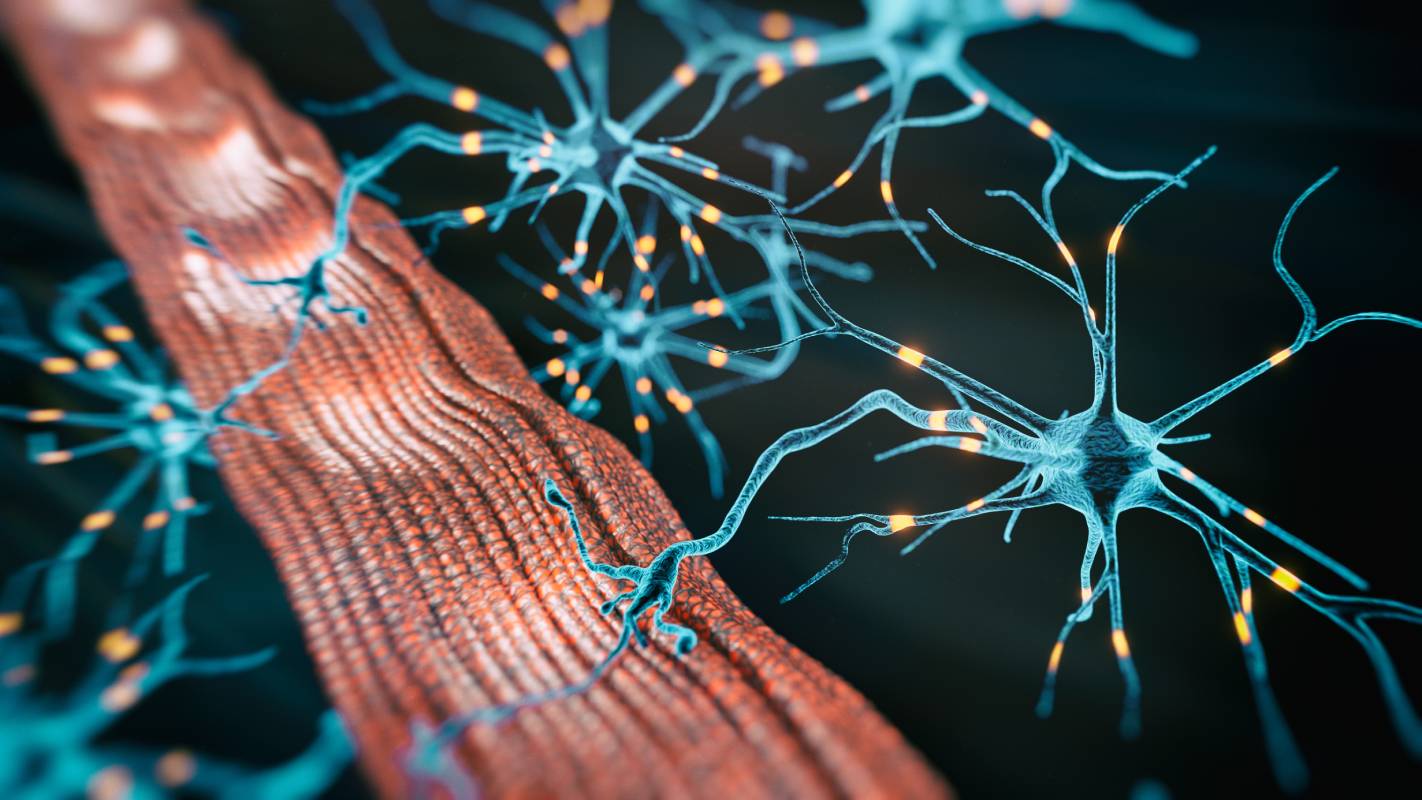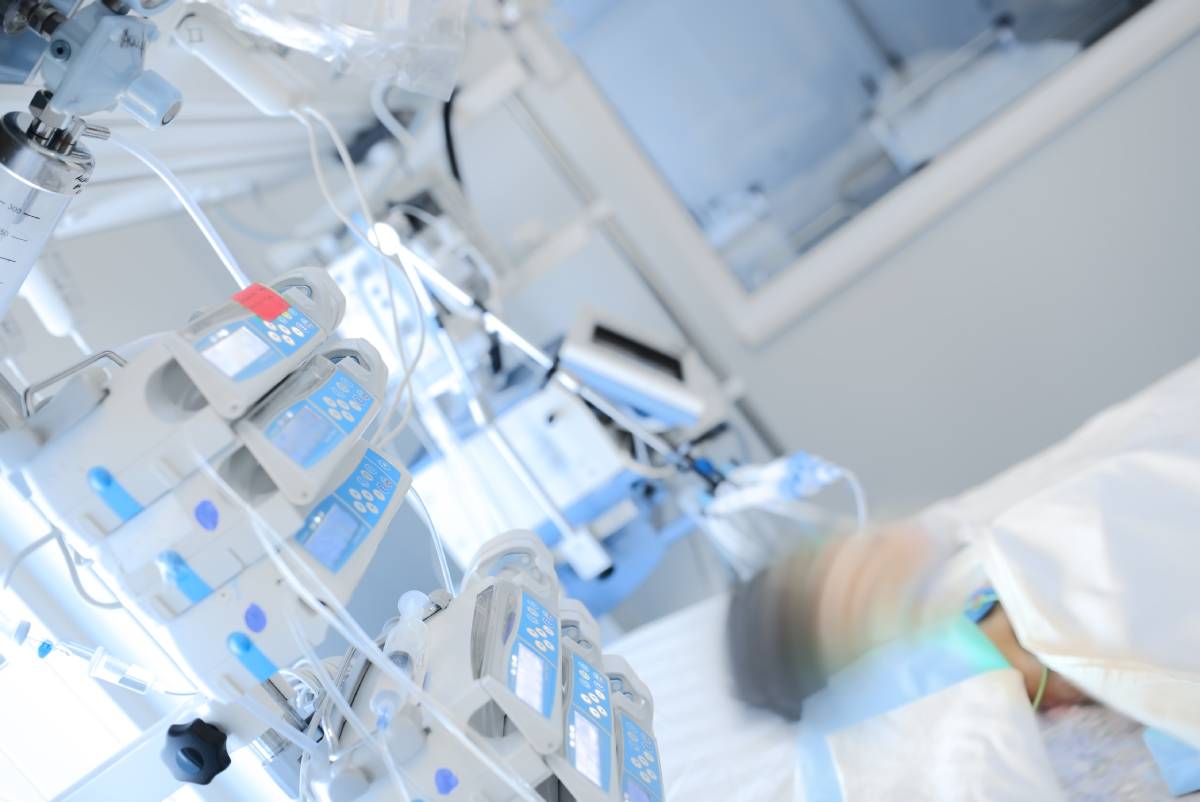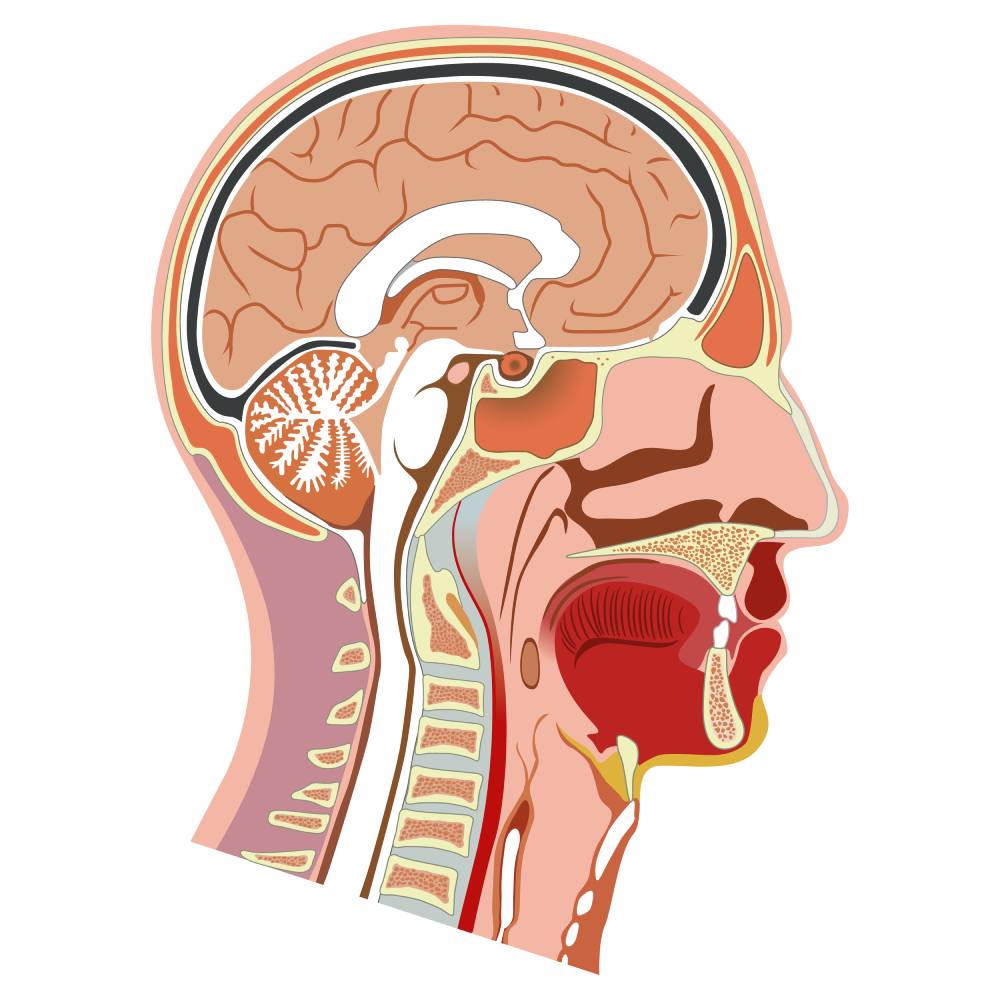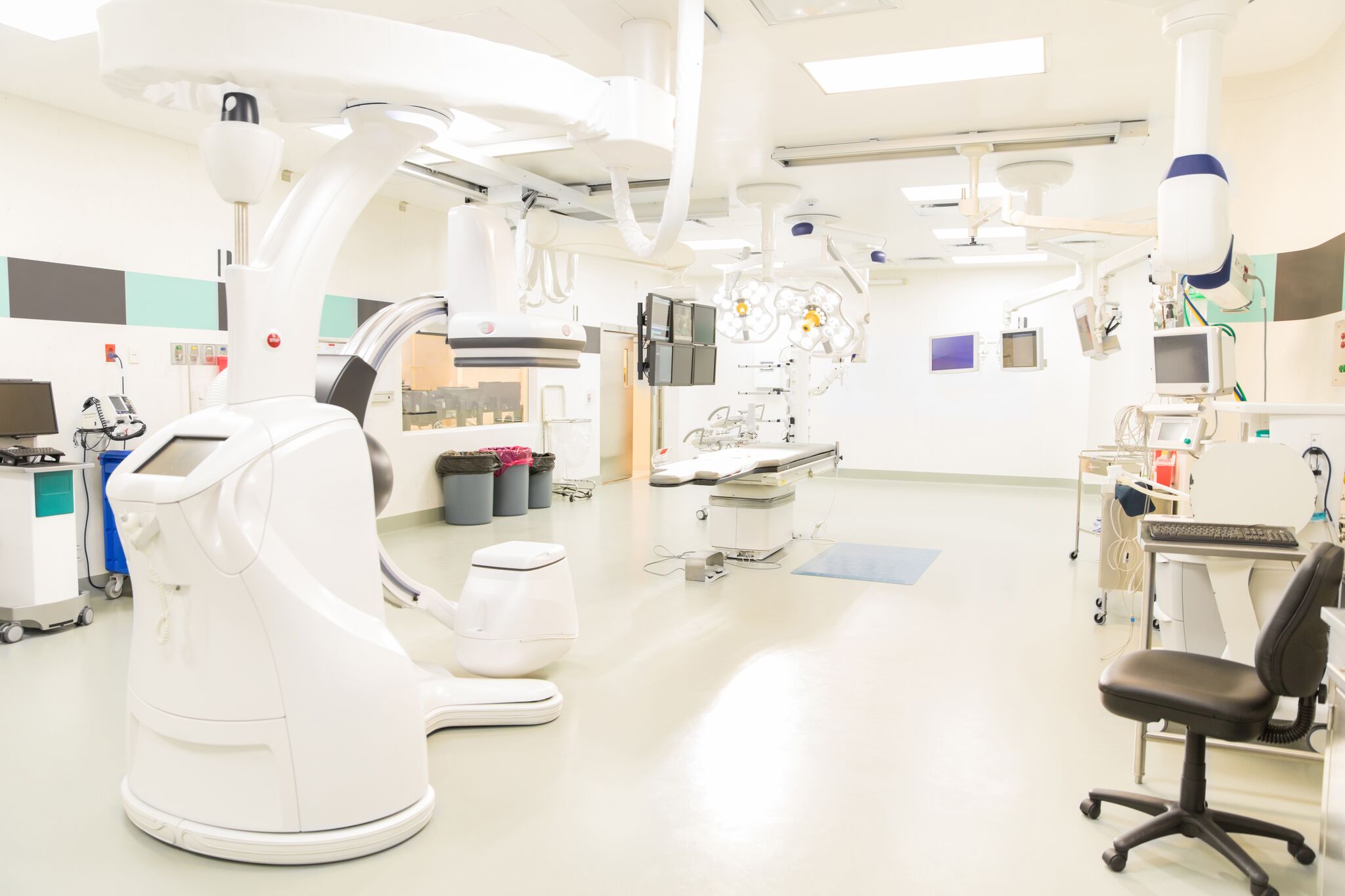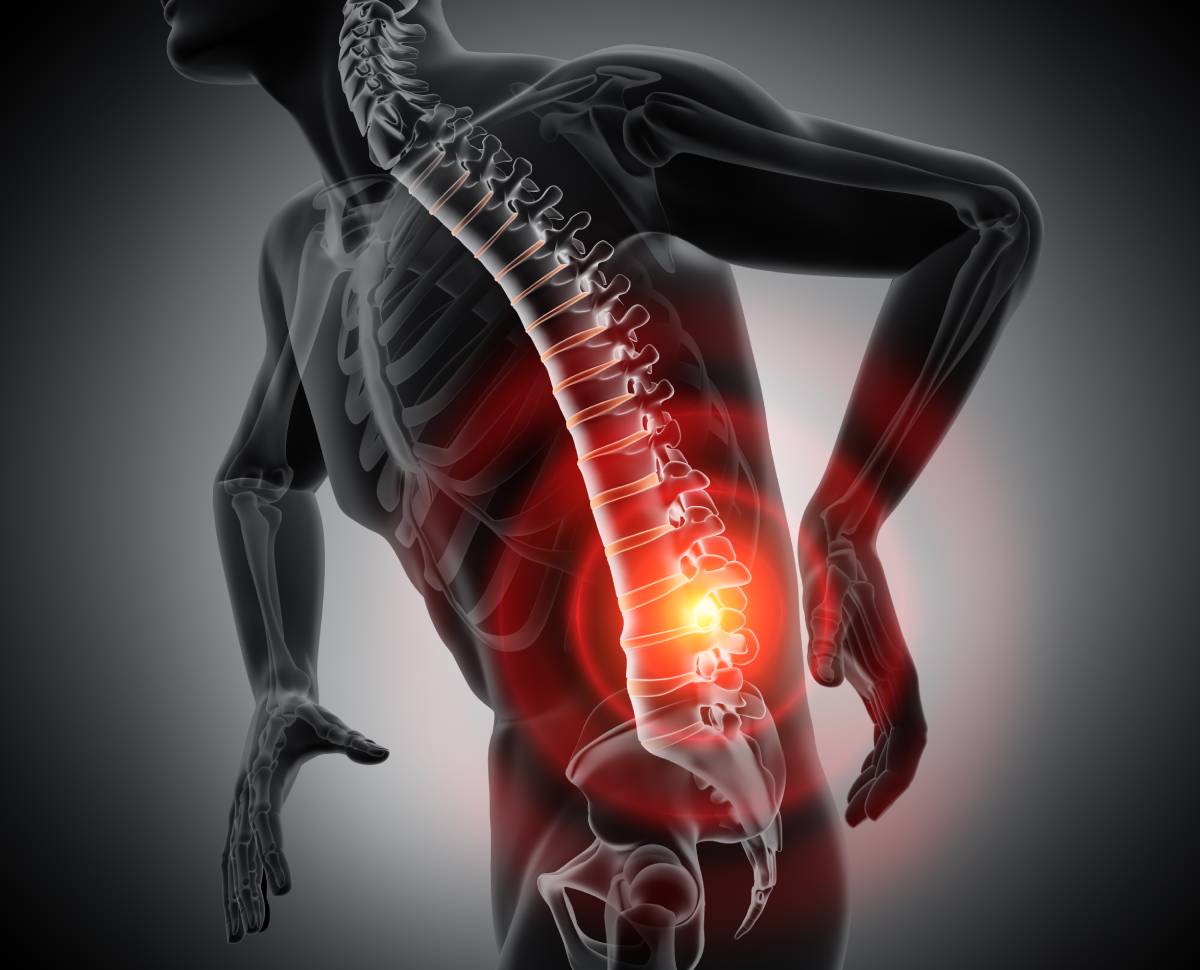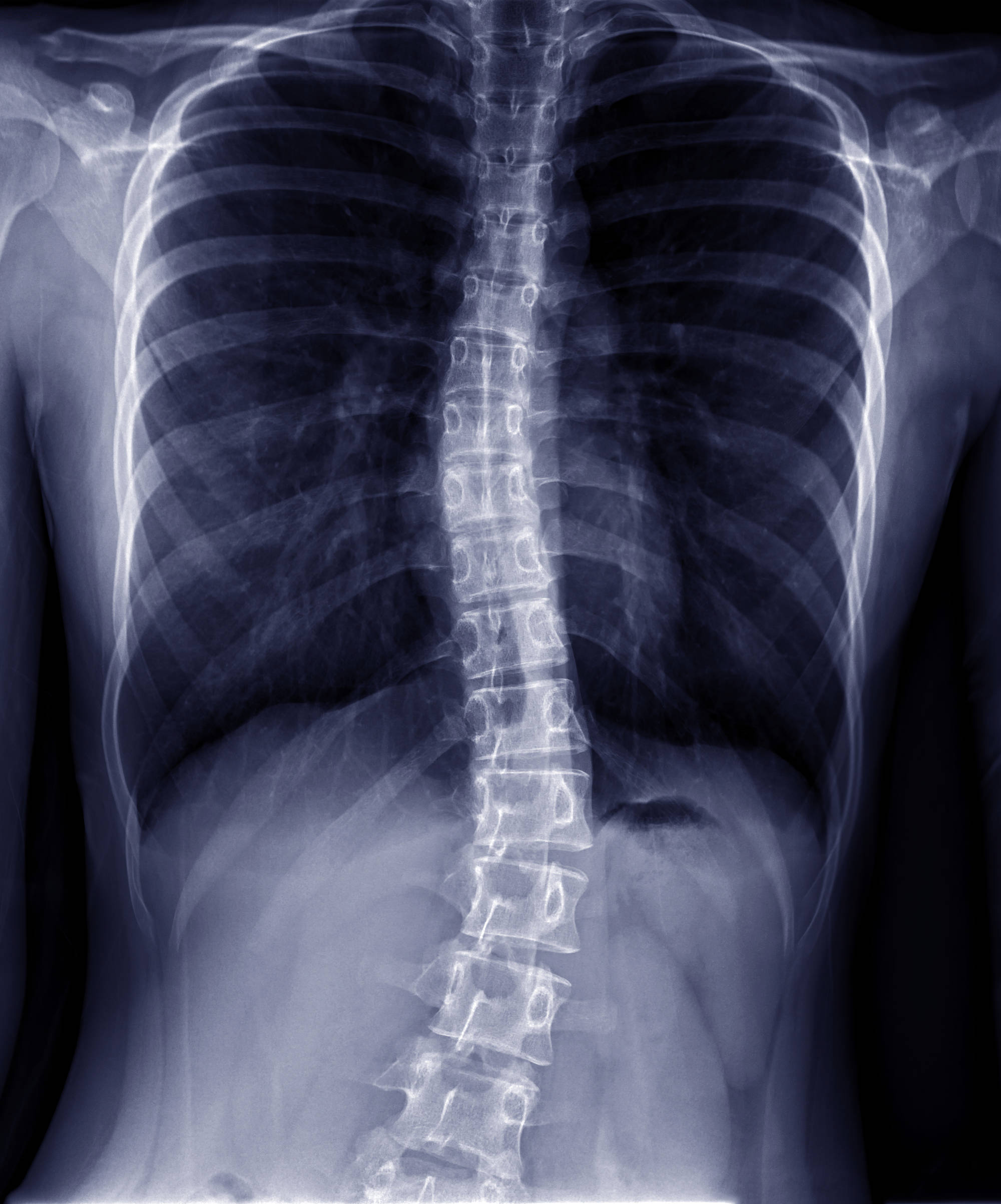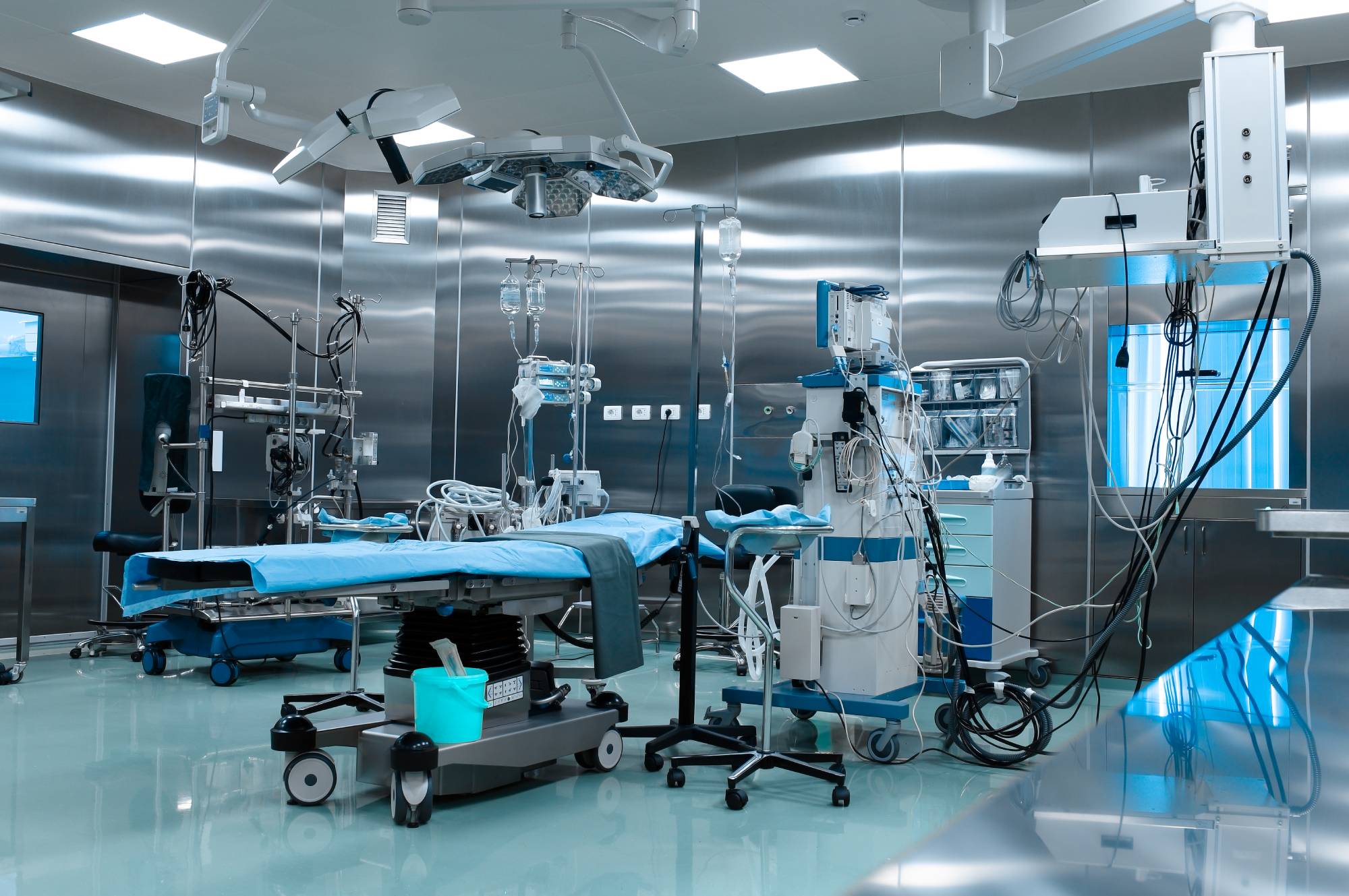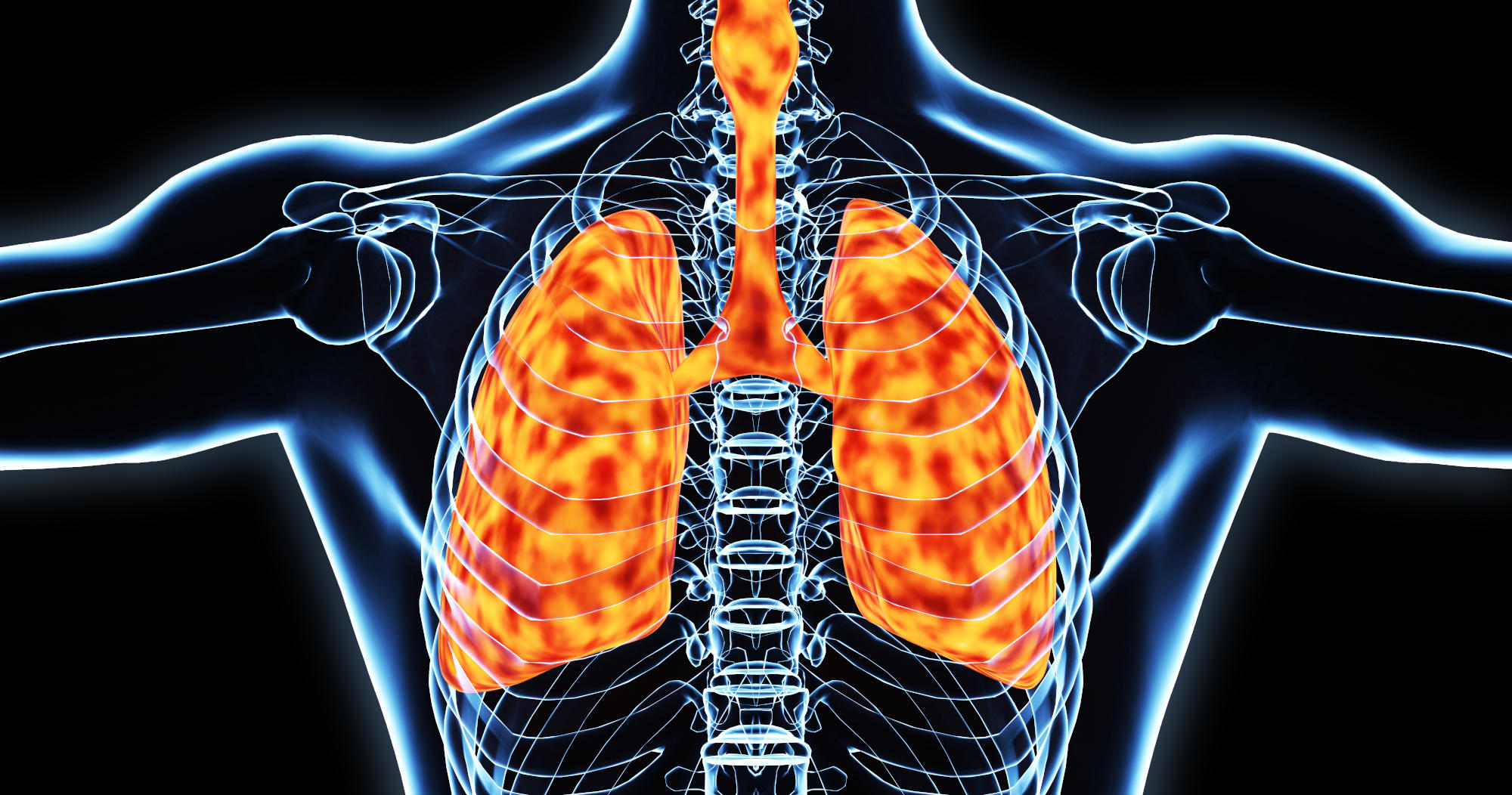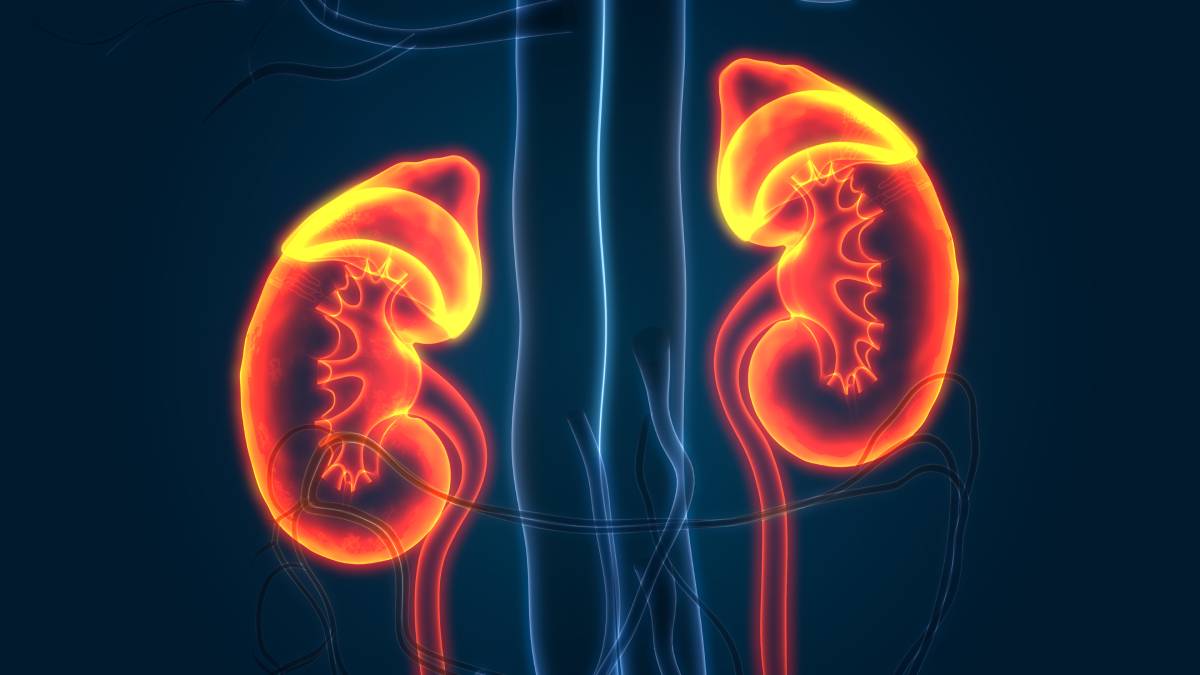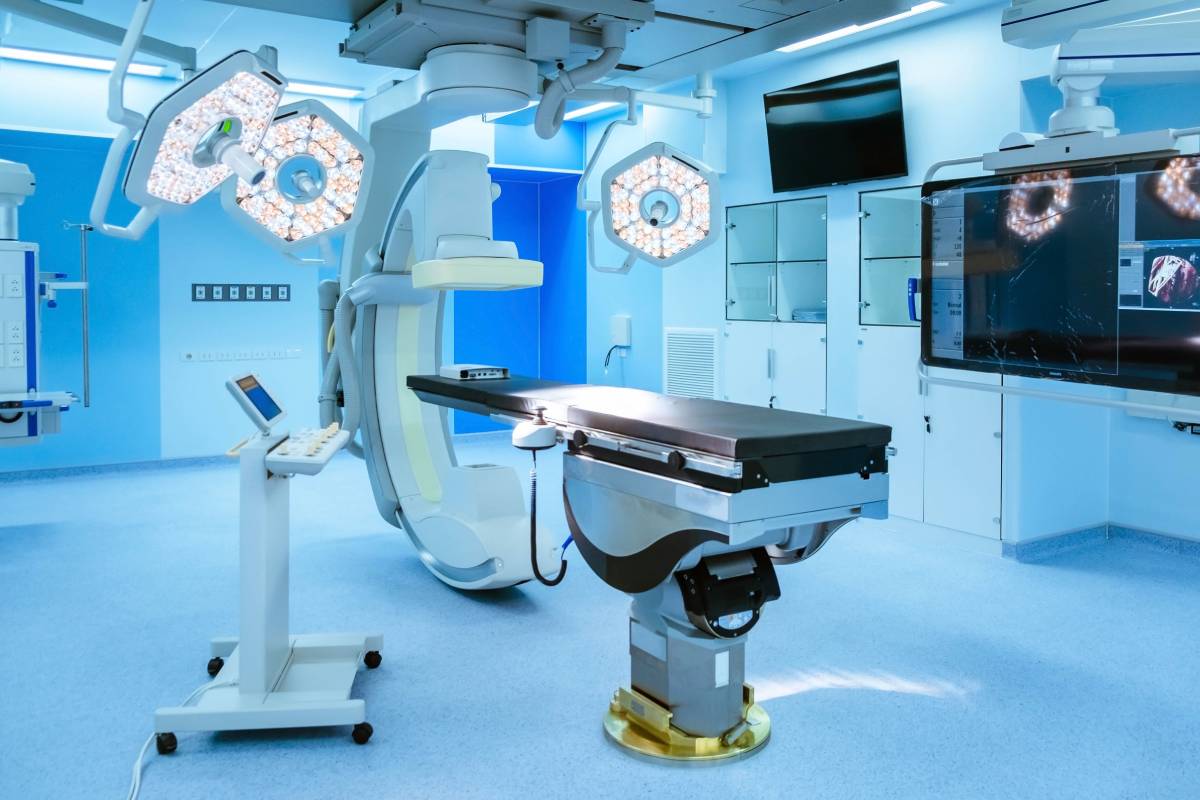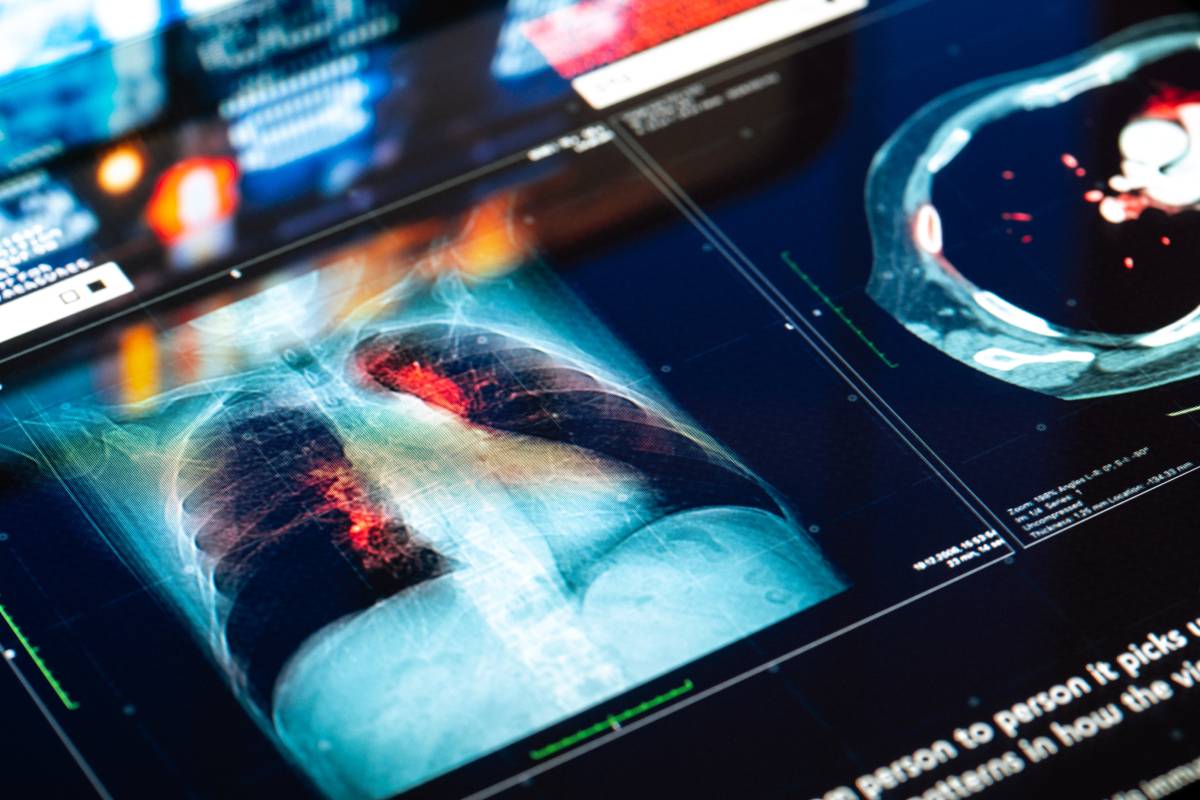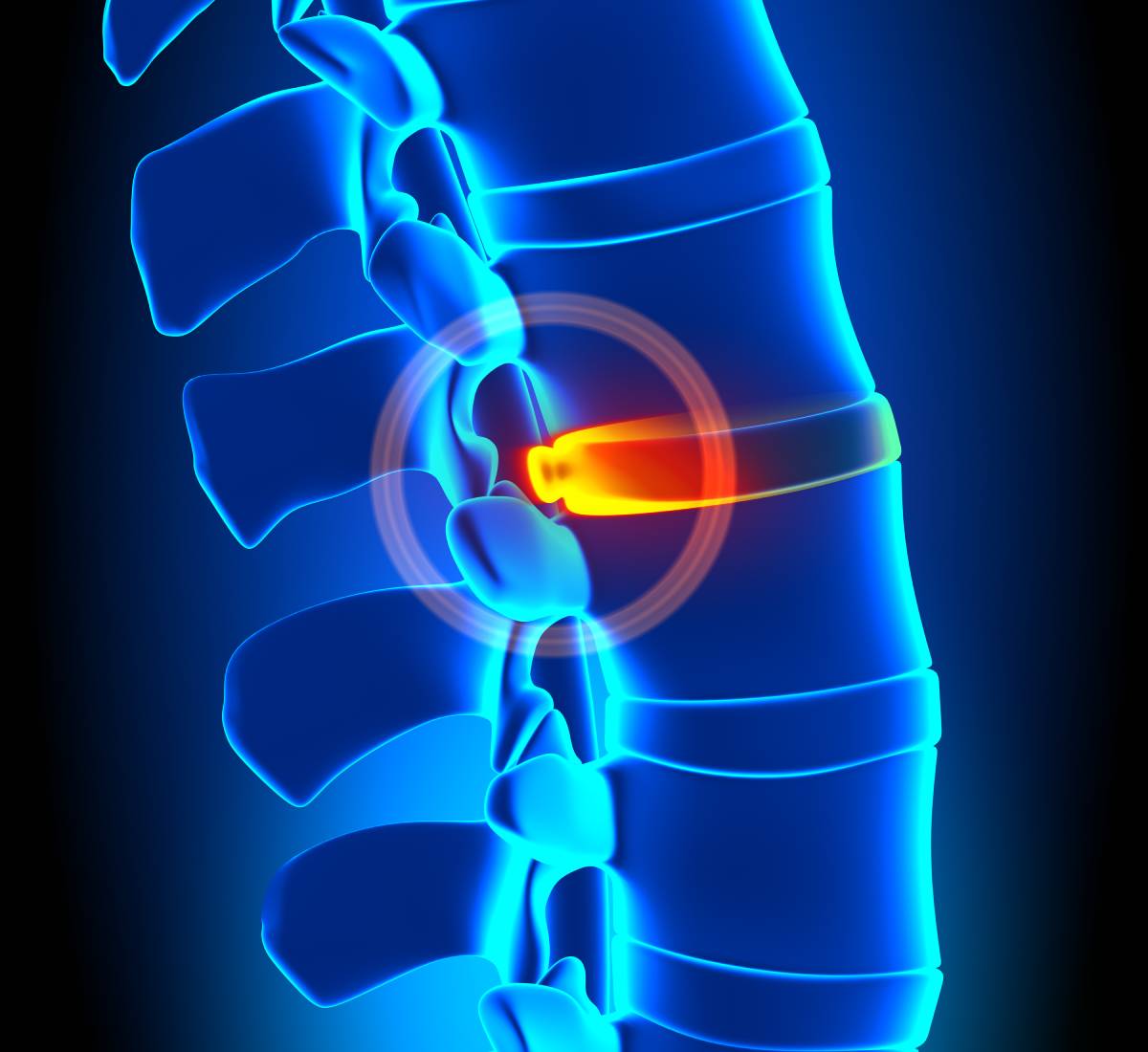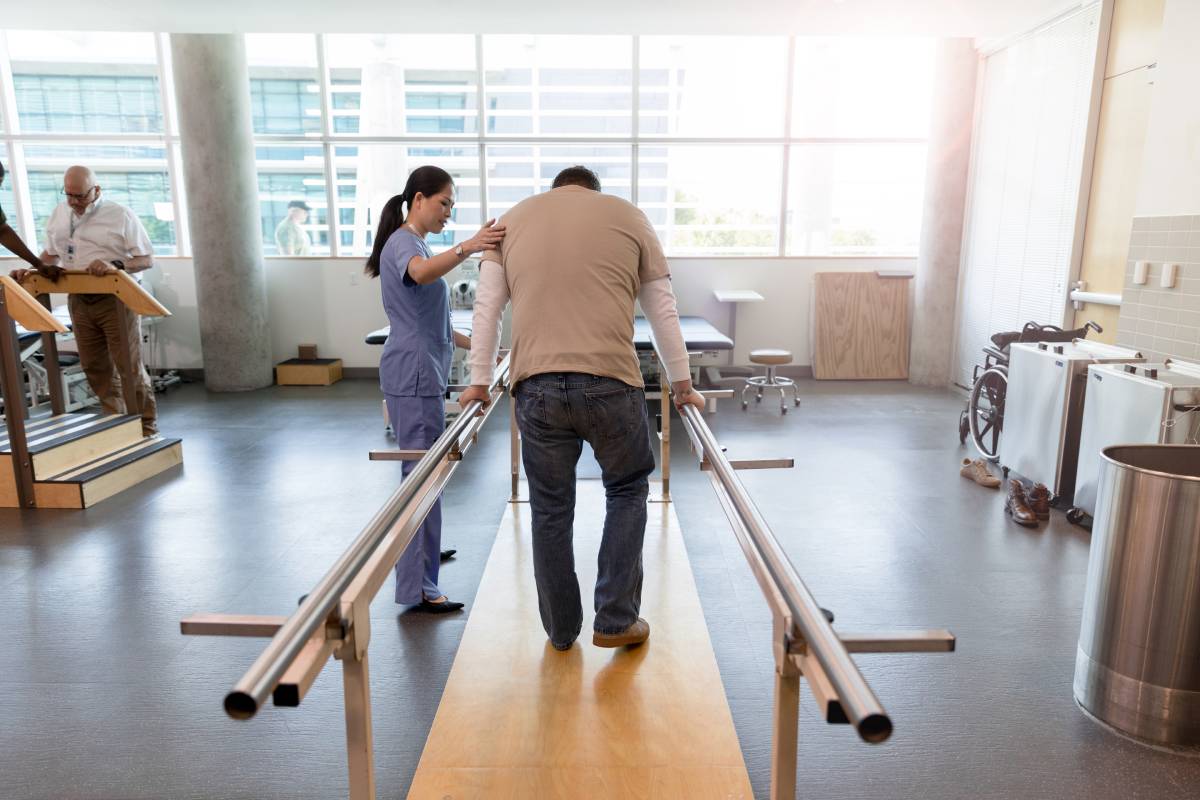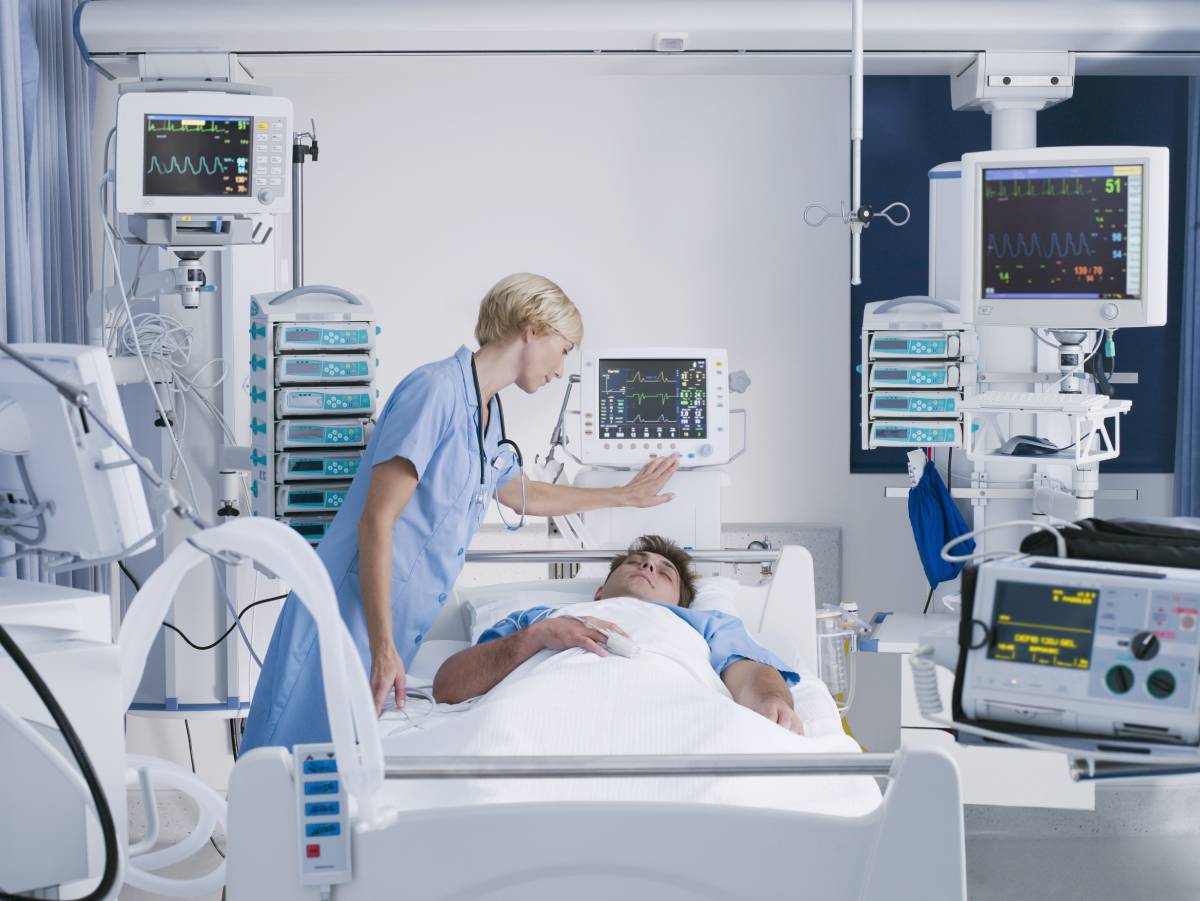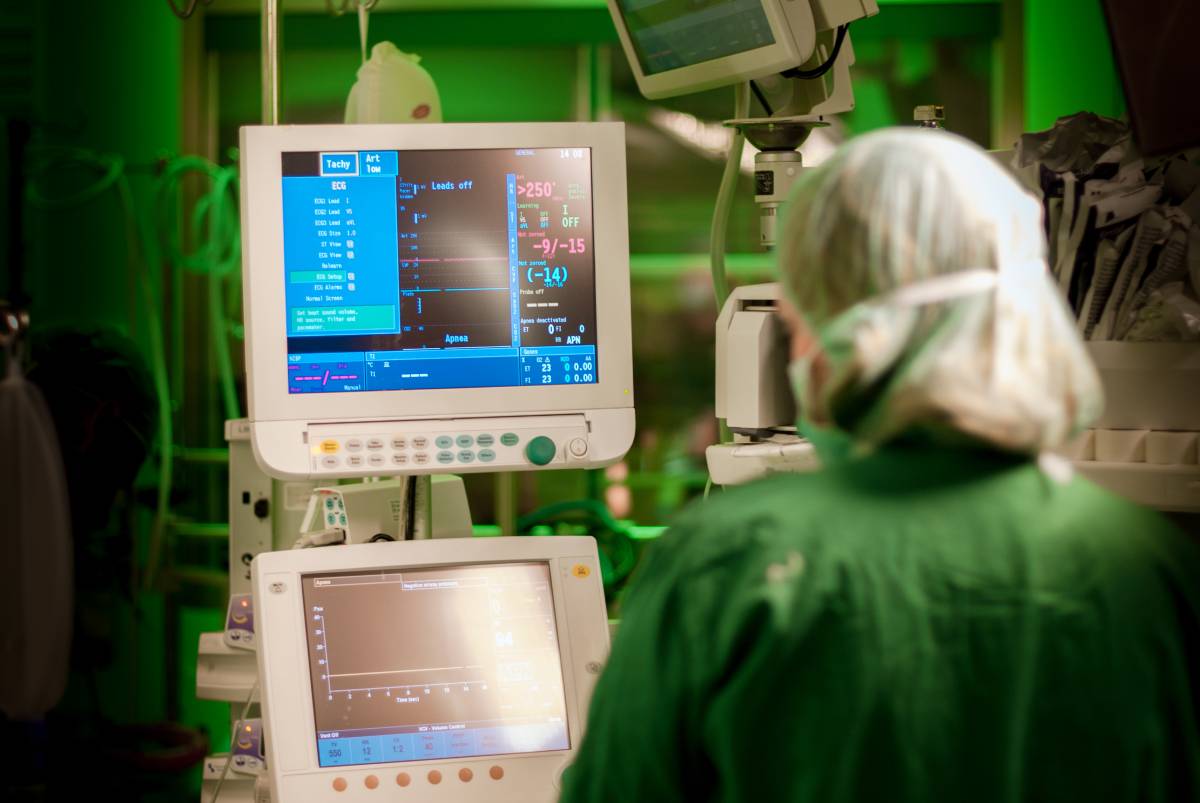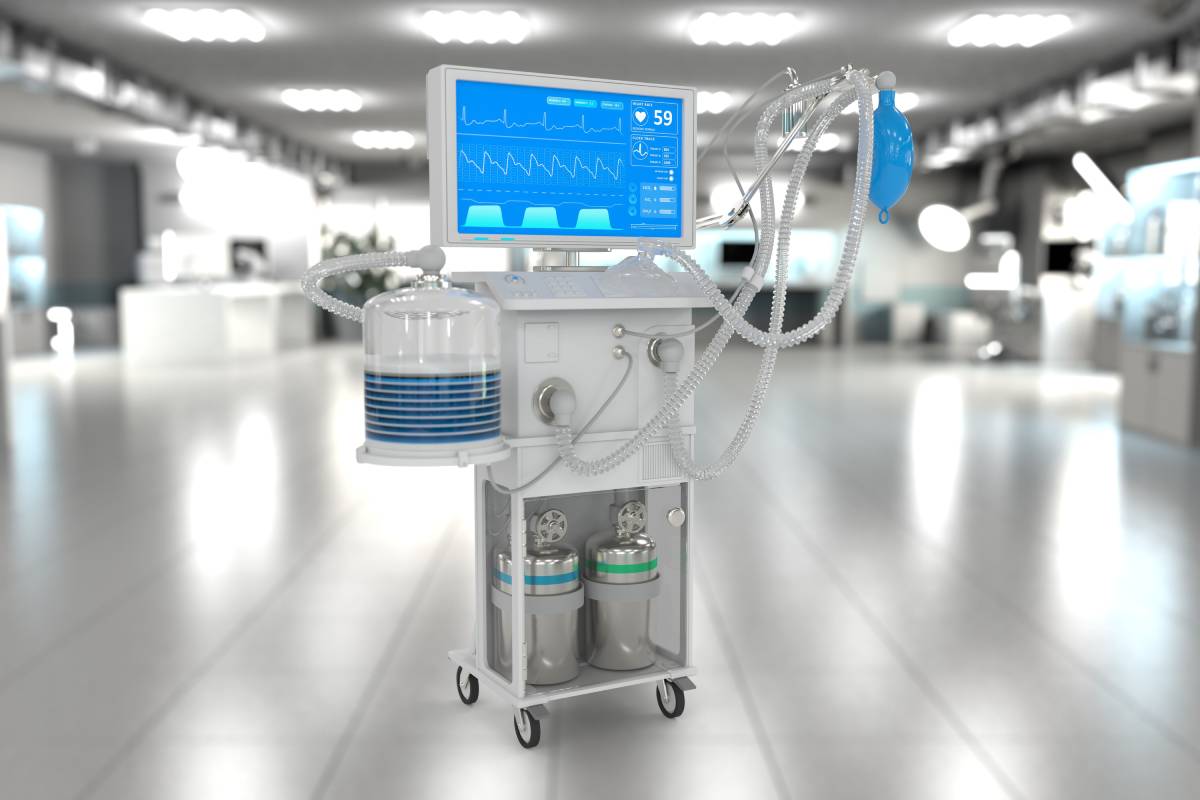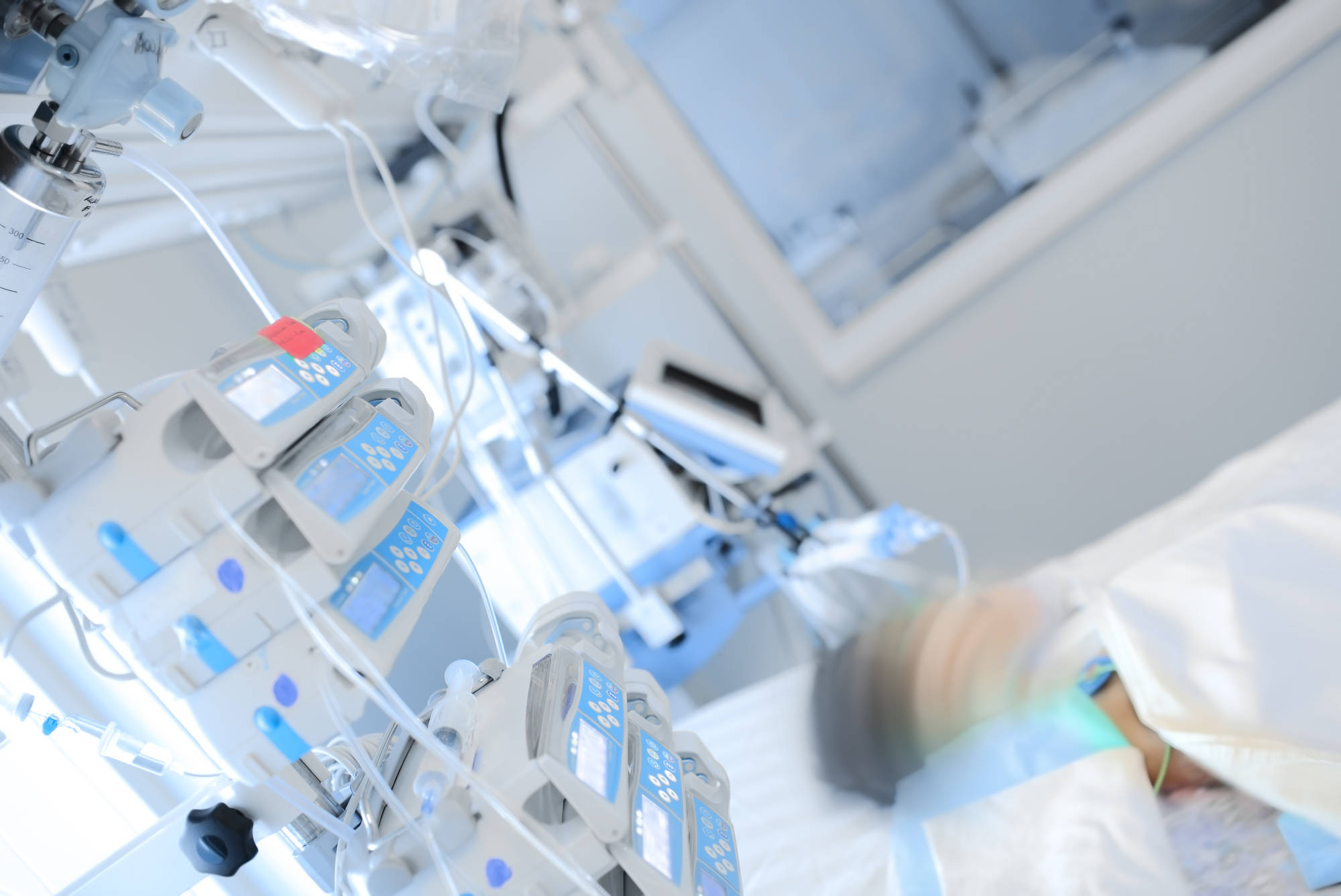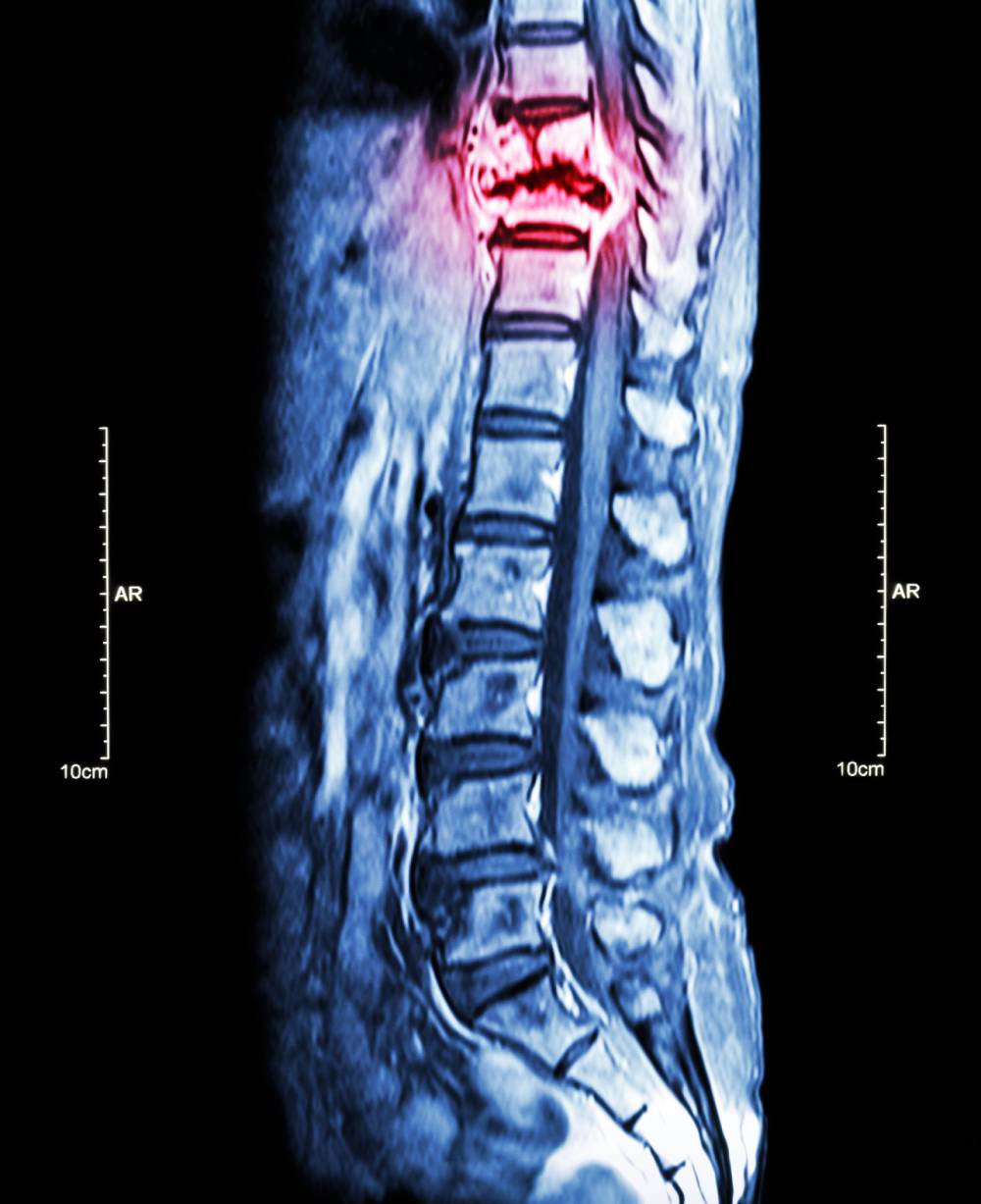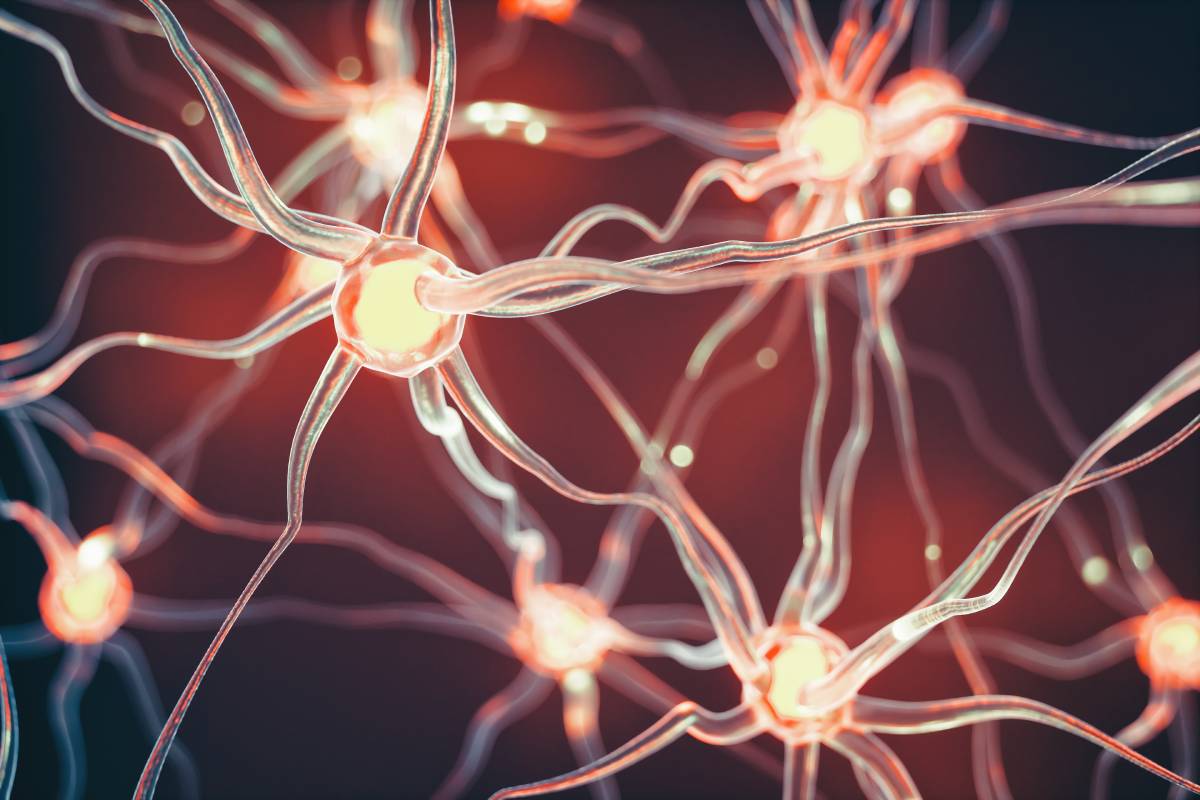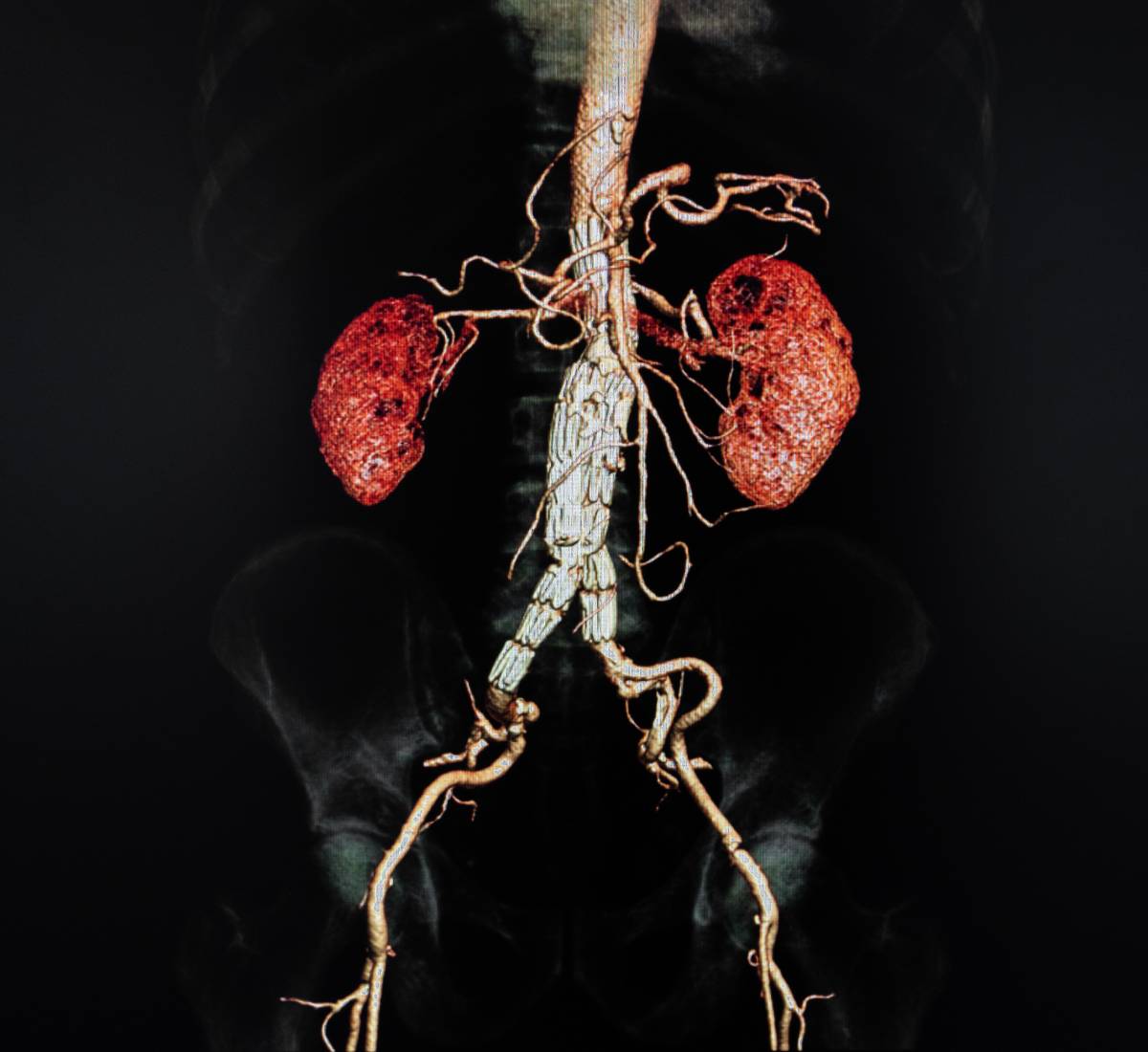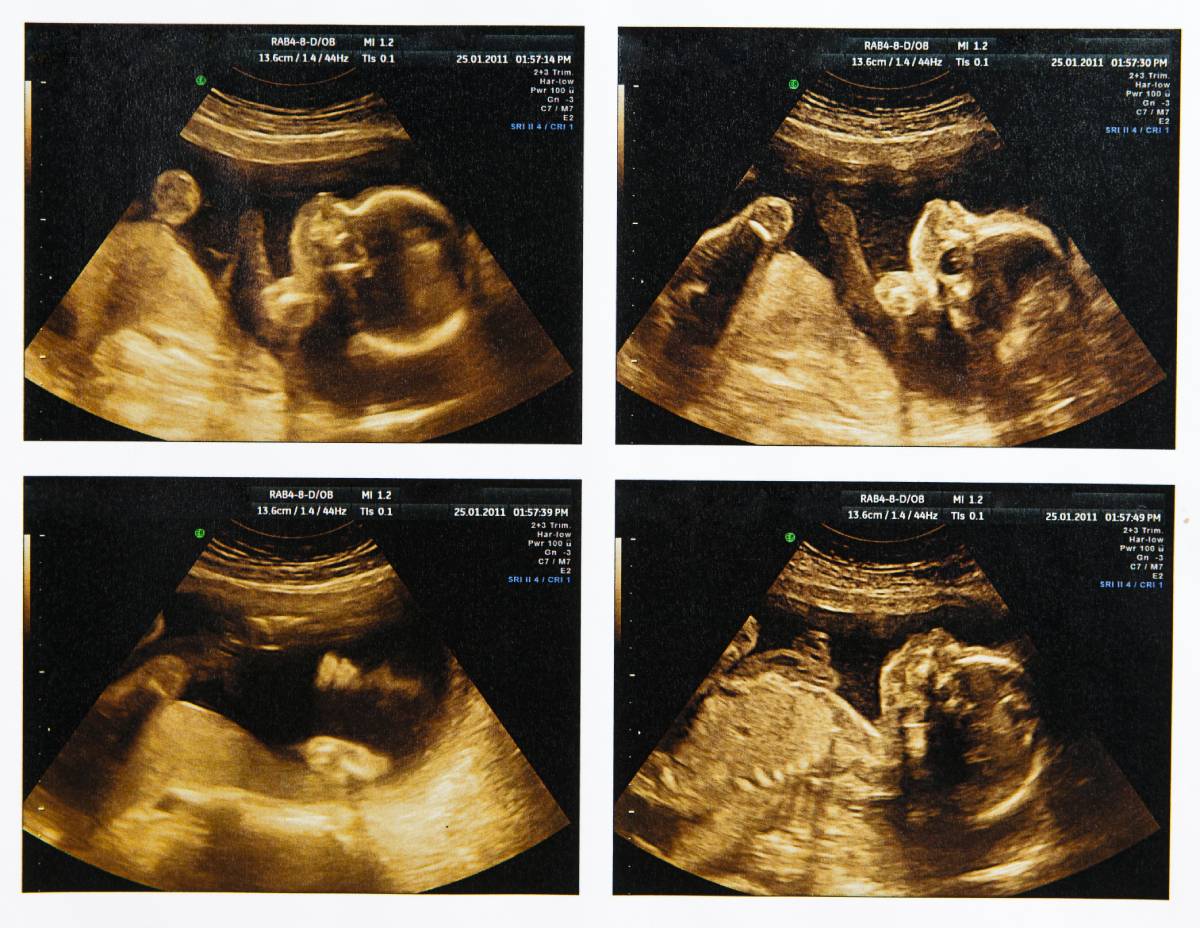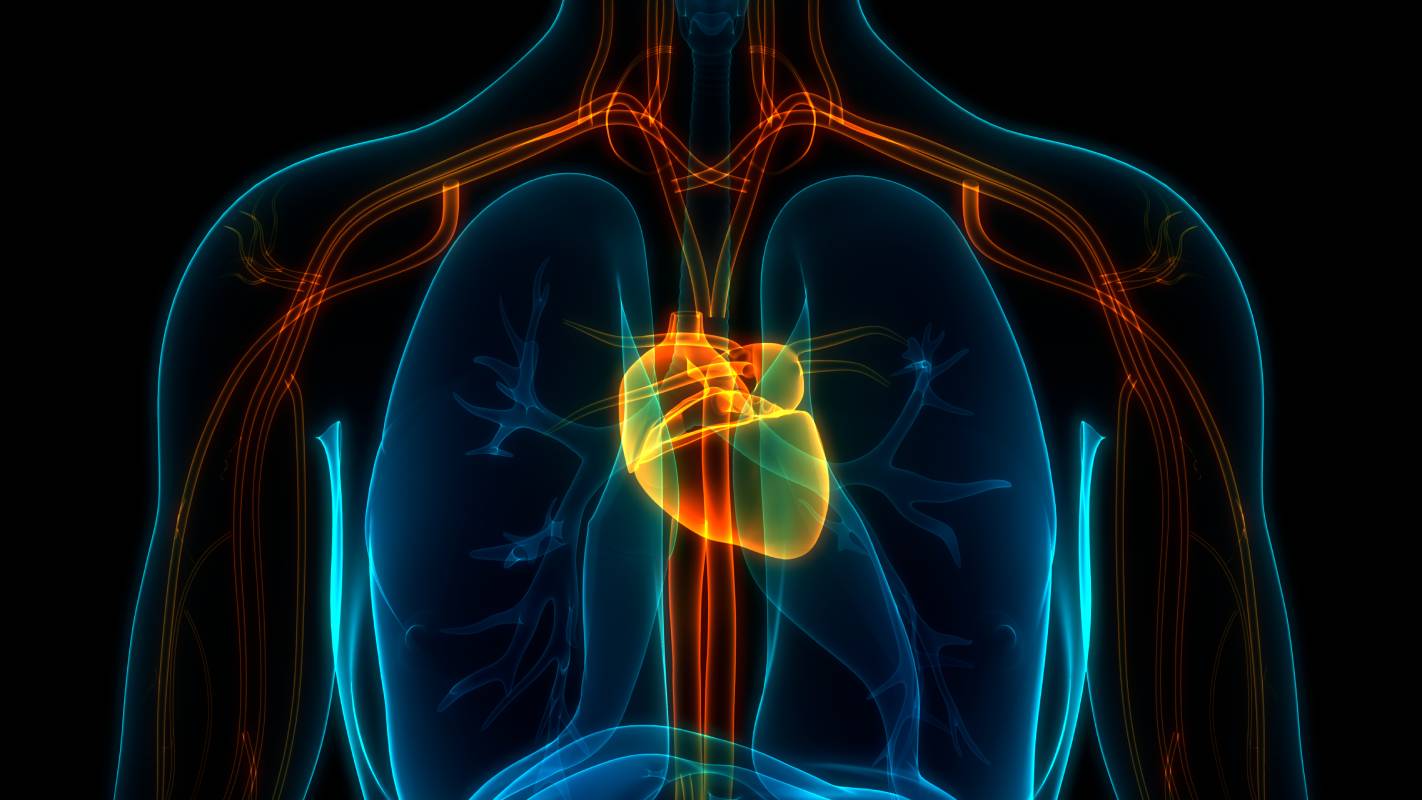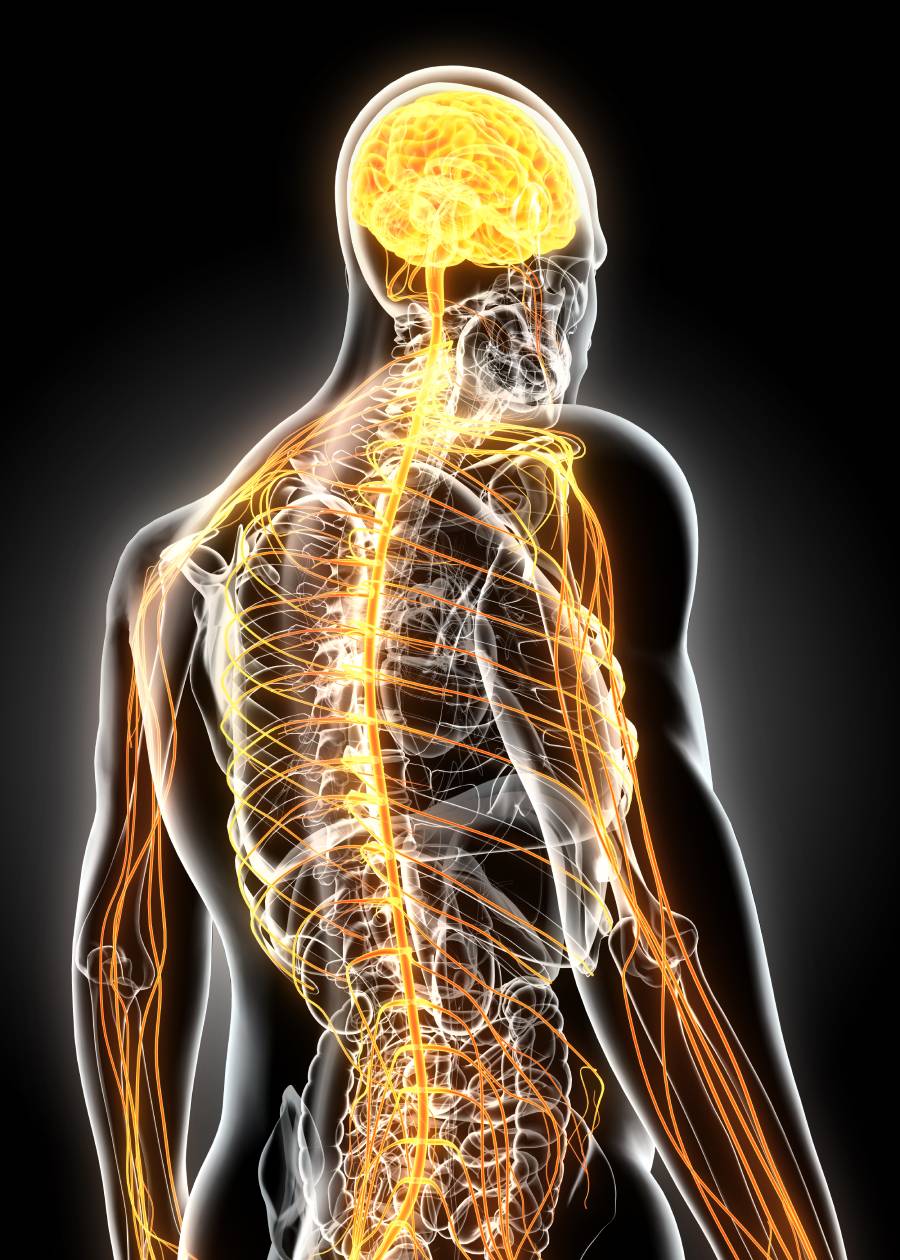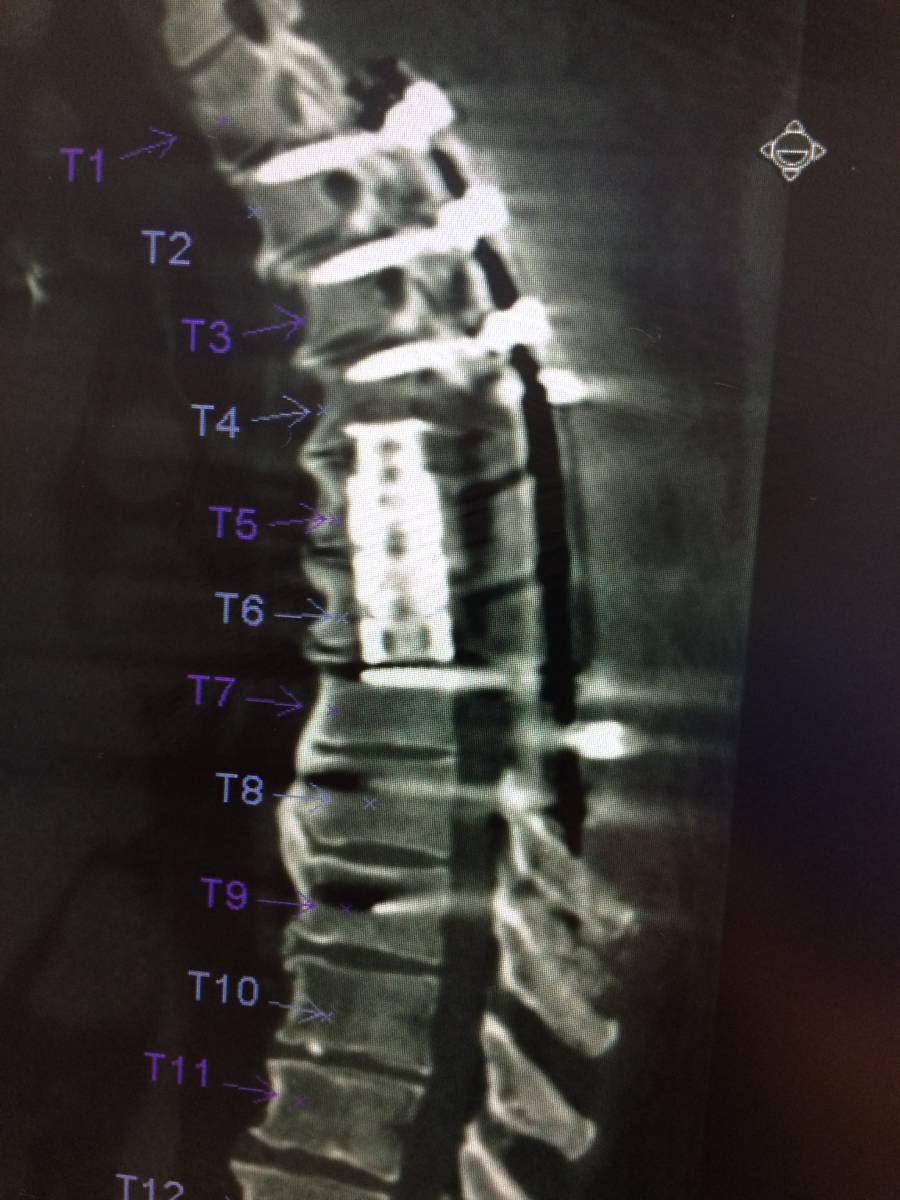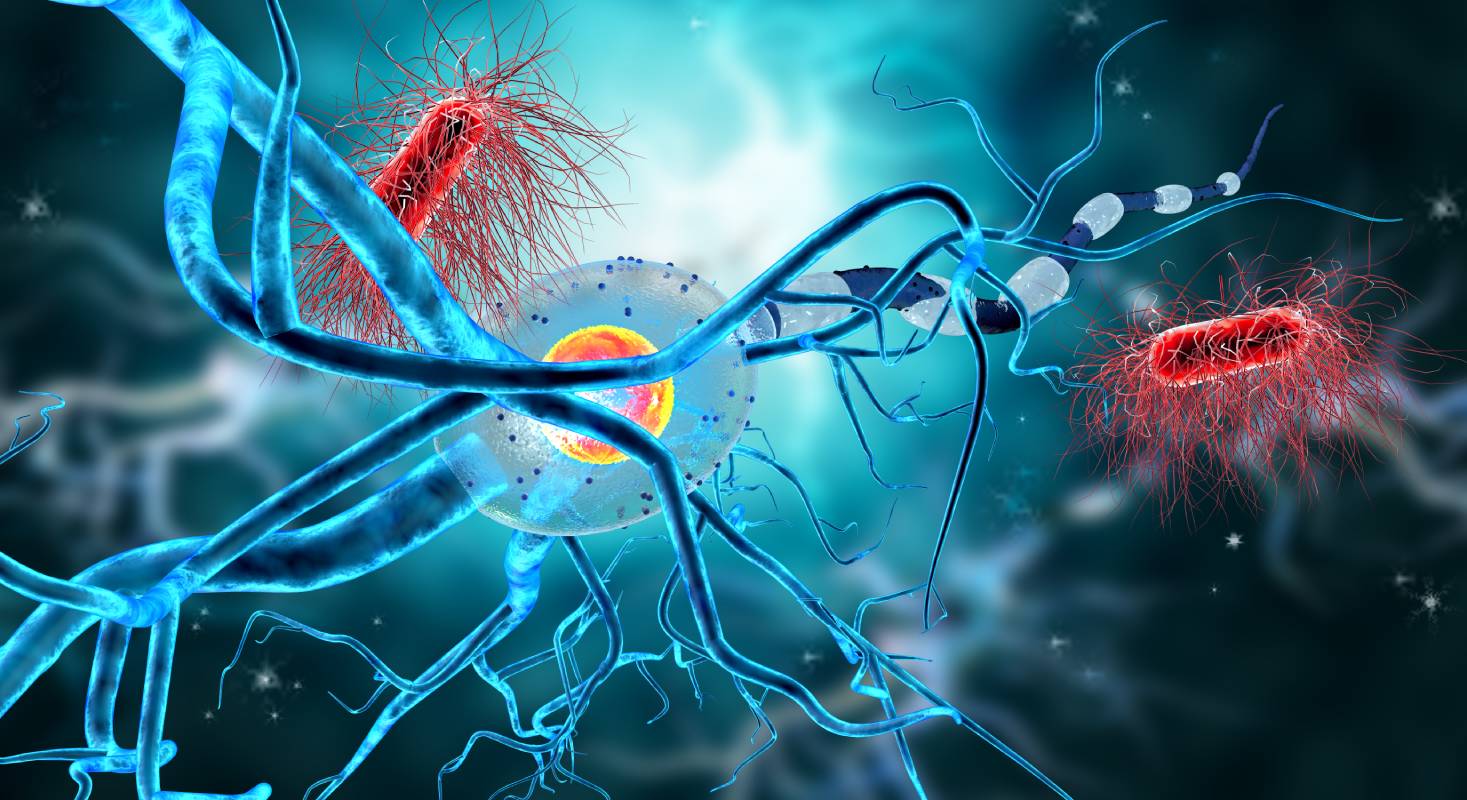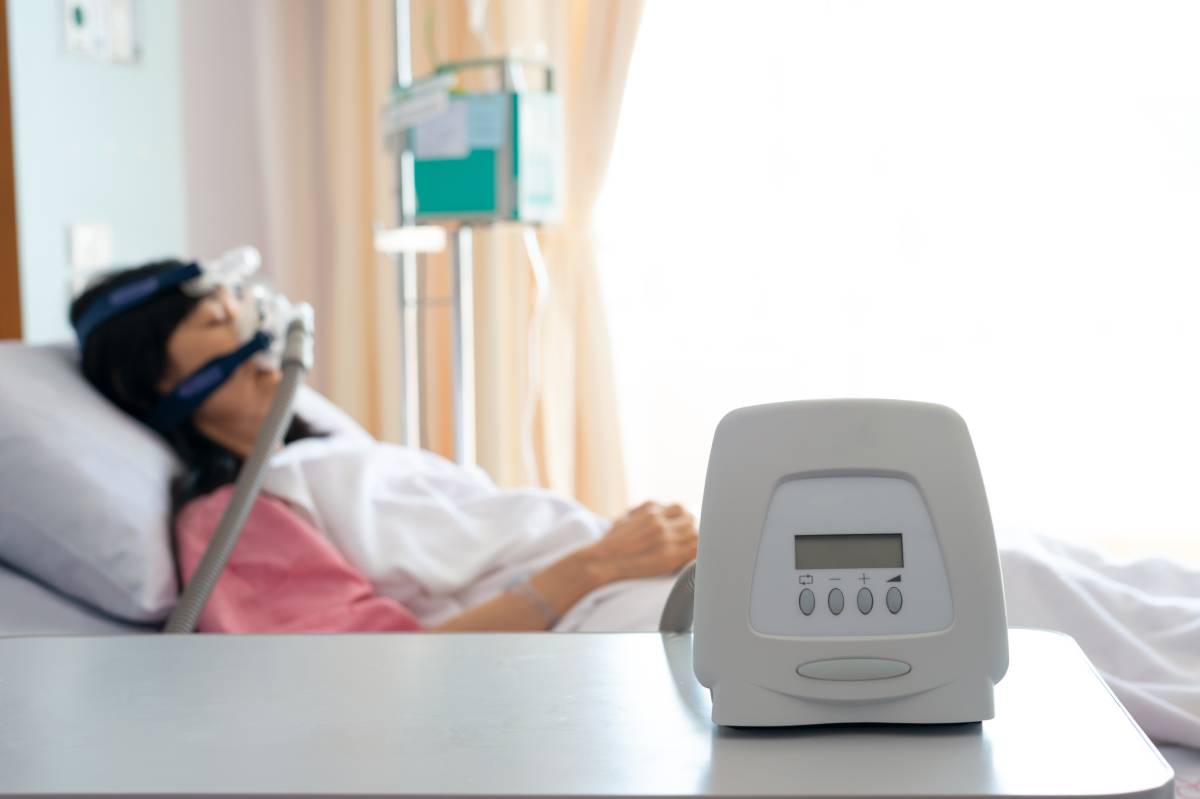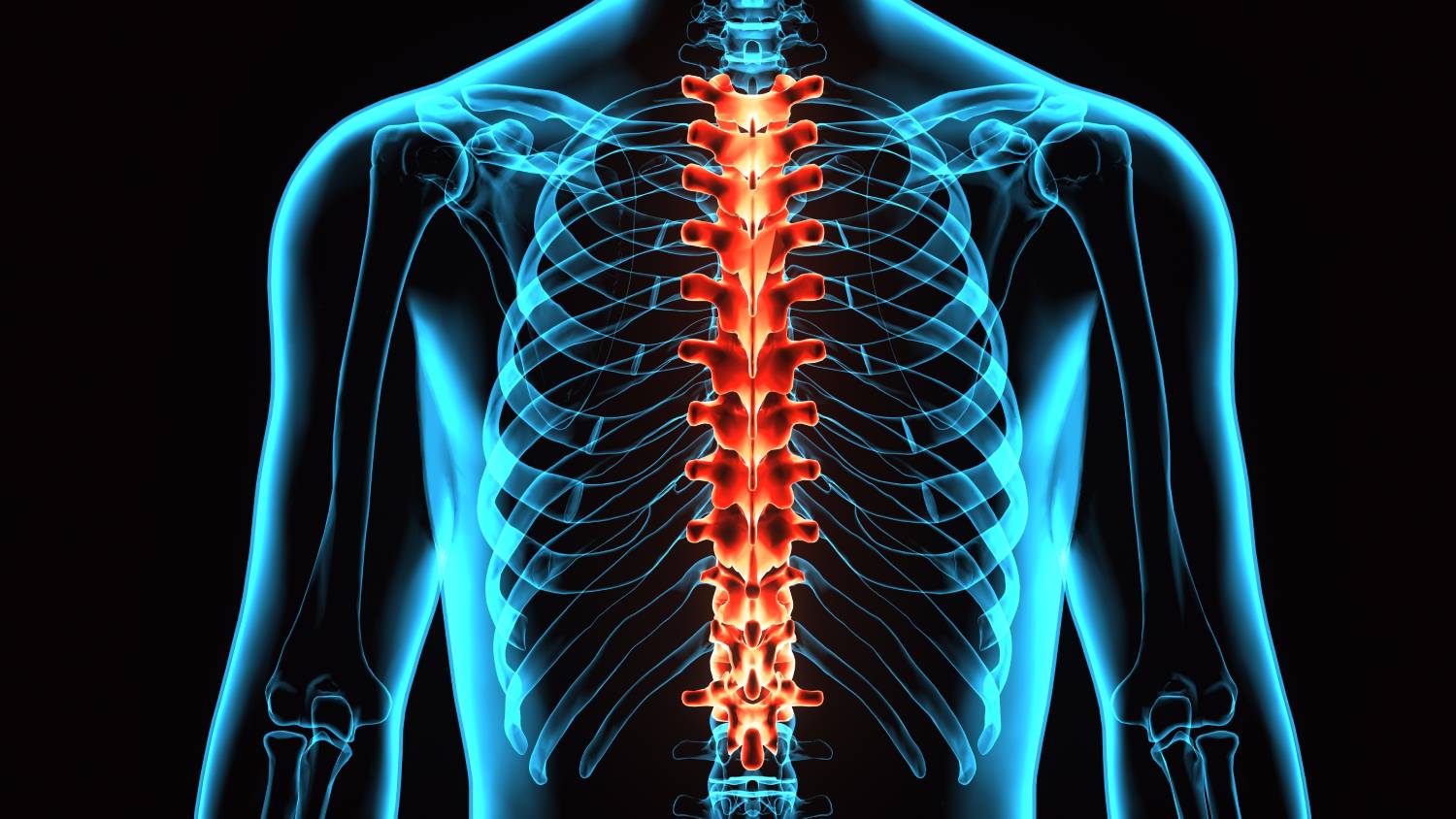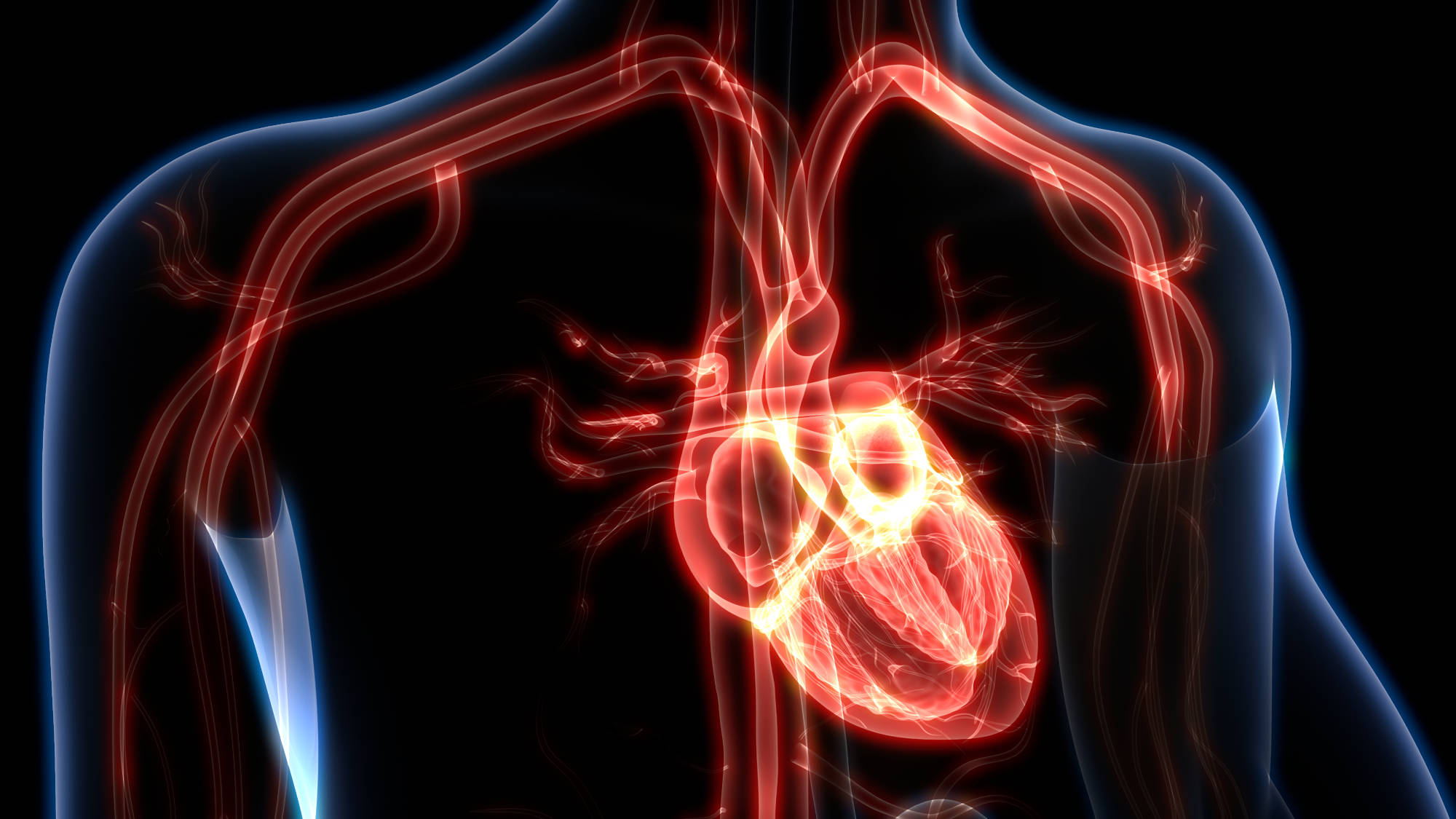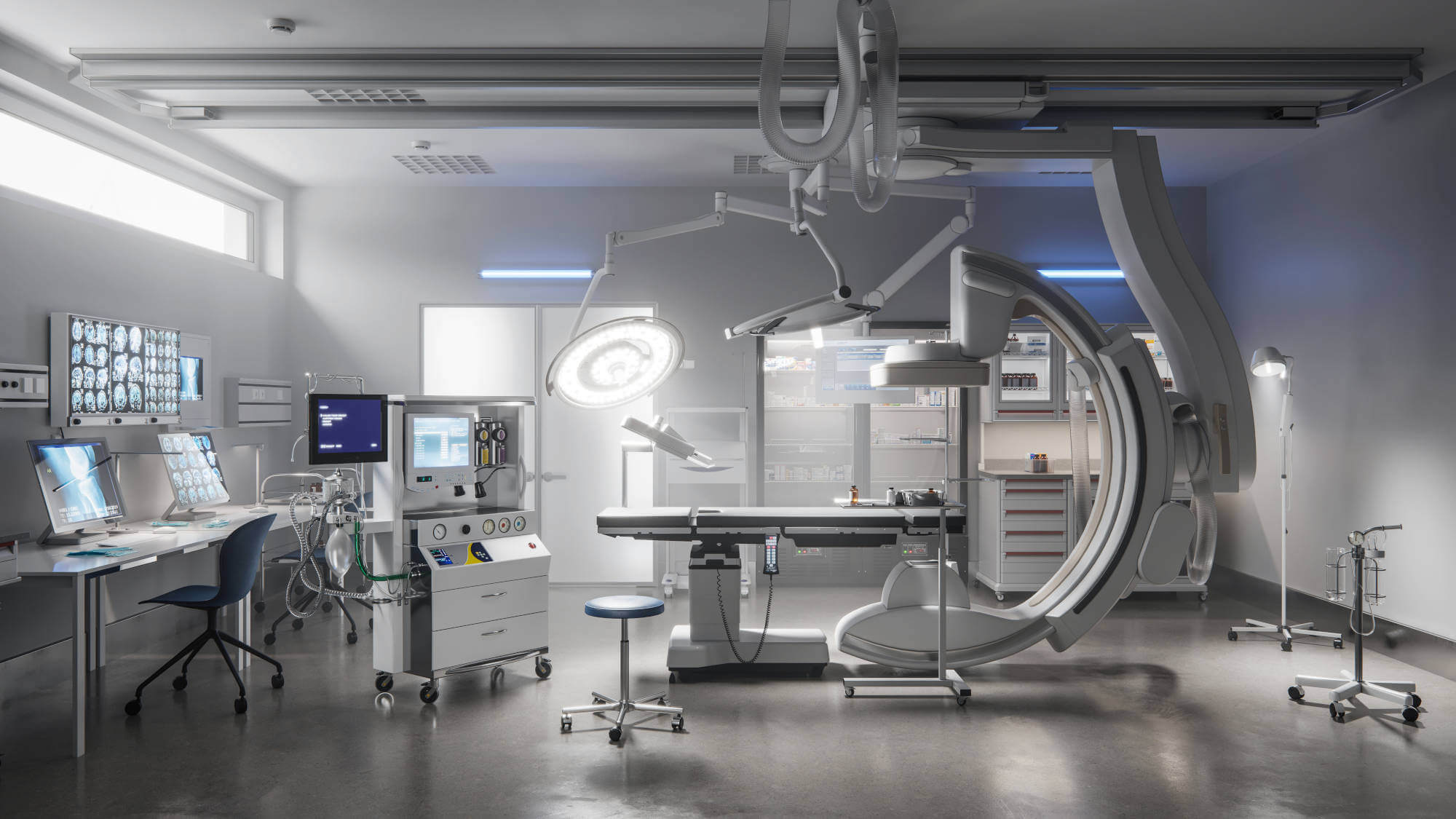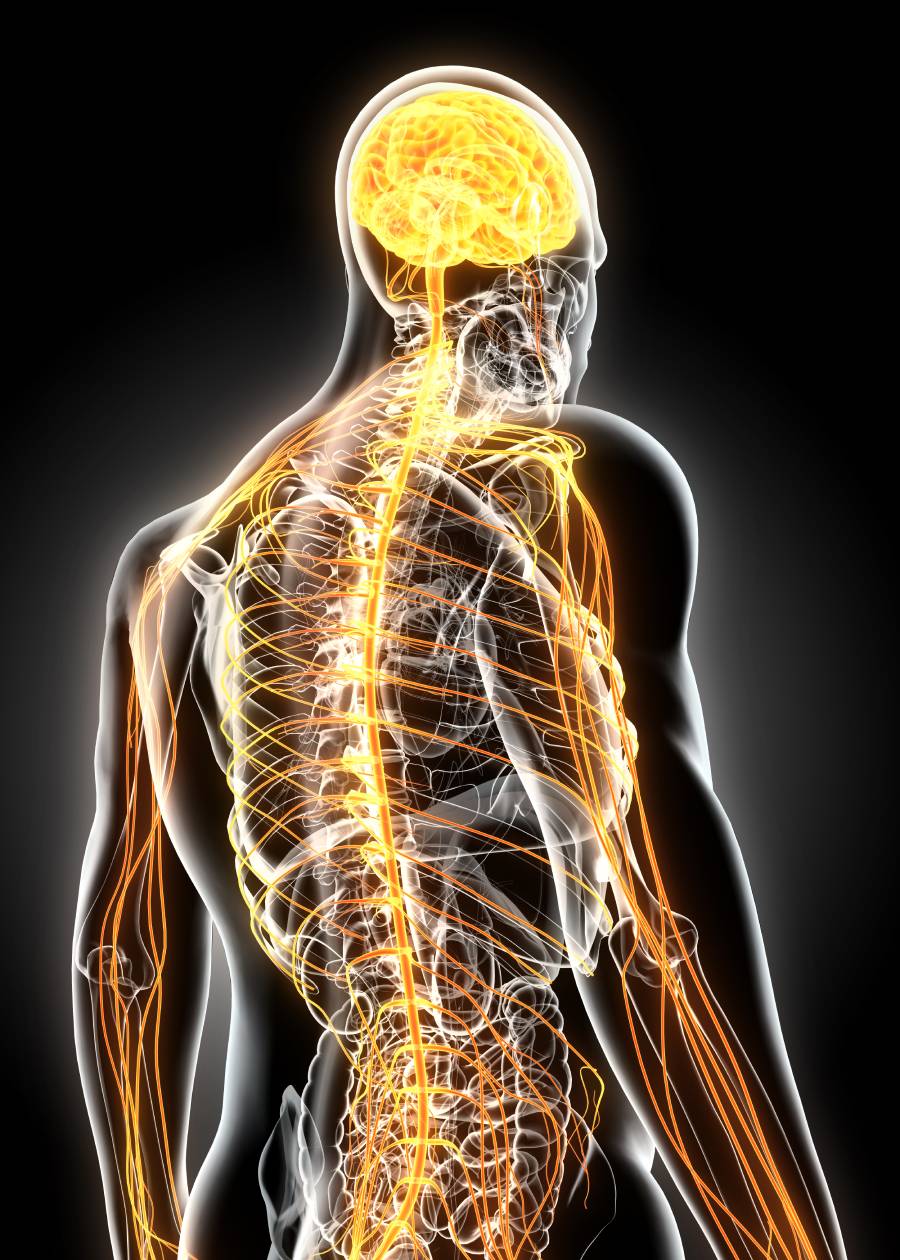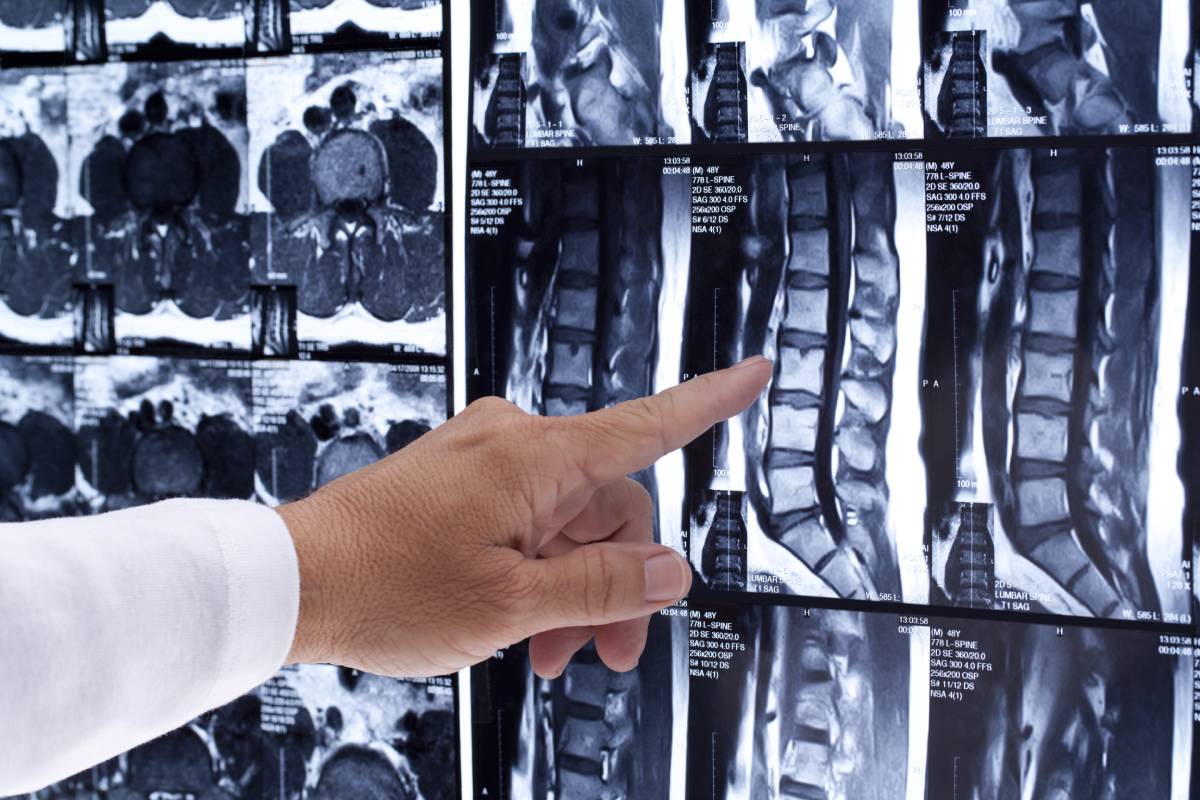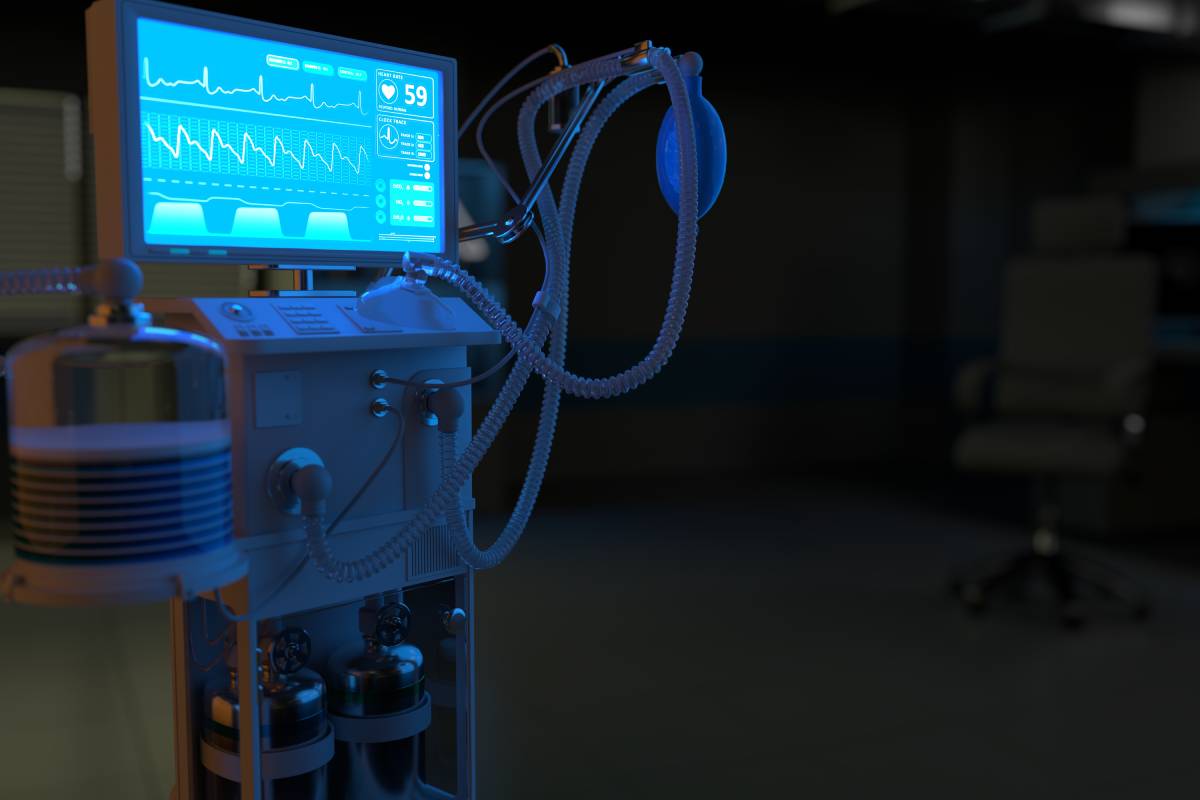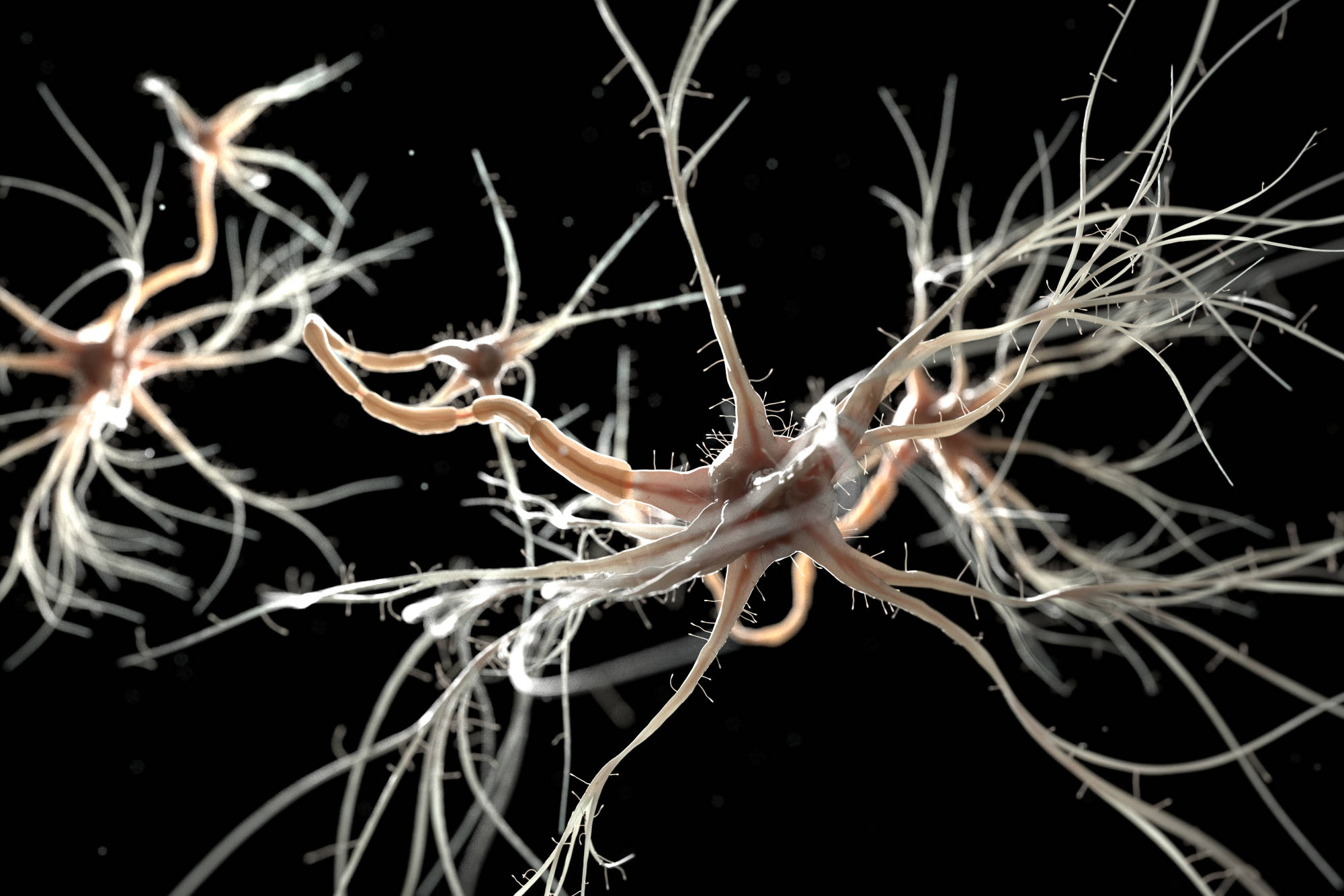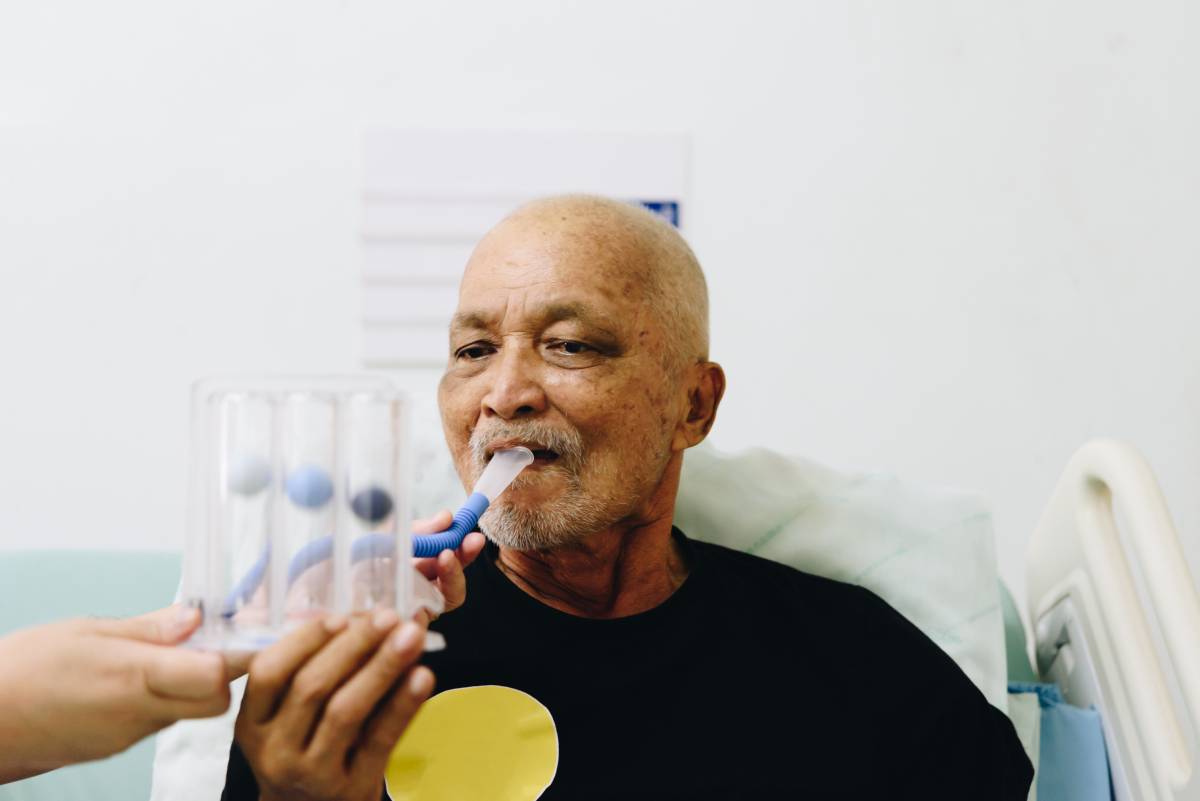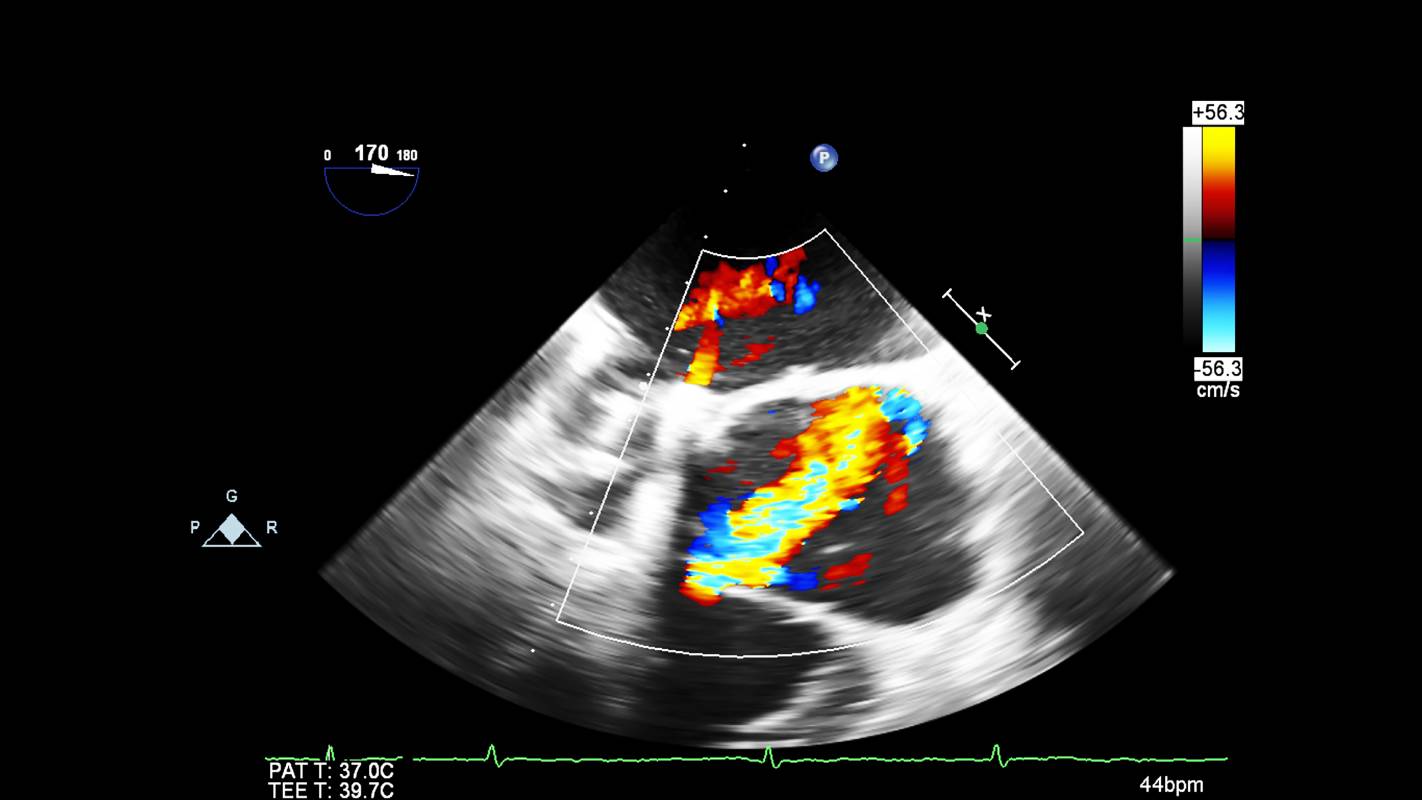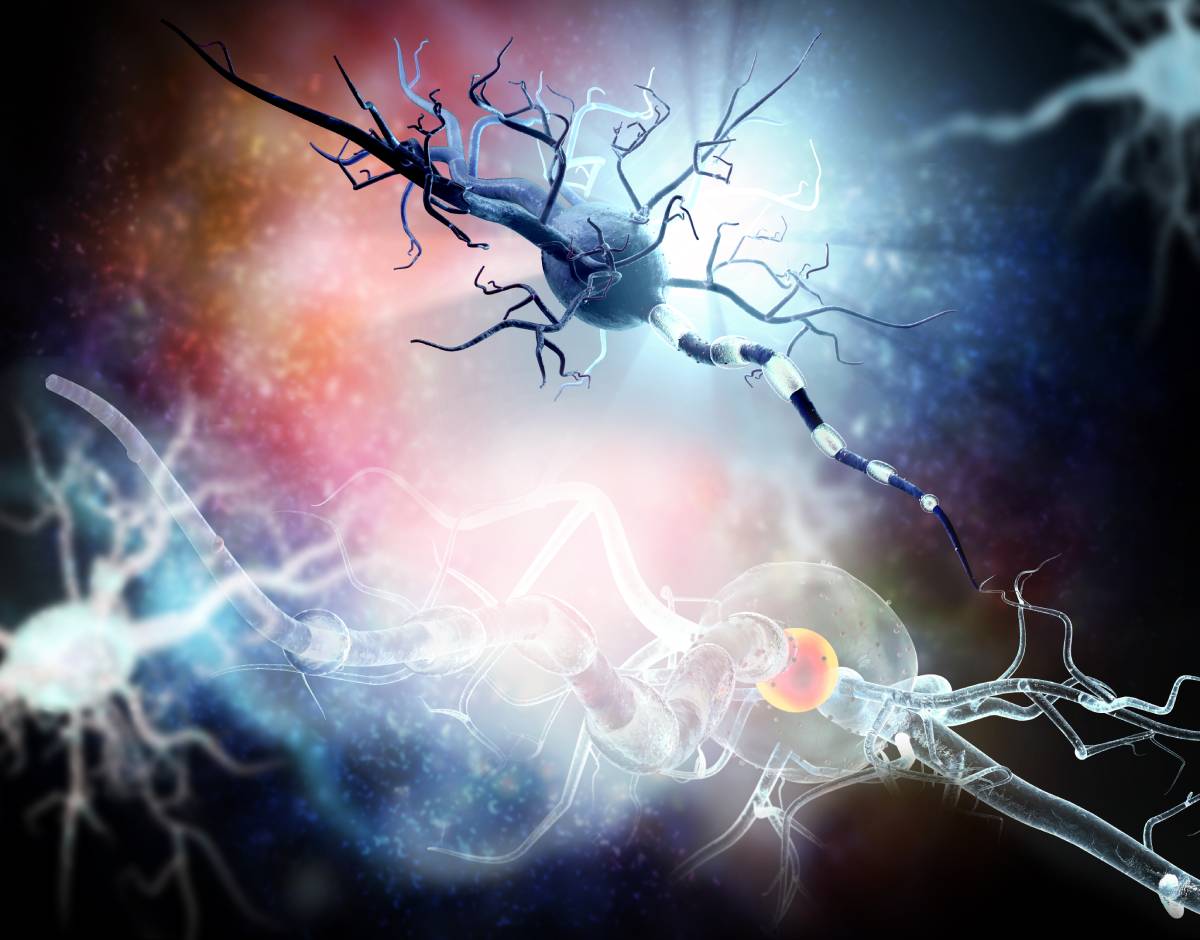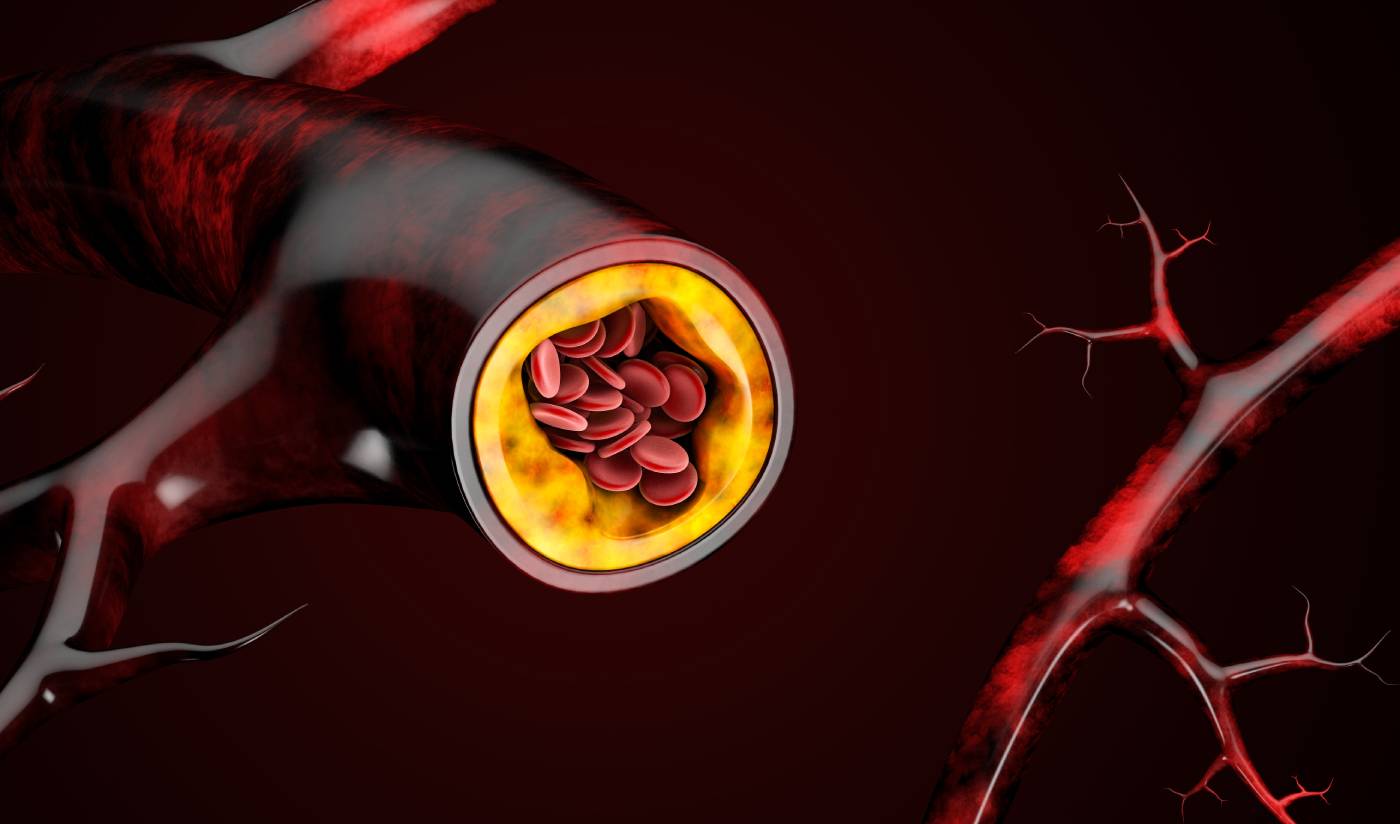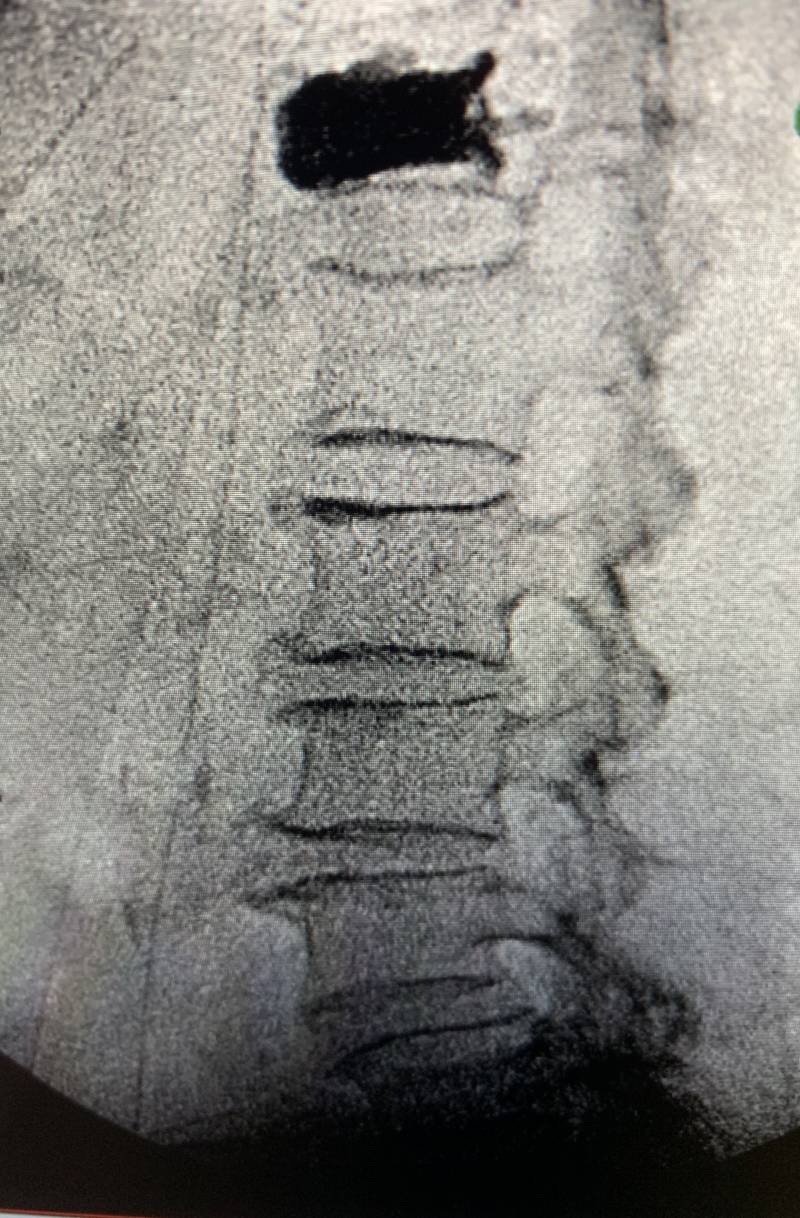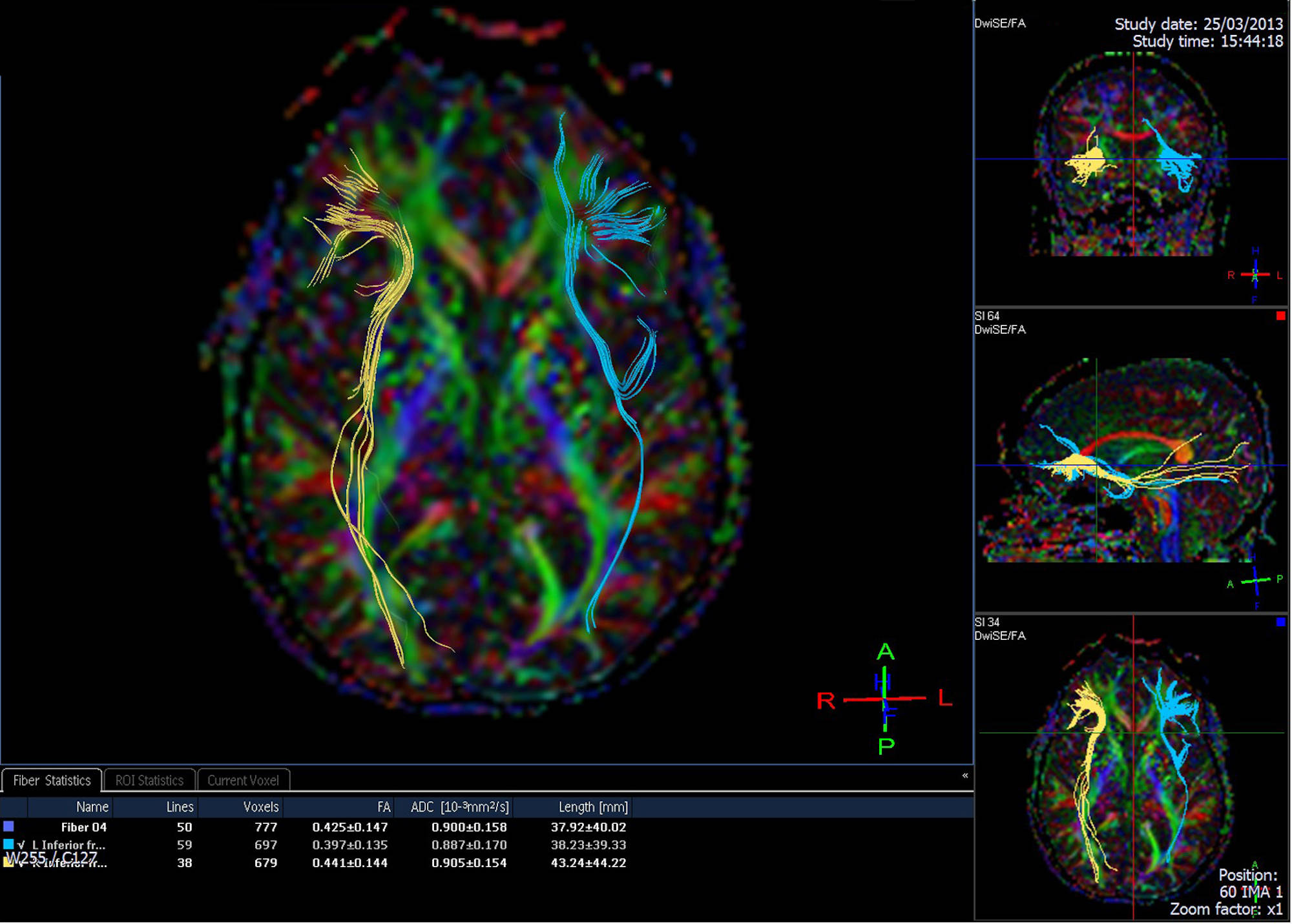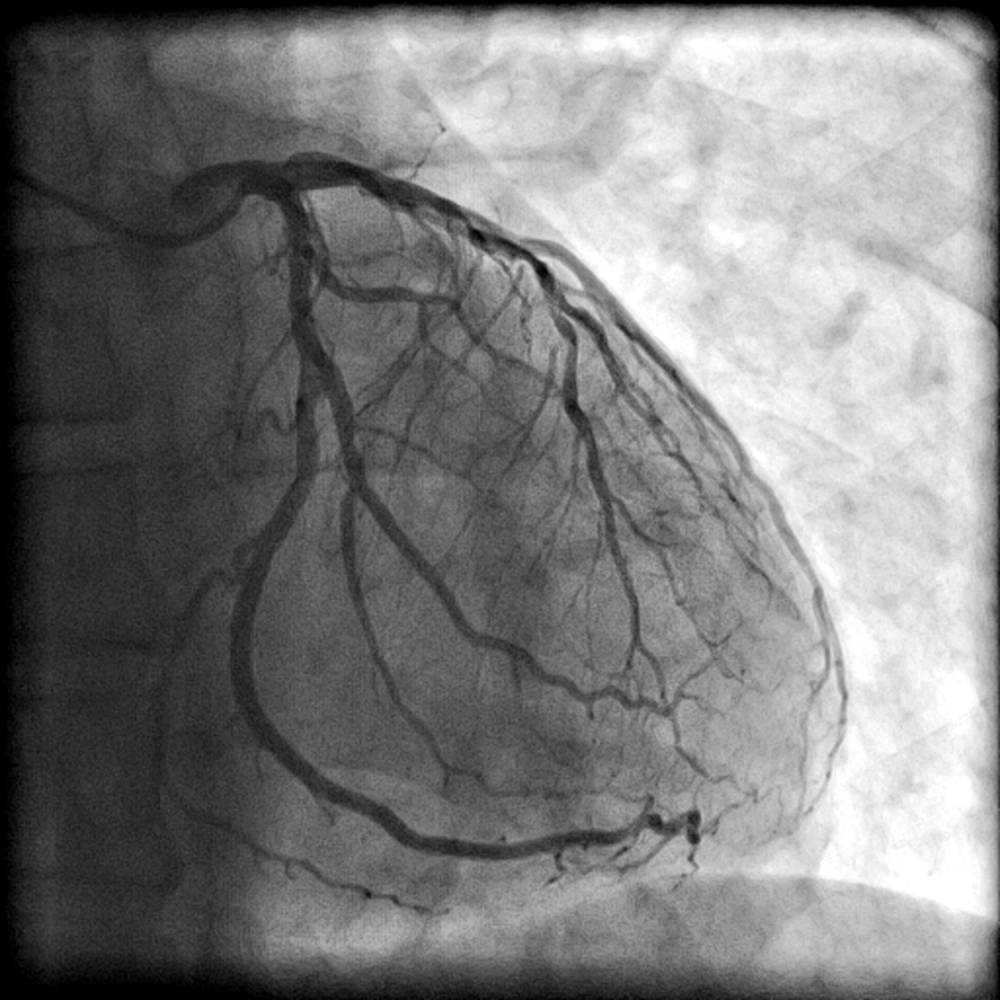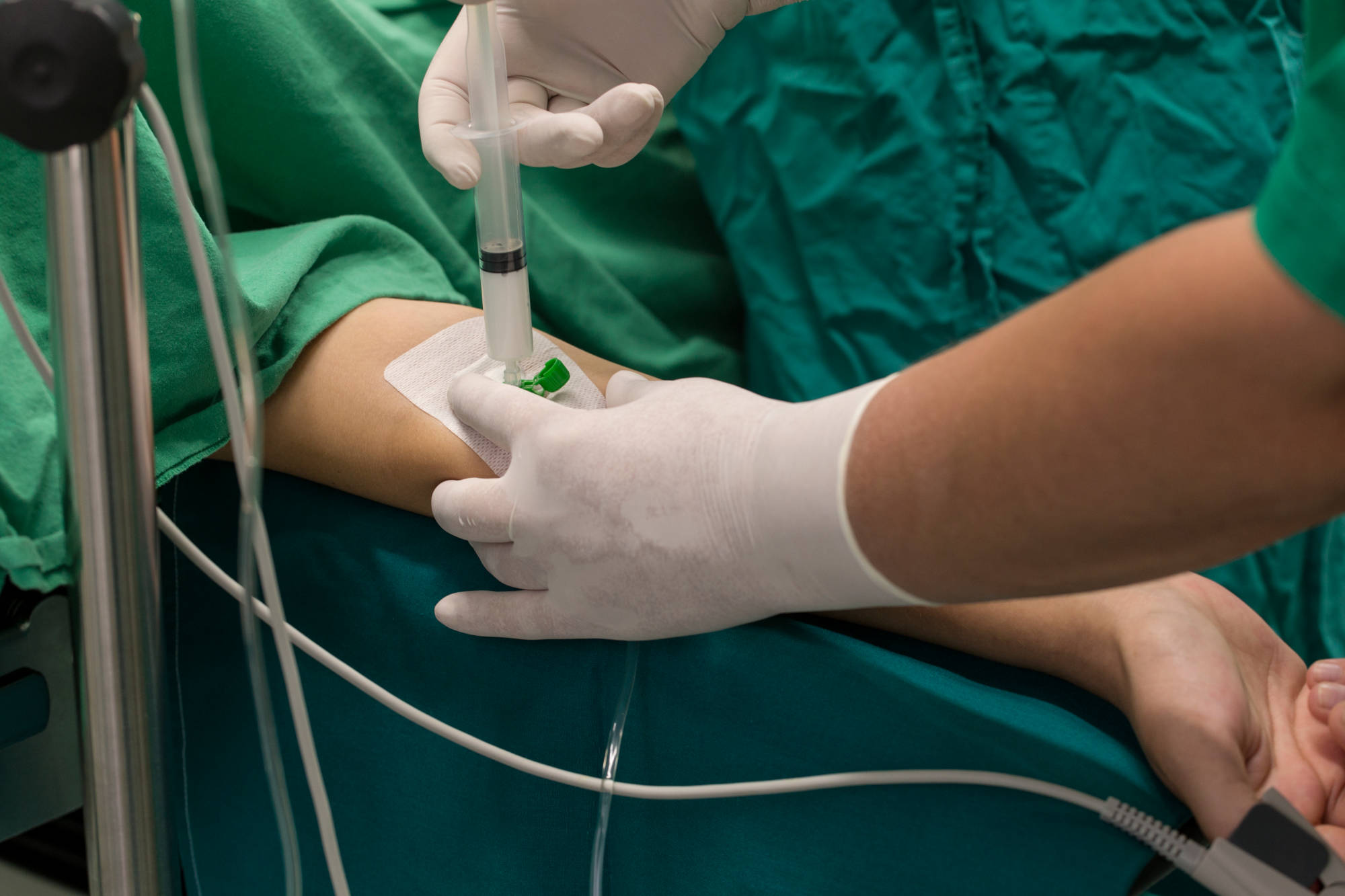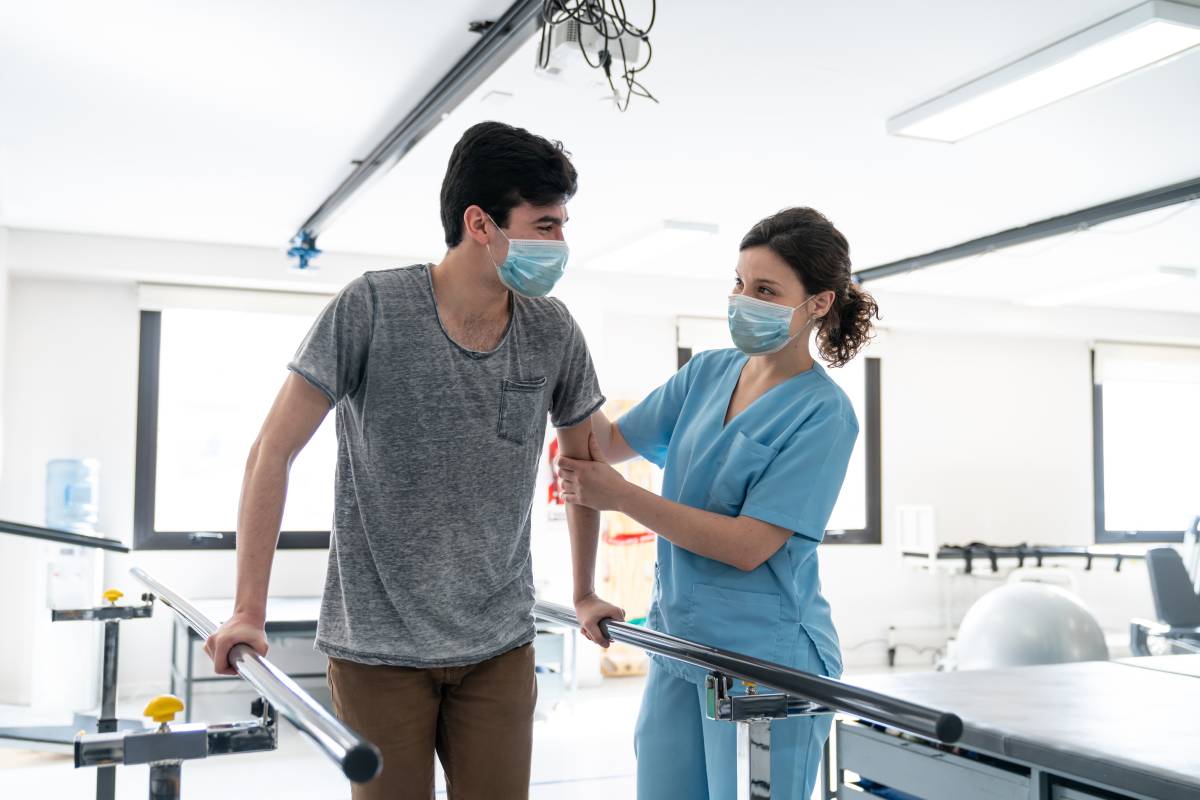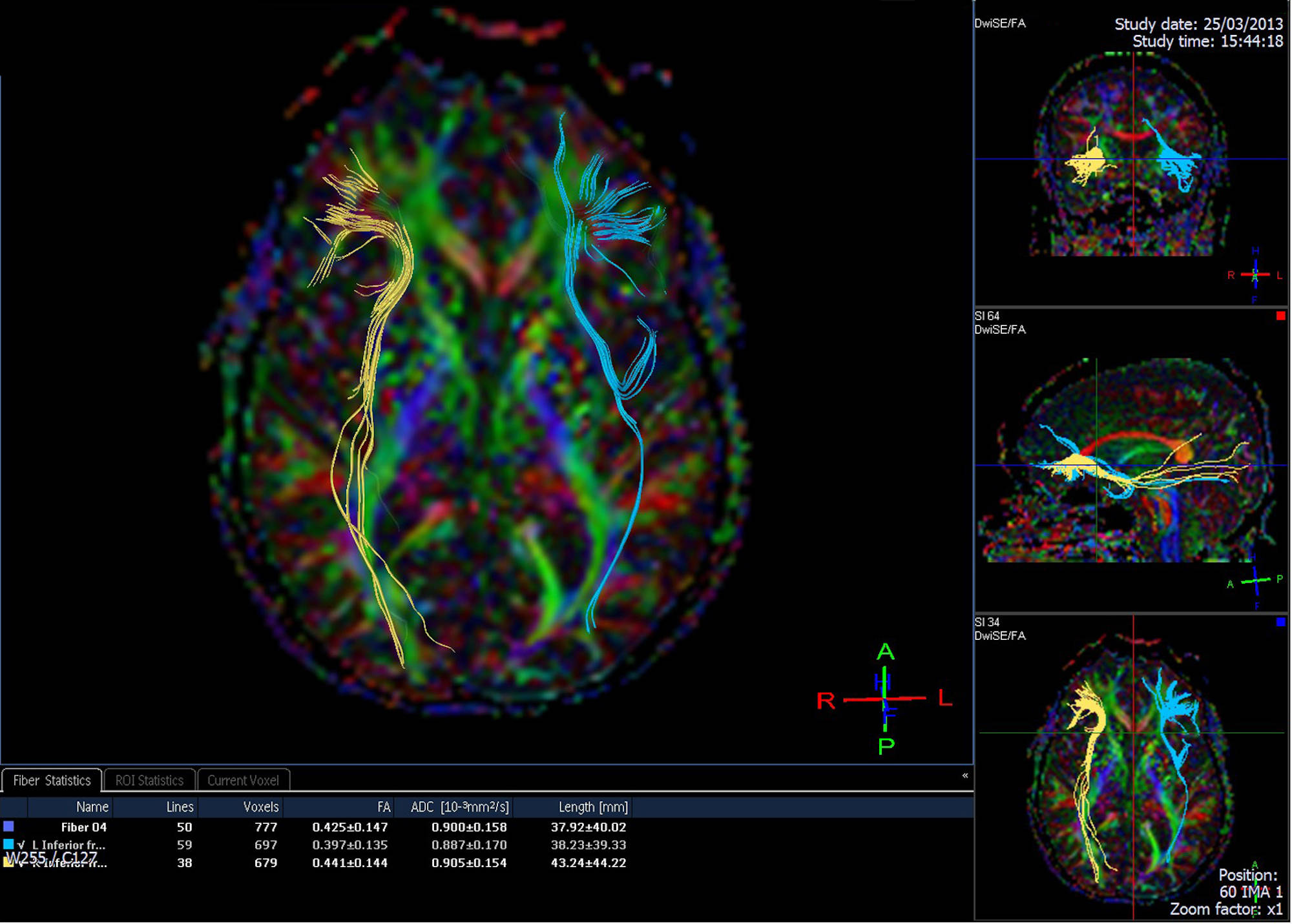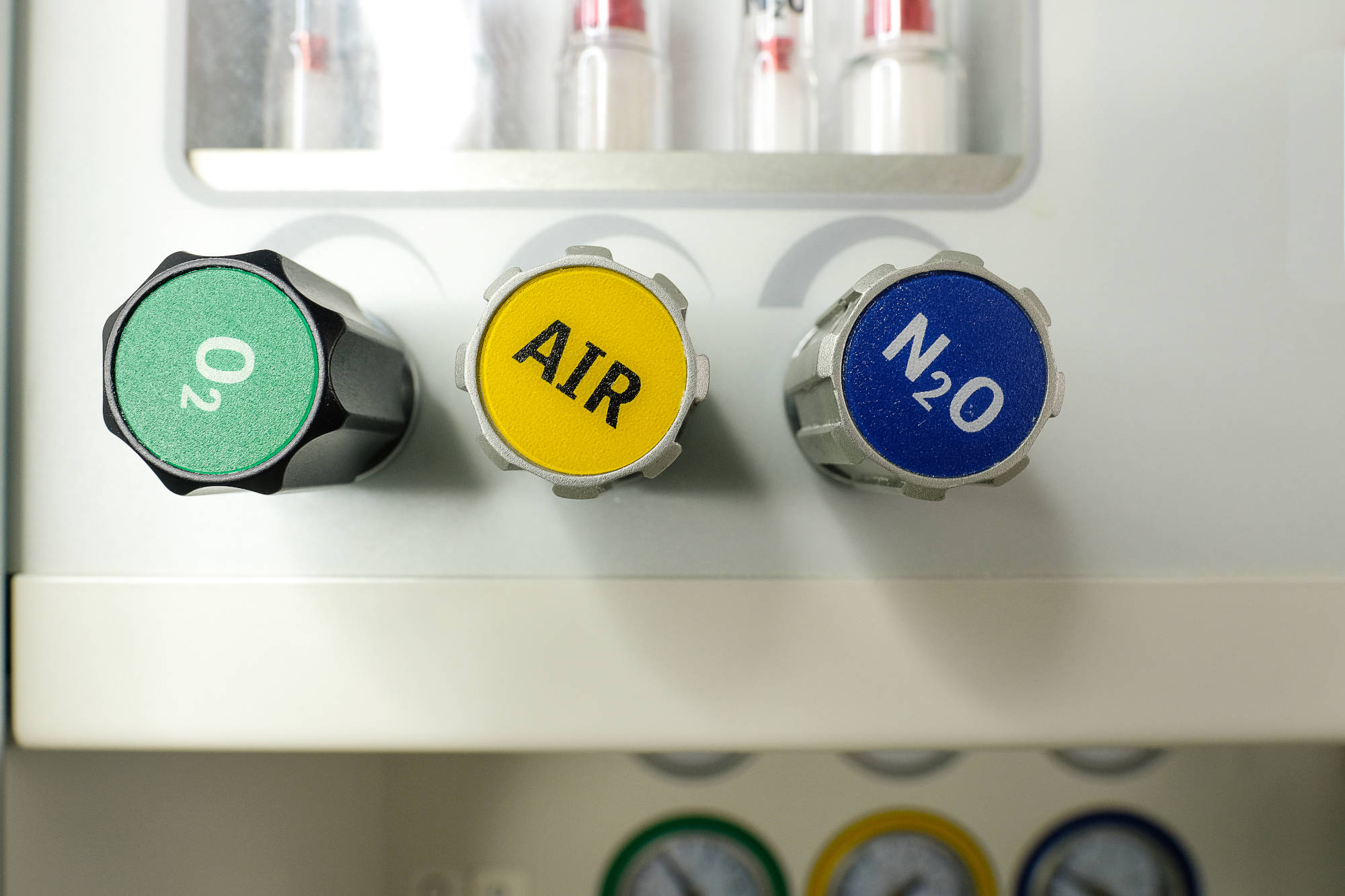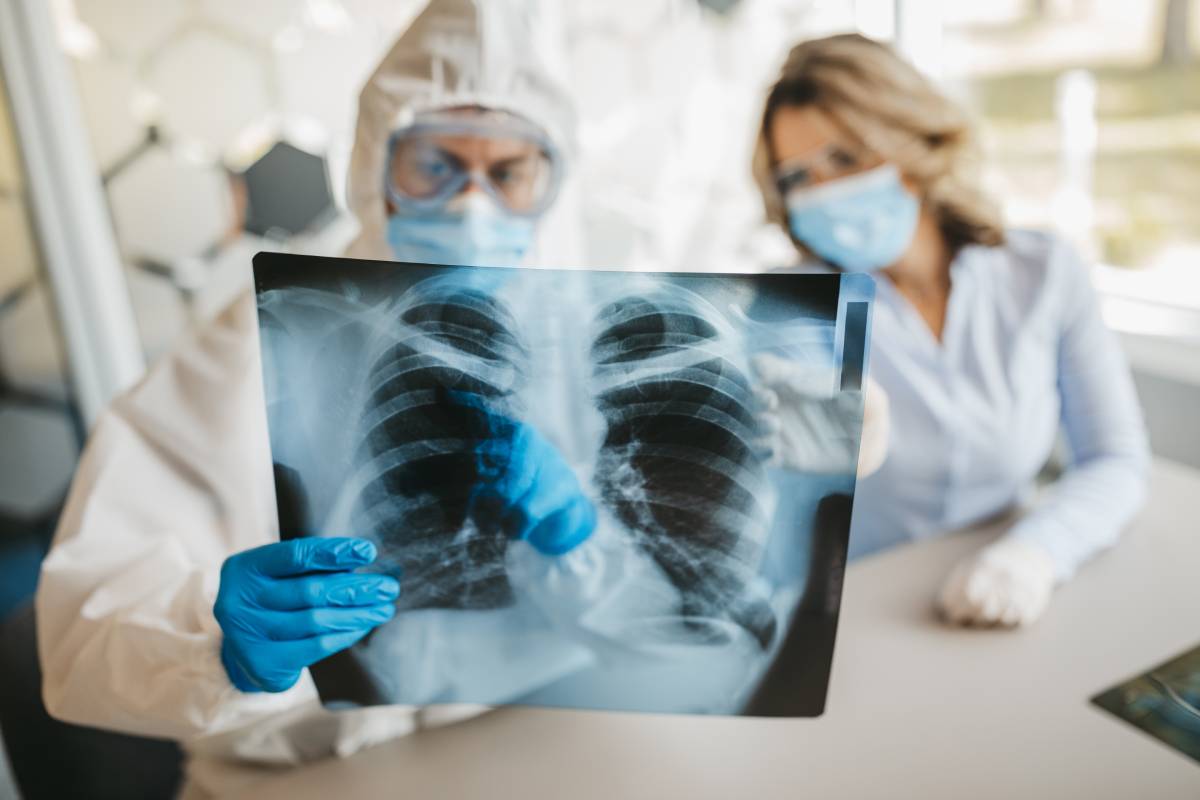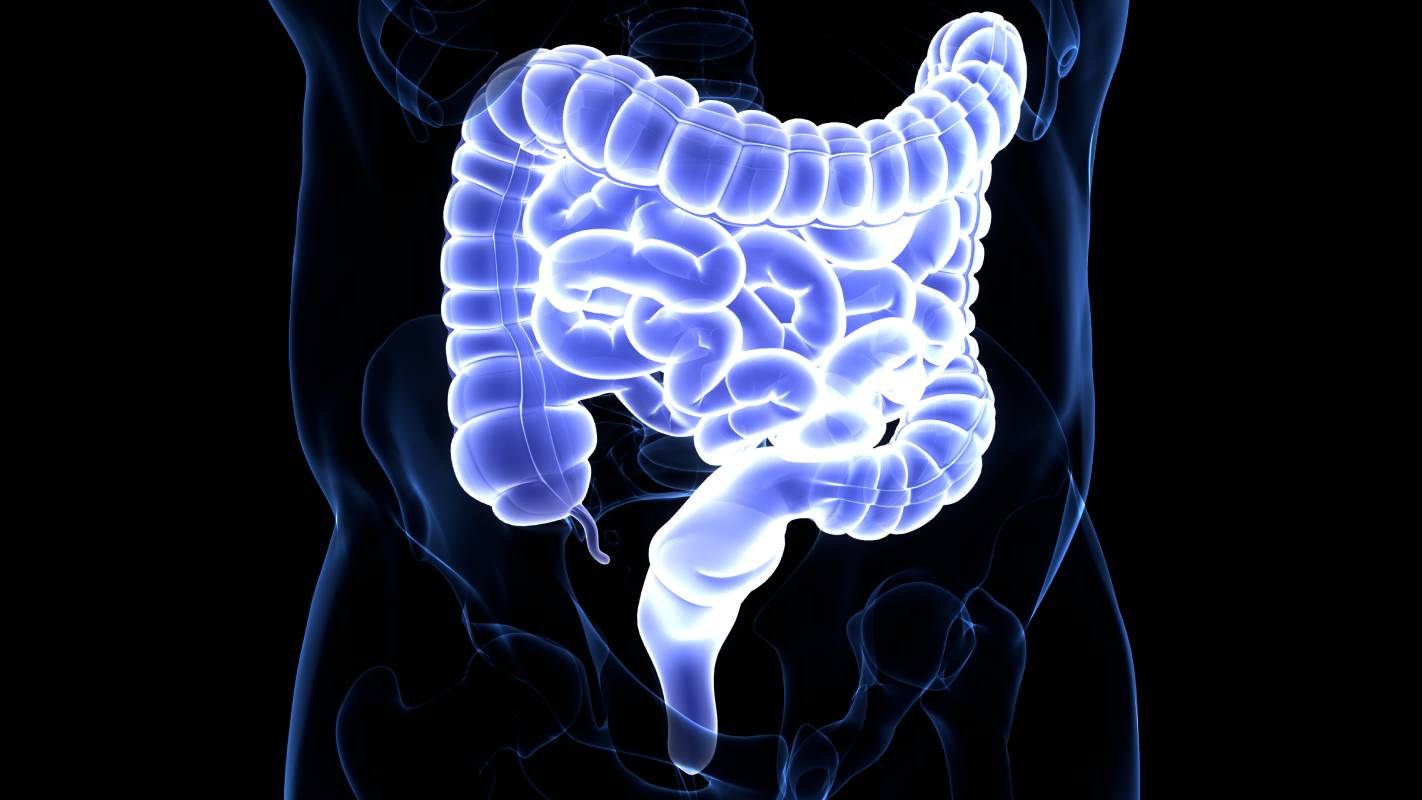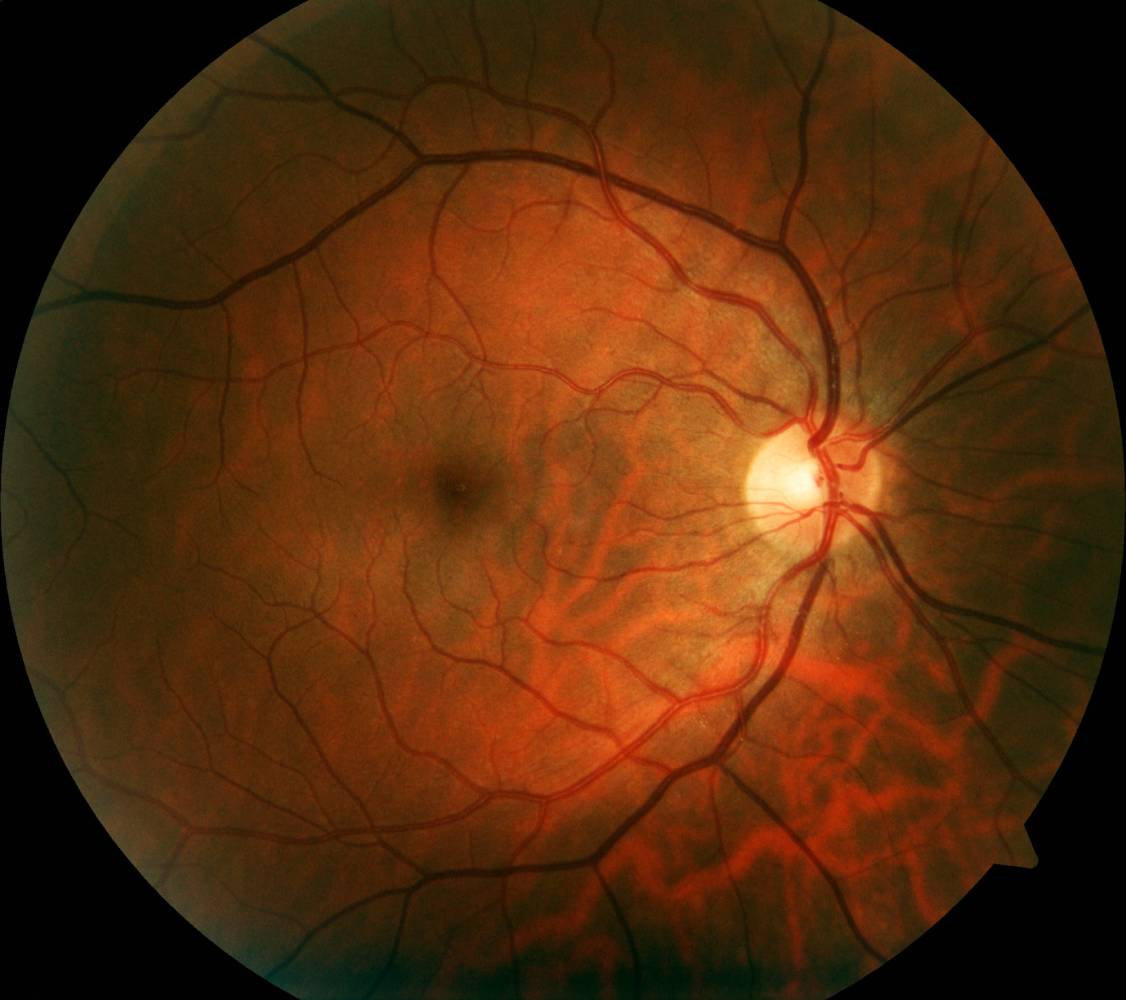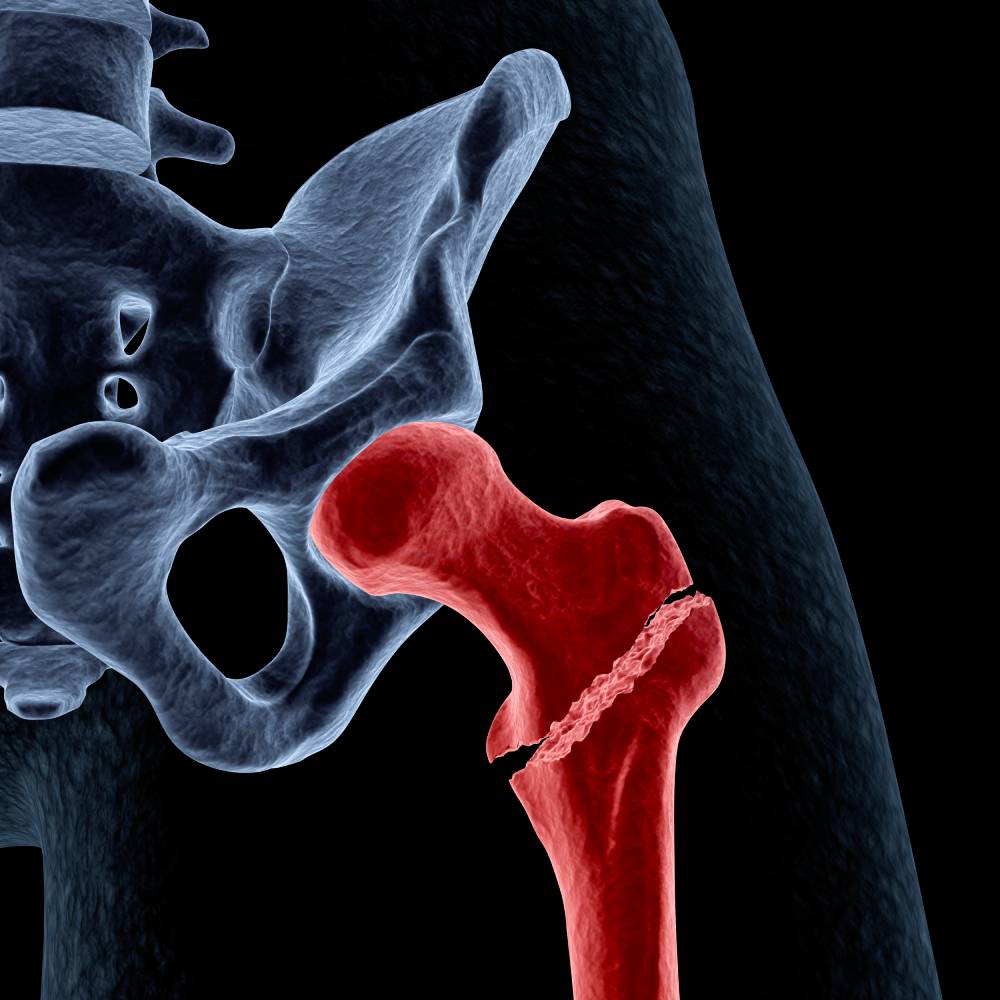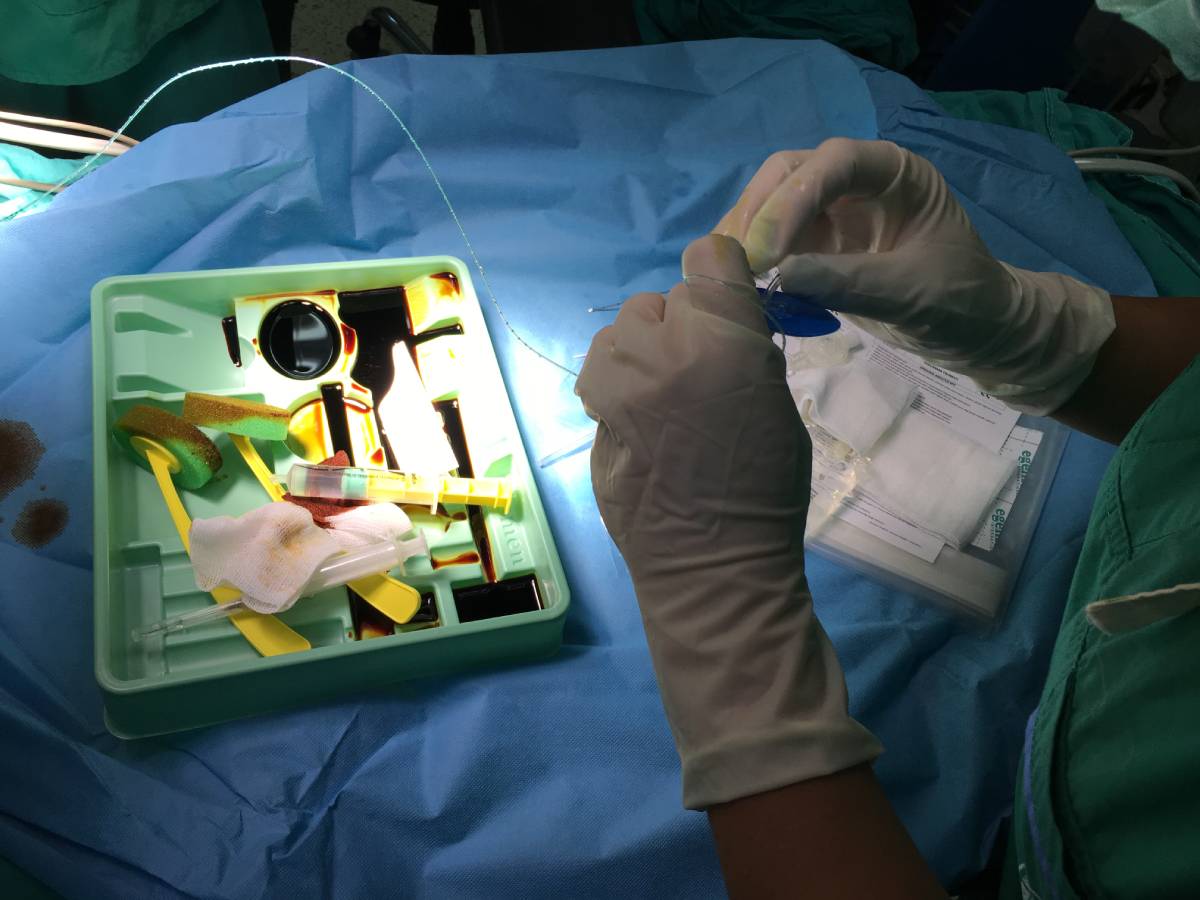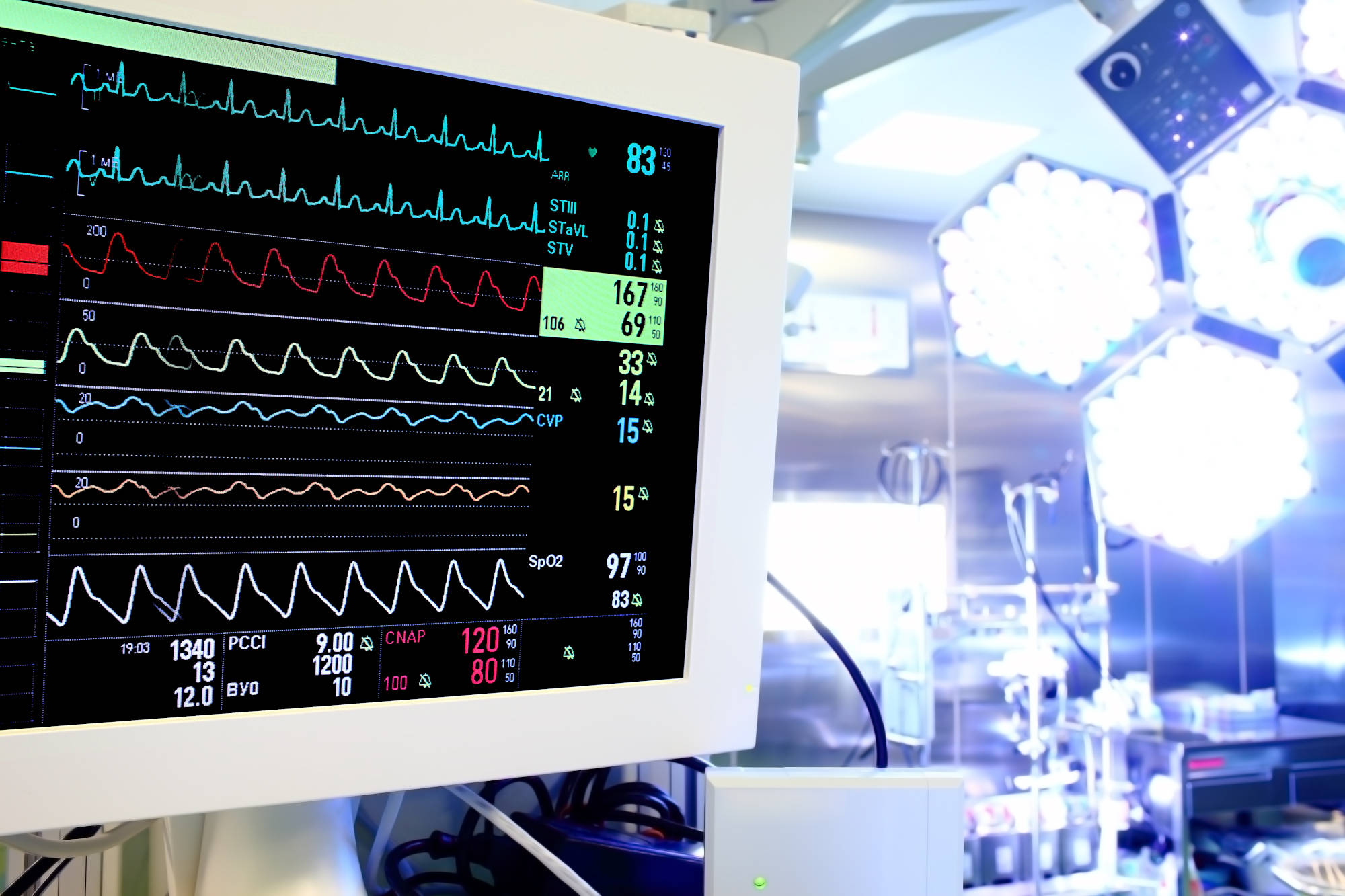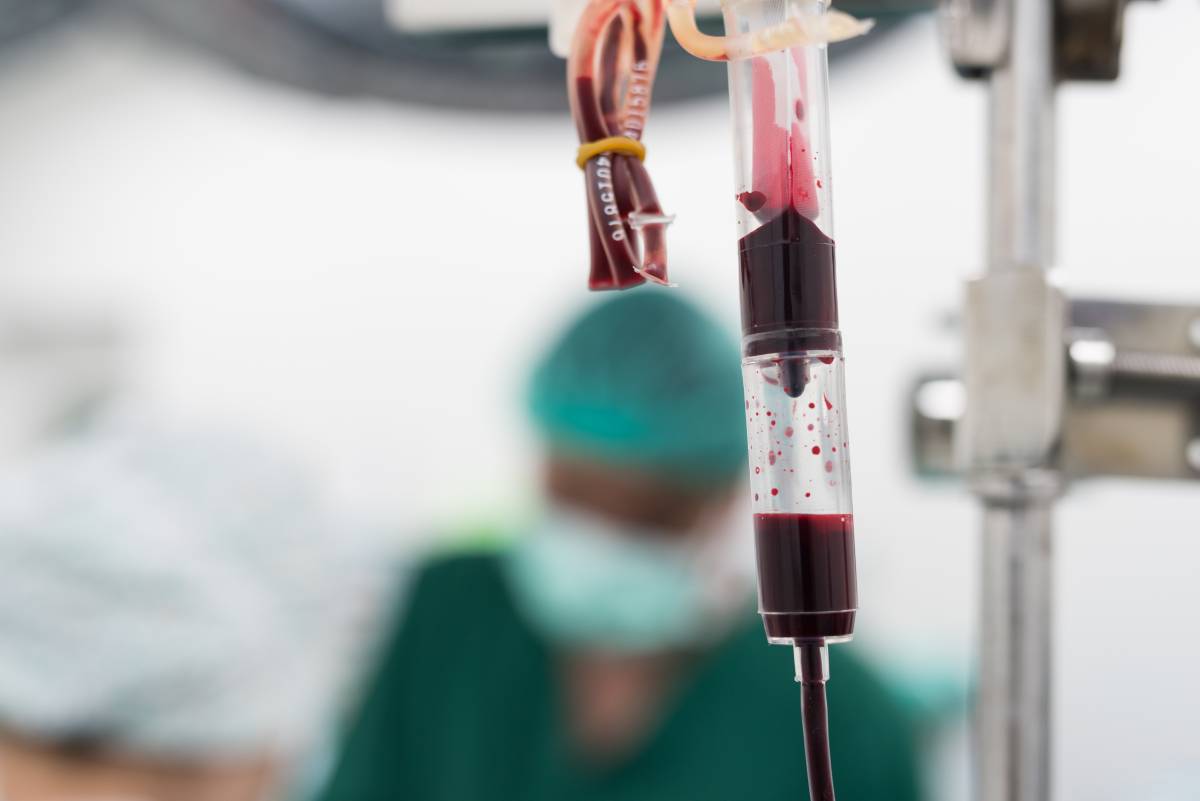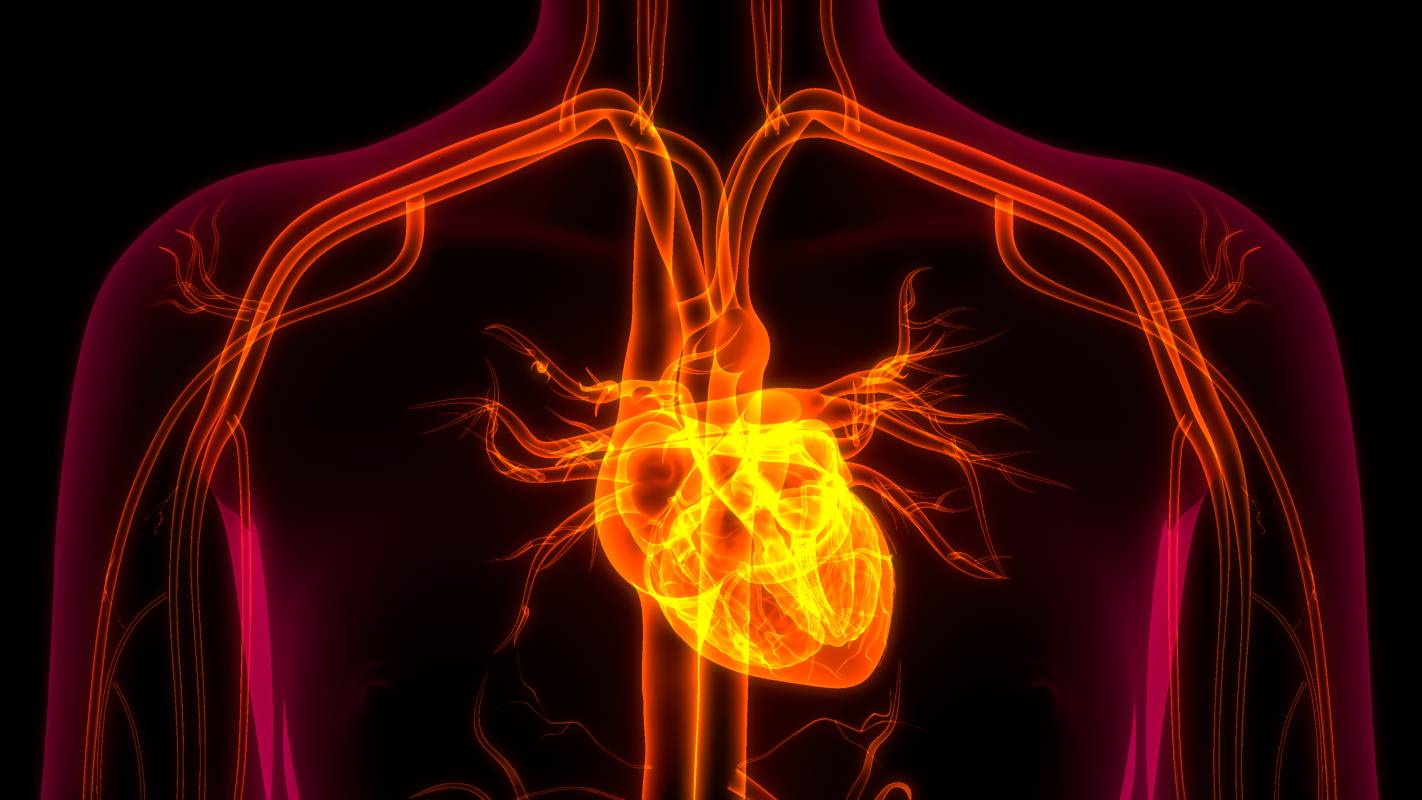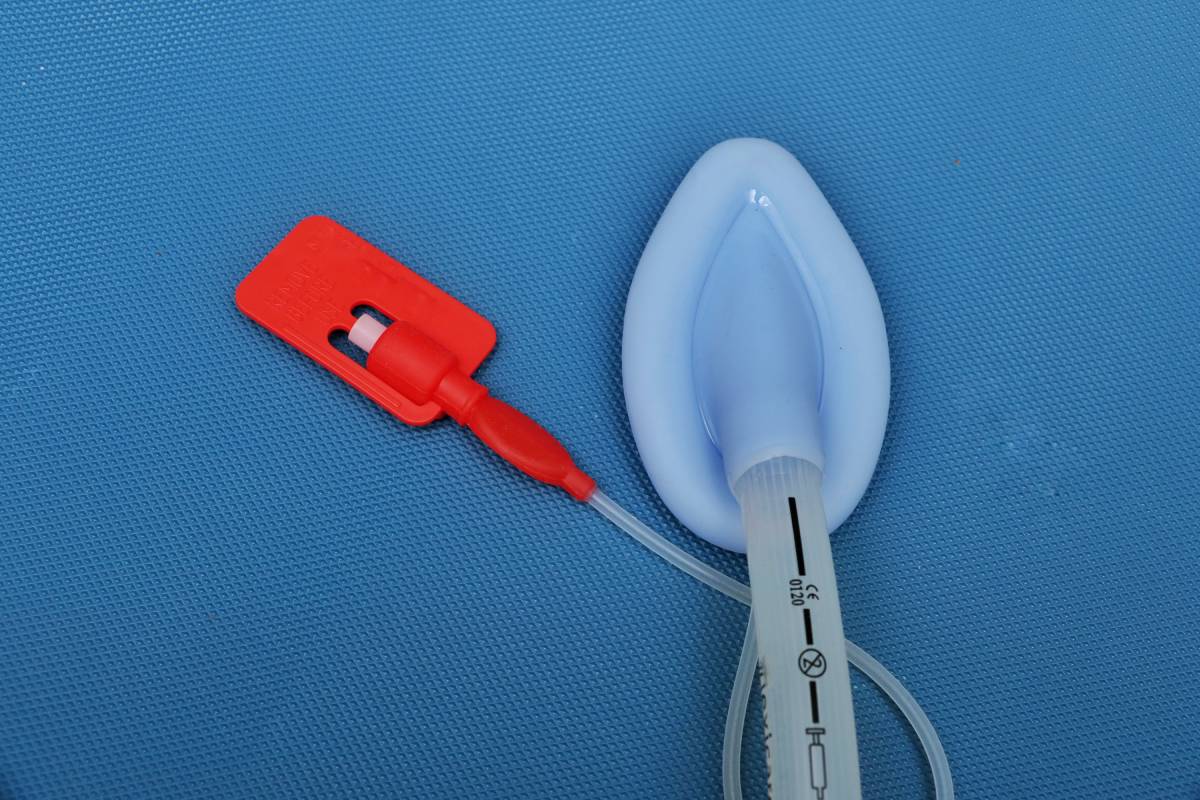
16 Madison Square WestNew York, NY 10010
Phone+1 917-621-6854
Fax+1 646-304-1681
Dr. Chaudhry is on Doximity
As a Doximity member you'll join over two million verified healthcare professionals in a private, secure network.
- Gain access to free telehealth tools, such as our “call shielding” and one-way patient texting.
- Connect with colleagues in the same hospital or clinic.
- Read the latest clinical news, personalized to your specialty.
Summary
- I am the president and CEO of Xenon Health. We offer comprehensive anesthesia services to ASCs, hospitals and office-based surgical practices throughout the nation. Please check out our website at xenonhealth.com
Health Risks of Trans Fats
Though it is true that almost any nutrient in excess can be harmful, when it comes to fat, trans fats are associated with the worst health risks.Low Back Pain: Chiropractic vs. Physical Therapy
Low back pain (LBP) is a significant burden on health levels and healthcare costs in the United States. Both chiropractic treatment and physical therapy have reLaminectomy: Description, Indications and Post-Operative Care
Laminectomy is a surgery that creates space within the spinal canal by removing the lamina-the back part of your vertebra that covers your spinal canal. LaminecHealth Insurance Coverage for Chiropractic Care
This article will explore differences in chiropractic care coverage across health insurance plans, as well as the adverse effects of limited coverage on patientCooled Radiofrequency Ablation vs. Thermal Radiofrequency Ablation for Pain Mana
Radiofrequency ablation (RFA) is a technique used to treat a variety of conditions including cancers and cardiac arrhythmias, and has becomeDoes Telehealth Increase Spending?
A new study suggests that direct-to-consumer telehealth may increase access to care but does not decrease spending. Direct-to-consumer telehealth offers patientBack Pain in Children
Back pain in children and adolescents occurs more frequently than previously thought (Bernstein, Haus). Incidence depends on age and physical activity, but it mJoint Problems Associated with Mobile Phones
Mobile phone use is ubiquitous in modern society and affords a wide range of benefits, such as connecting people and providing access to information. However, mHow Does Anesthesia Work?
Every so often, a curious patient will ask how the drugs they receive work exactly. Seeing as "No one knows for sure" is hardly a reassuring response, I typicalBenefits of Probiotics
Prebiotics and probiotics are two related components of food and nutrition with major benefits for health. Probiotics are living microorganisms that can live inTrigger Point Injection for Muscle Pain
Trigger points (TrPs) are sensitive nodules in taut bands of skeletal muscle that are characteristic of myofascial pain syndromeBenefits of Prebiotics
Prebiotics are a relatively new concept in nutrition science. Prebiotics were first introduced and defined in 1995 as food components that are not digested by tTime-Restricted Eating vs. Calorie Restriction
Both time-restricted eating and calorie restriction, in addition to the combination of the two, have shown health benefits.Joint manipulation for Post-Exercise Recovery
Joint manipulation is one of the many techniques being discussed in the research domain of post-exercise recovery, which restores homeostasis and beyond.Gene Therapy for Degenerative Disc Disease
Back pain is one of the most common chronic conditions experienced by all age groups and is the direct result of degenerative disc disease. Degenerative discFinancial Costs to Hospitals from Complications
In today's world with the intersection of healthcare and economics in the spotlight, there is huge pressure on hospitals to reduce spending. With sometimes unceSleep Ergonomics for Back and Neck Health
Back and neck health can be maintained using different approaches, including correct posture while sleeping, which has led to the field of sleep ergonomics.Gluten: Effect on Health and Cognition
Accumulating evidence indicates the gluten-mediated immune response is detrimental to overall health but especially to cognition.Ultrasound Guided Injections in Chronic Pain Management
The use of ultrasound to guide and perform injections for chronic pain management has increased significantly in the past decade and has shown to have manyEffect of Diet on Stress
The combination of stress and poor diet, such as fast food and ultra-processed food, has a particularly negative effect on health.How Does the IntuiTap Medical Device Help Physicians with Procedures?
Spinal blocks are administered by anesthesiologists for a variety of lower body surgeries including genitourinary tract procedures, cesarean sections, orthopediMotivations and Methods for Sacral Neuromodulation
Sacral neuromodulation involves the application of electrical stimulation at the S3 nerve root to strengthen and improve muscle function.Non-Invasive Interventions for Neck Pain
Non-invasive neck pain interventions can be separated into several categories: exercise, medications, manual therapies, physical modalities, and collars.Role of Testosterone in Health
Despite the reputation of testosterone as a "male hormone," people of both sexes require testosterone to maintain good health.Analyzing the Tissue Composition of Trigger Points Using Ultrasound Data
Recent studies exploring the use of ultrasound imaging and computational modeling aid our understanding of their pathophysiology.Pros and Cons of Intermittent Fasting
Some of the claims of the pros of intermittent fasting are not well supported by existing research, and there are also the cons to consider.How Does Intellewave Assess Heart Rate Variability and Help with Anesthesia?
In the past decade, heart rate variability (HRV) has emerged as an intriguing parameter for interrogation of autonomic nervous system functioning. It relies onCan a chiropractor treat every joint?
An open question in chiropractic care is whether it can treat all joints in the body; evidence on this point is conflicting.Neck Pain: Dry Needling Can Decrease Pain and Increase Motion
Neck pain remains one of the most common causes of disability. Dry needling may help reduce pain and increase the range of motion of the cervical spine.Ketamine and Magnesium for Neuropathic Pain
Ketamine and magnesium have been studied as potential treatments for neuropathic pain, a common condition that is currently difficult to treat.Trigeminal Neuralgia: Causes and Treatments
Trigeminal neuralgia is an incredibly painful condition associated with a diminished quality of life, however, successful treatments have been developed.Urban Spine and Rehab
Transcutaneous electrical nerve stimulators are often used to treat spinal pain, with research suggesting it may be best used for temporary pain reliefCosts of Data Collection for Measuring Performance in Regards to Anesthesia
The fundamental purpose of healthcare is to achieve good health outcomes for patients (Murphy, 2012). Clinical outcomes are measured and published to ultimatelyCan a chiropractor treat every joint?
An open question in chiropractic care is whether it can treat all joints in the body; evidence on this point is conflicting.A Typical Day for an Anesthesiologist
A physician anesthesiologist starts preparing for his or her cases the day before surgery. This includes a thorough review of each patient's medical history. DeComplementary Health Approaches to Pain Management
Complementary health approaches to pain management can offer a safer, more cost-effective, less invasive alternative to pharmaceutical and surgical methods.Gene Therapy for Chronic Pain
One of the most innovative methods being developed today to treat chronic pain is gene therapy, a treatment with the potential to be a permanent solution.Health Effects of a Vegan Diet
A well-rounded diet with necessary nutrients is the key to harnessing positive health effects of eating plant based, including vegan.Difficult Airway Management
The difficult airway is a topic both ubiquitous and vaguely defined in clinical anesthesia practice. The most common characterization is a clinical situation inMagnesium for Health and Nutrition
Magnesium's role in health is pivotal, as is an understanding of the role of nutrition in acquiring magnesium (the requisite levels and key sources).The Geriatric Patient and Perioperative Management
With the increasing elderly population in the United States, it becomes increasingly important to understand the physiologic changes of aging to better tailor aBig Data and Cybersecurity
In 2015, over 77% of office-based physicians reported using a certified EHR to manage clinical care.[i] From the smartphones in physicians' pockets, to the vastPhysiological Measures of Pain
Accurate measures of pain are important for clinical diagnosis, treatment, and research but are also historically difficult to achieve.Ketamine for Chronic Pain Management
Ketamine is known to anesthesiologists for its unique anesthetic profile of relative hemodynamic stability (due to its sympathomimetic properties which compensaCombining Trigger Point Injections, Myofascial Release, Chiropractic Care and Ta
Chronic pain is a complex health issue that often requires a multi-faceted approach for effective management. A combination of various treatment modalities, incHow Chiropractors Treat Achilles Tendinitis
How Chiropractors Treat Achilles Tendinitis Achilles tendinitis is a common condition that causes pain and inflammation in the Achilles tendon, which connects tEffects of the Per Capita Medicaid Caps in the House AHCA
On June 16th, a bipartisan group of governors authored a letter to the Senate calling for a more open approach to legislating healthcare reform while heavily crReiki Alignment
Reiki Alignment Reiki alignment, also known as Reiki attunement or initiation, is a process in which a Reiki practitioner, usually a Reiki Master, transfers eneHow Chiropractors Provide Holistic Care
How Chiropractors Provide Holistic Care Chiropractic care has long been associated with spinal adjustments and back pain relief. However, modern chiropractic prPost-Operative Delirium
When an elderly loved one needs surgery, there are a host of worries and fears in the minds of friends, family, and caregivers. Advanced age predisposes peopleHow Chiropractors Provide Nutritional Counseling
How Chiropractors Provide Nutritional Counseling Chiropractors are healthcare professionals who specialize in diagnosing and treating musculoskeletal problems,Complex Regional Pain Syndrome: An Overview
Complex regional pain syndrome is a chronic neurological condition of the limbs that is characterized by both inflammatory and autonomic symptoms.How Chiropractors Provide Nutritional Counseling
How Chiropractors Provide Nutritional Counseling Chiropractors are healthcare professionals who specialize in diagnosing and treating musculoskeletal problems,Chronic Pain and Cognitive Impairment
A common side-effect observed in patients with chronic pain is cognitive impairment, which can involve memory, attention, and emotion regulation.How Chiropractors use Kinesio Taping for Injuries and Prevention
How Chiropractors Use Kinesio Taping for Injuries and Prevention Kinesio taping is an innovative technique that has gained significant traction in the world ofMedical Imaging to Diagnose Back Pain
Back pain, though being a common complaint, is notoriously difficult to diagnose, and patients may benefit from medical imaging as a diagnostic aid.How Chiropractors Treat Scoliosis
How Chiropractors Treat Scoliosis Scoliosis, a complex spinal deformity characterized by an abnormal curvature in the spine, affects millions of people worldwidConsidering the Future: Challenges and Opportunities for Real
In diagnosing heart attack, doctors in the emergency room will order a series of troponin tests. One is administered immediately and the rest in a few hour inteSpinal Cord Stimulation Trials Prior to Implantation
Stimulation trials ahead of implanting a spinal cord stimulation device are highly encouraged by the FDA in order to assess individual efficacy.Shifting to a New Model of Work
In March 2017, the Accreditation Council for Graduate Medical Education weighed in on a controversial debate throughout the medical community, deciding that firChiropractors and Soft Tissue Massage Therapy
Chiropractors are well-known for their expertise in adjusting the spine and providing relief for patients experiencing musculoskeletal discomfort. However, manyRadiofrequency in Interventional Pain Management
Radiofrequency ablation is a non-surgical and minimally invasive technique in interventional pain management that effectively provides long-term relief.Neuroma: Development and Treatment
Neuromas are growths of nerve tissue that can result in psychologically and physically debilitating pain, and treatment can be difficult.Cryoneurolysis for Pain Management
Cryoneurolysis is the application of extreme cold to the peripheral nerves causing pain, resulting in temporary ablation of the nerve cell and pain relief.Choosing a Hospital vs. a Surgery Center
With outpatient procedures becoming increasingly commonplace, patients now have a variety of surgical settings available to them. Deciding between a surgical ceHow Chiropractors Treat Sacroiliac Joint Pain
How Chiropractors Treat Sacroiliac Joint Pain Sacroiliac joint pain is a common condition that affects many individuals, causing discomfort and limiting mobilitHow Chiropractors use Ultrasound
How Chiropractors use Ultrasound Chiropractors are healthcare professionals who specialize in the diagnosis, treatment, and prevention of musculoskeletal disordSmoking Cessation in Perioperative Period
Smoking is an independent risk factor for surgical complications, even after accounting for its contribution to such chronic diseases as Chronic Obstructive PulHow Chiropractors can Help Manage Running Injuries
How Chiropractors can Help Manage Running Injuries Running is a popular form of exercise, but it can also lead to injuries. These injuries can be a result of ovUse of PMMA in Spine Procedures
PMMA, also known as plexiglass, has a long history of use in the medical field due to its inert quality, particularly for spine procedures.Management of Postdural Puncture Headache
Postdural Puncture Headache (PDPHA), as defined by the International Headache Society, is any headache that develops within 5 days of dural puncture and is notHow Chiropractors can Help Manage Running Injuries
How Chiropractors can Help Manage Running Injuries Running is a popular form of exercise, but it can also lead to injuries. These injuries can be a result of ovRecent Advances in Anesthesia
It would be difficult and presumptuous to try to cover all the recent advances in the field of anesthesia in one article, but a few new developments which haveChiropractic Care for Whiplash
Chiropractic Care for Whiplash Whiplash is a common injury that affects millions of people around the world. It typically occurs during car accidents, sports acThe Origins of Chiropractic Treatment: A Journey Through Time
The Origins of Chiropractic Treatment: A Journey Through Time Chiropractic treatment, a widely recognized form of complementary and alternative medicine, focuseChiropractic Care for Carpal Tunnel Syndrome: A Non-Invasive Solution
Chiropractic Care for Carpal Tunnel Syndrome: A Non-Invasive Solution Carpal Tunnel Syndrome (CTS) is a condition characterized by numbness, tingling, and weaknHow Chiropractors Treat Vertigo
Vertigo is a common condition that affects millions of people worldwide. It is a sensation of spinning or dizziness that can lead to nausea, vomiting, and lossDry Needling for Headaches
New evidence to suggest that dry needling may be effective in alleviating headaches that are tension-type or cervicogenic, with mixed results on migraine.Chronic Pain and Neurological Disorders
Chronic pain is associated with mobility restrictions, opioid dependence, reduced quality of life, and, according to recent studies, neurological disorders.Electrodiagnostics in Pain Management
Electrodiagnostics is used to investigate the electrical activity of nerves and muscles, especially when a patient pain management for an unclear source.Pain Management for Pelvic Neoplastic Disease
A few forms of pain management have proven beneficial for patients with pelvic neoplastic disease and may serve as effective alternatives to surgery.Pain Classifiers: Nociceptive, Neuropathic, and Nociplastic
Pain can be generally classified by its biological mechanism into three categories: neuropathic, nociceptive and nociplastic pain.Chronic Pain due to Lyme Disease
In large part due to advocacy efforts by people with Lyme disease, chronic pain due to the condition is gaining awareness from the medical community.Catastrophizing in Chronic Pain
Catastrophizing, a negative cognitive and affective response to anticipated or actual pain, has been found to particularly exacerbate chronic pain.Chronic Pain in Multiple Sclerosis
Multiple sclerosis is an autoimmune disease whereby the immune system attacks the myelin sheathing that covers nerve cells, often causing pain.Value Analysis and Anesthesia Management
Proposals in the anesthesia community are now suggesting a value-based strategy to address efficiency and patient satisfaction in the surgical setting.Neuropathic Pain after Whiplash Injury
Whiplash injuries occur frequently, with one of their most common causes being motor vehicle accidents, and research suggests they cause neuropathic pain.The Ethics of Anesthesiology: History and Origins
When considering the ethics of anesthesiology practice, most people would think in the present tense. However, this aspect of anesthesiology has a storied histoPros and Cons of Animal Proteins
With more and more discussion about the health benefits of veganism and vegetarianism, this article will explore the pros and cons of animal proteins.Aging-Related Spine Changes
As people age, the spine undergoes several changes, including decreases in mineral density, degeneration of various facets of the spine, and misalignment.Pros and Cons of Animal Proteins
With more and more discussion about the health benefits of veganism and vegetarianism, this article will explore the pros and cons of animal proteins.Telehealth for Patient Care in Rural America
Telehealth has emerged and grown as a means of using communication technologies in the delivery of health-related services as well as education and patient careThe Chiropractic Pin and Stretch Technique
The Chiropractic Pin and Stretch Technique The chiropractic pin and stretch technique is a form of manual therapy that involves the application of pressure andNerve Blocks for Pain Treatment and Diagnosis
Nerve blocks are valuable tools in the setting of physical medicine and pain management, both as a treatment option and a method of diagnosis.Minimally Invasive Spinal Cord Stimulation
Innovation in spinal cord stimulation is currently targeting minimally invasive techniques to improve the success and comfort of the procedure.Phantom Limb Pain After Amputation
Phantom limb pain (PLP) is the unsettling awareness of or pain in a body part after amputation or nerve injury. This pain can decrease quality of life...Recent Trends in the Anesthesiology Workforce
The anesthesia workforce currently faces regional variation, growing concerns about provider shortages, a greater influx of women into the workforce, and an incPhysiology Behind Pain
Pain can be subjective and psychological but has a definitive physiological basis; understanding this physiology is necessary for treating pain in patients.Anatomy of Spinal Nerves
Our understanding of the anatomy and organization of spinal nerves has advanced the diagnosis and treatment of painful conditions related to spinal nerves, as wChronic Widespread Pain after a Motor Vehicle Accident
Many studies have shed light on a link between the onset of chronic widespread pain, which affects up to 13% of adults, and motor vehicle accidents.Labor Epidural and Maternal Temperature
Maternal fever during labor also results in fetal hyperthermia, which may be associated with low fetal tone, low Apgar scores, the need for advanced airway, andLaser Therapy for Pain Management
Non-surgical and non-opioid methods of treating chronic pain are a focal point in medical research (1-3). Depending on the condition being treated, there mayMACRA and MIPS 2018 Updates
The following article will discuss 2018 updates to MACRA and MIPS, including the mechanisms by which such updates will affect providers and practices at-large.How Chiropractors Treat Knee Pain
How Chiropractors Treat Knee Pain Knee pain can be a debilitating condition that affects people of all ages and activity levels. There are many different causesJoint "Crunching" or Crepitus: When to Seek Treatment
Crepitus refers to the sound or feeling of cracking, crunching, or popping in the body and may indicate a problem requiring medical treatment.Point of Care Ultrasound (POCUS) Nerve Block
Insurance companies would rather have physicians prescribe opioids because of their low cost and high availability. However, with the rise of regional anesthetiLipofilling a.k.a. Fat Transfer for Arthritis
Some researchers have applied techniques utilized primarily in cosmetic procedures to the treatment of arthritis - specifically, lipofilling.Non-obstetric Surgery During Pregnancy
As a general rule, healthcare practitioners counsel patients to postpone all non-urgent surgeries and procedures until a couple months after the baby is born. HEfficacy of CBD for Treating Pain
Cannabidiol (CBD), a compound derived from the cannabis plant, is exploding in popularity for its purported effects on pain, anxiety, insomnia, and otherHow Chiropractors use Cold Lasers
How Chiropractors use Cold Lasers Chiropractic care has long been known for its manual therapies aimed at restoring balance and alleviating pain. In recent yearShoulder Pain Treatment Options
Shoulder pain is a common experience that can range from being a mild nuisance to severely impacting function and quality of life. Shoulder pain can be causedThe Anesthesiologist's Code of Ethics
First, there are the ideals that inform our definitions and understandings of ethical issues. Secondly, professional ethics have a pragmatic component that is cMedical Imaging to Diagnose Knee Pain
Various types of medical imaging have emerged as critical tools in the diagnosis of knee pain, which helps physicians provide appropriate treatment.Anesthesia Drug Shortage: A Vicious Cycle
The underlying reasons behind the anesthesia drug shortage include difficulties in obtaining raw materials, changing drug company production schedules, increasiHow Chiropractors Treat Tension Headaches
How Chiropractors Treat Tension Headaches Tension headaches are a common type of headache that can cause mild to moderate pain and discomfort. While there are mDiabetic Neuropathy: Treatment Based on Severity
Different patients with diabetic neuropathy may need different treatment based on their specific condition, considering symptoms, severity, and more.Anesthesia Metabolism in Geriatric Patients
When compared to the younger population, elderly individuals are four times more likely to require surgery so it is useful to review the pharmacologic consideraChiropractic Active Release Techniques for Common Conditions
Chiropractic Active Release Techniques for Common Conditions Active Release Techniques (ART) are a widely used and effective treatment method within the chiroprNerve Block for Whiplash Pain
As for the therapeutic uses of nerve block, researchers have focused on the effects on neck and head pain from whiplash injury.Preventing Medical Malpractice
Medical malpractice is a legal suit which must be able to attest that the healthcare practitioner breached a professional duty owed to the patient, and that thiAnesthesiology Provider Shortage in the United States
A theme came to the surface within the report: In over 20% of Veterans Affairs Medical Centers, there is a severe shortage of anesthesiologist providers.New Approach Reduces Visual Triggers for Fibromyalgia Pain
Interesting new research has looked into methods for reducing triggers for fibromyalgia pain, specifically visual triggers.The Case for Pre-Filled Syringe
In many medical institutions in the United States, operating rooms favor the historical vial-and-syringe technique for administering anesthesia.Spinal Decompression without a Machine
Spinal Decompression without a Machine Spinal decompression can be achieved without the use of a machine through various exercises and stretches that aim to eloThe Evolving Definition of Pain
Though controversial and criticized for its vague phrasing, the evolving definition of pain has positive implications in the clinical setting.Spinal Cord Burst Stimulation for Radiculopathy
Spinal cord burst stimulation is a promising treatment option for radiculopathy, though it carries some drawbacks compared to other methods.Surgical Site Infection
Surgical site infections (SSI) are the target of several national initiatives as they not uncommon, affecting 1-3% of post-operative patients.How Chiropractors Treat CrossFit Injuries
How Chiropractors Treat CrossFit Injuries CrossFit is a popular fitness program that combines various elements of weightlifting, gymnastics, and cardiovascularHow Pain Affects Sleep
One of the more harmful but less-discussed consequences of pain is how it affects quality of sleep, a condition colloquially referred to as "painsomnia."Patients and Medical Records 101
Electronic medical records (EMRs) are focused on providing the greatest level security to the patients. To get the idea of EMR, one must understand HIPAA.Avoiding Patient Misidentification: A Practical Guide
There have been several cases where patient misidentification happened. Nurse and doctors can take several steps to ensure correct patient identification.De Quervain Tenosynovitis
Symptoms of de Quervain tenosynovitis are pain and swelling near the base of the thumb, and difficulty moving the thumb and wrist when grasping or pinching.How Chiropractic Spinal Adjustments can Improve Back Pain
How Chiropractic Spinal Adjustments can Improve Back Pain Chiropractic care is a holistic approach to healthcare that focuses on the diagnosis and treatment ofNerve Pain Caused by Shingles
The most common complication of shingles is long-term neuralgia, or nerve pain, with around 10 to 18% of shingles patients experiencing it.Spinal Cord Stimulation for Pain and Beyond
Spinal cord stimulation or SCS is a minimally invasive procedure that has been proven to effectively manage chronic pain.How Chiropractors use Corrective Exercise Training
How Chiropractors use Corrective Exercise Training Chiropractors are healthcare professionals who specialize in the diagnosis and treatment of musculoskeletal aIntrathecal Pump for Pain Management
Intrathecal pump therapy is a treatment option for those suffering from chronic pain; it involves administering medication directly into the spinal fluid.Listening and Anesthesia Quality
Before the surgery, it is important for CRNA and anesthesiologists to employ empathetic listening to reduce patient's anxiety.How a Chiropractor can Help Correct Posture
How a Chiropractor can Help Correct Posture Good posture is essential for maintaining a healthy body and preventing various health problems. Unfortunately, manyHow a Pain Doctor Can Work With An Attorney in Auto Injury Cases
Automobile accidents can lead to an array of complications, both physically and legally. One of the most significant challenges is dealing with the pain andThe Mechanism of Facet Injury after an Auto Accident
The Mechanism of Facet Injury after an Auto AccidentTrends in Randomized Controlled Trials in Anesthesia
Randomized controlled trials (RCTs) serve as the foundation of clinically-relevant research that may be applied to medical technologies.How Chiropractors Treat Auto Injuries
How Chiropractors Treat Auto Injuries Auto injuries are common occurrences that can happen to anyone who gets behind the wheel. These injuries can range from miHow Chiropractors treat Arthritis
How Chiropractors treat Arthritis Arthritis is a common condition that affects millions of people worldwide. It is characterized by inflammation and pain in theHow a Pain Doctor Can Help You with Sprains and Strains You Receive from an Auto
Auto accidents are an unfortunate reality, and injuries from these incidents can range from mild to severe. Among the most common injuries sustained in autoThe Different Types of Soft Tissue Injuries Caused by Auto Accidents and How Can
Soft tissue injuries are common in auto accidents and can result in pain, discomfort, and reduced mobility. These injuries involve damage to muscles, tendons,Types of Back Injury Caused by Auto Accidents and How a Pain Doctor can Treat Th
Back injuries are a common consequence of auto accidents, often leading to chronic pain and reduced mobility for those affected. The forces involved in aTrends in Randomized Controlled Trials in Anesthesia
Randomized controlled trials (RCTs) serve as the foundation of clinically-relevant research that may be applied to medical technologies.How Chiropractors treat Arthritis
How Chiropractors treat Arthritis Arthritis is a common condition that affects millions of people worldwide. It is characterized by inflammation and pain in theHow an Auto Accident Can Cause a Herniated Disk
A herniated disc, also known as a slipped or ruptured disc, is a common injury that can occur as a result of an auto accident. A herniated disc occurs whenThe Mechanics of a Chiropractic Adjustment
The Mechanics of a Chiropractic Adjustment Chiropractic adjustment is a non-invasive and drug-free alternative healthcare approach that is used to relieve painThe Mechanism of How Herniated Disks Can Cause Sciatica
The human spine is a complex structure composed of a series of vertebrae, separated by intervertebral discs, which provide flexibility and shock absorptionTrends in Randomized Controlled Trials in Anesthesia
Randomized controlled trials (RCTs) serve as the foundation of clinically-relevant research that may be applied to medical technologies.How Chiropractors Treat Sciatica
How Chiropractors Treat Sciatica Sciatica is a common condition that affects millions of people worldwide. It is characterized by pain, tingling, and numbness tHow Electrical Stimulation is Used to Treat Auto Injuries
Electrical stimulation, also known as electrotherapy, has emerged as a popular and effective treatment option for various auto injuries. The technique employsWhy You Should Visit a Pain Doctor after an Auto Accident
Automobile accidents are an unfortunate reality of modern life, and they can often lead to painful injuries that can be both physically and emotionallyThe Use of Electrical Stimulation by Chiropractors
The Use of Electrical Stimulation by Chiropractors Electrical stimulation is a technique used by chiropractors to treat various musculoskeletal conditions. It iAnesthesiologists' Role in Shaping the Future Practice
Anesthesiologists' role extend beyond perioperative period;anesthesiologists must also have experience in pre-operative planning to ensure safe surgery.How a Pain Doctor Can Help Treat Whiplash: Alleviating Pain and Accelerating Rec
Whiplash is a neck injury that commonly occurs during automobile accidents, sports, or other incidents involving sudden, forceful, back-and-forth movements ofWhen Are Trigger Point Injections Indicated after an Auto Accident?
Trigger point injections (TPIs) are a common treatment for managing muscle pain, especially for those who have been in an auto accident. TPIs involveChanges in Shift Work Policy: From Residency to Practice
Residency is an essential step among the multiple stages of a medical education. After attending medical school, students go on to become junior residentsWhen Are Trigger Point Injections Indicated after an Auto Accident?
Trigger point injections (TPIs) are a common treatment for managing muscle pain, especially for those who have been in an auto accident. TPIs involveManaging Postoperative Atrial Fibrillation
Atrial fibrillation (A Fib) is the most common sustained arrhythmia among adults, resulting in an irregularly irregular heart rhythmWhat is the McKenzie Method?
The McKenzie Chiropractic method, also known as the McKenzie Method or Mechanical Diagnosis and Therapy (MDT), is a non-invasive approach to treating musculoskeWhat is Chiropractic Manual Soft Tissue Therapy ?
What is Chiropractic Manual Soft Tissue Therapy? Chiropractic manual soft tissue therapy (CMSTT) is a hands-on approach to treating soft tissue injuries, such aChronic Pain and Memory Loss & Dementia
However, the complex links between chronic pain, opioid use, depression, dementia, and pseudodementia are difficult to study among advanced age patients.Benefits of Chiropractic Manipulation
Benefits of Chiropractic Manipulation Chiropractic manipulation, also known as chiropractic adjustment, is a non-invasive technique that involves manipulating jHow Chiropractors can Relieve Neck Pain
How Chiropractors can Relieve Neck Pain Chiropractors can help alleviate neck pain through a variety of techniques, including: Spinal manipulation: This is a teCauses of Lower Back Pain
Causes of Lower Back Pain Lower back pain is a common complaint among people of all ages and can be caused by a variety of factors. Understanding the causes ofUpdates on Perioperative Blood Management
Blood management starts preoperatively to treat preoperative anemia. Reviewing medical records can identify risk factors for transfusion.Complexities Inherent to Healthcare Price Transparency
In the United States healthcare system, price transparency is a complex topic that has spurred countless debates. One critical sub-topic of cost of care that isWhen Are Trigger Point Injections Indicated after an Auto Accident?
Trigger point injections (TPIs) are a common treatment for managing muscle pain, especially for those who have been in an auto accident. TPIs involveSpinal Injections in Immunosuppressed Patients
Introduction of steroids into the epidural space are utilized for the treatment of pain from a variety of causes. Steroids have glucocorticoid properties whichMeditation and Health
Now, medical research is revealing the manifold physical and mental health benefits of this ancient practice. Implementing meditation and other mindfulness pracTorque Release Technique as used by chiropractors
Torque Release Technique As Used By Chiropractors Torque Release Technique (TRT) is a chiropractic method that is gaining popularity among practitioners for itsWhen Are Trigger Point Injections Indicated after an Auto Accident?
Trigger point injections (TPIs) are a common treatment for managing muscle pain, especially for those who have been in an auto accident. TPIs involveThe Webster Technique used by chiropractors
The Webster Technique used by chiropractors The Webster Technique is a specific chiropractic analysis and diversified adjustment. The goal of the adjustment isThe Effects of Curl-Up and Straight Leg Raising Exercises on Abdominal Muscle Th
The Effects of Curl-Up and Straight Leg Raising Exercises on Abdominal Muscle Thickness Both curl-up and straight leg raising exercises are commonly incorporateFastest Growing Healthcare Jobs
The fastest growing healthcare jobs include nurse practitioners, physician assistants, medical and health services managers, and more.How a Pain Doctor Can Help You with Knee Pain after an Auto Accident
Knee pain following an auto accident can be both debilitating and frustrating. Whether it is a result of direct trauma or a consequence of the forces involvedMulti-Modal Pain Regimens May Affect Post-Operative Pain Control for Patients
In 2017, the Department of Health and Human Services made a statement that the opioid crisis represented a nationwide public health emergency1. The recent recogDon't Ignore Hip Pain After an Auto Accident: Why Seeing a Pain Doctor is Crucia
Hip pain is a common complaint after an auto accident. It can be caused by a variety of factors, including impact forces, muscle strains, or even seat beltHow Chiropractors Manage Lateral Epicondyle Tendinopathy
Lateral epicondyle tendinopathy, commonly known as "tennis elbow," is a condition characterized by pain and discomfort in the outer part of the elbow...Anesthesiologist Shortage in the US
The US is currently facing anesthesiologist shortage, a situation that poses challenges for patients and healthcare providers and administrators.How a Pain Doctor Can Help with Neck Pain after an Auto Accident
Neck pain is a common symptom experienced after a car accident, with many individuals seeking medical attention to relieve their discomfort. A pain doctor isNursing Shortage in the US
Nursing shortage: In the last two years, 100,000 registered nurses have given up the profession, and an additional 610,388 intend to leave by 2027.How a Pain Doctor can Treat Your Shoulder Pain after an Auto Accident
Auto accidents can result in a wide range of injuries, and one common complaint after such an incident is shoulder pain. Whether the pain is the result of aDynamic Neuromuscular Stabilization as Used by Chiropractors
Dynamic Neuromuscular Stabilization (DNS) is an innovative approach to musculoskeletal care that has gained traction within various medical disciplines...Physician Job Market Trends
Physician Job Market: Nearly half of physicians changed jobs during the pandemic 1, and the healthcare workforce suffered greatly.Why You Need to See a Pain Doctor after an Auto Accident
Auto accidents are an unfortunate reality of modern life, and their consequences can range from minor fender benders to severe and life-changing events.Anesthesia for Electroconvulsive Therapy
Electroconvulsive therapy (ECT) is a procedure in which small electric currents pass through the brain, intentionally triggering a short seizure.1 ECT causes chElectrosurgical Interference with ICDs
Sudden cardiac death is prevalent among patients with conduction abnormalities, New York Heart Association Heart Failure of class 4, and other heart disorders.Reduce Salt Consumption for Health
Reducing salt consumption will lower blood pressure and lessen the risk of cardiovascular conditions and other health complications, like chronic kidney diseaseFTC Ban on Non-competes: Implications for Healthcare
On January 5th, 2023, the Federal Trade Commission (FTC) introduced a new law that prevents businesses from imposing non-compete agreements on their employeesWho Needs an EMG after an Auto Accident?
An electromyography (EMG) is a diagnostic procedure that assesses the health of muscles and the nerves controlling them. It can be recommended for someone whoNeural Effects of Propofol
Propofol is a widely used anesthetic with complex, multi-scale neural effects. The understanding of its mechanism is yet incomplete.An Overview of Qualified Clinical Data Registries (QCDRs)
Qualified Clinical Data Registries (QCDRs) are organizations that adhere to the Centers for Medicare & Medicaid Services (CMS) standards for health care qualityAnesthesia Risk
In conclusion, while there are potential risks associated with anesthesia, they must be weighed against the benefits of the surgical procedure. The surgical teaReducing Opioid Use for Postoperative Pain Relief
Postoperative pain management has long been a crucial aspect of patient care, as adequate pain relief is essential for a smooth recovery after surgery.- Nashville Anesthesia Professionals
A quick glance around a typical household kitchen reveals a surprising truth: contained therein are the founding mechanisms used to administer anesthesia. TheRole of Medical Assistants
Medical assistants work mainly in outpatient or ambulatory care facilities, such as medical offices and clinics, alongside physicians...Turmeric Supplements for Arthritis
A promising class of supplements for treating arthritis derive from turmeric, a ginger-like spice that comes from the root of a Southeast Asian plant.Who Needs an EMG after an Auto Accident?
An electromyography (EMG) is a diagnostic procedure that assesses the health of muscles and the nerves controlling them.Anesthesia Times and Billing Patterns
Tracking and billing anesthesia time is a complicated process, the responsibility for which rests primarily on the anesthesiologist.Anesthesiologists and Hospitalists: Collaboration in the Perioperative Cycle
Teamwork is central to high-quality medical care.Double-Booked Surgeries: Policy and Practice for Anesthesiologists
Operations Management for clinics, hospitals, and surgical services represents multiple challenges with regards to managing patient flow and delivering servicesRole of Medical Assistants
Medical assistants work mainly in outpatient or ambulatory care facilities, such as medical offices and clinics, alongside physicians...Turmeric Supplements for Arthritis
A promising class of supplements for treating arthritis derive from turmeric, a ginger-like spice that comes from the root of a Southeast Asian plant.Requirements for Maintaining MD License
Requirements for maintaining an MD license vary by state, as each state has its own renewal cycle and continuing education requirements.The Appropriate Amount of Daily Calories to Consume
The Appropriate Amount of Daily Calories to Consume Calories are a measure of energy, specifically the energy that food provides our bodies. The appropriate amoCarb Cycling
Carb Cycling Carbohydrates, popularly termed "carbs," are one of the three primary macronutrients in our diet, alongside proteins and fats. Carbs are our body'sFastest Growing Healthcare Jobs
The fastest growing healthcare jobs include nurse practitioners, physician assistants, medical and health services managers, and more.Lumbar Epidural Steroid Injections: Efficacy and Safety
Lumbar epidural steroid injections (LESIs) are a means of assuaging lumbar radiculopathy, which involves numbness, muscle weakness, tingling, or even painAnesthetic Drug Abuse by Anesthesia Professionals
A substance use disorder (SUD) is a brain disease marked by an inability to control the use of a legal or illegal drug despite harmful effects.1 According to thVirtual Reality as a Tool for Surgical and Anesthesia Training
Medical education continues to develop year after year, and anesthesiology continues to do so as well. In the conventional pathway of training to become a physiA Low Carb Diet vs. A Low Fat Diet for Weight Loss
A Low Carb Diet vs. A Low Fat Diet for Weight Loss In the realm of nutrition and weight management, the battle between low carb and low fat diets has been a proAnesthesiologist Shortage in the US
The US is currently facing anesthesiologist shortage, a situation that poses challenges for patients and healthcare providers and administrators.Ultrasound-Guided Pulsed Radiofrequency of the Cervical Nerve Root for Cervical
Cervical pain, often linked to cervical radiculopathy, presents a significant healthcare burden, with implications ranging from reduced mobility and qualityBiological Mechanisms of Coronavirus
The novel coronavirus (COVID-19, also known as SARS-CoV-2) has been identified as the cause of the current outbreak of respiratory illness in Wuhan, Hubei ProviUpdates on Value Based Care
In medicine, reimbursement drives change in clinical practice faster than evidence. Bundled payments from Medicare since the development of Accountable Care OrgFive Painful Medical Conditions
Pain is a subjective experience, so what might be excruciatingly painful for one person might be more tolerable for another. However, several medical conditionsNursing Shortage in the US
Nursing shortage: In the last two years, 100,000 registered nurses have given up the profession, and an additional 610,388 intend to leave by 2027.Steroid Dosing in Interventional Pain Management Procedures: An Evidence-Based A
The use of steroids in interventional pain management procedures has transformed patient outcomes, enhancing both the quality and duration of pain relief.Intraoperative Bronchospasm: Background and Management
Bronchospasm is one of the most feared complications occurring in anesthesia. 7% of all anesthesia-related deaths in France are attributed to bronchospasm [1].Evolution of Anesthesiology Residency Programs
Residency is a crucial step after medical school. It is during this training period that medical students develop into clinicians and acquire the skills to notPhysician Job Market Trends
Physician Job Market: Nearly half of physicians changed jobs during the pandemic 1, and the healthcare workforce suffered greatly.FTC Ban on Non-competes: Implications for Healthcare
On January 5th, 2023, the Federal Trade Commission (FTC) introduced a new law that prevents businesses from imposing non-compete agreements on their employeesWhat is a Doula?
What is a Doula? A doula is a trained professional who provides continuous physical, emotional, and informational support to a mother before, during, and shortlRole of Medical Assistants
Medical assistants work mainly in outpatient or ambulatory care facilities, such as medical offices and clinics, alongside physicians...Comparison of the Risk Levels Between Multilevel vs. Bilateral Cervical Transfor
Interventional pain management procedures are an essential component of modern pain management strategies. They aim to alleviate chronic pain and improveCommunications Gap Between Providers and Billers
According to a survey conducted by the Center for Healthcare Leadership and Management, 42% of physician assistants and 20% of nurse practitioners do not know wPhysician Burnout: Focus on Anesthesia Practitioners
The phenomenon of burnout is cited to affect over 50% of the medical workforce in the United States1. Burnout is known as a cluster of symptoms in which an indiThe Benefits of Debriefing after Critical Incidents in Anesthesia
Research shows that debriefing, or rehashing the details, after incidents that are psychologically and physically taxing can aid in the prevention of post-traumThe Financial Incentives of Anesthesia Group Acquisitions
Medical group acquisitions have continued to trend upwards in recent years. A study conducted by the Physicians Advocacy Institute (PAI) found that in a 5.5-yeaLumbosacral Radiofrequency Ablation (RFA)
Lumbosacral radiofrequency ablation (RFA) is a modern, minimally invasive therapeutic procedure used for the management of chronic lower back and sacroiliacEpidural Nerve Blocks
Epidural anesthesia is well-known for its use for pregnant women during labor.1 One of the most common functions of epidural anesthesia is as a nerve block, whiHow Maintenance of Certification in Anesthesiology (MOCA) Works
Continuing education and evaluation in anesthesiology is crucial to maintaining high standards of quality patient care. In theory, recertification programs exisRequirements for Maintaining MD License
Requirements for maintaining an MD license vary by state, as each state has its own renewal cycle and continuing education requirements.The Etiologies, Diagnosis and Treatment of Cervicogenic Headaches
Cervicogenic headaches (CGH) are secondary headaches characterized by unilateral pain originating from the neck and radiating towards the frontal-temporalAnticoagulation and Antiplatelet Management for Interventional Pain Management P
Anticoagulation and antiplatelet management is an essential aspect to consider while performing interventional pain management procedures. The primary concernFunctions of anesthesia reservoir bag in a breathing system
The safe administration of general anesthesia requires an understanding of the technological advances in highly sophisticated anesthetic equipment. When using mMeasuring Productivity in Anesthesiology
In private practice, physician-lead practice groups, and academic medical centers alike, there is often an emphasis placed on productivity. How many cases are cBenefits of Taking Probiotics While On Antibiotics
Benefits of Taking Probiotics While On Antibiotics Antibiotics, while crucial for treating bacterial infections, can sometimes have a drawback: they not only taFastest Growing Healthcare Jobs
The fastest growing healthcare jobs include nurse practitioners, physician assistants, medical and health services managers, and more.The Different Types of Herbs and Their Health Benefits
The Different Types of Herbs and Their Health Benefits Herbs have been integral to human health for thousands of years. Across various cultures and civilizationAnesthesiologist Shortage in the US
The US is currently facing anesthesiologist shortage, a situation that poses challenges for patients and healthcare providers and administrators.Inherited Neuromuscular Disorders
Inherited neuromuscular disorders (INDs) represent a heterogeneous group of diseases that predominantly affect the peripheral nervous system, particularly theIntraosseous Basivertebral Nerve Ablation for Treating Chronic Low Back Pain
Intraosseous basivertebral nerve (BVN) ablation is a minimally invasive procedure developed as a therapeutic option for treating chronic low back pain (LBP).Effect of Culture on Pain
Pain management that is safe, effective, and compassionate is a critical topic in medicine, as is the disparities in pain care across cultural and ethnicGroupons for Healthcare Treatment
Groupon, an online coupon service that aims to offer "a vast mobile and online marketplace where people discover and save on amazing things to do, see, eat andAn Overview of Qualified Clinical Data Registries (QCDRs)
Qualified Clinical Data Registries (QCDRs) are organizations that adhere to the Centers for Medicare & Medicaid Services (CMS) standards for health care qualityThe Mediterranean Diet
The Mediterranean Diet The Mediterranean Diet, renowned for its health benefits and culinary delight, is a dietary pattern characteristic to the countries bordeThe Best Foods for Losing Weight
The Best Foods for Losing Weight Losing weight is a common goal for many people, and while exercise is a crucial component, diet plays an equally significant roNursing Shortage in the US
Nursing shortage: In the last two years, 100,000 registered nurses have given up the profession, and an additional 610,388 intend to leave by 2027.The Role of Pain Management Physicians
Pain, in its various forms and intensities, is a universal experience. While pain serves as the body's natural alarm system, indicating harm or potentialHalothane: Biological Mechanisms, Surgical Applications and Side Effects
Halothane, also known as fluothane, is a nonflammable, halogenated hydrocarbon and inhalational general anesthetic.1 Halothane was created in the 1950s by CharlFederal Funding to Combat the Opioid Crisis
Officially declared a public health emergency in October 2017, the Opioid Crisis has claimed nearly 100,000 lives from 2017 to 2018, accounting for the vast majShould Doctors Organize?
In recent decades, the healthcare industry has been largely consolidated under the management of fewer and larger entities [1]. The rapid rise of health-maintenPhysician Job Market Trends
Physician Job Market: Nearly half of physicians changed jobs during the pandemic 1, and the healthcare workforce suffered greatly.How a Pain Doctor Assesses Disability
Pain, a universal experience, can take many forms and intensities. When it comes to the clinical world, understanding and measuring pain is a necessity,Hypertension and Anesthesia Risks
Hypertension, also known as high blood pressure, is a condition in which the force of blood against artery walls is higher than expected.1 If it remains untreatHealthcare Economics: Key Features of Healthcare Markets
The model of supply and demand is the basis of the ideal, free market. According to this model, buyers are good judges of what they receive from sellers, and paEthical Issues in Managing Chronic Pain
Chronic pain, defined as pain that persists for at least three months, is a health condition that affects millions of individuals globally. While there areThe Evolution of Robotic Anesthesia
The onset of the technological revolution has changed the way healthcare is practiced. Robotic surgery became popular as healthcare professionals moved toward mMarket Growth: General Anesthesia Drugs
General anesthesia, which is usually administered as a combination of intravenous (IV) drugs and inhaled gases, is used to put patients in a sleep-like, pain-frProcessed Foods and Depression
Processed Foods and Depression In the intricate dance of mental and physical well-being, diet plays a pivotal role, often dictating the rhythm and pace at whichFTC Ban on Non-competes: Implications for Healthcare
On January 5th, 2023, the Federal Trade Commission (FTC) introduced a new law that prevents businesses from imposing non-compete agreements on their employeesGluten Sensitivity
Gluten Sensitivity Gluten sensitivity is a condition that has garnered significant attention in recent years. It refers to adverse reactions to gluten, a proteiThe Health Benefits of Acupuncture
Acupuncture, a pillar of Traditional Chinese Medicine (TCM), has been practiced for thousands of years. Characterized by the insertion of fine needles intoRole of Medical Assistants
Medical assistants work mainly in outpatient or ambulatory care facilities, such as medical offices and clinics, alongside physicians...Methadone: Biological Mechanisms, Surgical Applications, and Side Effects
Maggie S. Chen Methadone (also known as Dolophine), is a synthetic opioid that is commonly used during cases of opioid dependence as well as for other chronic pInhalation Anesthesia Market Outlook
General anesthesia is administered either through intravenous or inhalation methods.1 Anesthesiologists give inhalation anesthesia, which has been common for ovRequirements for Maintaining MD License
Requirements for maintaining an MD license vary by state, as each state has its own renewal cycle and continuing education requirements.The Effect of EHR Requirements on Physician Burnout
Electronic Health Records (EHR) have long been seen as a potential work-saver for those in the medical industry. Allowing for faster transferability and easierMergers and Acquisitions of Anesthesia Groups
Healthcare institutions and practitioners are in the business of changing and saving lives. Anesthesia services must operate to support this endeavor. In a convTopical Analgesics for Common Neuropathic Pain Disorders
Topical Analgesics for Common Neuropathic Pain DisordersAlternative Medicine for Managing Chronic Pain
Alternative medicine has become an increasingly popular approach for managing chronic pain. Chronic pain, which is typically characterized by long-lastingFastest Growing Healthcare Jobs
The fastest growing healthcare jobs include nurse practitioners, physician assistants, medical and health services managers, and more.Perioperative Cognitive Protection
There is ample evidence that surgical patients undergoing anesthesia are at risk of cognitive decline, either in the form of dementia post-operatively or ongoinMerit-based Incentive Payment System (MIPS)
The Merit-based Incentive Payment System (MIPS) is one of two tracks under the Quality Payment Program (QPP), which moves Medicare Part B providers to a performMORE Health Education Act
The Marketing and Outreach Restoration to Empower Health (MORE) Health Education Act was introduced in the Senate as bill S. 455 and in the House of RepresentatMethadone: Biological Mechanisms, Clinical Uses and Side Effects
Methadone is a synthetic opioid analgesic used as a maintenance drug in those with opioid use disorder (OUD) and increasingly for cancer or chronic non-malignanAnesthesia and Chronic Obstructive Pulmonary Disease (COPD)
The World Health Organization (WHO) defines chronic obstructive pulmonary disease (COPD) as "a lung disease characterized by chronic obstruction of lung airflowFoods That Can Help Manage Seasonal Affective Disorder
Foods That Can Help Manage Seasonal Affective Disorder Seasonal Affective Disorder (SAD) is a type of depression that typically occurs during the fall and wintePain Management for Sickle Cell Patients
Postherpatic neuralgia (PHN) is a debilitating and chronic condition that occurs as a complication of shingles. Shingles, caused by the reactivation of theAnesthesiologist Shortage in the US
The US is currently facing anesthesiologist shortage, a situation that poses challenges for patients and healthcare providers and administrators.Ketamine Infusion for Treatment of Refractory Postherpatic Neuralgia
Postherpatic neuralgia (PHN) is a debilitating and chronic condition that occurs as a complication of shingles. Shingles, caused by the reactivation of theNursing Shortage in the US
Nursing shortage: In the last two years, 100,000 registered nurses have given up the profession, and an additional 610,388 intend to leave by 2027.The Anesthesia Machines Market: Past, Present, and Future
Anesthesia machines are devices used to deliver general anesthesia to patients as they undergo medical procedures.1 The most common machines provide a continuouAntiepileptics For Treating Chronic Pain
Chronic pain is a persistent, long-lasting pain that can last for months or even years. It is a complex condition that can have a profound impact on anPhysician Job Market Trends
Physician Job Market: Nearly half of physicians changed jobs during the pandemic 1, and the healthcare workforce suffered greatly.The Health Benefits of Dark Chocolate
The Health Benefits of Dark Chocolate In a world overwhelmed by an abundance of food choices, the quest for healthy yet indulgent options can be challenging. HoFTC Ban on Non-competes: Implications for Healthcare
On January 5th, 2023, the Federal Trade Commission (FTC) introduced a new law that prevents businesses from imposing non-compete agreements on their employeesThe Biology of Ageing
The Biology of Ageing Ageing, a natural and inescapable process, is a subject of fascination and concern for many. While the external manifestations of ageing,RFA vs. Steroid Injections in Interventional Pain Management
RFA (Radiofrequency Ablation) and Steroid Injections are two common techniques used in interventional pain management to alleviate chronic pain. Both methodsRole of Medical Assistants
Medical assistants work mainly in outpatient or ambulatory care facilities, such as medical offices and clinics, alongside physicians...Sacroiliac Interventions Performed by Pain Management Physicians
The sacroiliac joint (SIJ) is a key point of connection between the spine and the pelvis, and it plays a pivotal role in the transfer of weight and forcesRequirements for Maintaining MD License
Requirements for maintaining an MD license vary by state, as each state has its own renewal cycle and continuing education requirements.Patient Expectations for Anesthesiologists
Patients are not uniformly educated on the function of anesthesiologists and do not share a common understanding of their role.1 A recent Penn State Health MiltTrends in the Anesthesia Monitoring Devices Market
Anesthesia monitoring devices are used during surgery to track patient vital signs such as heart rate, blood pressure, breathing pattern and movement.1 These deThe Physics of Ultrasound Technology
Ultrasound devices came first to existence with the discovery of the piezoelectric effect by Pierre and Jacques Curie in the 1880s. Since then, ultrasonic devicManaging Conflict of Interest in Anesthesiology
Conflict of interest (COI) in medicine, in which a physician, researcher or other health professional may be influenced by motives other than patient care, canMedical Licenses Across State Borders
Obtaining medical licenses in multiple states is possible and enables cross-border work, but it is more difficult in some states than others.Spinal Canal Endoscopy: An Insight into Advanced Diagnostic and Therapeutic Tech
The human spine, a complex structure interwoven with a network of bones, nerves, muscles, and ligaments, is crucial for the upright posture and mobility thatCan Caffeine Help Us Live Longer Lives
Research shows benefits of caffeine associates with moderate consumption. The benefits are attributed to caffeine's ability to block adenosine receptors...Biomimicry: Potential Solutions for Obesity
Biomimicry: Potential Solutions for Obesity Introduction: The prevalence of obesity continues to surge, posing a significant public health concern globally. AsOral Hydrogel Technology for Weight Loss
Oral Hydrogel Technology for Weight Loss Introduction: The global health landscape is increasingly contending with the challenges posed by obesity and related hThe Vertiflex Procedure Performed by Pain Management Physicians
The domain of pain management has witnessed a series of transformative innovations that aim to improve patient outcomes without resorting to invasive surgicalCRNA Salaries Across the US
CRNAs are advanced practice registered nurses who provide anesthesia care for patients before, during, and after surgery.Anesthesia for Trauma Patients
Our understanding of the pathophysiology of combat trauma has greatly improved over the past few years and has helped to guide the anesthetic care of trauma patAnesthesia for Patients with Neurologic Disorders
To provide high-quality anesthesia care, a clinician must account for the patient's full health history and current medical condition. Oftentimes, patients undeImproving Sleep After Surgery
For many people, there is a noticeable deterioration in the quality of sleep after a surgery [1]. Around 50% of patients hospitalized overnight after surgery haGoing from RN to NP
The transition from a RN to a NP is a journey of professional growth that opens up new opportunities in the healthcare field.The CornerLoc Procedure
The management of chronic pain is an ever-evolving discipline within the realm of medicine. With the increasing need to find safer and more effectiveGoing from LPN to RN
Increasingly, licensed practical nurses (LPNs) are making the transition to registered nurses (RNs) [1]. The benefits of this transition include...Regional Anesthesia at Home
Unaffordable health care costs, inability to access medical providers and other social obstacles often prevent patients in the United States from receiving adeqPractical Considerations between W2 and 1099 Employment
Most companies today understand the advantages of a mixed and varied workforce. Many employers, including healthcare companies, have needs...The MILD Procedure for Spinal Stenosis
Pain is a multifaceted sensation that can significantly impair the quality of life. As medicine has advanced, so too have the methods to manage and treatTrends in Healthcare Staffing
Today, one of the largest trends in the healthcare staffing landscape is change, broadly. The industry is undergoing significant transformations.Educational and Clinical Barriers for CRNAs
Certified registered nurse anesthetists (CRNAs) ensure access to anesthesia and pain management services, particularly in rural and underserved communities. A 2Anesthesiology in the Opioid Epidemic
In the past two decades, the United States has witnessed a marked increase in the use and abuse of prescription and illicit opioids.1 The annual number of deathWork-Related Exhaustion in Anesthesia
High-intensity jobs can cause physical and mental exhaustion in workers. Health care workers in particular face a variety of stressors1 that can cause work-relaWhat Nurses Need for Continuing Education
Continuing education (CE) maintains the standards of professionalism and competence required for a successful and effective nursing career. These requirementsHerbal Supplements: Implications for Anesthesia
Humans have used herbs and plants for medicinal purposes since ancient times.1 The oldest written evidence of medicinal plants' usage for drug preparation isAnesthetic Effects of Spatial and Motor Abilities
Every year, more than 300 million patients undergo surgery worldwide, with the vast majority using some form of general anesthesia (1). Unfortunately, persistenAnesthesiology in Palliative Care
Caring for seriously ill or geriatric patients often means caring for patients who have chronic, painful symptoms or who are approaching the end of life.1 BecauDelayed Recovery from Anesthesia
Anesthesia providers are responsible for patients before, during and after procedures. They not only administer medications and monitor vital signs, but also ovPerioperative Care for Transgender Patients
Transgender is an umbrella term that describes people whose gender identity and/or gender expression differs from what is typically associated with the sex theyQuality Improvement in Anesthesiology
In health care, quality improvement (QI) is the framework used for systematically improving patient care.1 Professionals must be able to measure, analyze, improAwareness under Anesthesia in Children
Awareness is the post-operative recall of events that occurs after undergoing general anesthesia. With an incidence of 0.1%-0.2%, it is a rare and well describeFentanyl: Biological Mechanisms, Surgical Applications and Side Effects
Fentanyl is a synthetic opioid drug that is 50 to 100 times more potent than morphine and exhibits vastly different properties and pharmacokinetics.1 TheChoosing Between Permanent Placement and Locum Tenens
Locum tenens, Latin for "to hold a place," represents a more nomadic and flexible approach to healthcare practice, in contrast to traditional permanentOils For Alleviating Anxiety and Depression
In a world where the pangs of anxiety and depression are an unfortunate reality for millions, natural remedies such as essential oils have surfaced as...Peripheral Nerve Block Techniques in Interventional Pain Management
Peripheral nerve block techniques play an essential role in the multidisciplinary approach of interventional pain management. These procedures involve theImmunity Boosting Drinks: A Liquid Shield for Health
One of the more popular means by which individuals are seeking to bolster their immune defenses is through the intake of immunity boosting drinks...How Chiropractors can Help Patients with Arthritis
How Chiropractors can Help Patients with Arthritis Chiropractors, with their expertise in spinal manipulation and musculoskeletal health, play a crucial role inWhat Anesthesiologists Need for CME - Level Permanent Healthcare Placement
To this end, continuing medical education (CME) plays a critical role in ensuring anesthesiologists stay at the forefront of their profession.Hydrodilation of the Glenohumeral Joint with Suprascapular Nerve Block for Treat
Frozen shoulder, or adhesive capsulitis, is a debilitating condition characterized by stiffness, pain, and limited range of motion in the shoulder joint. TheOxycodone: Mechanisms of Action, Clinical Uses and Adverse Effects
Oxycodone is a semisynthetic opioid drug with analgesic properties.1 Oxycodone is manufactured by modifying the chemical thebaine, an organic chemical foundAnesthesia and Climate Change
Climate change has profound effects on humans, animals, plants and other living species on Earth. According to the United States National Aeronautics and SpaceEffective Stretches for Lower Back Pain
Effective Stretches for Lower Back Pain Lower back pain is a widespread issue that can significantly impact daily life, but incorporating effective stretches inCommon Injuries from Motor Vehicle Accidents
It was reported that the most common cause of spinal cord injuries in the US between 2010 and 2013 was motor vehicle accidents.Shortages in Healthcare Providers Across the US
Across the US, shortages in healthcare providers have been resulting significant challenges to the accessibility, quality, and affordability of healthcareImportant Features in a Weight Loss App
Important Features in a Weight Loss App Weight loss apps have surged in popularity as essential tools for those looking to shed pounds and embrace healthier lifFactors Associated With Injury Recovery Without Chronic Pain
Several factors are associated with injury recovery without chronic pain, shaping our understanding of healing and treatment guidelines.Healthcare Staffing Ratios
Healthcare staffing ratios refer to the number of patients that healthcare providers care for at a time.Anesthesia for Pregnancy Termination Procedures
Pregnancy termination can be a complicated procedure for both the patient and the provider. Patients may have different preferences for anesthesia orThe Mechanisms of GLP-1 Agonists that Result in Weight Loss
Glucagon-like peptide-1 (GLP-1) agonists represent a class of therapeutic agents that have gained significant attention for their role in the management...The Best Life Style Modifications to Reduce Inflammation in the Body
Inflammation is the body's natural response to injury and infection, but when it becomes chronic, it can lead to a myriad of health problems...Sympathetic Nerve Blocks
Sympathetic nerve blocks represent a significant advancement in the field of pain management, offering patients respite from chronic pain.Role of a Surgery Technician
In the operating room, the surgery technician serves a critical role in supporting the team and overall surgical process.Anesthesiology and Global Health
Globalization has connected people, markets and governments all over the world; thus, health policy has become an internationalMacro Tracking
Macro Tracking Macro tracking, also known as macronutrient tracking, is a dietary approach where individuals count their intake of the three main macronutrientsWhat Causes Changes in Appetite and Cravings
Many people experience changes in their appetite and cravings over time, and it isn't always easy to pinpoint what is causing these changes.The Role of Nurses in Telehealth
Telehealth, a rapidly evolving field at the intersection of healthcare and technology, has revolutionized the delivery of medical services.Oxytocin Administration for Cesarean Delivery
Hormonal processes of childbearing are essential to pregnancy, labor, birth, breastfeeding and the maternal-child attachment.1 HormoneNonoperating Room Anesthesia (NORA)
Nonoperating room anesthesia (NORA) refers to the administration of anesthesia or sedation outside the operating room (OR).1 The popularity of NORA is increasinStandard of Care for Coronavirus
The incubation period for COVID-19 is thought to be within 14 days following exposure, with most cases occurring approximately four to five days after exposureSurgical Care Improvement Project (SCIP)
Surgical site infections (SSIs) are a significant contributor to postoperative complications with 2.6 percent of nearly 30 million surgeries complicated by SSIsLevorphanol: Biological Mechanisms, Clinical Uses and Side Effects
Levorphanol is the only commercially available opioid agonist of the morphinan derivatives,1 which include opioid analgesics, psychoactive drugs, dissociative hAnesthetic Management of Patient with Obstructive Sleep Apnea
Safe anesthetic management of patients at risk for or who carry a diagnosis of obstructive sleep apnea (OSA) is imperative to guiding this subset of patientsThe PA and NP Job Market After the Pandemic
The COVID-19 pandemic irrevocably altered many aspects of our lives, from how we interact with each other to the way we work. The healthcare sector, inRisk Factors for Chronic Pain After Injury
Chronic pain after injury is when persistent pain outlasts a normal recovery period.The Pros and Cons of Energy Drinks
While energy drinks offer immediate benefits like increased energy and improved concentration, their long-term effects can pose significant health risks.The History of Nurses Week
The history of Nurses Week is a testament to the enduring recognition of the critical role that nurses play in healthcare.Cluster Headaches
Cluster headaches are a type of headache that is marked by severe, recurring pain on one side of the head, typically around the eye.The Expanding Role of Nurses in Healthcare
The expanding role of nurses in healthcare reflects the profession's dynamic nature and its critical contribution to health systems worldwide.Congenital Central Canal Narrowing with Cervical Spondylotic Myelopathy (CSM)
Cervical Spondylotic Myelopathy (CSM) is the most common spinal cord disorder in persons over 55 years of age. It's caused by age-related changes in theHow to Support Underserved Nurses
Supporting underserved nurses requires a comprehensive, multifaceted approach that addresses both immediate and systemic challenges.The Evolution of the Anesthesia Machine
A quick glance around a typical household kitchen reveals a surprising truth: contained therein are the founding mechanisms used to administer anesthesia. TheMemory Formation under Anesthesia
There are two types of memories: explicit and implicit. Explicit or conscious memories are memories that can be recalled at will, whereas implicit or unconsciouTelemedicine: Past, Present, and Future
As American healthcare systems strive to improve patient access to medical care while reducing healthcare costs, there is now a growing interest in the field ofPhysics for Anesthesiologists
Anesthesia has evolved over the previous decades; however, the basic concepts are still applicable in day to day anesthesia instruments and apparatuses. The undPerioperative Music Therapy
Music therapy, a research-based practice in which music supports people striving to improve their health, functioning and well-being,1 has roots in ancient timeThe Biological Mechanisms of Tear Gas on the Human Body
Tear gas, formally referred to as a lachrymator agent, produces a wide spectrum of acute and chronic health effects. The immediate effects of tear gas exposureThe Long-Term Effects of Surgery on the Brain
Assessment of long-term outcomes is essential in brain surgery. While most studies have traditionally focused on the short-term consequences of brainGabapentinoids as Perioperative Analgesics
Gabapentinoids have been approved for treatment of neuropathic pain for conditions such as spinal cord injury or post-herpetic neuralgia1. This class of drugsNoninvasive Monitoring of Stroke Volume and Fluid Responsiveness
Hypotension during an operation, commonly defined as sustained mean arterial pressure less than 55mmHg or systolic blood pressure less than 80mmHg is a known riThe Challenges of Electronic Health Record Interoperability
In the last ten years there have been significant efforts made toward building a healthcare information technology (IT) infrastructure in the United States thatImproved Long-Term Outcomes for Cardiac Surgery Patients Maintained on Volatile
Researche suggests that volatile anesthetics may serve as a better first choice for maintaining cardiac surgery patients.Anesthetic Considerations for Ambulatory Hip & Knee Arthroplasty
The demand to perform total joint arthroplasties (TJA) on an outpatient basis has increased significantly over the past decade as a result of increasing healthThe Potential Impact of 5G Networks on Healthcare
The term 5G describes the fifth generation of wireless technology. Despite the prevalence of the current 4G generation, 5G will become pervasive in the next fewAnesthetic Implications of Coagulation Disorders
Coagulation disorders are diseases marked by abnormal bleeding or blood clotting due to issues in the coagulation system, platelets or blood vessels.1 CoagulatiThe Debate on Pediatric Anesthesia and Child Development
Early 2019, the New York Times published a piece titled, "Having Anesthesia Once as a Baby Does Not Cause Learning Disabilities, New Research Shows"[1]. The artThe Economic Ramifications of the Shift from Inpatient to Outpatient Surgery
The principles of supply and demand dictate that as the cost for a service increases, demand for the services decreases. While this principle may be applicableSupplements
Supplements play a significant role in weight training, offering various benefits while also presenting certain risks. Protein supplements like whey...The Use of Botox in Chronic Pain Management
The use of Botox, or Botulinum toxin, in chronic pain management represents a significant advancement in medical treatments. Known for its...Addressing Weight Bias in Healthcare
Weight bias in the healthcare setting can be particularly harmful. Providers must address their own biases, whether implicit or explicit.How to Safely Perform Interventional Pain Management Procedures that Involve Rad
Performing interventional pain management procedures that involve radiofrequency ablation in patients with implantable cardioverter-defibrillators...Uses of Medical Imaging
Medical imaging techniques were developed to visualize the structure and function of different tissues and organs in the body. In addition to X-ray...The Positive Effects of Mindfulness
Mindfulness, rooted in ancient Buddhist meditation, has gained recognition in modern wellness for its positive effects on mental and physical health...Comparison of Anesthetic Effects on the Airway
General anesthesia creates a host of complications for normal respiration, from simple changes in posture to the loss of consciousness and natural reflexes assoAnesthesia for Hysterectomy
A hysterectomy is a surgery to remove a person's uterus.1 After a hysterectomy is performed, the patient will no longer have menstrual periods and cannot becomeThe Policy Debate over Healthcare
The market for healthcare has quite a few key features that differentiate it from the concept of the standard market, such as the prevalence of externalities anComparison of Anesthetic Effects on the Airway
General anesthesia creates a host of complications for normal respiration, from simple changes in posture to the loss of consciousness and natural reflexes assoAnticonvulsants as an Alternative to Opioids in Managing Chronic Pain
Chronic pain is an increasingly prevalent issue, affecting almost 1.5 billion people worldwide1. It has always been a challenging problem to deal with, and forPrecautions for Neonatal Anesthesia
Neonatal anesthesia requires a firm grasp of the physiological and pharmacologic ways in which neonates and adults differ. The field also demands extensive knowUse of Medical Technology in the Operating Room
It is without question that technology is progressing rapidly and becoming increasingly prevalent in medicine. With artificial intelligence being used in radiolMalignant Hyperthermia: Current Treatments
Malignant hyperthermia is an uncommon but life-threatening pharmacogenetic disorder that can occur in response to general anesthesia.Neurological Symptoms of COVID-19
Though COVID-19 is known for the respiratory symptoms it elicits in most symptomatic cases, it also causes neurological symptoms in some.Causes and Effects of Postoperative Depression
Surgery and anesthesia can lead to feelings of vulnerability, fear, and instability, even when the procedure is successful or comparatively noninvasive. ThoughCOVID-19 Immunity and Re-Infection
The ongoing challenge of the COVID-19 pandemic has been met by rapid vaccine development around the world. In the United States, two mRNA vaccines produced by PUpdates on Value Based Care
In medicine, reimbursement drives change in practice patterns. Bundled payments from Medicare epitomize a heightened value of measurable outcomes. The Merit BasAnesthetic Considerations for Parkinson's Patients
Parkinson's disease (PD) is one of the most common disabling neurological diseases. It affects over one million individuals in the United States and about 1% ofAnesthetic Implications of HELLP Syndrome - Ambulatory Anesthesia Services | OBS
HELLP syndrome is a life-threatening pregnancy complication that is a variant of preeclampsia.1 It usually occurs during the later stages of pregnancy, but mayUtilization of Operational Analytics in the Perioperative Care Spectrum
Optimizing the perioperative care spectrum is essential for improving clinical outcomes as well as patient satisfaction. The patient's progression before, durinAnesthesia Management of Patients with Spinal Cord Injury
Spinal cord injury (SCI) is a serious condition that can involve severe neurological dysfunction and organ complications [1]. To maximize the chance of survivalAdverse Cardiovascular Events in Patients Infected with SARS-CoV-2
Cardiovascular symptoms have emerged as a less common but particularly dangerous clinical manifestation of SARS-CoV-2 infection.Use of Magnesium Sulfate to Reduce Catheter-Related Bladder Discomfort after Tra
Magnesium sulfate is emerging as a promising method of reducing catheter-related bladder discomfort after transurethral bladder surgery.Diversity in Anesthesia Professionals - Nashville Anesthesia Professionals
The medical professional workforce lacks in diversity, and this problem is further exacerbated among anesthesia professionals.Buprenorphine: Biological Mechanisms, Applications and Perioperative Implication
Buprenorphine is an opioid drug that can be used to treat chronic pain or alleviate opioid addiction.1 Unlike other opioid drugs such as morphine and heroin, buThe Integrated Neuromuscular Inhibition Technique (INIT)
The Integrated Neuromuscular Inhibition Technique (INIT) is a therapeutic approach used in chiropractic care, particularly effective for managing chronic...Contrast Media Allergies During Interventional Pain Management Procedures
Contrast media allergies are a critical consideration in the realm of interventional pain management procedures. These procedures often rely...Important Apps for RNs
RNs are constantly on the lookout for tools that can streamline their workflows, enhance patient care, and support their professional development.Impact of COVID-19 on Cognition
Negative effects on cognition were linked to the broad syndrome called post-acute sequelae of "long Covid," which can also manifest as fatigue, shortness of breSurgery, Blood Sugar, and Post-Surgery
onsequences of elevated blood sugar post-surgery included infection, increased hospital use, and mortality.Pethidine: Mechanisms, Clinical Applications and Adverse Effects
Pethidine, also known as meperidine in North America, is a less potent opioid drug with analgesic effects.1 Pethidine, which is now sold as Demerol, was first dInterrupted Time Series Design in Clinical Studies
While randomized controlled trials (RCT) have long been considered the gold standard for evaluating the effectiveness of an intervention or a treatment, they arImportance of Continuing Medical Education in Anesthesia
In order to become an anesthesiologist, one must complete several rigorous years in medical school, and then many more in residency. The process is challenging,The Role of Cell Membrane Lipids in General Anesthesia
Recent research clarifies the mechanism of general anesthesia, pointing to interactions with cell membrane lipids and key molecules.Anesthetic Considerations for Patients with Scoliosis
Due to the potential impacts of scoliosis on the thoracic cavity, patients with scoliosis should undergo evaluation before anesthesia.Mental Health Among Healthcare Workers During COVID-19
More than a year ago, the global healthcare community entered an unprecedented period of turmoil. With the COVID-19 pandemic still claiming thousands of lives dManaging Postoperative Hypoxemia
Postoperative hypoxemia is a serious yet common condition that requires immediate treatment. It occurs predominantly as the result of gas exchange impairment orLocal Anesthetic Systemic Toxicity (LAST)
Local anesthesia is an integral part of anesthesiology. Local anesthetics are administered by many medical providers, including anesthesiologists, surgeons, emeElevated D-Dimer Levels in COVID-19 Patients
Many recent studies have focused on the role of D-dimer in determining COVID-19 patient outcomes, due to its link to blood clots.Interscalene Block: Uses and Consideration
Interscalene block provides an option for regional anesthesia during shoulder surgery and is also used for managing postoperative pain.COVID-19 Highlights the Importance of Ambulatory Surgery
With COVID-19 pressuring the healthcare system, there has been an increasing need for ambulatory surgery to complement the role of hospitals.Lidocaine and Magnesium Sulfate in Anesthesia
New methods for hemodynamic stabilization in anesthesia are constantly being developed. In particular, in light of the opioid epidemic and severe opioid side efPain Management for Uterine Artery Embolization
Uterine artery embolization is a relatively simple, minimally-invasive procedure for removing fibroids, or non-cancerous uterine masses that occur in roughly haLiposomal Bupivacaine in the Perioperative Setting
Local anesthetic drugs are crucial to an anesthesia provider's practice. Local anesthesia creates temporary and reversible pain elimination in specific areas ofEffectiveness of Progressive Mobility Programs on the Functional States of ICU P
A large number of patients who survive hospitalization in the Intensive Care Unit (ICU) experience medium to long-term consequences from their stay. Patients maChiropractic Treatments for Patients with Myofascial Pain Syndrome
Chiropractic treatments for patients with myofascial pain syndrome (MPS) offer a comprehensive approach to addressing this complex condition.Neuraxial Drug Delivery Mechanisms
Neuraxial drug delivery mechanisms refer to the methods used to administer medication directly into the central nervous system (CNS), specifically into orThe Rising Demand for Nurse Practitioners
In the evolving landscape of healthcare, the demand for nurse practitioners (NPs) has seen a remarkable upsurge.The Development of Mechanical Ventilation
Modern mechanical ventilation dates back to the mid-19th century, though ventilatory assistance has been used for centuries.Anesthesia Considerations for Patients with Down Syndrome
Down syndrome affects a variety body systems in a manner relevant to anesthesia, such as cardiac and respiratory differences.The Effect of Baricity on Spinal Anesthesia
Spinal anesthesia, also known as a spinal block, involves the injection of a local anesthetic into the subarachnoid space of the spinal cord. 1 It can be an effAnesthetic Considerations for Breastfeeding Patients
Studies have shown that breastfeeding has extensive benefits for both infant and mother. Breast milk is the best source of nutrition for a child, decreasing thePotential Adverse Effects of Cleaning Products and Disinfectants on the Human Bo
With the increased use of cleaning products and disinfectants, it is important to consider if there might be any adverse side effects of such substances. ChangThe Public Health Benefits of Harm Reduction Interventions
The philosophy of harm reduction has been considered controversial, because it values policy favoring pragmatism over total eradication.Physician Re-entry: Challenges and Considerations
Physician re-entry into clinical practice is one method of increasing the physician labor supply in the fight against COVID-19.The Etiology of Hypertension
Affecting roughly 1.4 billion adults around the globe [1], hypertension - also known as high blood pressure - is one of the leading causes of death worldwide. NNSAIDs for Post-Operative Pain in Outpatients
Because of the adverse effects associated with opioids, NSAIDs are an attractive alternative for post-operative pain management.Ventilator sharing in COVID-19 patients
As the COVID-19 pandemic continues to spread across the United States and the world, ventilator shortages have emerged as a major concern. With many COVID-19 paNew Drug Delivery Systems in Anesthesia
The healthcare field has recently seen changes in drug delivery systems as a result of a movement to improve the efficacy of existing systems while lowering sidDevice Development for Physiological Monitoring
To assist medical professionals with physiological monitoring, device development in this area aims to analyze complex data in real-time.Data on Tofacitinib for Severe COVID-19
Tofacitinib, a janus kinase inhibitor, has recently been implicated as a potential treatment for Covid-19-related pneumonia. A recent study demonstrated that CoSolidarity PLUS Trial for COVID-19 Treatments
The World Health Organization announced the second leg of the Solidarity trial to test candidate treatments for COVID-19, Solidarity PLUS.Applying Artificial Intelligence to Anesthesia Information Management Systems
Anesthesia Information Management Systems (AIMS) facilitate the collection of patient data during the perioperative period. These tools interface with intraoperIontophoretic Drug Delivery Systems for Chronic Pain Management
Anesthesia providers are responsible for delivering anesthesia and analgesia in many contexts, ranging from perioperative to critical care.1 Some anesthesiologyAnesthesia Considerations for Aortic Stenosis
Aortic stenosis often leads to reduced cardiac compliance, making patients more sensitive to anesthesia-induced decreases in oxygen.Cancer Treatment: Modalities and Side Effects
The types of treatment that cancer patients can receive vary based on several factors, including the stage and type of their cancer, their general health, and tRisk Factors for Early-Onset Colorectal Cancer
Recent increases in early-onset colorectal cancer have prompted recommendations to begin preventative screenings at 45 rather than 50.Closed-Loop Systems in Anesthesia
Closed-loop systems in anesthesia permit greater precision in care and free the anesthesiologist to focus on higher-level tasks.Medicaid Reimbursements for Anesthesia
Medicaid, a joint federal and state program, plays a pivotal role in ensuring healthcare access for over 88 million low-income Americans.Understanding The Advance Directive in Healthcare - Ambulatory Anesthesia Servic
An advance directive is a legal document that goes into effect if a person is incapacitated or otherwise unable to speak for themselves.Antihypertensive Medication: Mechanisms and Indications
Long-term hypertension is a major risk factor for many diseases. Treatment involves lifestyle changes and antihypertensive medication.Trends in Individual Medical Debt
The cost of medical care is an important public health variable. Not only can medical debt lead to asset depletion, bankruptcy and emotional distress, but it caNew Developments in Organ Donor Restrictions
Two 2021 studies found that transplant hearts from people who used drugs are safe, providing support for loosening organ donor restrictions.Medication Shortages: Ethical and Economic Challenges
Medication shortages are a global challenge with ethical and economic consequences, especially when developing a rationing policy.Monitored Anesthesia Care: Benefits and Drawbacks
Research suggests that MAC - sedation without mechanical ventilatory support - is a safe alternative to general anesthesia in many contexts.The 12-item World Health Organization Disability Assessment Schedule
The 12-item World Health Organization Disability Assessment Schedule (WHODAS 2.0) represents a significant development in the field of health evaluation.The Role of Pain Hypersensitivity in the Development of Chronic Widespread Pain
The role of pain hypersensitivity in the development of chronic widespread pain (CWP) is a complex and multifaceted topic, deeply rooted in the intricateAdvances in Musculoskeletal Ultrasound Technology
Advances in musculoskeletal ultrasound have broadened the technology's range of use, from examining tumors to assessing microvascular flow.Requirements for Maintaining LPN License
Licensed practical nurses (LPNs) have specific requirements for maintaining their license depending on the state(s) they practice in.The Movement Toward Competency-Based Medical Education
Ongoing efforts within academic medicine push for the development of a competency-based approach for reforming medical education.High vs. Low Oxygen during General Anesthesia
One of the factors which must be considered by anesthesiologists during the perioperative period is the fraction of inspiratory oxygen administered to the patie2021 Nobel Prize in Medicine
The 2021 Nobel Prize in Medicine was awarded to two scientists who advanced our understanding of how we sense our environment.COVID-19 Vaccine Distribution Order
Developing a Covid-19 vaccine distribution order requires careful consideration of epidemiology, public health guidelines, and ethics.Chronic Opioid Use and Sleep
Oftentimes, an anesthesia provider's role involves helping patients with long-term pain management.1 In fact, some anesthesia professionals specialize in managiObserved Higher Incidence of Pulmonary Embolism in COVID-19 Patients
A pulmonary embolism (PE) occurs when a blood clot that forms in a blood vessel in one area of the body (an embolus) breaks off and travels to a lung artery wheContinuous Peripheral Nerve Block: Uses and Risks
A continuous peripheral nerve block administers local anesthesia to a target nerve or plexus to provide a prolonged neural blockade.Climate Change and Health
The International Panel on Climate Change (IPCC) is the United Nation's chief body for understanding the science and health consequences related to climate chanNeural Effects of Propofol
Propofol is a widely used anesthetic with complex, multi-scale neural effects. The understanding of its mechanism is yet incomplete.Opioid Associated Postoperative Nausea
Opioid analgesia is associated with postoperative nausea and vomiting, but in some cases, other forms of pain management are insufficient.Air Purification to Reduce Healthcare-Associated Infections
Ensuring air purification in hospitals is key to preventing airborne, healthcare-associated infections, especially during COVID-19.AAAASF: The Gold Standard in Accreditation
The American Association for Accreditation of Ambulatory Surgery Facilities, Inc. (AAAASF) was established in 1980 to standardize and improve the quality of medThe Enhanced Nurse Licensure Compact
The Enhanced Nurse Licensure Compact (eNLC) represents a significant advancement in the field of nursing licensure in the United States.Chiropractic Neural Mobilization for Diabetic Neuropathy
Chiropractic Neural Mobilization (CNM) is an emerging approach in the management of diabetic neuropathy, a common complication of diabetes characterized...Neurolytic Block Techniques
Neurolytic block techniques represent a specialized area of pain management, primarily used for severe, intractable pain.Chronic Pain: Work Accommodations
Under the Americans with Disabilities Act of 1990, people living with chronic pain receive reasonable accommodations that enable them to work.The Path to Becoming a Nurse Practitioner
Nurse practitioner serves as primary and specialty care providers, offering a blend of nursing and healthcare services to patients and communities.CRNA Job Market Trends
The Certified Registered Nurse Anesthetist (CRNA) profession stands as one of the most vital and respected roles within the healthcare system.Intranasal Steroids and COVID-19
A recently proposed method for treating nasal and olfactory symptoms of Covid-19 is the use of intranasal steroids to reduce inflammation.Cryoanalgesia
Cryoanalgesia, also known as cryoablation or cryotherapy, is a medical procedure that involves the use of extreme cold to alleviate pain.Unraveling the Complexity: Mechanisms of Pain in Sickle Cell Disease
Sickle Cell Disease is a genetic blood disorder characterized by the presence of abnormal hemoglobin, leading to the formation of red blood cells.Professional Development for RNs
In the ever-evolving landscape of healthcare, the importance of professional development for Registered Nurses (RNs) cannot be overstated.Workplace Mistreatment in Medicine
Workplace mistreatment is a widespread issue, occurring in all subspecialties in medicine and at all levels of the medical hierarchy.Coronavirus contact tracing apps struggle to make an impact
In the toolkit of strategies to stop the spread of COVID-19, many countries are reaching for smartphone apps1. From Iceland to Israel, more than 30 contact-tracThe Social Determinants Accelerator Act
In Congress, momentum is building around the proposed Social Determinants Accelerator Act that aims to address social determinants of health.Current Research on COVID-19 Booster Shots
As the COVID-19 pandemic rages on, much discussion has revolved around whether to administer booster vaccine shots to fully immunized people.Surgery Considerations for Patients with Autoimmune Diseases
In autoimmune conditions, the immune system mistakes body proteins as foreign antigens and begins attacking the body's own tissues. This can occur in any body sNeuroprotection of Xenon in the Developing Brain
Due to anesthesia's effects on the developing brain, research has explored anesthetic agents, including xenon, that provide neuroprotection.Asthma Medications in COVID-19 Treatment
During the COVID-19 pandemic, in many cases, people with asthma have actually exhibited comparatively lower rates of infection.Ambulatory Surgical Centers: Market Outlook
The steady growth of the market for ambulatory surgical centers highlights their importance in the surgical field.Blocking SARS-CoV-2 Cell Entry with Protease Inhibitors
The ongoing COVID-19 pandemic is caused by the emergence of the SARS-CoV-2 coronavirus. Without any adequate vaccine or therapeutics available at the moment, maWhen Do You Need Anesthesia?
Anesthesia is a medical procedure used to prevent pain and discomfort during surgery or other medical treatments. It is a highly specialized field of medicineThe Future of the CRNA Job Market
This article explores the future landscape of the CRNA job market, discussing emerging trends, potential challenges, and opportunities.Bridging Comfort and Compassion: Cancer Pain Management
Effective cancer pain management is not only crucial for alleviating physical suffering but also for improving the overall quality of lifes.Medical Gaslighting
Medical gaslighting is a concerning phenomenon in the healthcare sector where patients' symptoms and concerns are dismissed or trivialized by healthcare...Preoperative Restrictions for Anesthesia
If you are scheduled to undergo a surgical procedure, your doctor may provide you with preoperative restrictions for anesthesia. These are guidelines toCommon Anesthetics
Anesthetics are essential in modern medicine, allowing patients to undergo procedures without feeling pain or discomfort.Anesthesia for Outpatient vs. Inpatient Surgery
Anesthesia is a critical component of both inpatient and outpatient surgery, allowing patients to undergo procedures safely and without pain. However, thereAnesthesia Administration after Concussion
A concussion is a traumatic brain injury caused by a bump, blow or jolt that causes the head and brain to move rapidly back and forth.1 This sudden movementAI for Pain Monitoring
Over one fifth of American adults report experiencing pain on most days or every day. Uncontrolled pain has resulted in increased hospitalization...How a Pain Doctor Can Help with Neck Pain after an Auto Accident
Neck pain is a common symptom experienced after a car accident, with many individuals seeking medical attention to relieve their discomfort. A pain doctor isThe Anesthesia Care Team Model - Level Permanent Healthcare Placement
In the realm of modern healthcare, the anesthesia care team model represents a critical and increasingly adopted approach within perioperative environments.Laryngeal Mask Airway Removal
Laryngeal mask airway removal can result in adverse airway events, so anesthesia and timing must be carefully considered to reduce risk.Prehabilitation in Anesthesiology
Prehabilitation is a proactive approach focusing on enhancing functional capacity ahead of a physiologically stressful surgery.Fluid Strategies During the Peri-Operative Period
While avoiding too much fluid peri-operatively is generally agreed upon, the nuance of fluid strategies beyond that is still being studied.COVID-19 in Children: Current Data
Coronavirus variants continue to spread rapidly, among adults and children alike, particularly in areas with low rates of COVID-19 vaccination. Although childreAsymptomatic COVID-19: Data After 2 Years
Asymptomatic and pre-symptomatic transmission seem to be important components of COVID-19 and account for a large portion of cases.Leapfrog Safety Grade for Hospitals
Leapfrog, a nonprofit, examines hospital information to inform the public about the safety grade of acute care hospitals.Anesthesia Considerations for Patients with Epilepsy
Understanding the relationship between epilepsy and anesthesia is crucial to ensuring the best possible outcome for affected patients.Epidural Steroid Injections: An Effective Solution for Chronic Back Pain
Chronic back pain is a pervasive issue that affects millions of people worldwide. For many, the pain becomes a debilitating factor, impacting daily activitiesUses, Benefits, and Risks of Propofol for Anesthesia
Propofol is a powerful anesthetic medication used to induce and maintain sedation during surgeries and medical procedures.Spirituality in Medicine
Religion and spirituality are associated with positive outcomes, which makes it an important part of holistic patient care in medicine.Anesthesia for Surgery: General vs. Sedation - Wisconsin Anesthesia
One of the key differences between general anesthesia and sedation is the level of consciousness that the patient has during the procedure.Dispersion of Inhalation Anesthetics into the Operation Room - Ambulatory Anesth
Chronic exposure to dispersed inhalation anesthetics, such as in the operating room, should be minimized through ventilation and testing.Leapfrog Safety Grade for Hospitals
Leapfrog, a nonprofit, examines hospital information to inform the public about the safety grade of acute care hospitals.Open Lung Ventilation
An open lung ventilation approach aims to decrease alveolar de-recruitment with the application of high PEEP and other recruitment techniques.Leapfrog Safety Grade for Hospitals
Leapfrog, a nonprofit, examines hospital information to inform the public about the safety grade of acute care hospitals.Federal No Surprises Act: Key Points
At the end of 2020, Congress passed the No Surprises Act as part of an omnibus spending bill.Blood Donations, Storage, and Transfusions
As concerns regarding infectious complications of blood donations have calmed.Endovascular vs. Open Aortic Repair
Aortic aneurysm rupture is often fatal, and thus surgery, either open surgery or endovascular aortic repair, aim to prevent rupture.Anesthesia Considerations for Patients on Antidepressants
Patients with existing prescription for antidepressants face additional considerations for anesthesia approaches when undergoing surgery.Telehealth Fraud
Recent relaxations in telehealth restrictions raise new questions about regulations and compliance, especially around telehealth fraud.Anesthesia Considerations for Arthroscopic Shoulder Surgery
Anesthesia for arthroscopic shoulder surgery is particularly challenging, with as many as 70% of patients reporting severe postoperative pain.Disease Diagnosis Through Olfaction
Medical practitioners have made use of olfaction as a tool for disease diagnosis for centuries, with significant progress in recent decades.Anesthesia and Multi-Procedural Care
Multi-procedural care under the same round of anesthesia can provide a number of benefits for patients when used appropriately.Shifting from Inpatient to Outpatient Care
When transitioning from inpatient to outpatient care, physicians should consider the differences in these practice environments.Disease Diagnosis Through Olfaction
Medical practitioners have made use of olfaction as a tool for disease diagnosis for centuries, with significant progress in recent decades.The Relationship Between CRNAs and Anesthesiologists
The presence of both CRNAs and anesthesiologists in the anesthesia workforce has facilitated an expansion of anesthesia providers.Insulin Prices in the U.S.
High insulin prices in the U.S. are caused by several factors, including lack of price regulation in the pharmaceutical industry.Understanding Cardiopulmonary Resuscitation (CPR)
Sudden cardiac arrest is one of the leading causes of death in both clinical and non-clinical settings.Pain Physiology for Analgesia
Understanding objective and subjective perceptions of pain is key to defining physiology and providing effective analgesia to patients.Duloxetine for Postoperative Pain
Duloxetine, traditionally used as an antidepressant, has emerged as an effective postoperative pain management medication.Succinylcholine: Indications and Uses
Succinylcholine, also known as suxamethonium, is a short-acting neuromuscular blocking agent commonly employed in the field of anesthesia and emergencyLateral Epicondyle Tendinopathy
Chiropractic techniques have evolved to address a variety of musculoskeletal conditions, including lateral epicondyle tendinopathy.Deciphering the Puzzle: Mechanisms of Pain in Peripheral Vascular Disease
Peripheral Vascular Disease (PVD) is a condition characterized by the narrowing or blockage of blood vessels, predominantly in the legs and arms.Anesthesia for Treating Neurological Tumors
There is a growing recognition of the potential impact of anesthesia on neurological tumors, malignancies in general, and cancer progression.Anesthetics on Human Brain Connectivity
The most widely known explanation for how general anesthesia suppresses human consciousness is the wet-blanket theory.Acute Kidney Injury Risk in Liver Transplant Surgery
Acute kidney injury is a serious post-operative complication associated with liver transplant surgery, with no known treatment.COVID-19 During Pregnancy
When COVID-19 began to spread, physicians did not have guidelines to advise patients who had contracted the virus during pregnancy."Indirect" Mortality During the COVID-19 Pandemic
Official death tolls from COVID-19 are thought to be an undercount, with likely significant indirect mortality during the pandemic.Possible Complications of Anesthesia
Anesthesia allows patients to undergo surgeries and procedures without feeling pain or discomfort, and it enables medical professionals to work safely.The One-to-Zero Technique
The "One-to-Zero Technique" is a unique method used primarily in chiropractic and osteopathic practices with occipito-atlantal joint dysfunction.Autoimmune Reaction With COVID-19
Autoantibodies, which are related to autoimmune reactions, may explain some of the clinical heterogeneity seen in COVID-19.Anaphylaxis: An Overview
Anaphylaxis is a severe, life-threatening systemic hypersensitivity reaction, which is usually mediated by an immunologic mechanism.Anesthetics on Human Brain Connectivity
The most widely known explanation for how general anesthesia suppresses human consciousness.Mechanism of Wound Scarring
Elucidating the underlying mechanism of scar formation is critical to improving clinical outcomes of wounded and surgical patients.Anesthesia Considerations for Patients Who Regularly Drink Alcohol
For patients who regularly consume alcohol, anesthesia providers must alter their perioperative strategy to promote the best outcomes.Community Health Needs Assessment in Nonprofit Hospitals
The Community Health Needs Assessment holds nonprofit hospitals accountable for pursuing charitable activities in their communities.Cryoanalgesia in Orthopedic Surgery
Cryoanalgesia, also known as cryoneurolysis, is one non-opioid option for pain management in the often painful orthopedic context.Neural Entropy and Consciousness
Consciousness, an important metric in anesthesia, is difficult to measure, however, neural entropy has been identified as a correlate.Biomarkers of Perioperative Vulnerability
Identifying biomarkers of perioperative vulnerability may have enormous implications for reducing procedure-related morbidity and mortality.Healthcare Staff Shortages During the COVID-19 Pandemic
As the COVID-19 pandemic continues, healthcare facilities face staff shortages that threatens their ability to treat critical patients.Succinylcholine: Indications and Uses
Succinylcholine, also known as suxamethonium, is a short-acting neuromuscular blocking agent commonly employed in the field of anesthesia and emergencyTotal Intravenous Anesthesia
Total intravenous anesthesia is anesthesia administered entirely through an IV rather than using typical volatile agents.Implications of New COVID Variant on Available Treatment
New COVID variants are an expected part of the evolution of viruses, including SARS-CoV-2 [1], and these have important implications on the epidemiological contEye Health in the Context of VR/AR
VR/AR are to be used in moderation given their potentially adverse consequences on human health, and eye health in particular.COVID-19 in Young People: Current Data
Despite being less studied, COVID-19 in young people can lead to severe symptoms or long-term effects that can also lead to hospitalization in rare cases.Suprascapular vs. Interscalene Nerve Block
Despite its efficacy and versatility, interscalene nerve block carries high risks, leading researchers to seek out alternatives.Anesthesia and Amnesia
Conventional views on the causes of amnesia associated with anesthesia theorize that anesthesia modulates memory by targeting the hippocampus.Estimated Disease Burden from Long Work Hours
A report by the WHO finds that there are higher risks of ischemic heart disease and stroke among people who work long hours (>55 hours/week).Depression and Postoperative Outcomes
The connection between depression and postoperative outcomes remains an area of active investigation with several findings.Care Resources for Long COVID
There is no definitive course of care for long COVID, but there are many options that patients and providers can explore.Incentive Strategies for Treating Opioid Use Disorder
Incentive strategies for treating opioid use and concurrent drug use are based on the principle that behavior is shaped by consequences.Anesthesia Considerations for Retinal Detachment Repair
During retinal detachment repair surgery, the anesthesiologist must consider the efficacy and suitability of several anesthesia options.The Development and the Use of the Video Laryngoscope in Anesthesiology
The video laryngoscope is an innovative and transformative device that has significantly impacted the field of anesthesiology. Since its introduction, it hasNausea and Vomiting: A Common Side-Effect of Anesthesia
We're a group of anesthesiologists and CRNAs dedicated to delivering expert ambulatory anesthesia care throughout Wisconsin.Aflotoxins Harmful Effects and What Foods They are Found In
Aflatoxins, produced primarily by Aspergillus flavus and Aspergillus parasiticus molds, are highly toxic compounds that pose severe health risks to human...Nurturing Hope: Chronic Pain Management for Pediatric Patients
Chronic pain is a complex and challenging condition that can affect individuals of all ages, including children. Pediatric chronic pain poses uniqueCarbohydrate Content of Fruits and Vegetables
Along with vitamins and minerals, fruits and vegetables contain carbohydrates, biomolecules that consist of carbon, hydrogen, and oxygen atoms.The Role of CRNAs in Chronic Pain Management
Chronic pain management is a complex field that requires a multidisciplinary approach to treat symptoms that are both physical and psychological.Nondepolarizing Neuromuscular Blockers: Mechanism & Uses
Nondepolarizing neuromuscular blockers (NDNBs) are a class of drugs that are commonly used in ...-Colorado Anesthesia Services GroupHealthcare Career Options for Nurses
Nurses have a versatile skillset and a wide range of career opportunities spanning various healthcare fields.Strategies for Managing Ischemic Pain
Ischemic pain, caused by inadequate blood supply to tissues and organs, poses a unique set of challenges for individuals grappling with this...Foods that Help You Lower Your Cholesterol
Foods that help lower cholesterol play a crucial role in maintaining heart health and overall well-being. Cholesterol, a waxy substance found in your blood.The Effects of Cold Weather on Back Pain
Cold weather significantly impacts back pain, a common condition among many people. Understanding this relationship is crucial for managing and...Advancements in Neurosurgery Techniques for Chronic Pain
Neurosurgery techniques have emerged as promising way for managing chronic pain. Spinal Cord Stimulation, Deep Brain Stimulation...How to Foster Teamwork Between Physicians and Nurse Practitioners
In the complex environment of healthcare, effective teamwork between physicians and nurse practitioners (NPs) is crucial for delivering high-quality patientMild Cognitive Impairment vs. Normal Aging
To address cognitive impairment in early stages, it is necessary to understand the difference between mild cognitive impairment and aging.Updates to the APSF Patient Safety Priorities
Patient Safety Priorities offers insight into the current interests and future investments of the Anesthesia Patient Safety Foundation (APSF).Why Some Experience a Bad Taste After Anesthesia
We're a group of anesthesiologists and CRNAs dedicated to delivering expert ambulatory anesthesia care throughout Wisconsin.What is Conscious Sedation?
If you've ever had a medical procedure or surgery, you may have come across the term "conscious sedation." But what exactly is conscious sedation? ConsciousReducing Cough Reflex During Extubation
Reducing cough reflex during extubation is an important aspect of post-operative care for patients requiring intubation. The use of pharmacological agents, neurComparison of -Flurane Anesthetics
When it comes to general anesthesia, medical professionals have a range of options available, including a group of anesthetics sometimes referred to asWhat is Conscious Sedation?
In conclusion, conscious sedation is a medical procedure that can help patients stay relaxed and comfortable during a medical procedure. It involves the use ofConvective Warming During Surgery
Convective and conductive warming techniques have been developed to lower the risk of hypothermia during and after surgery.Marijuana Use in the Anesthetized Patient
Marijuana extracted from the dried leaves of the Cannabis sativa plant contains about 60 cannabinoids, which are pharmacologically active compounds that agonizeOphthalmic Surgery Advancements and Changes in Anesthesia Strategies
Ophthalmic surgery is one of the most common surgical fields requiring anesthesia in developed countries, especially among older populations.Anesthesia and Neuromuscular Disorders 
Anesthesiologists must consider many additional factors when administering anesthesia to patients with neuromuscular disorders.Medical Ethics in Artificial Intelligence
As artificial intelligence is increasingly used in the health and medical field, attention to the ethics of its use is critical.Coughing After General Anesthesia
Coughing after general anesthesia is a common occurrence that many patients experience, which is usually a normal response.Memory During Anesthesia
In summary, memory during anesthesia is a complex topic. During general anesthesia, patients are fully unconscious and unaware, and will not have any memory ofLong-Term Management of Transplants
Organ transplantation is the leading treatment for people with end stage disease of a particular organ, such as the liver or kidney. In the United States, the sIncreased Infection Risk for Diabetic Surgical Patients
Peripheral neuropathy, a common consequence of suboptimal glycemic control, increases the risk of surgical site infection, improper healing after bone fractureCardiac Physiology
We're a group of anesthesiologists and CRNAs dedicated to delivering expert ambulatory anesthesia care throughout Wisconsin.Volatile Anesthetics and Greenhouse Gas Emissions
Volatile anesthetics are a class of drugs widely used in surgical procedures to induce and maintain general anesthesia.Anesthesia Risk
In conclusion, while there are potential risks associated with anesthesia, they must be weighed against the benefits of the surgical procedure.How Cardiopulmonary Resuscitation (CPR) Works
Cardiopulmonary resuscitation (CPR) is a series of lifesaving actions to maintain viability to those in cardiopulmonary arrest...Health Incentives: Lessons for COVID-19 Vaccine Campaigns
To promote public health efforts many businesses and governments are offering incentives for people to receive the COVID-19 vaccine.The Pros and Cons of Protein Bars
The Pros and Cons of Protein Bars Protein bars have become a popular snack option for many, offering a convenient source of protein and other nutrients. HoweverRadiofrequency Ablation: A Cutting-Edge Approach to Chronic Pain Management
Chronic pain can be a persistent and debilitating condition, affecting millions of individuals worldwide. While traditional pain management methods oftenWhat Makes Anesthesia a Stressful Job?
Anesthesia is a critical component of modern healthcare, providing pain relief and unconsciousness during surgical procedures.Indications for Nasotracheal Intubation
During nasotracheal intubation, an endotracheal tube enters the patient's trachea, following the pathway of the narrow nasal cavity.Incidence of Perioperative and Anesthesia Allergies
A wide range of estimates regarding the incidence of perioperative and anesthesia allergies have been reported worldwide.Best Practices in the Post Anesthesia Care Unit
Guidelines for the post anesthesia care unit aim to ensure smooth patient emergence and recovery, and long term well-being.How Is Infectiousness Determined in COVID-19 Patients
To date, clinical studies have demonstrated that several factors can be used to determine infectiousness in COVID-19 patients.Disease Monitoring through Wastewater
In addition to testing, one other strategy that can complement clinical case counts is monitoring disease through analysis of wastewaterNeuromuscular Blockade During Mechanical Ventilation
Neuromuscular blockade has led to improved factors during mechanical ventilation, such as reduction of ventilator-patient dyssynchrony.Temperature of IV Transfusions
Transfusions of IV fluids, typically infused at room temperature, are often initiated to improve hydration and volume status.Interventions For High Blood Pressure
Interventions for high blood pressure are an important public health concern, due to the potential to decrease cardiovascular disease risk.The Different Types of Intravenous Fluids Used in Anesthesia
We're a group of anesthesiologists and CRNAs dedicated to delivering expert ambulatory anesthesia care throughout Wisconsin.Why an Accurate Weight is Important for Anesthesia
Getting an accurate weight for patients before procedures that require anesthesia is crucial as it affects medication dosage, ventilator parameters, airwayIncreased Mortality After Surgical Complications
The extent to which surgical complications affect postoperative mortality remains an important area of ongoing investigation.Monoclonal Antibody Therapy Beyond Covid
Monoclonal antibody therapy has been used as an effective treatment for preventing severe disease in high-risk patients during the COVID-19 pandemic. DevelopedMobile Stroke Units
The proposed benefit of mobile stroke units is to reduce the time between an emergency call and administration of therapy.What To Know About The New COVID-19 Shot
Here's what to know about the new COVID-19 shot: anybody at least 12 who has received the primary series of vaccines can get this booster.National Anesthesia Drug Shortages
The anesthesia drug shortages in the nation are an impending crisis that demands a concerted response. It is a test of our healthcare system's resilience and adHow to Prepare for Surgery and Anesthesia
Surgery can be a stressful experience, but proper preparation can help ensure a smooth and successful procedure. This article will provide tips on how toThe Use of Cryoneurolysis in Interventional Pain Management
The applications of cryoneurolysis in interventional pain management are vast, spanning multiple disciplines. In orthopedics, it's been effectively used for posComponents of General Anesthesia
There are several components of general anesthesia that make it extremely useful, including unconsciousness, pain relief, and memory loss.Growth of Ambulatory Surgery Centers
Ambulatory surgery centers (ASCs) have grown to represent an important method of health care delivery. Lately, the coronavirus pandemic has only accelerated thePaxlovid: A Potential Antiviral Covid Pill
Clinical trial data for Paxlovid, a candidate antiviral pill for Covid-19, suggests that it significantly reduces hospitalizations and death.Safe Duration of Sedation
This article will explore the risks of prolonged sedation and offer strategies for minimizing its duration to within safe limits.Health Consequences of Climate Change
The October 2022 update highlights numerous health consequences of climate change, including a 68 percent increase in heat-related deaths.Intraoperative Seizures
Around 3 in 10,000 surgical patients experience intraoperative seizures. Two elements may precipitate epileptogenesis: patient history of brain disorders and meRemifentanil as a Soft Drug Prototype
"Soft drugs" deactivate in a predictable way after achieving their therapeutic role; one drug that aligns with this concept is remifentanil.The Different Types of Intravenous Fluids Used in Anesthesia
We're a group of anesthesiologists and CRNAs dedicated to delivering expert ambulatory anesthesia care throughout Wisconsin.Pre-Op Maneuvers Anesthesiologists Can Take to Improve Surgical Outcomes
Preoperative preparation is a crucial element in the entire surgical process, as it has the potential to significantly influence surgical outcomes.Why Anesthesia Causes Nausea
Anesthesia is a necessary part of many surgeries and medical procedures. However, one common side effect of anesthesia is nausea, which can be uncomfortableUses of Local Anesthesia
Nerve blocks are one of the more powerful uses of local anesthesia. A nerve block is administered by injecting the anesthetic near a specific nerve or group ofReducing Opioid Use for Postoperative Pain Relief
Postoperative pain management has long been a crucial aspect of patient care, as adequate pain relief is essential for a smooth recovery after surgery.What is Anesthesia Management?
Anesthesia management is a crucial aspect of healthcare that helps patients receive safe and effective anesthesia services during medical procedures. As aNon-Opioid Pain Management after Surgery
Pain management after surgery is an important aspect of the recovery process. While opioids have traditionally been used to manage pain after surgery, thereRole of Anesthesia in Reducing Surgical Anxiety
Surgical procedures can be a source of anxiety and stress for many individuals. The anticipation of undergoing surgery, coupled with the fear of pain orLabor Epidurals
Labor epidurals have long been an essential part of modern childbirth practices, providing pain relief for countless women during labor and delivery. ThisThe Use Brain Wave Monitoring in Anesthesia
Administering anesthesia can be challenging, as it involves carefully balancing the amount of medication deliveredAccuracy of Nerve Blocks in Diagnosing and Treating Joint Pain
It is necessary to assess the accuracy of nerve blocks used as a diagnostic tool for joint pain and pain management.The Use of Cryoneurolysis in Interventional Pain Management
An efficient AIRS should be accessible, user-friendly, and capable of facilitating timely reporting. The most effective systems are those that can integrate datRole of Opioids in Anesthesia
Opioids have long been integral to the practice of anesthesia, playing a crucial role in managing pain before, during, and after surgical procedures. TheseIncidence of Medication Errors During Anesthesia
The management of anesthesia and critical patients has grown increasingly safe with the advent of newer, safer anesthesia drugs, high quality equipment and soliAntiemetics Before Anesthesia
Patient comfort is an essential part of procedures that can also affect clinical outcomes in some situations. One aspect that plays a significant role inRetained Surgical Items: Surgical Tools Left Inside Patients
Every year in the United States, at least 1,500 to 2,000 retained surgical items are discovered in the bodies of postsurgical patients.Anesthesia Considerations for Dialysis Patients
Dialysis patients need special anesthesia considerations; this may occur for a variety of reasons, including dialysis procedures themselves.Unions in Healthcare
Though not as widespread as in other industries, unions in healthcare similarly aim to protect and support their members in the workplace.Cesarian Sections: Anesthesia and Outcomes
Cesarian sections are the most common surgery performed worldwide, and yet there is no standardized anesthesia technique.Delirium After Anesthesia in Children
Emergence delirium can be a difficult diagnosis to make as most children are in distress postoperatively when awaking from anesthesia.Pregnancy and Anesthesia Considerations
The decision to proceed with surgery and anesthesia during pregnancy requires special attention to maternal physiological changes.Structure of an Anesthesiology Residency
Future anesthesiologists may train at different institutions, but the basic structure of anesthesiology residency is similar across programs.Pay-As-You-Go in Medicare
Congress has consistently acted to waive reductions, or postpone cuts, preventing a Pay-As-You-Go sequester of Medicare.Research on Hallucinogens for Mental Health
Data on the neural effects of hallucinogens have led to interest in the potential impact on the pathways involved in mental health disorders.TIVA for Orthopedic Surgery
With or without the use of a TCI, TIVA is emerging as particularly useful across various clinical contexts, including in orthopedic surgery.Sequencing to Identify Malignant Hyperthermia Susceptibility
Identifying malignant hyperthermia required laborious testing, however, novel sequencing techniques make it easier to evaluate risk.Research on Variant-Adapted COVID-19 Vaccines
This virus will continue to evolve, and many researchers now believe that we will need to rely on variant-adapted COVID-19 vaccines.Ergonomics in the OR
To avoid chronic pain and bodily deterioration, surgeons can adopt various ergonomics-friendly practices in the OR.Famotidine for COVID-19
Recent clinical data suggests that famotidine, a drug used to reduce gastric acid, may reduce COVID-19-associated morbidity and mortalityThe Role of General Anesthetics in Post
General anesthetics like sevoflurane may damage synaptic plasticity, highlighting a potential mechanism that generates POCD.Transfer Agreements between Outpatient Facilities and Hospitals
To address potential shortcomings of ASCs, it is common for outpatient facilities to establish transfer agreements with hospitals.Tips for Better Recovery after Surgery
There are several tips that patients can follow to encourage a swift and effective recovery after surgery, such as sleep and hydration.CPR in the Prone Position
CPR in the prone position is recommended when impossible to turn the patient supine, which is the prioritized position for optimal CPR.Why Do Patients Get a Separate Bill for Anesthesia?
The surgeon doing the procedure is separate from the anesthesiologist and the surgery center, thus there is a separate bill for anesthesia.Potential Injuries During Anesthesia
Unintended injuries during anesthesia may be relatively minor, such as tooth damage, or be as severe as brain damage.Automations in Anesthesia
Automations in perioperative care have not only refined the precision of anesthetic delivery but have also greatly ...Automation in anesthesia...TXA for Perioperative Bleeding
Tranexamic acid (TXA) has become a significant player in the management of perioperative bleeding, representing a pivotal advancement...Medicare Physician Payment Cuts
Physicians argue that the Medicare payment cuts will result in subpar patient care due to the decrease in the Medicare incentive.Nasal versus Tracheal Intubation
Intubation is a common intervention for patients who have diminished respiratory function. Additionally, intubation can be used to deliver nutrition and medicatMedical License Regulations and Reciprocity
Complex regulations means it takes years to qualify for a license, and even after they are obtained, license usage is highly regulated.Anesthesia for Wisdom Teeth Removal
There are different anesthesia options for wisdom teeth removal to ensure maximal safety patient well-being throughout the procedure.Monitored Anesthesia Care for Abdominal Surgery
The use of monitored anesthesia care for abdominal surgery presents a number of benefits compared to general anesthesia.Anesthesia Considerations for Radiation Therapy Patients
In particular, there are unique considerations for patients undergoing cancer treatment, especially radiation therapy, who need anesthesia.Distractions in the OR
However, distractions in the OR can compromise surgical performance and lead to poor patient outcomes. These distractions can manifest in different forms, suchThe Physiology of the Autonomic Nervous System
The Quadratus Lumborum (QL) block, an innovative regional anesthetic technique, is rapidly gaining popularity in the medical field. Originally introduced byRSV Overwhelming US Healthcare
Respiratory syncytial virus (RSV) infection is a common respiratory illness (1). In adults and older children, the virus typically manifests as a short-term "coEpinephrine as an Adjuvant to Anesthetics
Epinephrine has been commonly used as an adjuvant to anesthetics for a few reasons, such as extending the duration of anesthesia.Treating Infection After Joint Replacement
Treating infection after joint replacement requires urgency and care to minimize the risk of long-term complications.Drawbacks of Medical Specialization
Medical specialization has led to healthcare advancements, but also has drawbacks that impact patients, providers, and the healthcare system.The Effects of Anesthetic Drugs on the Myocardium
The effects of anesthetic drugs on the myocardium are multifaceted, with potential implications for patient care during surgery. Anesthesiologists must be acuteOverview of Physician ACLS Training
Physician ACLS training can be found from several different sources but must cover core information.Anesthesia Care and Genomics
The intersection of genomics and anesthesia care is a burgeoning frontier in personalized medicine. Genomics, which is the study of all the genes in anSafety and Quality Ratings for ASCs
The safety and quality of ASCs is ensured by close monitoring and ratings from several independent organizations, including CMS.Medications for Postoperative Pain Relief
Postoperative pain is a common and often inevitable consequence of surgical procedures. Proper pain management is crucial not only for the patient's comfort butMedications for Postoperative Pain Relief
Postoperative pain is a common and often inevitable consequence of surgical procedures. Proper pain management is crucial not only for the patient's comfort butAnesthesia Care and Genomics
The intersection of genomics and anesthesia care is a burgeoning frontier in personalized medicine. Genomics, which is the study of all the genes in anPrecautions Addressing Substance Use Disorder in Anesthesiologists
If substance use disorder considered an occupational hazard, anesthesiologists would rank among the most endangered workers in the US.Liver, Kidneys, and Stomach: Drug Metabolism
The liver, kidneys, and stomach each play a unique role in drug absorption and metabolism. Drug metabolism refers to the process by which bodily systems chemicaViral Shedding in Vaccinated Individuals
Viral shedding, the expulsion of live virus from an organism after successful replication, appears to be weaker in vaccinated individuals.Implications of the Telehealth Modernization Act
The Telehealth Modernization Act was passed in 2022, modifying requirements for the coverage of telehealth services under Medicare.Inhalational (Gas) Anesthesia: An Overview
When it comes to undergoing surgery or certain medical procedures, one crucial component that ensures a comfortable and pain-free experience is anesthesia.Can PAs Practice Independently?
Physician Assistants have become an integral part of the modern healthcare system, known for their ability to provide high-quality care.The Mechanism Behind Opioids
Opioids, a class of drugs derived from the opium poppy plant or synthesized in laboratories, are widely used for their potent analgesic properties in the manageThe Health Benefits of Cottage Cheese
Cottage cheese, a fresh cheese curd product with a mild flavor, is a highly nutritious and versatile dairy item that has been gaining popularity...Spinal Anesthesia for Cesarean Section
Spinal anesthesia is a commonly used anesthetic technique for cesarean section (C-section) deliveries. It involves the injection of a local anesthetic agentThe Laryngeal Mask Airway
The laryngeal mask airway (LMA) is a supraglottic airway device that revolutionized airway management since itsThe Scope of Anesthesia Practice
Anesthesia, a crucial component of modern healthcare, is the practice of administering medications to induce a temporary state of loss of sensation orHealthy Foods That Can Prevent Kidney Stones
Healthy Foods That Can Prevent Kidney Stones Kidney stones are a common health issue that affects many people worldwide. These stones are hard mineral and saltManaging Chronic Pain in Senior Citizens
Chronic pain is a prevalent and often debilitating condition that affects a significant portion of the senior citizen population worldwide.Prioritizing Nurse Well Being
Nurses are the backbone of the healthcare system, providing essential care that supports the well-being of patients across various settings.The Evolution of Independent CRNA Practice
The evolution of independent CRNA practice is a testament to the adaptability and expertise of nurse anesthetists.Preoperative Warming
Preoperative warming is a critical part of perioperative care that is intended to prevent inadvertent perioperative hypothermia (IPH), a condition where aUses of Light vs. Deep Sedation
In many medical procedures, sedation is employed to ensure patient comfort and facilitate a successful intervention. The level of sedation administered canThe Anatomy of the Autonomic Nervous System
The autonomic nervous system (ANS) is a critical component of the human nervous system that is responsible for regulating involuntary body functions such asBreathing Support During Anesthesia
During medical procedures, anesthesia is used to help patients relax, become unconscious, and relieve pain. One crucial aspect of administering anesthesia isRecent Updates to HIPAA
The Health Insurance Portability and Accountability Act of 1996 (HIPAA) is the federal law protecting patients' health information from fraud and theft.Propofol in Sedation vs. General Anesthesia
Propofol is commonly used to provide sedation or general anesthesia to patients during medical procedures. It is a powerful sedative that is used to reduceExpect Before, During, and After Anesthesia
Anesthesia is a medical treatment that is used to induce a state of temporary unconsciousness or loss of sensation. It is commonly used during surgicalOutpatient Surgery and Anesthesia: An Overview
Outpatient surgery, also known as ambulatory surgery, refers to surgical procedures that do not require an overnight hospital stay.Levels of Sedation for Procedures
We're a group of anesthesiologists and CRNAs dedicated to delivering expert ambulatory anesthesia care throughout Wisconsin.Ultrasound Guided Quadratus Lumborum Block for Postoperative Pain Control
The Quadratus Lumborum (QL) block, an innovative regional anesthetic technique, is rapidly gaining popularity in the medical field. Originally introduced byPros and Cons of Regional Blocks
Regional blocks, or regional anesthesia are medical procedures that involve the administration of anesthesia to specific regions of the body.Anesthesia for Awake Breast Surgery
In summary, awake breast surgery, when clinically appropriate, is a patient-centered approach to surgical procedures that does not involve the stresses of generCOVID Booster for the Fall
Between 2019 and 2023, the COVID-19 pandemic caused 760 million infections and nearly 7 million deaths, presenting the largest global emergency in modern historPropofol Addiction Risk
The risk of propofol abuse and addiction among the general population has been highlighted in studies worldwide.Demographic Trends in Surgery Outcomes
Demographic factors like age, race, and gender can have a significant effect on surgery outcomes. In general, patients who are older, women, and patients of colProne Position for Surgery
Surgery in the prone position, or lying face down, is used when a surgery requires access to anatomical structures posteriorly.Protecting Health While Taking Antibiotics
Many antibiotics have side effects and risks that patients should be aware of before taking them. Patients can then take steps aimed at protecting their healthWho Needs An Allergy Test Before Anesthesia?
Patients who have a history of allergies to certain food groups and medications are at a higher risk of having an allergic reaction during anesthesia; as a resuIs It Worth It To Keep Vaccinating Against Covid?
With the lifting of masking mandates and vaccination requirements, people are questioning whether to keep vaccinating against Covid.Orthopedic Surgery in Patients with Osteoporosis
Greater fragility in the bones of a patient with osteoporosis can complicate orthopedic surgery. Joint replacement is a core type of orthopedic surgery that isTrends in Anesthesia Technology
Anesthesia is an ever-evolving field, with new techniques, technology, trends, and practices constantly emerging.Local Anesthetics and their Mechanisms of Action
Local anesthetics are indispensable tools in modern medicine, providing temporary relief from pain during a variety of medical and dental procedures. TheyRapid Sequence Intubation: Indications and Technique
Rapid Sequence Intubation (RSI) is a critical procedure performed to secure a patient's airway quickly and effectively. The technique involves theLiposomal Bupivacaine
Liposomal bupivacaine presents a promising approach to postoperative pain control. This innovation exemplifies the scientific strides made in understandingLabor Analgesia
Labor is a physically and emotionally taxing experience for most women. While childbirth is a natural process, the pain that comes with it can bePost-COVID Exercise Intolerance Associated with Capillary Alterations and Immune
Post-COVID Exercise Intolerance Associated with Capillary Alterations and Immune Dysregulations in Skeletal Muscles Post-COVID exercise intolerance, a conditionEffect of Weather on Pain
Weather has long been considered a factor influencing human health and well-being. Weather is thought to have an effect on pain, in particular.The Instrumental Role of Nurse Practitioners in Preventing Hospital Readmissions
Hospital readmissions are when a patient who had been discharged from a hospital is admitted again within a specific time frame.Anesthesia for Procedures Outside of the Operating Room
Anesthesia is an essential component of many medical procedures, extending beyond the confines of the operating room (OR). Procedures outside of the OR, suchHow Anesthesiologists and CRNAs Manage a Difficult Intubation
Anesthesia is a crucial part of the perioperative process. It is administered to patients undergoing surgical procedures to ensure their comfort and safety.Pros and Cons of Regional Blocks
Regional blocks, or regional anesthesia are medical procedures that involve the administration of anesthesia to specific regions of the body.Inducing and Reversing Neuromuscular Blockade
Inducing and reversing neuromuscular blockade is a critical tool in anesthesia and critical care. As medical advancements continue, clinicians continue to seekDangers of Kratom for Pain
Among all of the interest in kratom for pain management, it is also important to be aware of its dangers and risksCurrent Status of Unvaccinated Populations
Continuous effects to monitor the status of unvaccinated populations and implement new strategies as needed are also important.Nerve Block for Shoulder Surgery
Shoulder surgery can be a complex and invasive procedure, often resulting in significant postoperative pain and discomfort for patients. To effectively manageHow Anesthesia Affects Respiratory Mechanics
Anesthesia plays a crucial role in the perioperative process, enabling painless surgical procedures. However, its effects on the body are multifaceted. One of2023 Trends in Summer Illnesses
As the weather becomes hotter during the summer months, more people travel and congregate in indoor spaces to escape the heat. As a result, the...What to Eat After Anesthesia
Anesthesia is a common medical procedure that puts a person to sleep temporarily. It is commonly used during surgery and other medical procedures. After theThe Effects of Anesthetic Drugs on the Myocardium
Anesthesia plays a crucial role in facilitating surgical procedures, ensuring the patient remains pain-free and the surgeon can work without hindrance.Pericapsular Nerve Group (PENG) Block for Pain Management of Patients with Hip F
Amidst various analgesic modalities, the Pericapsular Nerve Group (PENG) block has emerged as a revolutionary approach, characterized by its...The Settings in Which Anesthesiologists Use Point of Care Ultrasound
Anesthesiologists are medical professionals responsible for providing anesthesia during surgical and medical procedures. One of the tools thatArtificial Intelligence in Anesthesia
The advent of Artificial Intelligence (AI) is reshaping numerous sectors, and healthcare is no exception. One particular field that is witnessing significantLevels of Anesthesia
If you have ever had surgery or know someone who has, you may have heard terms like "general anesthesia," "sedation," or "local anesthesia" being used. ButWhat Anesthesia Does to Your Body
Anesthesia is a vital component of modern medicine that allows for safe and painless procedures. But have you ever wondered what anesthesia does to your body?Prevention of Hypotension After Spinal Anesthesia
Spinal anesthesia is a safe and effective technique for a wide variety of procedures, including surgeries involving the lower abdomen.Disparities in Type of Anesthesia Received
A critical area of concern is disparities in anesthesia received, a vital component of procedures that ensures the comfort and safety of patients.Pre-Operative Anesthesia Evaluations
Pre-operative anesthesia evaluations are essential for ensuring patient safety and optimizing surgical outcomes.How to Avoid Vitamin Deficiency
Maintaining a diet that prevents vitamin deficiencies is crucial for overall health and well-being. Vitamins are essential nutrients that play a key role...Neuromodulation for Chronic Pain
Neuromodulation for chronic pain represents a significant advancement in pain management, offering hope and relief to millions of people.Improving Nurse Retention
Addressing the challenges of nurse retention is thus paramount for healthcare organizations aiming to provide continuous, high-quality care.Anesthesia Considerations for Retina Surgery
A detached retina occurs when the retina, or the thin layer at the back of the eye, becomes loose.Who Needs An Allergy Test Before Anesthesia?
Patients who have a history of allergies to certain food groups and medications are at a higher risk of having an allergic reaction during anesthesia; as a resuAntibiotics vs. Antivirals
When comparing antibiotics vs. antivirals, the medications have similar strategies and limitations but differ in targets and mechanisms.Fraud in the US Healthcare System
Unethical medical professionals are responsible for the loss of billions of dollars and exacerbating prescription drug abuse, at the expense of those seeking caIV Lidocaine for Surgical Pain
The use of IV lidocaine for acute surgical pain should be approved by the local hospital and medication governance committee or equivalent.Pain Relief from Melatonin
However, melatonin also has a lesser-known role in analgesia, also known as pain relief. The exact mechanisms by which melatonin can provide pain relief are notInhalational vs. Intravenous Anesthesia
Both inhalational and intravenous anesthesia can be used in different clinical contexts. Inhalational anesthesia is often carried out with sevoflurane and oxygeRole of IV Fluids During Minor Surgery
Less is understood on the value of IV fluids during minor surgery and how they may affect a patient's clinical course.Ketamine-Propofol in Combination
Many procedures require sedation and analgesiaranging. Ketamine and propofol in combination is one such option.Lifestyle Changes Before Surgery to Improve Outcomes
Making positive lifestyle changes before surgery can significantly impact outcomes, contributing to smoother recoveries.Outpatient Podiatry
Many people with diabetes tend to have a very high risk of foot-related complications and frequently consult outpatient podiatry services.Neuromuscular Blockade, a.k.a. Temporary Paralysis
Neuromuscular blockade, which induces temporary paralysis, is a medical technique used during certain surgical procedures to relax and immobilize muscles inThe Scope of Anesthesia Practice
Anesthesia, a crucial component of modern healthcare, is the practice of administering medications to induce a temporary state of loss of sensation orRapid Sequence Intubation in Anesthesia
Rapid Sequence Intubation (RSI) is a critical procedure used in anesthesia to secure the airway of patients who require urgent intubation. This technique isAcid-Base Physiology
Acid-base physiology is a complex but integral component of human physiology that involves the regulation of the concentration of hydrogen ions (H^+) in bodyThe Most Common Causes of Bleeding after Cesarean Delivery
Bleeding after a Cesarean section, also known as a C-section, can be a significant cause of morbidity and occasionally mortality in the postpartum...The Side Effects of Opioid Use
In recent years, the opioid crisis has burgeoned into a significant public health concern, affecting individuals across various demographics and geographiesNational Nurses Week 2024: The Best Deals and Discounts
National Nurses Week 2024 starts on May 6. If you're a nurse looking for some well-deserved discounts, we've got you covered!Anesthesiologists and CRNAs
In the realm of healthcare, anesthesiologists and Certified Registered Nurse Anesthetists (CRNAs) play vital roles in ensuring patient comfort...Management of Postoperative Pain
Postoperative pain, which is pain experienced after a surgical procedure, is a common concern for patients and healthcare professionals. EffectiveScience of Pre-emptive Anesthesia
Preemptive analgesia refers to the use of analgesic agents during the perioperative period, specifically before the surgical incision.Innovations in Postoperative Pain Management
Postoperative pain is a common concern for individuals undergoing surgery. Over the years, medical innovations have led to new approaches to postoperativeRegional Anesthesia for Upper Extremity Burns
The alarming prevalence of burn injuries has incited an ever-expanding quest for effective pain management strategies. Among these, regional anesthesia (RA)Link Between General Health and Surgery Outcomes
General health factors such as age, preexisting medical conditions, and lifestyle habits can significantly impact the outcomes of surgery. Older adults and indiSepsis Due to COVID-19
Sepsis occurs when a patient has an overwhelming reaction to an infection and is associated with high morbidity and mortality rates.Increased Patient Satisfaction after Endoscopy with Sedation
Studies have shown that conscious sedation endoscopy not only improves patient satisfaction, but also reduces fear and discomfort.Uses of Brachial Plexus Block
The brachial plexus block is a regional anesthesia technique that has several highly effective uses in medicine.IV Fluids During Surgery
When undergoing surgery, patients are often connected to intravenous (IV) fluids to ensure their well-being and optimize the surgical process.Anesthesia for Trauma Surgery
Anesthesia plays a pivotal role in the management of trauma surgery, often presenting unique challenges due to the urgency and unpredictability of such cases.Leg-Elevation to Prevent Post-Spinal Hypotension in Elective Cesarean Section
Post-spinal hypotension (PSH) is a common and often concerning complication arising after spinal anesthesia during elective cesarean sections...When Are NSAIDs Appropriate for Postoperative Pain?
While various pain management strategies exist, nonsteroidal anti-inflammatory drugs (NSAIDs) have gained recognition for their effectiveness in postoperative..History of Intubation Devices
Intubation devices have a long and colorful history leading up to modern endotracheal tubes and airway protective devices.Recovery At Home After Anesthesia
Undergoing general anesthesia for a surgical procedure can be both physically and mentally taxing. While the procedure itself and the beginning of recoveryHow Sedation Affects the Brain
Sedation is a medical procedure that induces a relaxed or drowsy state in patients and is useful for many medical procedures and interventions.Drug Diversion: An Overview
Drug diversion is a critical issue that affects the general population of the United States, as well as the healthcare industry. This phenomenon involves the unHow End-Expiratory Lung Volume Measurements are Obtained
End-Expiratory Lung Volume (EELV) measurement is a vital component in the assessment of respiratory physiology and clinical practice, offering essentialEnvironmental Effects on Surgery Outcomes
Surgery outcomes are multifactorial, encompassing various clinical, patient-specific, and environmental elements.Understanding NPO Instructions
If you've ever had a medical procedure scheduled, you may have been instructed to follow NPO (Nil Per Os) guidelines, which essentially means refraining fromWhat is a Nerve Plexus?
A nerve plexus refers to a network of intersecting nerves that serve the same area of the body.Blood Products Used in Anesthesia
Blood products play a critical role in anesthesia and perioperative medicine, serving as essential tools for clinicians in optimizing patient outcomes.Advancements in Automation in the Operating Room
The advancements in automation in the operating room over the last few years have transformed medical practice, with implications for healthcare quality,Gender Differences in Overdose-Related Deaths
The opioid crisis wreaks havoc on individuals. It becomes imperative to examine the multifaceted aspects of overdose-related deaths.The Different Types of Anesthesia for Joint Replacement
Joint replacement surgery is a complex procedure often requiring patients to be under anesthesia to ensure that they are free of pain and...Clinically Significant vs. Statistically Significant
A common problem faced by scientists and clinicians in the analysis of data is in the interpretation of how impactful a measured difference is, which isUltrasound Guided Quadratus Lumborum Block for Postoperative Pain Control -
The Quadratus Lumborum (QL) block, an innovative regional anesthetic technique, is rapidly gaining popularity in the medical field. Originally introduced bySpinal Anesthesia in Pediatrics
Anesthesiologists must be aware of the differences between spinal anesthesia in adults and in pediatrics.Anesthesia Challenges in the Presence of Rare, Coexisting Diseases
Anesthesia is a critical aspect of medical procedures, ensuring patient comfort and safety during surgeries and other interventions. However...Anesthesia in the Spinal Cord
General anesthesia is a bodily state induced during surgical procedures for its ability to cause unconsciousness, block memory formation, etc.Difficult Airway Management by the Anesthesiologist
The management of a difficult airway by an anesthesiologist is a critical component of patient care in both elective and emergency situations...Anesthesia Induction vs. Maintenance
Two phases of anesthesia are induction and maintenance. Anesthesia induction and anesthesia maintenance differ in several key ways...General Anesthesia and the Prefrontal Cortex: A Look at Synaptogenesis
The prefrontal cortex and how general anesthesia affects its development are of particular interest, given the brain region's role in higher level cognition.Need for Surgery in Bone Fractures
The need for surgery to treat bone fractures depends on factors like the type of fracture, the bone that was fractured and the cause of the fracture.Airway Support During General Anesthesia
An essential aspect of administering general anesthesia is maintaining a patent airway, which allows the continuous flow of oxygen to the patient's...Health Impacts of Microplastics
Microplastics present in everyday items such as cigarettes, food, drinking water, clothes, are the result of long-term human use of plastics.Regional Nerve Blocks for the Lower Body
When it comes to managing pain, especially for lower body procedures or conditions, regional nerve blocks emerge as a valuable option.Repurposing Anesthetic Drugs for Depression
Repurposing anesthetic drugs for the treatment of depression represents a fascinating and rapidly evolving area of medical research, blending the fields of psycAnesthesia for Neurosurgical Cases: Challenges and Considerations
The administration of anesthesia for neurosurgical cases presents unique challenges and considerations, distinguishing it from anesthesia for surgeries involvinDexmedetomidine in Anesthesia
Anesthesia, a critical component of medical procedures, has evolved significantly over the years, and more anesthetic agents have been...Infection Control in the Operating Room
Infection control in the operating room (OR) is a critical aspect of healthcare that aims to prevent the transmission of infections to patients and...Anesthesia in the Intoxicated Patient
A patient who is acutely alcohol-intoxicated presents with a unique set of challenges to the administration of anesthesia.Delayed Gastric Emptying
Gastroparesis is a condition that affects the normal spontaneous movement of the stomach's muscles. Normally, muscular contractions propel food through your digMarburg Virus: What to Know
The CDC states that preventative measures against Marburg virus are poorly defined since no vaccine or antiviral drugs exist.Acute Respiratory Distress Syndrome
Acute Respiratory Distress Syndrome (ARDS) is a severe lung condition characterized by rapid onset of widespread inflammation in the lungs. It is aAchieving Opioid
Achieving opioid-free pain relief after major surgery is a significant challenge in the field of medicine. Opioids have been the cornerstone of...Good vs. Bad Cholesterol
Cholesterol, a waxy, fat-like substance found in all cells of the body, is crucial for the formation of cell membranes, certain hormones, and vitamin D.Understanding Nonsteroidal Anti-Inflammatory Drugs
While NSAIDs offer significant benefits, they also come with a range of potential side effects and risks that users should be aware of.The History of Anesthesia
Anesthesia has been a critical development in the field of medicine, revolutionizing surgical procedures and improving patient outcomes. This medicalCardiovascular Collapse During Intubation
Cardiovascular collapse is an uncommon but life-threatening complication that can occur during tracheal intubation.Semaglutide Before Surgery
Semaglutide has made a huge impact on the health sphere, but data is also demonstrating the risks of taking it before surgery.ECMO: Overview and Impact on Anesthesia
In recent years, ECMO has become increasingly common in critical care settings and has even found its place in the field of anesthesia.The Advantages of Consuming Salmon
The Advantages of Consuming Salmon Salmon, a highly nutritious fish, is known for its myriad of health benefits and culinary versatility, making it a favored chAnesthesia for Prostate Surgery
There are multiple different approaches for prostate surgery, depending on the goal, which will require different anesthesia approaches.Effect of Anesthesia in the Amygdala
Low-dose general anesthesia drugs may induce analgesia through acting on supraspinal centers in the brain, such as the amygdala.Semaglutide Before Surgery
Semaglutide has made a huge impact on the health sphere, but data is also demonstrating the risks of taking it before surgery.Experimental Design in Anesthesia Research
Experimental design is at the heart of scientific inquiry. Its primary purpose is to ensure that the data obtained is sufficiently reliable and valid to draw meHealthcare M&As and the DOJ
The DOJ has been active in reviewing healthcare M&As, partially a result of the increasing consolidation in the healthcare industry.Risk of Stroke After Surgery
Stroke is a relatively rare but debilitating consequence of surgery. Albeit more common after cardiac surgery.Physician Assistants as Primary Care Providers
Long-term trends indicate that physician assistants and nurse practitioners may become the main primary care providers in the future.Anesthesia Considerations with Fatty Liver Disease
Given the global prevalence of fatty liver disease, it is critical to address specific anesthesia considerations across clinical contexts.Medicare's Budget Neutrality Rule
Medicare, the federal health insurance program that provides coverage for Americans aged 65 and older, has been a cornerstone of the nation's healthcare systemPhysicians That Accept Medicare: Trends
After an increase in Medicare acceptance rates from 2019 to 2020, fewer physicians report accepting this form of insurance in a recent survey.Remimazolam for Intravenous Anesthesia
The properties of remimazolam have generated interest in whether it is superior to other drugs for intravenous anesthesia and sedation.Medicare Drug Price Negotiation: What To Know
Medicare drug price negotiation is occurring as part of the Inflation Reduction Act, a law passed in 2022 to reduce healthcare costs.Alternatives in Case of Propofol Shortage
Over the past couple of decades, drug shortages have become a relatively common occurrence in clinical settings.Long-Term Opioid Use Related to Anesthesia
The U.S. continues to face an opioid crisis, with the number of opioid deaths still on the rise.Non-Cardiac Surgery after Heart Attack
A heart attack is a serious event that can have lasting implications for health even if successfully managed.Understanding Pediatric Anesthesia
Pediatric anesthesia is a specialized field within anesthesiology dedicated to providing safe and effective anesthesia care to infants, children...Ensuring Patient Comfort with Anesthesia
Inadequate pain control during surgery can lead to decreased patient comfort, development of chronic postoperative pain, and more.Anesthesia for Ostomy Surgery
An ostomy is a surgical procedure carried out to create an opening in the abdomen, creating a new way for waste to leave the body.Disability After Surgery
Older individuals contemplating surgery often express concerns regarding potential complications, returning home, and etc.Understanding Nonsteroidal Anti-Inflammatory Drugs
While NSAIDs offer significant benefits, they also come with a range of potential side effects and risks that users should be aware of.OBGYN Procedures: Outpatient vs. Inpatient
OBGYN encompasses a range of medical procedures related to the female reproductive system, from check-ups to specialized interventions.Transdermal Pain Medication
Chronic pain is a common, complex, and distressing problem that profoundly impacts individuals and society.Nasal Surgery With or Without General Anesthesia
Nasal septoplasty is one of the most commonly performed procedures within otorhinolaryngology (ENT).Bradycardia during General Anesthesia
Intraoperative bradycardia, defined by heart rate (HR) below 60 beats per minute (bpm), is common.Infection Prevention After Orthopedic Surgery
Luckily, the risk of infection after orthopedic surgery can be reduced by following infection prevention measures before, during, and after surgery.Understanding Anesthesia Through Neural Connectivity Analysis
Neural connectivity analysis is an approach to studying the brain that is currently being applied to better understand anesthesia.Anesthesia for Ostomy Surgery
An ostomy is a surgical procedure carried out to create an opening in the abdomen, creating a new way for waste to leave the body.Ketorolac in Anesthesia
Ketorolac (Toradol) is a nonsteroidal anti-inflammatory analgesic used as an adjunct for general anesthesia.Side Effects of Inhalational General Anesthesia
Inhalational general anesthesia is a widely utilized method for inducing a state of unconsciousness during surgical procedures, ensuring...Prognosis for Herniated Disc
The prognosis of a herniated disc is a major focus of medical research. The prognosis after a herniated disc is positive and includes significant recovery.Role of Corticosteroids in Intubation
Intubation is required for patients whose airways are damaged or who are unable to breathe spontaneously.Utility of Routine Preoperative Pregnancy Tests
Surgery and anesthesia may pose risks to an unborn fetus. Some of this risk is medico-legal, however this risk is very low2.Cognitive Risks After Different Types of Anesthesia
Factors that impact a patient's level of cognitive risk include the type of anesthesia that is used for the procedure, the specific analgesic drugs a patient.Steroids for Perioperative and Postoperative Shivering
Anesthesia and surgery can cause a dramatic decline in core temperature, which naturally induces shivering.The Different Mechanisms of Pain Relief
Understanding different mechanisms of pain relief is essential for developing effective management strategies tailored to individual needs.Job Benefits for Healthcare Professionals
Healthcare professionals play a vital role in promoting and preserving the health and well-being of individuals and communities.Job Benefits for Healthcare Professionals
Healthcare professionals play a vital role in promoting and preserving the health and well-being of individuals and communities.Anti-Emetic Options for PONV
Postoperative Nausea and Vomiting (PONV) is a common and distressing side effect of anesthesia.Considerations for Obstetric Anesthesia with Preeclampsia
Preeclampsia is a pregnancy complication that can lead to organ damage and risk the life of both the mother and child.Motor-Sparing Nerve Blocks
Motor blockade with traditional peripheral nerve block techniques remains associated with delayed rehabilitation.Alternatives to Retrobulbar Block in Eye Surgery
Challenges associated with the retrobulbar block has led to interest in and greater use of alternatives during eye surgery.Ventilation Strategies During Anesthesia
Appropriate ventilation strategies during anesthesia are important to improving patient outcomes.Value-Based Care vs. Fee-For-Service
Value-based care and fee-for-service refer to two different models of healthcare delivery that define how healthcare providers are compensated for the careDexmedetomidine Premedication
Dexmedetomidine is an alpha agonist with sedative, anxiolytic (inhibiting anxiety), hypnotic, analgesic, and sympatholytic properties.Storage and Transport of Anesthetics
It is extremely important that anesthetics be stored and transported in a safe and efficient way.Extubation in OR vs. During Recovery
Factors that come into play with extubation outside of the OR include patient outcomes, cost-effectiveness, and resource utilization.Storage and Transport of Anesthetics
It is extremely important that anesthetics be stored and transported in a safe and efficient way.Cognitive Risks of Anesthesia
Anesthesia is a critical component of various medical procedures that ensures patient comfort and safety during surgerie.Integrating Digital Health Tools in Everyday Nursing Practice
The integration of digital health tools into everyday nursing practice is revolutionizing the way care is delivered.Navigating the Depths of Anesthesia Machines and Delivery Systems
The role of anesthesia machines and delivery systems is indispensable, ensuring the comfort and safety of patients undergoing surgical procedures.Applications of Laparoscopic Surgery
Laparoscopic surgery is a type of keyhole surgery in which a laparoscope, a thin tube with a light and camera, is inserted into the incision.Anesthesia Considerations with Throat Polyps
Throat polyps are noncancerous growths that can develop on the vocal cords.Body Position During Surgery
It has been shown that body position during surgery has a significant impact on patient outcome parameters.Diversity in the Field of Anesthesia
Healthcare providers interface with patients of all ages, ethnicities, genders, and sexual orientations.Hemodynamics: What Does It Mean?
There are two common meanings of hemodynamics. When they say "hemodynamics," people are referring to the fundamental measures of cardiovascular function.Erector Spinae Plane Block
The erector spinae muscle runs the entire length of the spine and consists of the spinalis, longissimus thoracis, and iliocostalis muscles.Monitoring Sedation Depth
Electroencephalogram (EEG)-based monitoring methods provide additional data on sedation depth, alongside clinical observation.Comparison of Medical Adhesives
Many medical adhesives are ideal for bonding skin and suture applications, while others can bond a wide variety of substrate surfaces.Programmed Intermittent Epidural Boluses
Programmed Intermittent Epidural Boluses (PIEB) is an innovative approach to pain management, particularly in obstetric and surgical settings.Hemodynamic Effects of Remimazolam vs. Midazolam
We're a group of anesthesiologists and CRNAs dedicated to delivering expert ambulatory anesthesia care throughout Wisconsin.Dependence Risk for Common Anesthetics
This article discusses current information on the dependence risk of common anesthetics.Early Mobilization After Surgery
Recovery after surgery is a journey that involves more than just the healing of incisions and wounds.Anesthesia Consultations for High-Risk Surgical Patients
Anesthesia consultations play a crucial role in the multidisciplinary management of high-risk surgical patientsSubspecialty Trained Pediatric Anesthesiologists
Subspecialty trained pediatric anesthesiologists are medical professionals who specialize in providing anesthesia and perioperative care to infants...Anesthesia for Bronchoscopy
Bronchoscopy is an investigative procedure that involves inserting an instrument into the lungs via the airway and is performed under anesthesia.Career Outlook for Anesthesiologist Assistants
Anesthesiologist assistants are integral members of the anesthesia care team, working to provide anesthesia care to patients.Use of Tranexamic Acid in Surgery
Blood loss is one of the most common causes of mortality in both surgical and non-surgical settings.Types of GI Surgery
Gastrointestinal (GI) surgery encompasses a wide array of procedures aimed at treating disorders affecting the digestive system.Restless Leg Syndrome and Considerations for Anesthesia
Restless Leg Syndrome (RLS) is a common neurological disorder that affects approximately 5-10% of the population.Comparison of Medical Adhesives
Many medical adhesives are ideal for bonding skin and suture applications, while others can bond a wide variety of substrate surfaces.Tranexamic Acid in the Procedural Setting
Tranexamic acid (TXA) is an antifibrinolytic agent, a medication that reduces bleeding by preventing the lysis of a blood clot.Spinal Anesthesia for Awake Spine Surgery
Awake spine surgery challenges traditional norms by allowing patients to remain conscious during certain spinal procedures.Muscle Twitching During Anesthesia
When considering patient safety during anesthesia and surgery, unexpected muscle twitching is a significant concern.Professional Societies in Anesthesia
Professional societies in healthcare can create opportunities for providers to connect, network, and continue to learn.Timing Between Major Surgeries
Undergoing major surgery is a significant event that requires careful consideration not only of the surgical procedure itself but also of the timing betweenUse of LMA Instead of Intubation During Surgery
There are many advantages to using an LMA rather than performing intubation for surgery, which include reduced risk of trauma to the airway.Intravascular Uptake of Nerve Block
Nerve blocks are performed by injecting local anesthetic in a specific area around a target nerve to provide regional pain relief for surgery or medicalApplications of AI in Medicine
Artificial Intelligence, or AI, is an umbrella term that encompasses technologies including deep learning, large language models, and natural languageCrystalloids and Colloids in Anesthesia
Many of the fluids used in medicine and anesthesia can be classified as either crystalloids or colloids, two different types of water-based mixtures with varyinBest Practices for Onboarding New Healthcare Staff
Onboarding new healthcare staff is a critical process that sets the tone for employee success and integration within a medical organization.Potential for Closed-Loop Sedation
Acute respiratory failure due to infection, trauma, or major surgery is one of the most common conditions encountered in intensive care units (ICU)...Hyperbaric Spinal Anesthesia
In terms of medication selection, an area of ongoing research and discussion is whether hyperbaric spinal anesthesia is superior.Examples of Referred Pain Related to Surgery
Referred pain, a phenomenon where pain is perceived in an area distinct from its actual source, presents a challenge for recovery and pain management followingNeuraxial Anesthesia in Patients with Scoliosis
An anesthesiologist typically administers neuraxial anesthesia by using spinal landmarks as guidance or by using ultrasound guidance.Debate over the Use of Anesthesia for Colonoscopy
Colonoscopies play a vital role in detecting, diagnosing, and treating gastrointestinal conditions including colon cancer and inflammatory bowel disease.Intraoperative Hiccups
Hiccups are involuntary spasmodic contractions of the diaphragm followed by sudden closure of the vocal cords, which produces the characteristic "hic" sound.Growth of Ultrasound in Anesthesiology
In modern practice, POCUS, and the use of ultrasound technology in general, is a critical point of competency for anesthesiologists to obtainRisk of Emergence Delirium by Age
While emergence delirium can affect individuals of all ages, research suggests that certain age groups may be at higher risk.Comparison of Local Anesthetics for Regional Anesthesia
Each of these agents has unique pharmacological characteristics that make them suitable for different clinical scenarios.Uses of Intravenous Lidocaine
Lidocaine 's mechanism of action occurs at sodium ion channels on the internal surface of the plasma membranes of neurons.GLP-1 Agonists and Risk Under Anesthesia
Pharmacological treatment for diabetes typically consists of a combination of insulin and non-insulin glucose-lowering agents to facilitate glycemic control.Aspects of and Strategies for Recovery After Major Surgery
Surgery takes a significant toll on patients, physically, emotionally, and mentally.Challenges in Anesthesia for Thoracic Surgery
Thoracic surgery, which encompasses procedures involving the chest and its contents, presents unique challenges for anesthesia providers.Rebound Pain After Nerve Block
A nerve block is the technique of injecting a local anesthetic near specific nerves to provide localized anesthesia during a surgical procedure.Impact of Muscle Tremor on Surgery and Anesthesia
Muscle tremors are involuntary rhythmic contractions of various muscles in the body which have a constant frequency and amplitude.Non-Anatomical Causes of Difficult Airway
The management of a physiologically difficult airway poses unique challenges for healthcare providers in various clinical settings, including anesthesia,Impact of Child Obesity Crisis on Anesthesia Care
The child obesity crisis has several important implications that must be carefully considered by the anesthesia team.Rural Pass-Through Legislation and Anesthesia
Rural Pass-Through is a crucial initiative to help bridge the healthcare gap between urban and rural areas.How is Blood Prepared Before Transfusion?
Blood transfusions are life-saving medical procedures that involve transferring blood or blood products from one individual (donor) to another...EHR Interoperability Challenges
Electronic Health Records (EHRs) represent a transformative shift in the way healthcare professionals document, access, and share patient data...Medications Associated with Emergence Delirium
Emergence delirium is a condition characterized by confusion, agitation, and a lack of environmental awareness.RAS Inhibitors: Considerations for Surgery and Anesthesia
The physiological effects and molecular pathways of RAS inhibitors may also have implications for surgery and anesthesia management.Medial Branch Blocks
Medial branch blocks are a valuable diagnostic and therapeutic tool used in pain management to identify and alleviate pain originating from the facet jointsThe Advantages of Using Prefilled Syringes in Anesthesia
In the rapidly evolving field of medical anesthesia, prefilled syringes have emerged as a powerful tool, offering myriad advantages to both healthcareGI Side Effects from Opioids
Although effective at relieving pain, opioids can have significant gastrointestinal (GI) side effects that impact patients' recovery and/or quality of life.Nerve Blocks for the Arm -
Nerve blocks are an important tool in anesthesia care and pain management, offering effective relief for many procedures and conditions.Patient Comfort During Surgery in Prone Position
Ensuring correct positioning of the patient is crucial for the safe and successful completion of a surgical procedure.Femoral Nerve Block: Uses and Alternatives
Femoral nerve block (FNB) is valuable in contemporary pain management strategies for various lower limb procedures and acute conditions.Anesthesia in the ER
Anesthesia in the emergency room (ER) plays a vital role in facilitating painful procedures while ensuring patient comfort and cooperation.Preparing a Patient for Tracheal Intubation
Tracheal intubation is a common procedure used in anesthesiology and critical care to secure a patient's airway.Sevoflurane Sedation: An Overview
Sevoflurane is primarily used for general anesthesia and less commonly used for sedation.Outpatient Surgery for Patients with Seizures
For individuals with seizures, whether controlled or uncontrolled, undergoing outpatient surgery presents unique challenges and considerations.Patient Preparation for EGD vs. Colonoscopy
Patient preparation plays a crucial role in the success and safety of both esophagogastroduodenoscopy (EGD) and colonoscopy procedures.Rehabilitation after Motor Vehicle Injuries
Sacroiliac disease (also known as SI joint dysfunction, SI syndrome) is an inflammation in the joint connecting the pelvis (iliac bones) to the sacrum.Intradiscal Spine Treatment Options
Intradiscal spine treatment options are a crucial aspect of modern medicine, offering relief to those suffering from debilitating spinal conditions.The Mu Opioid Receptor Agonist Oliceridine
The Mu Opioid Receptor Agonist Oliceridine represents a significant development in the field of analgesics, particularly in the management of...What Happens at the End of Your Surgery?
The end of surgery is an important point in the perioperative process, but it is not the end of treatment.Addressing Healthcare Worker Overburden
Addressing healthcare worker overburden necessitates comprehensive mental health support alongside strategic staffing solutions.Thoracic Anesthesia
Thoracic anesthesia is a specialized area of anesthesia that focuses on providing anesthesia and pain management for surgeries involving the chest (thoracic)Overview of Prophylactic Medications in Surgery and Anesthesia
Prophylactic medications play a pivotal role in modern surgery and anesthesia, aiming to prevent complications and improve patient outcomes.Direct vs. Video Laryngoscopy
Laryngoscopy is a key component of intubation, enabling direct visualization of the larynx and proper placement of the endotracheal tube.Thoracic Anesthesia
Thoracic anesthesia is a specialized area of anesthesia that focuses on providing anesthesia and pain management for surgeries involving the chest (thoracic)Inhaled Anesthetics
Inhaled anesthetics are a fundamental component in the field of modern anesthesia, providing a reversible loss of consciousness and pain...Navigating Anesthesia for Obstetrics
Pregnancy and childbirth are profound experiences, marked by a myriad of emotions and complexities. Amidst the anticipation and excitement...Acid-Base Physiology
Acid-base physiology is a complex but integral component of human physiology that involves the regulation of the concentration of H^ in body fluids.Thoracic Anesthesia
Thoracic anesthesia is a specialized area of anesthesia that focuses on providing anesthesia and pain management for surgeries involving the chest (thoracic)Inhaled Anesthetics
Inhaled anesthetics are a fundamental component in the field of modern anesthesia, providing a reversible loss of consciousness and pain...The Different Types of Intravenous Fluids Used in Anesthesia
Intravenous fluids play an integral role in the perioperative period, serving as vehicles for drug delivery, maintaining hydration, and moreCommon Anesthetics
Anesthetics are essential in modern medicine, allowing patients to undergo procedures without feeling pain or discomfort.Thoracic Anesthesia
Thoracic anesthesia is a specialized area of anesthesia that focuses on providing anesthesia and pain management for surgeries involving the chest (thoracic)Anesthesia Considerations with SGLT-2 Inhibitors
Patients taking SGLT2 inhibitors are associated with a different risk profile and clinical context for anesthesia and surgery.Top Illnesses in the US vs. Globally
Understanding the differing top illnesses between the US and the rest of the world provides valuable insights into the diverse health challenges.The Different Types of Intravenous Fluids Used in Anesthesia
Intravenous fluids play an integral role in the perioperative period, serving as vehicles for drug delivery, maintaining hydration, and moreTypes of Sugar
Understanding the differences between various types of sugar, and their impact on health, can help people make better dietary and health choices.Anesthesia Management of Lung Surgery
The debate around best practices for anesthesia management of lung surgery has made quite a few developments in the past decade.Tips for Better Recovery after Surgery
There are several tips that patients can follow to encourage a swift and effective recovery after surgery, such as sleep and hydration.The Role of Added Sugars in Inflammation
The role of added sugars in inflammation is a subject of increasing interest and concern within the fields of nutrition, medicine, and public health.Scope of CMS Quality Ratings
To improve transparency, the Quality Rating System (QRS) was developed to rate healthcare entities based on price and quality.Examples of Referred Pain Related to Surgery
Referred pain, a phenomenon where pain is perceived in an area distinct from its actual source, presents a challenge for recovery and pain management followingSpinal Anesthesia for Awake Spine Surgery
Awake spine surgery challenges traditional norms by allowing patients to remain conscious during certain spinal procedures.The Role of Added Sugars in Inflammation
The role of added sugars in inflammation is a subject of increasing interest and concern within the fields of nutrition, medicine, and public health.Impact of Child Obesity Crisis on Anesthesia Care
The child obesity crisis has several important implications that must be carefully considered by the anesthesia team.Anticoagulant Reversal During Surgery
Anticoagulant reversal during surgery is a critical aspect of perioperative care, particularly for patients taking oral anticoagulants.Neuraxial Anesthesia in Patients with Scoliosis
An anesthesiologist typically administers neuraxial anesthesia by using spinal landmarks as guidance or by using ultrasound guidance.Dynamic Neuromuscular Stabilization
Dynamic Neuromuscular Stabilization (DNS) is an innovative approach within the realm of physical therapy and rehabilitation.Strategies for Scavenging Waste Anesthesia Gases
Proper education and training of healthcare workers is also crucial in minimizing the risks associated with exposure to waste anesthesia gases.Anticoagulant Reversal During Surgery
Anticoagulant reversal during surgery is a critical aspect of perioperative care, particularly for patients taking oral anticoagulants.Timing Between Major Surgeries
Undergoing major surgery is a significant event that requires careful consideration not only of the surgical procedure itself but also of the timing betweenAnesthesiologist Assistant: Role and Scope of Practice
The anesthesiologist assistant is an important role, with a well-defined scope of practice that is distinct from anesthesiologists and CRNAs.History of Monkeypox
Monkeypox has been around for a few decades in human history, and fortunately effective counteragents have previously been established.Levels of Anesthesia
If you have ever had surgery or know someone who has, you may have heard terms like "general anesthesia," "sedation," or "local anesthesia" being used.Inhalational (Gas) Anesthesia: An Overview
When it comes to undergoing surgery or certain medical procedures, one crucial component that ensures a comfortable and pain-free experience is anesthesia.The Public Health Benefits of Harm Reduction Interventions
The philosophy of harm reduction has been considered controversial, because it values policy favoring pragmatism over total eradication.Effect of Private Equity Acquisitions on Healthcare
Over the past two decades, private equity firms have increasingly advanced into the healthcare space, buying up groups at a rapid pace.The Development and the Use of the Video Laryngoscope in Anesthesiology
The video laryngoscope is an innovative and transformative device that has significantly impacted the field of anesthesiology.Health Consequences of Climate Change
The October 2022 update highlights numerous health consequences of climate change, including a 68 percent increase in heat-related deaths.Coenzyme Q10 Supplementation
Coenzyme Q10 (CoQ10), also known as ubiquinone, is a vital compound found in every cell of the body, playing a crucial role in cellular energy production.Educational and Clinical Barriers for CRNA
Certified registered nurse anesthetists (CRNAs) ensure access to anesthesia and pain management services, particularly in rural and underserved communities.Anesthesia Considerations for Patients Who Regularly Drink Alcohol
For patients who regularly consume alcohol, anesthesia providers must alter their perioperative strategy to promote the best outcomes.Anesthetics on Human Brain Connectivity
The most widely known explanation for how general anesthesia suppresses human consciousness is the wet-blanket theory.Living Without Access to Tertiary Care
A study found a large disparity between rural and urban geographic access to tertiary care; strategies must be implemented to improve access.Prehabilitation in Anesthesiology
Prehabilitation is a proactive approach focusing on enhancing functional capacity ahead of a physiologically stressful surgery.How Does Intellewave Assess Heart Rate Variability and Help with Anesthesia?
In the past decade, heart rate variability (HRV) has emerged as an intriguing parameter for interrogation of autonomic nervous system functioning.Anesthesia Considerations for Appendectomy
An appendectomy can be performed with open surgery or laparoscopic surgery and with the options of general or spinal/epidural anesthesia.Anesthesia Considerations for Patients with Myocardial Ischemia
Myocardial ischemia can complicate anesthesia and increase the risk of poor patient outcomes, necessitating careful considerations.Neural Effects of Propofol
Propofol is a widely used anesthetic with complex, multi-scale neural effects. The understanding of its mechanism is yet incomplete.Cancer Treatment: Modalities and Side Effects
The types of treatment that cancer patients can receive vary based on several factors, including the stage and type of their cancer.Reducing Risk of Clots After Surgery
Prevention is the best strategy for reducing the risk associated with clots after surgery, and a number of different techniques can be used.Advancements in Automation in the Operating Room
The advancements in automation in the operating room over the last few years have transformed medical practice, with implications for healthcare quality.When Do You Need Anesthesia?
Anesthesia is a medical procedure used to prevent pain and discomfort during surgery or other medical treatments.The Use Brain Wave Monitoring in Anesthesia
Administering anesthesia can be challenging, as it involves carefully balancing the amount of medication deliveredBrown Fat
Brown fat, once considered a passive component of the body's adipose tissue, has emerged as a fascinating and metabolically active player...Advancements in Automation in the Operating Room
The advancements in automation in the operating room over the last few years have transformed medical practice, with implications for healthcare quality,Indications for Rapid Sequence Intubation
Rapid sequence intubation is a life-saving technique used for emergency airway management and manifestation, and requires advanced skills.Side Effects After Covid Booster Shot
Many patients experience side effects as a result of the immune system activation by the Covid booster shot, but most effects are minor.Household Transmission of Monkeypox
Though household transmission of monkeypox is possible, the risk can be minimized through proper precautions.Utah Anesthesia Services
Utah Anesthesia Services is a group of anesthesiologists and CRNAs dedicated to delivering expert ambulatory anesthesia care throughout Utah.Arkansas Anesthesia Services
Ambulatory anesthesia services at Arkansas Anesthesia Partners are delivered by a group of experienced anesthesiologists and CRNAs.Mississippi Anesthesia Services
Ambulatory anesthesia services at Mississippi Anesthesia Professionals are delivered by a group of experienced anesthesiologists and CRNAs.Vitamin B types
Vitamin B2, or riboflavin, is involved in energy production, metabolism of fats, proteins, and carbohydrates, and the maintenance of the eyes and nerves.Propofol Addiction Risk
The risk of propofol abuse and addiction among the general population has been highlighted in studies worldwide.Risks of Prolonged Sedation in Critical Care
Despite its importance across a range of clinical contexts, sedation, if too prolonged, can lead to risks and undesired side-effects.Optogenetics Advancements in Vision Restoration
Optogenetics is a newer alternative in vision restoration approaches that shows promise because of its potential for superior spatial and temporal resolution.How to Prepare for Surgery and Anesthesia
Surgery can be a stressful experience, but proper preparation can help ensure a smooth and successful procedure.Updates on Enhanced Recovery after Surgery (ERAS)
Enhanced Recovery after surgery (ERAS) programs focus on improving surgical outcomes such as patient experience, complications, mortality, and time to dischargePhysician Re-entry: Challenges and Considerations
Physician re-entry into clinical practice is one method of increasing the physician labor supply in the fight against COVID-19.Ciprofol: A New Anesthetic
Researchers are now investigating a new and similar anesthetic called ciprofol as a potential replacement for propofol.Importance of Continuing Medical Education in Anesthesia
In order to become an anesthesiologist, one must complete several rigorous years in medical school, and then many more in residency.Anesthesia for Treating Neurological Tumors
There is a growing recognition of the potential impact of anesthesia on neurological tumors, malignancies in general, and cancer progression.Costs of Data Collection for Measuring Performance in Regards to Anesthesia
The fundamental purpose of healthcare is to achieve good health outcomes for patients (Murphy, 2012).Side Effects After Covid Booster Shot
Many patients experience side effects as a result of the immune system activation by the Covid booster shot, but most effects are minor.Pregnancy and Anesthesia Considerations
The decision to proceed with surgery and anesthesia during pregnancy requires special attention to maternal physiological changes.Smoking Cessation in Perioperative Period
Smoking is an independent risk factor for surgical complications, even after accounting for its contribution to such chronic diseases.Anesthesia Considerations for Arthroscopic Shoulder Surgery
Anesthesia for arthroscopic shoulder surgery is particularly challenging, with as many as 70% of patients reporting severe postoperative pain.Chiropractic Management of Low Back Pain Utilizing Low-Velocity Flexion-Distract
As research continues to underscore its benefits, LVFD stands out as a vital tool in the chiropractic arsenal against low back pain.Lidocaine and Magnesium Sulfate in Anesthesia
New methods for hemodynamic stabilization in anesthesia are constantly being developed.Best Practices in the Post Anesthesia Care Unit
Guidelines for the post anesthesia care unit aim to ensure smooth patient emergence and recovery, and long term well-being.Monoclonal Antibody Therapy Beyond Covid
Monoclonal antibody therapy has been used as an effective treatment for preventing severe disease in high-risk patients during the COVID-19 pandemic.Chronic Opioid Use and Sleep
Oftentimes, an anesthesia provider's role involves helping patients with long-term pain management.The History of Anesthesia
Anesthesia has been a critical development in the field of medicine, revolutionizing surgical procedures and improving patient outcomes.Using Esophageal Pressure to Improve Mechanical Ventilation
Most research on esophageal pressure as a tool to guide mechanical ventilation and PEEP have been completed in healthy patients.The Etiology of Hypertension
Affecting roughly 1.4 billion adults around the globe, hypertension - also known as high blood pressure - is one of the leading causes of death worldwide.The Role and Impact of Dynamic Neuromuscular Stabilization in Physical Therapy
Dynamic Neuromuscular Stabilization (DNS) is an innovative approach within the realm of physical therapy and rehabilitation.Breathing Support During Anesthesia
During medical procedures, anesthesia is used to help patients relax, become unconscious, and relieve pain.The Advantages of Using Prefilled Syringes in Anesthesia
In the rapidly evolving field of medical anesthesia, prefilled syringes have emerged as a powerful tool, offering myriad advantages to both healthcareSpinal Anesthesia for Cesarean Section
Spinal anesthesia is a commonly used anesthetic technique for cesarean section (C-section) deliveries.Fast-Track Anesthesia for Orthopedic Surgery
In fast-track orthopedic surgery and anesthesia, preanesthetic medication can be given to provide sedation, reduce anxiety, and more.Effect of Private Equity Acquisitions on Healthcare
Over the past two decades, private equity firms have increasingly advanced into the healthcare space, buying up groups at a rapid pace.Laryngeal Mask Airway Removal
Laryngeal mask airway removal can result in adverse airway events, so anesthesia and timing must be carefully considered to reduce risk.Extended-Release Drugs in Anesthesia
Extended-release anesthetics are used for the continuous administration of a low, safe dose of anesthesia over a prolonged period of time.The Use Brain Wave Monitoring in Anesthesia
Administering anesthesia can be challenging, as it involves carefully balancing the amount of medication deliveredUse of Tranexamic Acid in Surgery
Blood loss is one of the most common causes of mortality in both surgical and non-surgical settings.Regional Nerve Blocks for Breast Surgery
Regional nerve blocks have been shown to decrease postoperative pain after breast surgery, thus decreasing length of hospital stay and cost.Regional Anesthesia at Home
Unaffordable health care costs, inability to access medical providers and other social obstacles often prevent patients in the United States.Anesthesia for Outpatient vs. Inpatient Surgery
Anesthesia is a critical component of both inpatient and outpatient surgery, allowing patients to undergo procedures safely and without pain.What is Anesthesia Management?
Anesthesia management is a crucial aspect of healthcare that helps patients receive safe and effective anesthesia services during medical procedures.Why an Accurate Weight is Important for Anesthesia
Getting an accurate weight for patients before procedures that require anesthesia is crucial as it affects medication dosage, ventilator parameters.Anticonvulsants as an Alternative to Opioids in Managing Chronic Pain
Chronic pain is an increasingly prevalent issue, affecting almost 1.5 billion people worldwide.Monoclonal Antibody Therapy Beyond Covid
Monoclonal antibody therapy has been used as an effective treatment for preventing severe disease in high-risk patients during the COVID-19 pandemic.Increased Mortality After Surgical Complications
The extent to which surgical complications affect postoperative mortality remains an important area of ongoing investigation.Side Effects After Covid Booster Shot
Many patients experience side effects as a result of the immune system activation by the Covid booster shot, but most effects are minor.Advancements in Automation in the Operating Room
The advancements in automation in the operating room over the last few years have transformed medical practice, with implications for healthcare quality.The Scope of Anesthesia Practice
Anesthesia, a crucial component of modern healthcare, is the practice of administering medications to induce a temporary state of loss of sensation orChiropractic Treatments for Patients with Myofascial Pain Syndrome
Chiropractic treatments for patients with myofascial pain syndrome (MPS) offer a comprehensive approach to addressing this complex condition.Infant Immunity and Maternal Vaccination
While infant COVID vaccines have not been approved, maternal vaccination during pregnancy has shown to provide some immunity to infants.Optogenetics Advancements in Vision Restoration
Optogenetics is a newer alternative in vision restoration approaches that shows promise because of its potential for superior spatial and temporal resolution.Effect of Private Equity Acquisitions on Healthcare
Over the past two decades, private equity firms have increasingly advanced into the healthcare space, buying up groups at a rapid pace.RSV Overwhelming US Healthcare
Respiratory syncytial virus (RSV) infection is a common respiratory illness.Pregnancy and Anesthesia Considerations
The decision to proceed with surgery and anesthesia during pregnancy requires special attention to maternal physiological changes.Blood Donations, Storage, and Transfusions
As concerns regarding infectious complications of blood donations have calmed, other questions have emerged, such safe blood storage durationNourishing Choices: Foods to Help You Avoid Colon Cancer
Maintaining a healthy lifestyle is essential for preventing various diseases. When it comes to colon health, your diet plays a crucial role.Mechanism of Wound Scarring
Elucidating the underlying mechanism of scar formation is critical to improving clinical outcomes of wounded and surgical patients.Use of Magnesium Sulfate to Reduce Catheter-Related Bladder Discomfort
Magnesium sulfate is emerging as a promising method of reducing catheter-related bladder discomfort after transurethral bladder surgery.Confidentiality Practices in Adolescent Health Care
Confidentiality is valuable in adolescent health care and has improved markedly in the last three decades, but challenges remain.Mobile Stroke Units
The proposed benefit of mobile stroke units is to reduce the time between an emergency call and administration of therapy.Anesthesia for Surgery: General vs. Sedation
One of the key differences between general anesthesia and sedation is the level of consciousness that the patient has during the procedure.How to Prepare for Surgery and Anesthesia
Surgery can be a stressful experience, but proper preparation can help ensure a smooth and successful procedure.S-Gene Target Failure and How PCR Works
The SARS-CoV-2 Omicron variant (B.1.1.529) was first reported to WHO on November 24, 2021 and was classified as a variant...A Holistic Approach: Chiropractic Management of Chronic Ankle Pain
Chronic ankle pain can significantly impact one's quality of life, limiting mobility and affecting overall well-being.Effect of Private Equity Acquisitions on Healthcare
Over the past two decades, private equity firms have increasingly advanced into the healthcare space, buying up groups at a rapid pace.Inhalational (Gas) Anesthesia: An Overview
When it comes to undergoing surgery or certain medical procedures, one crucial component that ensures a comfortable and pain-free experience is anesthesia.Spinal Anesthesia for Cesarean Section
Spinal anesthesia is a commonly used anesthetic technique for cesarean section (C-section) deliveries.Advancements in Automation in the Operating Room
The advancements in automation in the operating room over the last few years have transformed medical practice, with implications for healthcare quality.Anesthesia for Pregnancy Termination Procedures
Pregnancy termination can be a complicated procedure for both the patient and the provider.Coughing After General Anesthesia
Coughing after general anesthesia is a common occurrence that many patients experience, which is usually a normal response.Advantages and Disadvantages of Ketamine Compared to Other Anesthetics
Advantages of ketamine compared to other anesthetics include its rapid onset of action, but there are also a number of disadvantages as well.Post-COVID Exercise Intolerance Associated with Capillary Alterations and Immune
Post-COVID Exercise Intolerance Associated with Capillary Alterations and Immune Dysregulations in Skeletal Muscles Post-COVID exercise intolerance.The Laryngeal Mask Airway
The laryngeal mask airway (LMA) is a supraglottic airway device that revolutionized airway management.The Development and the Use of the Video Laryngoscope in Anesthesiology
The video laryngoscope is an innovative and transformative device that has significantly impacted the field of anesthesiology.Healthcare Costs and Deferring Care
With healthcare costs already soaring, further increases by insurance companies and facilities can lead to patients deferring care.Anesthesia and Amnesia
Conventional views on the causes of amnesia associated with anesthesia theorize that anesthesia modulates memory by targeting the hippocampus.Increased Mortality After Surgical Complications
The extent to which surgical complications affect postoperative mortality remains an important area of ongoing investigation.Anesthesia for Outpatient vs. Inpatient Surgery
Anesthesia is a critical component of both inpatient and outpatient surgery, allowing patients to undergo procedures safely and without pain.Anesthesia for Trauma Surgery
Anesthesia plays a pivotal role in the management of trauma surgery, often presenting unique challenges due to the urgency and unpredictability of such cases.Rapid Sequence Intubation in Anesthesia
Rapid Sequence Intubation (RSI) is a critical procedure used in anesthesia to secure the airway of patients who require urgent intubation.Local Anesthetics and their Mechanisms of Action
Local anesthetics are indispensable tools in modern medicine, providing temporary relief from pain during a variety of medical and dental procedures.The 12-item World Health Organization Disability Assessment Schedule
The 12-item World Health Organization Disability Assessment Schedule (WHODAS 2.0) represents a significant development in the field of health evaluation.Health Consequences of Climate Change
The October 2022 update highlights numerous health consequences of climate change, including a 68 percent increase in heat-related deaths.CPR in the Prone Position
CPR in the prone position is recommended when impossible to turn the patient supine, which is the prioritized position for optimal CPR.Advances in Musculoskeletal Ultrasound Technology
Advances in musculoskeletal ultrasound have broadened the technology's range of use, from examining tumors to assessing microvascular flow.Navigating Life with Adult ADHD: Challenges, Strategies, and Support
Attention Deficit Hyperactivity Disorder (ADHD) is often associated with children, but it is crucial to recognize that this condition can persist into...Interventions for Pre-Term Infants
Neonatal mortality and illness remains a significant public health issue, however, there are promising interventions for pre-term infants.Retained Surgical Items: Surgical Tools Left Inside Patients
Every year in the United States, at least 1,500 to 2,000 retained surgical items are discovered in the bodies of postsurgical patients.Levorphanol: Biological Mechanisms, Clinical Uses and Side Effects
Levorphanol is the only commercially available opioid agonist of the morphinan derivatives, which include opioid analgesics, psychoactive drugs, dissociative.Does Telehealth Increase Spending?
A new study suggests that direct-to-consumer telehealth may increase access to care but does not decrease spending.Monoclonal Antibody Therapy Beyond Covid
Monoclonal antibody therapy has been used as an effective treatment for preventing severe disease in high-risk patients during the COVID-19 pandemic.Cesarian Sections: Anesthesia and Outcomes
Cesarian sections are the most common surgery performed worldwide, and yet there is no standardized anesthesia technique.How Cardiopulmonary Resuscitation (CPR) Works
Cardiopulmonary resuscitation (CPR) is a series of lifesaving actions to maintain viability to those in cardiopulmonary arrest...Effect of Private Equity Acquisitions on Healthcare
Over the past two decades, private equity firms have increasingly advanced into the healthcare space, buying up groups at a rapid pace.Delirium After Anesthesia in Children
Emergence delirium can be a difficult diagnosis to make as most children are in distress postoperatively when awaking from anesthesia.Retained Surgical Items: Surgical Tools Left Inside Patients
Every year in the United States, at least 1,500 to 2,000 retained surgical items are discovered in the bodies of postsurgical patients.Cryoanalgesia in Orthopedic Surgery
Cryoanalgesia, also known as cryoneurolysis, is one non-opioid option for pain management in the often painful orthopedic context.The Long-Term Effects of Surgery on the Brain
Assessment of long-term outcomes is essential in brain surgery.Anesthesia for Lumbar Surgery
For patients who do not respond to conservative treatments for lumbar strain, surgery may be required.Pain Physiology for Analgesia
Understanding objective and subjective perceptions of pain is key to defining physiology and providing effective analgesia to patients.Anticonvulsants as an Alternative to Opioids in Managing Chronic Pain
Chronic pain is an increasingly prevalent issue, affecting almost 1.5 billion people worldwide.Educational and Clinical Barriers for CRNAs
Certified registered nurse anesthetists (CRNAs) ensure access to anesthesia and pain management services, particularly in rural and underserved communities.Understanding The Advance Directive in Healthcare
An advance directive is a legal document that goes into effect if a person is incapacitated or otherwise unable to speak for themselves.Rehabilitation after Motor Vehicle Injuries
Sacroiliac disease (also known as SI joint dysfunction, SI syndrome) is an inflammation in the joint connecting the pelvis (iliac bones) to the sacrum.The Health Benefits of Cottage Cheese
Cottage cheese, a fresh cheese curd product with a mild flavor, is a highly nutritious and versatile dairy item that has been gaining popularity...Role of IV Fluids During Minor Surgery
Less is understood on the value of IV fluids during minor surgery and how they may affect a patient's clinical course.Local Anesthetics and their Mechanisms of Action
Local anesthetics are indispensable tools in modern medicine, providing temporary relief from pain during a variety of medical and dental procedures.Pre-Operative Anesthesia Evaluations
Pre-operative anesthesia evaluations are essential for ensuring patient safety and optimizing surgical outcomes.Anesthesia Considerations for Dialysis Patients
Dialysis patients need special anesthesia considerations; this may occur for a variety of reasons, including dialysis procedures themselves.Anesthesia Considerations for Arthroscopic Shoulder Surgery
Anesthesia for arthroscopic shoulder surgery is particularly challenging, with as many as 70% of patients reporting severe postoperative pain.Applications of Laparoscopic Surgery
Laparoscopic surgery is a type of keyhole surgery in which a laparoscope, a thin tube with a light and camera, is inserted into the incision.Impacts of Low Platelets on Anesthesia and Surgery
Low platelets in patients presenting for a procedure can be a cause for concern, as this condition can impact anesthesia and surgery.Inhaled Anesthetics
Inhaled anesthetics are a fundamental component in the field of modern anesthesia, providing a reversible loss of consciousness and pain...GLP-1 Agonists and Risk Under Anesthesia
Pharmacological treatment for diabetes typically consists of a combination of insulin and non-insulin glucose-lowering agents to facilitate glycemic control.Foods that Help You Lower Your Cholesterol
Foods that help lower cholesterol play a crucial role in maintaining heart health and overall well-being. Cholesterol, a waxy substance found in your blood.Understanding and Overcoming Postpartum Depression
The postpartum period can bring about unexpected challenges, including postpartum depression (PPD).Alternatives to Retrobulbar Block in Eye Surgery
Challenges associated with the retrobulbar block has led to interest in and greater use of alternatives during eye surgery.Professional Societies in Anesthesia
Professional societies in healthcare can create opportunities for providers to connect, network, and continue to learn.Spinal Anesthesia for Awake Spine Surgery
Awake spine surgery challenges traditional norms by allowing patients to remain conscious during certain spinal procedures.Perspectives on NPO for Patients in Labor before Anesthesia
In healthcare, the practice of NPO, or nothing by mouth, is often implemented for patients prior to undergoing anesthesia.Good vs. Bad Cholesterol
Cholesterol, a waxy, fat-like substance found in all cells of the body, is crucial for the formation of cell membranes, certain hormones, and vitamin D.Phage Therapy for Antibiotic-Resistant Bacterial Infection
Scientists propose phage therapy, an experimental treatment, could be a solution to the growing problem of antibiotic resistance.The Development and the Use of the Video Laryngoscope in Anesthesiology
The video laryngoscope is an innovative and transformative device that has significantly impacted the field of anesthesiology.Anesthesia for Trauma Surgery
Anesthesia plays a pivotal role in the management of trauma surgery, often presenting unique challenges due to the urgency and unpredictability of such cases.The Laryngeal Mask Airway
The laryngeal mask airway (LMA) is a supraglottic airway device that revolutionized airway management.Nourishing Choices: Foods to Help You Avoid Colon Cancer
Maintaining a healthy lifestyle is essential for preventing various diseases. When it comes to colon health, your diet plays a crucial role.Side Effects After Covid Booster Shot
Many patients experience side effects as a result of the immune system activation by the Covid booster shot, but most effects are minor.Myocarditis After Non-Covid Vaccines
Though myocarditis after COVID-19 vaccines raised concerns, it is a known, rare complication of several other common vaccines as well.Reducing Cough Reflex During Extubation -
Reducing cough reflex during extubation, which is when the endotracheal tube that helps patients breathe is removed.Understanding Pediatric Anesthesia
Pediatric anesthesia is a specialized field within anesthesiology dedicated to providing safe and effective anesthesia care to infants, children...Insulin Prices in the U.S.
High insulin prices in the U.S. are caused by several factors, including lack of price regulation in the pharmaceutical industry.Motor Recovery After Regional Block
Regional nerve block is a technique in anesthesia that can provide long-lasting analgesia. minor complications may occur.Regional Anesthesia for Hip Surgery
Recent studies suggest that regional anesthesia may lead to better patient outcomes during hip surgery than general anesthesia.Anesthesia for Lumbar Surgery
For patients who do not respond to conservative treatments for lumbar strain, surgery may be required.Sleep Disturbance in Patients with Low Back Pain
Despite yearly healthcare expenditures totaling billions of dollars, the annual prevalence of low back pain (LBP) remains near 40% in the adult population.Overview of Prophylactic Medications in Surgery and Anesthesia
Prophylactic medications play a pivotal role in modern surgery and anesthesia, aiming to prevent complications and improve patient outcomes.Anesthesia for Bronchoscopy
Bronchoscopy is an investigative procedure that involves inserting an instrument into the lungs via the airway and is performed under anesthesia.Impacts of Low Platelets on Anesthesia and Surgery
Low platelets in patients presenting for a procedure can be a cause for concern, as this condition can impact anesthesia and surgery.Updates on Value Based Care
In medicine, reimbursement drives change in clinical practice faster than evidence.Unions in Healthcare
Though not as widespread as in other industries, unions in healthcare similarly aim to protect and support their members in the workplace.Viral Shedding in Vaccinated Individuals
Viral shedding, the expulsion of live virus from an organism after successful replication, appears to be weaker in vaccinated individuals.The Effect of Baricity on Spinal Anesthesia
Spinal anesthesia, also known as a spinal block, involves the injection of a local anesthetic into the subarachnoid space of the spinal cord.Iontophoretic Drug Delivery Systems for Chronic Pain Management
Anesthesia providers are responsible for delivering anesthesia and analgesia in many contexts, ranging from perioperative to critical care.Use of Magnesium Sulfate to Reduce Catheter-Related Bladder Discomfort after Tra
Magnesium sulfate is emerging as a promising method of reducing catheter-related bladder discomfort after transurethral bladder surgery.Extended-Release Drugs in Anesthesia
Extended-release anesthetics are used for the continuous administration of a low, safe dose of anesthesia over a prolonged period of time.Age Considerations for Chiropractic Care
Age Considerations for Chiropractic Care Unique considerations need to be made with regard to health as individuals navigate life.AAAASF: The Gold Standard in Accreditation
The American Association for Accreditation of Ambulatory Surgery Facilities, Inc. (AAAASF) was established in 1980.Cluster Headaches
Cluster headaches are a type of headache that is marked by severe, recurring pain on one side of the head, typically around the eye.Eye Health in the Context of VR/AR
VR/AR are to be used in moderation given their potentially adverse consequences on human health, and eye health in particular.Disease Diagnosis Through Olfaction
Medical practitioners have made use of olfaction as a tool for disease diagnosis for centuries, with significant progress in recent decades.Health Consequences of Climate Change
The October 2022 update highlights numerous health consequences of climate change, including a 68 percent increase in heat-related deaths.Anesthesia for Prostate Surgery
There are multiple different approaches for prostate surgery, depending on the goal, which will require different anesthesia approaches.Precautions for Neonatal Anesthesia
Neonatal anesthesia requires a firm grasp of the physiological and pharmacologic ways in which neonates and adults differ.Regional Nerve Blocks for Breast Surgery
Regional nerve blocks have been shown to decrease postoperative pain after breast surgery, thus decreasing length of hospital stay and cost.Medicare Physician Payment Cuts
Physicians argue that the Medicare payment cuts will result in subpar patient care due to the decrease in the Medicare incentive.S-Gene Target Failure and How PCR Works
The SARS-CoV-2 Omicron variant (B.1.1.529) was first reported to WHO on November 24, 2021 and was classified as a variant...How to Avoid Vitamin Deficiency
Maintaining a diet that prevents vitamin deficiencies is crucial for overall health and well-being.Surge of RSV Among Children
The recent 2022 surge in RSV cases among children has been associated with the lifting of mask mandates and social distancing.Why an Accurate Weight is Important for Anesthesia
Getting an accurate weight for patients before procedures that require anesthesia is crucial as it affects medication dosage, ventilator parameters, airwayUses, Benefits, and Risks of Propofol for Anesthesia
Propofol is a powerful anesthetic medication used to induce and maintain sedation during surgeries and medical procedures.Uses, Benefits, and Risks of Propofol for Anesthesia
Propofol is a powerful anesthetic medication used to induce and maintain sedation during surgeries and medical procedures.Navigating Life with Adult ADHD: Challenges, Strategies, and Support
Attention Deficit Hyperactivity Disorder (ADHD) is often associated with children, but it is crucial to recognize that this condition can persist into...Risks Associated with Hydrocodone vs. Oxycodone
Hydrocodone and oxycodone, both recognized to have high risks for misuse, are commonly prescribed for strong short-term painCriticism of ASA Physical Status Classification
The American Society of Anesthesiologists (ASA) Physical Status classification system was developed in the 1940s by Saklad, Rovenstine, and...How to Avoid Vitamin Deficiency
Maintaining a diet that prevents vitamin deficiencies is crucial for overall health and well-being.Physician Re-entry: Challenges and Considerations
Physician re-entry into clinical practice is one method of increasing the physician labor supply in the fight against COVID-19.The Role of General Anesthetics in Post-Operative Cognitive Dysfunction (POCD)
General anesthetics like sevoflurane may damage synaptic plasticity, highlighting a potential mechanism that generates POCD.Anesthesia Management of Patients with Spinal Cord Injury
Spinal cord injury (SCI) is a serious condition that can involve severe neurological dysfunction and organ complications.Research on Hallucinogens for Mental Health
Data on the neural effects of hallucinogens have led to interest in the potential impact on the pathways involved in mental health disorders.How Cardiopulmonary Resuscitation (CPR) Works
Cardiopulmonary resuscitation (CPR) is a series of lifesaving actions to maintain viability to those in cardiopulmonary arrest...Exploring the Power of Superfoods: Nutrient-Rich Choices for Optimal Health
In the realm of nutrition, the term "superfood" has gained popularity, often used to describe foods rich in nutrients and believed to offer a myriad...Extended-Release Drugs in Anesthesia
Extended-release anesthetics are used for the continuous administration of a low, safe dose of anesthesia over a prolonged period of time.Why an Accurate Weight is Important for Anesthesia
Getting an accurate weight for patients before procedures that require anesthesia is crucial as it affects medication dosage.What is Conscious Sedation?
If you've ever had a medical procedure or surgery, you may have come across the term "conscious sedation." But what exactly is conscious sedation?Cluster Headaches
Cluster headaches are a type of headache that is marked by severe, recurring pain on one side of the head, typically around the eye.Best Practices in the Post Anesthesia Care Unit
Guidelines for the post anesthesia care unit aim to ensure smooth patient emergence and recovery, and long term well-being.Ketofol: Combination Propofol and Ketamine
To avoid the complications associated with each medication, researchers developed 'ketofol' as a combination of propofol and ketamine.Confidentiality Practices in Adolescent Health Care
Confidentiality is valuable in adolescent health care and has improved markedly in the last three decades, but challenges remain.History of Monkeypox
Monkeypox has been around for a few decades in human history, and fortunately effective counteragents have previously been established.The One-to-Zero Technique
The "One-to-Zero Technique" is a unique method used primarily in chiropractic and osteopathic practices with occipito-atlantal joint dysfunction.Does Telehealth Increase Spending?
A new study suggests that direct-to-consumer telehealth may increase access to care but does not decrease spending.BnOCPA for Analgesia: Potential Non-Addictive Compound
Scientists have identified a novel compound that may fulfill these analgesia requirements: benzyloxy-cyclopentyladenosine, or BnOCPA.RSV Overwhelming US Healthcare
Respiratory syncytial virus (RSV) infection is a common respiratory illness.Living Without Access to Tertiary Care
A study found a large disparity between rural and urban geographic access to tertiary care; strategies must be implemented to improve access.Sequencing to Identify Malignant Hyperthermia Susceptibility
Identifying malignant hyperthermia required laborious testing, however, novel sequencing techniques make it easier to evaluate risk.Effect of Private Equity Acquisitions on Healthcare
Over the past two decades, private equity firms have increasingly advanced into the healthcare space, buying up groups at a rapid pace.The Mechanisms of GLP-1 Agonists that Result in Weight Loss
Glucagon-like peptide-1 (GLP-1) agonists represent a class of therapeutic agents that have gained significant attention for their role in the management...Risk Factors for Early-Onset Colorectal Cancer
Recent increases in early-onset colorectal cancer have prompted recommendations to begin preventative screenings at 45 rather than 50.Medication Shortages: Ethical and Economic Challenges
Medication shortages are a global challenge with ethical and economic consequences, especially when developing a rationing policy.Blood Donations, Storage, and Transfusions
As concerns regarding infectious complications of blood donations have calmed, other questions have emerged, such safe blood storage durationPrehabilitation in Anesthesiology
Prehabilitation is a proactive approach focusing on enhancing functional capacity ahead of a physiologically stressful surgery.Surgery Considerations for Patients with Autoimmune Diseases
In autoimmune conditions, the immune system mistakes body proteins as foreign antigens and begins attacking the body's own tissues.The Pros and Cons of Protein Bars
The Pros and Cons of Protein Bars Protein bars have become a popular snack option for many, offering a convenient source of protein and other nutrients.Reducing Cough Reflex During Extubation
Reducing cough reflex during extubation, which is when the endotracheal tube that helps patients breathe is removed.Artificial Intelligence in Anesthesia
The advent of Artificial Intelligence (AI) is reshaping numerous sectors, and healthcare is no exception.Nondepolarizing Neuromuscular Blockers: Mechanism & Uses
Nondepolarizing neuromuscular blockers (NDNBs) are a class of drugs that are commonly used.Understanding Anesthesia Through Neural Connectivity AnalysiIs
Neural connectivity analysis is an approach to studying the brain that is currently being applied to better understand anesthesia.Smart Snacking for Weight Loss: Nourishing Your Body Between Meals
Embarking on a weight loss journey often involves making thoughtful choices not only during main meals but also in the realm of snacks.Anesthesia for Bronchoscopy
Bronchoscopy is an investigative procedure that involves inserting an instrument into the lungs via the airway and is performed under anesthesia.Non-Procedural Uses for Benzodiazepines
Benzodiazepines are used in the procedural setting as part of anesthesia regimens because of their sedative, anxiolytic, and amnesic effects....Non-Procedural Uses for Benzodiazepines
Benzodiazepines are used in the procedural setting as part of anesthesia regimens because of their sedative, anxiolytic, and amnesic effects....Indications for LMA
A laryngeal mask airway (LMA) is a supraglottic airway device that protects the airway without entering the trachea.Reducing Cough Reflex During Extubation
Reducing cough reflex during extubation, which is when the endotracheal tube that helps patients breathe is removed.Scope of CMS Quality Ratings
To improve transparency, the Quality Rating System (QRS) was developed to rate healthcare entities based on price and quality.How Propofol is Broken Down in the Body
Propofol is an intravenous anesthetic agent commonly used for procedural anesthesia, in which a patient is given a sedating medication,Motor-Sparing Nerve Blocks
Motor blockade with traditional peripheral nerve block techniques remains associated with delayed rehabilitation.Surgery, Blood Sugar, and Post-Surgery
onsequences of elevated blood sugar post-surgery included infection, increased hospital use, and mortality.Smart Snacking for Weight Loss: Nourishing Your Body Between Meals
Embarking on a weight loss journey often involves making thoughtful choices not only during main meals but also in the realm of snacks.Important Features in a Weight Loss App
Important Features in a Weight Loss App Weight loss apps have surged in popularity as essential tools for those looking to shed pounds.Surgery Considerations for Patients with Autoimmune Diseases
In autoimmune conditions, the immune system mistakes body proteins as foreign antigens and begins attacking the body's own tissues.Awareness under Anesthesia in Children
Awareness is the post-operative recall of events that occurs after undergoing general anesthesia.Out of Operating Room Anesthesia
Much of what makes modern anesthesia carry a lower risk than the anesthetics of yesteryear relates to consistency: standard monitors.Updates to the APSF Patient Safety Priorities
Patient Safety Priorities offers insight into the current interests and future investments of the Anesthesia Patient Safety Foundation (APSF).The Advantages of Consuming Salmon
The Advantages of Consuming Salmon Salmon, a highly nutritious fish, is renowned for its myriad of health benefits and culinary versatility.Causes of Low Platelets
Platelets, created by megakaryocytes in our bone marrow, respond to bleeding by aiding in blood clot formation.Anesthesia for Bronchoscopy
Bronchoscopy is an investigative procedure that involves inserting an instrument into the lungs via the airway and is performed under anesthesia.Overview of Prophylactic Medications in Surgery and Anesthesia
Prophylactic medications play a pivotal role in modern surgery and anesthesia, aiming to prevent complications and improve patient outcomes.Respiratory Monitoring During MAC
Monitored anesthesia care (MAC), defined by the American Society of Anesthesiologists.Non-Procedural Uses for Benzodiazepines
Benzodiazepines are used in the procedural setting as part of anesthesia regimens because of their sedative, anxiolytic, and amnesic effects....Indications for LMA
A laryngeal mask airway (LMA) is a supraglottic airway device that protects the airway without entering the trachea.Understanding and Overcoming Postpartum Depression
The postpartum period can bring about unexpected challenges, including postpartum depression (PPD).Rebound Pain After Nerve Block
A nerve block is the technique of injecting a local anesthetic near specific nerves to provide localized anesthesia during a surgical procedure.Epidural Steroid Injections: An Effective Solution for Chronic Back Pain
Chronic back pain is a pervasive issue that affects millions of people worldwide.Applications of Laparoscopic Surgery -
Laparoscopic surgery is a type of keyhole surgery in which a laparoscope, a thin tube with a light and camera, is inserted into the incision.Outpatient Surgery and Anesthesia: An Overview
Outpatient surgery, also known as ambulatory surgery, refers to surgical procedures that do not require an overnight hospital stay.Health Impacts of Microplastics
Microplastics present in everyday items such as cigarettes, food, drinking water, clothes, are the result of long-term human use of plastics.Understanding and Overcoming Postpartum Depression
The postpartum period can bring about unexpected challenges, including postpartum depression (PPD).Delaware Anesthesia Services Corp
Ambulatory anesthesia services at Delaware Anesthesia Services Corp are delivered by a group of experienced anesthesiologists and CRNAs.Washington Anesthesia Services
Ambulatory anesthesia services at Washington Anesthesia Partners are delivered by a group of experienced anesthesiologists and CRNAs.South Carolina Anesthesia Services
Ambulatory anesthesia services at South Carolina Anesthesia Partners are delivered by a group of experienced anesthesiologists and CRNAs.Quality Anesthesia Services
Ambulatory anesthesia services at Louisiana Anesthesia Group are delivered by a group of experienced anesthesiologists and CRNAs.Arkansas Anesthesia Services
Ambulatory anesthesia services at Arkansas Anesthesia Partners are delivered by a group of experienced anesthesiologists and CRNAs.Comparison of Medical Adhesives
Many medical adhesives are ideal for bonding skin and suture applications, while others can bond a wide variety of substrate surfaces.Scope of CMS Quality Ratings
To improve transparency, the Quality Rating System (QRS) was developed to rate healthcare entities based on price and quality.Bradycardia during General Anesthesia
Intraoperative bradycardia, defined by heart rate (HR) below 60 beats per minute (bpm), is common, affecting nearly 11 percent of patients.Our Blog
Tooth extractions are commonly performed in the United States, occurring in approximately 80% of privately insured adults by the age of 25 years.Transdermal Pain Medication
Chronic pain is a common, complex, and distressing problem that profoundly impacts individuals and society.Strategies to Reduce Procedural Anxiety in Children
Common contributors of procedural anxiety include fear of pain, unfamiliar environments, and separation from caregivers.Respiratory Monitoring During MAC
Monitored anesthesia care (MAC), defined by the American Society of Anesthesiologists as "a specific anesthesia service.Local Anesthetics and their Mechanisms of Action
Local anesthetics are indispensable tools in modern medicine, providing temporary relief from pain during a variety of medical and dental procedures.Acute Respiratory Distress Syndrome
Acute Respiratory Distress Syndrome (ARDS) is a severe lung condition characterized by rapid onset of widespread inflammation in the lungs.EHR Interoperability Challenges
Electronic Health Records (EHRs) represent a transformative shift in the way healthcare professionals document, access, and share patient data...Inhaled Anesthetics
Inhaled anesthetics are a fundamental component in the field of modern anesthesia, providing a reversible loss of consciousness and pain...Thoracic Anesthesia
Thoracic anesthesia is a specialized area of anesthesia that focuses on providing anesthesia and pain management for surgeries involving the chest (thoracic)Management of Postoperative Pain
Postoperative pain, which is pain experienced after a surgical procedure, is a common concern for patients and healthcare professionals.Possible Complications of Anesthesia
Anesthesia allows patients to undergo surgeries and procedures without feeling pain or discomfort.Breathing Support During Anesthesia
During medical procedures, anesthesia is used to help patients relax, become unconscious, and relieve pain.The Use Brain Wave Monitoring in Anesthesia
Administering anesthesia can be challenging, as it involves carefully balancing the amount of medication deliveredOutpatient Surgery and Anesthesia: An Overview
Outpatient surgery, also known as ambulatory surgery, refers to surgical procedures that do not require an overnight hospital stay.Washington Anesthesia Services
Ambulatory anesthesia services at Washington Anesthesia Partners are delivered by a group of experienced anesthesiologists and CRNAs.EHR Interoperability Challenges
Electronic Health Records (EHRs) represent a transformative shift in the way healthcare professionals document, access, and share patient data...Nondepolarizing Neuromuscular Blockers: Mechanism & Uses
Nondepolarizing neuromuscular blockers (NDNBs) are a class of drugs that are commonly used in ...Anesthesia Consultations for High-Risk Surgical Patients
Anesthesia consultations play a crucial role in the multidisciplinary management of high-risk surgical patientsNavigating Life with Adult ADHD: Challenges, Strategies, and Support
Attention Deficit Hyperactivity Disorder (ADHD) is often associated with children, but it is crucial to recognize that this condition can persist into...Prognosis for Herniated Disc
The prognosis of a herniated disc is a major focus of medical research. The prognosis after a herniated disc is positive and includes significant recovery.Body Position During Surgery
It has been shown that body position during surgery has a significant impact on patient outcome parameters.Understanding Anesthesia Through Neural Connectivity Analysis
Neural connectivity analysis is an approach to studying the brain that is currently being applied to better understand anesthesia.History of Enflurane
Enflurane provides rapid induction, adjustable anesthesia depth, and muscle relaxation. However, problems arose with enflurane as well.Local Anesthetics and their Mechanisms of Action
Local anesthetics are indispensable tools in modern medicine, providing temporary relief from pain during a variety of medical and dental procedures.Spinal Anesthesia for Cesarean Section
Spinal anesthesia is a commonly used anesthetic technique for cesarean section (C-section) deliveries.Thoracic Anesthesia
Thoracic anesthesia is a specialized area of anesthesia that focuses on providing anesthesia and pain management for surgeries involving the chest (thoracic)Nondepolarizing Neuromuscular Blockers: Mechanism & Uses
Nondepolarizing neuromuscular blockers (NDNBs) are a class of drugs that are commonly used.Increased Patient Satisfaction after Endoscopy with Sedation
Studies have shown that conscious sedation endoscopy not only improves patient satisfaction, but also reduces fear and discomfort.Anesthesiology and Global Health
Globalization has connected people, markets and governments all over the world; thus, health policy has become an internationalConfidentiality Practices in Adolescent Health Care
Confidentiality is valuable in adolescent health care and has improved markedly in the last three decades, but challenges remain.Anesthesia Without An Anesthesia Provider: Eye Surgery
The benefits and risks of performing eye surgery without an anesthesia provider and, particularly, an anesthesiologist are significant.Intubation Success Rates
Gathering sufficient evidence to show a correlation between training years and outcome to measure intubation success has remained a challenge.Infant Immunity and Maternal Vaccination
While infant COVID vaccines have not been approved, maternal vaccination during pregnancy has shown to provide some immunity to infants.Fentanyl: Biological Mechanisms, Surgical Applications and Side Effects
Fentanyl is a synthetic opioid drug that is 50 to 100 times more potent than morphine and exhibits vastly different properties and pharmacokinetics.Anesthesia in the Intoxicated Patient
A patient who is acutely alcohol-intoxicated presents with a unique set of challenges to the administration of anesthesia.Research on Hallucinogens for Mental Health
Data on the neural effects of hallucinogens have led to interest in the potential impact on the pathways involved in mental health disorders.Diversity in the Field of Anesthesia
Healthcare providers interface with patients of all ages, ethnicities, genders, and sexual orientations.Diversity in the Field of Anesthesia
Healthcare providers interface with patients of all ages, ethnicities, genders, and sexual orientations, and thus it is important patients feel comfortable.Mepivacaine for Surgery
Mepivacaine is a local anesthetic that is used to block sensation and pain during surgery, often as spinal anesthesia.Anesthesiologist Shortages Globally
Additionally, the limited number of residency slots and lack of funding for medical education in the US have restricted the number of anesthesiologists.Will You Need PT After Surgery?
The relationship between physical therapy (PT) and recovery from surgery is complicated; whether there is a need for it after surgery is informed...Effect of Lidocaine on Breast Cancer
Breast cancer is one of the most commonly diagnosed cancers and the second leading cause of cancer-related death in women.Data on Tofacitinib for Severe COVID-19
Tofacitinib, a janus kinase inhibitor, has recently been implicated as a potential treatment for Covid-19-related pneumonia.Cancer Treatment: Modalities and Side Effects
The types of treatment that cancer patients can receive vary based on several factors, including the stage and type of their cancer, their general health.Trends in Individual Medical Debt
The cost of medical care is an important public health variable. Not only can medical debt lead to asset depletion, bankruptcy and emotional distress.The Rehabilitation Process for Severe COVID-19 Patients
Out of the millions of people who have been infected by the novel coronavirus, approximately 20% have been hospitalized.The Potential Impact of 5G Networks on Healthcare
The term 5G describes the fifth generation of wireless technology.Delayed Gastric Emptying
Gastroparesis is a condition that affects the normal spontaneous movement of the stomach's muscles.Long-Term Opioid Use Related to Anesthesia
The U.S. continues to face an opioid crisis, with the number of opioid deaths still on the rise.Overestimation of Penicillin Allergy
Beta-lactams encompass a category of potent antibiotics comprising penicillins, cephalosporins, carbapenems, and monobactams.Nasal Surgery With or Without General Anesthesia
Nasal septoplasty is one of the most commonly performed procedures within otorhinolaryngology (ENT).Bradycardia during General Anesthesia
Intraoperative bradycardia, defined by heart rate (HR) below 60 beats per minute (bpm), is common, affecting nearly 11 percent of patients.Cardiovascular Collapse During Intubation
Cardiovascular collapse is an uncommon but life-threatening complication that can occur during tracheal intubation.Anesthesia Considerations with Fatty Liver Disease
Given the global prevalence of fatty liver disease, it is critical to address specific anesthesia considerations across clinical contexts.Transdermal Pain Medication
Chronic pain is a common, complex, and distressing problem that profoundly impacts individuals and society.Overview of Scopolamine
Scopolamine, a tropane alkaloid and anticholinergic drug, is administered to manage nausea and vomiting associated with surgery recovery...Body Position During Surgery
It has been shown that body position during surgery has a significant impact on patient outcome parameters.Cardiovascular Collapse During Intubation
Cardiovascular collapse is an uncommon but life-threatening complication that can occur during tracheal intubation.Anesthesia Considerations with Fatty Liver Disease
Given the global prevalence of fatty liver disease, it is critical to address specific anesthesia considerations across clinical contexts.Transdermal Pain Medication
Chronic pain is a common, complex, and distressing problem that profoundly impacts individuals and society.Overview of Scopolamine
Scopolamine, a tropane alkaloid and anticholinergic drug, is administered to manage nausea and vomiting associated with surgery recovery...Body Position During Surgery
It has been shown that body position during surgery has a significant impact on patient outcome parameters.Remimazolam for Intravenous Anesthesia
The properties of remimazolam have generated interest in whether it is superior to other drugs for intravenous anesthesia and sedation.Alternatives in Case of Propofol Shortage
Over the past couple of decades, drug shortages have become a relatively common occurrence in clinical settings.Effect of Anesthesia in the Amygdala
Low-dose general anesthesia drugs may induce analgesia through acting on supraspinal centers in the brain, such as the amygdala.Pain Relief from Melatonin
However, melatonin also has a lesser-known role in analgesia, also known as pain relief.Non-Cardiac Surgery after Heart Attack
A heart attack is a serious event that can have lasting implications for health even if successfully managed.Utility of Routine Preoperative Pregnancy Tests
Surgery and anesthesia may pose risks to an unborn fetus. Some of this risk is medico-legal, however this risk is very low2.How Soon Can You Drive After Anesthesia?
Accordingly, doctors typically advise patients to not drive in the short period after anesthesia.Possibility of a Vaccine Against Opioids
Vaccines may provide a safer and more effective treatment method for preventing opioid abuse and overdose.Vaccines for Infectious Diseases This Fall
Receiving vaccines this fall against common infectious diseases will help reduce mortality and morbidity due to the flu, RSV, and COVID-19.Motor Recovery After Regional Block
Regional nerve block is a technique in anesthesia that can provide long-lasting analgesia. minor complications may occur.Phase 1 vs. Phase 2 Recovery After General Anesthesia
With an aging population and advances in surgical procedures, anesthesia providers are caring for more patients with multiple comorbidities.Pandemic Effects on Preventative Care
While people were in lockdown, healthcare resources were diverted to address COVID-19, often taking away support from preventative and primary care.Inhalational Sedation
Inhalational sedation refers to the constant supply of a sedative agent in gas form.Carcinogenic Substances in Medical Care
Cancer research and treatment remains a major field of medicine. However, even some substances used in medical care are carcinogenic.Medication Options for Nerve Block
Nerve blocks are accomplished by injecting local anesthetic near a nerve to block pain sensation from that nerve.Healthcare Strikes: Motivations and Implications
Over 75,000 nursing assistants, technicians, pharmacists, and other healthcare workers at Kaiser Permanente locations went on strike.The Mu Opioid Receptor Agonist Oliceridine
The Mu Opioid Receptor Agonist Oliceridine represents a significant development in the field of analgesics.Thoracic Anesthesia
Thoracic anesthesia is a specialized area of anesthesia that focuses on providing anesthesia and pain management for surgeries involving the chest (thoracic)Non-Opioid Pain Management after Surgery
Pain management after surgery is an important aspect of the recovery process.When Do You Need Anesthesia?
Anesthesia is a medical procedure used to prevent pain and discomfort during surgery or other medical treatments. It is a highly specialized field of medicineRapid Sequence Intubation: Indications and Technique
Rapid Sequence Intubation (RSI) is a critical procedure performed to secure a patient's airway quickly and effectively.Pre-Operative Anesthesia Evaluations
Pre-operative anesthesia evaluations are essential for ensuring patient safety and optimizing surgical outcomes.Rapid Sequence Intubation in Anesthesia
Rapid Sequence Intubation (RSI) is a critical procedure used in anesthesia to secure the airway of patients who require urgent intubation.Advancements in Automation in the Operating Room
The advancements in automation in the operating room over the last few years have transformed medical practice.EHR Interoperability Challenges
Electronic Health Records (EHRs) represent a transformative shift in the way healthcare professionals document, access, and share patient data...The Mechanisms of Capnography for Anesthesia
Capnography, the non-invasive measurement of carbon dioxide (CO2) concentration in exhaled breath, is an invaluable tool in the field of...Early Mobilization After Surgery
Recovery after surgery is a journey that involves more than just the healing of incisions and wounds.Anesthesia Consultations for High-Risk Surgical Patients
Anesthesia consultations play a crucial role in the multidisciplinary management of high-risk surgical patientsRapid Sequence Intubation: Indications and Technique
Rapid Sequence Intubation (RSI) is a critical procedure performed to secure a patient's airway quickly and effectively.Pre-Operative Anesthesia Evaluations
Pre-operative anesthesia evaluations are essential for ensuring patient safety and optimizing surgical outcomes.Rapid Sequence Intubation in Anesthesia
Rapid Sequence Intubation (RSI) is a critical procedure used in anesthesia to secure the airway of patients who require urgent intubation.Advancements in Automation in the Operating Room
The advancements in automation in the operating room over the last few years have transformed medical practice, with implications for healthcare quality.EHR Interoperability Challenges
Electronic Health Records (EHRs) represent a transformative shift in the way healthcare professionals document, access, and share patient data...Sleep Disturbance in Patients with Low Back Pain
Despite yearly healthcare expenditures totaling billions of dollars, the annual prevalence of low back pain (LBP) remains near 40% in the adult population.Fibromyalgia: Causes, Symptoms, and Management
Fibromyalgia syndrome (FMS) refers to a chronic condition causing pain, tenderness, and stiffness in the muscles, joints, and tendons.Return to Sport: When to Resume Full Activity After an ACL Surgery
When athletes experience an anterior cruciate ligament (ACL) injury, physical activity becomes highly restricted.The Best Foods for Losing Weight
The Best Foods for Losing Weight Losing weight is a common goal for many people, and while exercise is a crucial component.Processed Foods and Depression
Processed Foods and Depression In the intricate dance of mental and physical well-being, diet plays a pivotal role, often dictating the rhythm and pace.Gluten Sensitivity
Gluten Sensitivity Gluten sensitivity is a condition that has garnered significant attention in recent years.Foods That Can Help Manage Seasonal Affective Disorder
Foods That Can Help Manage Seasonal Affective Disorder Seasonal Affective Disorder (SAD) is a type of depression that typically occurs during the fall & winter.The Health Benefits of Dark Chocolate
The Health Benefits of Dark Chocolate In a world overwhelmed by an abundance of food choices, the quest for healthy yet indulgent options can be challenging.The Pros and Cons of Energy Drinks
While energy drinks offer immediate benefits like increased energy and improved concentration, their long-term effects can pose significant health risks.Cluster Headaches
Cluster headaches are a type of headache that is marked by severe, recurring pain on one side of the head, typically around the eye.Supplements
Supplements play a significant role in weight training, offering various benefits while also presenting certain risks.The Positive Effects of Mindfulness
Mindfulness, rooted in ancient Buddhist meditation, has gained recognition in modern wellness for its positive effects on mental and physical health...Carbohydrate Content of Fruits and Vegetables
Along with vitamins and minerals, fruits and vegetables contain carbohydrates, biomolecules that consist of carbon, hydrogen, and oxygen atoms.Tirzepatide for Weight Loss: Current Status
Tirzepatide is a medication used to treat type 2 diabetes. Sold under the brand name Mounjaro, tirzepatide activates receptors for the...Foods that Help You Lower Your Cholesterol
Foods that help lower cholesterol play a crucial role in maintaining heart health and overall well-being. Cholesterol, a waxy substance found in your blood.The Effects of Cold Weather on Back Pain
Cold weather significantly impacts back pain, a common condition among many people. Understanding this relationship is crucial for managing and...The Health Benefits of Cottage Cheese
Cottage cheese, a fresh cheese curd product with a mild flavor, is a highly nutritious and versatile dairy item that has been gaining popularity...The Effects of Cold Weather on Back Pain
Cold weather significantly impacts back pain, a common condition among many people.The Health Benefits of Cottage Cheese
Cottage cheese, a fresh cheese curd product with a mild flavor, is a highly nutritious and versatile dairy item that has been gaining popularity...Healthy Foods That Can Prevent Kidney Stones
Healthy Foods That Can Prevent Kidney Stones Kidney stones are a common health issue that affects many people worldwide.Post-COVID Exercise Intolerance Associated with Capillary Alterations and Immune
Post-COVID Exercise Intolerance Associated with Capillary Alterations and Immune Dysregulations in Skeletal Muscles Post-COVID.The Various Types of Shoulder Pain Injuries Sustained by Weightlifting
Shoulder pain injuries from weightlifting are a common concern among athletes and fitness enthusiasts. These injuries can range from mild to severe.Post-COVID Exercise Intolerance Associated with Capillary Alterations and Immune
Post-COVID Exercise Intolerance Associated with Capillary Alterations and Immune Dysregulations in Skeletal Muscles Post-COVID exercise intolerance.The 12-item World Health Organization Disability Assessment Schedule
The 12-item World Health Organization Disability Assessment Schedule (WHODAS 2.0) represents a significant development in the field of health evaluation.Lateral Epicondyle Tendinopathy
Chiropractic techniques have evolved to address a variety of musculoskeletal conditions, including lateral epicondyle tendinopathy.The One-to-Zero Technique
The "One-to-Zero Technique" is a unique method used primarily in chiropractic and osteopathic practices with occipito-atlantal joint dysfunction.The Pros and Cons of Protein Bars
The Pros and Cons of Protein Bars Protein bars have become a popular snack option for many, offering a convenient source of protein and other nutrients.How to Avoid Vitamin Deficiency
Maintaining a diet that prevents vitamin deficiencies is crucial for overall health and well-being.How Soon Can You Drive After Anesthesia?
Accordingly, doctors typically advise patients to not drive in the short period after anesthesia.Possibility of a Vaccine Against Opioids
Vaccines may provide a safer and more effective treatment method for preventing opioid abuse and overdose.Vaccines for Infectious Diseases This Fall
Receiving vaccines this fall against common infectious diseases will help reduce mortality and morbidity due to the flu, RSV, and COVID-19.Motor Recovery After Regional Block
Regional nerve block is a technique in anesthesia that can provide long-lasting analgesia. minor complications may occur.Phase 1 vs. Phase 2 Recovery After General Anesthesia
With an aging population and advances in surgical procedures, anesthesia providers are caring for more patients with multiple comorbidities.Mepivacaine for Surgery
Mepivacaine is a local anesthetic that is used to block sensation and pain during surgery, often as spinal anesthesia.Anesthesiologist Shortages Globally
Additionally, the limited number of residency slots and lack of funding for medical education in the United States.Will You Need PT After Surgery?
The relationship between physical therapy (PT) and recovery from surgery is complicated; whether there is a need for it after surgery is informed...Tools for Assessing Postoperative Delirium
Postoperative delirium is a complication following surgery, particularly among elderly patients, posing significant challenges for them.Extubation in OR vs. During Recovery
Factors that come into play with extubation outside of the OR include patient outcomes, cost-effectiveness, and resource utilization.Hemodynamics: What Does It Mean?
There are two common meanings of hemodynamics. When they say "hemodynamics," people are referring to the fundamental measures of cardiovascular function.Hemodynamics: Why Is It Important in Surgery?
Hemodynamics, or the measure of blood flow throughout the body, plays a significant role in surgical outcomes.Strategies to Reduce Procedural Anxiety in Children
Common contributors of procedural anxiety include fear of pain, unfamiliar environments, and separation from caregivers.Suprascapular vs. Interscalene Nerve Block
Despite its efficacy and versatility, interscalene nerve block carries high risks, leading researchers to seek out alternatives.Care Resources for Long COVID
There is no definitive course of care for long COVID, but there are many options that patients and providers can explore.Mild Cognitive Impairment vs. Normal Aging
To address cognitive impairment in early stages, it is necessary to understand the difference between mild cognitive impairment and aging.Medical Ethics in Artificial Intelligence
As artificial intelligence is increasingly used in the health and medical field, attention to the ethics of its use is critical.Long-Term Opioid Use Related to Anesthesia
The U.S. continues to face an opioid crisis, with the number of opioid deaths still on the rise.Overestimation of Penicillin Allergy
Beta-lactams encompass a category of potent antibiotics comprising penicillins, cephalosporins, carbapenems, and monobactams.Bradycardia during General Anesthesia
Intraoperative bradycardia, defined by heart rate (HR) below 60 beats per minute (bpm).Delayed Gastric Emptying
Gastroparesis is a condition that affects the normal spontaneous movement of the stomach's muscles.Long-Term Opioid Use Related to Anesthesia
The U.S. continues to face an opioid crisis, with the number of opioid deaths still on the rise.Overestimation of Penicillin Allergy
Beta-lactams encompass a category of potent antibiotics comprising penicillins, cephalosporins, carbapenems, and monobactams.Overestimation of Penicillin Allergy
Beta-lactams encompass a category of potent antibiotics comprising penicillins, cephalosporins, carbapenems, and monobactams.Nasal Surgery With or Without General Anesthesia
Nasal septoplasty is one of the most commonly performed procedures within otorhinolaryngology (ENT).Bradycardia during General Anesthesia
Intraoperative bradycardia, defined by heart rate (HR) below 60 beats per minute (bpm).Tools for Assessing Postoperative Delirium
Postoperative delirium is a complication following surgery, particularly among elderly patients, posing significant challenges for them.Extubation in OR vs. During Recovery
Factors that come into play with extubation outside of the OR include patient outcomes, cost-effectiveness, and resource utilization.Hemodynamics: What Does It Mean?
There are two common meanings of hemodynamics. When they say "hemodynamics," people are referring to the fundamental measures of cardiovascular function.Hemodynamics: Why Is It Important in Surgery?
Hemodynamics, or the measure of blood flow throughout the body, plays a significant role in surgical outcomes.Strategies to Reduce Procedural Anxiety in Children
Common contributors of procedural anxiety include fear of pain, unfamiliar environments, and separation from caregivers.Meningitis: An Overview
Meningitis is an inflammation of the meninges, the membranes surrounding the spinal cord and brain, that can quickly become an epidemic.Immune Neutralization of Omicron
The majority of recent Covid cases can be attributed to the omicron variant, with data suggesting poorer immune neutralization of this variantExtended-Release Drugs in Anesthesia
Extended-release anesthetics are used for the continuous administration of a low, safe dose of anesthesia over a prolonged period of time.Addressing Weight Bias in Healthcare
Weight bias in the healthcare setting can be particularly harmful. Providers must address their own biases, whether implicit or explicit.Inhalational vs. Intravenous Anesthesia
Both inhalational and intravenous anesthesia can be used in different clinical contexts.Cardiovascular Collapse During Intubation
Cardiovascular collapse is an uncommon but life-threatening complication that can occur during tracheal intubation.Anesthesia Considerations with Fatty Liver Disease
Given the global prevalence of fatty liver disease, it is critical to address specific anesthesia considerations across clinical contexts.Transdermal Pain Medication
Chronic pain is a common, complex, and distressing problem that profoundly impacts individuals and society.Overview of Scopolamine
Scopolamine, a tropane alkaloid and anticholinergic drug, is administered to manage nausea and vomiting associated with surgery recovery...Policy Strategies to Limit Hospital-Associated Healthcare Costs
Rising hospital costs has ushered in a new era of aggressive policy strategies aimed to limit hospital-associated healthcare costs.Factors That Increase Time to Discharge from Surgery
Minimizing time to discharge after surgery is important for patient outcomes and also helps reduce health care costs for stakeholders.Remifentanil as a Soft Drug Prototype
"Soft drugs" deactivate in a predictable way after achieving their therapeutic role; one drug that aligns with this concept is remifentanil.How Is Infectiousness Determined in COVID-19 Patients
To date, clinical studies have demonstrated that several factors can be used to determine infectiousness in COVID-19 patients.Delirium After Anesthesia in Children
Emergence delirium can be a difficult diagnosis to make as most children are in distress postoperatively when awaking from anesthesia.Blockchain Solutions: An Opportunity for Anesthesiologists and Their Patients -
A growing number of leaders in the healthcare industry are looking to blockchain technology as a means of increasing the accessibility.Factors That Increase Time to Discharge from Surgery
Minimizing time to discharge after surgery is important for patient outcomes and also helps reduce health care costs for stakeholders.Remifentanil as a Soft Drug Prototype
"Soft drugs" deactivate in a predictable way after achieving their therapeutic role; one drug that aligns with this concept is remifentanil.How Is Infectiousness Determined in COVID-19 Patients
To date, clinical studies have demonstrated that several factors can be used to determine infectiousness in COVID-19 patients.Delirium After Anesthesia in Children
Emergence delirium can be a difficult diagnosis to make as most children are in distress postoperatively when awaking from anesthesia.TIVA for Orthopedic Surgery
With or without the use of a TCI, TIVA is emerging as particularly useful across various clinical contexts, including in orthopedic surgery.Experimental Design in Anesthesia Research
Experimental design is at the heart of scientific inquiry.Medicare's Budget Neutrality Rule
Medicare, the federal health insurance program that provides coverage for Americans aged 65 and older, has been a cornerstone of the nation's healthcare systemRemimazolam for Intravenous Anesthesia
The properties of remimazolam have generated interest in whether it is superior to other drugs for intravenous anesthesia and sedation.Alternatives in Case of Propofol Shortage
Over the past couple of decades, drug shortages have become a relatively common occurrence in clinical settings.Remifentanil as a Soft Drug Prototype
"Soft drugs" deactivate in a predictable way after achieving their therapeutic role; one drug that aligns with this concept is remifentanil.Epidural Steroid Injections: An Effective Solution for Chronic Back Pain
Chronic back pain is a pervasive issue that affects millions of people worldwide.Anesthesia for Outpatient vs. Inpatient Surgery
Anesthesia is a critical component of both inpatient and outpatient surgery, allowing patients to undergo procedures safely and without pain.The Use Brain Wave Monitoring in Anesthesia
Administering anesthesia can be challenging, as it involves carefully balancing the amount of medication deliveredEpidural Steroid Injections: An Effective Solution for Chronic Back Pain
Chronic back pain is a pervasive issue that affects millions of people worldwide.Anesthesia for Outpatient vs. Inpatient Surgery
Anesthesia is a critical component of both inpatient and outpatient surgery, allowing patients to undergo procedures safely and without pain.Standard Doses of Inhalational Anesthetics
Several clinical factors influence the standard doses of inhalational anesthetics: age, weight, efficacy and comorbidity.Pandemic Effects on Preventative Care
While people were in lockdown, healthcare resources were diverted to address COVID-19.Inhalational Sedation
Inhalational sedation refers to the constant supply of a sedative agent in gas form. The technique can also be referred to as inhalational...Carcinogenic Substances in Medical Care
Cancer research and treatment remains a major field of medicine. However, even some substances used in medical care are carcinogenic.Medication Options for Nerve Block
Nerve blocks are accomplished by injecting local anesthetic near a nerve to block pain sensation from that nerve.The Different Types of Intravenous Fluids Used in Anesthesia
We're a group of anesthesiologists and CRNAs dedicated to delivering expert ambulatory anesthesia care throughout Wisconsin.Accuracy of Nerve Blocks in Diagnosing and Treating Joint Pain
It is necessary to assess the accuracy of nerve blocks used as a diagnostic tool for joint pain and pain management.Accuracy of Nerve Blocks in Diagnosing and Treating Joint Pain
It is necessary to assess the accuracy of nerve blocks used as a diagnostic tool for joint pain and pain management.Automations in Anesthesia
Automations in perioperative care have not only refined the precision of anesthetic delivery.Levels of Sedation for Procedures
We're a group of anesthesiologists and CRNAs dedicated to delivering expert ambulatory anesthesia care throughout Wisconsin.Prevention of Hypotension After Spinal Anesthesia
Spinal anesthesia is a safe and effective technique for a wide variety of procedures, including surgeries involving the lower abdomen.Ultrasound Guided Quadratus Lumborum Block for Postoperative Pain Control
The Quadratus Lumborum (QL) block, an innovative regional anesthetic technique, is rapidly gaining popularity in the medical field.The Physiology of the Autonomic Nervous System
The Quadratus Lumborum (QL) block, an innovative regional anesthetic technique, is rapidly gaining popularity in the medical field.The Use of Cryoneurolysis in Interventional Pain Management
An efficient AIRS should be accessible, user-friendly, and capable of facilitating timely reporting.What is Conscious Sedation?
If you've ever had a medical procedure or surgery, you may have come across the term "conscious sedation."The Development and the Use of the Video Laryngoscope in Anesthesiology
The video laryngoscope is an innovative and transformative device that has significantly impacted the field of anesthesiology.Succinylcholine: Indications and Uses
Succinylcholine, also known as suxamethonium, is a short-acting neuromuscular blocking agent commonly employed in the field of anesthesia and emergency.Uses, Benefits, and Risks of Propofol for Anesthesia
Propofol is a powerful anesthetic medication used to induce and maintain sedation during surgeries and medical procedures.Regional Anesthesia for Upper Extremity Burns
The alarming prevalence of burn injuries has incited an ever-expanding quest for effective pain management strategies.What Anesthesia Does to Your Body
Anesthesia is a vital component of modern medicine that allows for safe and painless procedures. But have you ever wondered what anesthesia does to your body?Outpatient Surgery and Anesthesia: An Overview
Outpatient surgery, also known as ambulatory surgery, refers to surgical procedures that do not require an overnight hospital stay.What Anesthesia Does to Your Body
Anesthesia is a vital component of modern medicine that allows for safe and painless procedures. But have you ever wondered what anesthesia does to your body?Remimazolam for Intravenous Anesthesia
The properties of remimazolam have generated interest in whether it is superior to other drugs for intravenous anesthesia and sedation.Alternatives in Case of Propofol Shortage
Over the past couple of decades, drug shortages have become a relatively common occurrence in clinical settings.Ocular Surface Complications of Prolonged Ventilation
Ocular complications are common in patients requiring prolonged ventilation due to impaired functioning of normal protective mechanisms.Protecting Health While Taking Antibiotics
Many antibiotics have side effects and risks that patients should be aware of before taking them.Pain Relief from Melatonin
However, melatonin also has a lesser-known role in analgesia, also known as pain relief.Effect of Anesthesia in the Amygdala
Low-dose general anesthesia drugs may induce analgesia through acting on supraspinal centers in the brain, such as the amygdala.Management of Surgery Patients with Severe Bleeding
Intraoperative bleeding is a major complication during and after surgery that often results in increased morbidity and mortality.Non-Cardiac Surgery after Heart Attack
A heart attack is a serious event that can have lasting implications for health even if successfully managed.Blockchain Solutions: An Opportunity for Anesthesiologists and Their Patients
A growing number of leaders in the healthcare industry are looking to blockchain technology.Changes to How Small Businesses are Covered Under BCRA
On July 13th, the GOP released a more recent draft of their Better Care Reconciliation Act of 2017.How Do We Prevent the Physician Shortage?
A multipronged approach will be required to mitigate the possibility for severe physician shortages, specifically in specialized fields such as anesthesia.How Does Intellewave Assess Heart Rate Variability and Help with Anesthesia?
In the past decade, heart rate variability (HRV) has emerged as an intriguing parameter for interrogation of autonomic nervous system functioning.Who Needs An Allergy Test Before Anesthesia?
Anesthetics and other medical equipment used while administering anesthesia can cause allergic reactions in patients with hypersensitivities, a.k.a. allergies.Inhalational vs. Intravenous Anesthesia
Both inhalational and intravenous anesthesia can be used in different clinical contexts.Cardiovascular Collapse During Intubation
Cardiovascular collapse is an uncommon but life-threatening complication that can occur during tracheal intubation, specifically within 5 to 60 minutes.Anesthesia Considerations with Fatty Liver Disease
Fatty liver is described in the setting of non-alcoholic fatty liver disease (NAFLD) as well as alcoholic liver disease (ALD).Transdermal Pain Medication
Chronic pain is a common, complex, and distressing problem that profoundly impacts individuals and society.Overview of Scopolamine
Scopolamine, a tropane alkaloid and anticholinergic drug, is administered to manage nausea and vomiting associated with surgery recovery and motion sickness.Semaglutide Before Surgery
Semaglutide, a glucagon-like peptide-1 (GLP-1) agonist, is employed for the treatment of type 2 diabetes mellitus and obesity.Medicare Drug Price Negotiation: What To Know
Medicare is the largest purchaser of prescription drugs in the United States, covering more than 60 million seniors and people with disabilities.Anesthesia for Ostomy Surgery
Today in the United States, approximately 1 in every 500 individuals lives with an ostomy.Intraoperative Seizures
Seizures are the clinical manifestation of abnormal electrical activity in the brain, characterized by excessive, synchronous oscillations in groups of neurons.Mepivacaine for Surgery
Mepivacaine is a local anesthetic that is used to block sensation and pain during surgery, often as spinal anesthesia.Diversity in the Field of Anesthesia
Healthcare providers interface with patients of all ages, ethnicities, genders, and sexual orientations.Will You Need PT After Surgery?
The relationship between physical therapy (PT) and recovery from surgery is complicated.Noninvasive Monitoring of Stroke Volume and Fluid Responsiveness
Hypotension during an operation, commonly defined as sustained mean arterial pressure less than 55mmHg.Effects of Music on Anesthetic Consumption
It has long been known that music has positive effects on mood and anxiety.Levorphanol: Biological Mechanisms, Clinical Uses and Side Effects
Levorphanol is the only commercially available opioid agonist of the morphinan derivatives, which include opioid analgesics.Anesthesia and Climate Change
Climate change has profound effects on humans, animals, plants and other living species on Earth.Awareness under Anesthesia in Children
Awareness is the post-operative recall of events that occurs after undergoing general anesthesia.Educational and Clinical Barriers for CRNAs
Certified registered nurse anesthetists (CRNAs) ensure access to anesthesia and pain management services, particularly in rural and underserved communities.Common Illnesses and Conditions in the Summer
During the summer, certain conditions increase in prevalence due to seasonal factors, such as changes in heat, humidity, and human activity.How Soon Can You Drive After Anesthesia?
Patients who go under anesthesia often experience temporary psychomotor impairments.Possibility of a Vaccine Against Opioids
Opioid-use disorder (OUD) and opioid-induced overdoses are widespread public health problems throughout the world.Vaccines for Infectious Diseases This Fall
As the weather becomes cooler in the fall, infectious respiratory diseases begin circulating at higher levels.Motor Recovery After Regional Block
Regional nerve block is a technique in anesthesia that can provide long-lasting analgesia.Standard Doses of Inhalational Anesthetics
Several clinical factors influence the standard doses of inhalational anesthetics: age, weight, efficacy and comorbidity.Pandemic Effects on Preventative Care
The healthcare system in the United States has been characterized by a hospital-based and specialty-driven approach.Inhalational Sedation
Inhalational sedation refers to the constant supply of a sedative agent in gas form.Carcinogenic Substances in Medical Care
A carcinogen is a chemical, substance, or type of radiation that can cause cancer.Medication Options for Nerve Block
Nerve blocks are used during surgical procedures and for the treatment of some chronic pain conditions.The Most Common Causes of Bleeding after Cesarean Delivery
Bleeding after a Cesarean section, also known as a C-section, can be a significant cause of morbidity and occasionally mortality in postpartum.The Different Types of Anesthesia for Joint Replacement
Joint replacement surgery is a complex procedure often requiring patients to be under anesthesia to ensure that they are free of pain.Achieving Opioid-Free Pain Relief After Major Surgery
Achieving opioid-free pain relief after major surgery is a significant challenge in the field of medicine.Acute Respiratory Distress Syndrome
Acute Respiratory Distress Syndrome (ARDS) is a severe lung condition characterized by rapid onset of widespread inflammation in the lungs. It is aThe Advantages of Using Prefilled Syringes in Anesthesia
In the rapidly evolving field of medical anesthesia, prefilled syringes have emerged as a powerful tool, offering myriad advantages to both healthcareThe Mu Opioid Receptor Agonist Oliceridine
The Mu Opioid Receptor Agonist Oliceridine represents a significant development in the field of analgesics, particularly in the management of...Delaware Anesthesia Services Corp
Ambulatory anesthesia services at Delaware Anesthesia Services Corp are delivered by a group of experienced anesthesiologists and CRNAs.Local Anesthetics and their Mechanisms of Action
Local anesthetics are indispensable tools in modern medicine, providing temporary relief from pain during a variety of medical and dental procedures.Blood Products Used in Anesthesia
Blood products play a critical role in anesthesia and perioperative medicine, serving as essential tools for clinicians in optimizing patient outcomes.The Scope of Anesthesia Practice
Anesthesia, a crucial component of modern healthcare, is the practice of administering medications to induce a temporary state of loss of sensation.Management of Postoperative Pain
Postoperative pain, which is pain experienced after a surgical procedure, is a common concern for patients and healthcare professionals.Anesthesia for Trauma Surgery
Anesthesia plays a pivotal role in the management of trauma surgery, often presenting unique challenges due to the urgency and unpredictability of such cases.What is a Nerve Plexus?
A nerve plexus refers to a network of intersecting nerves that serve the same area of the body.The Mechanisms of Capnography for Anesthesia
Capnography, the non-invasive measurement of carbon dioxide (CO2) concentration in exhaled breath.Common Side Effects After Upper Endoscopy
An upper gastrointestinal endoscopy is a procedure used to diagnose and treat problems in one's upper gastrointestinal tract.Common Illnesses and Conditions in the Summer
During the summer, certain conditions increase in prevalence due to seasonal factors, such as changes in heat, humidity, and human activity.How Soon Can You Drive After Anesthesia?
Patients who go under anesthesia often experience temporary psychomotor impairments.Possibility of a Vaccine Against Opioids
Opioid-use disorder (OUD) and opioid-induced overdoses are widespread public health problems throughout the world.Vaccines for Infectious Diseases This Fall
As the weather becomes cooler in the fall, infectious respiratory diseases begin circulating at higher levels.Motor Recovery After Regional Block
Regional nerve block is a technique in anesthesia that can provide long-lasting analgesia.Link Between General Health and Surgery Outcomes
General health factors such as age, preexisting medical conditions, and lifestyle habits can significantly impact the outcomes of surgery.Long-Term Opioid Use Related to Anesthesia
The U.S. continues to face an opioid crisis, with the number of opioid deaths still on the rise.Overestimation of Penicillin Allergy
Beta-lactams encompass a category of potent antibiotics comprising penicillins, cephalosporins, carbapenems, and monobactams.Nasal Surgery With or Without General Anesthesia
Nasal septoplasty is one of the most commonly performed procedures within otorhinolaryngology (ENT).ECMO: Overview and Impact on Anesthesia
Extracorporeal membrane oxygenation (ECMO) is a life-saving technique that provides temporary support for patients with severe cardiac or respiratory failure.Experimental Design in Anesthesia Research
Experimental design is at the heart of scientific inquiry.Medicare’s Budget Neutrality Rule
Medicare, the federal health insurance program that provides coverage for Americans aged 65 and older.Remimazolam for Intravenous Anesthesia
In July 2020, remimazolam, a novel short-acting drug, was approved in the US for procedural sedation in adults.Alternatives in Case of Propofol Shortage
Over the past couple of decades, drug shortages have become a relatively common occurrence in clinical settings.Blood Products Used in Anesthesia
Blood products play a critical role in anesthesia and perioperative medicine, serving as essential tools for clinicians in optimizing patient outcomes.The Scope of Anesthesia Practice
Anesthesia, a crucial component of modern healthcare, is the practice of administering medications to induce a temporary state of loss of sensation.Local Anesthetics and their Mechanisms of Action
Local anesthetics are indispensable tools in modern medicine, providing temporary relief from pain during a variety of medical and dental procedures.Acid-Base Physiology
Acid-base physiology is a complex but integral component of human physiology that involves the regulation of the concentration of hydrogen ions (H^+) in body.Gender Differences in Overdose-Related Deaths
The opioid crisis wreaks havoc on individuals. It becomes imperative to examine the multifaceted aspects of overdose-related deaths.Comparison of -Flurane Anesthetics
When it comes to general anesthesia, medical professionals have a range of options available, including a group of anesthetics.What is Conscious Sedation?
If you've ever had a medical procedure or surgery, you may have come across the term "conscious sedation." But what exactly is conscious sedation?The Development and the Use of the Video Laryngoscope in Anesthesiology
The video laryngoscope is an innovative and transformative device that has significantly impacted the field of anesthesiology.Succinylcholine: Indications and Uses
Succinylcholine, also known as suxamethonium, is a short-acting neuromuscular blocking agent commonly employed in the field of anesthesia and emergency.Uses, Benefits, and Risks of Propofol for Anesthesia
Propofol is a powerful anesthetic medication used to induce and maintain sedation during surgeries and medical procedures.Pros and Cons of Regional Blocks
Regional blocks, or regional anesthesia are medical procedures that involve the administration of anesthesia to specific regions of the body.Medications for Postoperative Pain Relief
Postoperative pain is a common consequence of surgical procedures. Proper pain management is crucial for promoting a faster recovery.Anesthesia for Awake Breast Surgery
Awake breast surgery, a procedure that allows patients to remain conscious during breast surgery, has increased in popularity over recent years.The Use of Cryoneurolysis in Interventional Pain Management
Cryoneurolysis, also known as cryoablation or nerve freezing, is a relatively novel technique employed in interventional pain management.Uses of Local Anesthesia
Local anesthesia is a commonly used medication that numbs a specific area of the body, preventing pain during surgical procedures or medical interventions.Incidence of Medication Errors During Anesthesia
Anesthesia comes with a risk of medication errors, which can moderately to severely impact patient well-being during the procedure.Medications for Postoperative Pain Relief
Postoperative pain is a common consequence of surgical procedures. Proper pain management is crucial for promoting a faster recovery.Anesthesia for Awake Breast Surgery
Awake breast surgery, a procedure that allows patients to remain conscious during breast surgery, has increased in popularity over recent years.Why an Accurate Weight is Important for Anesthesia
Getting an accurate weight for patients before procedures that require anesthesia is crucial as it affects medication dosage.Components of General Anesthesia
There are several components of general anesthesia that make it extremely useful, including unconsciousness, pain relief, and memory loss.What is Conscious Sedation?
Conscious sedation is the use of medications to help a patient relax and stay comfortable during a medical procedure.Reducing Cough Reflex During Extubation
Reducing cough reflex during extubation, which is when the endotracheal tube that helps patients breathe is removed.Reducing Opioid Use for Postoperative Pain Relief
Postoperative pain management has long been a crucial aspect of patient care, as adequate pain relief is essential for a smooth recovery after surgery.Sepsis Due to COVID-19
Sepsis occurs when a patient has an overwhelming reaction to an infection and is associated with high morbidity and mortality rates.Dangers of Kratom for Pain
Among all of the interest in kratom for pain management, it is also important to be aware of its dangers and risks.COVID Booster for the Fall
Between 2019 and 2023, the COVID-19 pandemic caused 760 million infections.Anesthesia Care and Genomics
The intersection of genomics and anesthesia care is a burgeoning frontier in personalized medicine. Genomics, which is the study of all the genes in anAntiemetics Before Anesthesia
Patient comfort is an essential part of procedures that can also affect clinical outcomes in some situations.Medication Options for Nerve Block
Nerve blocks are used during surgical procedures and for the treatment of some chronic pain conditions.Common Illnesses and Conditions in the Summer
During the summer, certain conditions increase in prevalence due to seasonal factors, such as changes in heat, humidity, and human activity.How Soon Can You Drive After Anesthesia?
Patients who go under anesthesia often experience temporary psychomotor impairments.Possibility of a Vaccine Against Opioids
Opioid-use disorder (OUD) and opioid-induced overdoses are widespread public health problems throughout the world.Vaccines for Infectious Diseases This Fall
As the weather becomes cooler in the fall, infectious respiratory diseases begin circulating at higher levels.Motor Recovery After Regional Block
Regional nerve block is a technique in anesthesia that can provide long-lasting analgesia.Anesthesiologist Shortages Globally
A looming shortage of anesthesiologists globally may affect the accessibility of healthcare in the next ten years.Mepivacaine for Surgery
Mepivacaine is a local anesthetic that is used to block sensation and pain during surgery, often as spinal anesthesia.Diversity in the Field of Anesthesia
Healthcare providers interface with patients of all ages, ethnicities, genders, and sexual orientations.Value-Based Care vs. Fee-For-Service
Value-based care and fee-for-service refer to two different models of healthcare delivery that define how healthcare providers are compensated for the care.Physicians That Accept Medicare: Trends
Medicare, the federal health insurance program for individuals aged 65 and older, plays a crucial role in providing healthcare access for millions of Americans.Distractions in the OR
Distractions in the OR have been identified as significant factors contributing to surgical errors, including fatal incidents.Semaglutide Before Surgery
Semaglutide, a glucagon-like peptide-1 (GLP-1) agonist, is employed for the treatment of type 2 diabetes mellitus and obesity.Medicare Drug Price Negotiation: What To Know
Medicare is the largest purchaser of prescription drugs in the United States, covering more than 60 million seniors and people with disabilities.Is It Worth It To Keep Vaccinating Against Covid?
The rapid development and distribution of COVID-19 vaccines have been instrumental in deescalating the pandemic.Link Between General Health and Surgery Outcomes
General health factors such as age, preexisting medical conditions, and lifestyle habits can significantly impact the outcomes of surgery.Delayed Gastric Emptying
Gastroparesis is a condition that affects the normal spontaneous movement of the stomach’s muscles.Long-Term Opioid Use Related to Anesthesia
The U.S. continues to face an opioid crisis, with the number of opioid deaths still on the rise.Overestimation of Penicillin Allergy
Beta-lactams encompass a category of potent antibiotics comprising penicillins, cephalosporins, carbapenems, and monobactams.Nasal Surgery With or Without General Anesthesia
Nasal septoplasty is one of the most commonly performed procedures within otorhinolaryngology (ENT).Unions in Healthcare
On January 9, 2023, 7,000 nurses walked out of Mount Sinai Hospital and Montefiore Medical Center in New York City.Pay-As-You-Go in Medicare
The COVID-19 pandemic and its wake have resulted in unprecedented challenges for hospitals and health systems.Tips for Better Recovery after Surgery
There are several tips that patients can follow to encourage a swift and effective recovery after surgery.Monitored Anesthesia Care for Abdominal Surgery
Monitored anesthesia care is a mode of anesthesia in which an anesthesia clinician continually monitors and supports a patient’s vital functions.Drawbacks of Medical Specialization
One of the biggest shifts in American healthcare over the past half-century has been the rise of specialists.Who Needs An Allergy Test Before Anesthesia?
Anesthetics and other medical equipment used while administering anesthesia can cause allergic reactions in patients with hypersensitivities, a.k.a. allergies.Inhalational vs. Intravenous Anesthesia
Both inhalational and intravenous anesthesia can be used in different clinical contexts.Cardiovascular Collapse During Intubation
Cardiovascular collapse is an uncommon but life-threatening complication that can occur during tracheal intubation, specifically within 5 to 60 minutes.Anesthesia Considerations with Fatty Liver Disease
Fatty liver is described in the setting of non-alcoholic fatty liver disease (NAFLD) as well as alcoholic liver disease (ALD).Transdermal Pain Medication
Chronic pain is a common, complex, and distressing problem that profoundly impacts individuals and society.Timing of Regional Nerve Block Before Surgery
The use of regional nerve blocks in the management of perioperative pain has gained popularity in recent years.Infection Prevention After Orthopedic Surgery
Orthopedic surgery patients have the highest risk of developing a surgical site infection (SSI) after an operation.Cognitive Risks After Different Types of Anesthesia
Different types of anesthesia used during surgical procedures may have detrimental effects on cognitive functioning.Tools for Assessing Postoperative Delirium
Postoperative delirium is a common complication following surgery, particularly among elderly patients.Extubation in OR vs. During Recovery
Extubation, the process of removing a patient’s endotracheal tube after surgery.Hemodynamics: What Does It Mean?
There are two common meanings of hemodynamics. People are referring to the fundamental measures of cardiovascular function.Health Consequences of Climate Change
Climate change represents “the single biggest health threat facing humanity,” according to the World Health Organization.Unions in Healthcare
On January 9, 2023, 7,000 nurses walked out of Mount Sinai Hospital and Montefiore Medical Center in New York City.Pay-As-You-Go in Medicare
The COVID-19 pandemic and its wake have resulted in unprecedented challenges for hospitals and health systems.Tips for Better Recovery after Surgery
There are several tips that patients can follow to encourage a swift and effective recovery after surgery.Monitored Anesthesia Care for Abdominal Surgery
Monitored anesthesia care is a mode of anesthesia in which an anesthesia clinician continually monitors and supports a patient’s vital functions.Drawbacks of Medical Specialization
One of the biggest shifts in American healthcare over the past half-century has been the rise of specialists.Who Needs An Allergy Test Before Anesthesia?
Anesthetics and other medical equipment used while administering anesthesia can cause allergic reactions in patients with hypersensitivities, a.k.a. allergies.Inhalational vs. Intravenous Anesthesia
Both inhalational and intravenous anesthesia can be used in different clinical contexts.Cardiovascular Collapse During Intubation
Cardiovascular collapse is an uncommon but life-threatening complication that can occur during tracheal intubation, specifically within 5 to 60 minutes.Anesthesia Considerations with Fatty Liver Disease
Fatty liver is described in the setting of non-alcoholic fatty liver disease (NAFLD) as well as alcoholic liver disease (ALD).Updates on Value Based Care
In medicine, reimbursement drives change in clinical practice faster than evidence.Physician Burnout: Focus on Anesthesia Practitioners
The phenomenon of burnout is cited to affect over 50% of the medical workforce in the United States.The Financial Incentives of Anesthesia Group Acquisitions
Medical group acquisitions have continued to trend upwards in recent years.How Maintenance of Certification in Anesthesiology (MOCA) Works
Continuing education and evaluation in anesthesiology is crucial to maintaining high standards of quality patient care.Measuring Productivity in Anesthesiology
In private practice, physician-lead practice groups, and academic medical centers alike, there is often an emphasis placed on productivity.An Overview of Qualified Clinical Data Registries (QCDRs)
Qualified Clinical Data Registries (QCDRs) are organizations that adhere to the Centers for Medicare & Medicaid Services (CMS) standards for health care qualityFederal Funding to Combat the Opioid Crisis
Officially declared a public health emergency in October 2017, the Opioid Crisis has claimed nearly 100,000 lives.Should Doctors Organize?
In recent decades, the healthcare industry has been largely consolidated under the management of fewer and larger entities.Healthcare Economics: Key Features of Healthcare Markets
The model of supply and demand is the basis of the ideal, free market.Market Growth: General Anesthesia Drugs
General anesthesia, which is usually administered as a combination of intravenous (IV) drugs and inhaled gases.Inhalation Anesthesia Market Outlook
General anesthesia is administered either through intravenous or inhalation methods.Anesthesiologist Compensation Report
Though the purpose of medicine is primarily to heal patients,1 the medical field also provides careers to numerous physicians, nurses, technicians and more.MORE Health Education Act
In the House, the MORE Health Education Act has been incorporated into the Strengthening Health Care and Lowering Prescription Drug Costs Act.Anesthesia and Chronic Obstructive Pulmonary Disease (COPD)
The World Health Organization (WHO) defines chronic obstructive pulmonary disease (COPD) as a lung disease.The Physics of Ultrasound Technology
Ultrasound devices came first to existence with the discovery of the piezoelectric effect by Pierre and Jacques Curie in the 1880s.Improving Sleep After Surgery
For many people, there is a noticeable deterioration in the quality of sleep after a surgery.Work-Related Exhaustion in Anesthesia
High-intensity jobs can cause physical and mental exhaustion in workers.Delayed Recovery from Anesthesia
Anesthesia providers are responsible for patients before, during and after procedures.Perioperative Care for Transgender Patients
Transgender is an umbrella term that describes people whose gender identity differs from what is typically associated with the sex they were assigned at birth.Physics for Anesthesiologists
Anesthesia has evolved over the previous decades; however, the basic concepts are still applicable in day to day anesthesia instruments and apparatuses.Nonoperating Room Anesthesia (NORA)
Nonoperating room anesthesia (NORA) refers to the administration of anesthesia or sedation outside the operating room (OR).Physics for Anesthesiologists
Anesthesia has evolved over the previous decades; however, the basic concepts are still applicable in day to day anesthesia instruments and apparatuses.Perioperative Music Therapy
Music therapy, a research-based practice in which music supports people striving to improve their health.Anesthetic Implications of Coagulation Disorders
Coagulation disorders are diseases marked by abnormal bleeding or blood clotting due to issues in the coagulation system, platelets or blood vessels.Anesthetic Considerations for Parkinson’s Patients
Parkinson’s disease (PD) is one of the most common disabling neurological diseases.Anesthetic Implications of HELLP Syndrome
HELLP syndrome is a life-threatening pregnancy complication that is a variant of preeclampsia.Buprenorphine: Biological Mechanisms, Applications and Perioperative Implication
Buprenorphine is an opioid drug that can be used to treat chronic pain or alleviate opioid addiction.Updates on Enhanced Recovery after Surgery (ERAS)
Enhanced Recovery after surgery (ERAS) programs focus on improving surgical outcomes such as patient experience, complications, and mortality.Pethidine: Mechanisms, Clinical Applications and Adverse Effects
Pethidine, also known as meperidine in North America, is a less potent opioid drug with analgesic effects.Liposomal Bupivacaine in the Perioperative Setting
Local anesthetic drugs are crucial to an anesthesia provider’s practice.Potential Adverse Effects of Cleaning Products and Disinfectants on the Human Bo
With the increased use of cleaning products and disinfectants, it is important to consider if there might be any adverse side effects of such substances.Ventilator sharing in COVID-19 patients
As the COVID-19 pandemic continues to spread across the United States and the world, ventilator shortages have emerged as a major concern.Applying Artificial Intelligence to Anesthesia Information Management Systems
Anesthesia Information Management Systems (AIMS) facilitate the collection of patient data during the perioperative period.Closed-Loop Systems in Anesthesia
Closed-loop systems, in which anesthesiologists set an automatically maintained target during procedures, offer several advantages.Medication Shortages: Ethical and Economic Challenges
Medication shortages are a global challenge with ethical and economic consequences.Monitored Anesthesia Care: Benefits and Drawbacks
Monitored anesthesia care (MAC) refers to an anesthetic technique that involves a patient undergoing sedation without mechanical ventilatory support.COVID-19 Vaccine Distribution Order
Mid-December marks 9 months since the COVID-19 outbreak was elevated to pandemic status by the World Health Organization (WHO).Ambulatory Surgical Centers: Market Outlook
Ambulatory surgical centers (ASCs) are licensed outpatient facilities that provide same-day surgical care without the need for hospital admission.Anesthesia Considerations for Patients with Epilepsy
Patients with epilepsy require special attention from anesthesiologists.Open Lung Ventilation
An open lung ventilation approach aims to decrease alveolar de-recruitment with the application of high PEEP (positive end-expiratory pressure).Federal No Surprises Act: Key Points
Growing public dissatisfaction over high medical bills has put pressure on U.S. politicians to enact legislation to protect consumers.Endovascular vs. Open Aortic Repair
Aortic disease kills about 10,000 people in the US every year, and aortic aneurysms in particular are an emergent subset of aortic disease.Anesthesia Considerations for Arthroscopic Shoulder Surgery
With as many as 70% of patients reporting severe postoperative pain following this operation, arthroscopic shoulder surgery poses a significant challenge.Disease Diagnosis Through Olfaction
In addition to our dominant sensory modality of vision, there is now convincing evidence that humans are highly efficient at using their sense of olfaction.“Indirect” Mortality During the COVID-19 Pandemic
As of July 9, 2021, a little over 600,000 Americans1 and four million people worldwide2 had died from COVID-19.Anesthesia Considerations for Retinal Detachment Repair
During rhegmatogenous retinal detachment (RRD) surgery, operating teams reattach a split sensory retina to the retinal pigment epithelium.Updates to the APSF Patient Safety Priorities
When it was founded in 1985, the Anesthesia Patient Safety Foundation (APSF) was first patient safety organization in the U.S.Myocardial Injury After Non-Cardiac Surgery
Myocardial injury after non-cardiac surgery, or MINS, is a condition that affects approximately 20% of patients who undergo major surgery.Sotrovimab as a Potential Treatment for COVID-19
As of November 29th, 2021, the disease known as Covid-19 had already resulted in over 5.5 million recorded deaths globally.Anesthesia Management of Lung Surgery
The debate around anesthesia management of lung surgery has made quite a few developments in the past decade.Reducing Medical Overtreatment via Shared Decision Making
Overtreatment is defined as treatment that is unlikely to help a patient, which can stem from various factors.Ocular Surface Complications of Prolonged Ventilation
Ophthalmologic complications are common in critically ill patients requiring prolonged ventilation.Anesthesia Considerations for Hysteroscopy
The hysteroscope is used in modern gynecology to visualize the endometrial cavity.Long-Term Symptoms After Severe COVID
Since the emergence of the SARS-CoV-2 virus in China in 2019, the COVID-19 pandemic has infected nearly 500 million people around the world, resulting in deathsClinical Applications of Blood Type Conversion
The most important determinant of organ transplantation compatibility, the ABO blood type system characterizes human blood into four groups.Policy Strategies to Limit Hospital-Associated Healthcare Costs
Data from the Bureau of Labor and Statistics reveal that hospital prices have increased over 2% annually in the past decade, placing in hospital spending.Factors That Increase Time to Discharge from Surgery
Ensuring a swift discharge after surgery is important for patient outcomes and helps reduce health care costs.Remifentanil as a Soft Drug Prototype
A “soft drug” is an active compound that can easily be transformed into an inactive metabolite in the body.How Is Infectiousness Determined in COVID-19 Patients
Current CDC guidelines continue to advise persons who test positive for COVID-19 to isolate for a minimum of five days.Delirium After Anesthesia in Children
Delirium after anesthesia, also known as emergence delirium (ED) is a clinical condition in which patients have alterations to their attention, awareness.TIVA for Orthopedic Surgery
Total intravenous anesthesia (TIVA) is a common general anesthesia technique in which anesthetic agents are given intravenously via a syringe pump.Ergonomics in the OR
Around 80% of surgeons experience strain or pain as a result of performing open and laparoscopic operations.Why Do Patients Get a Separate Bill for Anesthesia?
When patients receive medical treatment or undergo a surgical procedure, they often receive multiple bills for different aspects of their care.Potential Injuries During Anesthesia
Anesthesia is an important part of many medical procedures, especially surgery.Anesthesia Considerations for Radiation Therapy Patients
Cancer treatment, including surgery, chemotherapy, and radiotherapy, results in major physiological and health changes.Orthopedic Surgery in Patients with Osteoporosis
Approximately 10 million people in the U.S. suffer from osteoporosis, a disease that slows the growth of healthy bone and weakens bones over time.ECMO: Overview and Impact on Anesthesia
Extracorporeal membrane oxygenation (ECMO) is a life-saving technique that provides temporary support for patients with severe cardiac or respiratory failure.Experimental Design in Anesthesia Research
Experimental design is at the heart of scientific inquiry.Medicare’s Budget Neutrality Rule
Medicare, the federal health insurance program that provides coverage for Americans aged 65 and older, has been a cornerstone of the nation.Remimazolam for Intravenous Anesthesia
In July 2020, remimazolam, a novel short-acting drug, was approved in the US for procedural sedation in adults.Anesthesia for Electroconvulsive Therapy
Electroconvulsive therapy (ECT) is a procedure in which small electric currents pass through the brain, intentionally triggering a short seizure.Anesthesia Times and Billing Patterns
Tracking and billing anesthesia time is a complicated process, the responsibility for which rests primarily on the anesthesiologist.Anesthesiologists and Hospitalists: Collaboration in the Perioperative Cycle
Teamwork is central to high-quality medical care.Anesthetic Drug Abuse by Anesthesia Professionals
A substance use disorder (SUD) is a brain disease marked by an inability to control the use of a legal or illegal drug despite harmful effects.Biological Mechanisms of Coronavirus
The novel coronavirus (COVID-19, also known as SARS-CoV-2) has been identified as the cause of the current outbreak of respiratory illness in Wuhan, China.Intraoperative Bronchospasm: Background and Management
Bronchospasm is one of the most feared complications occurring in anesthesia. 7% of all anesthesia-related deaths in France are attributed to bronchospasm.Communications Gap Between Providers and Billers
According to a survey conducted by the Center for Healthcare Leadership and Management, providers do not know whether claims are billed under their own name.The Benefits of Debriefing after Critical Incidents in Anesthesia
Research shows that debriefing, or rehashing the details, after incidents that are psychologically and physically taxing can aid in the prevention of PTSD.Functions of anesthesia reservoir bag in a breathing system
The safe administration of general anesthesia requires an understanding of the technological advances in highly sophisticated anesthetic equipment.Groupons for Healthcare Treatment
Groupon, an online coupon service that aims to offer "a vast mobile and online marketplace where people discover.Halothane: Biological Mechanisms, Surgical Applications and Side Effects
Halothane, also known as fluothane, is a nonflammable, halogenated hydrocarbon and inhalational general anesthetic.Hypertension and Anesthesia Risks
Hypertension, also known as high blood pressure, is a condition in which the force of blood against artery walls is higher than expected.The Evolution of Robotic Anesthesia
Maggie S. Chen The onset of the technological revolution has changed the way healthcare is practiced.Methadone: Biological Mechanisms, Surgical Applications, and Side Effects
Maggie S. Chen Methadone (also known as Dolophine), is a synthetic opioid that is commonly used during cases of opioid dependence.Mergers and Acquisitions of Anesthesia Groups
Healthcare institutions and practitioners are in the business of changing and saving lives. Anesthesia services must operate to support this endeavor.Merit-based Incentive Payment System (MIPS)
The Merit-based Incentive Payment System (MIPS) is one of two tracks under the Quality Payment Program (QPP), which moves Medicare Part B providers.Methadone: Biological Mechanisms, Clinical Uses and Side Effects
Methadone is a synthetic opioid analgesic used as a maintenance drug in those with opioid use disorder (OUD).Trends in the Anesthesia Monitoring Devices Market
Anesthesia monitoring devices are used during surgery to track patient vital signs such as heart rate, blood pressure, breathing pattern and movement.Anesthesia for Patients with Neurologic Disorders
To provide high-quality anesthesia care, a clinician must account for the patient's full health history and current medical condition.Anesthesiology in the Opioid Epidemic
In the past two decades, the United States has witnessed a marked increase in the use and abuse of prescription and illicit opioids.Anesthesiology in Palliative Care
Caring for seriously ill or geriatric patients often means caring for patients who have chronic, painful symptoms or who are approaching the end of life.Quality Improvement in Anesthesiology
In health care, quality improvement (QI) is the framework used for systematically improving patient care.Standard of Care for Coronavirus
The incubation period for COVID-19 is thought to be within 14 days following exposure, with most cases occurring approximately four to five days after exposureSurgical Care Improvement Project (SCIP)
Surgical site infections (SSIs) are a significant contributor to postoperative complications with 2.6 percent of nearly 30 million surgeries complicated by SSIsTelemedicine: Past, Present, and Future
As American healthcare systems strive to improve patient access to medical care while reducing healthcare costs.The Biological Mechanisms of Tear Gas on the Human Body
Tear gas, formally referred to as a lachrymator agent, produces a wide spectrum of acute and chronic health effects.The Challenges of Electronic Health Record Interoperability
In the last ten years there have been significant efforts made toward building a healthcare information technology (IT) infrastructure in the United States.The Debate on Pediatric Anesthesia and Child Development
Early 2019, the New York Times published a piece titled, "Having Anesthesia Once as a Baby Does Not Cause Learning Disabilities, New Research Shows.The Economic Ramifications of the Shift from Inpatient to Outpatient Surgery
The principles of supply and demand dictate that as the cost for a service increases, demand for the services decreases.The Policy Debate over Healthcare
The market for healthcare has quite a few key features that differentiate it from the concept of the standard market.Updates on Value Based Care
In medicine, reimbursement drives change in practice patterns. Bundled payments from Medicare epitomize a heightened value of measurable outcomes.Utilization of Operational Analytics in the Perioperative Care Spectrum
Optimizing the perioperative care spectrum is essential for improving clinical outcomes as well as patient satisfaction.Interrupted Time Series Design in Clinical Studies
While randomized controlled trials (RCT) have long been considered the gold standard for evaluating the effectiveness of an intervention or a treatment.Managing Postoperative Hypoxemia
Postoperative hypoxemia is a serious yet common condition that requires immediate treatment.Pain Management for Uterine Artery Embolization
Uterine artery embolization is a relatively simple, minimally-invasive procedure for removing fibroids.Effectiveness of Progressive Mobility Programs on the Functional States of ICU P
A large number of patients who survive hospitalization in the Intensive Care Unit (ICU) experience medium to long-term consequences from their stay.Anesthetic Considerations for Breastfeeding Patients
Studies have shown that breastfeeding has extensive benefits for both infant and mother.NSAIDs for Post-Operative Pain in Outpatients
Because of the adverse effects associated with opioids, NSAIDs are an attractive alternative for post-operative pain management.Solidarity PLUS Trial for COVID-19 Treatments
The World Health Organization announced the second leg of the Solidarity trial to test candidate treatments for COVID-19, Solidarity PLUS.Risk Factors for Early-Onset Colorectal Cancer
Recent increases in early-onset colorectal cancer have prompted recommendations to begin preventative screenings at 45 rather than 50.New Developments in Organ Donor Restrictions
Two 2021 studies found that transplant hearts from people who used drugs are safe, providing support for loosening organ donor restrictions.2021 Nobel Prize in Medicine
The 2021 Nobel Prize in Medicine was awarded to two scientists who advanced our understanding of how we sense our environment.Opioid Associated Postoperative Nausea
Opioid analgesia is associated with postoperative nausea and vomiting, but in some cases, other forms of pain management are insufficient.Air Purification to Reduce Healthcare-Associated Infections
Ensuring air purification in hospitals is key to preventing airborne, healthcare-associated infections, especially during COVID-19.Neuroprotection of Xenon in the Developing Brain
Due to anesthesia's effects on the developing brain, research has explored anesthetic agents, including xenon, that provide neuroprotection.Asymptomatic COVID-19: Data After 2 Years
Asymptomatic and pre-symptomatic transmission seem to be important components of COVID-19 and account for a large portion of cases.Anesthesia Considerations for Patients on Antidepressants
Patients with existing prescription for antidepressants face additional considerations for anesthesia approaches when undergoing surgery.Pain Physiology for Analgesia
Understanding objective and subjective perceptions of pain is key to defining physiology and providing effective analgesia to patients.Eye Health in the Context of VR/AR
VR/AR are to be used in moderation given their potentially adverse consequences on human health, and eye health in particular.COVID-19 in Young People: Current Data
Despite being less studied, COVID-19 in young people can lead to severe symptoms or long-term effects that can also lead to hospitalization in rare cases.Depression and Postoperative Outcomes
The connection between depression and postoperative outcomes remains an area of active investigation with several findings.Anesthesia and Neuromuscular Disorders
Anesthesiologists must consider many additional factors when administering anesthesia to patients with neuromuscular disorders.Our Blog - New Jersey Anesthesia Professionals
The discovery and refinement of general anesthesia (GA) makes surgery and other invasive medical procedures more humane.Anesthesia Considerations for Dialysis Patients
Dialysis patients need special anesthesia considerations; this may occur for a variety of reasons, including dialysis procedures themselves.What To Know About The New COVID-19 Shot
Here's what to know about the new COVID-19 shot: anybody at least 12 who has received the primary series of vaccines can get this booster.Neuromuscular Blockade During Mechanical Ventilation
Neuromuscular blockade has led to improved factors during mechanical ventilation, such as reduction of ventilator-patient dyssynchrony.Incidence of Perioperative and Anesthesia Allergies
A wide range of estimates regarding the incidence of perioperative and anesthesia allergies have been reported worldwide.Structure of an Anesthesiology Residency
Future anesthesiologists may train at different institutions, but the basic structure of anesthesiology residency is similar across programs.Transfer Agreements between Outpatient Facilities and Hospitals
To address potential shortcomings of ASCs, it is common for outpatient facilities to establish transfer agreements with hospitals.Anesthesia for Wisdom Teeth Removal
There are different anesthesia options for wisdom teeth removal to ensure maximal safety patient well-being throughout the procedure.Treating Infection After Joint Replacement
Treating infection after joint replacement requires urgency and care to minimize the risk of long-term complications.Our Blog
The discovery and refinement of general anesthesia (GA) makes surgery and other invasive medical procedures more humane.Local Anesthetics and their Mechanisms of Action
Local anesthetics are indispensable tools in modern medicine, providing temporary relief from pain during a variety of medical and dental procedures.The Laryngeal Mask Airway
The laryngeal mask airway (LMA) is a supraglottic airway device that revolutionized airway management.The Laryngeal Mask Airway
The laryngeal mask airway (LMA) is a supraglottic airway device that revolutionized airway management.Rapid Sequence Intubation: Indications and Technique
Rapid Sequence Intubation (RSI) is a critical procedure performed to secure a patient's airway quickly and effectively.Pre-Operative Anesthesia Evaluations
Pre-operative anesthesia evaluations are essential for ensuring patient safety and optimizing surgical outcomes.Rapid Sequence Intubation in Anesthesia
Rapid Sequence Intubation (RSI) is a critical procedure used in anesthesia to secure the airway of patients who require urgent intubation.Advancements in Automation in the Operating Room
The advancements in automation in the operating room over the last few years have transformed medical practice.The Advantages of Using Prefilled Syringes in Anesthesia
In the rapidly evolving field of medical anesthesia, prefilled syringes have emerged as a powerful tool, offering myriad advantages.The History of Anesthesia
Anesthesia has been a critical development in the field of medicine, revolutionizing surgical procedures and improving patient outcomes.Nondepolarizing Neuromuscular Blockers: Mechanism & Uses
Nondepolarizing neuromuscular blockers (NDNBs) are a class of drugs that are commonly used.What is Anesthesia Management?
Anesthesia management is a crucial aspect of healthcare that helps patients receive safe and effective anesthesia services during medical procedures.Inhalational (Gas) Anesthesia: An Overview
When it comes to undergoing surgery or certain medical procedures, one crucial component that ensures a comfortable and pain-free experience is anesthesia.Anesthesia for Trauma Surgery
Anesthesia plays a pivotal role in the management of trauma surgery, often presenting unique challenges due to the urgency.Preoperative Restrictions for Anesthesia
If you are scheduled to undergo a surgical procedure, your doctor may provide you with preoperative restrictions for anesthesia.Non-Opioid Pain Management after Surgery
Pain management after surgery is an important aspect of the recovery process.When Do You Need Anesthesia?
Anesthesia is a medical procedure used to prevent pain and discomfort during surgery or other medical treatments.What to Eat After Anesthesia
Anesthesia is a common medical procedure that puts a person to sleep temporarily. It is commonly used during surgery and other medical procedures.Management of Postoperative Pain
Postoperative pain, which is pain experienced after a surgical procedure, is a common concern for patients and healthcare professionals.Labor Epidurals
Labor epidurals have long been an essential part of modern childbirth practices, providing pain relief for countless women during labor and delivery.Breathing Support During Anesthesia
During medical procedures, anesthesia is used to help patients relax, become unconscious, and relieve pain.The Risks of Undergoing Anesthesia
Anesthesia is a vital aspect of perioperative care that allows patients to undergo surgical procedures.The Settings in Which Anesthesiologists Use Point of Care Ultrasound
Anesthesiologists are medical professionals responsible for providing anesthesia during surgical and medical procedures.Possible Complications of Anesthesia
Anesthesia allows patients to undergo surgeries and procedures without feeling pain or discomfort, and it enables medical professionals to work safely.Common Anesthetics
Anesthetics are essential in modern medicine, allowing patients to undergo procedures without feeling pain or discomfort.Anesthesia for Outpatient vs. Inpatient Surgery
Anesthesia is a critical component of both inpatient and outpatient surgery, allowing patients to undergo procedures safely and without pain.Epidural Steroid Injections: An Effective Solution for Chronic Back Pain
Chronic back pain is a pervasive issue that affects millions of people worldwide.The Use Brain Wave Monitoring in Anesthesia
Administering anesthesia can be challenging, as it involves carefully balancing the amount of medication deliveredPropofol in Sedation vs. General Anesthesia
Propofol is commonly used to provide sedation or general anesthesia to patients during medical procedures.Artificial Intelligence in Anesthesia
The advent of Artificial Intelligence (AI) is reshaping numerous sectors, and healthcare is no exception.Levels of Anesthesia
If you have ever had surgery or know someone who has, you may have heard terms like "general anesthesia," "sedation," or "local anesthesia" being used.Expect Before, During, and After Anesthesia
Anesthesia is a medical treatment that is used to induce a state of temporary unconsciousness or loss of sensation.Regional Anesthesia for Upper Extremity Burns
The alarming prevalence of burn injuries has incited an ever-expanding quest for effective pain management strategies.What Anesthesia Does to Your Body
Anesthesia is a vital component of modern medicine that allows for safe and painless procedures. But have you ever wondered what anesthesia does to your body?The Development and the Use of the Video Laryngoscope in Anesthesiology
The video laryngoscope is an innovative and transformative device that has significantly impacted the field of anesthesiology.Uses, Benefits, and Risks of Propofol for Anesthesia
Propofol is a powerful anesthetic medication used to induce and maintain sedation during surgeries and medical procedures.Anesthesia for Surgery: General vs. Sedation
One of the key differences between general anesthesia and sedation is the level of consciousness that the patient has during the procedure.Nausea and Vomiting: A Common Side-Effect of Anesthesia
We're a group of anesthesiologists and CRNAs dedicated to delivering expert ambulatory anesthesia care throughout Wisconsin.Outpatient Surgery and Anesthesia: An Overview
Outpatient surgery, also known as ambulatory surgery, refers to surgical procedures that do not require an overnight hospital stay.Why Anesthesia Causes Nausea
Anesthesia is a necessary part of many surgeries and medical procedures.How to Prepare for Surgery and Anesthesia
Surgery can be a stressful experience, but proper preparation can help ensure a smooth and successful procedure.Coughing After General Anesthesia
Coughing after general anesthesia is a common occurrence that many patients experience, which is usually a normal response.What is Conscious Sedation?
If you've ever had a medical procedure or surgery, you may have come across the term "conscious sedation."The Development and the Use of the Video Laryngoscope in Anesthesiology
The video laryngoscope is an innovative and transformative device that has significantly impacted the field of anesthesiology.Components of General Anesthesia
There are several components of general anesthesia that make it extremely useful, including unconsciousness, pain relief, and memory loss.Reducing Opioid Use for Postoperative Pain Relief
Postoperative pain management has long been a crucial aspect of patient care, as adequate pain relief is essential for a smooth recovery after surgery.Reducing Cough Reflex During Extubation
Reducing cough reflex during extubation, which is when the endotracheal tube that helps patients breathe is removed.What is Conscious Sedation?
Conscious sedation is the use of medications to help a patient relax and stay comfortable during a medical procedure.Memory During Anesthesia
Anesthesia is a process used to relieve pain and either help patients relax or become unconscious during surgery or other medical procedures.Why an Accurate Weight is Important for Anesthesia
Getting an accurate weight for patients before procedures that require anesthesia is crucial as it affects medication dosage.Standard Doses of Inhalational Anesthetics
Several clinical factors influence the standard doses of inhalational anesthetics: age, weight, efficacy and comorbidity.The Continuing Surgical Backlog
Though COVID-19 has become better controlled, the continuing surgical backlog in some places has significant impacts on health.Precautions for Surgery on Patients with Infectious Disease
Anti-infection practices have been implemented across operating rooms as precautions against infectious disease transmission during surgery.Anesthesia Without An Anesthesia Provider: Eye Surgery
The benefits and risks of performing eye surgery without an anesthesia provider and, particularly, an anesthesiologist are significant.Intubation Success Rates
Gathering sufficient evidence to show a correlation between training years and outcome to measure intubation success has remained a challenge.History of Monkeypox
Monkeypox has been around for a few decades in human history, and fortunately effective counteragents have previously been established.Bronchodilators for Surgical Patients
Evaluating bronchodilators for patients with superimposed lung cancer and COPD can help improve surgical outcomes.Effect of Nitric Oxide on Oxygenation
Nitric oxide may prove to be very beneficial in a variety of other clinical situations, such as for improving oxygenation.Surge of RSV Among Children
The recent 2022 surge in RSV cases among children has been associated with the lifting of mask mandates and social distancing.Indications for Rapid Sequence Intubation
Rapid sequence intubation is a life-saving technique used for emergency airway management and manifestation, and requires advanced skills.Anesthesia for Lumbar Surgery
For patients who do not respond to conservative treatments for lumbar strain, surgery may be required.Optogenetics Advancements in Vision Restoration
Optogenetics is a newer alternative in vision restoration approaches that shows promise because of its potential for superior spatial and temporal resolution.Myocarditis After Non-Covid Vaccines
Though myocarditis after COVID-19 vaccines raised concerns, it is a known, rare complication of several other common vaccines as well.Risks Associated with Hydrocodone vs. Oxycodone
Hydrocodone and oxycodone, both recognized to have high risks for misuse, are commonly prescribed for strong short-term painIntraoperative Airway Management with a Tracheostomy Tube
Patients who have an upper airway obstruction, need mechanical ventilation, or need removal of tracheobronchial secretions may require a tracheostomy.Improving Environmental Sustainability in the Operating Room
Innovation to improve environmental sustainability in medicine is needed, especially in terms of plastic waste generated in the operating roomAnesthesia Considerations for Appendectomy
An appendectomy can be performed with open surgery or laparoscopic surgery and with the options of general or spinal/epidural anesthesia.Meningitis: An Overview
Meningitis is an inflammation of the meninges, the membranes surrounding the spinal cord and brain, that can quickly become an epidemic.Immune Neutralization of Omicron
The majority of recent Covid cases can be attributed to the omicron variant, with data suggesting poorer immune neutralization of this variantHealthcare Costs and Deferring Care
With healthcare costs already soaring, further increases by insurance companies and facilities can lead to patients deferring care.Reducing Risk of Clots After Surgery
Prevention is the best strategy for reducing the risk associated with clots after surgery, and a number of different techniques can be used.Advantages and Disadvantages of Ketamine Compared to Other Anesthetics
Advantages of ketamine compared to other anesthetics include its rapid onset of action, but there are also a number of disadvantages as well.Important Medicines Manufactured Abroad
Important medicines that are used for everything from regular maintenance to treating severe diseases are manufactured abroad.Rocuronium: Mechanism and Clinical Guidelines
Rocuronium is a non-depolarizing neuromuscular blocker used in surgery as an adjunct to general anesthesia to induce muscle relaxation.Using Esophageal Pressure to Improve Mechanical Ventilation
Most research on esophageal pressure as a tool to guide mechanical ventilation and PEEP have been completed in healthy patients.Seasonal Infections: What to Know About the Flu
Seasonal flu vaccinations are critical to protecting the health of the community because influenza viruses mutate over time.Infant Immunity and Maternal Vaccination
While infant COVID vaccines have not been approved, maternal vaccination during pregnancy has shown to provide some immunity to infants.Risks of Prolonged Sedation in Critical Care
Despite its importance across a range of clinical contexts, sedation, if too prolonged, can lead to risks and undesired side-effects.Anesthesia for Endovascular Stroke Treatment
When looking at anesthesia for endovascular stroke treatment, two major techniques are moderate conscious sedation and general anesthesia.S-Gene Target Failure and How PCR Works - Newhampshireanesthesi
The SARS-CoV-2 Omicron variant (B.1.1.529) was first reported to WHO on November 24, 2021 and was classified as a variant...Total Joint Replacements in Young Adults
Although arthritis is typically associated with older age, an increasing number of young patients are undergoing total joint replacements.Anesthesia on the Respiratory System - Concerns for Atelectasis
Anesthesia affects the respiratory system and may lead to concerns of onset of atelectasis, which is the collapse of part or all of a lung.Health Insurance Market Concentration and Implications
The American Medical Association published several statistics shedding light on the growing health insurance market concentration.Anesthesia for Endovascular Stroke Treatment
When looking at anesthesia for endovascular stroke treatment, two major techniques are moderate conscious sedation and general anesthesia.Confidentiality Practices in Adolescent Health Care
Confidentiality is valuable in adolescent health care and has improved markedly in the last three decades, but challenges remain.Extended-Release Drugs in Anesthesia
Extended-release anesthetics are used for the continuous administration of a low, safe dose of anesthesia over a prolonged period of time.Side Effects After Covid Booster Shot
Many patients experience side effects as a result of the immune system activation by the Covid booster shot, but most effects are minor.Effect of Private Equity Acquisitions on Healthcare
Over the past two decades, private equity firms have increasingly advanced into the healthcare space, buying up groups at a rapid pace.Mechanism of Monoclonal Antibody Therapy
Monoclonal antibody therapy is a promising form of immunotherapy that uses artificial antibodies to treat a wide array of condition.Blood Loss Estimation during Surgery
Intraoperative blood loss estimation is a crucial element of surgery, minimizing chances of anemia and hemodynamic instability.Interventions for Pre-Term Infants
Neonatal mortality and illness remains a significant public health issue, however, there are promising interventions for pre-term infants.Research and Development of Novel Anesthetics
Though research has deepened our understanding of pain and consciousness, the development of novel anesthetics has stalled considerably.Regional Anesthesia for Hip Surgery
Recent studies suggest that regional anesthesia may lead to better patient outcomes during hip surgery than general anesthesia.Phage Therapy for Antibiotic-Resistant Bacterial Infection
Scientists propose phage therapy, an experimental treatment, could be a solution to the growing problem of antibiotic resistance.The Evolution of the Anesthesia Machine
A quick glance around a typical household kitchen reveals a surprising truth: contained therein are the founding mechanisms used to administer anesthesia.Anesthetic Management of Patient with Obstructive Sleep Apnea
Safe anesthetic management of patients at risk for or who carry a diagnosis of obstructive sleep apnea (OSA) is imperative to guiding this subset of patients.Oxytocin Administration for Cesarean Delivery
Hormonal processes of childbearing are essential to pregnancy, labor, birth, breastfeeding and the maternal-child attachment.Anesthesiology and Global Health
Globalization has connected people, markets and governments all over the world; thus, health policy.Anesthesia for Pregnancy Termination Procedures
Pregnancy termination can be a complicated procedure for both the patient and the provider. Patients may have different preferences for anesthesia orMalignant Hyperthermia: Current Treatments
Malignant hyperthermia is an uncommon but life-threatening pharmacogenetic disorder that can occur in response to general anesthesia.Addressing Weight Bias in Healthcare
Weight bias in the healthcare setting can be particularly harmful. Providers must address their own biases, whether implicit or explicit.Improved Long-Term Outcomes for Cardiac Surgery Patients Maintained on Volatile
Researche suggests that volatile anesthetics may serve as a better first choice for maintaining cardiac surgery patients.Gabapentinoids as Perioperative Analgesics
Gabapentinoids have been approved for treatment of neuropathic pain for conditions such as spinal cord injury or post-herpetic neuralgia.The Long-Term Effects of Surgery on the Brain
Assessment of long-term outcomes is essential in brain surgery.The Public Health Benefits of Harm Reduction Interventions
The philosophy of harm reduction has been considered controversial, because it values policy favoring pragmatism over total eradication.Interscalene Block: Uses and Consideration
Interscalene block provides an option for regional anesthesia during shoulder surgery and is also used for managing postoperative pain.Interscalene Block: Uses and Consideration
Interscalene block provides an option for regional anesthesia during shoulder surgery and is also used for managing postoperative pain.Diversity in Anesthesia Professionals
The medical professional workforce lacks in diversity, and this problem is further exacerbated among anesthesia professionals.Use of Magnesium Sulfate to Reduce Catheter-Related Bladder Discomfort
Magnesium sulfate is emerging as a promising method of reducing catheter-related bladder discomfort after transurethral bladder surgery.The Public Health Benefits of Harm Reduction Interventions
The philosophy of harm reduction has been considered controversial, because it values policy favoring pragmatism over total eradication.The Development of Mechanical Ventilation
Modern mechanical ventilation dates back to the mid-19th century, though ventilatory assistance has been used for centuries.Interscalene Block: Uses and Consideration
Interscalene block provides an option for regional anesthesia during shoulder surgery and is also used for managing postoperative pain.Diversity in Anesthesia Professionals
The medical professional workforce lacks in diversity, and this problem is further exacerbated among anesthesia professionals.Use of Magnesium Sulfate to Reduce Catheter-Related Bladder Discomfort
Magnesium sulfate is emerging as a promising method of reducing catheter-related bladder discomfort after transurethral bladder surgery.Ketofol: Combination Propofol and Ketamine
To avoid the complications associated with each medication, researchers developed 'ketofol' as a combination of propofol and ketamine.Workplace Mistreatment in Medicine
Workplace mistreatment is a widespread issue, occurring in all subspecialties in medicine and at all levels of the medical hierarchy.Spirituality in Medicine
Religion and spirituality are associated with positive outcomes, which makes it an important part of holistic patient care in medicine.Laryngeal Mask Airway Removal
Laryngeal mask airway removal can result in adverse airway events, so anesthesia and timing must be carefully considered to reduce risk.Sequencing to Identify Malignant Hyperthermia Susceptibility
Identifying malignant hyperthermia required laborious testing, however, novel sequencing techniques make it easier to evaluate risk.Increased Mortality After Surgical Complications
The extent to which surgical complications affect postoperative mortality remains an important area of ongoing investigation.How Cardiopulmonary Resuscitation (CPR) Works
Cardiopulmonary resuscitation (CPR) is a series of lifesaving actions to maintain viability to those in cardiopulmonary arrest.Convective Warming During Surgery
Convective and conductive warming techniques have been developed to lower the risk of hypothermia during and after surgery.Total Intravenous Anesthesia
Total intravenous anesthesia is anesthesia administered entirely through an IV rather than using typical volatile agents.Safety and Quality Ratings for ASCs
The safety and quality of ASCs is ensured by close monitoring and ratings from several independent organizations, including CMS.Precautions Addressing Substance Use Disorder in Anesthesiologists
If substance use disorder considered an occupational hazard, anesthesiologists would rank among the most endangered workers in the US.Propofol Addiction Risk
The risk of propofol abuse and addiction among the general population has been highlighted in studies worldwide.Current Status of Unvaccinated Populations
Continuous effects to monitor the status of unvaccinated populations and implement new strategies as needed are also important.Antibiotics vs. Antivirals
When comparing antibiotics vs. antivirals, the medications have similar strategies and limitations but differ in targets and mechanisms.Anesthesia in the Intoxicated Patient
A patient who is acutely alcohol-intoxicated presents with a unique set of challenges to the administration of anesthesia.Surgery, Blood Sugar, and Post-Surgery
onsequences of elevated blood sugar post-surgery included infection, increased hospital use, and mortality.Insulin Prices in the U.S.
High insulin prices in the U.S. are caused by several factors, including lack of price regulation in the pharmaceutical industry.Medicare Physician Payment Cuts
Physicians argue that the Medicare payment cuts will result in subpar patient care due to the decrease in the Medicare incentive.Increased Patient Satisfaction after Endoscopy with Sedation
Studies have shown that conscious sedation endoscopy not only improves patient satisfaction, but also reduces fear and discomfort.Anesthesia and Multi-Procedural Care
Multi-procedural care under the same round of anesthesia can provide a number of benefits for patients when used appropriately.Neural Effects of Propofol
Propofol is a widely used anesthetic with complex, multi-scale neural effects. The understanding of its mechanism is yet incomplete.Leapfrog Safety Grade for Hospitals
Leapfrog, a nonprofit, examines hospital information to inform the public about the safety grade of acute care hospitals.Duloxetine for Postoperative Pain
Duloxetine, traditionally used as an antidepressant, has emerged as an effective postoperative pain management medication.Mechanism of Wound Scarring
Elucidating the underlying mechanism of scar formation is critical to improving clinical outcomes of wounded and surgical patients.Best Practices in the Post Anesthesia Care Unit
Guidelines for the post anesthesia care unit aim to ensure smooth patient emergence and recovery, and long term well-being.Anesthesia and Amnesia
Conventional views on the causes of amnesia associated with anesthesia theorize that anesthesia modulates memory by targeting the hippocampus.Cryoanalgesia in Orthopedic Surgery
Cryoanalgesia, also known as cryoneurolysis, is one non-opioid option for pain management in the often painful orthopedic context.Incentive Strategies for Treating Opioid Use Disorder
Incentive strategies for treating opioid use and concurrent drug use are based on the principle that behavior is shaped by consequences.Fast-Track Anesthesia for Orthopedic Surgery
In fast-track orthopedic surgery and anesthesia, preanesthetic medication can be given to provide sedation, reduce anxiety, and more.Ciprofol: A New Anesthetic
Researchers are now investigating a new and similar anesthetic called ciprofol as a potential replacement for propofol.Cesarian Sections: Anesthesia and Outcomes
Cesarian sections are the most common surgery performed worldwide, and yet there is no standardized anesthesia technique.Disease Monitoring through Wastewater
In addition to testing, one other strategy that can complement clinical case counts is monitoring disease through analysis of wastewater.Research on Hallucinogens for Mental Health
Data on the neural effects of hallucinogens have led to interest in the potential impact on the pathways involved in mental health disorders.Household Transmission of Monkeypox
Though household transmission of monkeypox is possible, the risk can be minimized through proper precautions.Regional Nerve Blocks for Breast Surgery
Regional nerve blocks have been shown to decrease postoperative pain after breast surgery, thus decreasing length of hospital stay and cost.Living Without Access to Tertiary Care
A study found a large disparity between rural and urban geographic access to tertiary care; strategies must be implemented to improve access.CPR in the Prone Position
CPR in the prone position is recommended when impossible to turn the patient supine, which is the prioritized position for optimal CPR.The Potential Impact of 5G Networks on Healthcare
The term 5G describes the fifth generation of wireless technology.Comparison of Anesthetic Effects on the Airway
General anesthesia creates a host of complications for normal respiration, from simple changes in posture to the loss of consciousness and natural reflexes.Precautions for Neonatal Anesthesia
Neonatal anesthesia requires a firm grasp of the physiological and pharmacologic ways in which neonates and adults differ.Anesthesia Management of Patients with Spinal Cord Injury
Spinal cord injury (SCI) is a serious condition that can involve severe neurological dysfunction and organ complications.Importance of Continuing Medical Education in Anesthesia
In order to become an anesthesiologist, one must complete several rigorous years in medical school, and then many more in residency.Trends in Individual Medical Debt
The cost of medical care is an important public health variable. Not only can medical debt lead to asset depletion, bankruptcy and emotional distress.Cancer Treatment: Modalities and Side Effects
The types of treatment that cancer patients can receive vary based on several factors, including the stage and type of their cancer.The Etiology of Hypertension
Affecting roughly 1.4 billion adults around the globe [1], hypertension - also known as high blood pressure - is one of the leading causes of death worldwide.The Effect of Baricity on Spinal Anesthesia
Spinal anesthesia, also known as a spinal block, involves the injection of a local anesthetic into the subarachnoid space of the spinal cord.Lidocaine and Magnesium Sulfate in Anesthesia
New methods for hemodynamic stabilization in anesthesia are constantly being developed.High vs. Low Oxygen during General Anesthesia
One of the factors which must be considered by anesthesiologists during the perioperative period is the fraction of inspiratory oxygen administered.Climate Change and Health
The International Panel on Climate Change (IPCC) is the United Nation's chief body for understanding the science and health consequences.Surgery Considerations for Patients with Autoimmune Diseases
In autoimmune conditions, the immune system mistakes body proteins as foreign antigens and begins attacking the body's own tissues.Understanding Cardiopulmonary Resuscitation (CPR)
Sudden cardiac arrest is one of the leading causes of death in both clinical and non-clinical settings.Anesthetics on Human Brain Connectivity
The most widely known explanation for how general anesthesia suppresses human consciousness is the wet-blanket theory.Implications of New COVID Variant on Available Treatment
New COVID variants are an expected part of the evolution of viruses, including SARS-CoV-2.Marijuana Use in the Anesthetized Patient
Marijuana extracted from the dried leaves of the Cannabis sativa plant contains about 60 cannabinoids.Long-Term Management of Transplants
Organ transplantation is the leading treatment for people with end stage disease of a particular organ, such as the liver or kidney.Increased Infection Risk for Diabetic Surgical Patients
Peripheral neuropathy, a common consequence of suboptimal glycemic control, increases the risk of surgical site infection.Monoclonal Antibody Therapy Beyond Covid
Monoclonal antibody therapy has been used as an effective treatment for preventing severe disease in high-risk patients during the COVID-19 pandemic.Growth of Ambulatory Surgery Centers
Ambulatory surgery centers (ASCs) have grown to represent an important method of health care delivery.RSV Overwhelming US Healthcare
Respiratory syncytial virus (RSV) infection is a common respiratory illness.RSV Overwhelming US Healthcare
Respiratory syncytial virus (RSV) infection is a common respiratory illness.How Propofol is Broken Down in the Body
Propofol is an intravenous anesthetic agent commonly used for procedural anesthesia, in which a patient is given a sedating medication.Liver, Kidneys, and Stomach: Drug Metabolism
The liver, kidneys, and stomach each play a unique role in drug absorption and metabolism.Iontophoretic Drug Delivery Systems for Chronic Pain Management
Anesthesia providers are responsible for delivering anesthesia and analgesia in many contexts, ranging from perioperative to critical care.New Drug Delivery Systems in Anesthesia
The healthcare field has recently seen changes in drug delivery systems as a result of a movement to improve the efficacy of existing systems while lowering sidLink Between General Health and Surgery Outcomes
General health factors such as age, preexisting medical conditions, and lifestyle habits can significantly impact the outcomes of surgery. Older adults and indiFraud in the US Healthcare System
Unethical medical professionals are responsible for the loss of billions of dollars and exacerbating prescription drug abuse, at the expense of those seeking caDemographic Trends in Surgery Outcomes
Demographic factors like age, race, and gender can have a significant effect on surgery outcomes. In general, patients who are older, women, and patients of colChronic Opioid Use and Sleep
Oftentimes, an anesthesia provider's role involves helping patients with long-term pain management.1 In fact, some anesthesia professionals specialize in managiObserved Higher Incidence of Pulmonary Embolism in COVID-19 Patients
A pulmonary embolism (PE) occurs when a blood clot that forms in a blood vessel in one area of the body (an embolus) breaks off and travels to a lung artery wheBlocking SARS-CoV-2 Cell Entry with Protease Inhibitors
The ongoing COVID-19 pandemic is caused by the emergence of the SARS-CoV-2 coronavirus. Without any adequate vaccine or therapeutics available at the moment, maAAAASF: The Gold Standard in Accreditation
The American Association for Accreditation of Ambulatory Surgery Facilities, Inc. (AAAASF) was established in 1980 to standardize and improve the quality of medPrehabilitation in Anesthesiology
Prehabilitation is a proactive approach focusing on enhancing functional capacity ahead of a physiologically stressful surgery.Acute Kidney Injury Risk in Liver Transplant Surgery
Acute kidney injury is a serious post-operative complication associated with liver transplant surgery, with no known treatment.The Relationship Between CRNAs and Anesthesiologists
The presence of both CRNAs and anesthesiologists in the anesthesia workforce has facilitated an expansion of anesthesia providers.Shifting from Inpatient to Outpatient Care
When transitioning from inpatient to outpatient care, physicians should consider the differences in these practice environments.Dispersion of Inhalation Anesthetics into the Operation Room
Chronic exposure to dispersed inhalation anesthetics, such as in the operating room, should be minimized through ventilation and testing.Understanding The Advance Directive in Healthcare
An advance directive is a legal document that goes into effect if a person is incapacitated or otherwise unable to speak for themselves.Ophthalmic Surgery Advancements and Changes in Anesthesia Strategies
Ophthalmic surgery is one of the most common surgical fields requiring anesthesia in developed countries, especially among older populations.Estimated Disease Burden from Long Work Hours
A report by the WHO finds that there are higher risks of ischemic heart disease and stroke among people who work long hours (>55 hours/week).Neural Entropy and Consciousness
Consciousness, an important metric in anesthesia, is difficult to measure, however, neural entropy has been identified as a correlate.Anesthesia Considerations for Patients Who Regularly Drink Alcohol
For patients who regularly consume alcohol, anesthesia providers must alter their perioperative strategy to promote the best outcomes.Anaphylaxis: An Overview
Anaphylaxis is a severe, life-threatening systemic hypersensitivity reaction, which is usually mediated by an immunologic mechanism.Retained Surgical Items: Surgical Tools Left Inside Patients
Every year in the United States, at least 1,500 to 2,000 retained surgical items are discovered in the bodies of postsurgical patients.Paxlovid: A Potential Antiviral Covid Pill
Clinical trial data for Paxlovid, a candidate antiviral pill for Covid-19, suggests that it significantly reduces hospitalizations and death.Mobile Stroke Units
The proposed benefit of mobile stroke units is to reduce the time between an emergency call and administration of therapy.Interventions For High Blood Pressure
Interventions for high blood pressure are an important public health concern, due to the potential to decrease cardiovascular disease risk.Indications for Nasotracheal Intubation
During nasotracheal intubation, an endotracheal tube enters the patient's trachea, following the pathway of the narrow nasal cavity.Viral Shedding in Vaccinated Individuals
Viral shedding, the expulsion of live virus from an organism after successful replication, appears to be weaker in vaccinated individuals.Epinephrine as an Adjuvant to Anesthetics
Epinephrine has been commonly used as an adjuvant to anesthetics for a few reasons, such as extending the duration of anesthesia.Medical License Regulations and Reciprocity
Complex regulations means it takes years to qualify for a license, and even after they are obtained, license usage is highly regulated.The Role of General Anesthetics in Post-Operative Cognitive Dysfunction (POCD)
General anesthetics like sevoflurane may damage synaptic plasticity, highlighting a potential mechanism that generates POCD.Pregnancy and Anesthesia Considerations
The decision to proceed with surgery and anesthesia during pregnancy requires special attention to maternal physiological changes.Marburg Virus: What to Know
The CDC states that preventative measures against Marburg virus are poorly defined since no vaccine or antiviral drugs exist.Role of IV Fluids During Minor Surgery
Less is understood on the value of IV fluids during minor surgery and how they may affect a patient's clinical course.IV Lidocaine for Surgical Pain
The use of IV lidocaine for acute surgical pain should be approved by the local hospital and medication governance committee or equivalent.Prone Position for Surgery
Surgery in the prone position, or lying face down, is used when a surgery requires access to anatomical structures posteriorly.Implications of the Telehealth Modernization Act
The Telehealth Modernization Act was passed in 2022, modifying requirements for the coverage of telehealth services under Medicare.Healthcare M&As and the DOJ
The DOJ has been active in reviewing healthcare M&As, partially a result of the increasing consolidation in the healthcare industry.Timing of Regional Nerve Block Before Surgery
The use of regional nerve blocks in the management of perioperative pain has gained popularity in recent years.Physician Assistants as Primary Care Providers
Long-term trends indicate that physician assistants and nurse practitioners may become the main primary care providers in the future.The Effect of EHR Requirements on Physician Burnout
Electronic Health Records (EHR) have long been seen as a potential work-saver for those in the medical industry.Anesthesia for Prostate Surgery
There are multiple different approaches for prostate surgery, depending on the goal, which will require different anesthesia approaches.Perioperative Cognitive Protection
There is ample evidence that surgical patients undergoing anesthesia are at risk of cognitive decline, either in the form of dementia post-operatively.The Anesthesia Machines Market: Past, Present, and Future
Anesthesia machines are devices used to deliver general anesthesia to patients as they undergo medical procedures.Patient Expectations for Anesthesiologists
Patients are not uniformly educated on the function of anesthesiologists and do not share a common understanding of their role.Managing Conflict of Interest in Anesthesiology
Conflict of interest (COI) in medicine, in which a physician, researcher or other health professional may be influenced by motives other than patient care.Anesthesia and Climate Change
Climate change has profound effects on humans, animals, plants and other living species on Earth.Awareness under Anesthesia in Children
Awareness is the post-operative recall of events that occurs after undergoing general anesthesia.Anesthetic Effects of Spatial and Motor Abilities
Every year, more than 300 million patients undergo surgery worldwide, with the vast majority using some form of general anesthesia.Educational and Clinical Barriers for CRNAs
Certified registered nurse anesthetists (CRNAs) ensure access to anesthesia and pain management services, particularly in rural and underserved communities.Anesthesia for Trauma Patients
Our understanding of the pathophysiology of combat trauma has greatly improved over the past few years.Regional Anesthesia at Home
Unaffordable health care costs, inability to access medical providers and other social obstacles.Anesthetic Considerations for Ambulatory Hip & Knee Arthroplasty
The demand to perform total joint arthroplasties (TJA) on an outpatient basis has increased significantly over the past decade.Noninvasive Monitoring of Stroke Volume and Fluid Responsiveness
Hypotension during an operation, commonly defined as sustained mean arterial pressure less than 55mmHg.Effects of Music on Anesthetic Consumption
It has long been known that music has positive effects on mood and anxiety and doctors have recently examined.Memory Formation under Anesthesia
There are two types of memories: explicit and implicit. Explicit or conscious memories are memories that can be recalled at will.Levorphanol: Biological Mechanisms, Clinical Uses and Side Effects
Levorphanol is the only commercially available opioid agonist of the morphinan derivatives.Anesthetic Considerations for Ambulatory Hip & Knee Arthroplasty
The demand to perform total joint arthroplasties (TJA) on an outpatient basis has increased significantly over the past decade.Noninvasive Monitoring of Stroke Volume and Fluid Responsiveness
Hypotension during an operation, commonly defined as sustained mean arterial pressure less than 55mmHg.Effects of Music on Anesthetic Consumption
It has long been known that music has positive effects on mood and anxiety and doctors have recently examined whether music played during surgery.Effects of Music on Anesthetic Consumption
It has long been known that music has positive effects on mood and anxiety and doctors have recently examined whether music played during surgery.Levorphanol: Biological Mechanisms, Clinical Uses and Side Effects
Levorphanol is the only commercially available opioid agonist of the morphinan derivatives.The Role of Cell Membrane Lipids in General Anesthesia
Recent research clarifies the mechanism of general anesthesia, pointing to interactions with cell membrane lipids and key molecules.Adverse Cardiovascular Events in Patients Infected with SARS-CoV-2
Cardiovascular symptoms have emerged as a less common but particularly dangerous clinical manifestation of SARS-CoV-2 infection.Causes and Effects of Postoperative Depression
Surgery and anesthesia can lead to feelings of vulnerability, fear, and instability, even when the procedure is successful or comparatively noninvasive.Use of Medical Technology in the Operating Room
It is without question that technology is progressing rapidly and becoming increasingly prevalent in medicine.Anticonvulsants as an Alternative to Opioids in Managing Chronic Pain
Chronic pain is an increasingly prevalent issue, affecting almost 1.5 billion people worldwide.Anesthesia Considerations for Aortic Stenosis
Aortic stenosis often leads to reduced cardiac compliance, making patients more sensitive to anesthesia-induced decreases in oxygen.Device Development for Physiological Monitoring
To assist medical professionals with physiological monitoring, device development in this area aims to analyze complex data in real-time.Physician Re-entry: Challenges and Considerations
Physician re-entry into clinical practice is one method of increasing the physician labor supply in the fight against COVID-19.Anesthesia Considerations for Patients with Down Syndrome
Down syndrome affects a variety body systems in a manner relevant to anesthesia, such as cardiac and respiratory differences.Anesthetic Considerations for Patients with Scoliosis
Due to the potential impacts of scoliosis on the thoracic cavity, patients with scoliosis should undergo evaluation before anesthesia.Fluid Strategies During the Peri-Operative Period
While avoiding too much fluid peri-operatively is generally agreed upon, the nuance of fluid strategies beyond that is still being studied.Continuous Peripheral Nerve Block: Uses and Risks
A continuous peripheral nerve block administers local anesthesia to a target nerve or plexus to provide a prolonged neural blockade.The Movement Toward Competency-Based Medical Education
Ongoing efforts within academic medicine push for the development of a competency-based approach for reforming medical education.Antihypertensive Medication: Mechanisms and Indications
Long-term hypertension is a major risk factor for many diseases. Treatment involves lifestyle changes and antihypertensive medication.Biomarkers of Perioperative Vulnerability
Identifying biomarkers of perioperative vulnerability may have enormous implications for reducing procedure-related morbidity and mortality.Community Health Needs Assessment in Nonprofit Hospitals
The Community Health Needs Assessment holds nonprofit hospitals accountable for pursuing charitable activities in their communities.Anesthesia for Treating Neurological Tumors
There is a growing recognition of the potential impact of anesthesia on neurological tumors, malignancies in general, and cancer progression.Telehealth Fraud
Recent relaxations in telehealth restrictions raise new questions about regulations and compliance, especially around telehealth fraud.Blood Donations, Storage, and Transfusions
As concerns regarding infectious complications of blood donations have calmed, other questions have emerged.BnOCPA for Analgesia: Potential Non-Addictive Compound
Scientists have identified a novel compound that may fulfill these analgesia requirements: benzyloxy-cyclopentyladenosine, or BnOCPA.Medical Ethics in Artificial Intelligence
As artificial intelligence is increasingly used in the health and medical field, attention to the ethics of its use is critical.Mild Cognitive Impairment vs. Normal Aging
To address cognitive impairment in early stages, it is necessary to understand the difference between mild cognitive impairment and aging.Suprascapular vs. Interscalene Nerve Block
Despite its efficacy and versatility, interscalene nerve block carries high risks, leading researchers to seek out alternatives.Monitored Anesthesia Care for Abdominal Surgery
The use of monitored anesthesia care for abdominal surgery presents a number of benefits compared to general anesthesia.Tips for Better Recovery after Surgery
There are several tips that patients can follow to encourage a swift and effective recovery after surgery, such as sleep and hydration.Pay-As-You-Go in Medicare
Congress has consistently acted to waive reductions, or postpone cuts, preventing a Pay-As-You-Go sequester of Medicare.Unions in Healthcare
Though not as widespread as in other industries, unions in healthcare similarly aim to protect and support their members in the workplace.Health Consequences of Climate Change
The October 2022 update highlights numerous health consequences of climate change, including a 68 percent increase in heat-related deaths.Drawbacks of Medical Specialization
Medical specialization has led to healthcare advancements, but also has drawbacks that impact patients, providers, and the healthcare system.Anesthetic Management of Patients Undergoing Spine Surgery
Spine surgery is performed for a variety of conditions including scoliosis, malignancy, herniated disks, degenerative spine disease, and spinal stenosis.Fully Insured or Self-Funded? The Health Plan Options Available to Employers
There are two major methods by which companies provide health coverage for their workers - fully insured health plans and self funded health plans.Blockchain Solutions: An Opportunity for Anesthesiologists and Their Patients
A growing number of leaders in the healthcare industry are looking to blockchain technology as a means of increasing the accessibility.The Micro-Hospital Movement
Smaller-scale inpatient facilities, termed "micro-hospitals", have emerged as an alternative to traditional health care facilities.Financial Costs to Hospitals from Complications
In today's world with the intersection of healthcare and economics in the spotlight, there is huge pressure on hospitals to reduce spending.How Does Anesthesia Work?
Every so often, a curious patient will ask how the drugs they receive work exactly.Does Telehealth Increase Spending?
A new study suggests that direct-to-consumer telehealth may increase access to care but does not decrease spending.Out of Operating Room Anesthesia
Much of what makes modern anesthesia carry a lower risk than the anesthetics of yesteryear relates to consistency: standard monitors, evidence based guidelines.Ketamine in Chronic Pain Management
In recent decades, chronic pain has increasingly been diagnosed, resulting in many patients seeking medical attention.Difficult Airway Management
The difficult airway is a topic both ubiquitous and vaguely defined in clinical anesthesia practice.A Typical Day for an Anesthesiologist
A physician anesthesiologist starts preparing for his or her cases the day before surgery. This includes a thorough review of each patient's medical history.Costs of Data Collection for Measuring Performance in Regards to Anesthesia
The fundamental purpose of healthcare is to achieve good health outcomes for patients (Murphy, 2012).How Does Intellewave Assess Heart Rate Variability and Help with Anesthesia?
In the past decade, heart rate variability (HRV) has emerged as an intriguing parameter for interrogation of autonomic nervous system functioning.How Does the IntuiTap Medical Device Help Physicians with Procedures?
Spinal blocks are administered by anesthesiologists for a variety of lower body surgeries including genitourinary tract procedures.How Do We Prevent the Physician Shortage?
A multipronged approach will be required to mitigate the possibility for severe physician shortages, specifically in specialized fields such as anesthesia.Effects of the Per Capita Medicaid Caps in the House AHCA
On June 16th, a bipartisan group of governors authored a letter to the Senate calling for a more open approach to legislating healthcare reform.Ketamine for Chronic Pain Management
Ketamine is known to anesthesiologists for its unique anesthetic profile of relative hemodynamic stability.Big Data and Cybersecurity
In 2015, over 77% of office-based physicians reported using a certified EHR to manage clinical care.The Geriatric Patient and Perioperative Management
With the increasing elderly population in the United States, it becomes increasingly important to understand the physiologic changes of aging.Anesthesia for Tonsillectomy
Tonsillectomy and adenoidectomy is a common procedure in pediatric anesthesia, and occasionally in adult anesthesia.Discerning a Patient's Potential for Non-Medical Use of Opioids
The United States is experiencing an increase of opioid related deaths, driven by high rates of prescription.Selective Cannabinoids: A Potential Adjuvant for Chronic Neuropathic Pain?
For anesthesia pain specialists, neuropathic pain continues to be an elusive target.Changes to How Small Businesses are Covered Under BCRA
On July 13th, the GOP released a more recent draft of their Better Care Reconciliation Act of 2017.Expanesthetics: Bringing Anesthesia Research to Venture Capitalism
There are anesthesia providers who recall using ether and halothane anesthetics, agents largely unheard of in American operating rooms today.Pain Management After Cesarean Delivery
Cesarean delivery is the most commonly performed major surgery in the country.State Patient Compensation Funds for Medical Malpractice
Speciality-wide, anesthesiologists continue to report among the highest number of medical malpractice claims, with an average paid indemnity of $130,959.Enhanced Recovery After Surgery
Initiated in the 1990s, the Enhanced Recovery After Surgery (ERAS) protocol is an interdisciplinary, multimodal, and evidence-based approach.Nitrous Oxide for Labor Analgesia
Inhaled nitrous oxide has been used for labor analgesia since the late 1800s.Considering the Future: Challenges and Opportunities for Real-time Biomarker
In diagnosing heart attack, doctors in the emergency room will order a series of troponin tests.Post-Operative Delirium
When an elderly loved one needs surgery, there are a host of worries and fears in the minds of friends, family, and caregivers.Surgical Navigators, a New Front for Surgery
As the surgical field progresses to new technological and strategic heights, the role of addressing patient satisfaction is increasingly important.Prevention and Management of Postoperative Delirium
Delirium is defined as an acute cognitive decline in the form of inattention, disorganized thinking, and fluctuating mental status.Perioperative Surgical Home
The perioperative surgical home (PSH) model is a novel treatment in which the anesthesiologist serves as the coordinator of care from the preoperative phase.Recent Advances in Anesthesia
Surprisingly few changes to our anesthetic medications have taken place over the history of our field.Management of Postdural Puncture Headache
Postdural Puncture Headache (PDPHA), as defined by the International Headache Society, is any headache that develops within 5 days of dural puncture.Smoking Cessation in Perioperative Period
Smoking is an independent risk factor for surgical complications, even after accounting for its contribution to such chronic diseases.Choosing a Hospital vs. a Surgery Center
With outpatient procedures becoming increasingly commonplace, patients now have a variety of surgical settings available to them.Shifting to a New Model of Work
In March 2017, the Accreditation Council for Graduate Medical Education weighed in on a controversial debate throughout the medical community.The Ethics of Anesthesiology: History and Origins
When considering the ethics of anesthesiology practice, most people would think in the present tense.Telehealth for Patient Care in Rural America
Telehealth has emerged and grown as a means of using communication technologies in the delivery of health-related services.Value Analysis and Anesthesia Management
Proposals in the anesthesia community are now suggesting a value-based strategy to address efficiency and patient satisfaction in the surgical setting.Recent Advances in Anesthesia
It would be difficult and presumptuous to try to cover all the recent advances in the field of anesthesia in one article.The Anesthesiologist's Code of Ethics
First, there are the ideals that inform our definitions and understandings of ethical issues.Non-obstetric Surgery During Pregnancy
As a general rule, healthcare practitioners counsel patients to postpone all non-urgent surgeries and procedures until a couple months after the baby is born.Point of Care Ultrasound (POCUS) Nerve Block
Insurance companies would rather have physicians prescribe opioids because of their low cost and high availability.Labor Epidural and Maternal Temperature
Maternal fever during labor also results in fetal hyperthermia.MACRA and MIPS 2018 Updates
The following article will discuss 2018 updates to MACRA and MIPS, including the mechanisms by which such updates will affect providers and practices at-large.The Case for Pre-Filled Syringe
In many medical institutions in the United States, operating rooms favor the historical vial-and-syringe technique for administering anesthesia.Anesthesiology Provider Shortage in the United States
A theme came to the surface within the report: In over 20% of Veterans Affairs Medical Centers, there is a severe shortage of anesthesiologist providers.Preventing Medical Malpractice
Medical malpractice is a legal suit which must be able to attest that the healthcare practitioner breached a professional duty owed to the patient.Anesthesia Metabolism in Geriatric Patients
When compared to the younger population, elderly individuals are four times more likely to require surgery.Anesthesia Drug Shortage: A Vicious Cycle
The underlying reasons behind the anesthesia drug shortage.Anesthesiologists' Role in Shaping the Future Practice
Anesthesiologists' role extend beyond perioperative period;anesthesiologists must also have experience in pre-operative planning to ensure safe surgery.Trends in Randomized Controlled Trials in Anesthesia
Randomized controlled trials (RCTs) serve as the foundation of clinically-relevant research that may be applied to medical technologies.Listening and Anesthesia Quality
Before the surgery, it is important for CRNA and anesthesiologists to employ empathetic listening to reduce patient's anxiety.Avoiding Patient Misidentification: A Practical Guide
There have been several cases where patient misidentification happened. Nurse and doctors can take several steps to ensure correct patient identification.Patients and Medical Records 101
Electronic medical records (EMRs) are focused on providing the greatest level security to the patients. To get the idea of EMR, one must understand HIPAA.Anesthesiologists' Role in Shaping the Future Practice
Anesthesiologists' role extend beyond perioperative period;anesthesiologists must also have experience in pre-operative planning to ensure safe surgery.Complexities Inherent to Healthcare Price Transparency
In the United States healthcare system, price transparency is a complex topic that has spurred countless debates.Updates on Perioperative Blood Management
Blood management starts preoperatively to treat preoperative anemia. Reviewing medical records can identify risk factors for transfusion.Chronic Pain and Memory Loss & Dementia
However, the complex links between chronic pain, opioid use, depression, dementia, and pseudodementia are difficult to study among advanced age patients.Managing Postoperative Atrial Fibrillation
Atrial fibrillation (A Fib) is the most common sustained arrhythmia among adults.Changes in Shift Work Policy: From Residency to Practice
Residency is an essential step among the multiple stages of a medical education.Virtual Reality as a Tool for Surgical and Anesthesia Training
Medical education continues to develop year after year, and anesthesiology continues to do so as well.Double-Booked Surgeries: Policy and Practice for Anesthesiologists
Operations Management for clinics, hospitals, and surgical services represents multiple challenges with regards to managing patient flow and delivering servicesElectrosurgical Interference with ICDs
Sudden cardiac death is prevalent among patients with conduction abnormalities, New York Heart Association Heart Failure of class 4, and other heart disorders.Multi-Modal Pain Regimens May Affect Post-Operative Pain Control for Patients
In 2017, the Department of Health and Human Services made a statement that the opioid crisis represented a nationwide public health emergency.Spinal Injections in Immunosuppressed Patients
Introduction of steroids into the epidural space are utilized for the treatment of pain from a variety of causes.How Maintenance of Certification in Anesthesiology (MOCA) Works
Continuing education and evaluation in anesthesiology is crucial to maintaining high standards of quality patient care.The Financial Incentives of Anesthesia Group Acquisitions
Medical group acquisitions have continued to trend upwards in recent years.Physician Burnout: Focus on Anesthesia Practitioners
The phenomenon of burnout is cited to affect over 50% of the medical workforce in the United States.Updates on Value Based Care
In medicine, reimbursement drives change in clinical practice faster than evidence.Healthcare Economics: Key Features of Healthcare Markets
The model of supply and demand is the basis of the ideal, free market.Should Doctors Organize?
In recent decades, the healthcare industry has been largely consolidated under the management of fewer and larger entities.Federal Funding to Combat the Opioid Crisis
Officially declared a public health emergency in October 2017, the Opioid Crisis.An Overview of Qualified Clinical Data Registries (QCDRs)
Qualified Clinical Data Registries (QCDRs) are organizations that adhere to the Centers for Medicare & Medicaid Services (CMS) standards for health care qualityMeasuring Productivity in Anesthesiology
In private practice, physician-lead practice groups, and academic medical centers alike, there is often an emphasis placed on productivity.Anesthesia and Chronic Obstructive Pulmonary Disease (COPD)
The World Health Organization (WHO) defines chronic obstructive pulmonary disease (COPD) as "a lung disease characterized by chronic obstruction of airflow".MORE Health Education Act
The Marketing and Outreach Restoration to Empower Health (MORE) Health Education Act was introduced in the Senate as bill S.Anesthesiologist Compensation Report
Though the purpose of medicine is primarily to heal patients, the medical field also provides careers to numerous physicians, nurses, technicians and more.Inhalation Anesthesia Market Outlook
General anesthesia is administered either through intravenous or inhalation methods.Market Growth: General Anesthesia Drugs
General anesthesia, which is usually administered as a combination of intravenous (IV) drugs and inhaled gases.Perioperative Care for Transgender Patients
Transgender is an umbrella term that describes people whose gender identity and/or gender expression differs from what is typically associated with the sex.Delayed Recovery from Anesthesia
Anesthesia providers are responsible for patients before, during and after procedures.Work-Related Exhaustion in Anesthesia
High-intensity jobs can cause physical and mental exhaustion in workers.Improving Sleep After Surgery
For many people, there is a noticeable deterioration in the quality of sleep after a surgery.The Physics of Ultrasound Technology
Ultrasound devices came first to existence with the discovery of the piezoelectric effect by Pierre and Jacques Curie in the 1880s.Perioperative Music Therapy
Music therapy, a research-based practice in which music supports people striving to improve their health.Physics for Anesthesiologists
Anesthesia has evolved over the previous decades; however, the basic concepts are still applicable in day to day anesthesia instruments and apparatuses.Nonoperating Room Anesthesia (NORA)
Nonoperating room anesthesia (NORA) refers to the administration of anesthesia or sedation outside the operating room (OR).Pethidine: Mechanisms, Clinical Applications and Adverse Effects
Pethidine, also known as meperidine in North America, is a less potent opioid drug with analgesic effects.Updates on Enhanced Recovery after Surgery (ERAS)
Enhanced Recovery after surgery (ERAS) programs focus on improving surgical outcomes such as patient experience, complications, and more.Buprenorphine: Biological Mechanisms, Applications and Perioperative Implication
Buprenorphine is an opioid drug that can be used to treat chronic pain or alleviate opioid addiction.Anesthetic Implications of HELLP Syndrome
HELLP syndrome is a life-threatening pregnancy complication that is a variant of preeclampsia.Anesthetic Considerations for Parkinson's Patients
Parkinson's disease (PD) is one of the most common disabling neurological diseases.Closed-Loop Systems in Anesthesia
Closed-loop systems in anesthesia permit greater precision in care and free the anesthesiologist to focus on higher-level tasks.Applying Artificial Intelligence to Anesthesia Information Management Systems
Anesthesia Information Management Systems (AIMS) facilitate the collection of patient data during the perioperative period.Potential Adverse Effects of Cleaning Products and Disinfectants on the Human
With the increased use of cleaning products and disinfectants, it is important to consider if there might be any adverse side effects of such substances.Liposomal Bupivacaine in the Perioperative Setting
Local anesthetic drugs are crucial to an anesthesia provider's practice.Open Lung Ventilation
An open lung ventilation approach aims to decrease alveolar de-recruitment with the application of high PEEP and other recruitment techniques.Anesthesia Considerations for Patients with Epilepsy
Understanding the relationship between epilepsy and anesthesia is crucial to ensuring the best possible outcome for affected patients.Ambulatory Surgical Centers: Market Outlook
The steady growth of the market for ambulatory surgical centers highlights their importance in the surgical field.Monitored Anesthesia Care: Benefits and Drawbacks
Research suggests that MAC - sedation without mechanical ventilatory support - is a safe alternative to general anesthesia in many contexts.Medication Shortages: Ethical and Economic Challenges
Medication shortages are a global challenge with ethical and economic consequences, especially when developing a rationing policy.Open Lung Ventilation
An open lung ventilation approach aims to decrease alveolar de-recruitment with the application of high PEEP and other recruitment techniques.Anesthesia Considerations for Patients with Epilepsy
Understanding the relationship between epilepsy and anesthesia is crucial to ensuring the best possible outcome for affected patients.Ambulatory Surgical Centers: Market Outlook
The steady growth of the market for ambulatory surgical centers highlights their importance in the surgical field.Monitored Anesthesia Care: Benefits and Drawbacks
Research suggests that MAC - sedation without mechanical ventilatory support - is a safe alternative to general anesthesia in many contexts.Medication Shortages: Ethical and Economic Challenges
Medication shortages are a global challenge with ethical and economic consequences, especially when developing a rationing policy.Federal No Surprises Act: Key Points
At the end of 2020, Congress passed the No Surprises Act as part of an omnibus spending bill. The law goes into effect on January 1, 2022.Endovascular vs. Open Aortic Repair
Aortic aneurysm rupture is often fatal, and thus surgery, either open surgery or endovascular aortic repair, aim to prevent rupture.Anesthesia Considerations for Arthroscopic Shoulder Surgery
Anesthesia for arthroscopic shoulder surgery is particularly challenging, with as many as 70% of patients reporting severe postoperative pain.Disease Diagnosis Through Olfaction
Medical practitioners have made use of olfaction as a tool for disease diagnosis for centuries, with significant progress in recent decades.Anesthesia Considerations for Retinal Detachment Repair
During retinal detachment repair surgery, the anesthesiologist must consider the efficacy and suitability of several anesthesia options.Ocular Surface Complications of Prolonged Ventilation
Ocular complications are common in patients requiring prolonged ventilation due to impaired functioning of normal protective mechanisms.Reducing Medical Overtreatment via Shared Decision Making
Research on overtreatment has found that physician-patient miscommunication is factor, one that shared decision making may help address.Anesthesia Management of Lung Surgery
The debate around best practices for anesthesia management of lung surgery has made quite a few developments in the past decade.Myocardial Injury After Non-Cardiac Surgery
Myocardial injury after non-cardiac surgery, or MINS, is a condition that affects approximately 20% of patients who undergo major surgery.Updates to the APSF Patient Safety Priorities
Patient Safety Priorities offers insight into the current interests and future investments of the Anesthesia Patient Safety Foundation (APSF).Delirium After Anesthesia in Children
Emergence delirium can be a difficult diagnosis to make as most children are in distress postoperatively when awaking from anesthesia.Remifentanil as a Soft Drug Prototype
"Soft drugs" deactivate in a predictable way after achieving their therapeutic role; one drug that aligns with this concept is remifentanil.Factors That Increase Time to Discharge from Surgery
Minimizing time to discharge after surgery is important for patient outcomes and also helps reduce health care costs for stakeholders.Policy Strategies to Limit Hospital-Associated Healthcare Costs
Rising hospital costs has ushered in a new era of aggressive policy strategies aimed to limit hospital-associated healthcare costs.Clinical Applications of Blood Type Conversion
To reduce transplant waiting times, researchers have begun developing a method of blood type conversion for donor organs.Anesthesia Considerations for Hysteroscopy
Hysteroscopy can provide a more effective and safer alternative to hysterectomy, but anesthesia providers must minimize risk of complications.Anesthesia Considerations for Radiation Therapy Patients
In particular, there are unique considerations for patients undergoing cancer treatment, especially radiation therapy, who need anesthesia.Potential Injuries During Anesthesia
Unintended injuries during anesthesia may be relatively minor, such as tooth damage, or be as severe as brain damage.Why Do Patients Get a Separate Bill for Anesthesia?
The surgeon doing the procedure is separate from the anesthesiologist and the surgery center, thus there is a separate bill for anesthesia.Ergonomics in the OR
To avoid chronic pain and bodily deterioration, surgeons can adopt various ergonomics-friendly practices in the OR.TIVA for Orthopedic Surgery
With or without the use of a TCI, TIVA is emerging as particularly useful across various clinical contexts, including in orthopedic surgery.Biological Mechanisms of Coronavirus
The novel coronavirus (COVID-19, also known as SARS-CoV-2) has been identified as the cause of the current outbreak of respiratory illness in Wuhan.Anesthetic Drug Abuse by Anesthesia Professionals
A substance use disorder (SUD) is a brain disease marked by an inability to control the use of a legal or illegal drug despite harmful effects.Anesthesiologists and Hospitalists: Collaboration in the Perioperative Cycle
Teamwork is central to high-quality medical care.Anesthesia Times and Billing Patterns
Tracking and billing anesthesia time is a complicated process, the responsibility for which rests primarily on the anesthesiologist.Anesthesia for Electroconvulsive Therapy
Electroconvulsive therapy (ECT) is a procedure in which small electric currents pass through the brain, intentionally triggering a short seizure.Functions of anesthesia reservoir bag in a breathing system
The safe administration of general anesthesia requires an understanding of the technological advances in highly sophisticated anesthetic equipment.The Benefits of Debriefing after Critical Incidents in Anesthesia
Research shows that debriefing, or rehashing the details, after incidents that are psychologically and physically taxing can aid in the prevention of PTSD.Communications Gap Between Providers and Billers
42% of physician assistants and 20% of nurse practitioners do not know whether claims are billed under their own name.Intraoperative Bronchospasm: Background and Management
Bronchospasm is one of the most feared complications occurring in anesthesia.Methadone: Biological Mechanisms, Surgical Applications, and Side Effects
Maggie S. Chen Methadone (also known as Dolophine), is a synthetic opioid that is commonly used during cases of opioid dependence.The Evolution of Robotic Anesthesia
Maggie S. Chen The onset of the technological revolution has changed the way healthcare is practiced.Hypertension and Anesthesia Risks
Hypertension, also known as high blood pressure, is a condition in which the force of blood against artery walls is higher than expected.Halothane: Biological Mechanisms, Surgical Applications and Side Effects
Halothane, also known as fluothane, is a nonflammable, halogenated hydrocarbon and inhalational general anesthetic.Groupons for Healthcare Treatment
Groupon, an online coupon service that aims to offer "a vast mobile and online marketplace where people discover and save on amazing things to do, see, and eat"Anesthesia for Patients with Neurologic Disorder
To provide high-quality anesthesia care, a clinician must account for the patient's full health history and current medical condition.Trends in the Anesthesia Monitoring Devices Market
Anesthesia monitoring devices are used during surgery to track patient vital signs such as heart rate, blood pressure, breathing pattern and movement.Methadone: Biological Mechanisms, Clinical Uses and Side Effects
Methadone is a synthetic opioid analgesic used as a maintenance drug in those with opioid use disorder (OUD).Merit-based Incentive Payment System (MIPS)
The Merit-based Incentive Payment System (MIPS) is one of two tracks under the Quality Payment Program (QPP).Mergers and Acquisitions of Anesthesia Groups
Healthcare institutions and practitioners are in the business of changing and saving lives.Surgical Care Improvement Project (SCIP)
Surgical site infections are a significant contributor to postoperative complications with 2.6% of nearly 30 million surgeries complicated by SSIs annually.Standard of Care for Coronavirus
The incubation period for COVID-19 is thought to be within 14 days following exposure, with most cases occurring approximately four to five days after exposure.Quality Improvement in Anesthesiology
In health care, quality improvement (QI) is the framework used for systematically improving patient care.Anesthesiology in Palliative Care
Caring for seriously ill or geriatric patients often means caring for patients who have chronic, painful symptoms or who are approaching the end of life.Anesthesiology in the Opioid Epidemic
In the past two decades, the United States has witnessed a marked increase in the use and abuse of prescription and illicit opioids.The Challenges of Electronic Health Record Interoperability
In the last ten years there have been significant efforts made toward building a healthcare IT infrastructure in the United States.The Biological Mechanisms of Tear Gas on the Human Body
Tear gas, formally referred to as a lachrymator agent, produces a wide spectrum of acute and chronic health effects.Telemedicine: Past, Present, and Future
As American healthcare systems strive to improve patient access to medical care while reducing healthcare costs.Protecting Health While Taking Antibiotics
Many antibiotics have side effects and risks that patients should be aware of before taking them.The Debate on Pediatric Anesthesia and Child Development
Early 2019, the New York Times published a piece titled, "Having Anesthesia Once as a Baby Does Not Cause Learning Disabilities, New Research Shows"[1].The Economic Ramifications of the Shift from Inpatient to Outpatient Surgery
The principles of supply and demand dictate that as the cost for a service increases, demand for the services decreases.The Policy Debate over Healthcare
The market for healthcare has quite a few key features that differentiate it from the concept of the standard market.Interrupted Time Series Design in Clinical Studies
Randomized controlled trials (RCT) have long been considered the gold standard for evaluating the effectiveness of an intervention or a treatment.Utilization of Operational Analytics in the Perioperative Care Spectrum
Optimizing the perioperative care spectrum is essential for improving clinical outcomes as well as patient satisfaction.Updates on Value Based Care
In medicine, reimbursement drives change in practice patterns. Bundled payments from Medicare epitomize a heightened value of measurable outcomes.NSAIDs for Post-Operative Pain in Outpatients
Because of the adverse effects associated with opioids, NSAIDs are an attractive alternative for post-operative pain management.Anesthetic Considerations for Breastfeeding Patients
Studies have shown that breastfeeding has extensive benefits for both infant and mother.Effectiveness of Progressive Mobility Programs on the Functional States of ICU
A large number of patients who survive hospitalization in the Intensive Care Unit (ICU) experience medium to long-term consequences from their stay.Pain Management for Uterine Artery Embolization
Uterine artery embolization is a relatively simple, minimally-invasive procedure for removing fibroids.Managing Postoperative Hypoxemia
Postoperative hypoxemia is a serious yet common condition that requires immediate treatment.Solidarity PLUS Trial for COVID-19 Treatments
The World Health Organization announced the second leg of the Solidarity trial to test candidate treatments for COVID-19, Solidarity PLUS.Risk Factors for Early-Onset Colorectal Cancer
Recent increases in early-onset colorectal cancer have prompted recommendations to begin preventative screenings at 45 rather than 50.New Developments in Organ Donor Restrictions
Two 2021 studies found that transplant hearts from people who used drugs are safe, providing support for loosening organ donor restrictions.2021 Nobel Prize in Medicine
The 2021 Nobel Prize in Medicine was awarded to two scientists who advanced our understanding of how we sense our environment.Opioid Associated Postoperative Nausea
Opioid analgesia is associated with postoperative nausea and vomiting, but in some cases, other forms of pain management are insufficient.Air Purification to Reduce Healthcare-Associated Infections
Ensuring air purification in hospitals is key to preventing airborne, healthcare-associated infections, especially during COVID-19.Eye Health in the Context of VR/AR
VR/AR are to be used in moderation given their potentially adverse consequences on human health, and eye health in particular.Pain Physiology for Analgesia
Understanding objective and subjective perceptions of pain is key to defining physiology and providing effective analgesia to patients.Anesthesia Considerations for Patients on Antidepressants
Patients with existing prescription for antidepressants face additional considerations for anesthesia approaches when undergoing surgery.Neuroprotection of Xenon in the Developing Brain
Due to anesthesia's effects on the developing brain, research has explored anesthetic agents, that provide neuroprotection.Depression and Postoperative Outcomes
The connection between depression and postoperative outcomes remains an area of active investigation with several findings.Anesthesia and Neuromuscular Disorders
Anesthesiologists must consider many additional factors when administering anesthesia to patients with neuromuscular disorders.Incidence of Perioperative and Anesthesia Allergies
A wide range of estimates regarding the incidence of perioperative and anesthesia allergies have been reported worldwide.Neuromuscular Blockade During Mechanical Ventilation
Neuromuscular blockade has led to improved factors during mechanical ventilation, such as reduction of ventilator-patient dyssynchrony.Safe Duration of Sedation
This article will explore the risks of prolonged sedation and offer strategies for minimizing its duration to within safe limits.Anesthesia Considerations for Dialysis Patients
Dialysis patients need special anesthesia considerations; this may occur for a variety of reasons, including dialysis procedures themselves.Structure of an Anesthesiology Residency
Future anesthesiologists may train at different institutions, but the basic structure of anesthesiology residency is similar across programs.Transfer Agreements between Outpatient Facilities and Hospitals
To address potential shortcomings of ASCs, it is common for outpatient facilities to establish transfer agreements with hospitals.Anesthesia for Wisdom Teeth Removal
There are different anesthesia options for wisdom teeth removal to ensure maximal safety patient well-being throughout the procedure.Treating Infection After Joint Replacement
Treating infection after joint replacement requires urgency and care to minimize the risk of long-term complications.Fastest Growing Healthcare Jobs
The healthcare industry is constantly evolving, driven by advancements in technology, changing demographics, and increased focus on preventive care.Common Gym Injuries That Chiropractors Treat
Common Gym Injuries That Chiropractors Treat Chiropractic care is an increasingly popular treatment option for individuals who are involved in sports.Disease Monitoring through Wastewater
Due to the ongoing COVID-19 pandemic, surveillance of infection rates nationwide has become a core focus of public health and research efforts.Ophthalmic Surgery Advancements and Changes in Anesthesia Strategies
Ophthalmic surgery is one of the most common surgical fields requiring anesthesia in developed countries.Timing of Regional Nerve Block Before Surgery
The use of regional nerve blocks in the management of perioperative pain has gained popularity in recent years.Drawbacks of Medical Specialization
One of the biggest shifts in American healthcare over the past half-century has been the rise of specialists.Spinal Injections in Immunosuppressed Patients
Introduction of steroids into the epidural space are utilized for the treatment of pain from a variety of causes.Treating Infection After Joint Replacement
Joint replacement, such as a total knee and total hip replacement, is one of the most frequently carried out elective operations.Ethical Guidance for Crisis Standards of Care
An evolving debate in healthcare is the allocation of limited resources in a crisis.PRP Injections for Knee Pain
Platelet-rich plasma, or PRP, is a general term referring to a variety of treatments in which a patient's blood is reinjected into their body.Diathermy as a Supplement for Chiropractic Care
More than half of all adults will experience back pain in their lifetime.High-Intensity Interval Training (HIIT): Health Benefits
High-intensity interval training (HIIT) has grown in popularity in recent years and is now a well-known exercise modality.Recent Work Injury Statistics
Overall, the incidence of nonfatal illnesses and injuries in private industry workplaces has declined dramatically.Mental Health Resources for Healthcare Workers
Millions of healthcare professionals (HCPs) are at risk for negative mental health outcomes as they work during the COVID-19 pandemic.Cognitive and Psychological Outcomes of Cardiac Surgery
It is not only important to assess the efficacy of a surgery or a procedure based on its direct effects, but also based on its long-term, often unseen effects.New Device Protects Young Patients Under Anesthesia
Administering anesthesia is a high-risk situation, particularly with young patients.The Rehabilitation Process for Severe COVID-19 Patients
Out of the millions of people who have been infected by the novel coronavirus, approximately 20% have been hospitalized.Balancing the Opioid Crisis with Compassionate Pain Management
Overprescribing opioids in the first decade of the 21st century led to a rash of addictions and deaths.Native American Health Disparities
There is a relative lack of data on the health of Native American populations in the United States.Remimazolam: Comparison to Midazolam
The neurotransmitter gamma aminobutyric acid (GABA) reduces the excitation of neurons, and an entire class of anesthetic agents functions.Postoperative Alterations in Taste and Smell
Anosmia, the loss of smell, and ageusia, the loss of taste, are rare side effects of many medications, particularly those affecting the cardiovascular system.Uses and Risks of Sedative Medications to Manage Sleep Disorders
Insomnia is the most prevalent sleep disorder in America, with 6-10% of Americans meeting the criteria for an insomnia disorder.Anesthesiology Training in Developing Nations
There is a critical shortage of trained anesthesia providers in low- and middle-income countries (LMICs).Catatonia: A Rare Postoperative Syndrome
Catatonia presents as a neuropsychiatric syndrome characterized by mutism, stupor, food and drink refusal, posturing, and excitement or hypokinesis.The Role of Cell Membrane Lipids in General Anesthesia
Though general anesthesia was first developed in 1846, scientists and doctors still lack a robust understanding of anesthesia's molecular functionality.The Economic Ramifications of the Shift from Inpatient to Outpatient Surgery
The principles of supply and demand dictate that as the cost for a service increases, demand for the services decreases.The Risk and Benefits of In-Person School During a Pandemic
The COVID-19 pandemic has given school systems a formidable task.The Long-Term Effects of COVID-19
Recovered COVID-19 patients report a wide range of enduring symptoms, including difficulty breathing, cardiac problems, and increased susceptibility to illness.Geriatric Anesthesia
As the 61 million adults of the Baby Boomer generation get older, policymakers will need to make decisions to avoid the feared “2030 problem"Addressing Weight Bias in Healthcare
Experts define weight bias as a "widespread form of prejudice that leads to the stigmatization of individuals who are perceived to have excess weightUnderstanding The Advance Directive in Healthcare
Some patients, particularly those with terminal conditions or the elderly, will have an advance healthcare directive on file.Intraoperative Management of Hypertension
Hypertension can dramatically increase surgical patients’ rates of morbidity and mortality.Research on Microneedles for Clinical Applications
Research on Microneedles for Clinical Applications First introduced in the United States in 1976.Anatomy of the Spine: Why Epidural Injections Aid Pain Management
Epidural steroid injections have been a pain management technique since 1952 and are an invaluable non-surgical approach for treating certain spine conditions.The Effect of Spinal Manipulation on Shoulder Range of Motion
Shoulder pain is a common reason for people to seek medical care and is the third most common site of musculoskeletal pain.Benefits of Weight Training in Any Fitness Routine
Weight training is the discipline of exercise that involves intentionally using weight to provide resistance to one’s muscles and increase muscular strength.The Role of Exercise in Reducing Inflammation
Researchers have amply documented the many benefits of exercise.Quality of Life: An Important Metric in Chronic Conditions
The World Health Organization (WHO) defines health as "a state of complete physical, mental, and social well-being.”The Effect of the COVID-19 Pandemic on the Global Blood Supply
Mass lockdowns and other curtailment strategies during the early phases of the COVID-19 outbreak.Challenges to Anesthesia in Low- and Middle-Income Countries
Providing anesthesia services in low and middle-income countries (LMICs) comes with a host of challenges.The Potential Impact of 5G Networks on Healthcare
The term 5G describes the fifth generation of wireless technology.Effects of Zero Gravity on the Human Body
The physiological effects of zero gravity have long been investigated and remain an area of active inquiry .Overview of Medication Routes
Medications, including anesthetics, can be administered via a variety of routes.Elastomeric Half-Mask Respirators
Elastomeric half-mask respirators are a reusable alternative to disposable half-mask filtering facepiece respirators.Topical Ketorolac for Postoperative Ocular Pain
Ketorolac tromethamine, also known as ophthalmic ketorolac (Acuvail®), is a first-generation non-steroidal anti-inflammatory (NSAID).Ophthalmic Surgery: Anesthesia Considerations
Ophthalmic surgery presents unique challenges to the anesthesiologistDiagnosing Iron Deficiency Anemia Preoperatively
Preoperative anemia is associated with an increased chance of perioperative morbidity and mortality .Managing Body Temperature in the Perioperative Period
Anesthesia-induced hypothermia was not fully categorized as a surgical risk factor until the late 1980s.Ketamine in Emergency Medicine
Ketamine is a potent dissociative analgesic and anesthetic that has gained popularity in emergency medicine over the last decade.The Physiology Behind Therapeutic Plasma Exchange
Therapeutic plasma exchange (TPE) is the procedure in which a patient's blood plasma is removed, purified, and returned.Anesthetic Considerations for Patients with Scoliosis
Scoliosis is classified as a lateral curvature of the spine of at least 10° as defined by the Cobb angle.The Policy Debate over Healthcare
The market for healthcare has quite a few key features that differentiate it from the concept of the standard market.Physiology and Consequences of a Cytokine Storm
Cytokines are a broad class of cell signaling peptides that exist in the extracellular environment and affect the interactions between cells.Identifying Diseases with High Infection Risk
Infectious diseases remain a pressing problem in public health, resulting in over 13 million deaths each year globally.Recent Graduates Opting for Locum Tenens Practice
A locum service physician is a healthcare provider who serves as a temporary substitute for doctors.Malignant Hyperthermia: Current Treatments
Malignant hyperthermia (MH) is an uncommon but life-threatening pharmacogenetic disorder that can occur in response to general anesthesia.Dispersion of Inhalation Anesthetics into the Operation Room
In an operation where inhalation anesthetics are used, some amount of those anesthetics are dispersed into the operation room.Residency Caps and Their Influence on Anesthesiology
In 1997, the U.S. Congress passed the Balanced Budget Act, which was meant to limit Medicare-based funding to residency programsWHO Covid Vaccine Standards for Emergency Use
WHO Covid Vaccine Standards for Emergency Use An efficacious COVID-19 vaccine is the world's leading research priority.Virtual Reality for Pain Management
Many forms of pain management involve medication, including over-the-counter drugs like acetaminophen and ibuprofen.Knee Pain Due to Pelvic Imbalance
Pelvic imbalance, also referred to as "pelvic tilt", is a common condition affecting both men and women.Physical Therapy vs. Injections for Arthritis
Arthritis is a common condition that affects functional independence and quality of life in many people, especially older adults.Parkinson's Disease: Physical Therapy for Balance
Parkinson's disease (PD) is the world's most rapidly growing neurological disorder.Artificial Intelligence (AI) in Oncology
In the past decade, artificial intelligence (AI) and other smart technologies have permeated almost every area of society.ECMO for Critically Ill COVID-19 Patients
Extracorporeal membrane oxygenation (ECMO) provides a potential rescue therapy for critically ill patients.Anesthetic Management of Conjoined Twins
Conjoined twins are two humans who are born physically connected to each other.Comparison of Anesthetic Effects on the Airway
General anesthesia creates a host of complications for normal respiration.Ophthalmic Surgery: Anesthesia Considerations
Ophthalmic surgery presents unique challenges to the anesthesiologist.Renal Protection and Anesthesia
Acute kidney injury (AKI) is a relatively common postoperative complication, most often occurring after major vascular, cardiac, liver, and transplant surgeriesAnesthesia Considerations for Patients with Hemifacial Microsomia
Hemifacial microsomia is a congenital disease that can result in abnormal structural changes in the lower half of the face.Perioperative Considerations for Patients with High Cholesterol
In 2002, a public health advisory released by the AHA advised that patients taking statins temporarily discontinue their statin therapies prior to surgery.What to Know About the COVID-19 Vaccines
The Center for Disease Control and Prevention endorsed two different COVID-19 vaccines to fight the spread.Understanding Medical Tourism
Medical tourism is the process of traveling to a different country for medical care.Disparities in Telehealth
Telehealth became an unprecedented portion of face-to-face healthcare visits because of the COVID-19 pandemic.COVID-19 Pandemic Accelerates Digital Health Reforms
Digital health innovations are providing an ever-expanding array of solutions to medical challenges.COVID-19 Vaccine Update
Roughly nine months after the COVID-19 pandemic began its sweep across the U.S. it killed about one in a thousand people.COVID-19 Highlights the Importance of Ambulatory Surgery
Ambulatory Surgery Centers, or ASCs, are independent surgical facilities that provide outpatient surgical services to patients.Updates on Value Based Care
In medicine, reimbursement drives change in practice patterns. Bundled payments from Medicare epitomize a heightened value of measurable outcomes.Neuropilin-1 Receptor
COVID-19's global spread has continued, leaving no corners of the world untouched.Role of Dopaminergic Pathways in Anesthesia
Dopamine is a catecholaminergic neurotransmitter found in central and peripheral tissues.Sex Differences in Anesthesia Induction
Sex plays an important role in patients' experience with the medical system and in their treatment by health professionals.Neurological Symptoms of COVID-19
Though COVID-19 is known for the respiratory symptoms it elicits in most symptomatic cases, it also causes neurological symptoms in a minority of cases.Shifting from Inpatient to Outpatient Care
Outpatient health care environments have seen remarkable growth over the past decade.Quantitative Neuromuscular Monitoring in Anesthesia
Residual paralysis is a prevalent yet under-recognized issue in perioperative medicine.Pulmonary Aspiration of Gastric Contents: Risk Factors and Outcomes
Pulmonary aspiration of gastric contents is defined as the inhalation of gastric contents into the larynx and lower respiratory tract.Complex Regional Pain Syndrome: An Overview
Complex regional pain syndrome (CRPS) is a chronic neurological condition of the limbs.Nerve Compression: Symptoms and Management
Nerve compression, or nerve entrapment, "is a condition caused by direct pressure on a nerve", often occurring in the wrists, elbows, feet, or spine.Olympic Injuries: Treatment for Achilles Tendon Ruptures
Achilles tendon injuries have skyrocketed in the past year, according to researchers in the Department of Orthopedic Surgery at Michigan Medicine.Multimodal Rehabilitation After Stroke
When blood flow to the brain is interrupted during a stroke, a person may be left with a range of cognitive, physical, and emotional challenges.Mechanism of Volatile Anesthetics: Current Research
While anesthesia drugs have been used in clinical practice since the end of the 19th century, their mechanism of action is not well understoud.Gabapentinoids in Pain Management
Gabapentinoids were first developed and marketed in the 1990s as an anticonvulsant.Lung-Protective Ventilation in Cardiothoracic Surgery
Mechanical ventilation is necessary during modern surgery, given the increased complexity of surgical procedures and the need for airway protection.Precautions for Neonatal Anesthesia
Neonatal anesthesia requires a firm grasp of the physiological and pharmacologic ways in which neonates and adults differ.Postoperative Systemic Inflammatory Response Syndrome
Systemic Inflammatory Response Syndrome (SI R S) is a serious inflammatory condition that affects the entire body.Anesthesiology Subspecialty Training
Like other medical disciplines, anesthesiology is divided into several subspecialties.Implications of the Individual Coverage Health Reimbursement Arrangement
The Individual Coverage Health Reimbursement Arrangement (ICHRA) offers employers an alternative to traditional group plans for the provision of employee healthASA Physical Status Classifications
The purpose of the ASA physical status classification system is to allow for the organization and description of an anesthesia patient’s comorbidities.Considerations during Anesthesia Handovers
Handovers in anesthesia are extremely critical events in the perioperative phase, however, their importance is frequently overlooked.High-Frequency Oscillatory Ventilation: Indications and Risks
High-frequency oscillatory ventilation (HFOV) is a lung-protective method of mechanical ventilation that utilizes nonconventional gas exchange mechanisms.Over-the-Counter Analgesics: Categories and Mechanisms
Many Americans have a healthcare regimen that includes regular intake of prescription medications.Overview of Beta-Blockers in Regional Anesthesia
In 1962, the introduction of the first beta-adrenergic receptor blocking agent, or beta-blocker, marked a new era of cardiovascular care.Anesthesia Management in Marijuana Users
In 2016, 13% of people in the United States reported being regular cannabis smokers, compared to only 7% in 2013.Anesthesia Considerations for Patients with Down Syndrome
Down syndrome is the most common chromosomal disorder, occurring in around 1 out of every 800 live births.Utilization of Operational Analytics in the Perioperative Care Spectrum
Optimizing the perioperative care spectrum is essential for improving clinical outcomes as well as patient satisfaction.Medicare Rates for Anesthesia
In 1992, Medicare established a standardized payment scale called the Resource-based Relative Value Scale (RBRVS).The Role of Simulations in Clinical Training
Simulations provide many advantages over traditional clinical training.Recent Graduates Opting for Locum Tenens Practice
A locum service physician is a healthcare provider who serves as a temporary substitute for doctors.Use of Magnesium Sulfate to Reduce Catheter-Related Bladder Discomfort after Tra
Magnesium sulfate is a widely used mineral salt supplement in the treatment of a spectrum of conditions.The Relationship Between CRNAs and Anesthesiologists
The majority of anesthesia care in the United States is safely and effectively provided by teams with both anesthesiologists and CRNAs.Mosquito Modification to Control Mosquito-Borne Disease
Mosquitos are a common vector for deadly diseases in humans, including malaria and dengue fever.Intubation with Tracheal Tube Introducer
Intubation with Tracheal Tube Introducer Endotracheal intubation is a common but high-risk procedure used to ensure airway patency and oxygenation.Chronic Pain and Cognitive Impairment
In the general US population, an estimated 35 to 75 million people are said to report chronic pain (CP)-pain persisting for at least six months.Vertigo Management with Chiropractic Care
Vertigo is an abnormal sensation of motion or loss of balance and can be either chronic or intermittent.Electrical Therapy for Tendon Healing
Tendon injuries are a common musculoskeletal injury and can be difficult to treat.Mobilization Guidelines for Multiple Myeloma
Multiple myeloma is an aggressive cancer affecting plasma cells in the bone marrow primarily targeting the elderly population.Medicare Parts A, B, C (Advantage), and D
Since 1965, Medicare has been the United States' federally funded health insurance program primarily offered to citizens who are 65 years and older.The HHS Rural Action Plan
The DHHS's Rural Action Plan aims to address longstanding and widening healthcare disparities between America's rural and urban areas.Anesthesia for In Vitro Fertilization
In vitro fertilization (IVF) is a complex series of procedures used to help with fertility.COVID-19 Immunity and Re-Infection
The ongoing challenge of the COVID-19 pandemic has been met by rapid vaccine development around the world.Current Research on COVID-19 "Long-Haulers"
The World Health Organization has recorded over 100 million confirmed COVID-19 cases and around 2.5 million deaths.The Effect of Approved COVID-19 Vaccines on Ongoing Clinical Trials
While new vaccines typically take years to develop, the unprecedented urgency of the COVID-19 pandemic has led to several new vaccines being developed.Sevoflurane vs. Desflurane in Ambulatory Surgery
Sevoflurane and desflurane are often used in ambulatory surgery because their pharmacokinetic properties allow for shorter anesthesia times.Physician Burnout in the COVID-19 Pandemic
Burnout is a very common ailment for physicians practicing in the United States and globally.Racial Disparities in Diagnostic Tools and Clinical Algorithms
Pulse oximeters have become commonplace during pulse oximeters COVID-19.Demographic Trends in Telehealth Access during COVID-19
Over the course of the last year, the COVID-19 pandemic has drastically changed the healthcare landscape.Multi-Cloud Technology in Healthcare
Every year, healthcare providers generate, process, and store increasingly large amounts of data.Artificial Intelligence in Diabetes Treatment
Diabetes is a chronic condition that leads to high blood sugar levels.Ethics of Integrating Artificial Intelligence in Medicine
While the term "AI" or "artificial intelligence" has seamlessly woven itself into modern parlance, its precise definition remains vague.Physician Re-entry: Challenges and Considerations
Many retired physicians have re-entered clinical practice to increase the physician labor supply in the fight against COVID-19.Interrupted Time Series Design in Clinical Studies
Interrupted Time Series (ITS), a quasi-experimental design, is sometimes used for evaluation of population-level interventions or when RCTs are not appropriate.RADIUS ANESTHESIA OF TEXAS
Post-operative sore throat (POST) occurs in over half of the patients who undergo general anesthesia with tracheal intubation every year.What Happens After a COVID-19 Vaccine
More than 6.7 million people in the United States have received one dose of either the Pfizer-BioNTech or Moderna COVID-19 vaccine.Sex Differences in Anesthesia Induction
Sex plays an important role in patients' experience with the medical system and in their treatment by health professionals.Diversity in Anesthesia Professionals
In 2020, only 10.4% of medical school graduates were underrepresented minorities, despite comprising at least 33.4% of the United States population.Acute Kidney Injury Risk in Liver Transplant Surgery
Over the last decade, the number of liver transplantation surgeries conducted has increased vastly.ASA Recommendations on No Surprises Act Implementation
On January 1 st, 2022, the Biden administration's "No Surprises Act" was implemented in medical practices throughout America.Important 2021 Changes to CPT Coding
Of the AMA’s 329 changes to the CPT coding, one major area was the set of alterations affecting evaluation and management (E/M) office visit coding.Anesthesia Considerations for Mechanically-Ventilated COVID-19 Patients
The World Health Organization reports that roughly one in seven cases of COVID-19 require hospitalization.Anesthesia for Prostatectomy Surgery
While open radical prostatectomy (ORP) was once the operation of choice for treating prostate cancers, laparoscopic radical prostatectomy (LRP) displaced it.Ivermectin in COVID-19 Treatment
Recently, ivermectin has been identified as a potential treatment for COVID-19.Family-Centered Care for the ICU
Patients in the ICU are embedded in an important nexus of social connections, and family-centered care (FCC) is critical to ensuring a smooth experience.RYR1-Related Diseases: Overview and Relationship to Anesthesia
The RYR1 gene encodes a calcium ion channel RyR1 embedded within the sarcoplasmic reticulum membrane in skeletal muscle.Preoperative Nerve Blocks and Postoperative Pain Management
The experience of postoperative pain depends on many biological, psychological, and social factors, including health history and demographics.Research on Microneedles for Clinical Applications
Research on Microneedles for Clinical Applications First introduced in the United States in 1976.WHO Covid Vaccine Standards for Emergency Use
WHO Covid Vaccine Standards for Emergency Use An efficacious COVID-19 vaccine is the world's leading research priority.Pulmonary Aspiration of Gastric Contents: Risk Factors and Outcomes
Pulmonary aspiration of gastric contents is defined as the inhalation of gastric contents into the larynx and lower respiratory tract.Medical Imaging to Diagnose Back Pain
One of the most common non-emergent medical complaints is back pain.Use of Gait Analysis to Assess Biomechanical Abnormalities
Walking is a motion that requires accurate coordination of a number of different musculoskeletal groups.Association Between Glycemic Index and Cardiovascular Disease
Over the past 25 years, rates of type 2 diabetes have increased significantly.Long-Term Physical Activity After Severe Injury
Sufferers of severe injury tend to exhibit high rates of inactivity and sedentary behaviors.The Medicare Access and CHIP Reauthorization Act of 2015 -
The Medicare Access and CHIP Reauthorization Act of 2015 (MACRA) is healthcare legislation primarily aimed to replace the fee-for-service (FFS) model.Effects of Anesthesia on the Blood-Brain Barrier
The blood-brain barrier (BBB) separates the central nervous system (CNS) from peripheral blood circulation.Anesthetic Management of Ectopic Pregnancy
Pregnancy poses a variety of psychological and physical stressors to the mother and developing fetus.Anesthesia Management of Patients with Spinal Cord Injury
Spinal cord injury (SCI) is a serious condition that can involve severe neurological dysfunction and organ complications.Telemedicine: Barriers and Pitfalls
Prior to the COVID-19 pandemic, telemedicine accounted for a mere one percent of overall physician-patient interactions.Intraoperative Hyperoxia and Acute Kidney Injury
A common practice during cardiac surgery is to supply patients with increased levels of oxygen.Anesthesia Considerations for Patients with Schizophrenia
Schizophrenia-associated psychotic disorders are characterized by disturbances in emotional, behavioral and cognitive arenas.Anesthesia for External Cephalic Version
Anesthesia for External Cephalic Version Around three to four percent of fetuses are in breech presentation at term.Understanding and Avoiding Anesthesia-Related Cardiac Arrest
Intraoperative cardiac arrests are rare but can cause severe complications or even death for the patient.Lidocaine: Overview and Uses
Lidocaine is an intermediate-acting local anesthetic commonly used in surgical, obstetrical, and diagnostic procedure.The Impact of COVID-19 on Pregnant Women
Maternal physiological changes impact the immune system, the respiratory system, cardiovascular function, and coagulation.Use of Frailty Classification in Predicting Adverse Surgical Outcomes in Seniors
With aging comes a heightened risk of physical disability.CRISPR-based COVID-19 Testing: Mechanism and Potential
The first recorded outbreak of SARS-CoV-2 (also known as COVID-19) was recorded in Wuhan, China in January of 2020.Device Development for Physiological Monitoring
Medical professionals often use a set of metrics that describe a patient's physiological state in order to detect or monitor medical problems.Managing Postoperative Hypoxemia
Postoperative hypoxemia is a serious yet common condition that requires immediate treatment.Local Anesthesia Resistance: Causes and Implications
Physicians occasionally treat patients who report feeling no relief following local anesthesia administration.Enhanced Recovery After Anesthesia
Recovery after surgery can be a long and onerous process. It may include pain, fatigue and loss of functional capacity.Elevated D-Dimer Levels in COVID-19 Patients
D-dimer is the primary breakdown fragment of fibrin and is routinely used as a biomarker of fibrinolysis and coagulation.Anaphylaxis: An Overview
The World Health Organization defines anaphylaxis as a severe, life-threatening generalized or systemic hypersensitivity reaction.Atrial Fibrillation Ablation: Anesthesia Considerations
Atrial fibrillation is a medical condition that affects roughly 33.5 million people worldwide.Spinal Cord Stimulation Trials Prior to Implantation
Spinal cord stimulation (SCS) is a minimally invasive procedure carried out to treat long-term, chronic pain.Flexion Distraction Manipulation for Disk Pain
The human spine is composed of bones (vertebrae) that are stacked on top of each other and cushioned by rubbery pads that lie between them, called spinal disks.Exercise Therapy for Degenerative Spondylolisthesis
Degenerative spondylolisthesis (DS) describes the degenerative displacement of a vertebra over its subjacent vertebra.The Importance of Early Physical Therapy Intervention
Physical therapy is crucial to the prevention of and sustained recovery from a number of musculoskeletal conditions, spanning neck, back, hip, and knee pain.Surgical Checklists: Improving Patient Safety and Outcomes
Checklists have their origins in aviation-planes are complex vehicles with a host of features that need to be checked before flight.Patient Perception of Anesthesia Providers
Anesthesiology professionals are experts in a wide variety of subfields, including anesthesia care, pain management and critical care medicine.Importance of Continuing Medical Education in Anesthesia
In order to become an anesthesiologist, one must complete several rigorous years in medical school, and then many more in residency.Surgical Site Infection in Spine Surgery
Infection of the surgical site following spine surgery is a dangerous post-operative complication that can result in prolonged recovery time.Merit-Based Incentive Payment System (MIPS): Applying for Exception
The Merit-Based Incentive Payment System (MIPS) is a system by which physicians receive merit-based payment adjustments through Medicare.Hepatitis C: An Ongoing Public Health Challenge - Radius Anesthesia of New Mexic
Hepatitis C virus (HCV), a major cause of liver-related deaths, is an ongoing public health problem with 1.34 million deaths annually.Operating Room Communication
Operating Room Communication Operating room (OR) communication ensures that patients receive high quality care in a timely manner.IL-6 Receptor Antagonists for COVID-19
The interleukin-6 (IL-6) receptor is a type-I cytokine receptor that is essential for regulating cell growth and the body’s immune response.Current Treatments for Sleep Apnea
Obstructive sleep apnea (OSA) is characterized by recurring episodes of collapse of the upper airway.Erector Spinae Plane Block
The erector spinae plane block (ESPB) is a novel form of neuropathic pain control and is also used for analgesia in certain surgical procedures.Digital Covid Passports
Many countries are considering requiring immunity “passports” for would-be visitors.EEG for Consciousness Assessment
Probing consciousness remains a daily challenge for anesthesia providers.Anesthesia Considerations for Aortic Stenosis
Aortic stenosis (AS) is the narrowing of the valve opening that channels blood from the heart to the rest of the body.Pain Management for Uterine Artery Embolization
Uterine artery embolization is a relatively simple, minimally-invasive procedure.Surgical Considerations for Patients with Anemia
Anemia is a condition that results in low red blood cell count and hemoglobin deficiency, decreasing the blood's capacity to carry oxygen.The Hybrid Surgical Center Model
One of the largest challenges facing both the efficiency and efficacy of surgical procedures is the need for diagnostic surgeries and preliminary imaging.Anaphylaxis during Anesthesia
Anesthetic drugs are associated with several common side effects that occur during and after surgery.Interscalene Block: Uses and Consideration
In 1970, the interscalene or brachial plexus block was devised as a technique for administering regional anesthesia of the shoulder.Anesthesia Considerations for Patients Who Regularly Drink Alcohol
In the preoperative period, understanding the patient’s history of alcohol consumption is paramount.Returning to In-Person School
Since March of 2020, schools in over 160 countries have been fully closed at one point.Increased Revenue and Improved Coverage at a High Volume ASC - Xenon Health
Summary: A high volume ASC with staffing shortages successfully increased its revenue and revamped its staffing models with the help of talented Recruiters.Reliable Coverage at a Specialty Eye Hospital - Xenon Health
Summary: Backlog of cases eliminated at health system with consistent and reliable anesthesia healthcare professionals provided by Xenon Health.Xenon Health Demonstrates Clinical and Operational Excellence Amid the COVID-19
Summary: Xenon Health demonstrates clinical and administrative excellence during the Covid-19 pandemic.Guiding a Surgeon Through Setting Up In-Office Procedures - Xenon Health
Summary: A private practice started in-office procedures with anesthesia with the assistance of Xenon Health.Rapid Turnover for Time-Sensitive Cases - Xenon Health
Effective teamwork and communication Xenon Health team resulted in full anesthesia coverage for time-sensitive procedures.Managing Remote Teams During COVID-19 - Xenon Health
Summary: Rapid assessment of the situation and implementation of necessary changes allowed Xenon Health to continue providing high-quality anesthesia services.Ensuring HIPAA-Compliant Communication - Xenon Health
The Xenon Health billing team ensures HIPAA -compliant and rapid communication through the implementation of powerful encryptions.Secured and Unified Internal Communication - Xenon Health
Xenon Health created a secured unified communication system to support its nationwide footprint.Spinal Cord Stimulation Trials Prior to Implantation
Spinal cord stimulation is a minimally invasive procedure carried out to treat long-term, chronic pain that has failed to respond to more conventional treatmentFlexion Distraction Manipulation for Disk Pain
The human spine is composed of bones (vertebrae) that are stacked on top of each other and cushioned by rubbery pads that lie between them.Exercise Therapy for Degenerative Spondylolisthesis
Degenerative spondylolisthesis (DS) describes the degenerative displacement of a vertebra over its subjacent vertebra.The Importance of Early Physical Therapy Intervention
Physical therapy is crucial to the prevention of and sustained recovery from a number of musculoskeletal condition.The Use of Smartphones in Medicine
The applications of smartphones in medicine are vast; they can be seen impacting patient-clinician communication and advancing patient care.Surgical Checklists: Improving Patient Safety and Outcomes
Checklists have their origins in aviation-planes are complex vehicles with a host of features that need to be checked before flight.Patient Perception of Anesthesia Providers
Anesthesiology professionals are experts in a wide variety of subfields, including anesthesia care, pain management and critical care medicine.Importance of Continuing Medical Education in Anesthesia
In order to become an anesthesiologist, one must complete several rigorous years in medical school, and then many more in residency.Surgical Site Infection in Spine Surgery
Infection of the surgical site following spine surgery is a dangerous post-op complication that can result in prolonged recovery time and poor wound healing.Mechanism of Neuromuscular Blockade and Reversal
An essential anesthetic agent, neuromuscular blocking drugs are powerful skeletal muscle relaxants that allow for endotracheal intubation.Hepatitis C: An Ongoing Public Health Challenge
It is estimated that 71 million people globally have chronic HCV infection.Operating Room Communication
Operating room (OR) communication ensures that patients receive high quality care in a timely manner.Current Treatments for Sleep Apnea
Obstructive sleep apnea (OSA) is characterized by recurring episodes of collapse of the upper airway.Erector Spinae Plane Block
The erector spinae plane block (ESPB) is a novel form of neuropathic pain control and is also used for analgesia in certain surgical procedures.Digital Covid Passports
Many countries are considering requiring immunity “passports” for would-be visitors.EEG for Consciousness Assessment
Probing consciousness remains a daily challenge for anesthesia providers.Anesthesia Considerations for Aortic Stenosis
Aortic stenosis (AS) is the narrowing of the valve opening that channels blood from the heart to the rest of the body.Pain Management for Uterine Artery Embolization
Uterine artery embolization is a relatively simple, minimally-invasive procedure for removing fibroids.Surgical Considerations in Patients with Anemia
Anemia is a condition that results in low red blood cell count and hemoglobin deficiency, decreasing the blood's capacity to carry oxygen.The Hybrid Surgical Center Model
One of the largest challenges facing both the efficiency and efficacy of surgical procedures is the need for diagnostic surgeries and preliminary imaging.Anaphylaxis during Anesthesia - Radius Anesthesia of Kentucky
Anesthetic drugs are associated with several common side effects that occur during and after surgery.Interscalene Block: Uses and Consideration - Nashville Anesthesia Professionals
In 1970, the interscalene or brachial plexus block was devised as a technique for administering regional anesthesia of the shoulder.Anesthesia Considerations for Patients Who Regularly Drink Alcohol
In the preoperative period, understanding the patient’s history of alcohol consumption is paramount .Returning to In-Person School
Since March of 2020, schools in over 160 countries have been fully closed at one point.Radiofrequency in Interventional Pain Management
Interventional pain management (IPM) is defined as the discipline of medicine devoted to the diagnosisto and treatment of pain-related disorders.Inflammation: Carbohydrates and Chiropractic Care
Inflammation contributes to many common chronic diseases, including obesity, type 2 diabetes, cardiovascular disease, arthritis, and various cancers.Shoulder Impingement Syndrome
Shoulder impingement syndrome, also known as subacromial impingement or SIS, is a frequent source of shoulder pain.Tendonitis: Causes and Treatment
Tendonitis occurs when any of the body’s tendons becomes inflamed or irritated, or suffers a microscopic tear.Conflicts of Interest in Healthcare - Anesthesia Services
Conflict of interest (COI) is defined as a situation in which a person is-or appears to be-at risk of acting in a biased way due to personal interests.The Potential for a SARS 3 - Anesthesia Services Throughout Illinois
Coronavirus is a diverse category of viruses, to which the novel coronavirus is but the latest addition.Anesthetic Considerations for Traumatic Brain Injury
Roughly eighty percent of the world population has no or insufficient access to treatment for moderate to severe pain.Mental Health Among Healthcare Workers During COVID-19
More than a year ago, the global healthcare community entered an unprecedented period of turmoil.Combining Covid-19 Vaccines
Many vaccines intended to prevent the transmission of COVID-19 require two doses.Pre-Operative Cognitive Screening for Elderly Patients
Surgery often entails stress, inflammation, pain, medications, and anesthesia, all of which may temporarily compromise a patient’s cognitive functionPre-Operative Cognitive Screening for Elderly Patients
Surgery often entails stress, inflammation, pain, medications, and anesthesia, all of which may temporarily compromise a patient’s cognitive function.Applications of the Da Vinci Surgical Machine
One of the most well-known robotic surgical systems is the Da Vinci surgical system, manufactured by Intuitive Surgical Inc.Chronic Disease Trends During the COVID-19 Pandemic
The COVID-19 pandemic has had a major effect on chronic disease trends.Topical Ketorolac for Postoperative Ocular Pain - Detroit Anesthesia Services
Ketorolac tromethamine is a first-generation non-steroidal anti-inflammatory (NSAID) widely used in ophthalmology, prescribed over 3 million times in 2018 aloneTranexamic Acid in the Procedural Setting - Chicago Anaesthesia Services
Tranexamic acid (TXA) is an antifibrinolytic agent, a medication that reduces bleeding by preventing the lysis of a blood clot.The Impact of the Perioperative Surgical Home on Patient Experience
Traditionally, anesthesia care for surgical patients has lacked in continuity, with negative impacts on patient safety and well-being.Antibody Persistence After COVID-19 Vaccine
An ongoing trial published in The New England Journal of Medicine indicates that the Moderna mRNA-1273 vaccine elicited antibodies in subjects.Intraoperative Hypotension and Adverse Outcomes
Intraoperative hypotension is a known complication of general anesthesia and is thought to raise the risk of inadequate organ perfusion during surgery and thusArterial Cannula Placement in Children - North Dakota Anesthesia Services
Placement of an arterial cannula perioperatively in children is commonly performed for continuous hemodynamic monitoring and/or frequent blood sampling.https://ctanesth.com/antihypertensive-medication/
Hypertension is a leading cause of increased cardiovascular disease.Effectiveness of Progressive Mobility Programs on the Functional States of ICU P
A large number of patients who survive hospitalization in the Intensive Care Unit (ICU) experience medium to long-term consequences from their stay.Hybrid Surgery Centers
The flexibility of hybrid suites is advantageous to medical organizations and patients alike.https://kentuckyanesthesiapartners.com/sickle-cell-perioperative-considerations/
Over 30 million people worldwide have sickle cell disease, a multisystemic illness characterized by hemolytic anemia, and increased susceptibility to infection.Isoflurane: Biological Mechanisms, Surgical Applications, and Side Effects - Rad
Isoflurane is a stable volatile anesthetic that is one of the most readily available inhalational anesthetic agents on the clinical market.The Development of Mechanical Ventilation - Nashville Anesthesia Professionals
The earliest mention of mechanical ventilation comes in the writings of Vesalius, a 16th century academic.Neural Entropy and Consciousness - Ambulatory Anesthesia Services Throughout Flo
To date, the neurobiological basis of consciousness remains a compelling mystery.COVID-19 Transmission by Children - Xenon Health
Babies and toddlers may be more likely to transmit the virus that causes COVID-19 to others in their households compared to teenagers.Neuroma: Development and Treatment | Urban Spine and Rehab
After a peripheral nerve is damaged, the nerve stump tries regenerating in the direction of its distal target.The Link Between the Digestive and Nervous Systems
One of the major indicators of gut health is its vast and complex microbial ecosystem, known as the gut microbiota.Physical Therapy Considerations for Rheumatoid Arthritis
Rheumatoid arthritis is a chronic and severe inflammatory condition that leads to progressive joint damage.Inspiratory Muscle Training - Franklin Square Health Group
Inspiratory muscle training (IMT) involves breathing exercises using a pressure threshold device to strengthen the muscles involved in breathing in.Anesthesia Professionals With Disabilities - Anesthesia Services
A diverse workforce is more productive and more representative of the American population.Cardiac Surgery: Perioperative Analgesia
Anesthesia for cardiac surgery has traditionally relied on high-dose opioids to mitigate the body's sympathetic response to surgery.Anesthetic Considerations for Patients with PTSD - Xenon Anesthesia of Colorado
Post-traumatic stress disorder (PTSD) is an anxiety disorder that develops after exposure to a traumatic event.Lidocaine and Magnesium Sulfate in Anesthesia
New methods for hemodynamic stabilization in anesthesia are constantly being developed.Disseminated Intravascular Coagulation
Disseminated intravascular coagulation (DIC) is a serious condition characterized by the occurrence of diffuse microthrombi in small blood vesselsPost-Immunization Myocarditis: A Rare Complication - Rhode Island Anesthesia Ser
By injecting individuals with a weakened or inactive part of a particular organism, attenuated and inactivated vaccines stimulate the immune response.Mechanism of Neuromuscular Blockade and Reversal - Radius Anesthesia of Ohio
An essential anesthetic agent, neuromuscular blocking drugs are powerful skeletal muscle relaxants that allow for endotracheal intubation.Applications of the Da Vinci Surgical Machine - Radius Anesthesia of New Mexico
The use of robots in surgeries has risen in popularity. One of the most well-known robotic surgical systems is the Da Vinci surgical system.Important 2021 Changes to CPT Coding
On September 1st, 2020, the American Medical Association released its annual changes to its Current Procedural Terminology (CPT) coding.Anesthesia for Transesophageal Echocardiograms - Greater Philadelphia Anesthesia
Anesthesia for Transesophageal Echocardiograms Transesophageal echocardiograms (TEE) are a central tool in the diagnosis of cardiovascular disorders.Use of Vasoconstrictors During Anesthesia
Vasoconstrictors – also known as “vasopressors” – are medications which reduce the diameter of one’s blood vessels, consequently elevating blood pressure.Spine Surgery in the Ambulatory Setting
Spinal surgery is critical to a number of ailments, spanning lumbar decompression for spinal stenosis to lumbar discectomy and herniated disc surgery.Ketamine for Chronic Depression - Anesthesia Services
Major depressive disorder (MDD) is the third-highest cause of disability worldwide.Acute Fetal Distress - Radius Anesthesia of Georgia
Acute fetal distress is a serious complication in the perinatal period, indicating hypoxia of the fetus.Development of Minimally Invasive Surgery - DFW Anesthesia Professionals
Minimally invasive surgery (MIS) is surgery conducted using very small incisions.Antimicrobial Surgical Prophylaxis
Surgical site infections (SSIs) are the most frequent cause of hospital-acquired infections in surgical patientsThe Movement Toward Competency-Based Medical Education - Connecticut Anesthesia
There has been push for the development of a competency-based approach for reforming medical education in the United States.Anesthetic Considerations for Breastfeeding Patients - New Jersey Anesthesia Pro
Studies have shown that breastfeeding has extensive benefits for both infant and mother.Post-Acute Covid-19 Disease Severity
Covid-19 continues to impact patients' health even after they have resolved their initial infections.Safety of Propofol and Ketamine for Pediatric Patients - Kentucky Anesthesia Par
Propofol and ketamine are well-established sedation agents that have been utilized extensively by anesthesiologists for decades.Bioengineering and Anesthesia
Bioengineering is the application of modern technology to the biological and medical disciplines.The Public Health Benefits of Harm Reduction Interventions - Nashville Anesthesi
Thousands of people suffer from substance abuse and addiction disorders all over the country and world.Estimated Disease Burden from Long Work Hours - Ambulatory Anesthesia Services T
WHO/ILO estimates that over 745,000 deaths and 23.3 million disability-adjusted life years (DALYs) are attributable to ischemic heart disease and stroke.Human Genome Editing: Status - Xenon Health
The field of human genome editing has exploded in the past 10 years, thanks to the revolutionary gene editing technology known as CRISPRCryoneurolysis for Pain Management | Urban Spine and Rehab
Cryoneurolysis is the application of extremely cold temperatures to the peripheral nerves causing acute pain, resulting in temporary ablation of the nerve cell.Physiological Roles of Cholesterol | Urban Chiropractic
Cholesterol, a waxy, light-colored fat, is an essential component in cell membranes.Telerehabilitation: Benefits and Challenges | Urban Physical Therapy
During the COVID-19 pandemic, the need to reduce infection rates has prompted medical practitioners to consider innovative forms of care, such as telerehabilitaDiacutaneous Fibrolysis for Carpal Tunnel Syndrome
Affecting approximately 3 to 6 percent of the general adult population, carpal tunnel syndrome is one of the most common neuropathies of the hand.Anesthesia in Low-Resource Settings
Surgery and anesthesia are essential health services, but they are unavailable in many parts of the world.Cross-Specialty Comparison of Substance Abuse in Physicians - Anesthesia Service
Substance abuse disorders can reduce one's quality of life.Technological Advances in Anesthesiology
Improvements in perioperative technology allow the automatic and reliable collection, storage, and presentation of patient data during the perioperative periodThe Effect of Baricity on Spinal Anesthesia
Spinal anesthesia, also known as a spinal block, involves the injection of a local anesthetic into the subarachnoid space of the spinal cord.One-Lung Ventilation in Thoracic Anesthesia
In light of the rising number of minimally invasive thoracic procedures, intraoperative one-lung ventilation is being used more frequently.Postoperative Drug-Induced Movement Disorder - Rhode Island Anesthesia Services
Chronic dystonic movements postoperatively are very rare, especially in a patient without a prior diagnosis of a movement disorder.Merit-based Incentive Payment System: Categories and Scoring
The Merit-based Incentive Payment System (MIPS) is one of the two tracks of Medicare Part B’s current pay-for-performance program.Anesthesia Considerations for Mechanically-Ventilated COVID-19 Patients
The World Health Organization reports that roughly one in seven cases of COVID-19 require hospitalization.Persistent Postoperative Hiccups - Greater Philadelphia Anesthesia Services
Persistent Postoperative Hiccups Hiccups are a common transient ailment that affects most people at least once in their lifetime.Medical-Legal Partnerships in Health Justice
Medical-legal partnerships (MLPs) seek to address socially-determined health factors with the goal of achieving more equitable care.Light Sedation for Mechanical Ventilation - Anesthesia Services
In order to reduce pain, decrease anxiety, and avoid complications, sedating mechanically ventilated patients is common practice.Quality Improvement for Low-Flow Anesthesia
Inhaled anesthetics are often considered the gold standard of anesthesia.Disparities in Specialist Referrals: Risk Factors and Consequences - DFW Anesthe
Primary and secondary care are linked by the process of referrals.Endoscopy Preparation and Anesthesia Considerations - North Dakota Anesthesia Se
Administering anesthesia outside of the operating room is becoming more of a common practice.Continuous Peripheral Nerve Block: Uses and Risks - Connecticut Anesthesia Assoc
A continuous peripheral nerve block (CPNB) consists of a percutaneously inserted catheter administering a local anesthetic adjacent to a target nerve or plexus.NSAIDs for Post-Operative Pain in Outpatients - New Jersey Anesthesia Profession
Post-operative pain management can be a concern of physicians and patients alike.Anesthetic Options for Distal Radius Repair
Distal radius fractures, or breaks in the radius bone of the arm close to the wrist, are among the most common types of bone fractures.Predictive Therapeutics: Drug Design for Future Viral Diseases
Predictive therapeutics entails a variety of practices and tools that aim to predict the outcome of a treatment plan for a specific patient.Anesthesia for Trauma Patient - Radius Anesthesia of Kentucky
Traumatic injury refers to physical injuries of sudden onset and severity that require immediate medical attention.Advances in Musculoskeletal Ultrasound Technology
The intellectual output of an engineer-obstetrician duo, ultrasound was first used clinically as a medical imaging technology in 1956.Ophthalmic Surgery Advancements and Changes in Anesthesia Strategies
Ophthalmic surgery is one of the most common surgical fields requiring anesthesia in developed countries.Human Genome Editing: Ethical Considerations - Xenon Health
Rapid advances in genome editing technology following the development of CRISPR have led to almost miraculous progress toward the treatment of some diseases.Use of PMMA in Spine Procedures | Urban Spine and Rehab
PMMA, or polymethylmethacrylate, goes by a number of names, including acrylic, acrylic glass, Perspex, or plexiglass.Migraine: Risk Factors and Management
The Global Burden of Diseases, Injuries, and Risk Factors (GBD) Study estimates that over one billion people had a migraine headache in 2016.Heart Attack Rehabilitation: Role of Physical Activity
Regular physical activity results in cardiovascular changes that increase exercise capacity, endurance, and skeletal muscle strength.Why Do Professional Athletes Use Cupping Therapy? - Franklin Square Health Group
Cupping is a form of traditional medicine that has been a feature of medical systems across the Middle East, Asia, and Europe for thousands of years.The Impact of Anesthesia on Immune Function - Anesthesia Services
The Impact of Anesthesia on Immune FunctionPatient Awareness under Anesthesia: Monitoring and Responding - Anesthesia Servi
Patient Awareness under AnesthesiaThe Importance of Checklists in Anesthesia - Xenon Anesthesia of Colorado
Surgical checklists have grown in popularity over the past two decades as a means of streamlining procedures and avoiding damaging errors.The Etiology of Hypertension
Affecting roughly 1.4 billion adults around the globe [1], hypertension - also known as high blood pressure - is one of the leading causes of death worldwide.Overtreatment in the U.S. Healthcare System - Vermont Anesthesia Services
Overtreatment in the U.S. Healthcare System Overtreatment in the U.S. has negative impacts on patient well-being and increases the overall cost of healthcare.Two-Handed Mask Ventilation: Technique and Effectiveness - Rhode Island Anesthes
Face-mask ventilation is an important skill for emergent airway management.Anesthesia for Prostatectomy Surgery - Maryland anesthesia services
Anesthesia for Prostatectomy SurgeryOutpatient Cardiology Procedures - Greater Philadelphia Anesthesia Services
Outpatient Cardiology ProceduresAmputation: Anesthesia and Analgesia Considerations
Anesthesia and Analgesia considerations for amputationsVaccine Response in Immunosuppressed Patients - Anesthesia Services
Vaccines are essential tools in reducing the transmission and symptoms of many diseases.Dementia in USA Adults - Radius Anesthesia of Georgia
Dementia is an umbrella term used to describe symptoms of cognitive decline.The Social Determinants Accelerator Act - Connecticut Anesthesia Associates
The Social Determinants Accelerator Act"Indirect" Mortality During the COVID-19 Pandemic - Ambulatory Anesthesia Servic
"Indirect" Mortality During the COVID-19 PandemicRADIUS ANESTHESIA OF TEXAS
An accurate estimation of the timing of labor is important for several clinical decisions.Ketofol: Combination Propofol and Ketamine - Nashville Anesthesia Professionals
Ketofol: Combination Propofol and KetamineThe Effects of NSAIDs on Muscle Adaption to Exercise - Franklin Square Health Gr
The Effects of NSAIDs on Muscle Adaption to ExercisePerioperative Management of Anaphylaxis - Anesthesia Services
Perioperative Management of AnaphylaxisPatient Awareness under Anesthesia: Monitoring and Responding - Anesthesia Servi
Patient Awareness under AnesthesiaThe Environmental Impact of Inhaled Anesthetics - Xenon Anesthesia of Colorado
The Environmental Impact of Inhaled AnestheticsAnalgesic Patches and Films for Postoperative Pain - Vermont Anesthesia Services
Analgesic Patches and Films for Postoperative PainCOVID-19 Booster Dose in Organ Transplant Recipients - Rhode Island Anesthesia S
COVID-19 Booster Dose in Organ Transplant RecipientsAdductor Canal Block for Total Knee Arthroplasty - Radius Anesthesia of Ohio
Adductor Canal Block for Total Knee ArthroplastyLong-Term Consequences of Sleep Deprivation - Radius Anesthesia of New Mexico
Long-Term Consequences of Sleep DeprivationCOVID-19 in Unvaccinated Populations - Greater Philadelphia Anesthesia Services
COVID-19 in Unvaccinated PopulationsCurrent Research in Bioadhesives and Hemostats - Radius Anesthesia of Georgia
Bioadhesives and HemostatsAnesthesia Management of Skin Cancer Surgery - DFW Anesthesia Professionals
Anesthesia Management of Skin Cancer SurgeryAmazon Web Services (AWS) for Health - North Dakota Anesthesia Services
Amazon Web Services (AWS) for HealthCurrent Research on COVID-19 Booster Shots - Connecticut Anesthesia Associates
COVID-19 Booster ShotsRisk Factors for Early-Onset Colorectal Cancer - New Jersey Anesthesia Professio
Risk Factors for Early-Onset Colorectal CancerAnesthesia Considerations for Retinal Detachment Repair - Ambulatory Anesthesia
Anesthesia Considerations for Retinal Detachment RepairRADIUS ANESTHESIA OF TEXAS
Sleep allows the body and mind to recharge; without it, the human brain cannot function properly, and the body becomes more susceptible to disease.Endometrial Ablation and Anesthesia Considerations - Kentucky Anesthesia Partner
Endometrial Ablation and Anesthesia ConsiderationsSocial Media Pitfalls in Healthcare - Radius Anesthesia of Kentucky
Social Media Pitfalls in HealthcareIntranasal Steroids and COVID-19 - Nashville Anesthesia Professionals
Intranasal Steroids and COVID-19Indications for Nasotracheal Intubation - Ambulatory Anesthesia Services Through
Indications for Nasotracheal IntubationChiropractic Care for Chronic Ankle Instability | Urban Chiropractic
Chiropractic Care for Chronic Ankle InstabilityPhysical Therapy After a Broken Bone - Franklin Square Health Group
Physical Therapy After a Broken BoneMental Health Resources for Healthcare Workers - Anesthesia Services
Mental Health Resources for Healthcare WorkersAnesthesia in Enhanced Recovery Programs - Anesthesia Services Throughout Illino
Anesthesia in Enhanced Recovery ProgramsMachine Learning-Derived Intraoperative Warning Systems - Xenon Anesthesia of Co
Machine Learning-Derived Intraoperative Warning SystemsDebate on Medicare Coverage Expansion - Vermont Anesthesia Services
Debate on Medicare Coverage ExpansionVocal Cord Paralysis Due to Intubation - Rhode Island Anesthesia Services
Vocal Cord Paralysis Due to IntubationModerate Sedation vs. General Anesthesia for Outpatient ENT Surgery - Radius Ane
Moderate Sedation vs. General Anesthesia for Outpatient ENT SurgeryRYR1-Related Diseases: Overview and Relationship to Anesthesia - Maryland anesth
RYR1-Related Diseases: Overview and Relationship to AnesthesiaIncentive Strategies for Treating Opioid Use Disorder - Maine Anesthesia Service
Incentive Strategies for Treating Opioid Use DisorderCommunity Spread of Drug-Resistant Infections - Greater Philadelphia Anesthesia
Community Spread of Drug-Resistant InfectionsControversy Over "No Surprises Act" Implementation - Anesthesia Services
Controversy Over "No Surprises Act" ImplementationHealthcare-Associated Infections During the COVID-19 Pandemic - Albuquerque
Healthcare-associated infectionsLong-Term Immune Response after COVID-19 - Radius Anesthesia of Georgia
Long-Term Immune Response after COVID-19Seeking Emergency Care during COVID-19 - North Dakota Anesthesia Services
Seeking Emergency Care during COVID-19Blood Donations, Storage, and Transfusions - Connecticut Anesthesia Associates
Blood Donations, Storage, and TransfusionsMyocardial Injury After Non-Cardiac Surgery - Ambulatory Anesthesia Services | O
Myocardial Injury After Non-Cardiac SurgeryPatient Satisfaction with Remote Health Visits - Kentucky Anesthesia Partners
Patient Satisfaction with Remote Health VisitsBuprenorphine: Analgesia and Treating Opioid Use Disorder - Xenon Health
Buprenorphine: Analgesia and Treating Opioid Use DisorderHome - New Jersey Anesthesia Professionals
Our dedicated and qualified team of administrative personnel is what sets New Jersey Anesthesia Professionals apart from other anesthesia groups. We are a groupHome - Ambulatory Anesthesia Services | OBS Anesthesia Management Groups
Radius Anesthesia Services PLLC is a physician led anesthesia services organization dedicated to providing quality care to the people of Greater New York. Our fMachine Learning in Healthcare
The expansion of electronic health care records across hospitals and hospital systems, other healthcare institutions and physician offices has created a substanEducation & Training
 Icahn School of Medicine at Mount Sinai/Mount Sinai HospitalResidency, Anesthesiology, 1999 - 2002
Icahn School of Medicine at Mount Sinai/Mount Sinai HospitalResidency, Anesthesiology, 1999 - 2002 Icahn School of Medicine at Mount Sinai/Mount Sinai HospitalResidency, Internal Medicine, 1998 - 1999
Icahn School of Medicine at Mount Sinai/Mount Sinai HospitalResidency, Internal Medicine, 1998 - 1999 Icahn School of Medicine at Mount SinaiInternship, Transitional Year, 1997 - 1998
Icahn School of Medicine at Mount SinaiInternship, Transitional Year, 1997 - 1998 Lewis Katz School of Medicine at Temple UniversityClass of 1997
Lewis Katz School of Medicine at Temple UniversityClass of 1997
The following disclaimer is related to board certifications obtained from ABMS®, denoted by the ABMS® logo.
This information is proprietary data maintained in a copyrighted database owned by the American Board of Medical Specialties®. The display and presence of ABMS Data in no way constitutes any affiliation, association with, or endorsement of any advertising, promotion, or sponsorship by ABMS and its affiliates and subsidiaries, the ABMS Member Boards, or ABMS board certified physicians and medical specialists. Copyright 2025 American Board of Medical Specialties®. All rights reserved.
The user is responsible for ensuring that the profile obtained in this directory is the profile of the physician or medical specialist being sought.
A self-designated specialty, subspecialty, or practice area neither implies nor is equivalent to ABMS board certification or the existence of specialized training by or competence of a physician or medical specialist.
Certifications & Licensure
 OH State Medical License Current
OH State Medical License Current NJ State Medical License 2003 - 2028
NJ State Medical License 2003 - 2028 AZ State Medical License 2012 - 2027
AZ State Medical License 2012 - 2027 CA State Medical License 2010 - 2027
CA State Medical License 2010 - 2027 CO State Medical License 2012 - 2027
CO State Medical License 2012 - 2027 IA State Medical License 2011 - 2027
IA State Medical License 2011 - 2027 TN State Medical License 2012 - 2027
TN State Medical License 2012 - 2027 SC State Medical License 2012 - 2027
SC State Medical License 2012 - 2027 NM State Medical License 2015 - 2027
NM State Medical License 2015 - 2027 WV State Medical License 2013 - 2026
WV State Medical License 2013 - 2026 AR State Medical License 2013 - 2026
AR State Medical License 2013 - 2026 WA State Medical License 2011 - 2026
WA State Medical License 2011 - 2026 PA State Medical License 2014 - 2026
PA State Medical License 2014 - 2026 NY State Medical License 1998 - 2026
NY State Medical License 1998 - 2026 ND State Medical License 2013 - 2026
ND State Medical License 2013 - 2026 MT State Medical License 2012 - 2026
MT State Medical License 2012 - 2026 MN State Medical License 2012 - 2026
MN State Medical License 2012 - 2026 KY State Medical License 2013 - 2026
KY State Medical License 2013 - 2026 KS State Medical License 2012 - 2026
KS State Medical License 2012 - 2026 IL State Medical License 2011 - 2026
IL State Medical License 2011 - 2026 GA State Medical License 2012 - 2026
GA State Medical License 2012 - 2026 CT State Medical License 2004 - 2026
CT State Medical License 2004 - 2026 MI State Medical License 2011 - 2025
MI State Medical License 2011 - 2025 OR State Medical License 2012 - 2025
OR State Medical License 2012 - 2025 IN State Medical License 2012 - 2025
IN State Medical License 2012 - 2025 TX State Medical License 2012 - 2025
TX State Medical License 2012 - 2025 WI State Medical License 2012 - 2025
WI State Medical License 2012 - 2025 NC State Medical License 2012 - 2022
NC State Medical License 2012 - 2022- Join now to see all
Awards, Honors, & Recognition
- Triple Nine Member Triple Nine Society
- Tau Beta Pi Member Tau Beta Pi, 1991
Publications & Presentations
Other
- Using AI to Predict the Development of Neurodegenerative DisordersHaroon Chaudhry MD
http://www.haroonchaudhrymd71.com
online - 3/31/2018 - Machine Learning in HealthcareHaroon Chaudhry MD
http://www.haroonchaudhry686.com
online - 3/24/2018
Professional Memberships
- Member
External Links
- Xenon Healthhttps://xenonhealth.com/
- Radius Anesthesiahttps://radiusanesthesia.com/
- Urban Spine and Rehabhttps://urbanspinerehab.com/
Viewing the full profile is available to verified healthcare professionals only.
Find your profile and take control of your online presence:
Similar Physicians & HCPs
Book an appointment with Dr. Mehrdad Hedayatnia
New York-Presbyterian HospitalBook an appointment with Dr. Dilip Subhedar
Westchester Medical CenterBook an appointment with Dr. Chahait Singh
Westchester Medical Center















